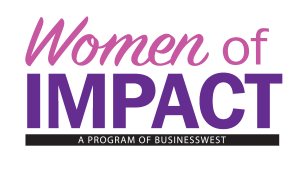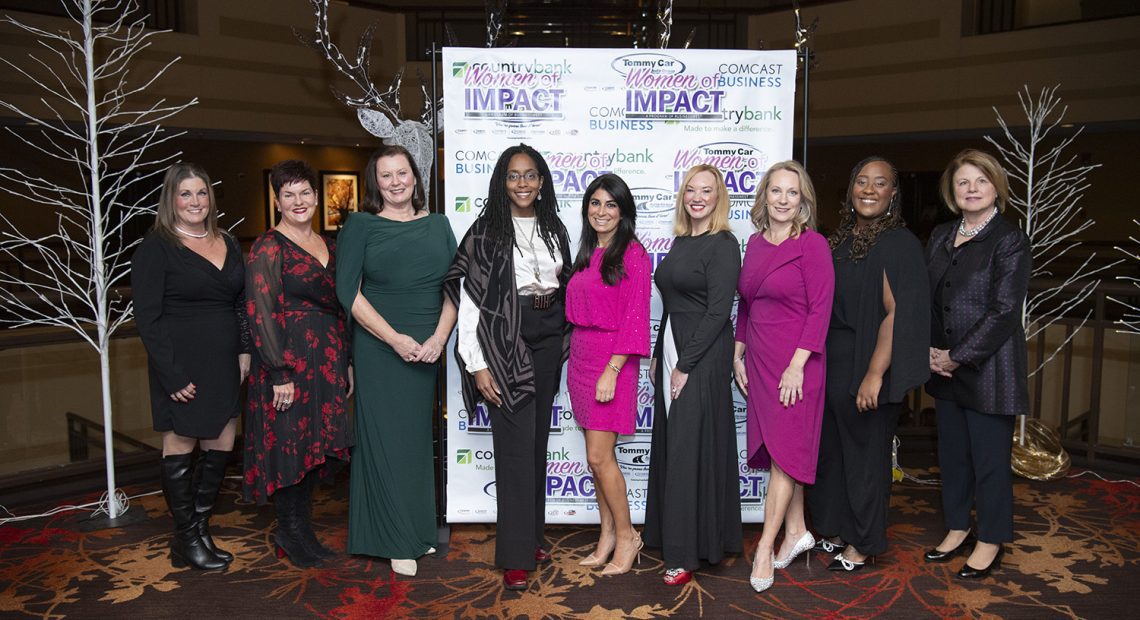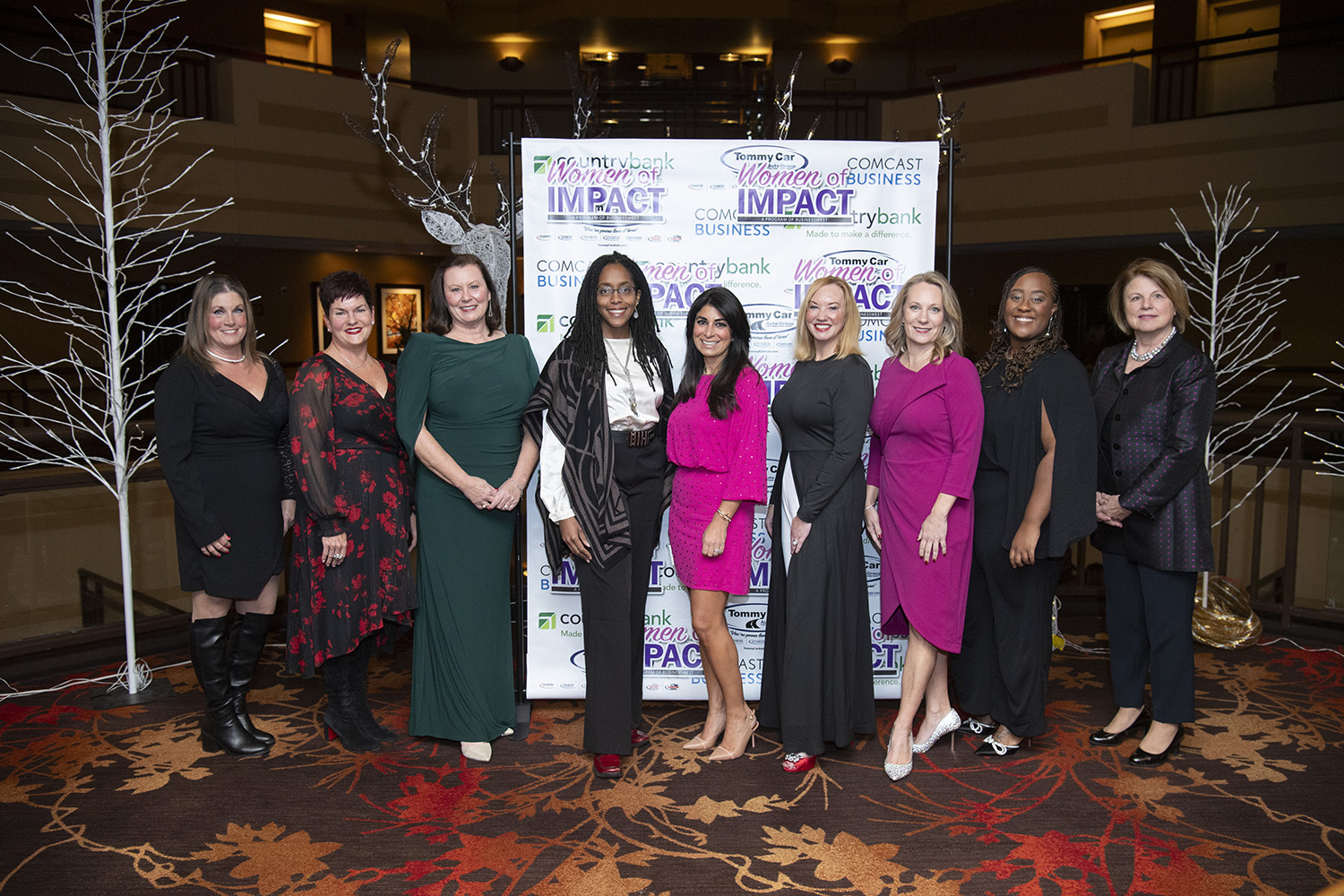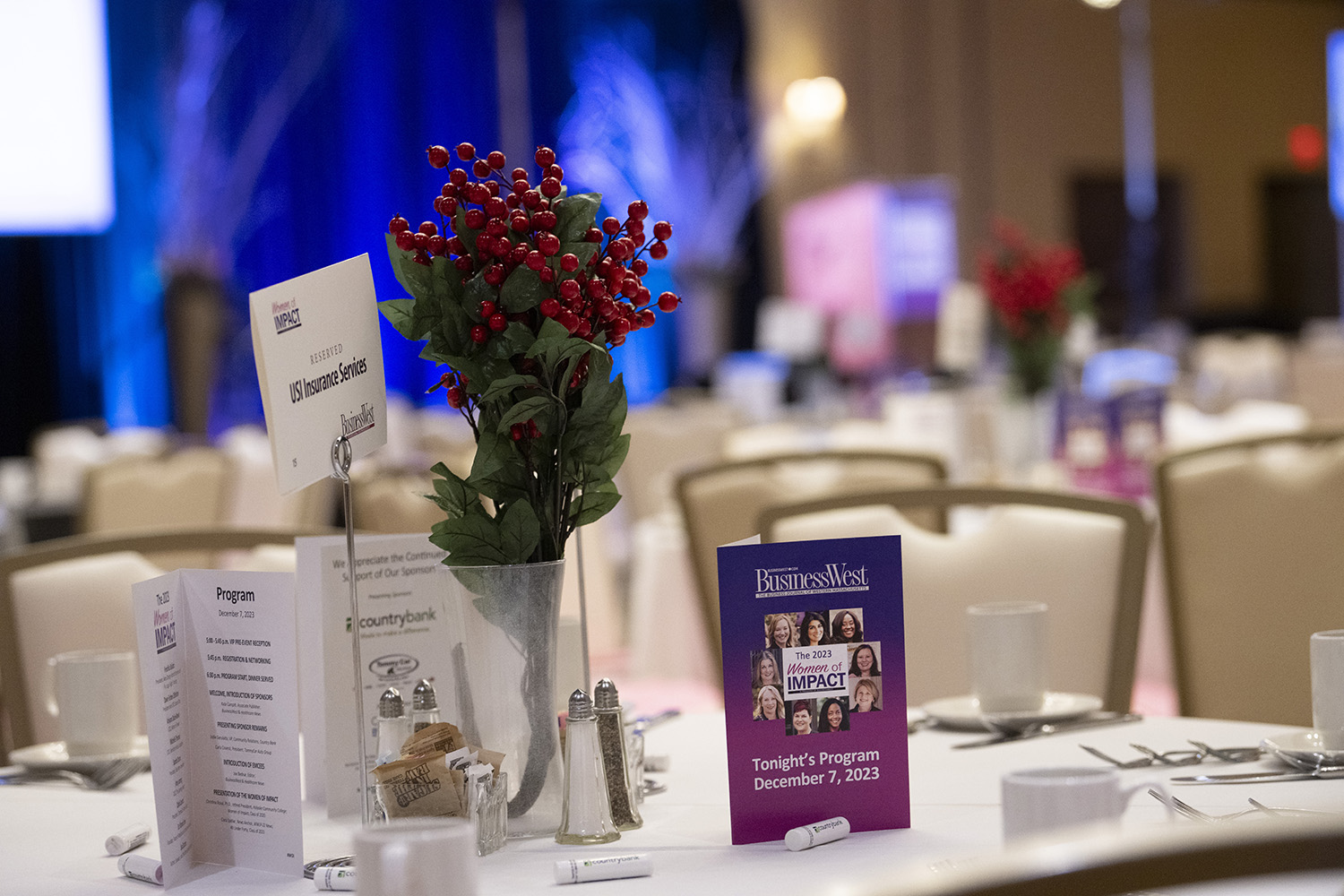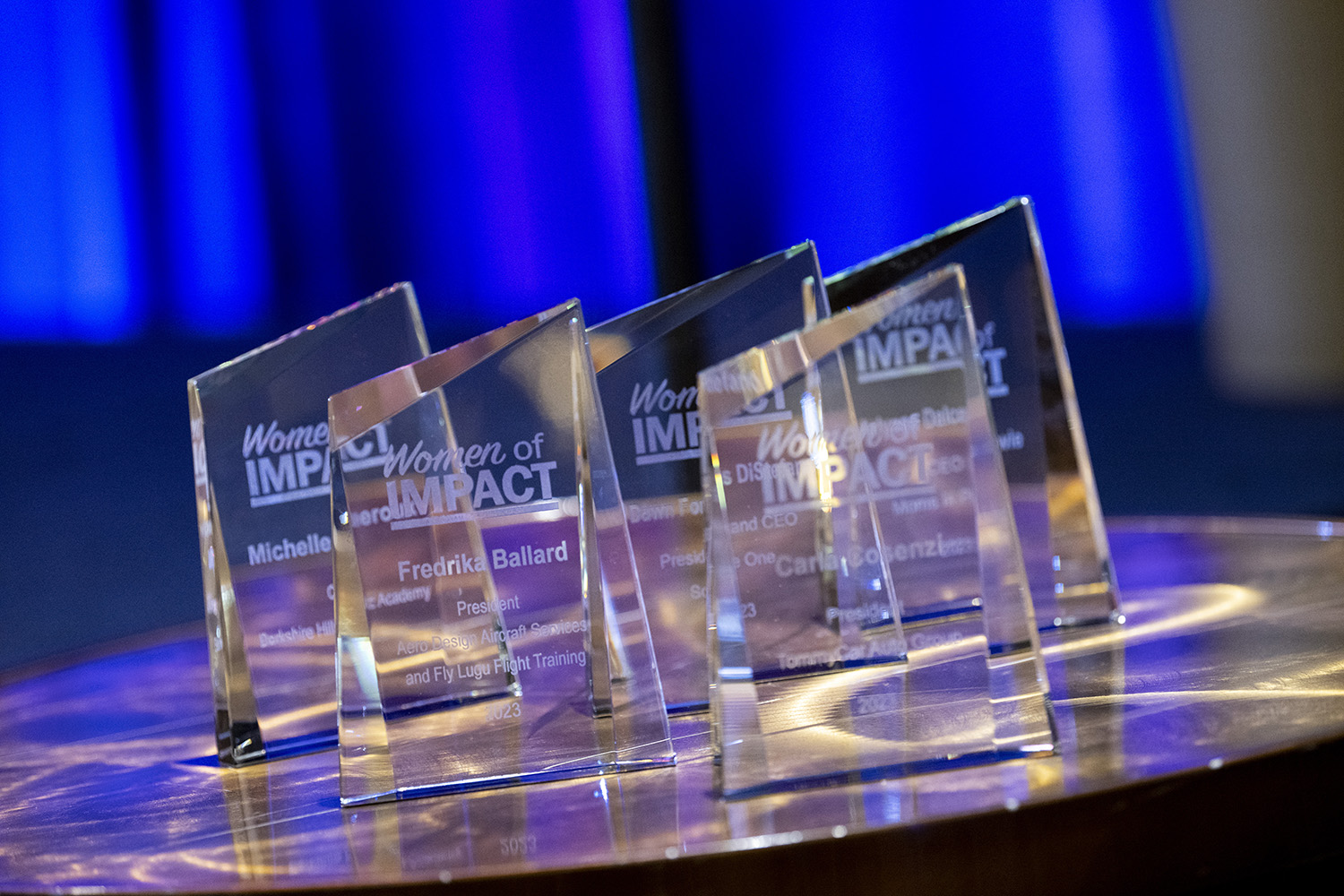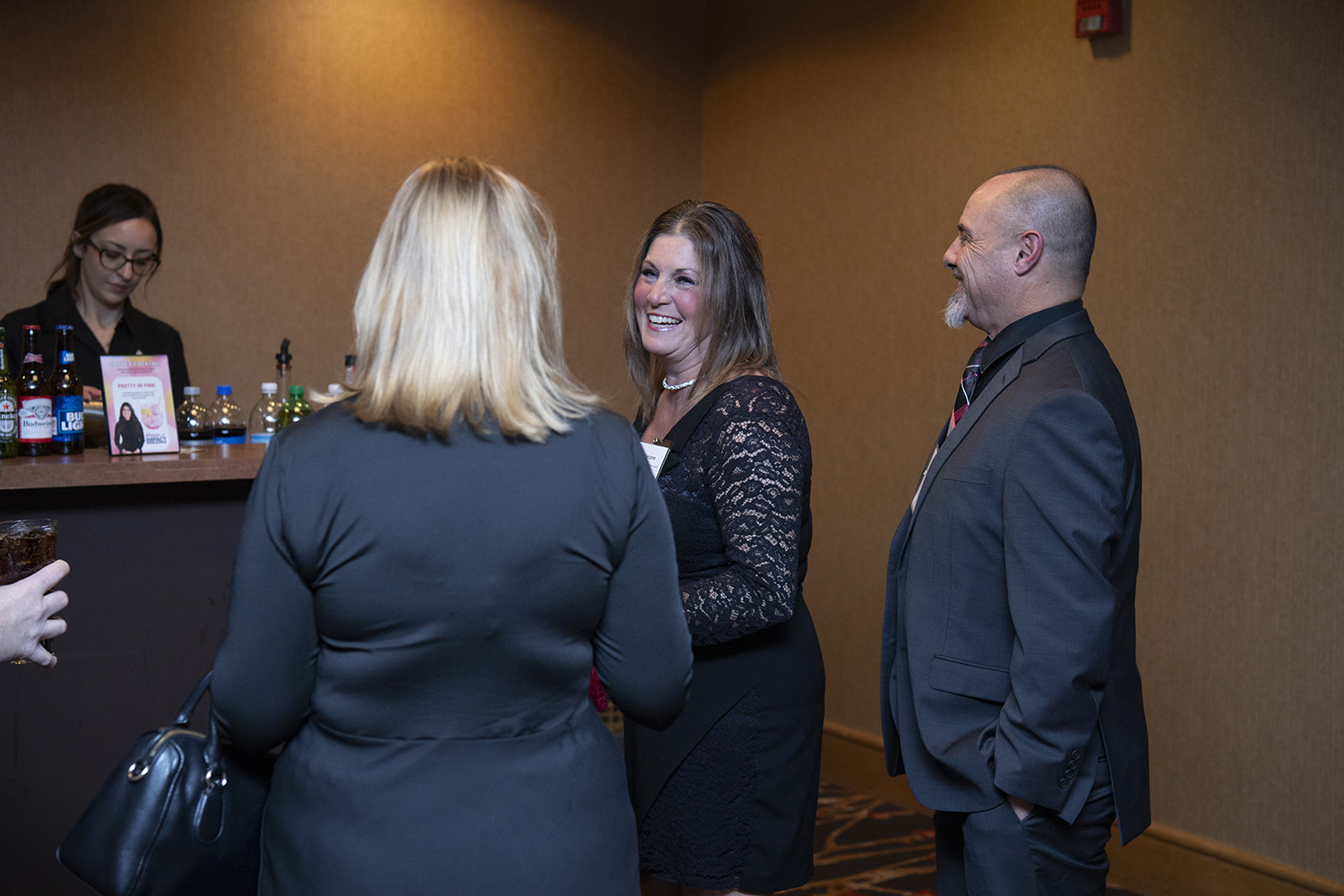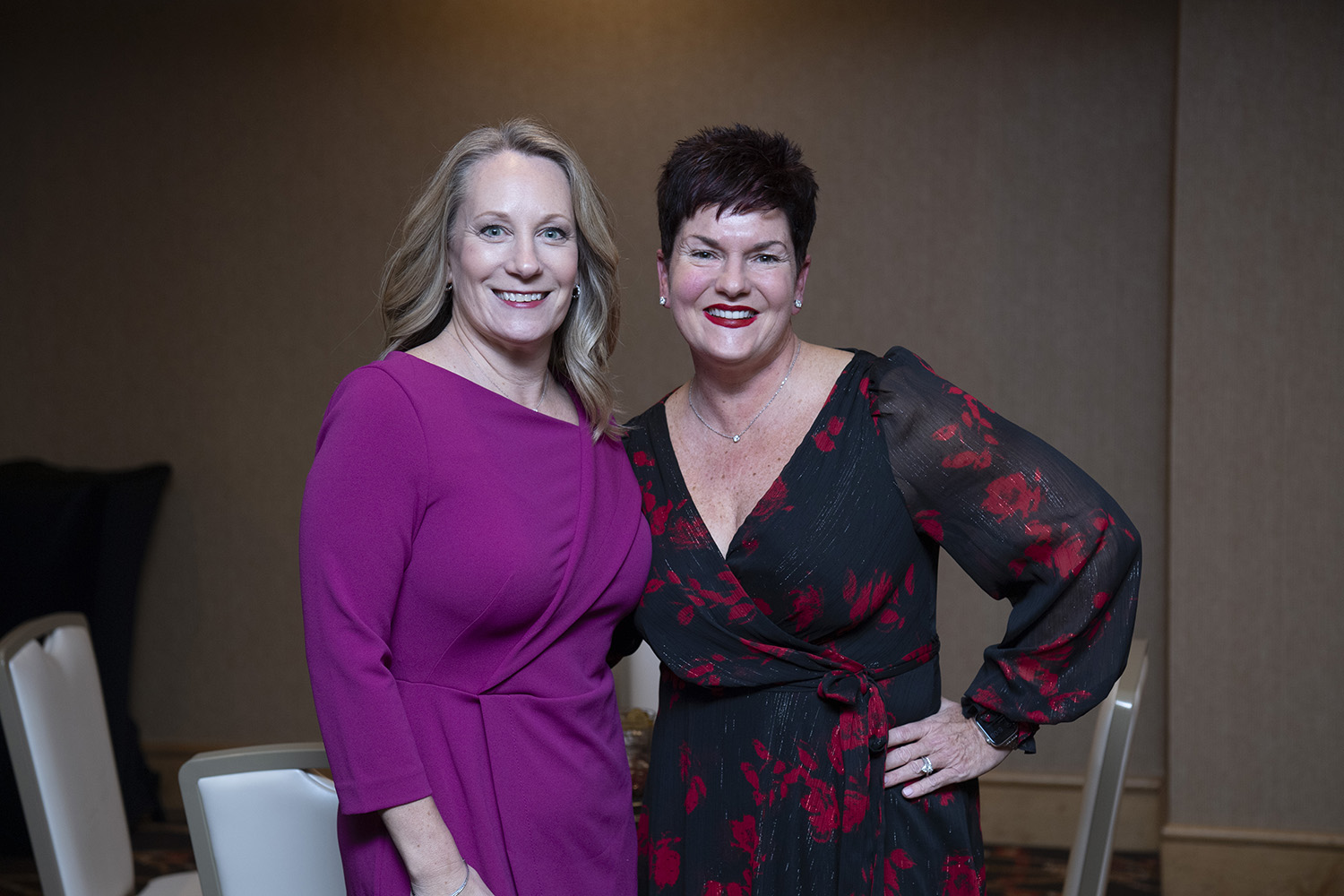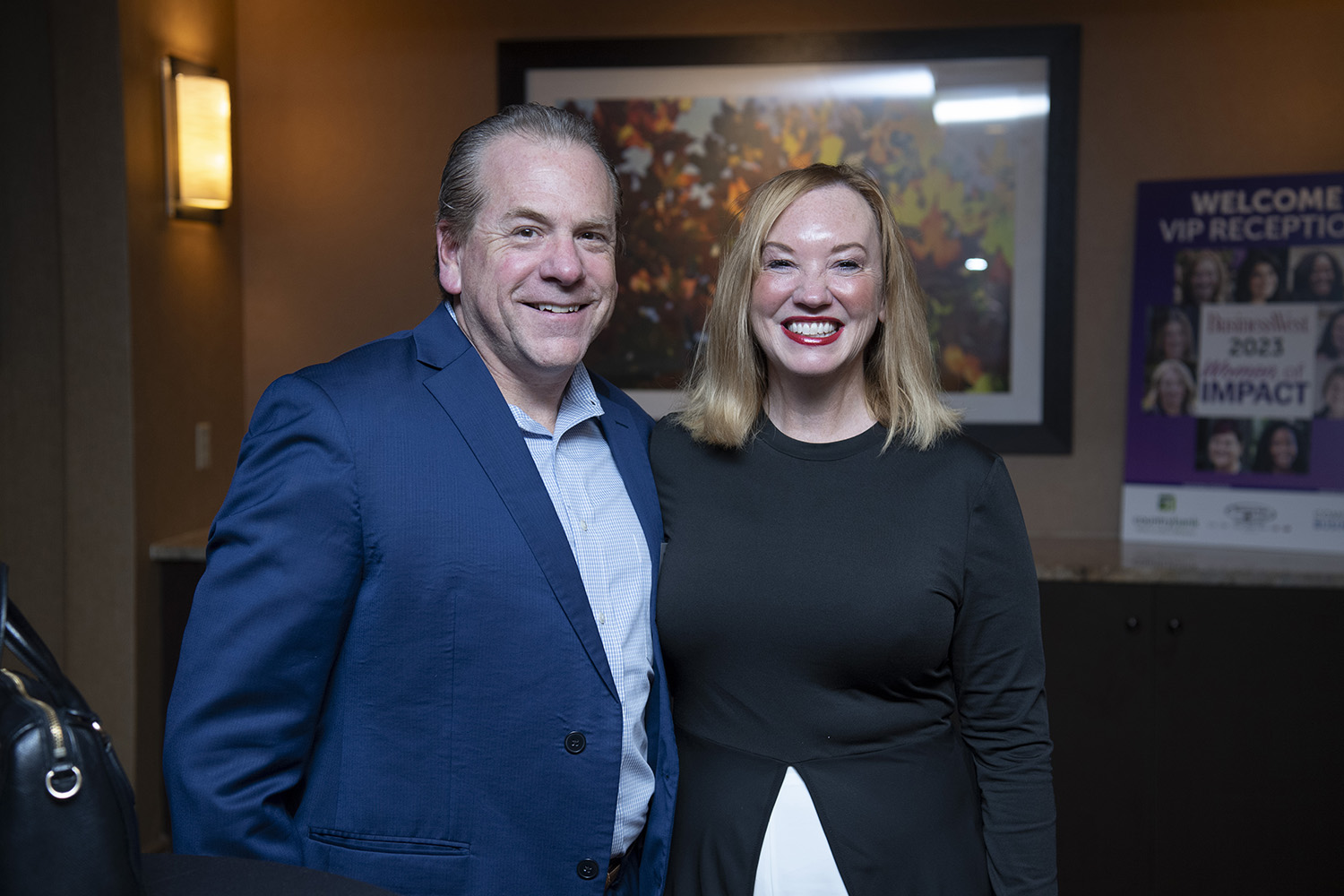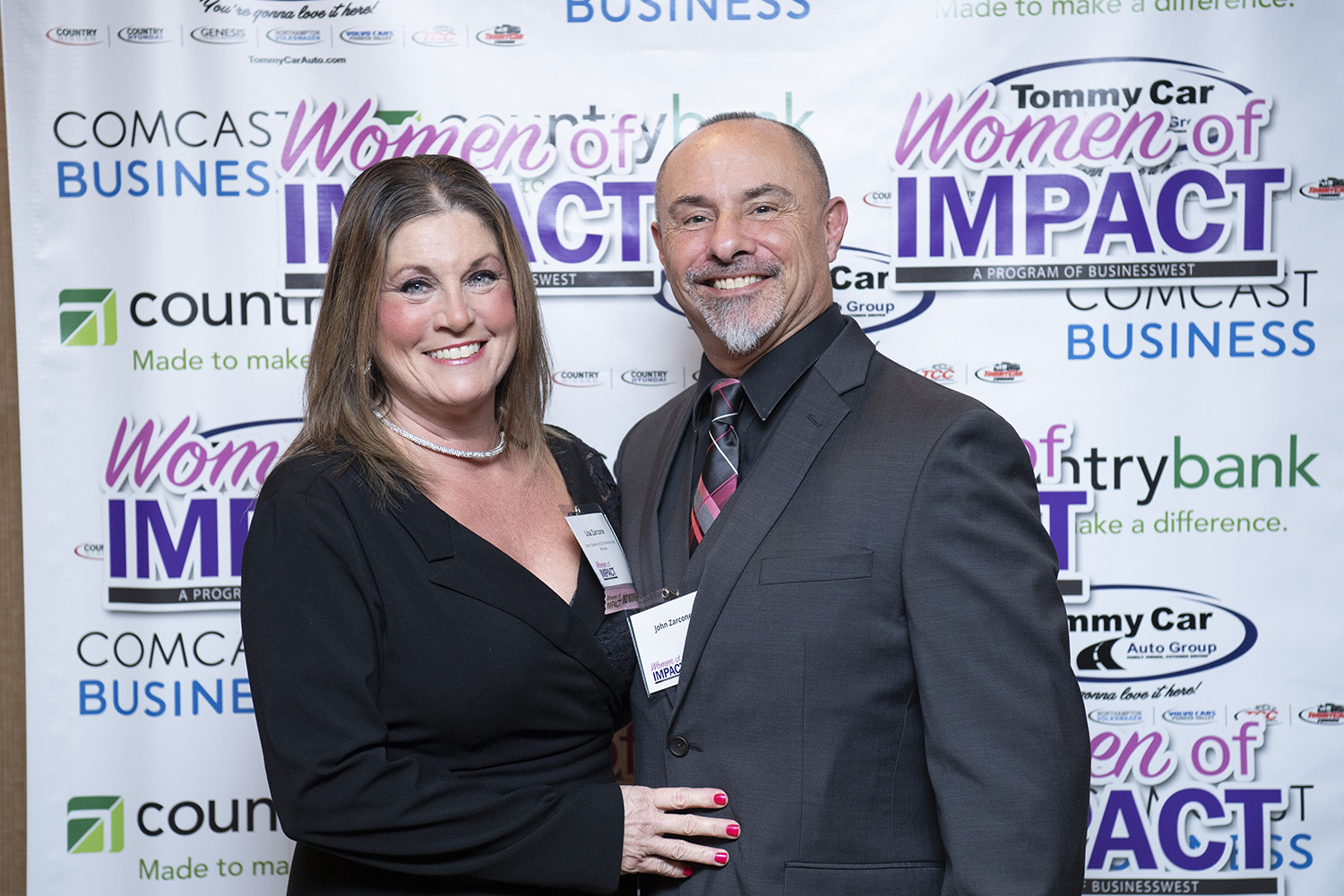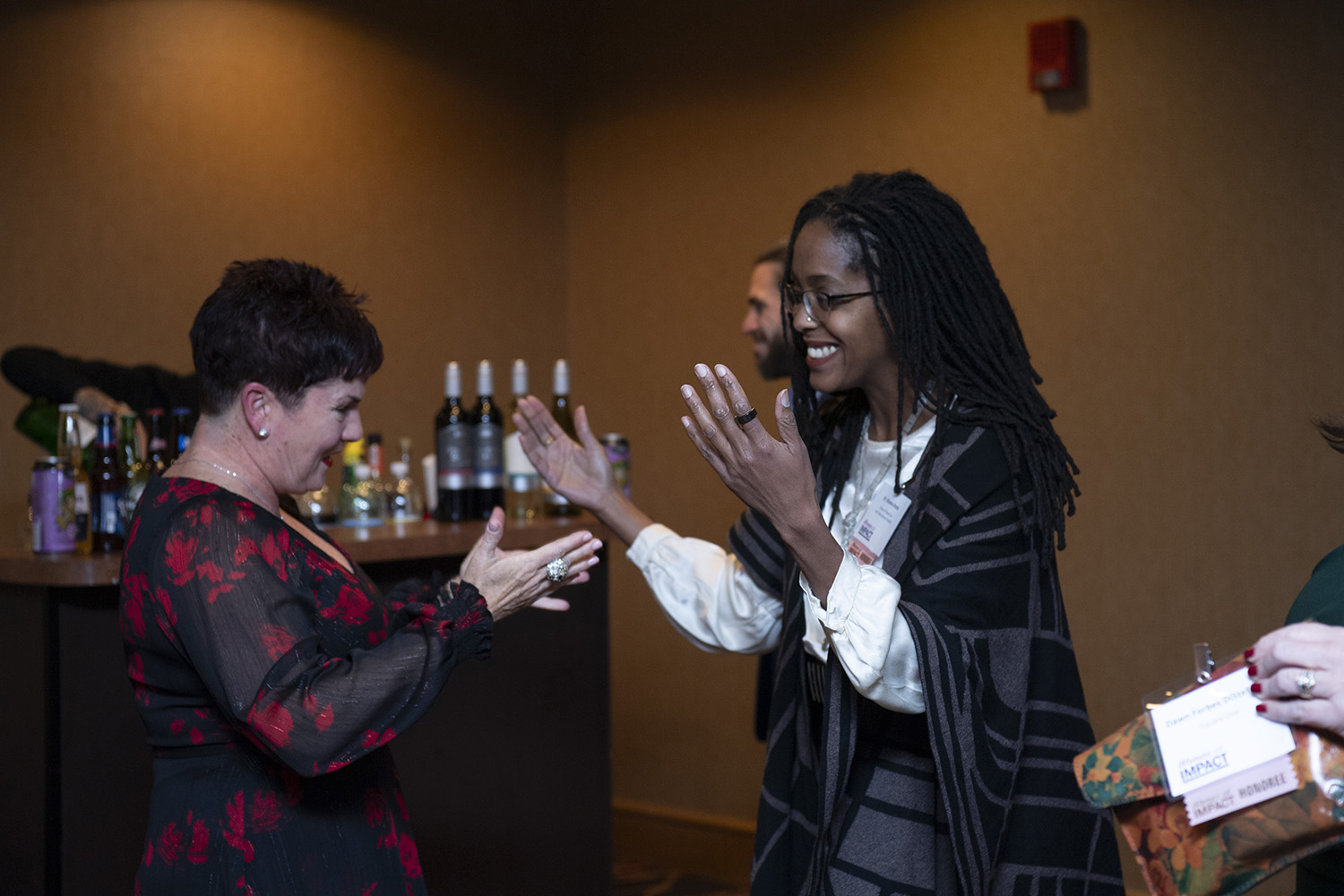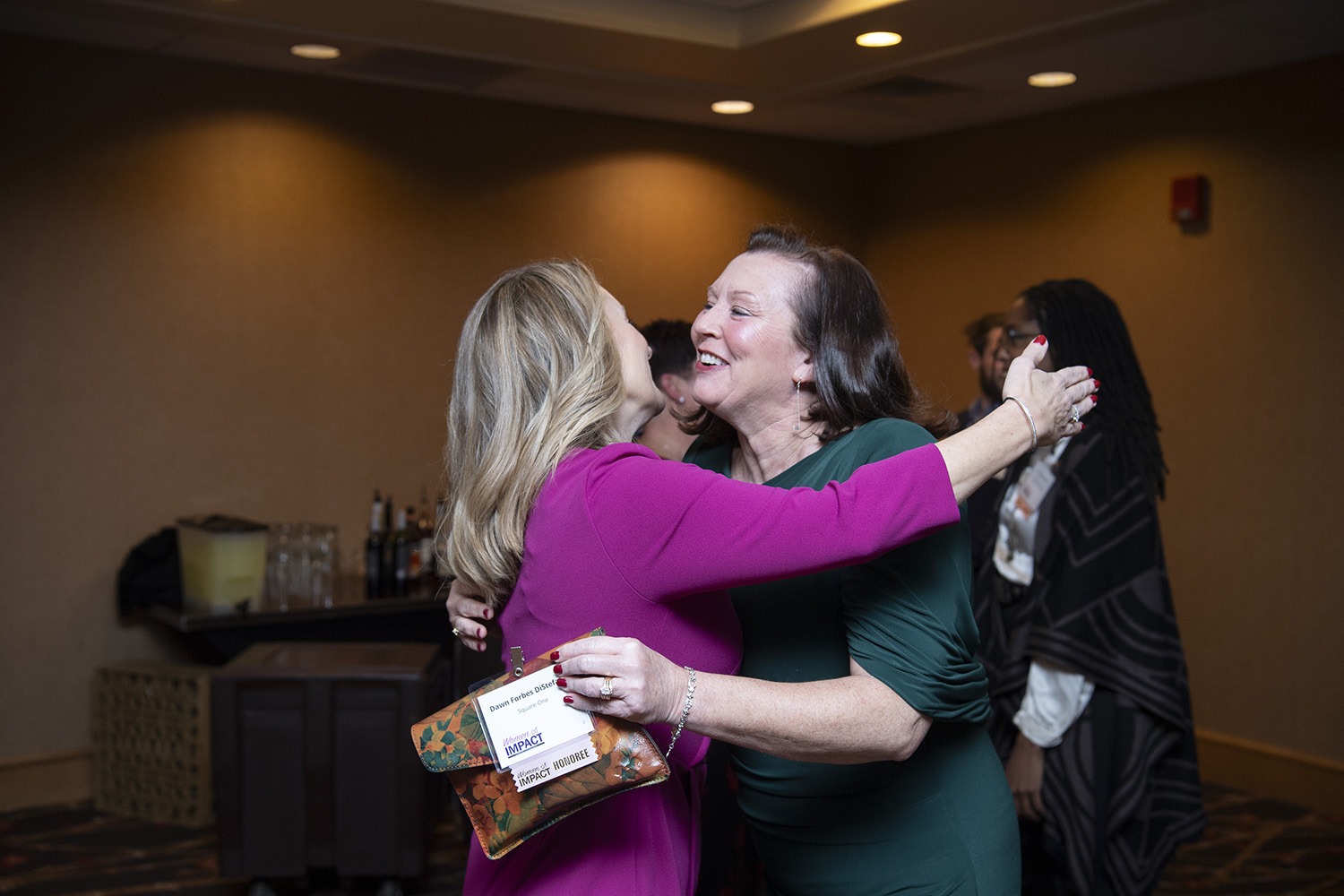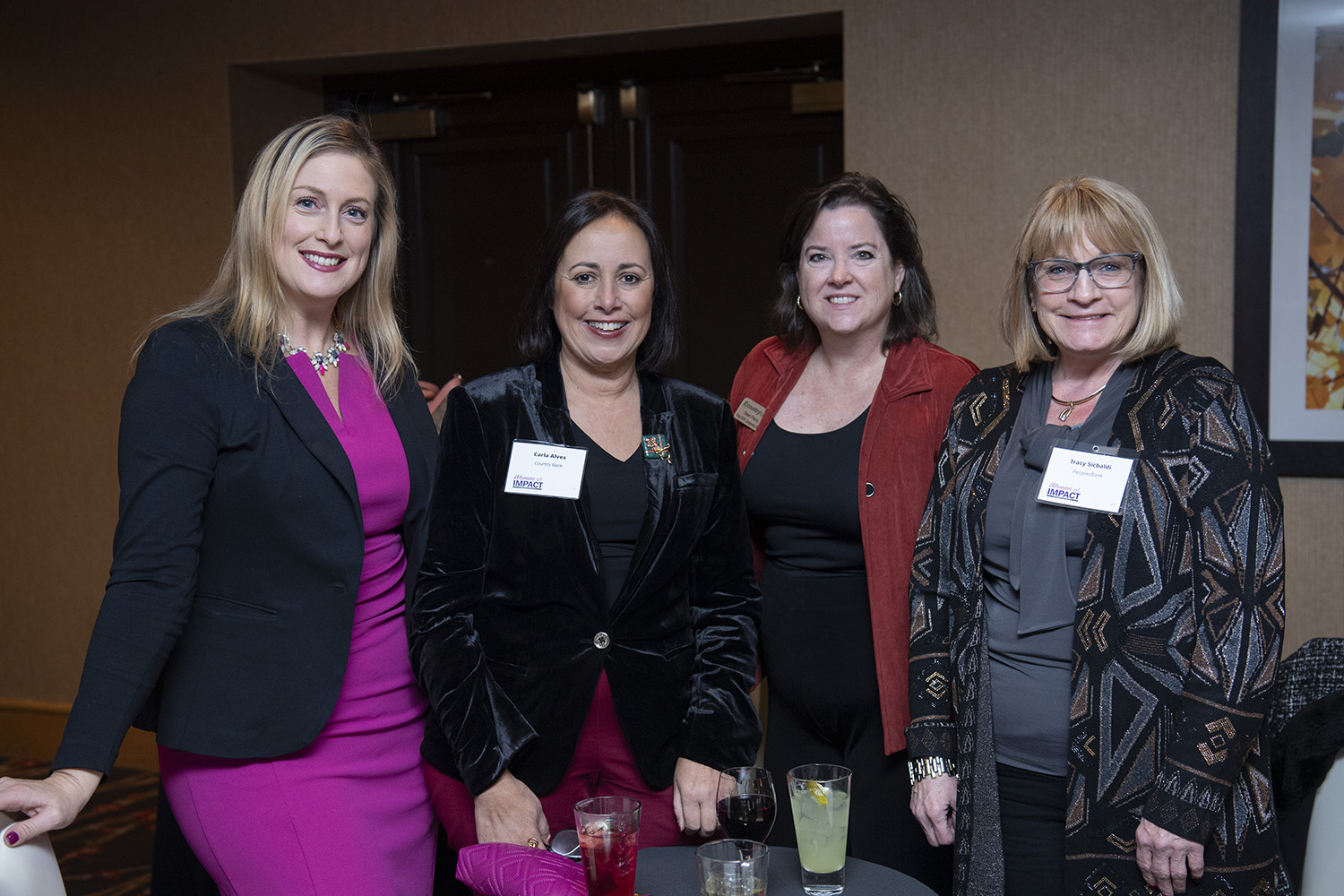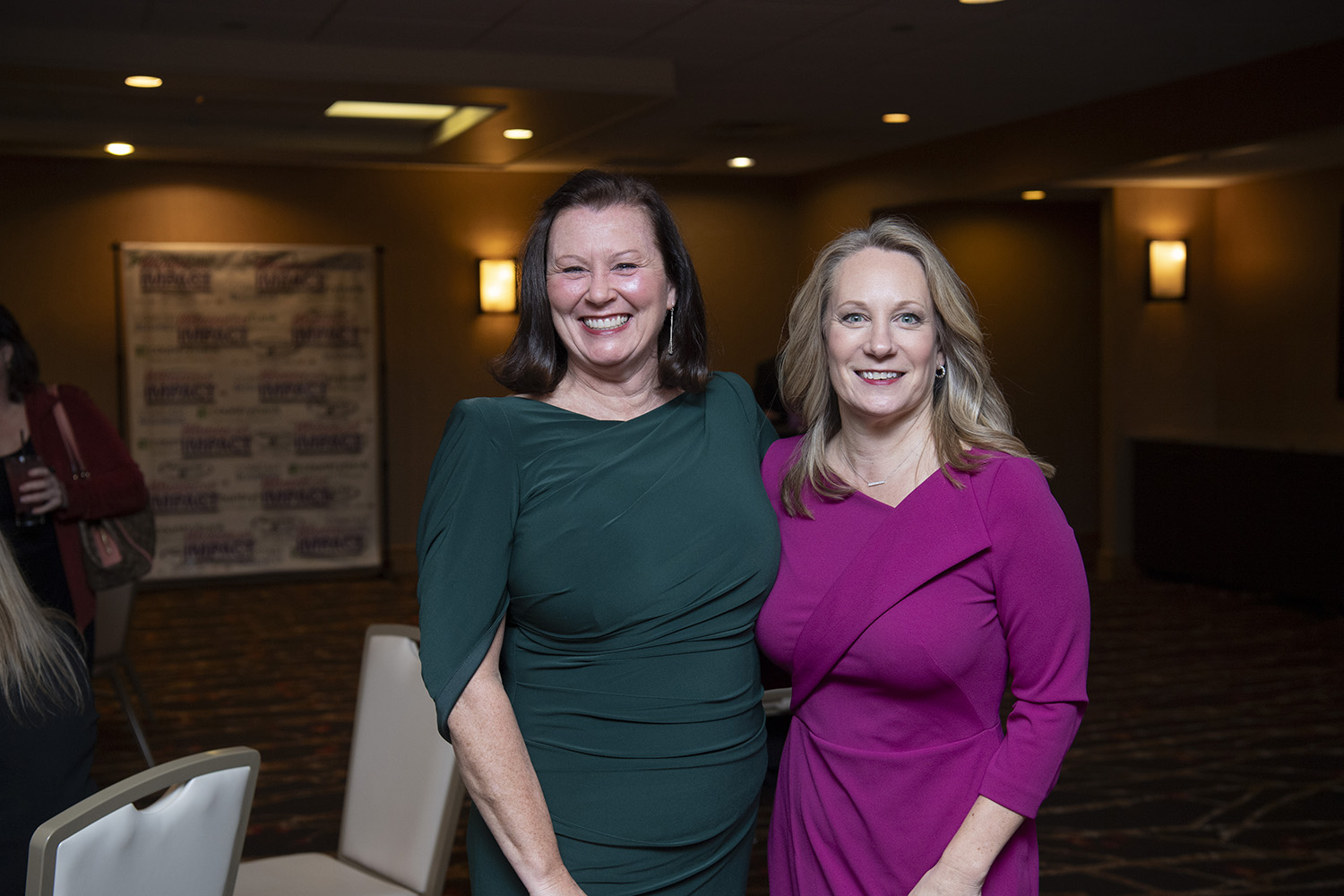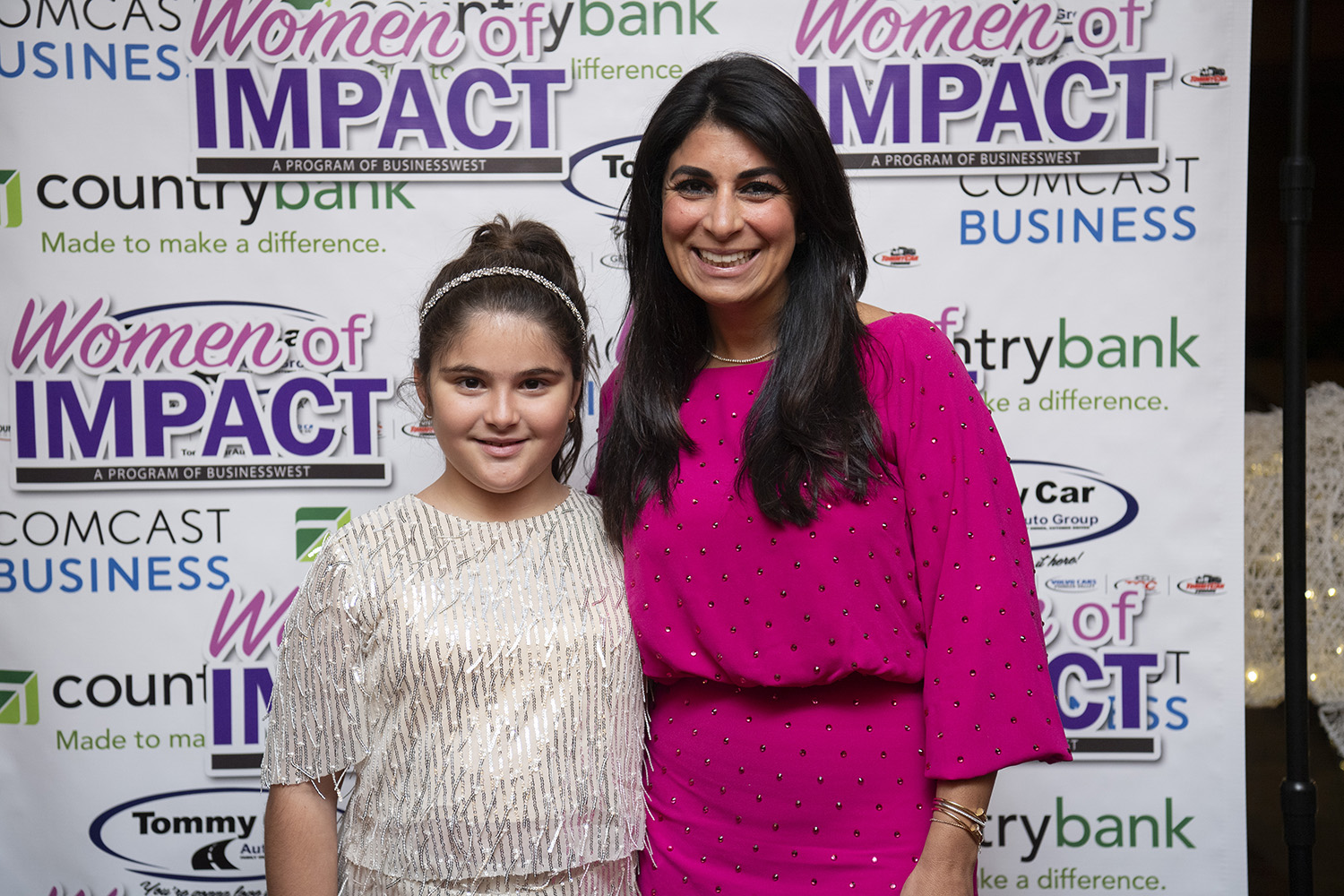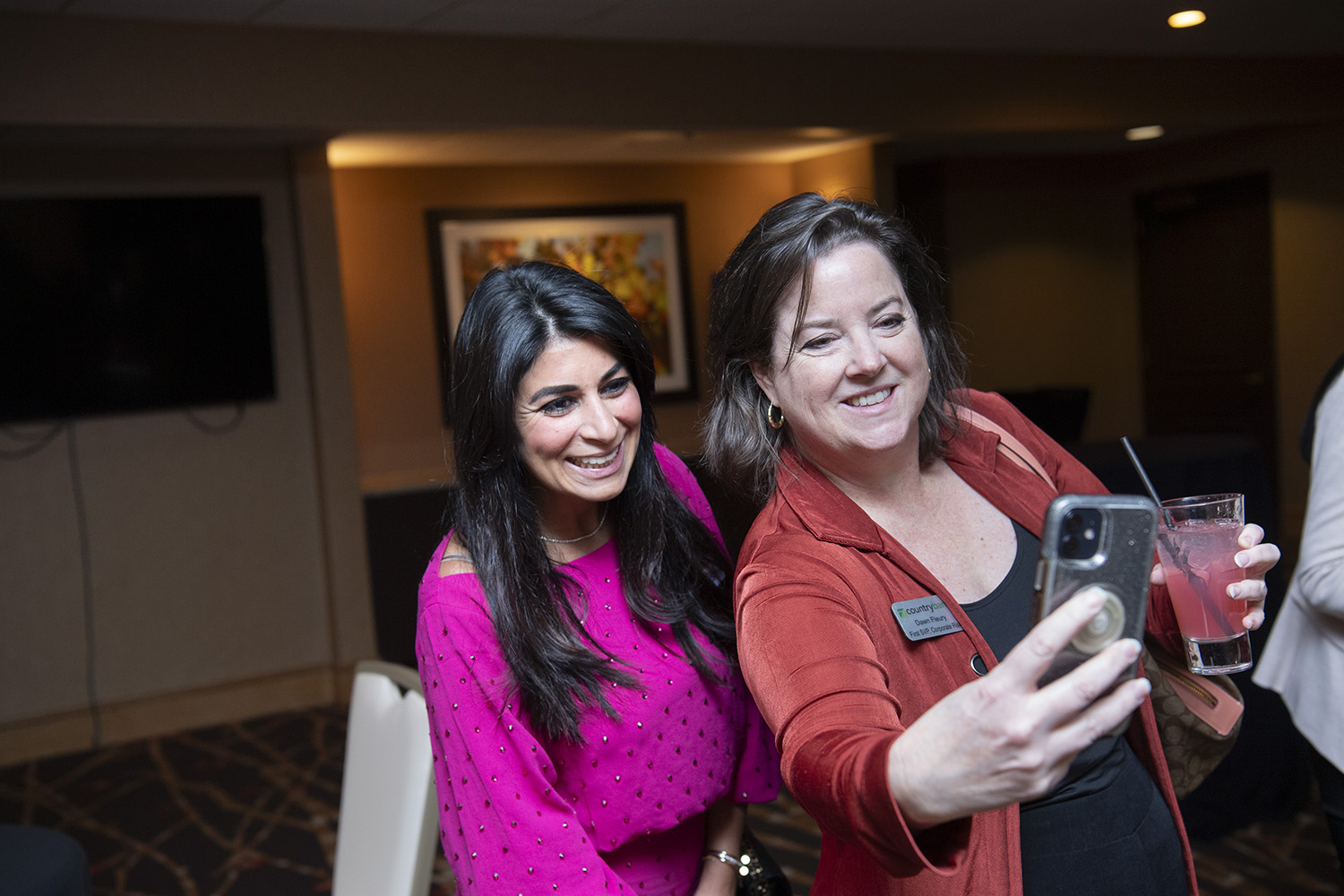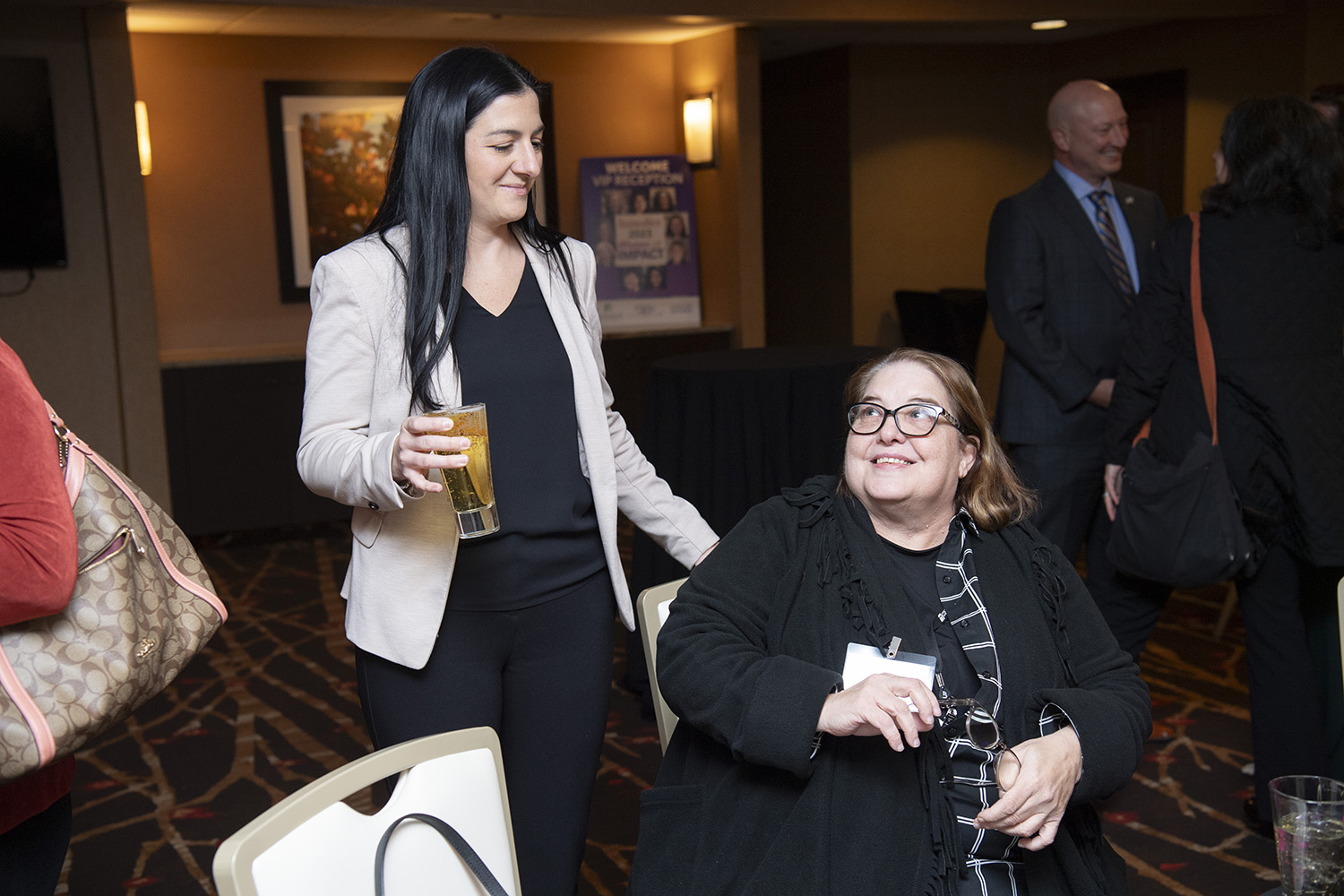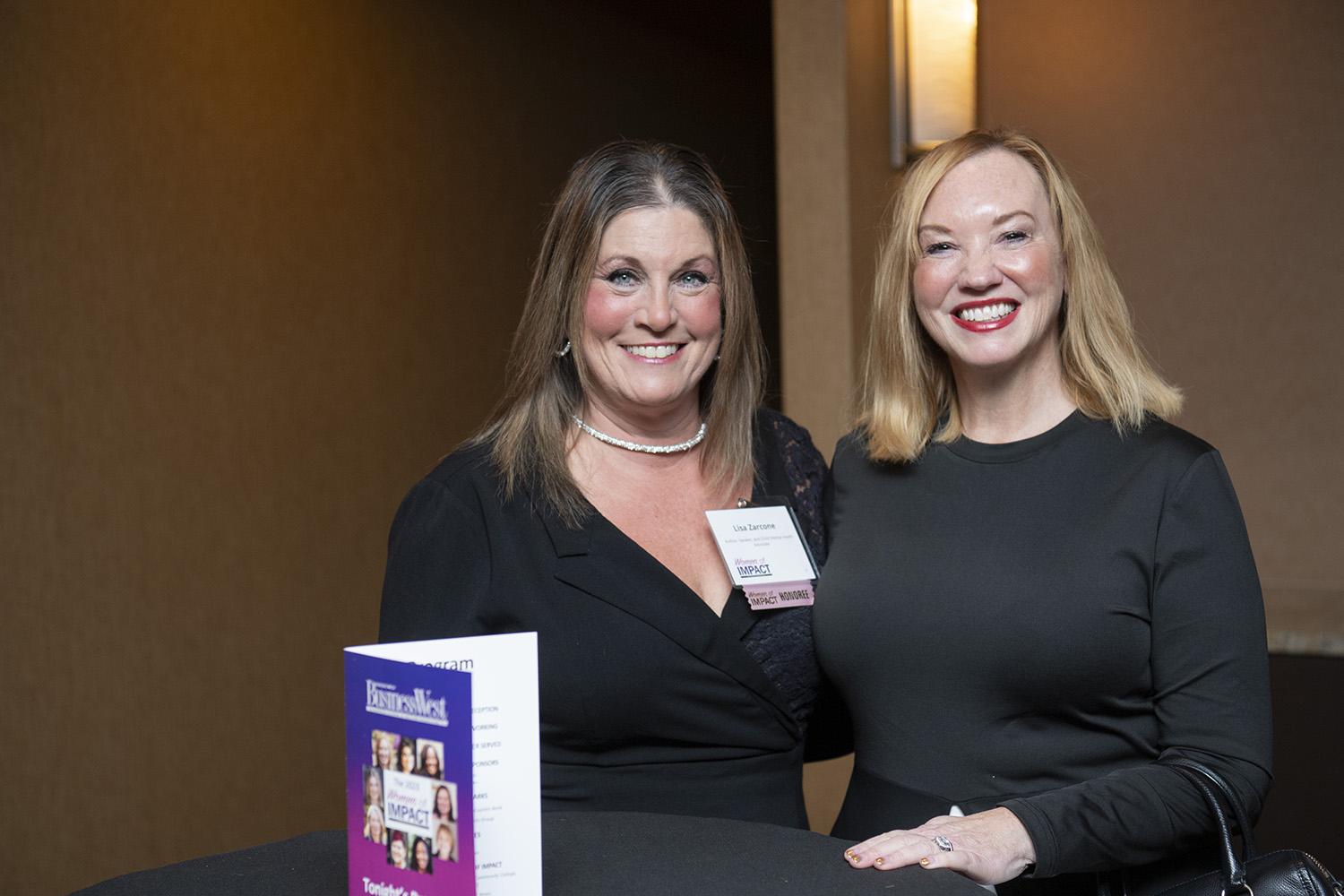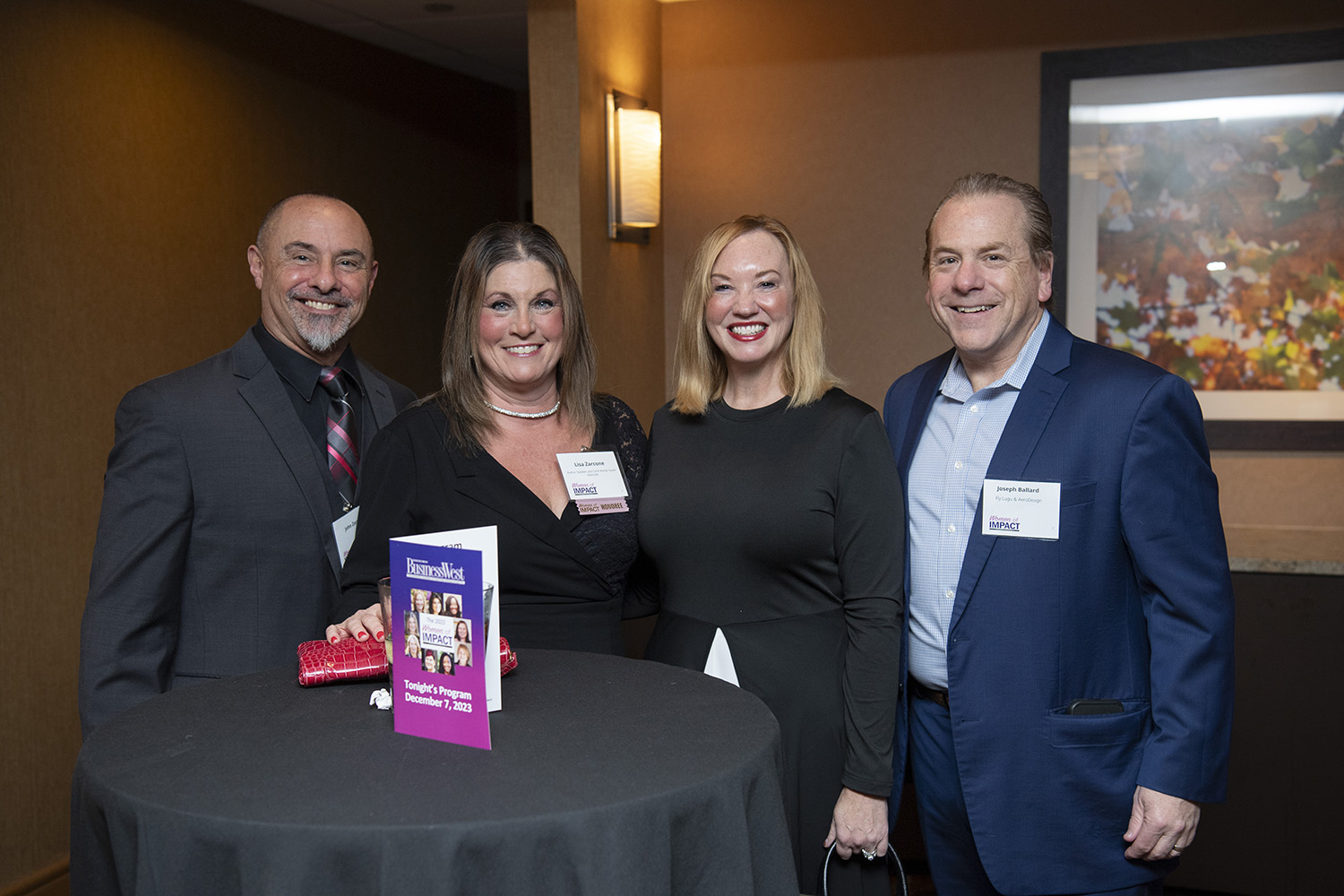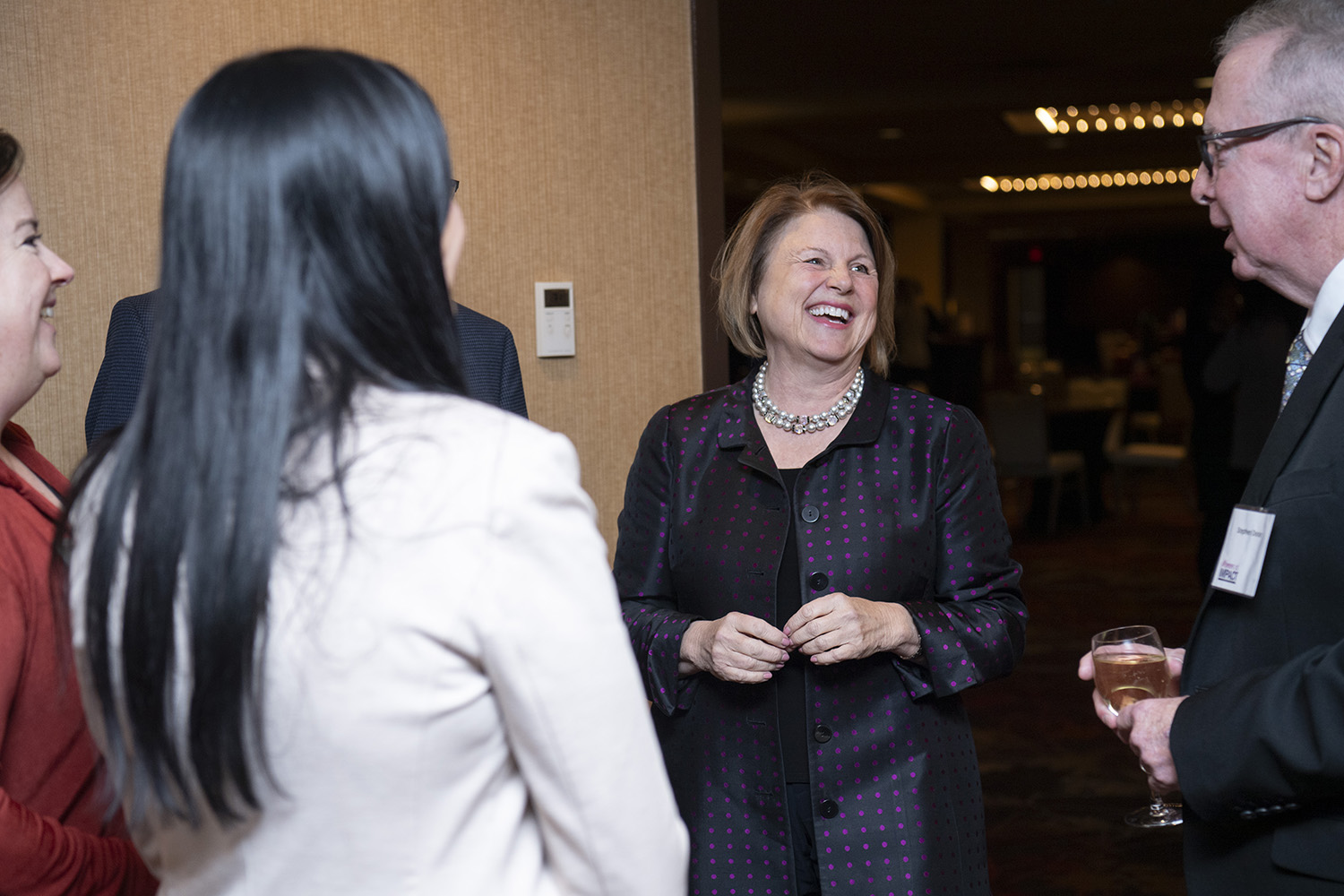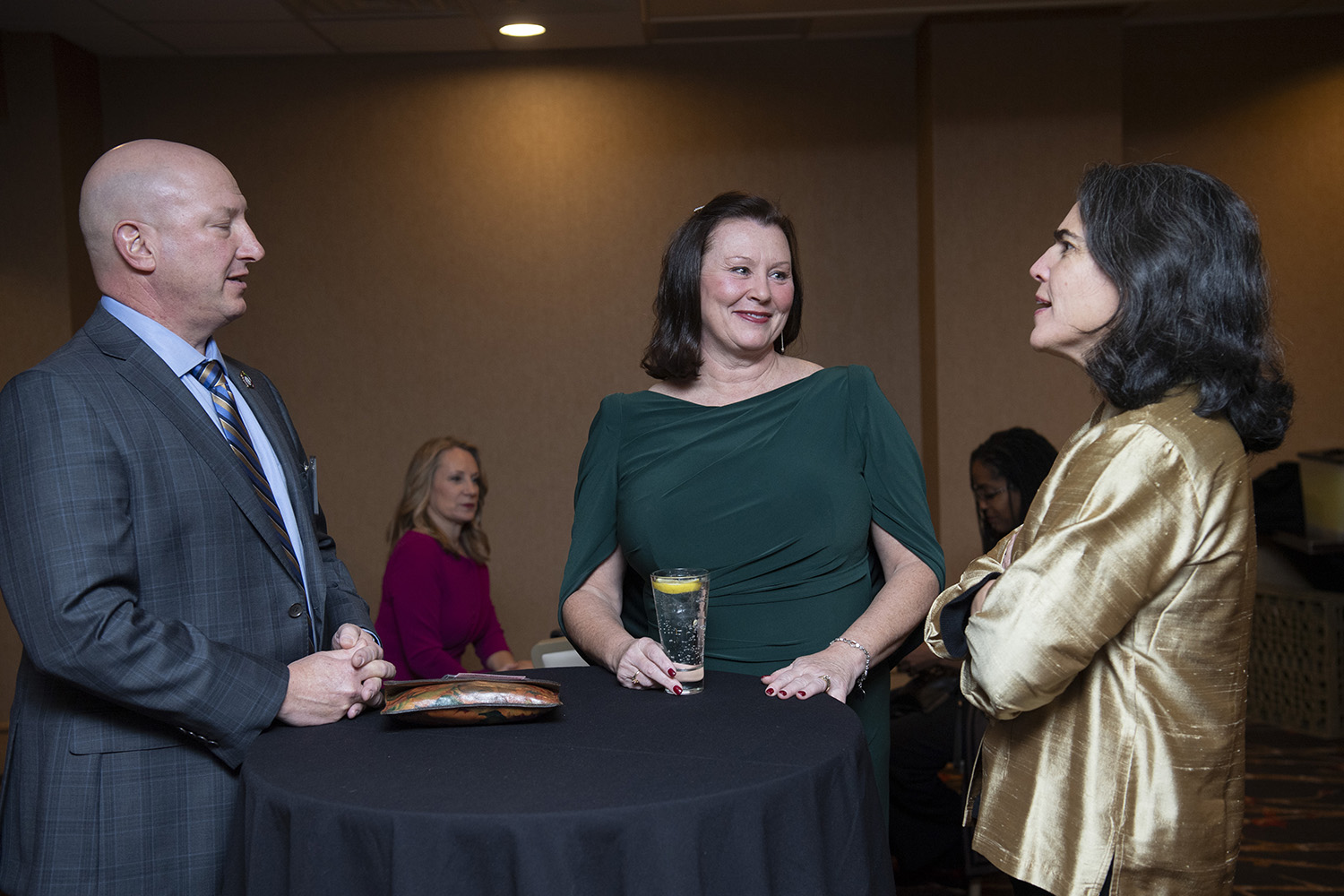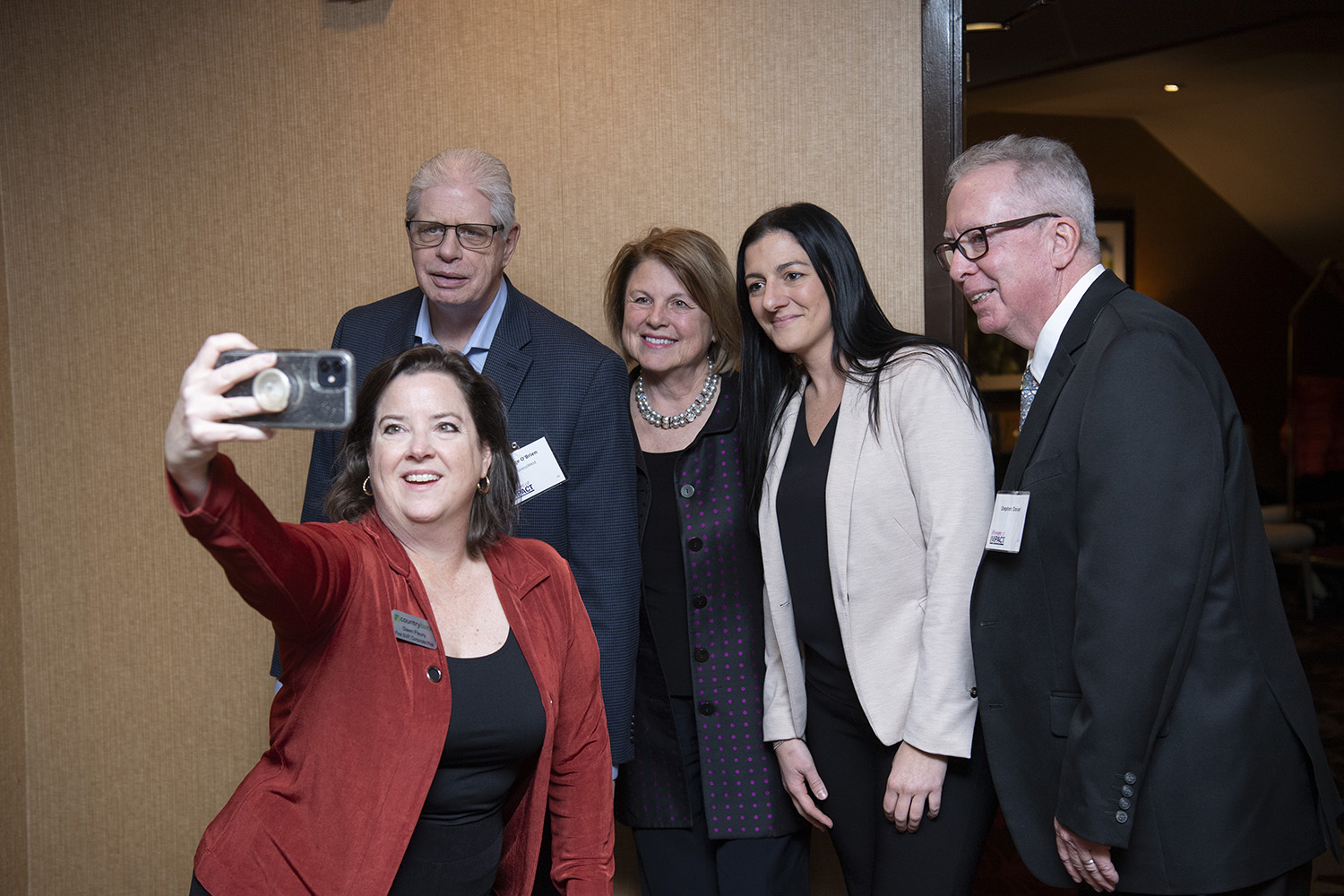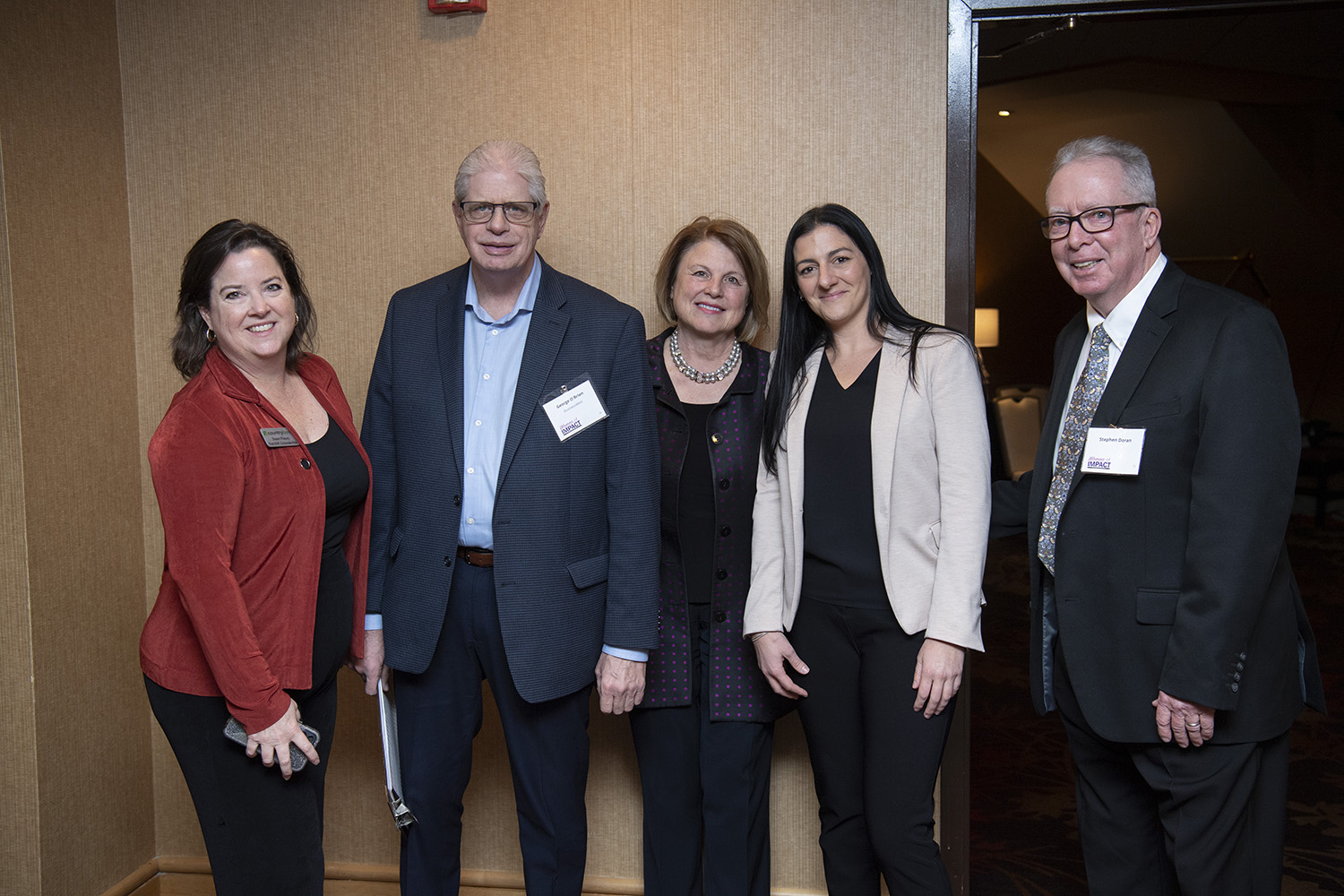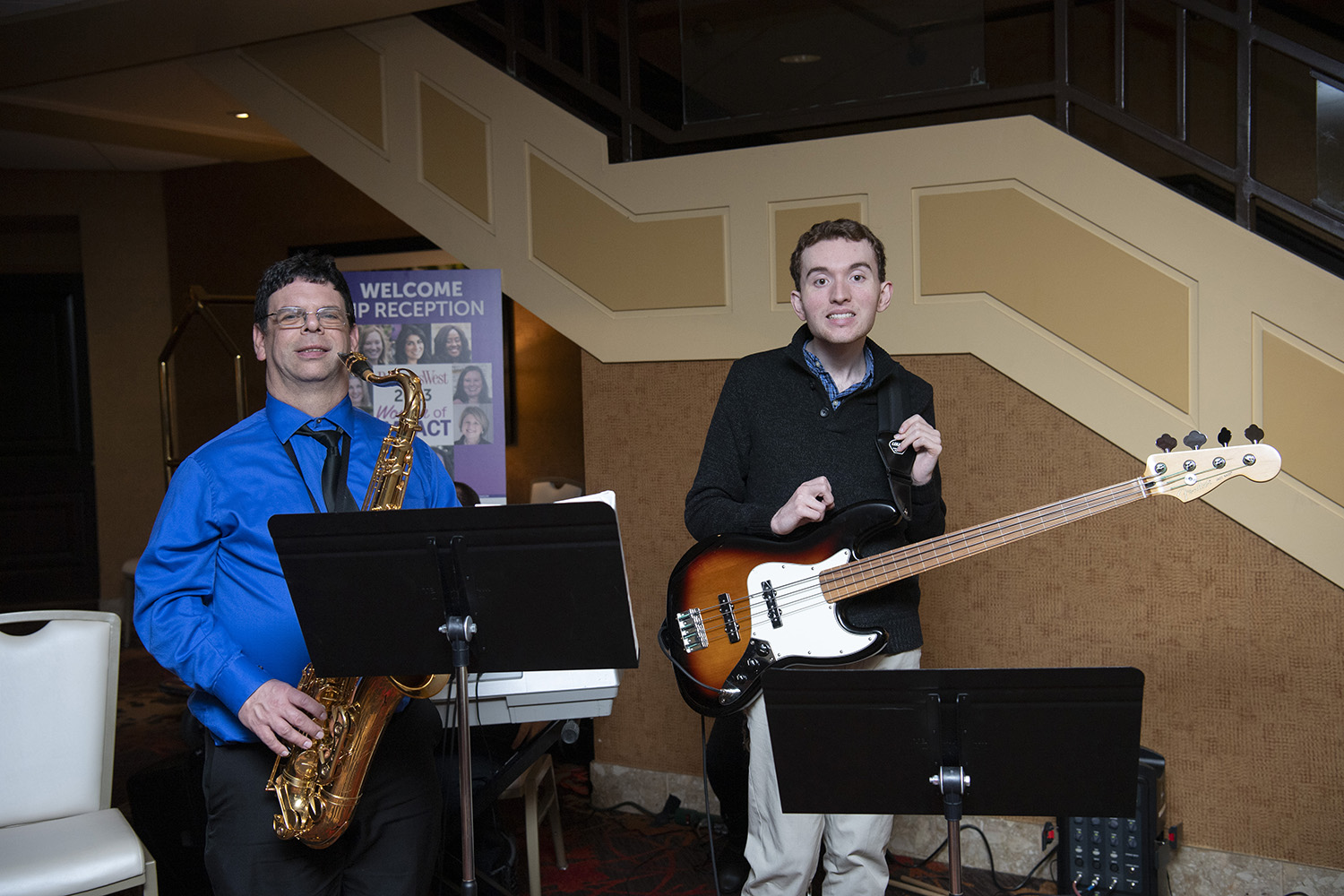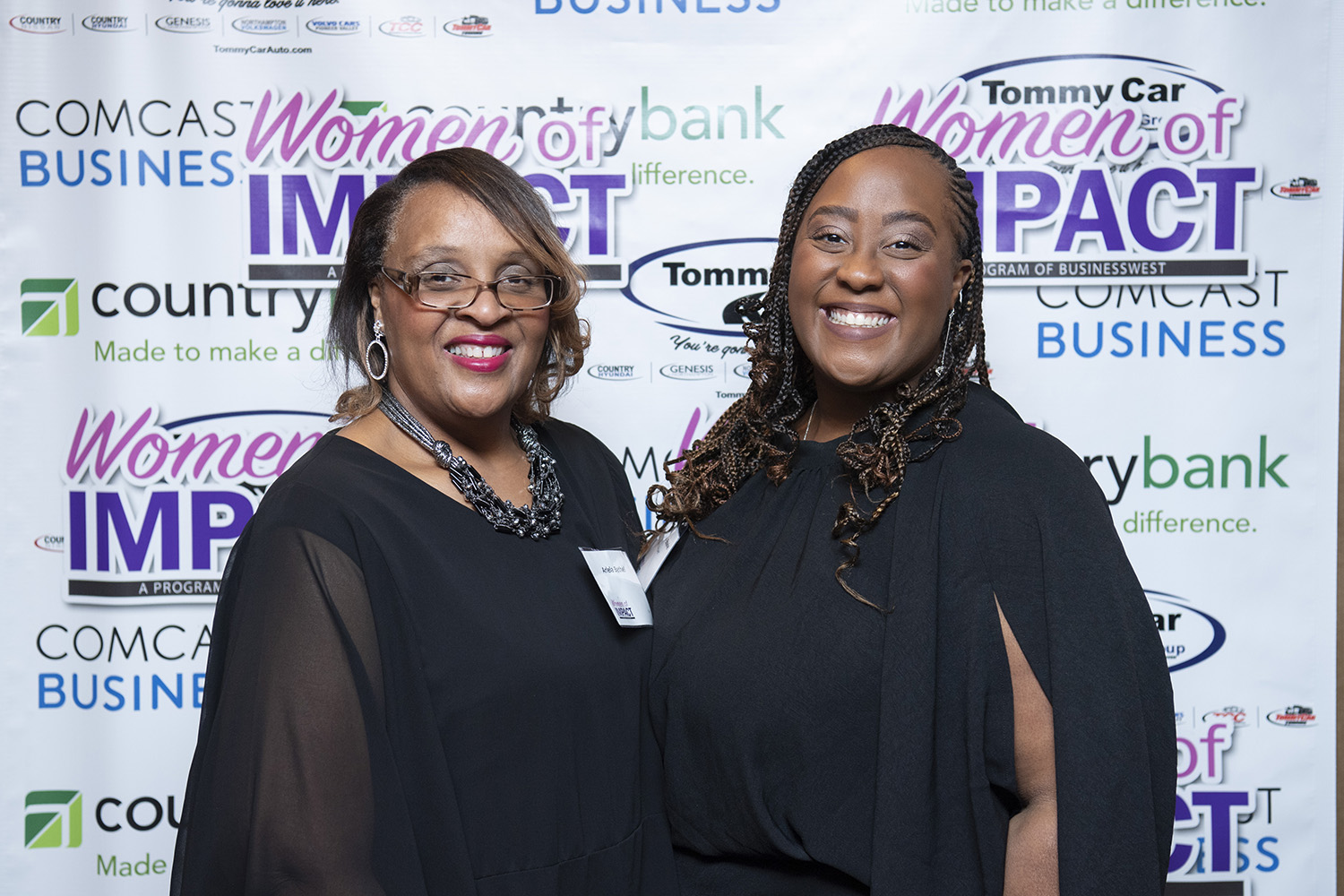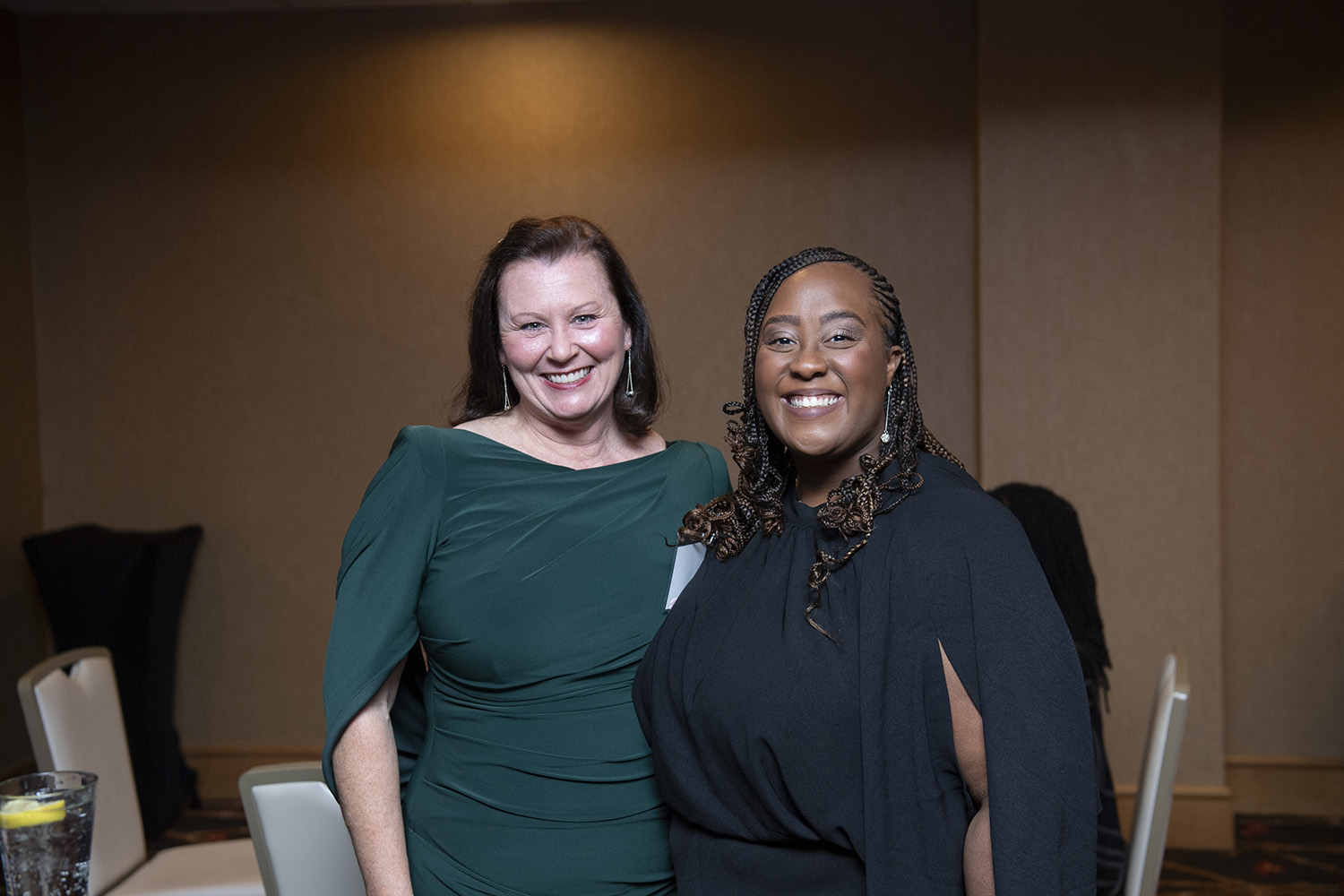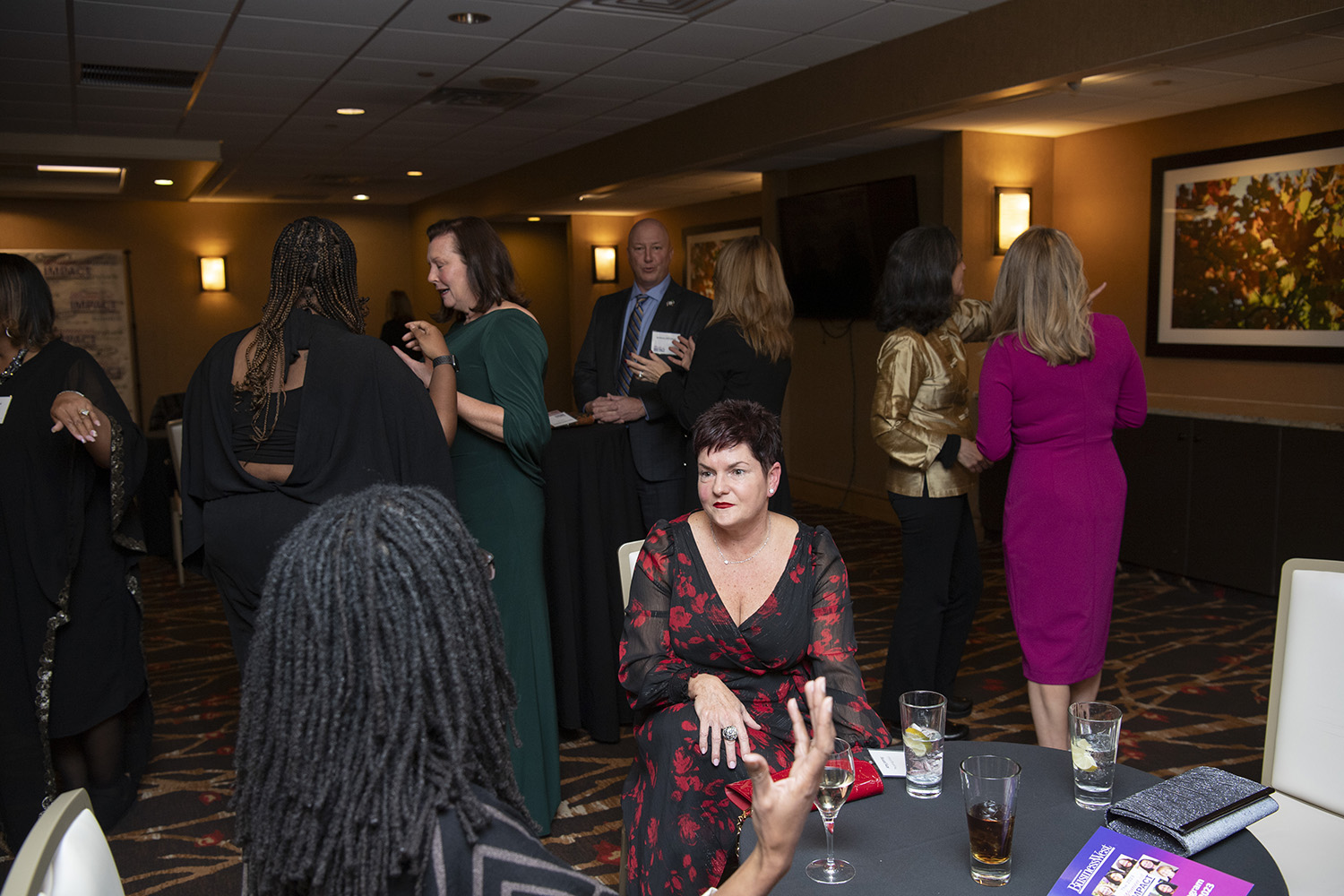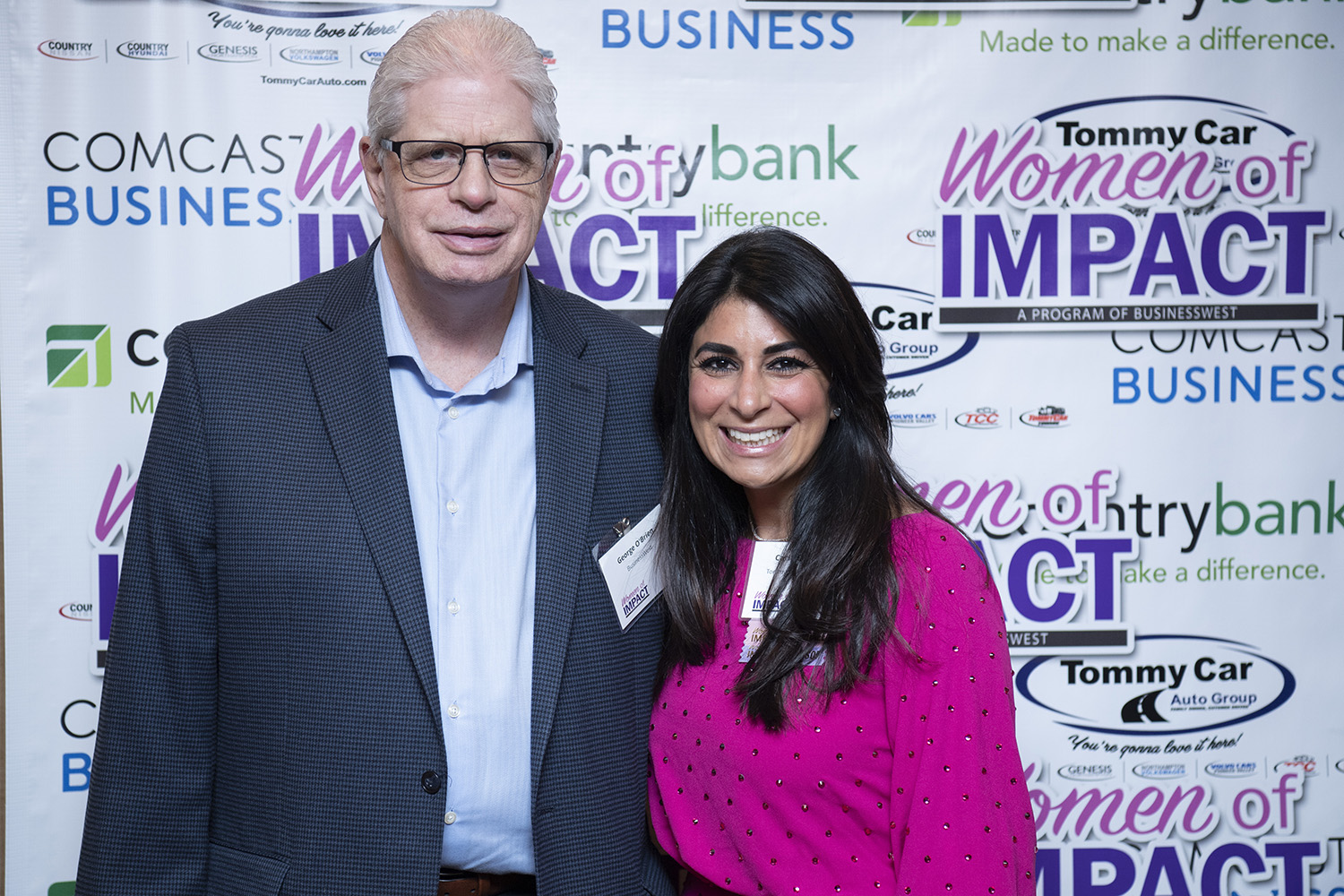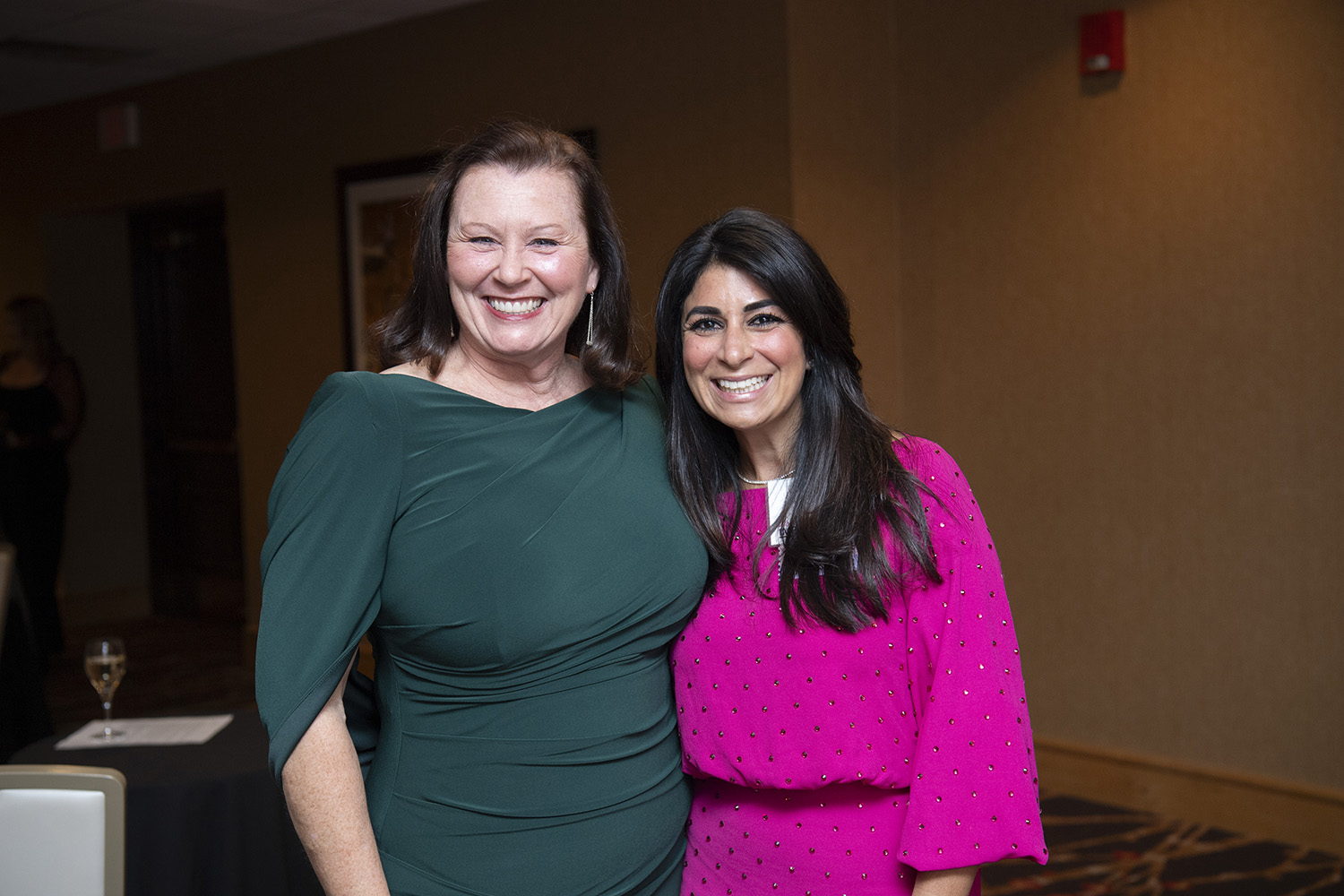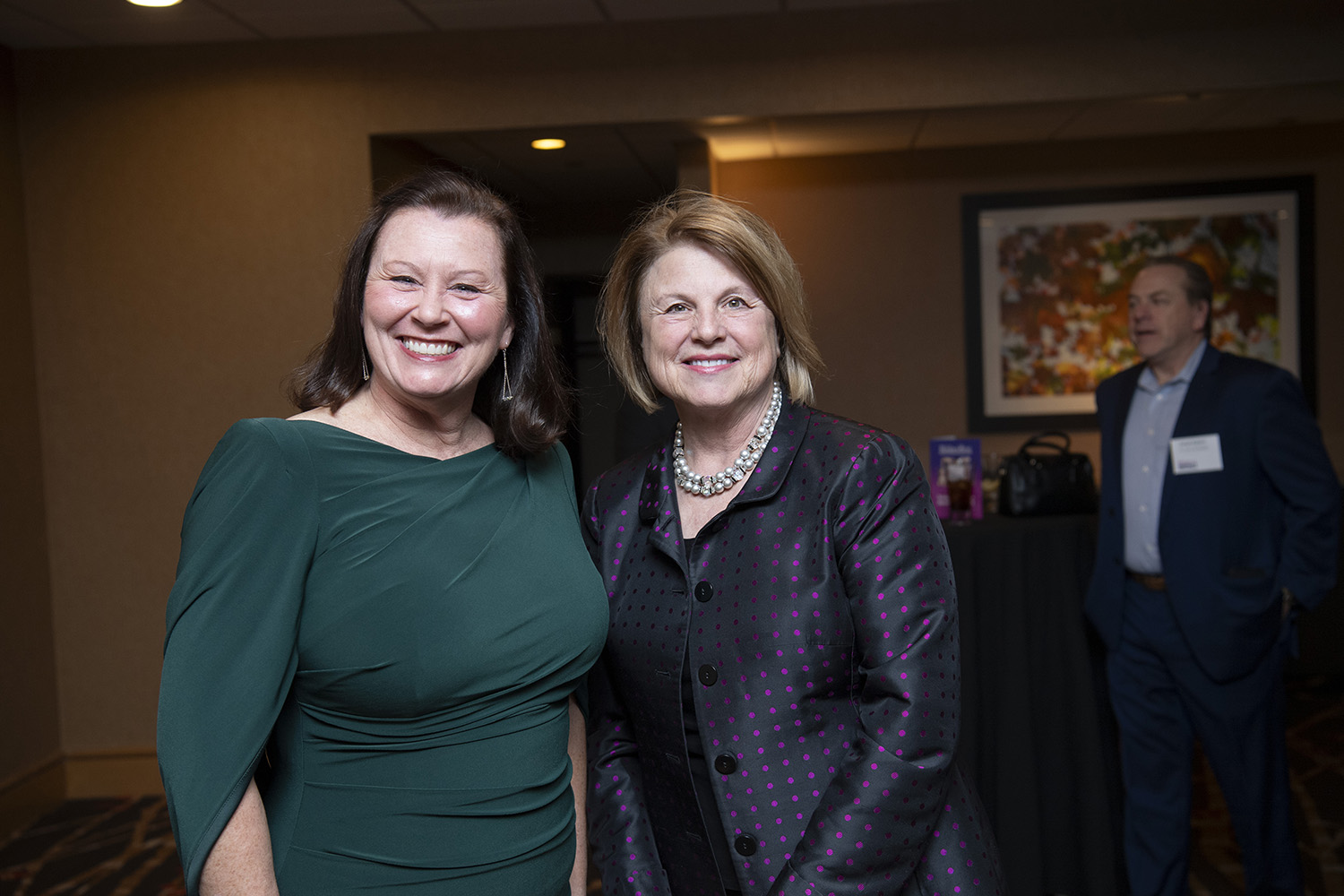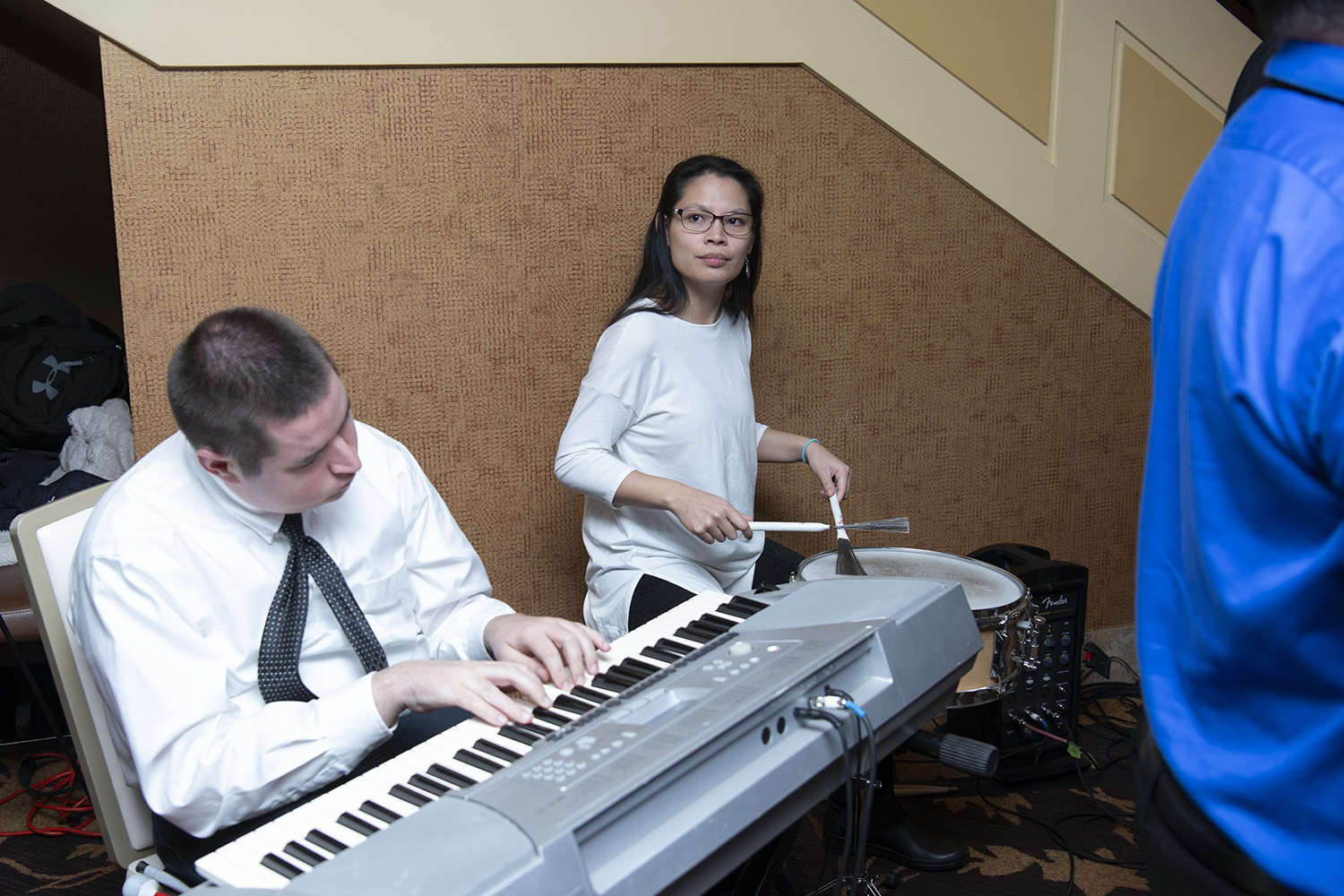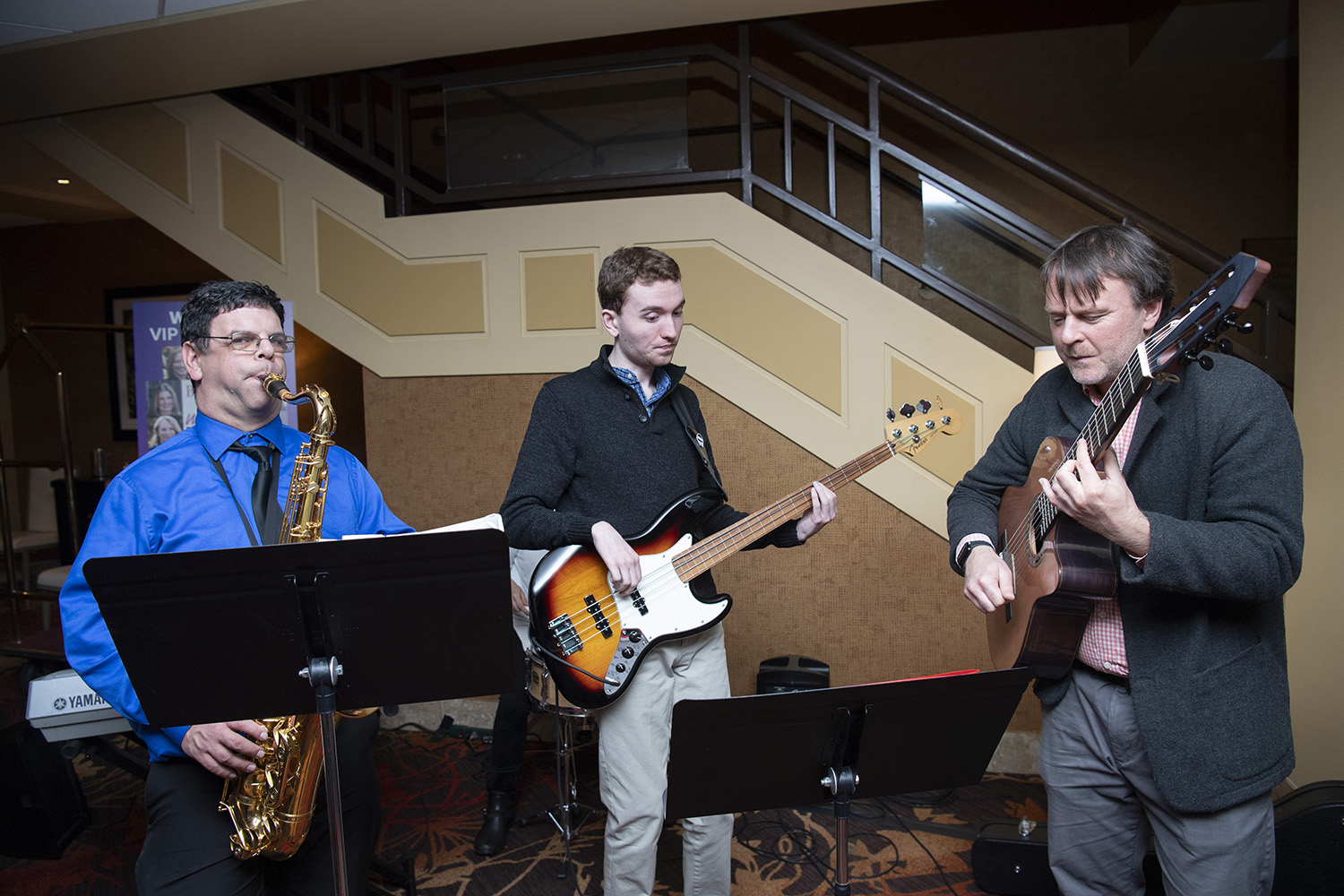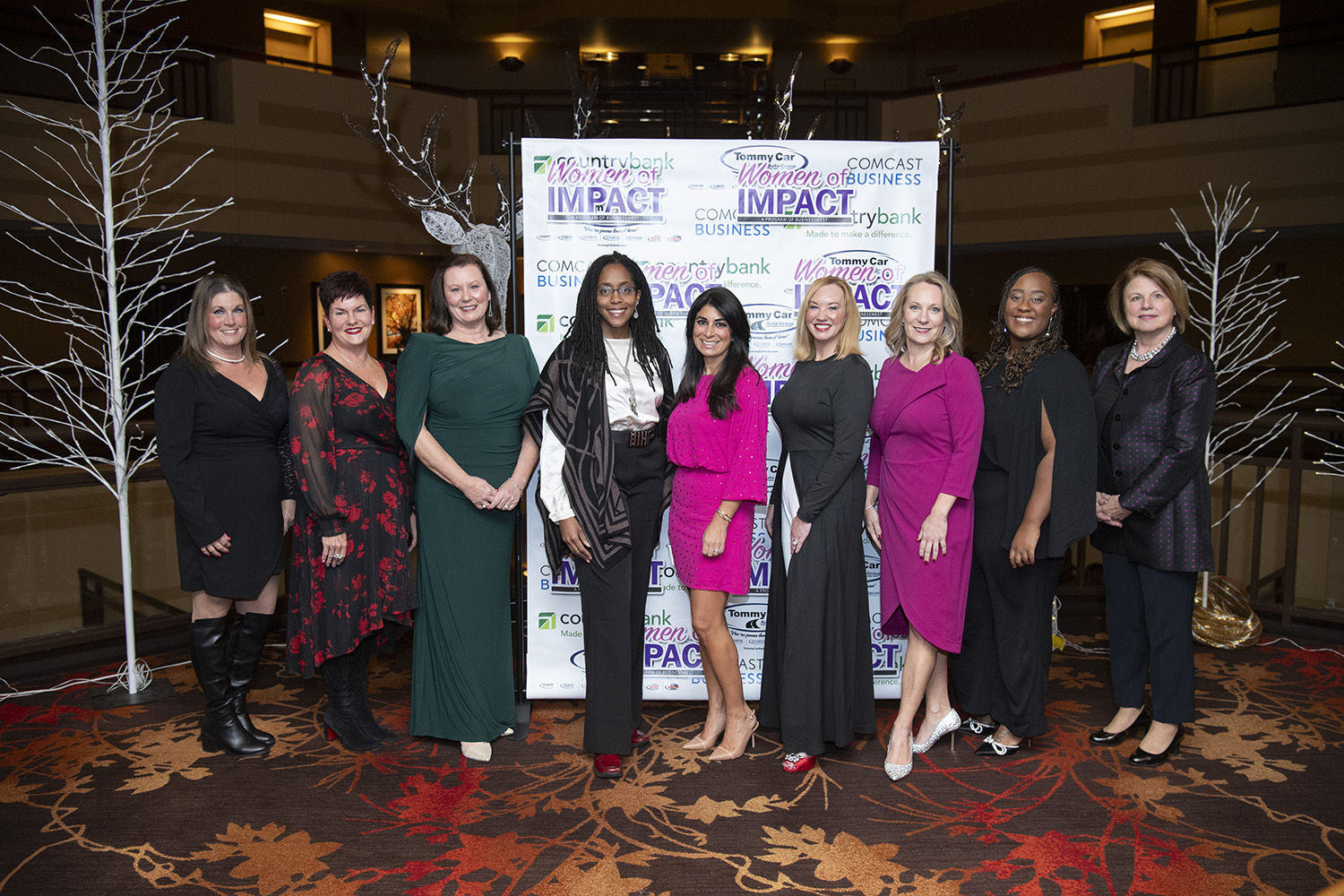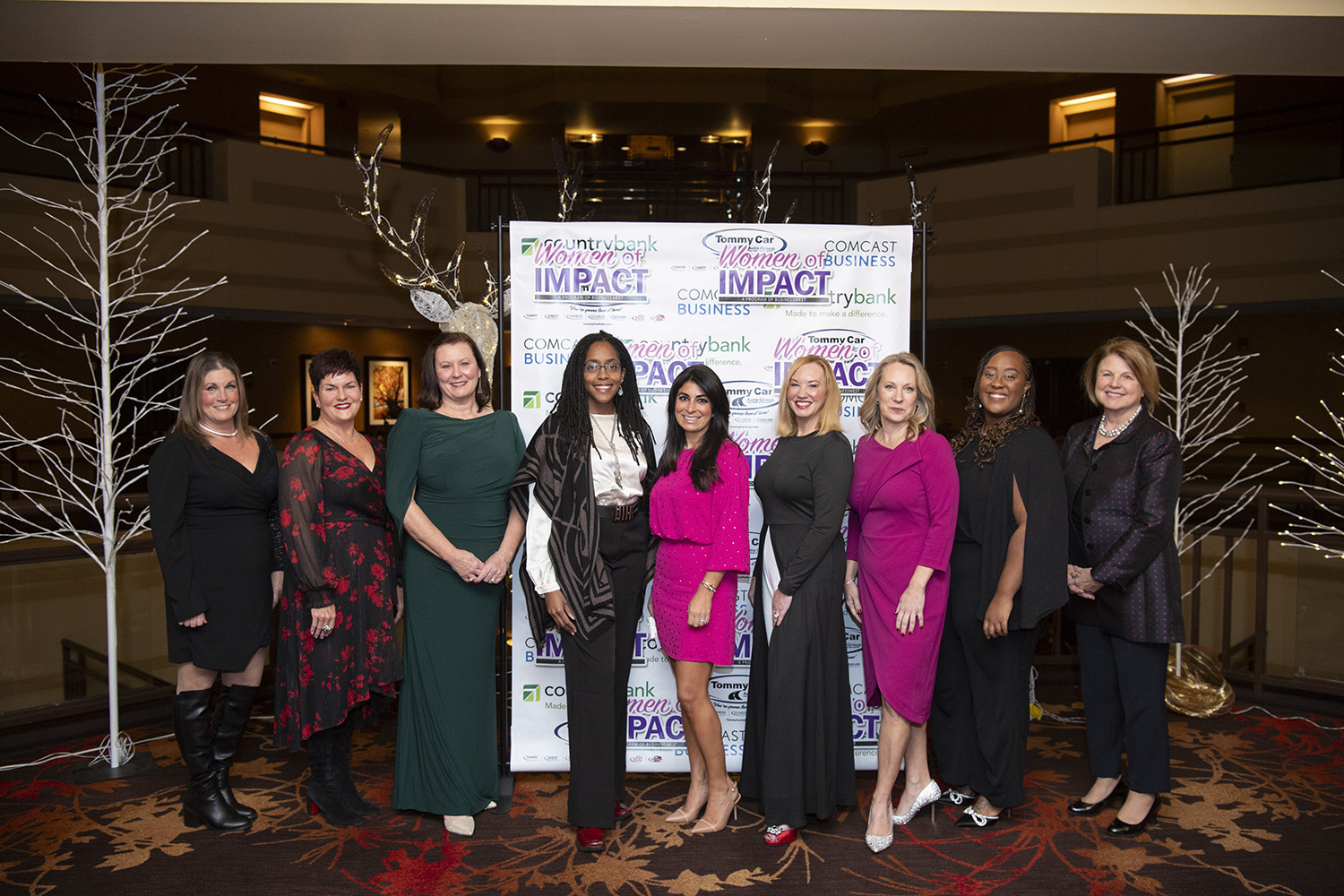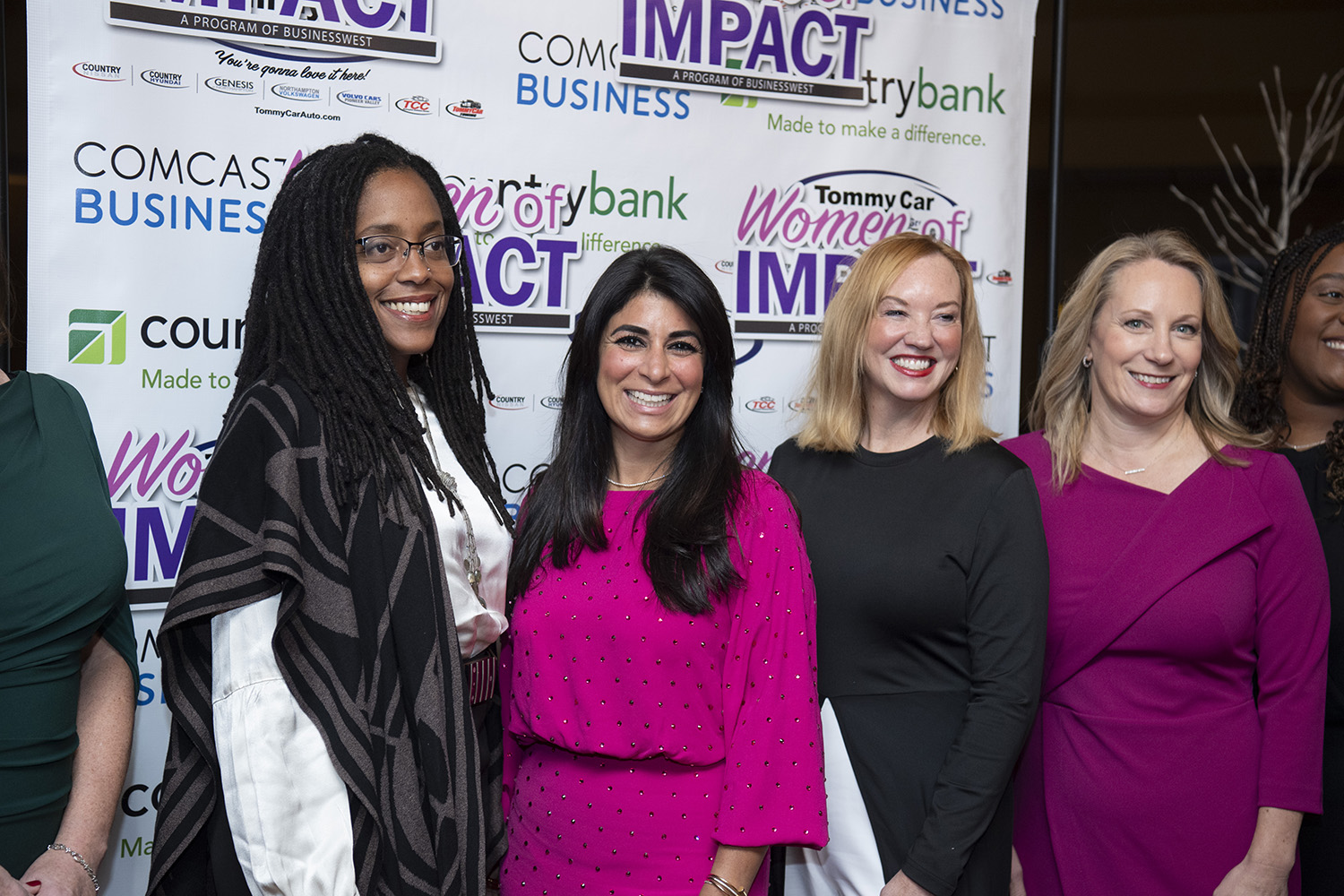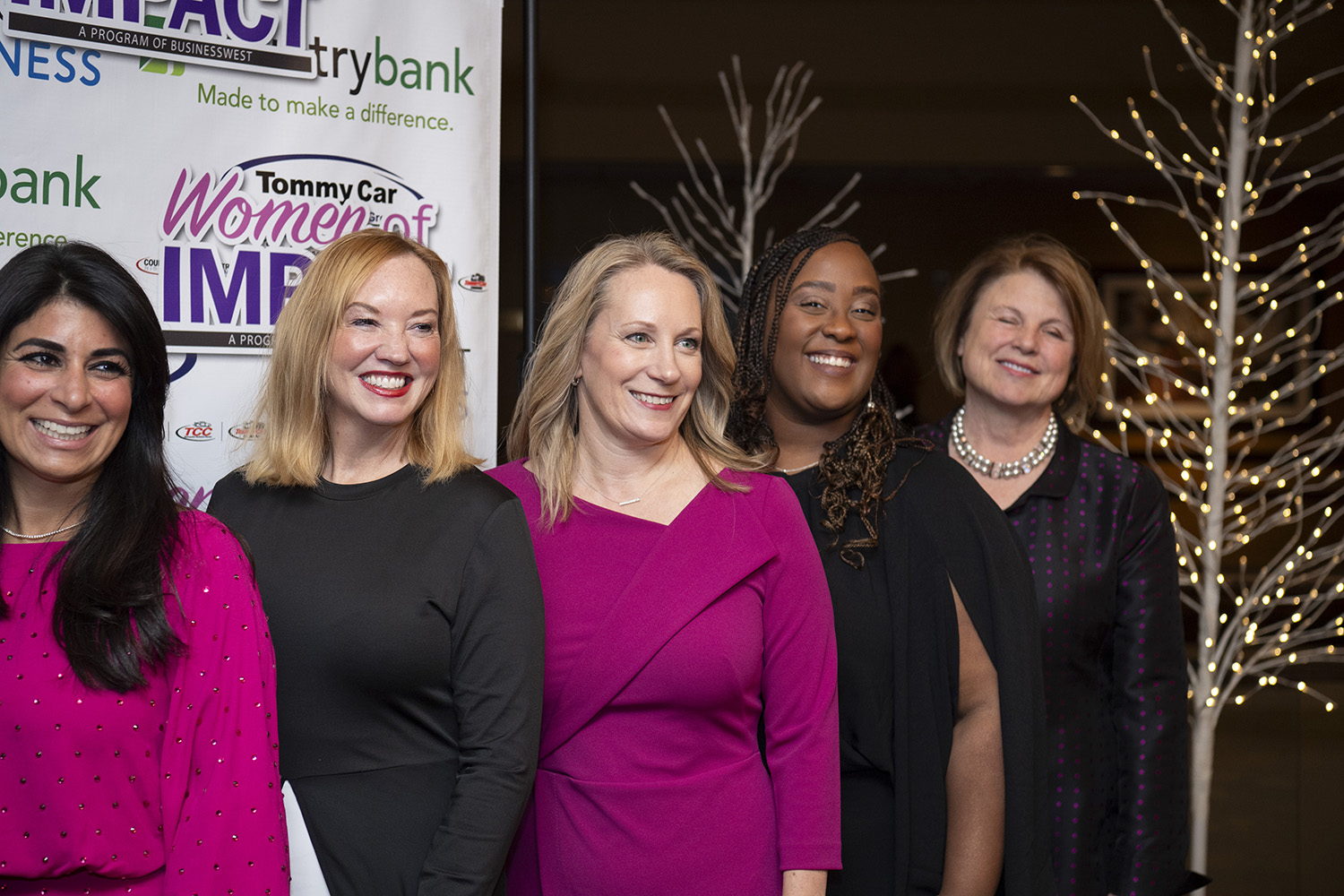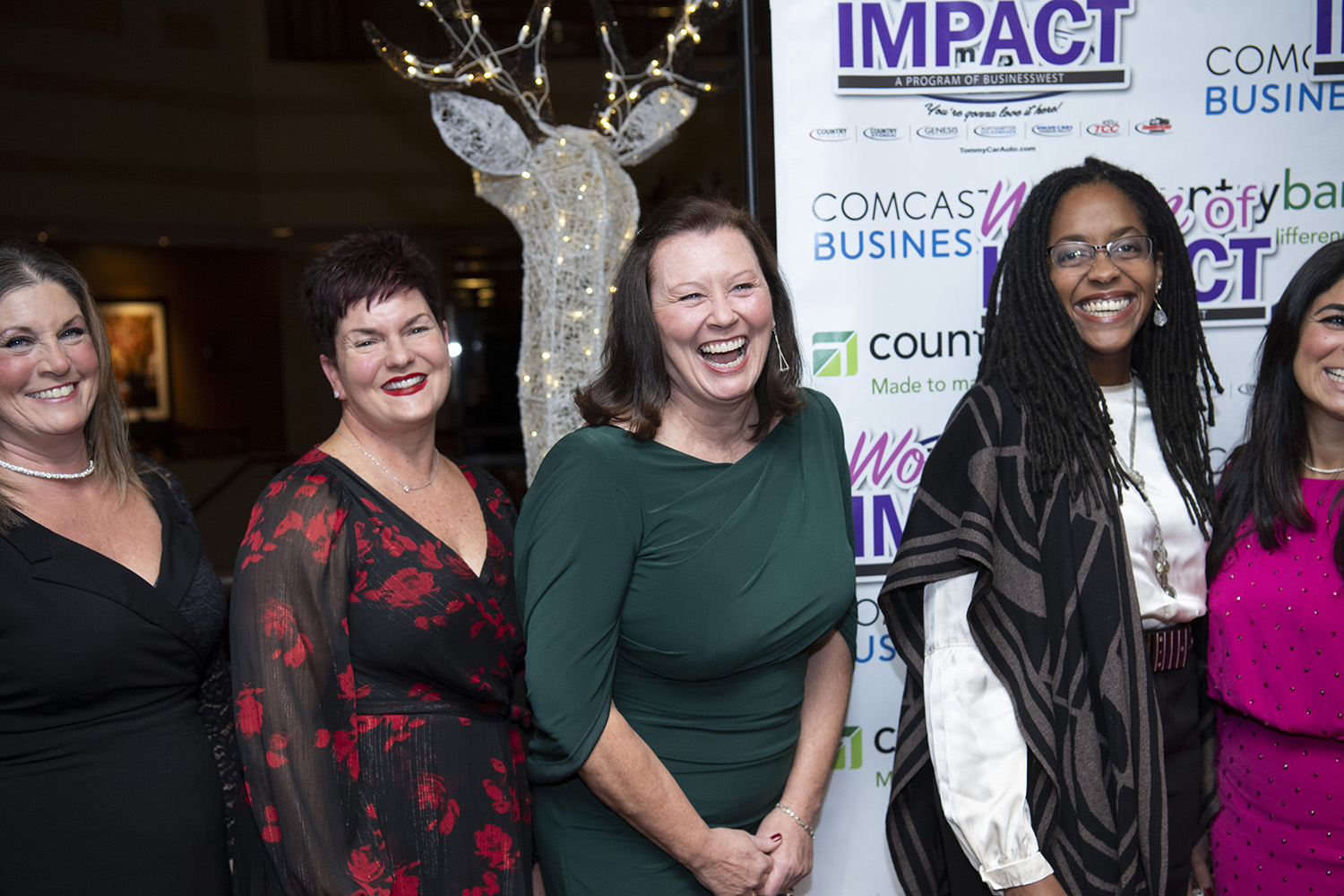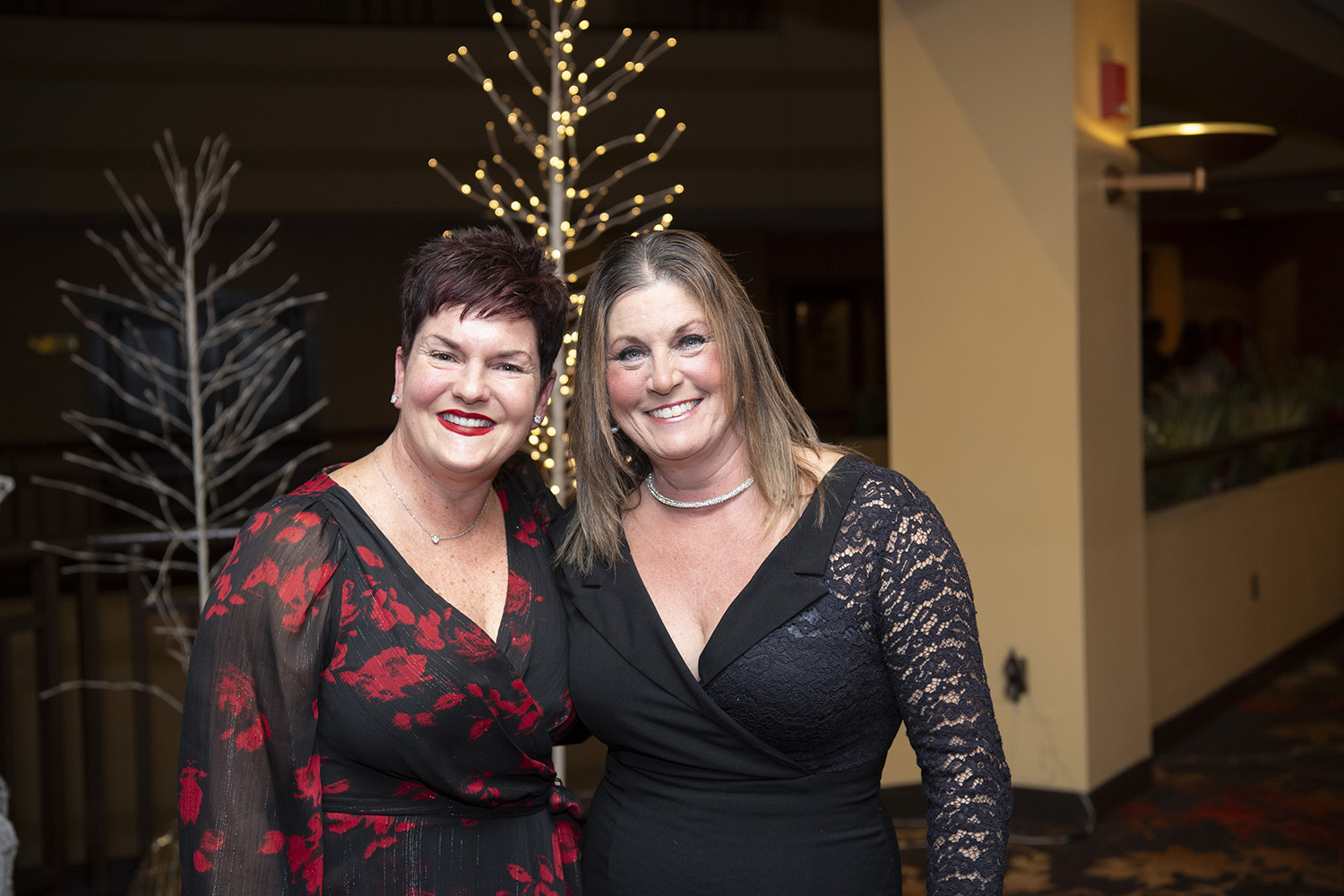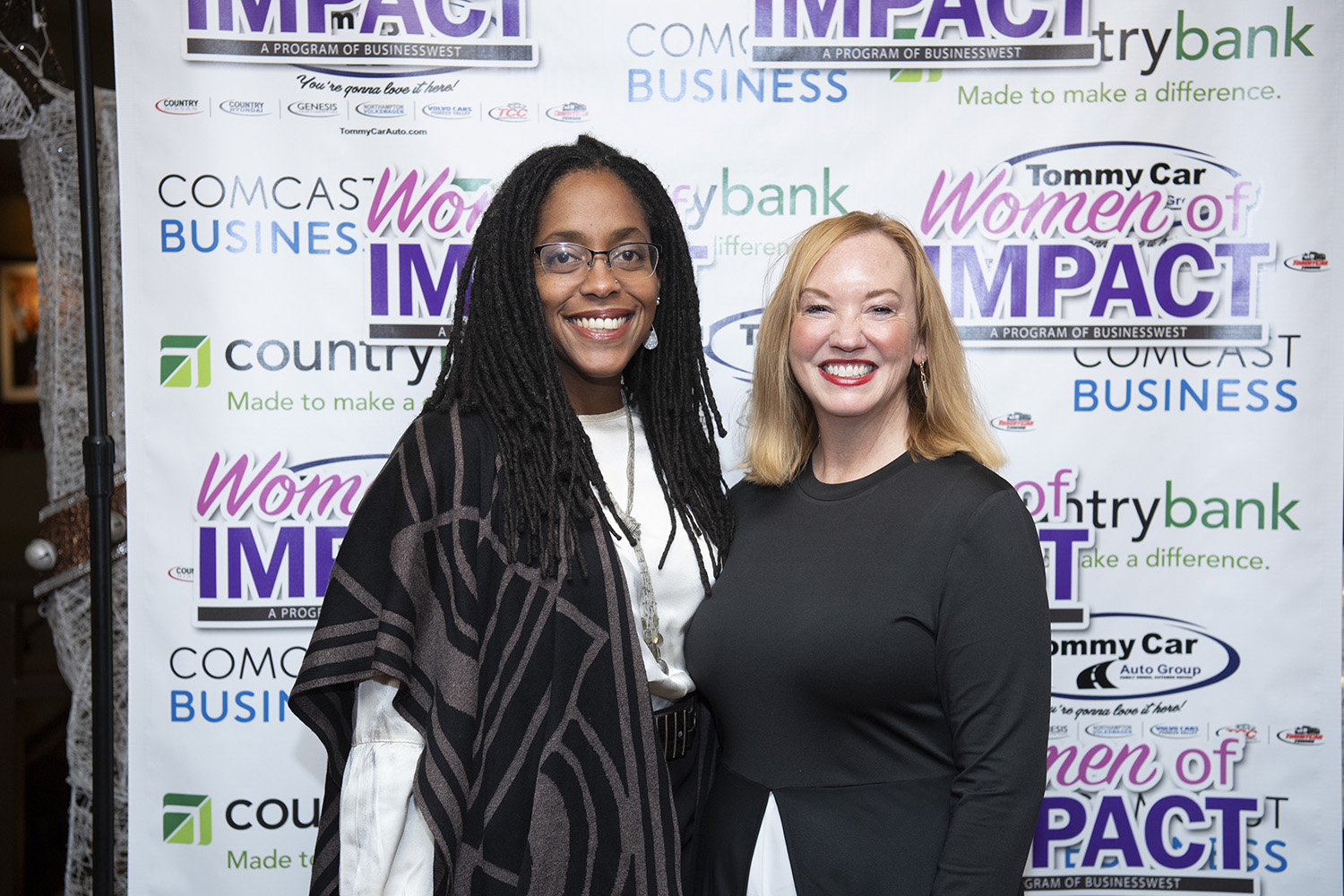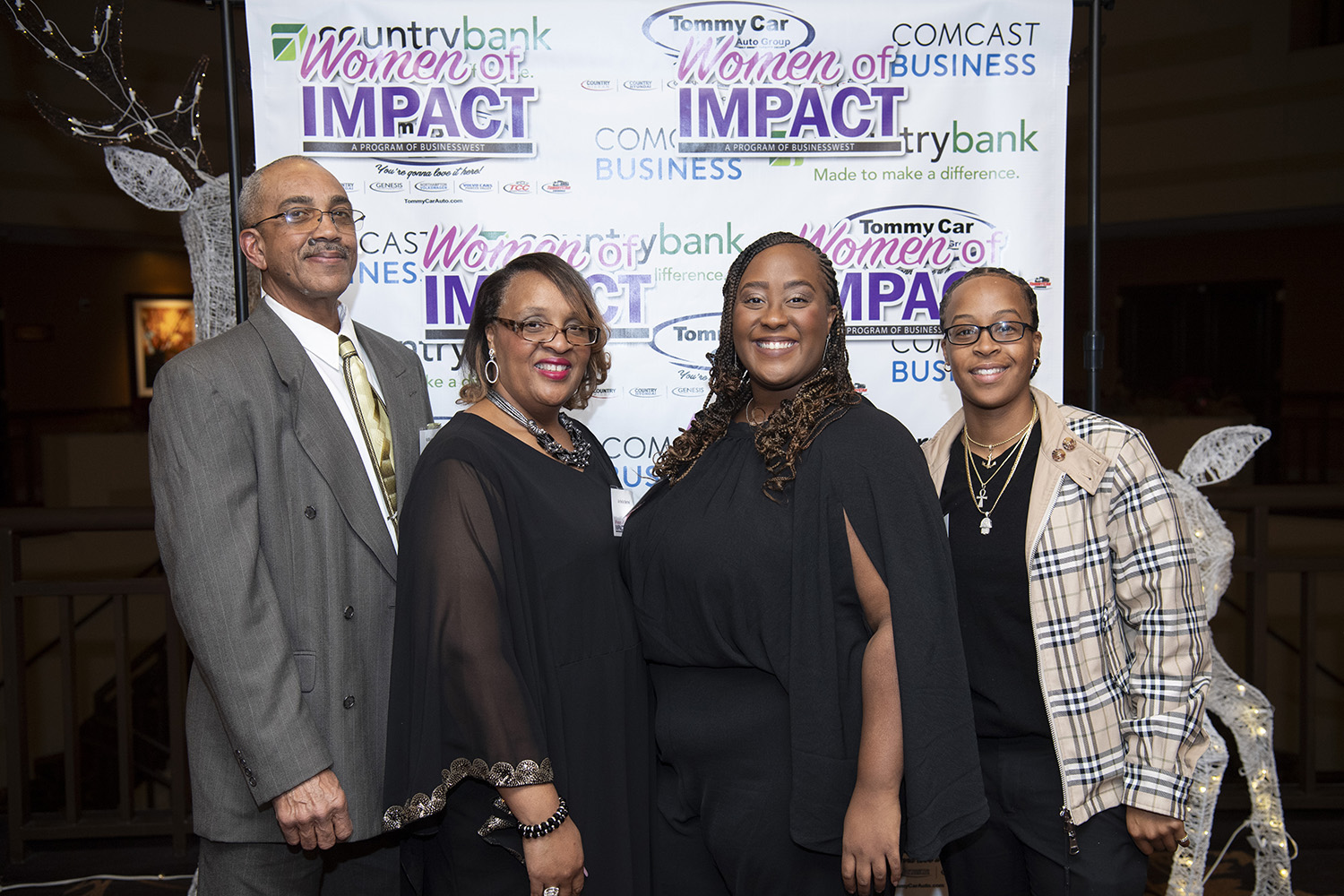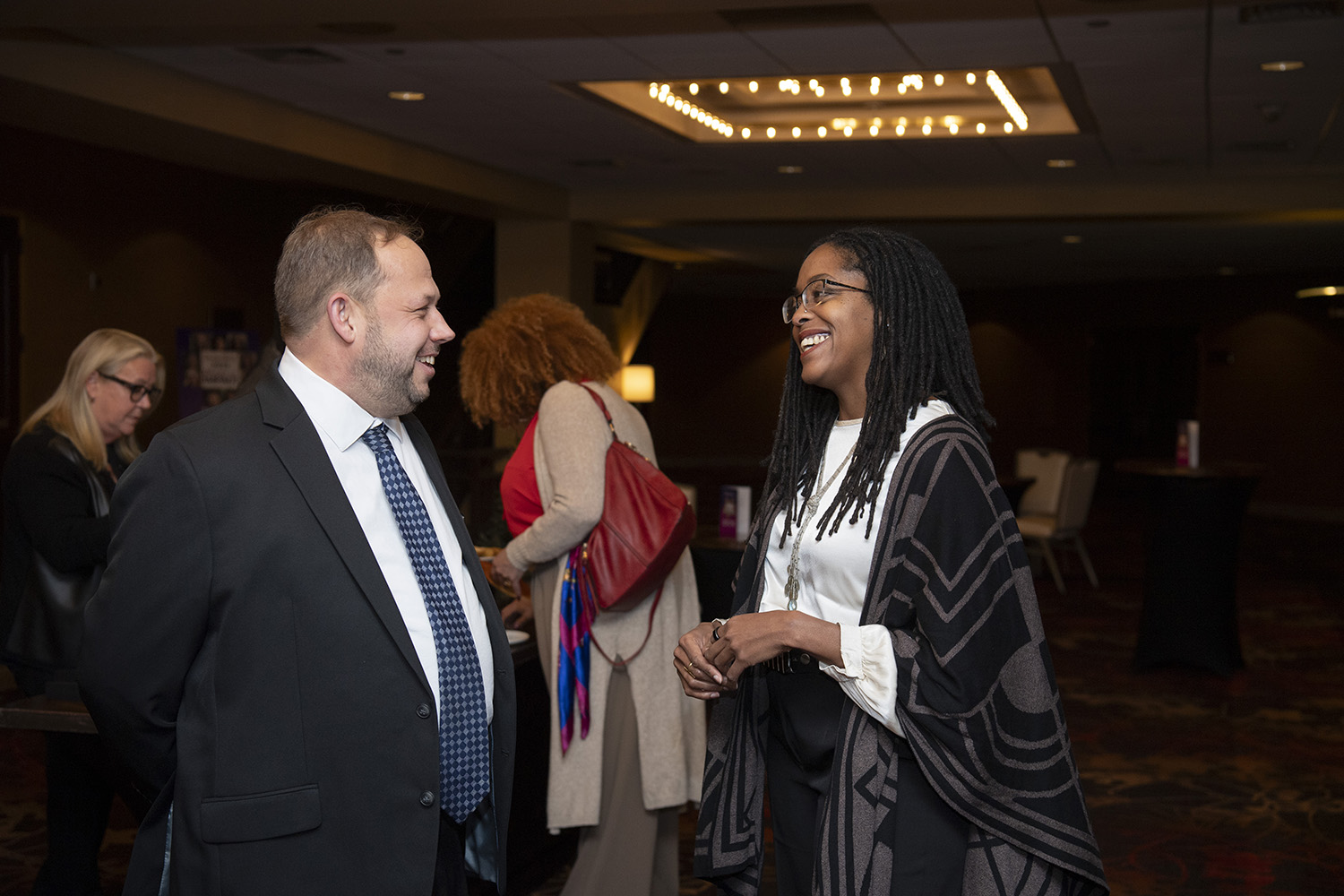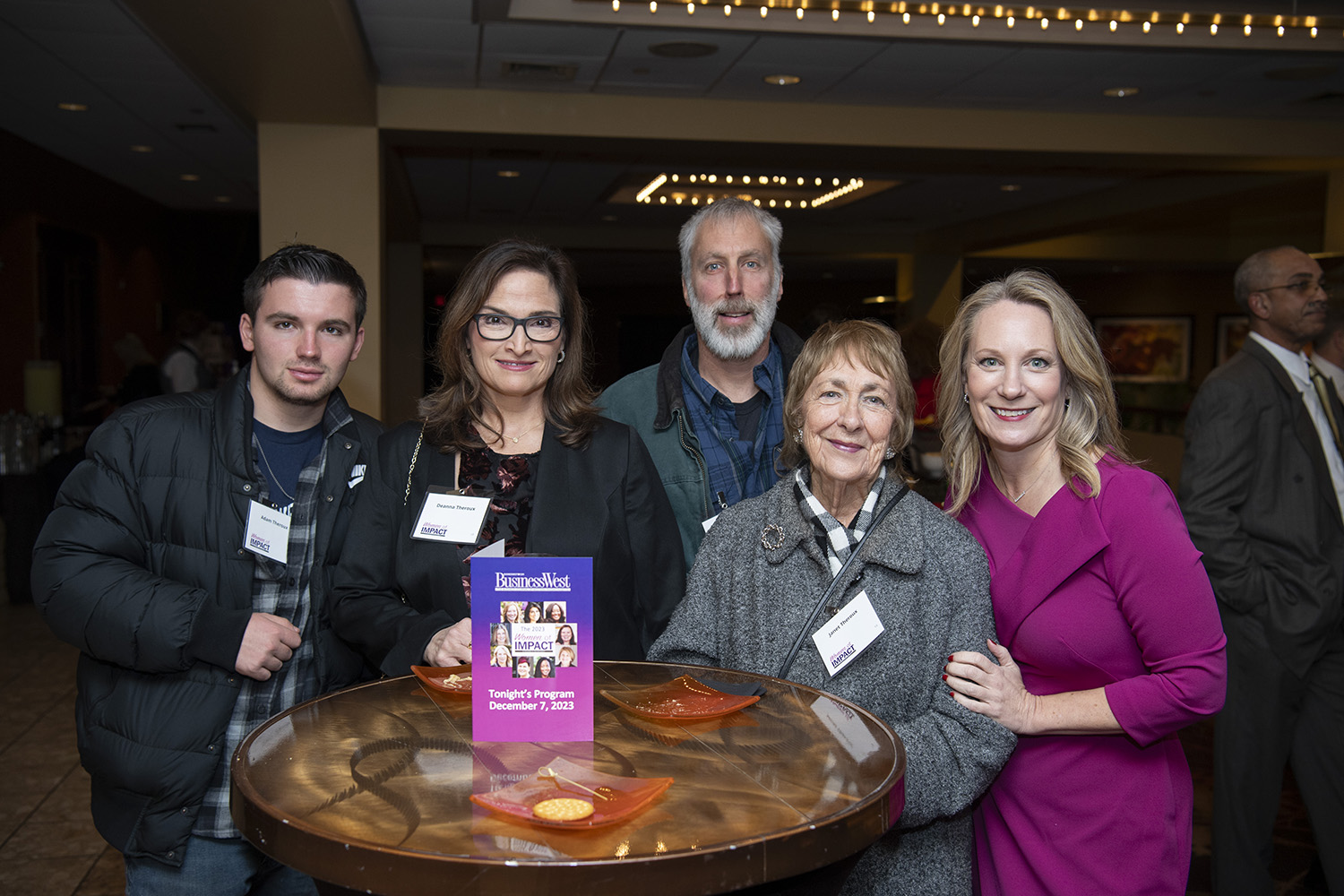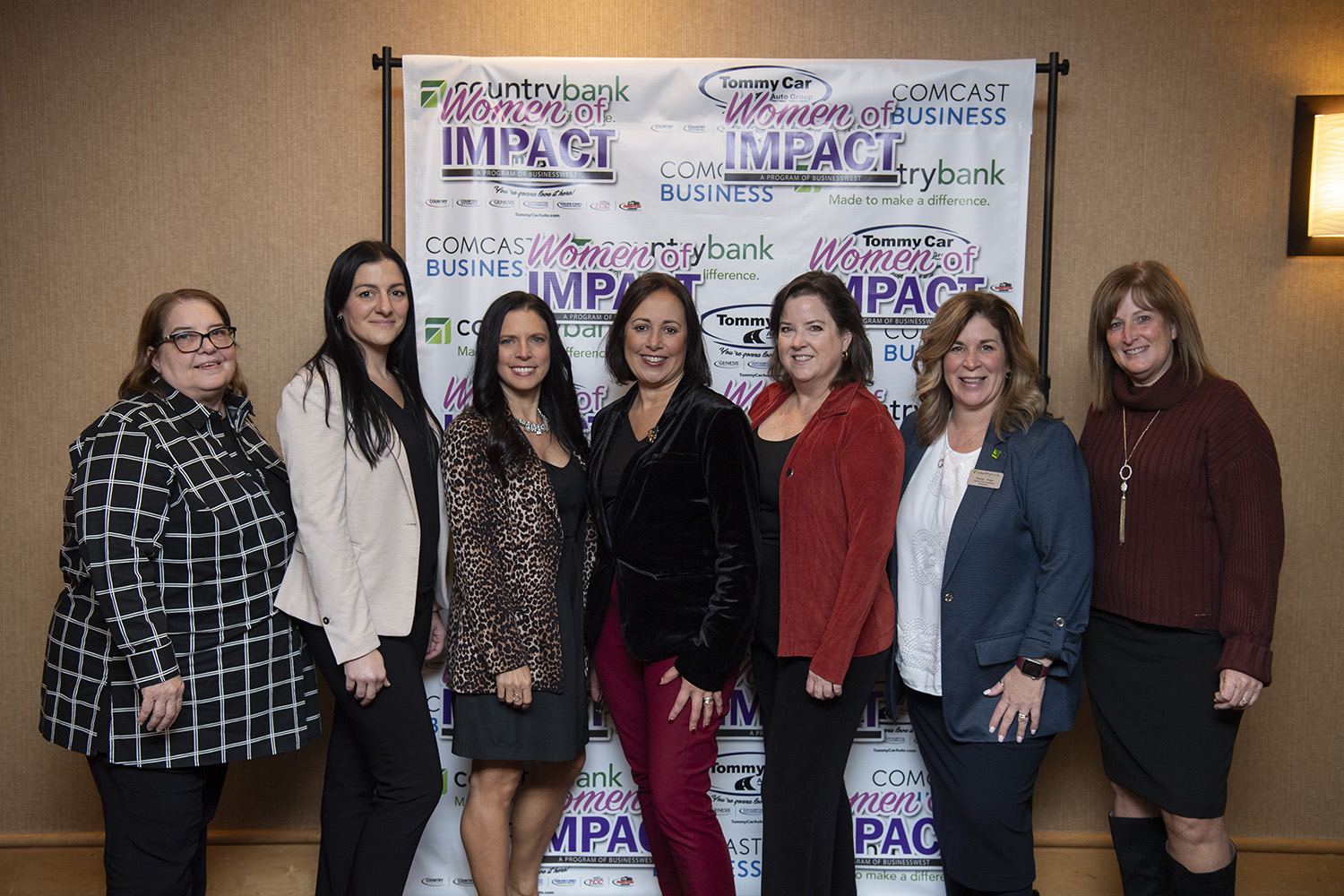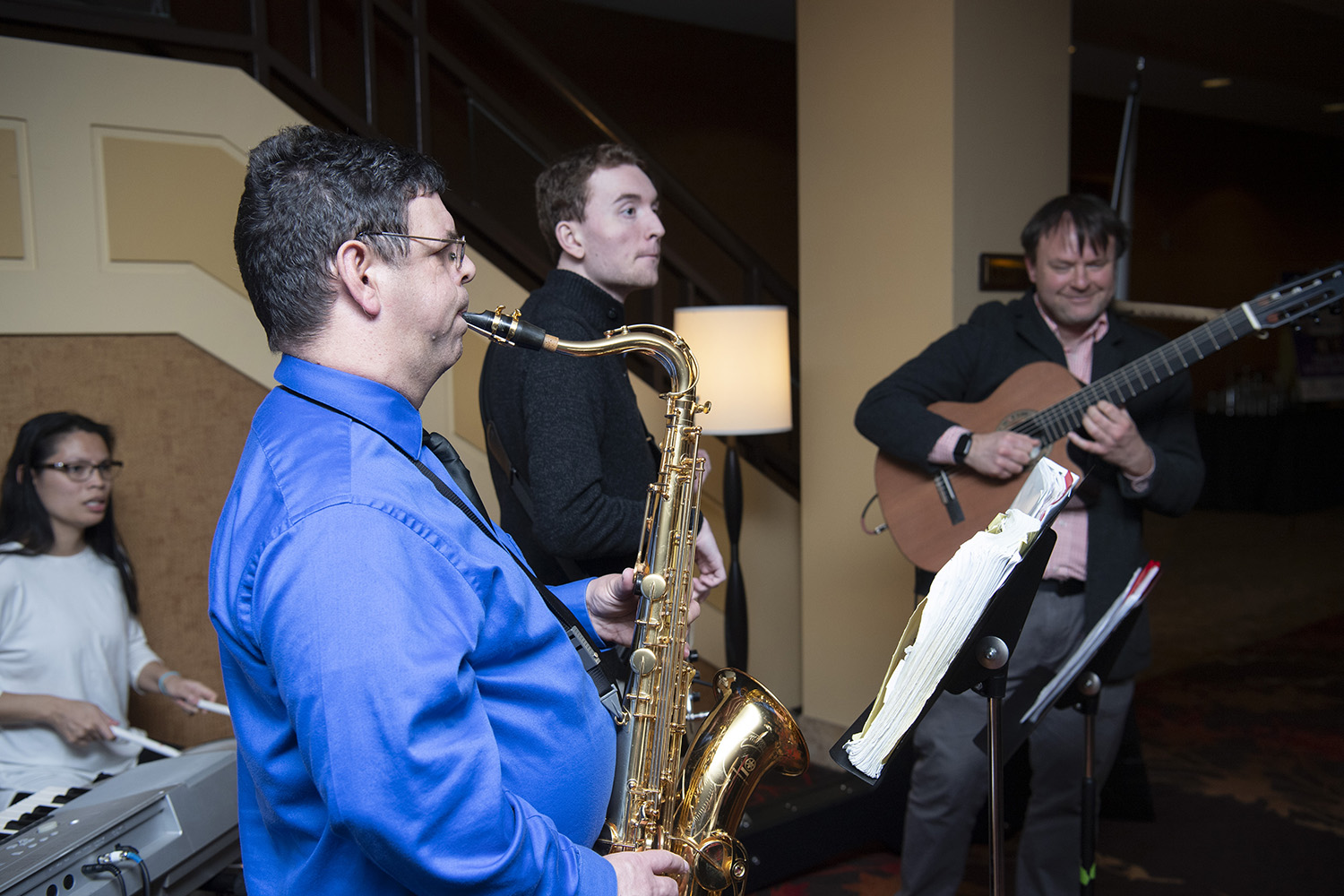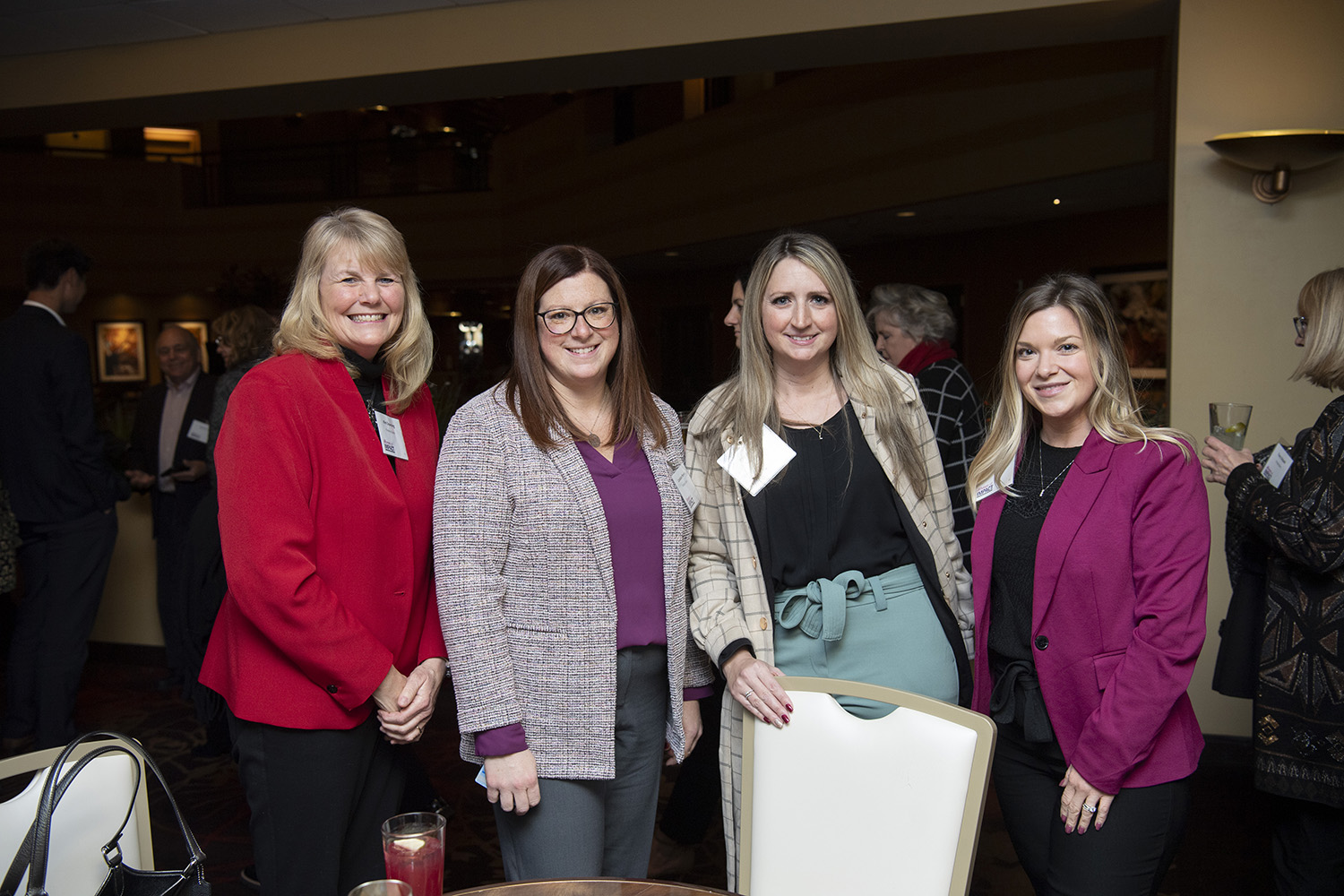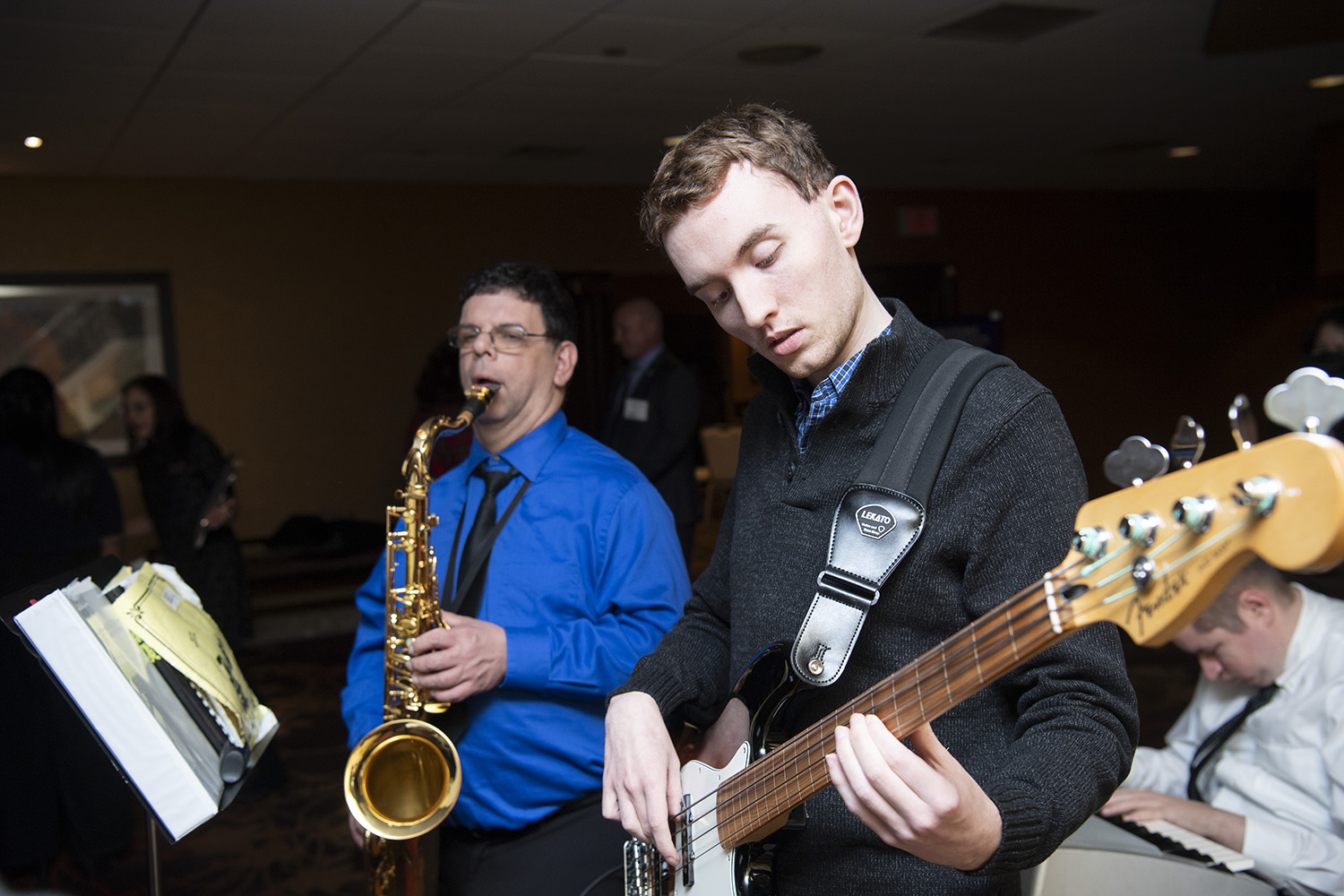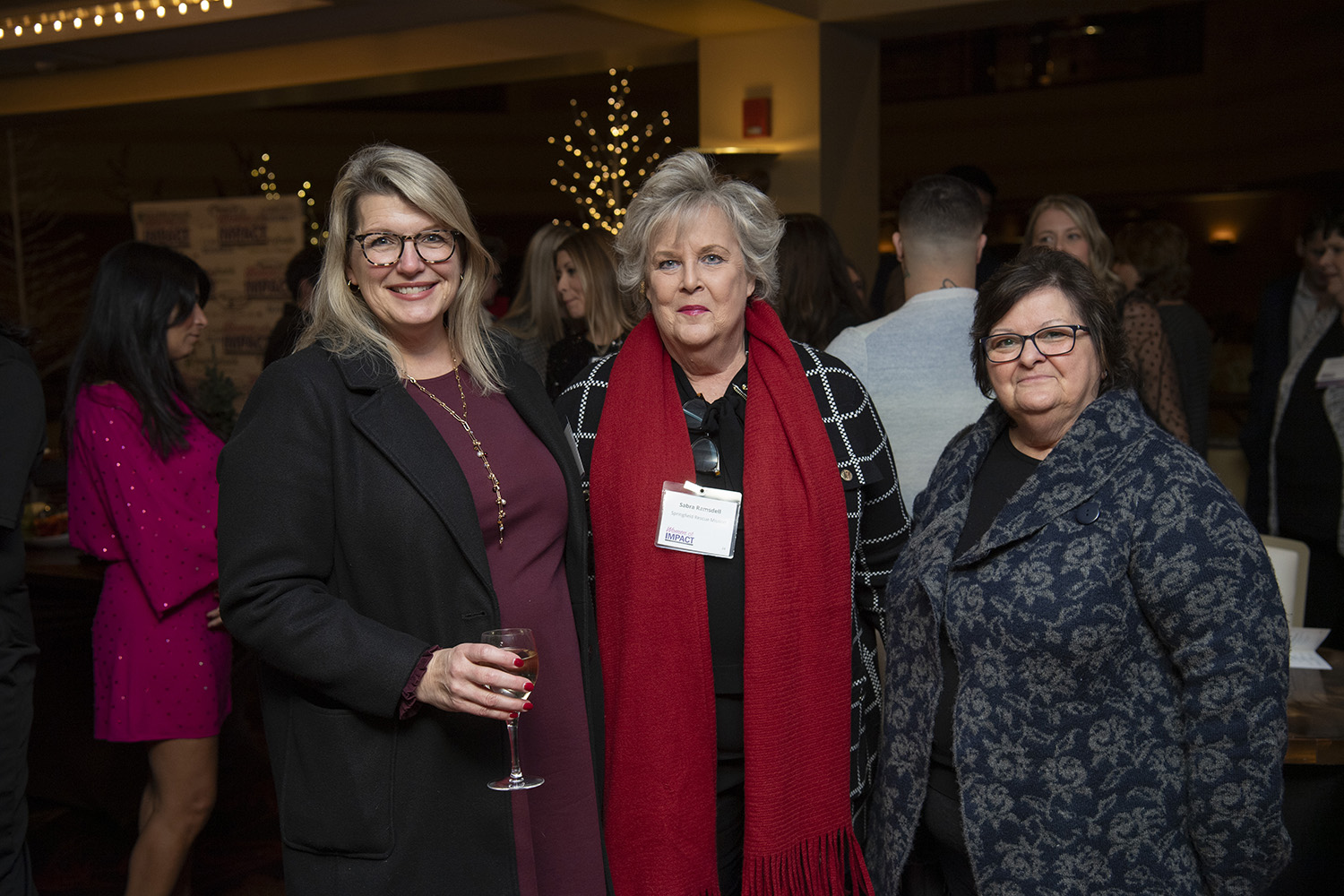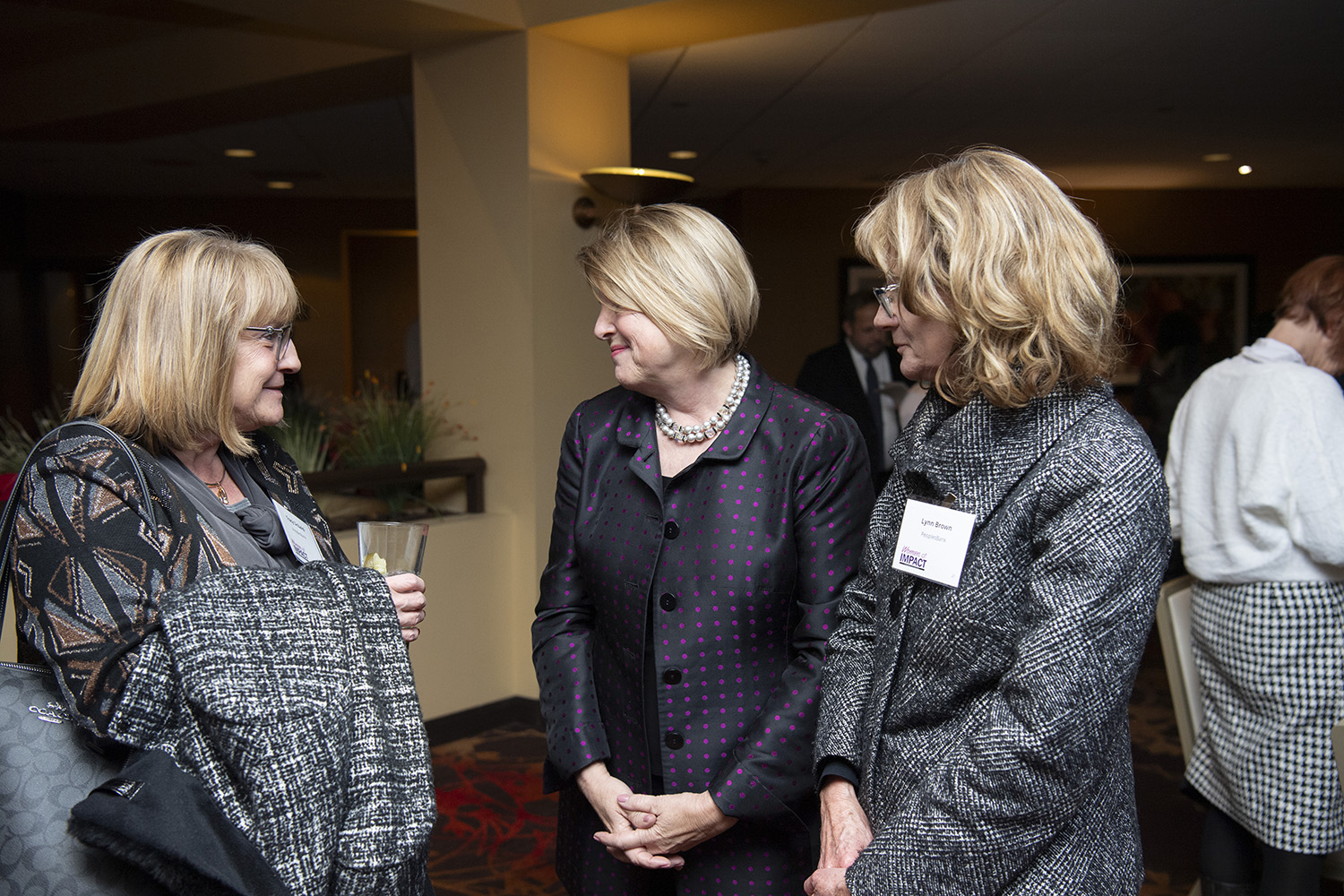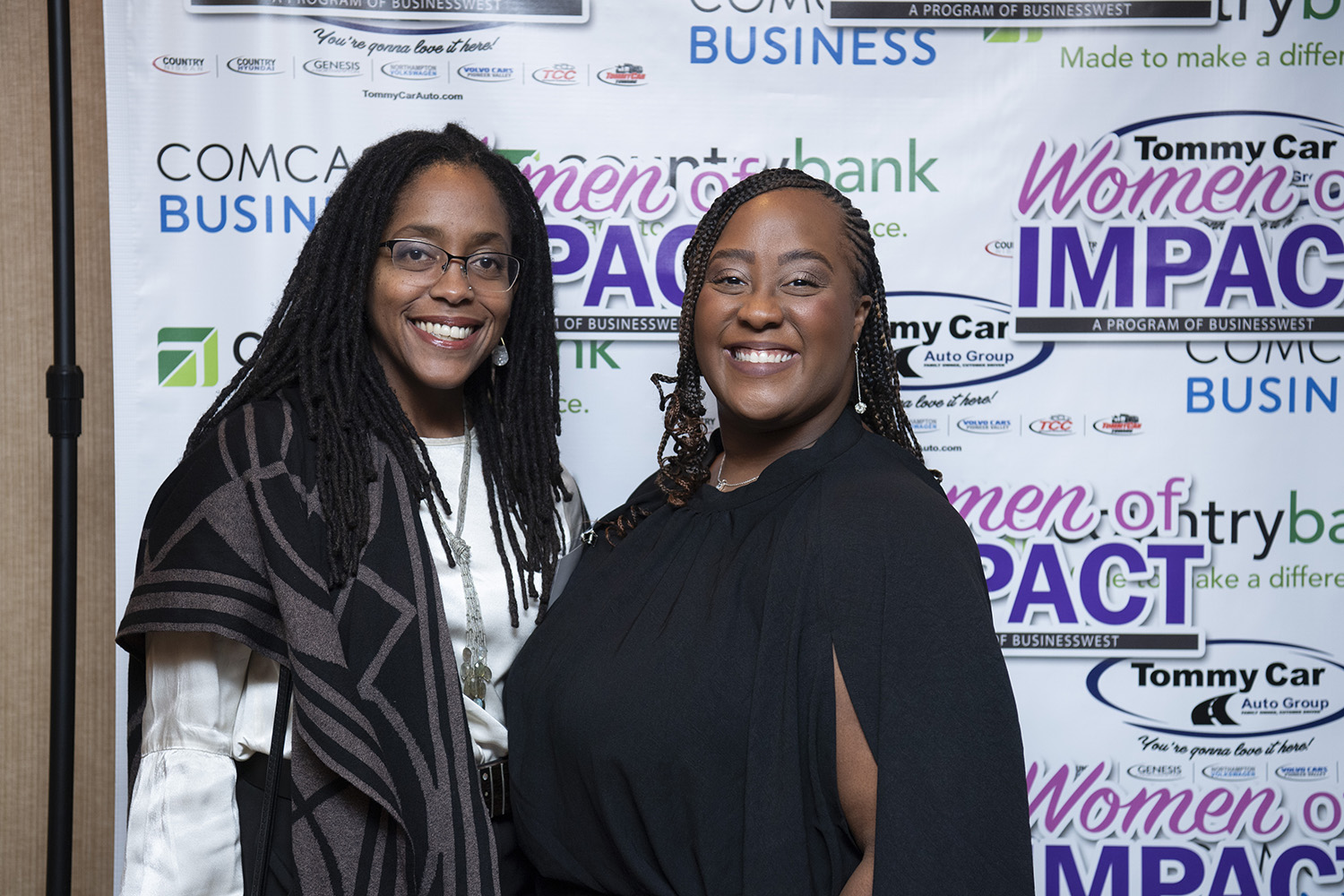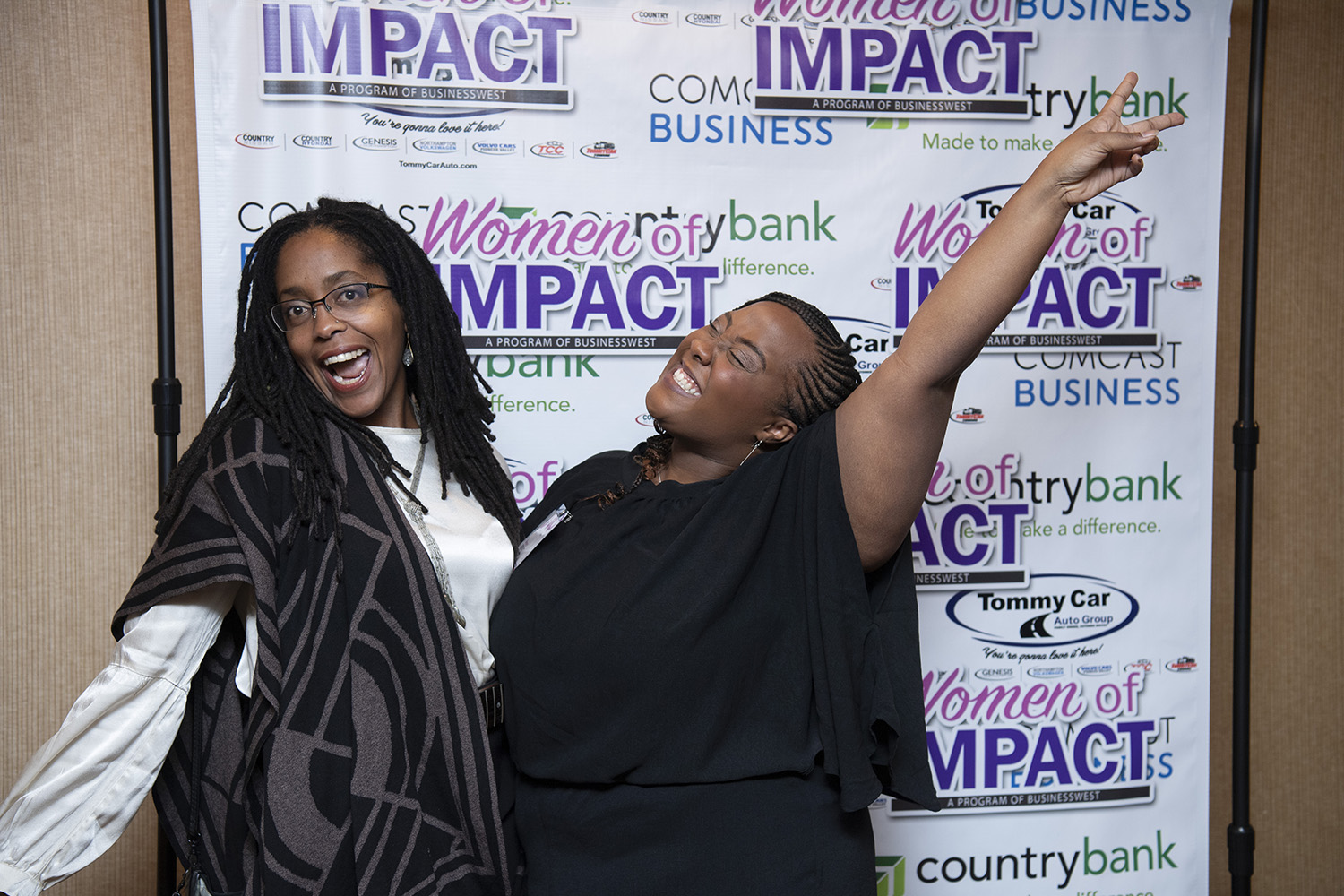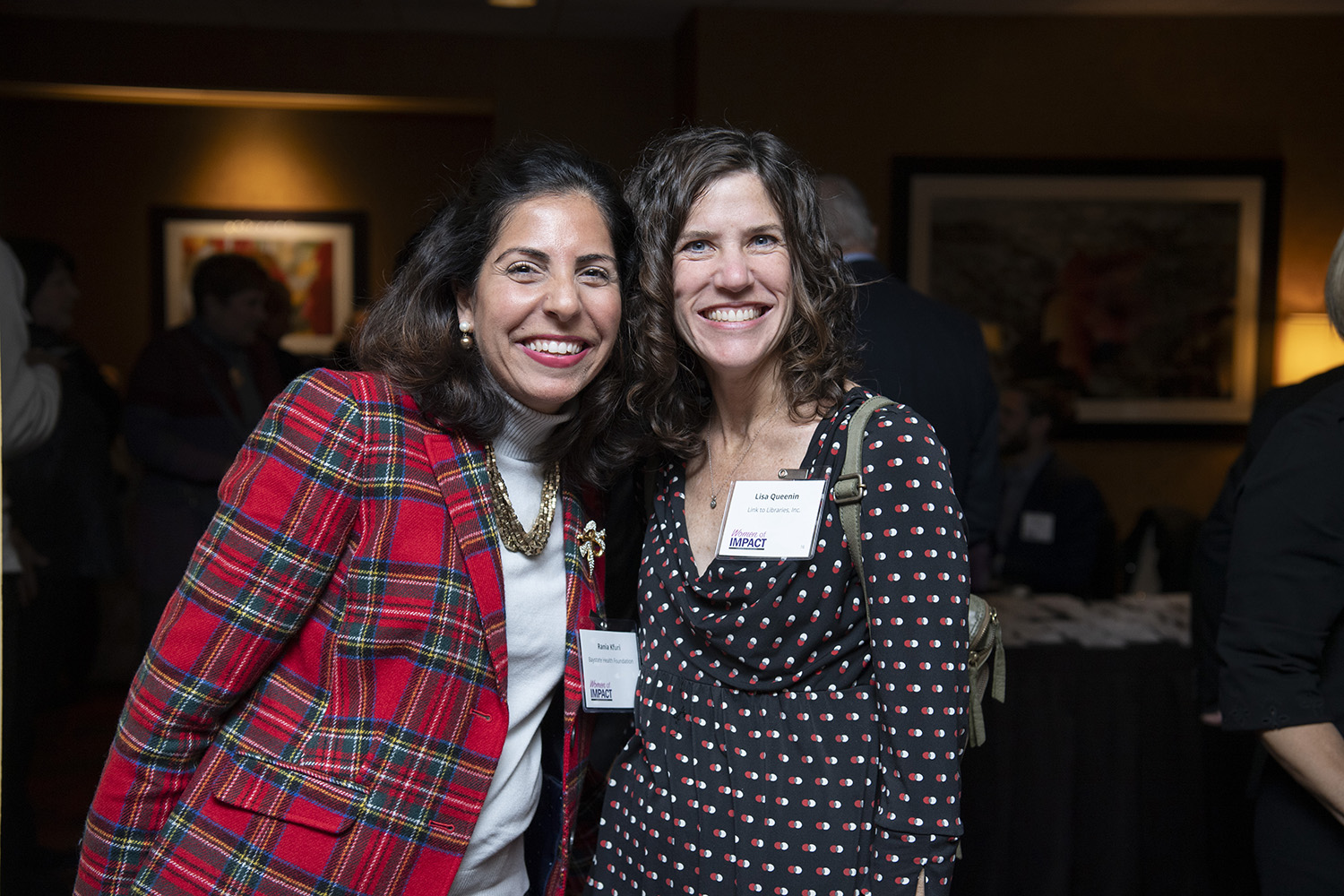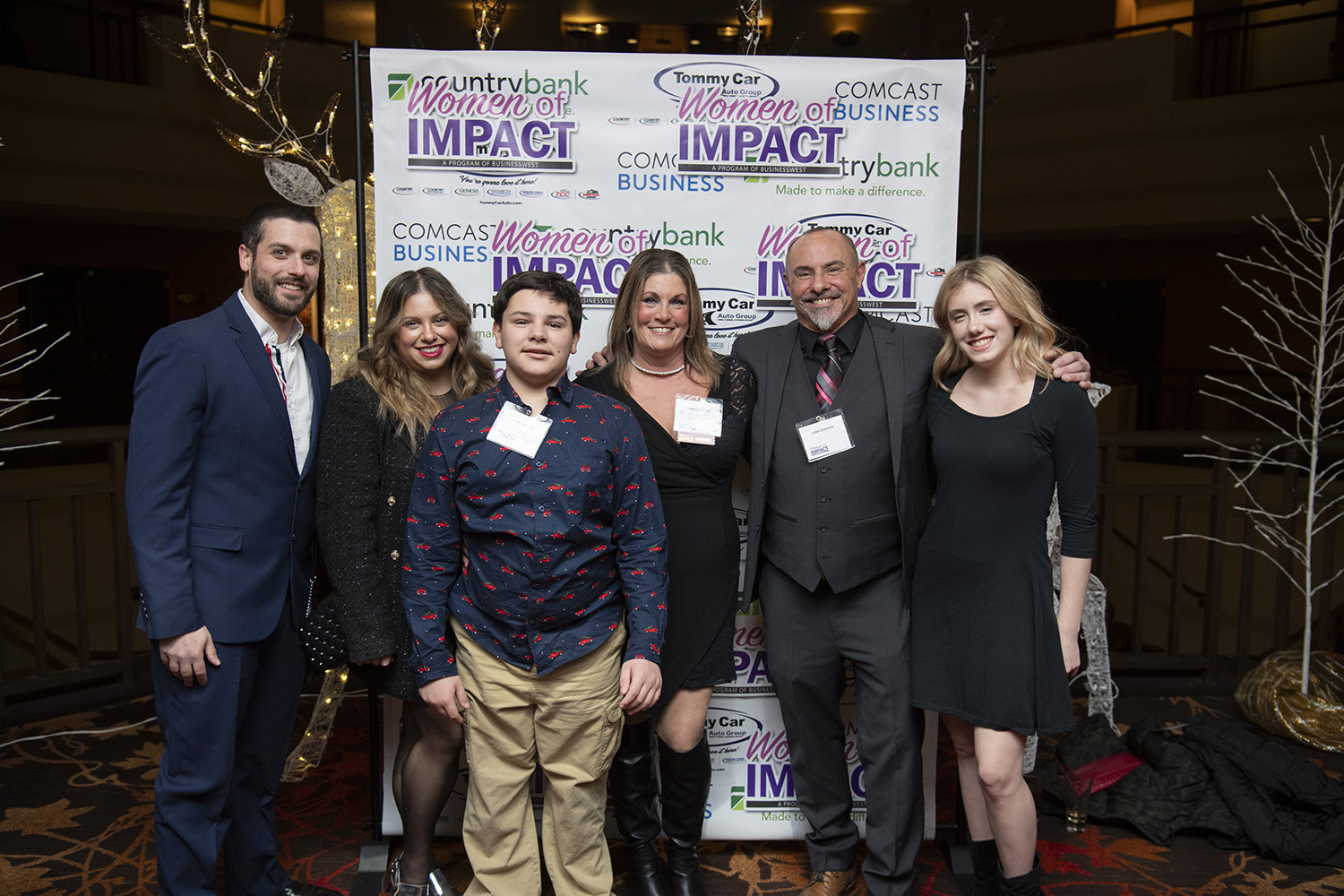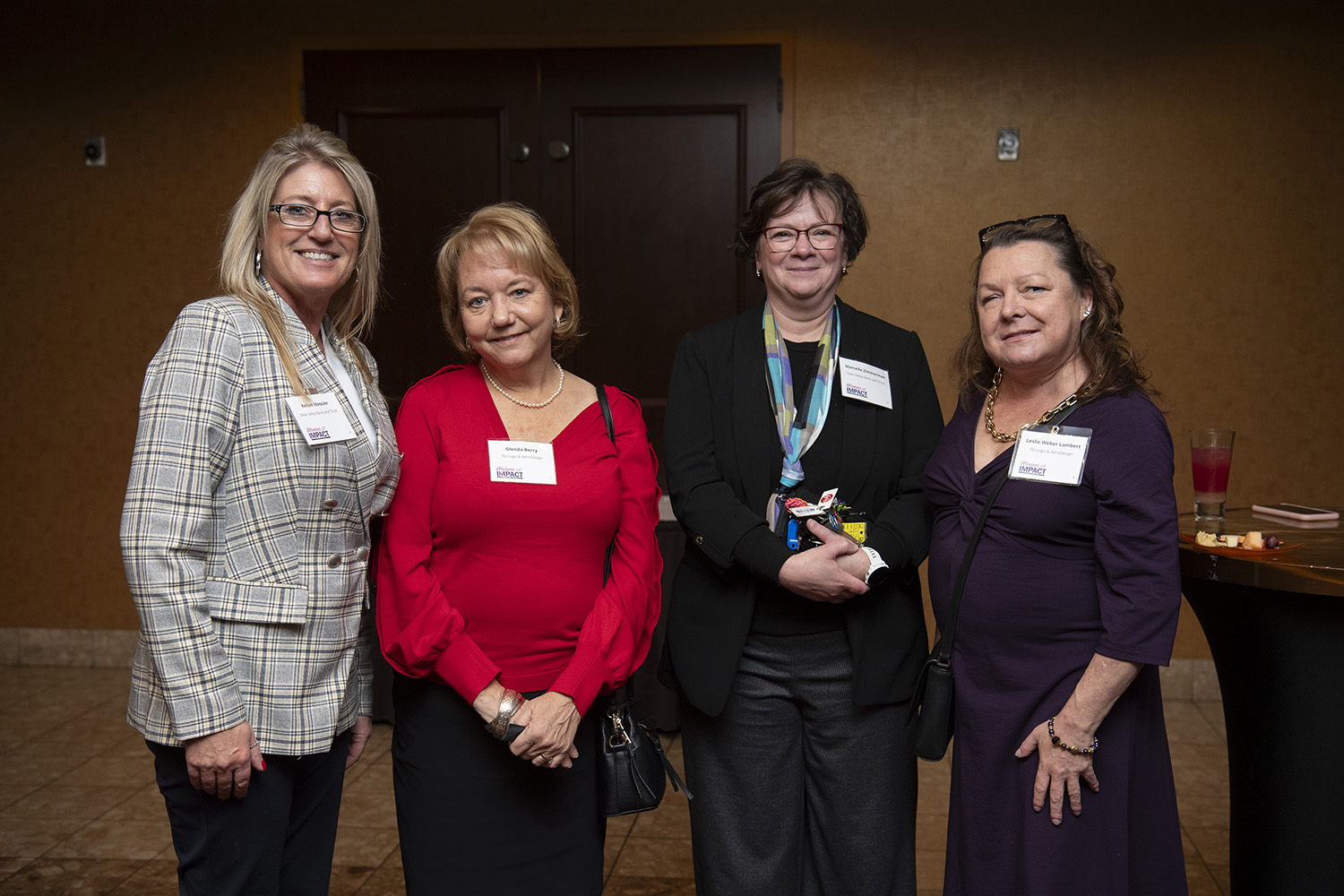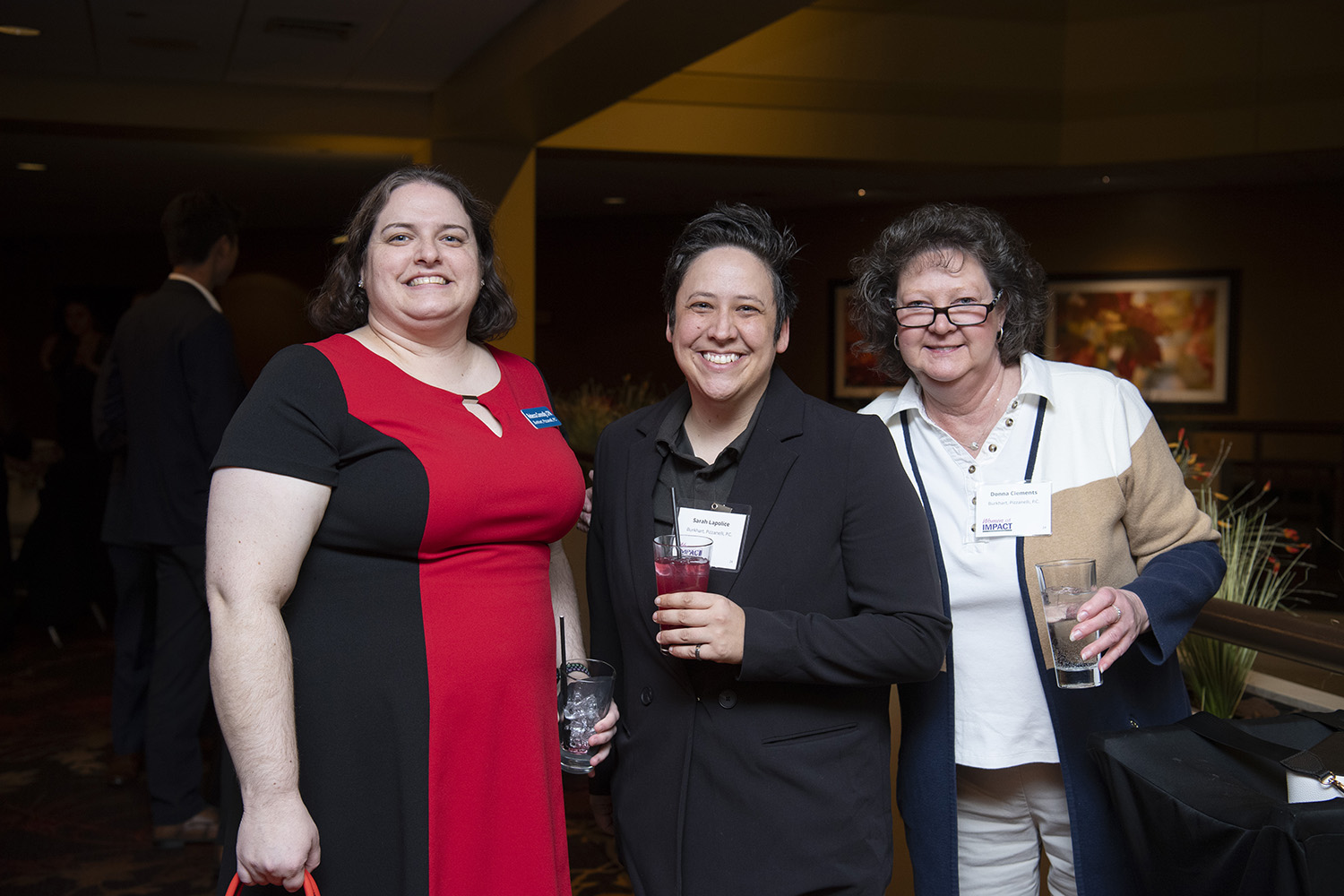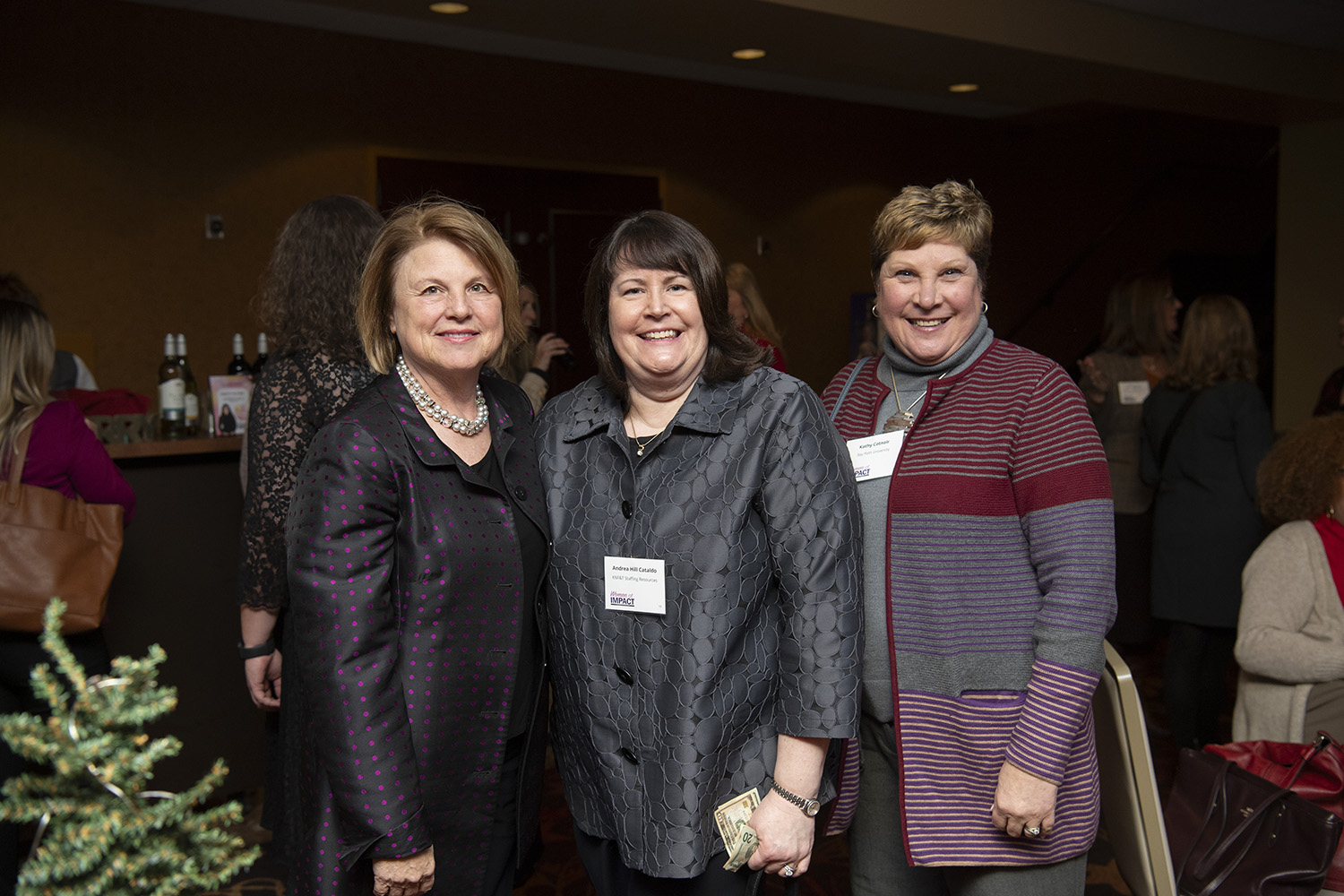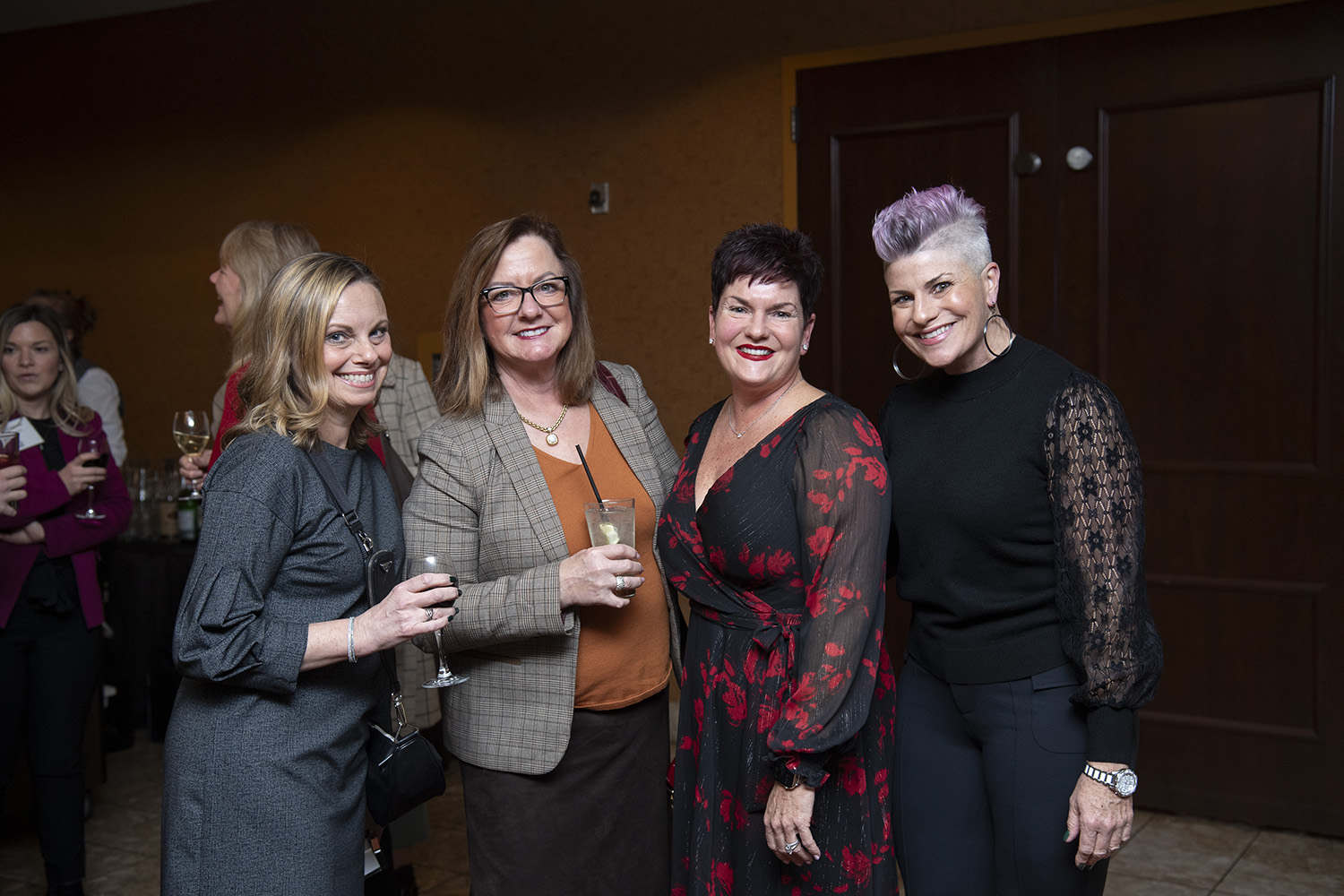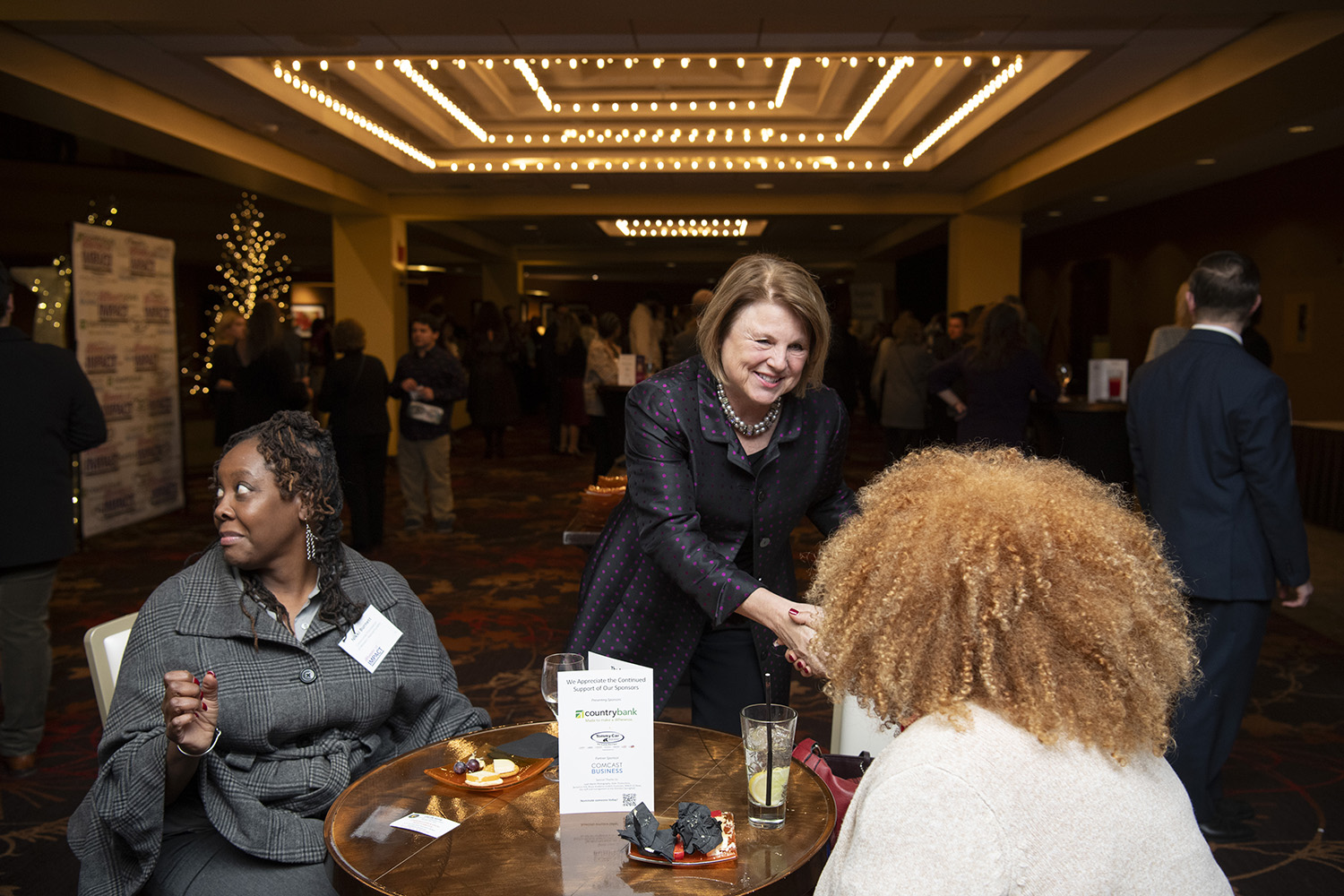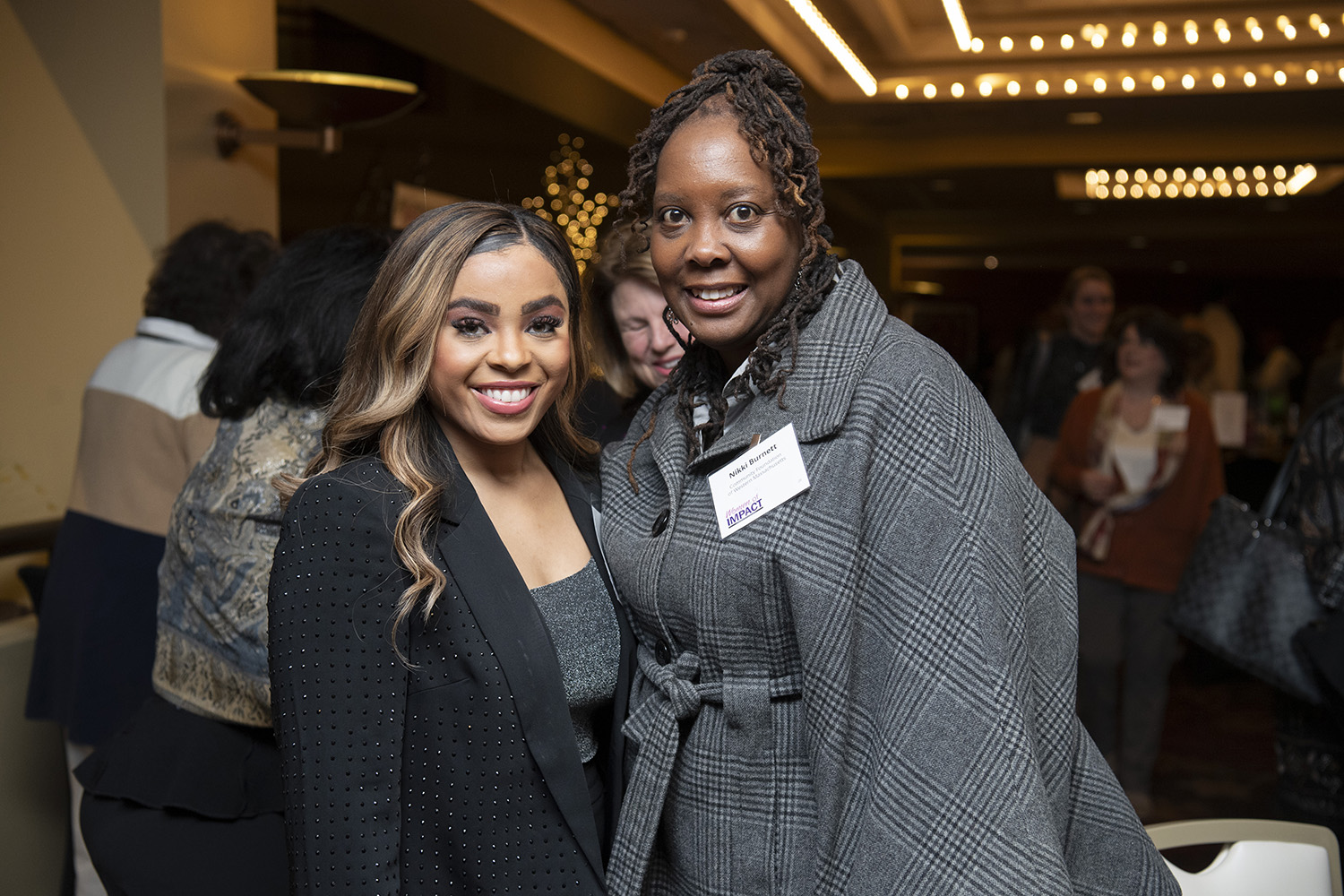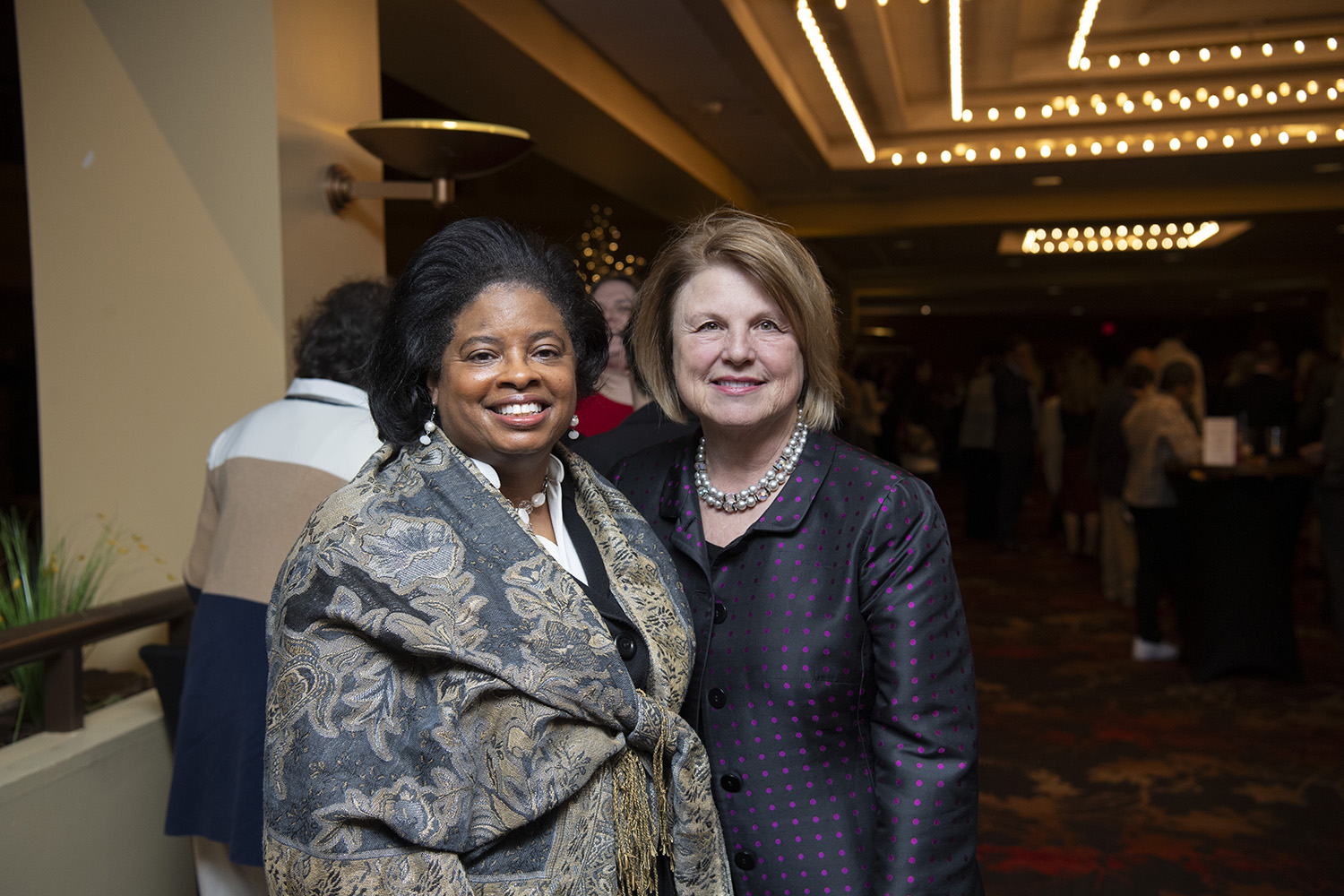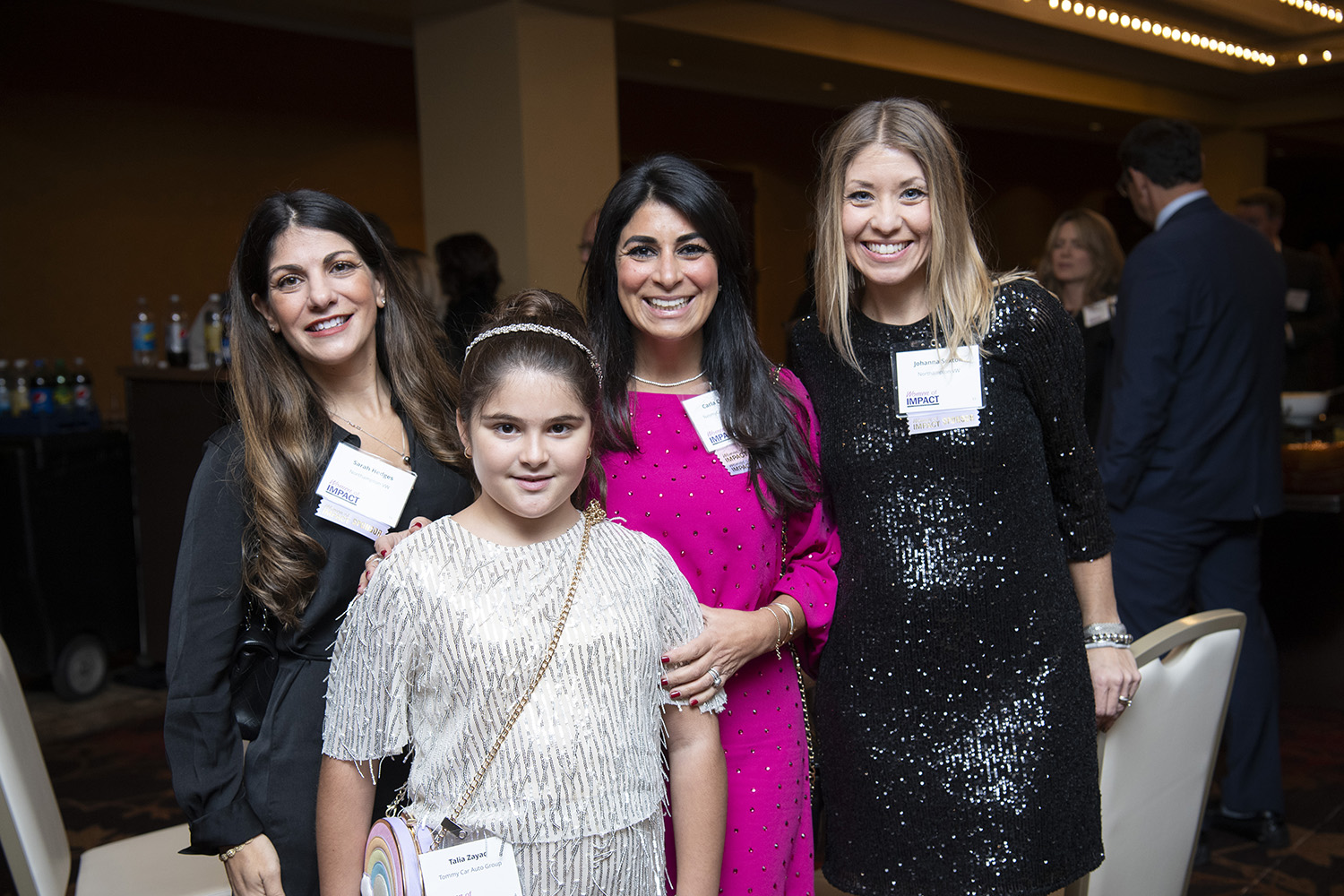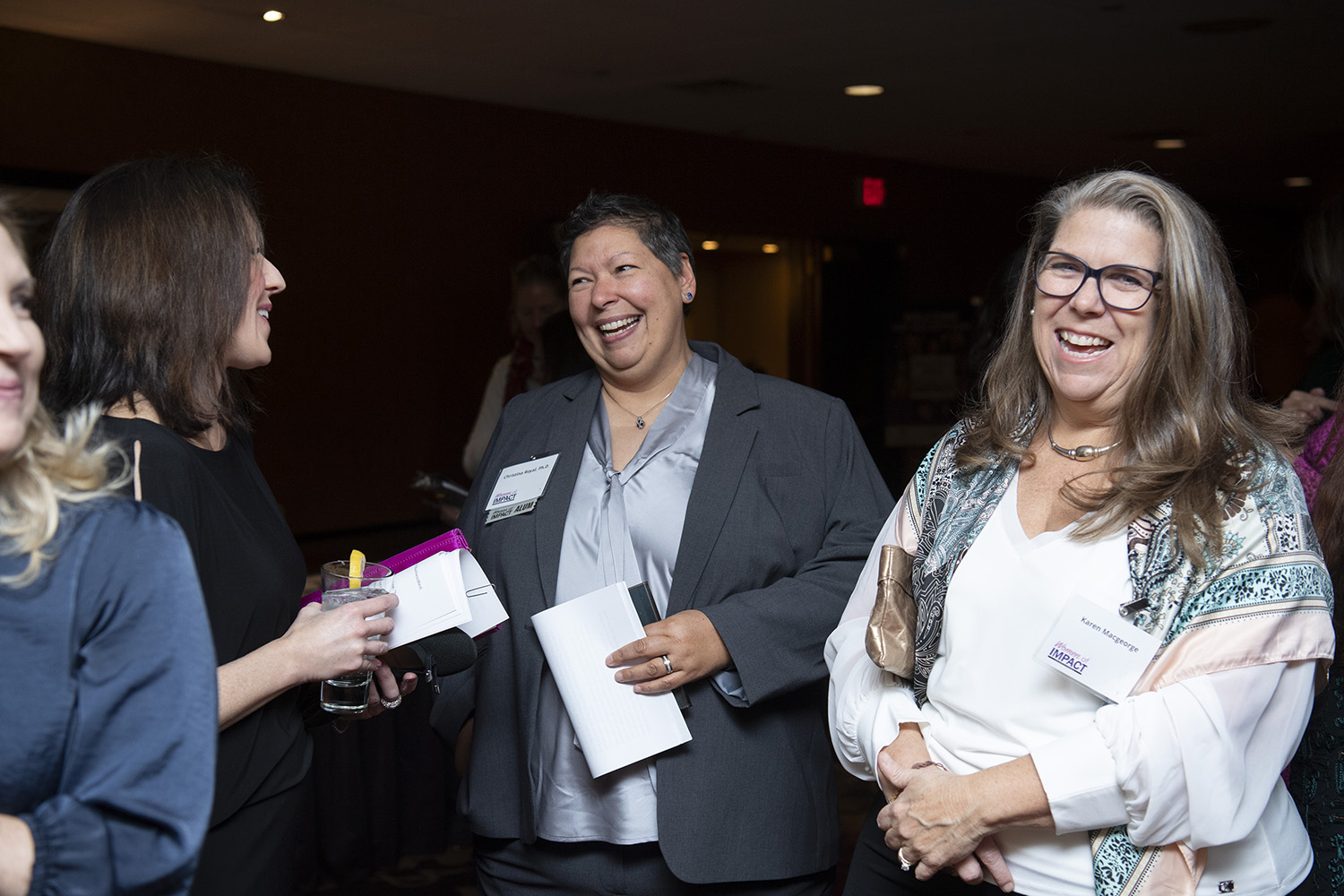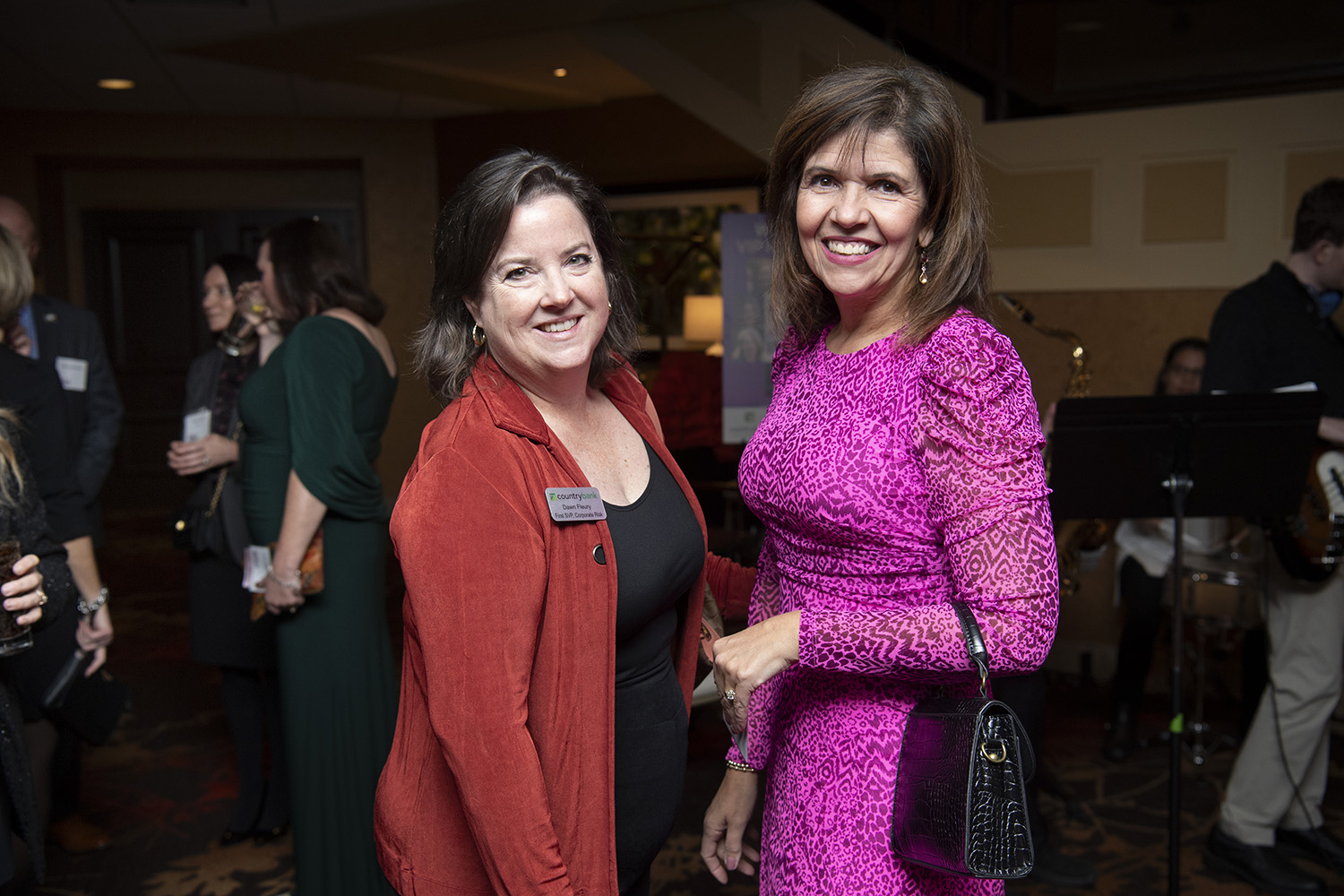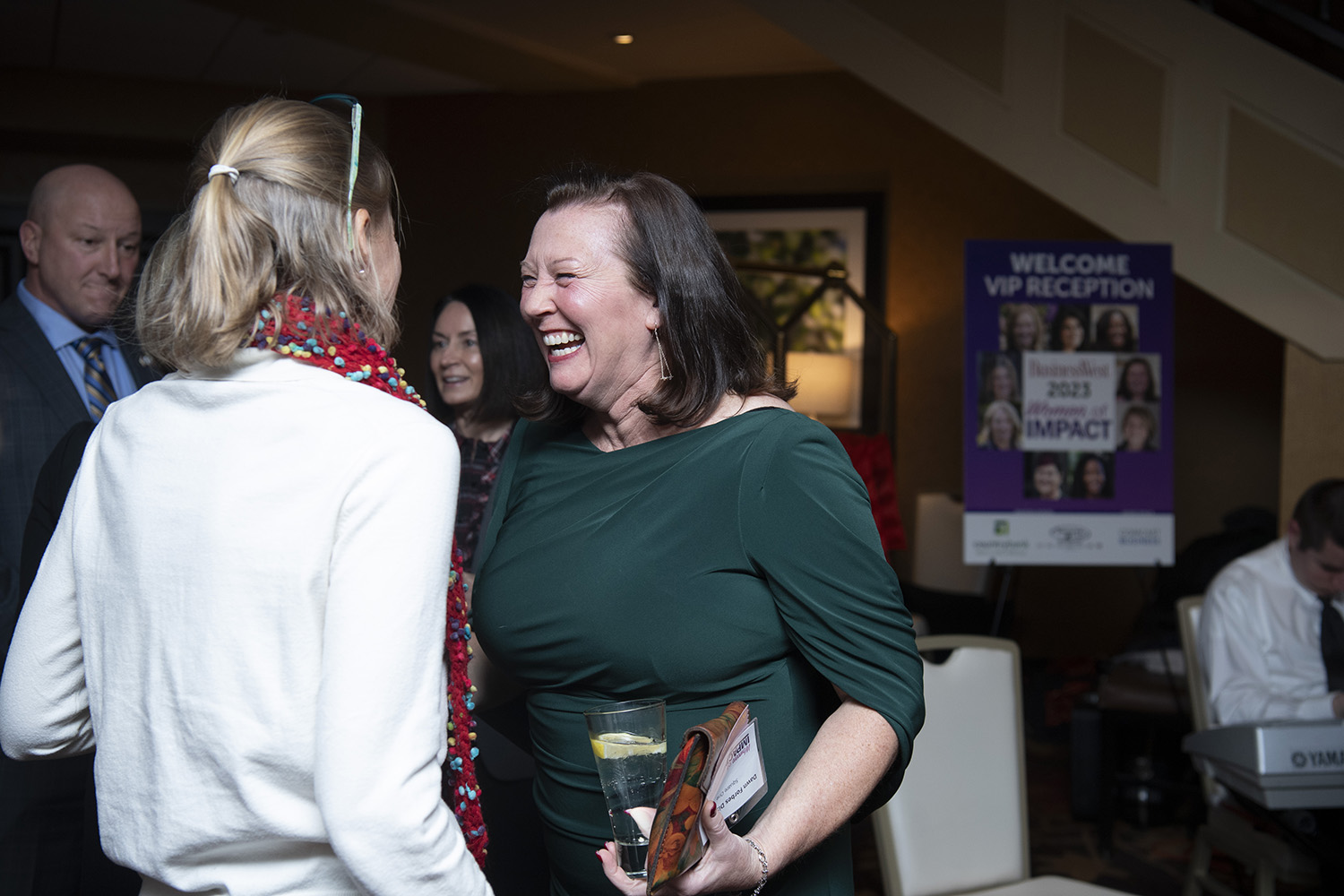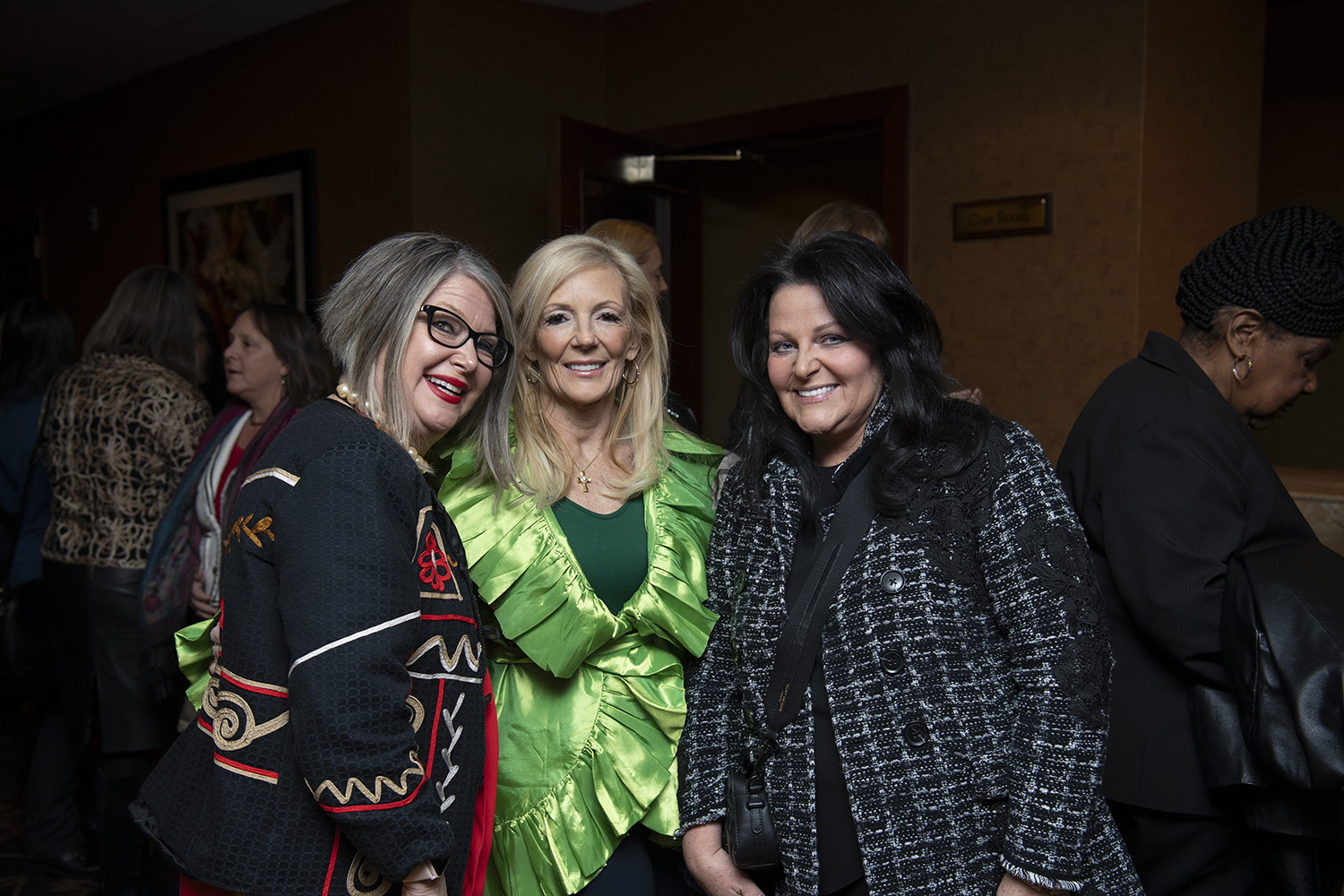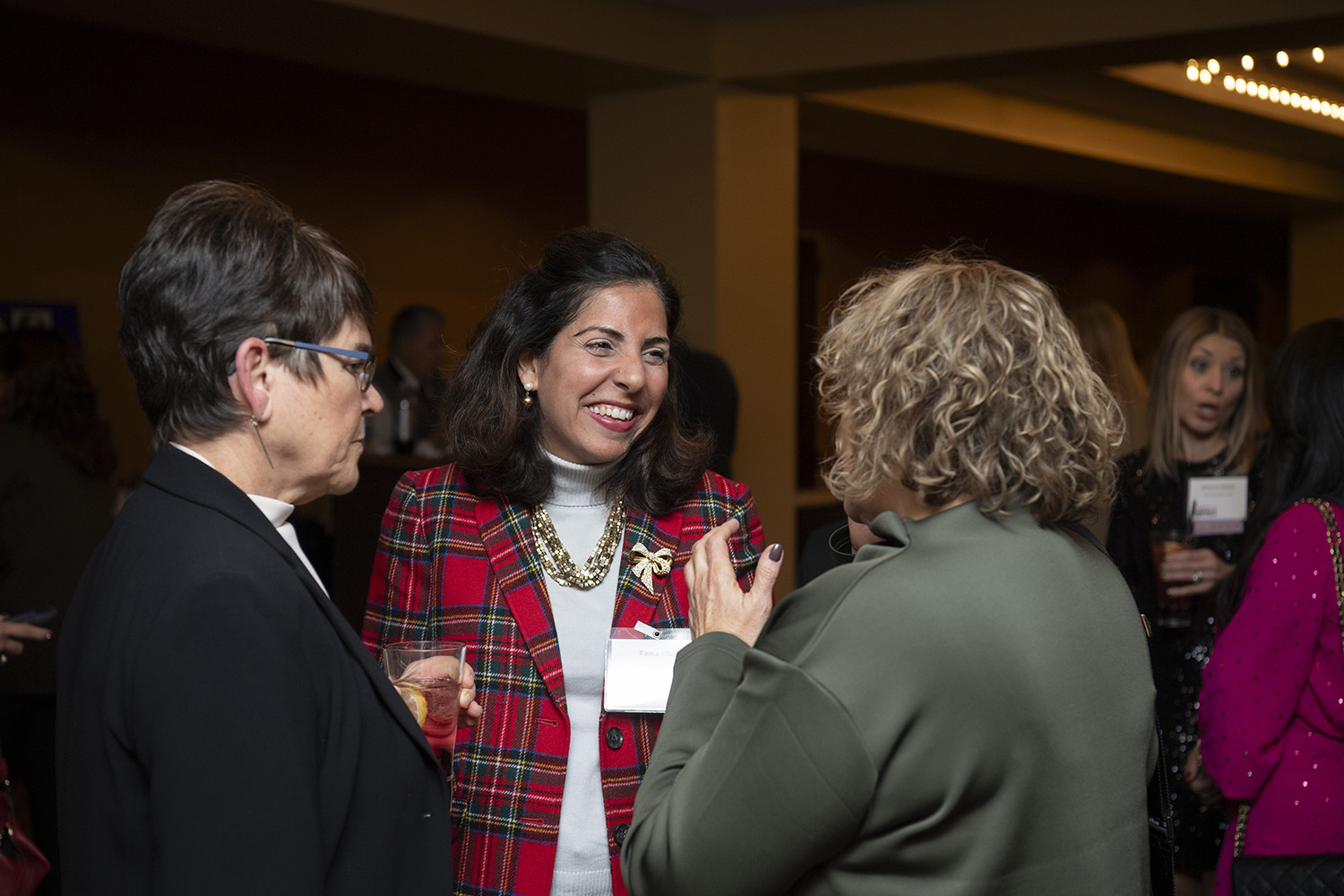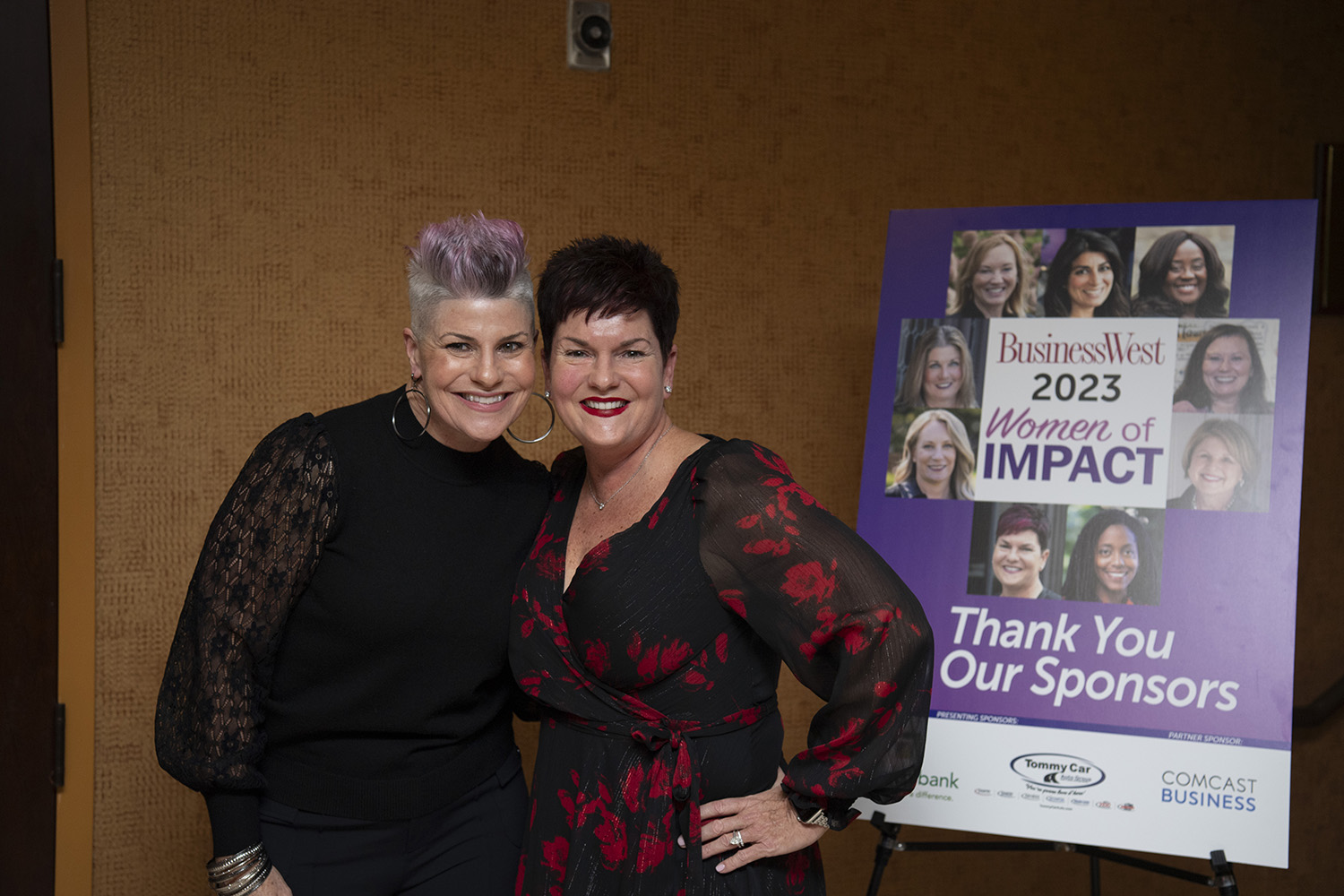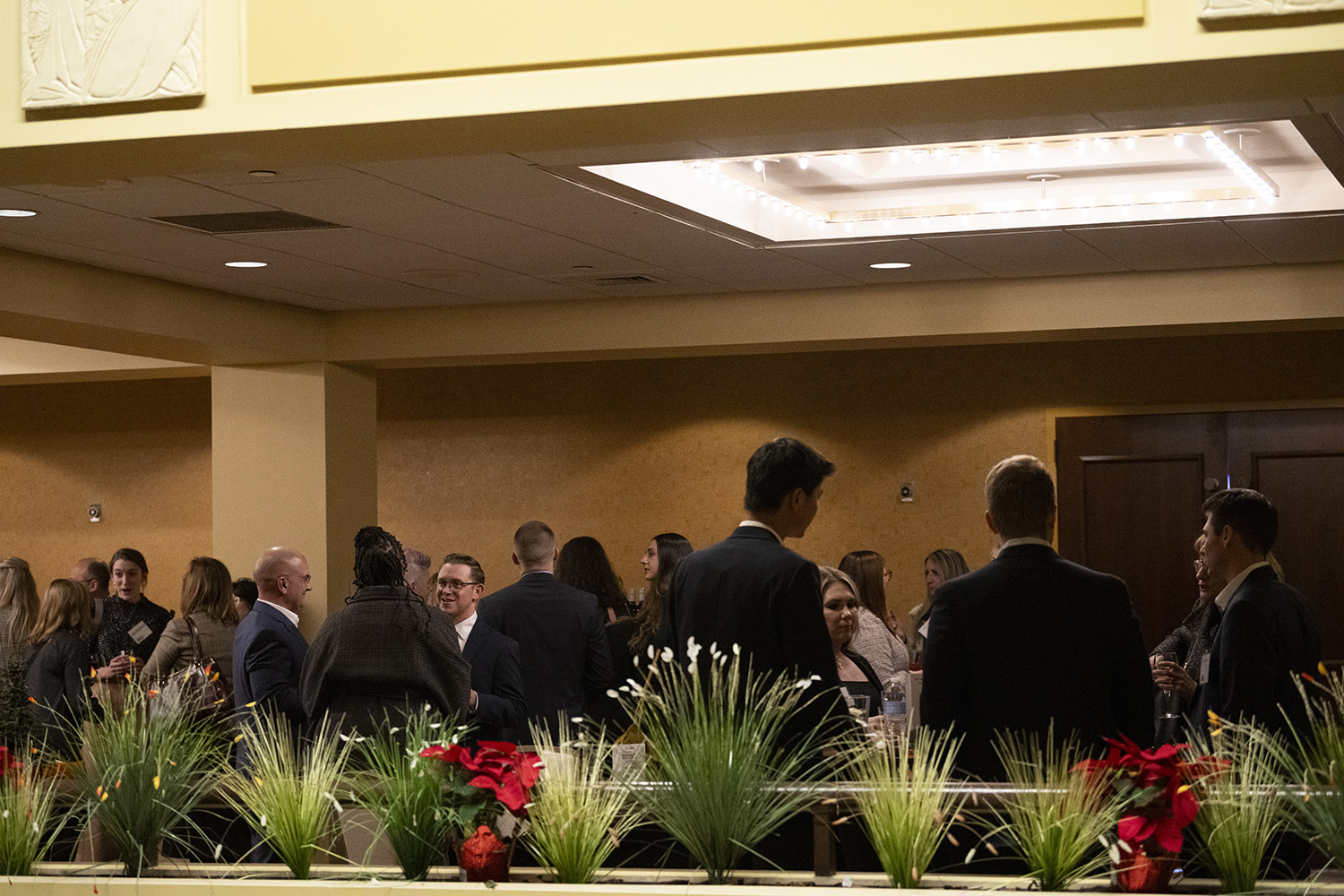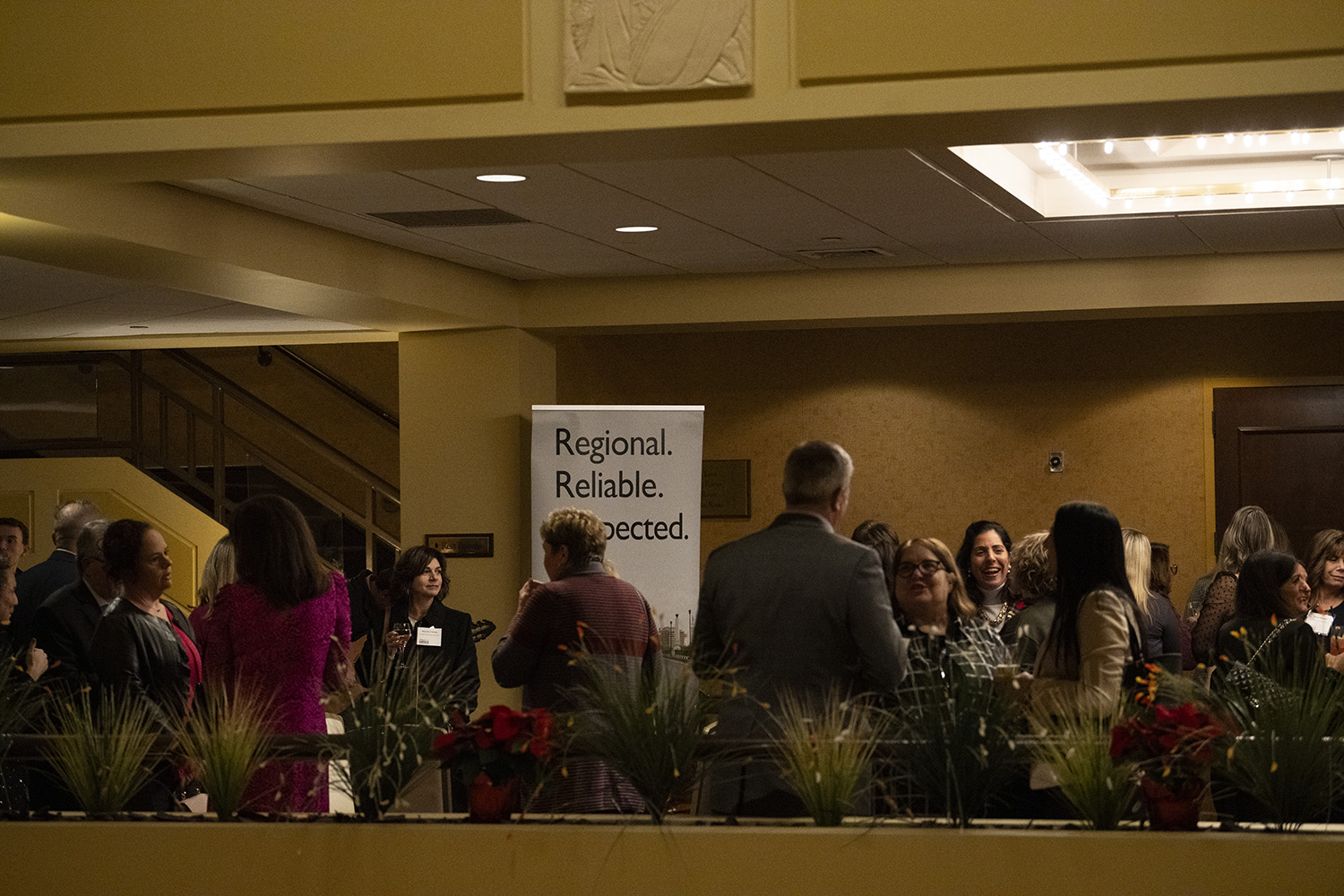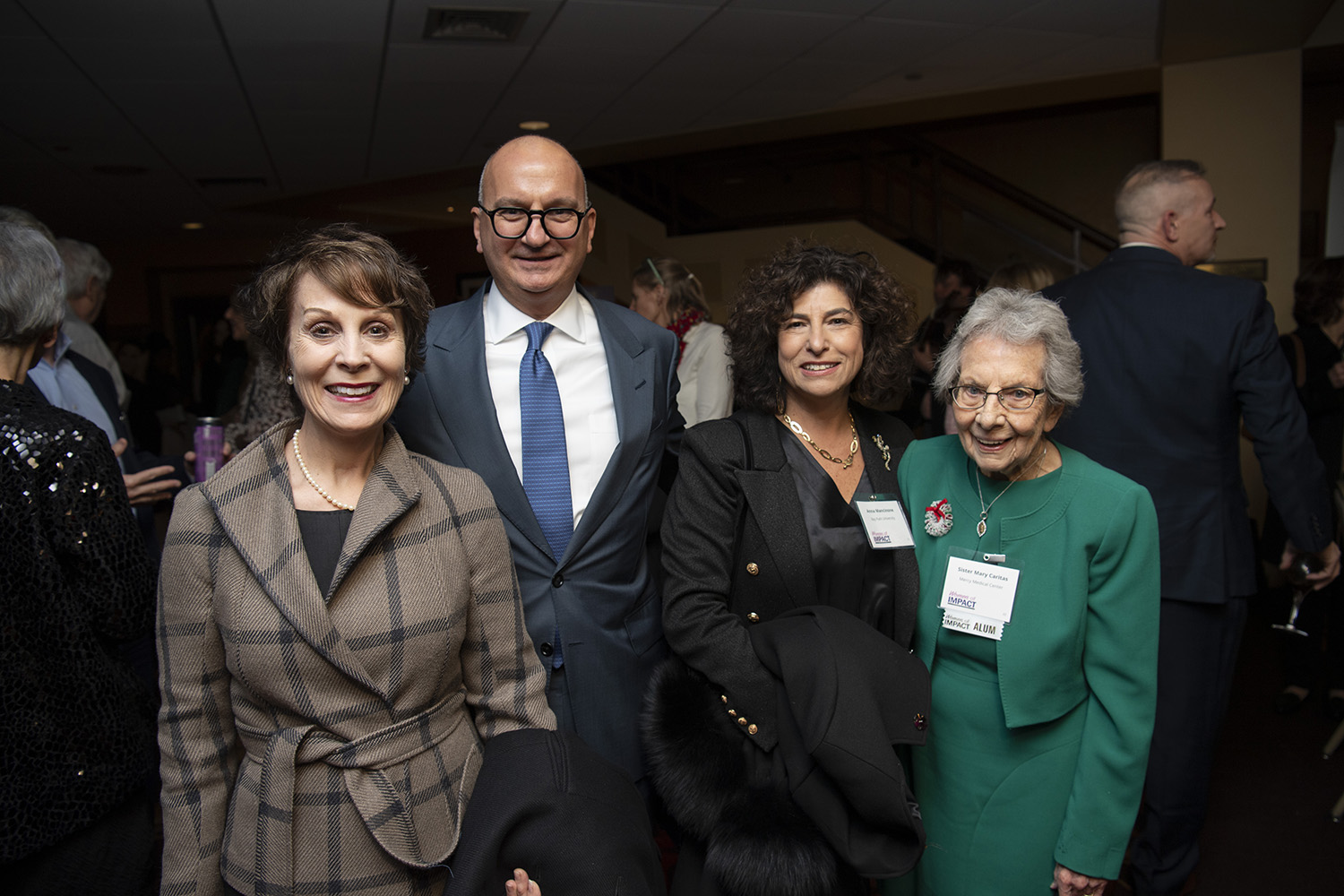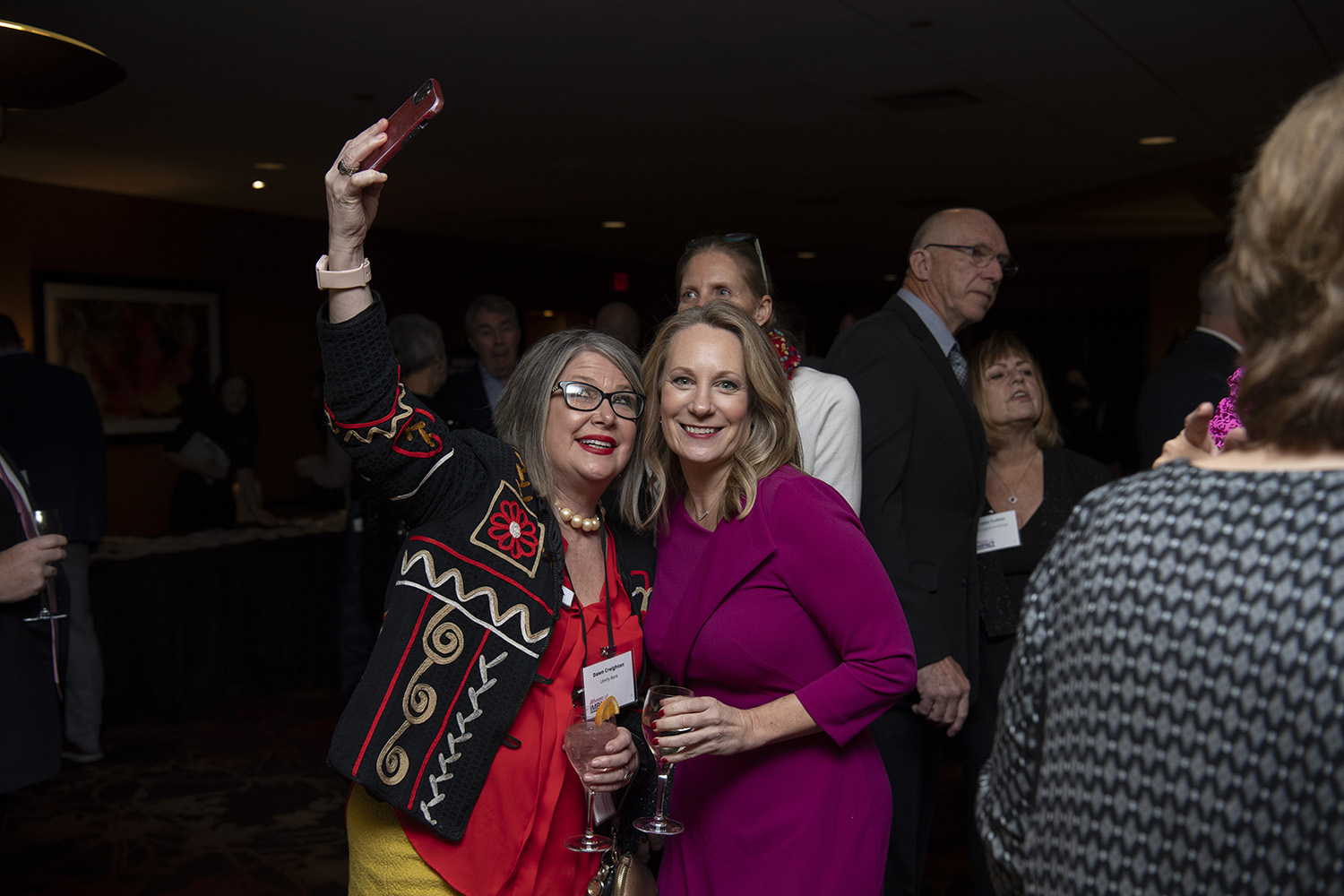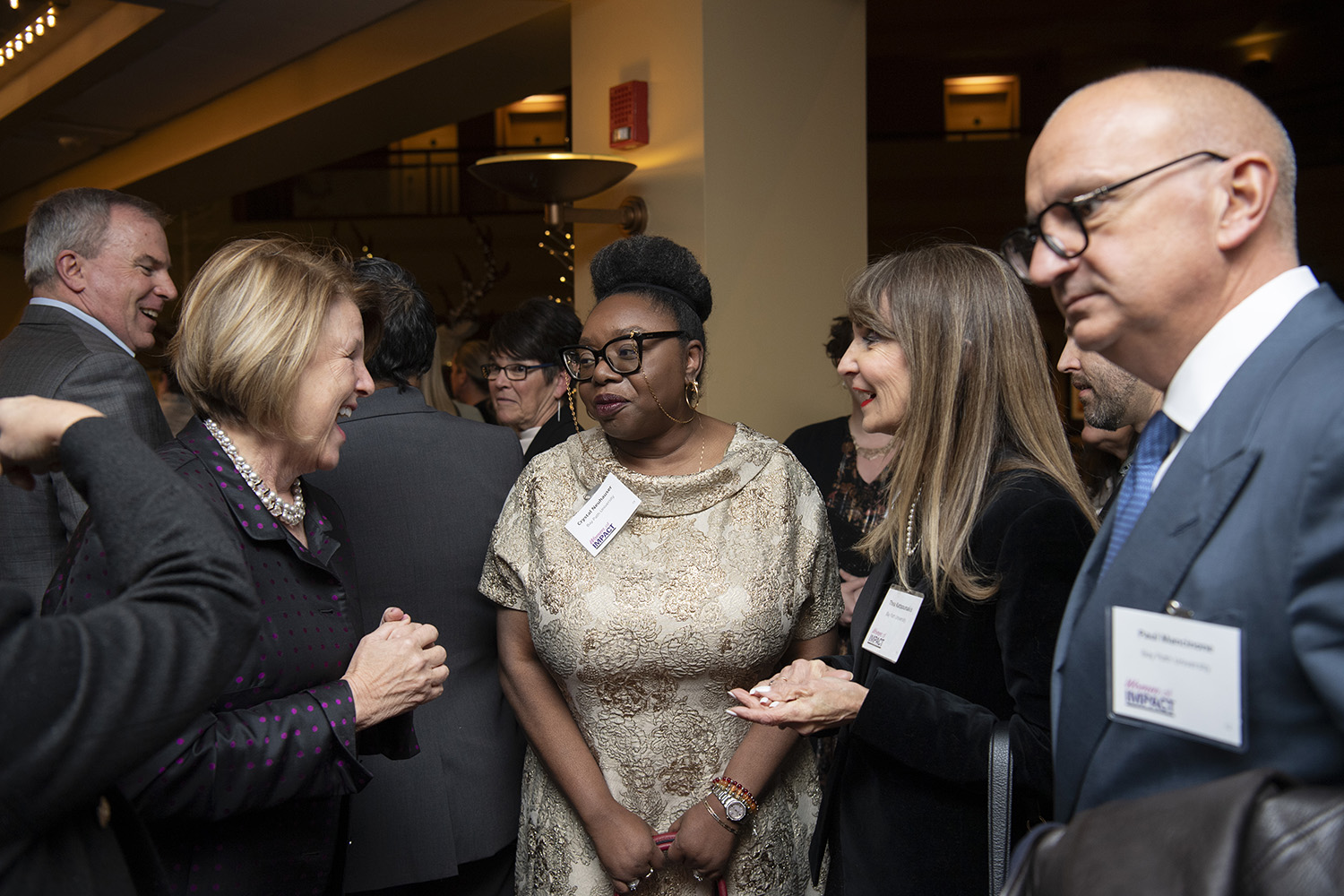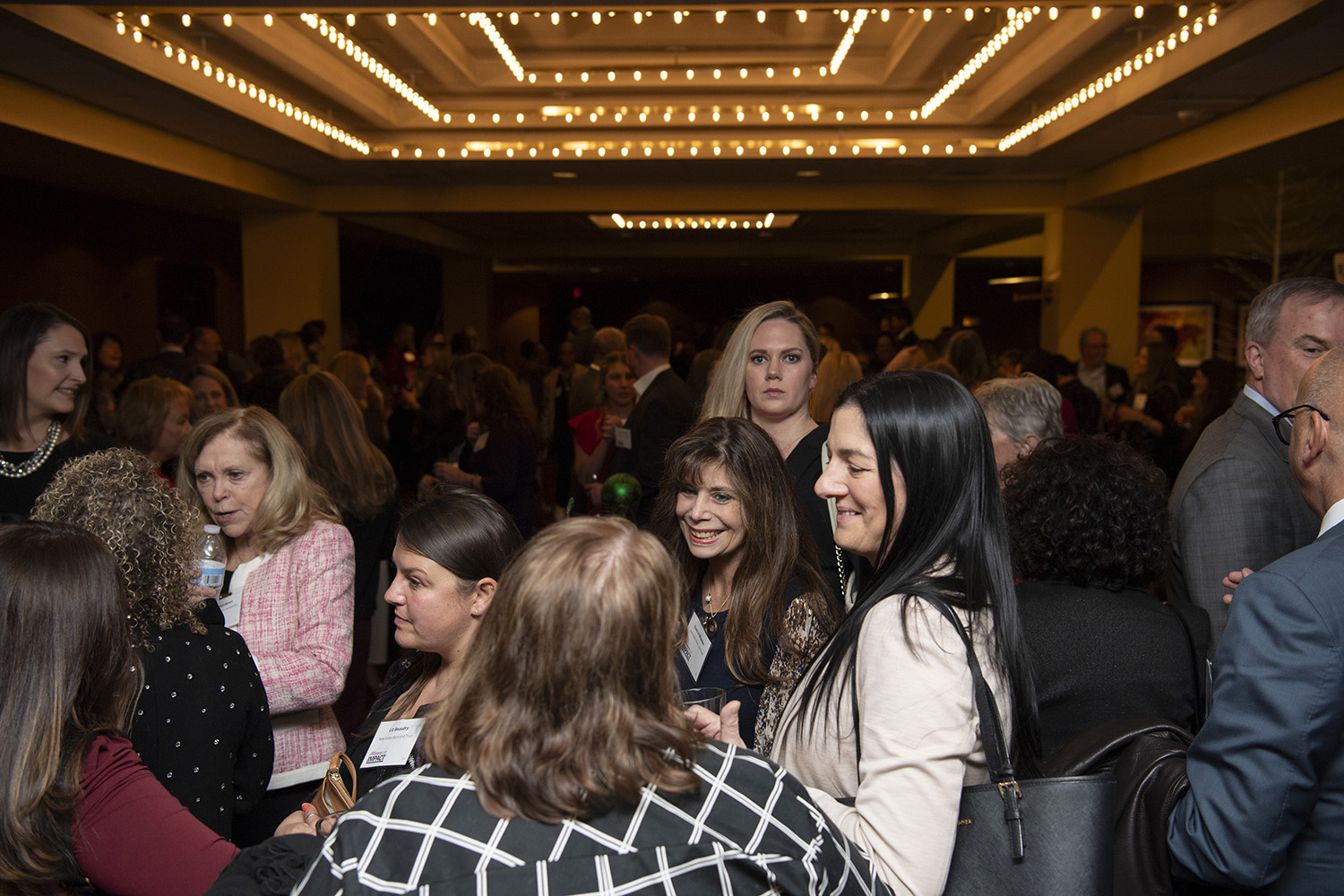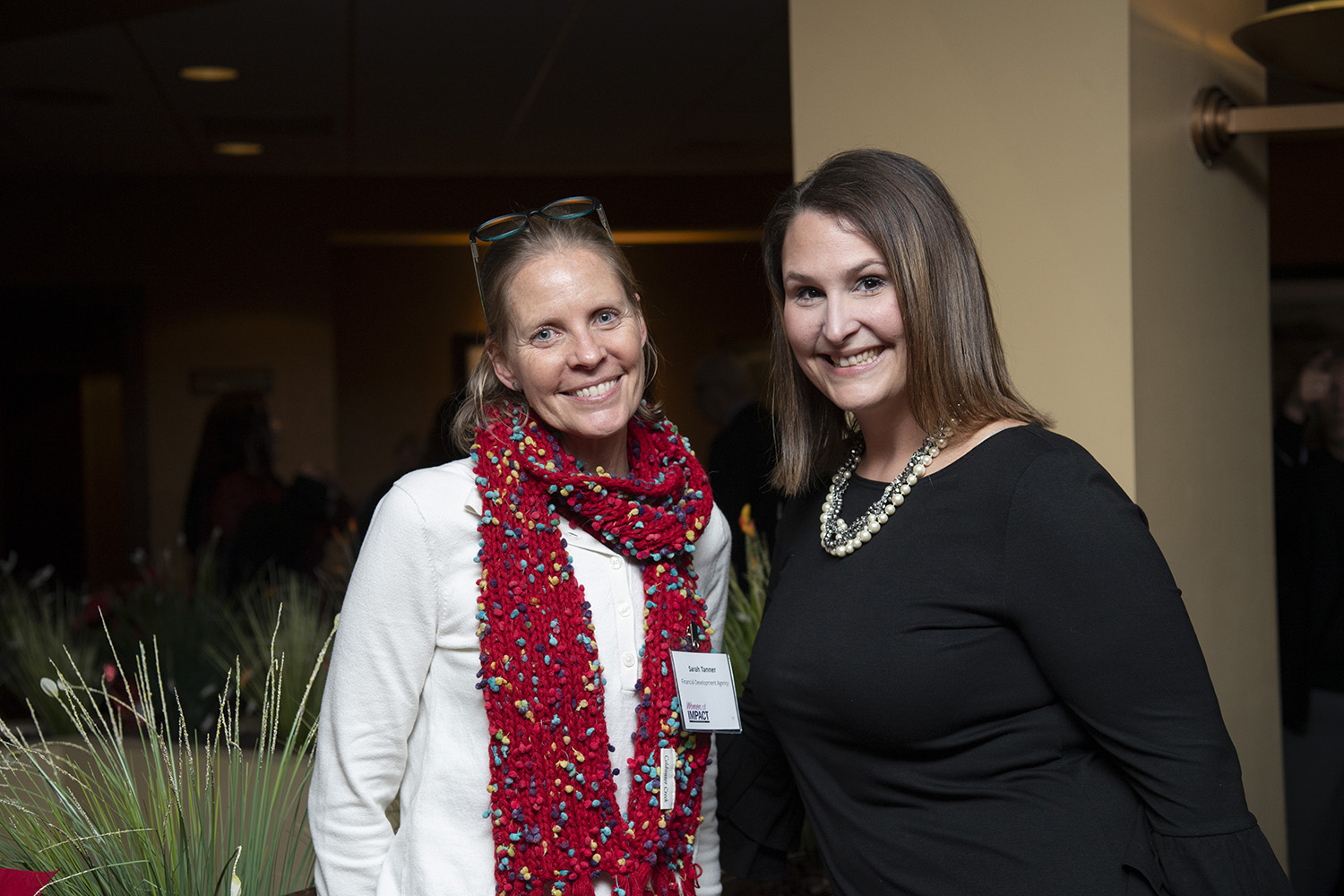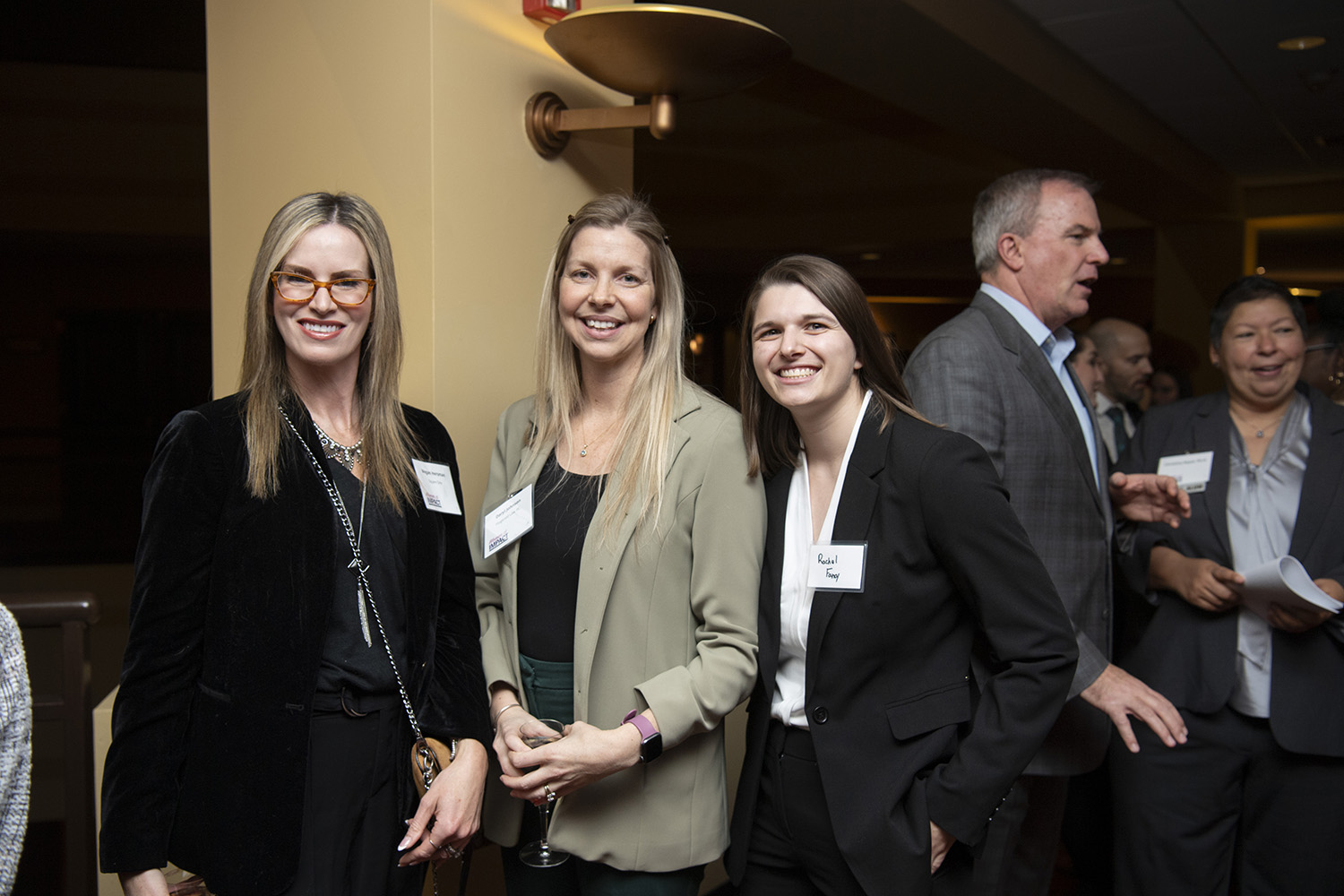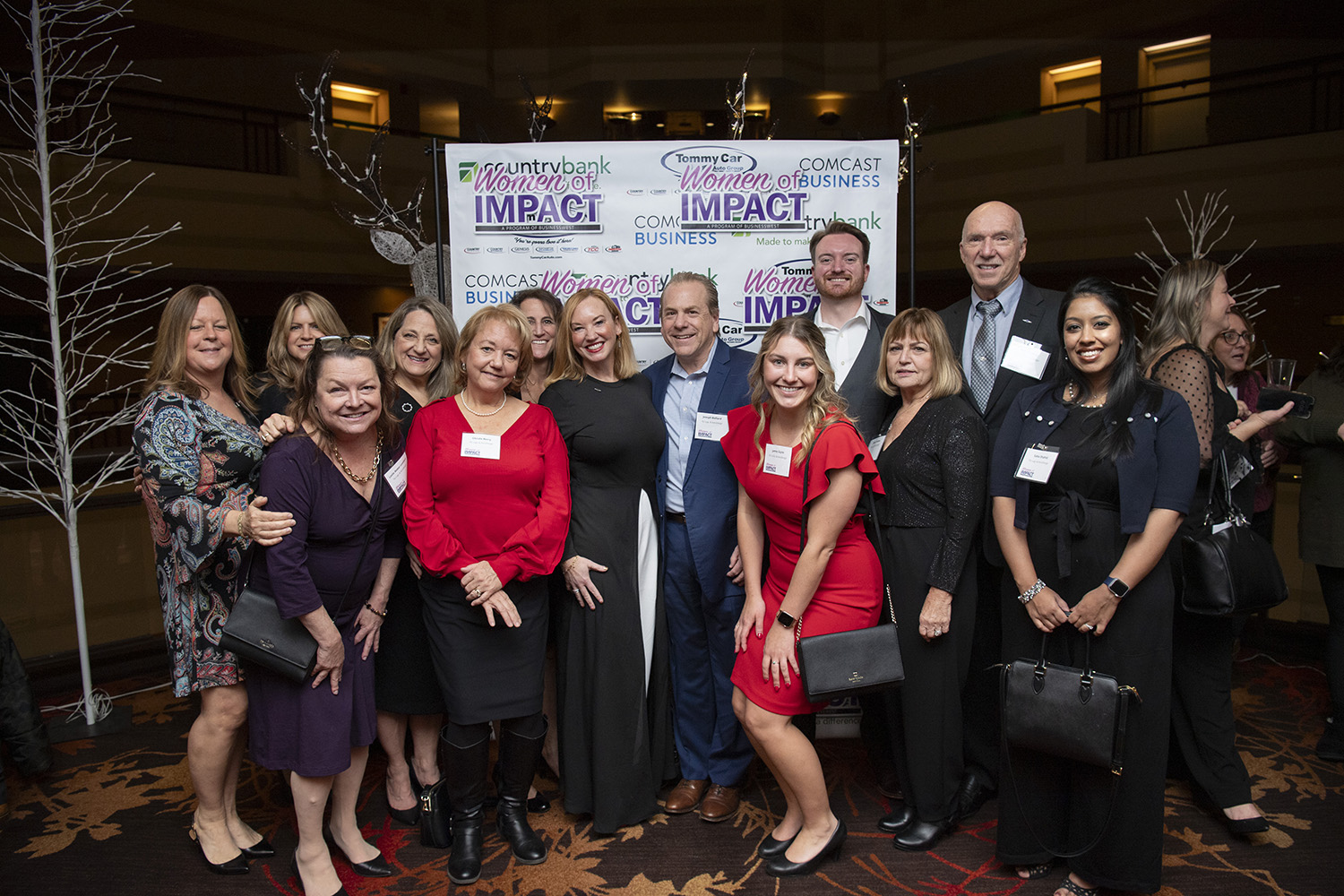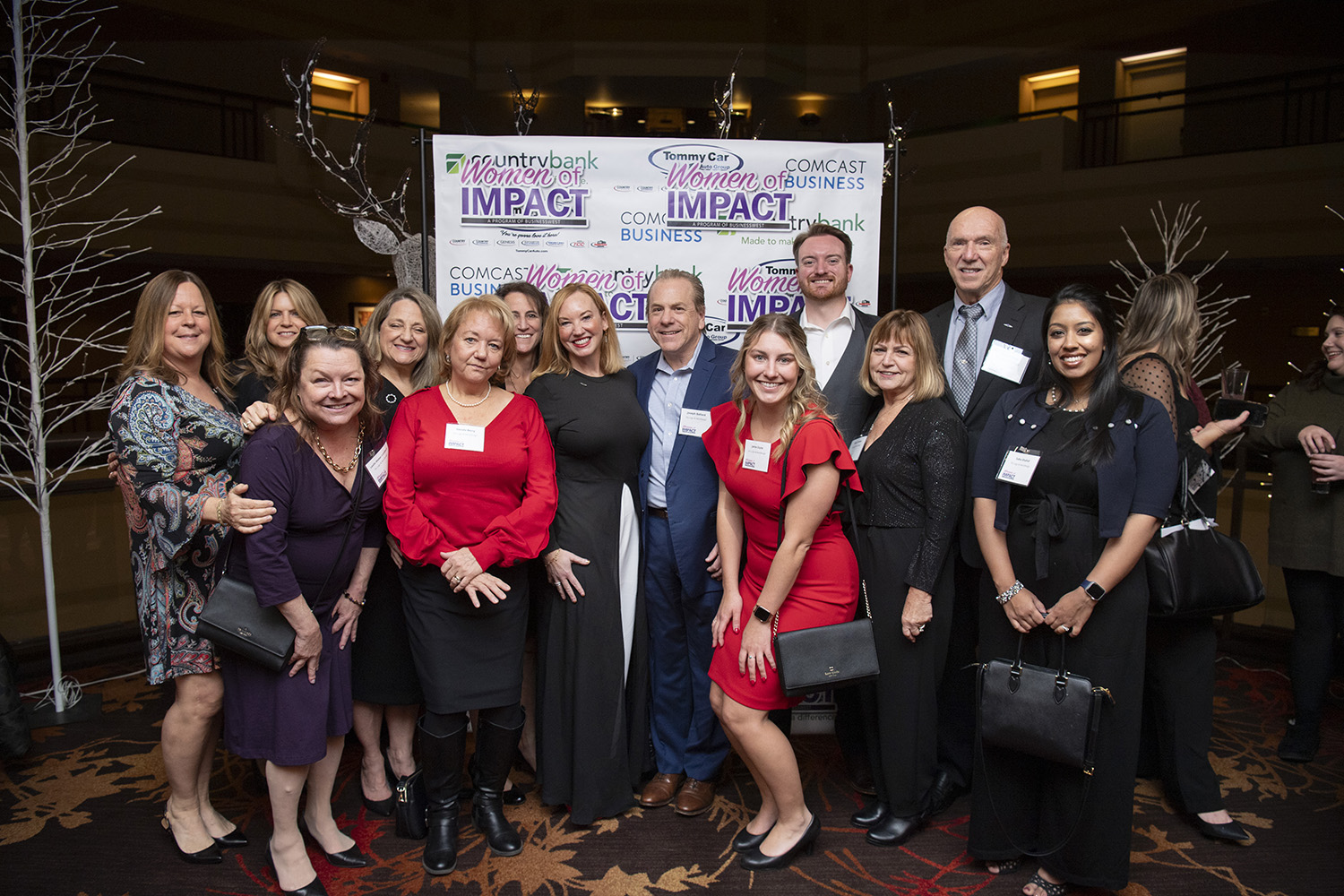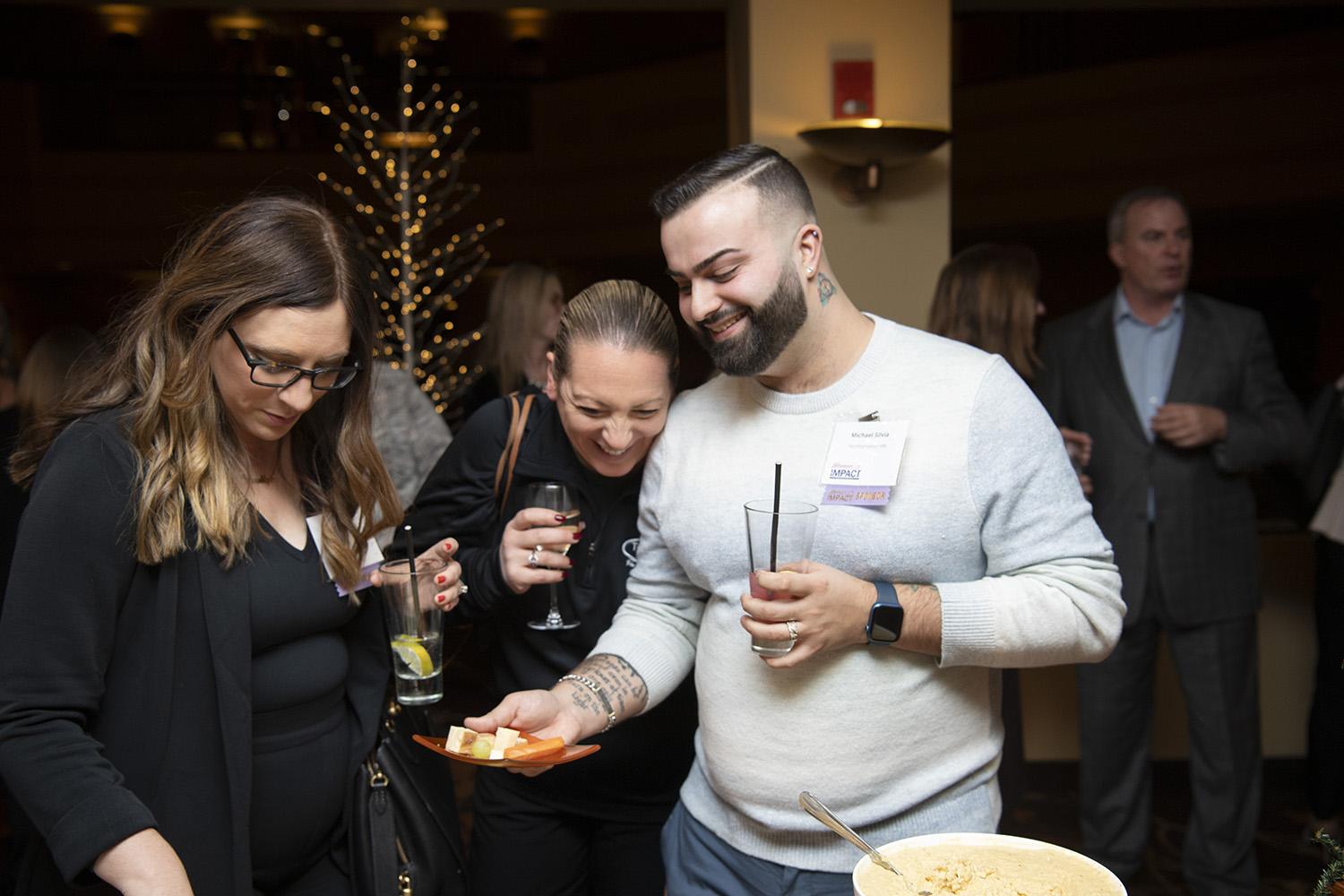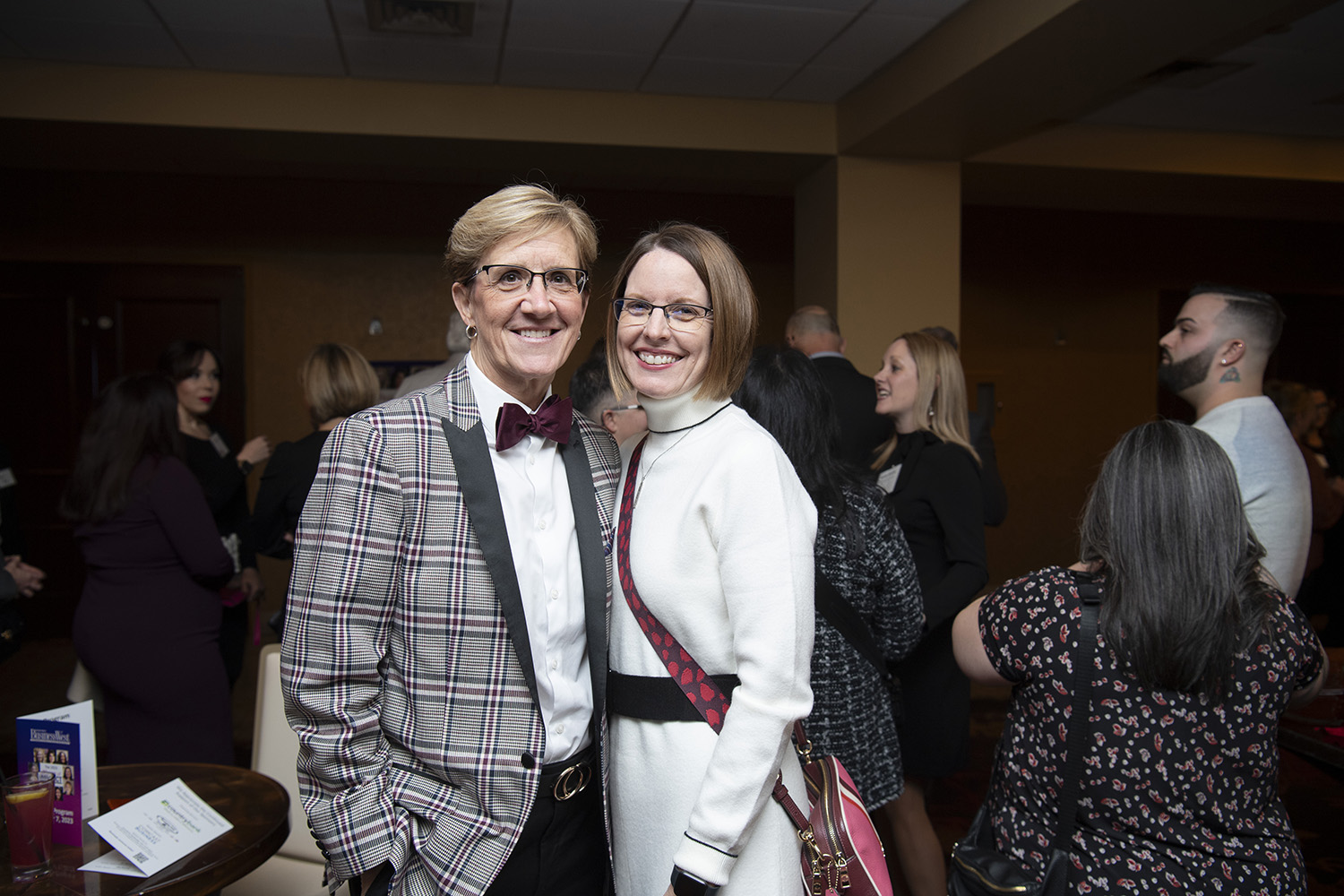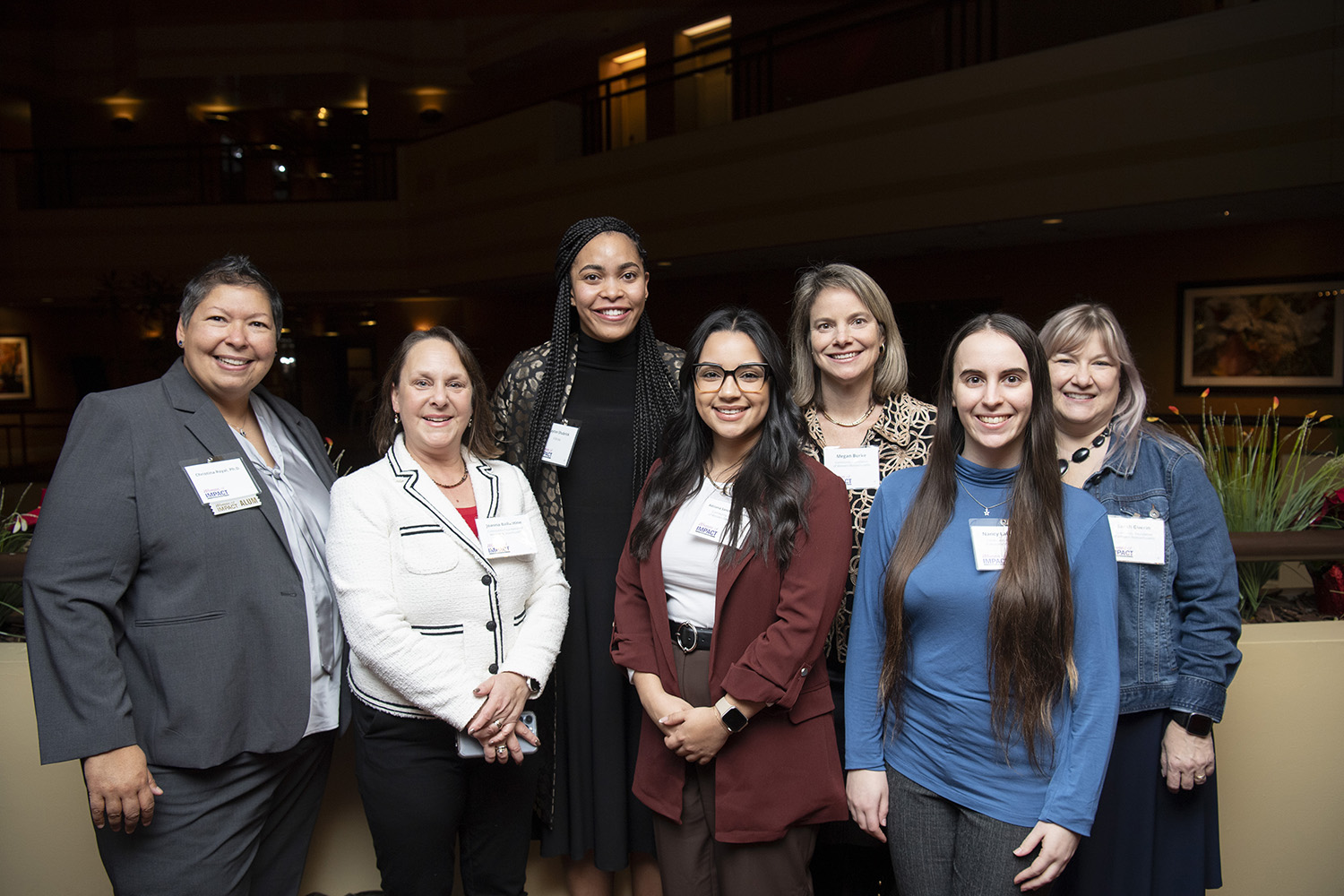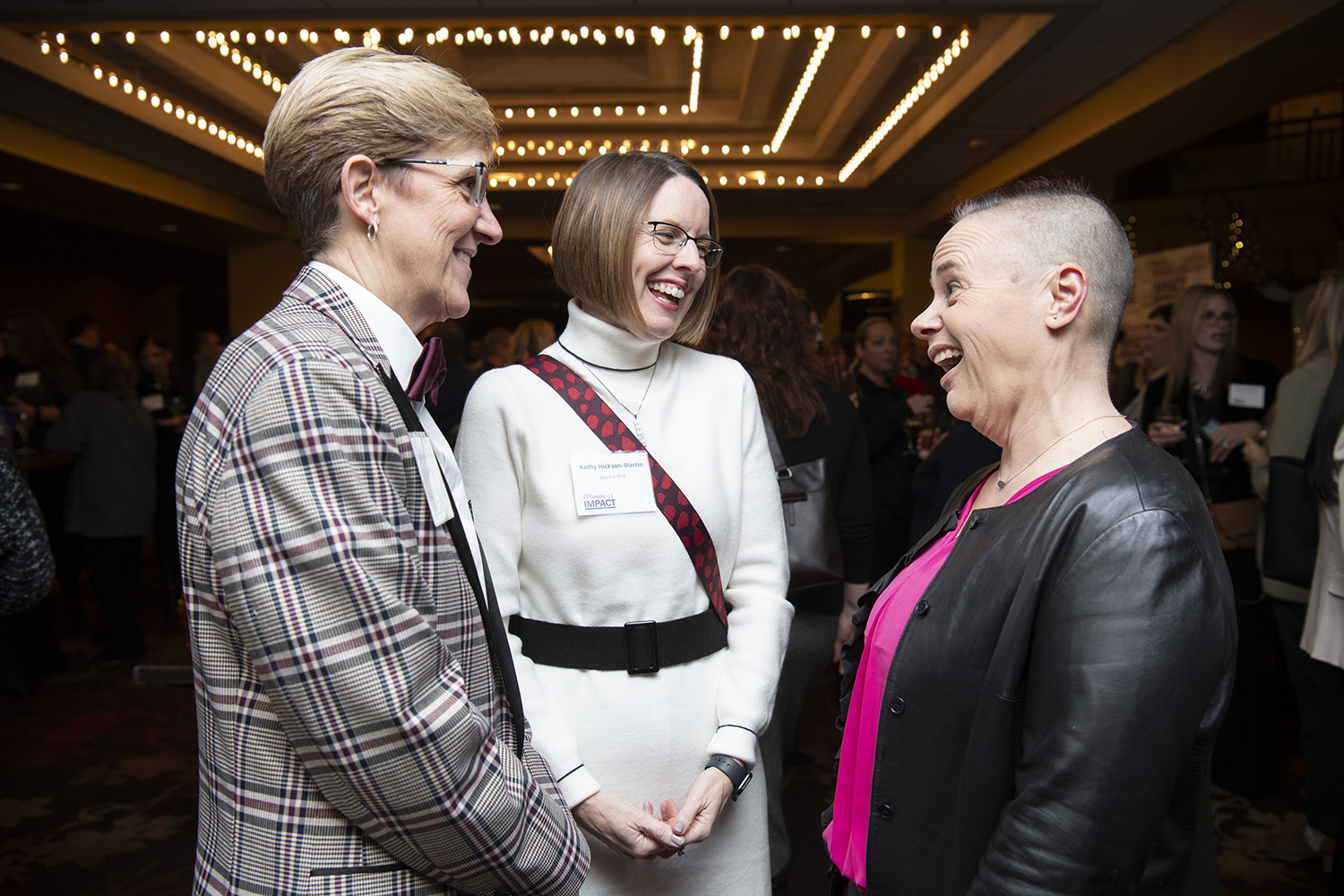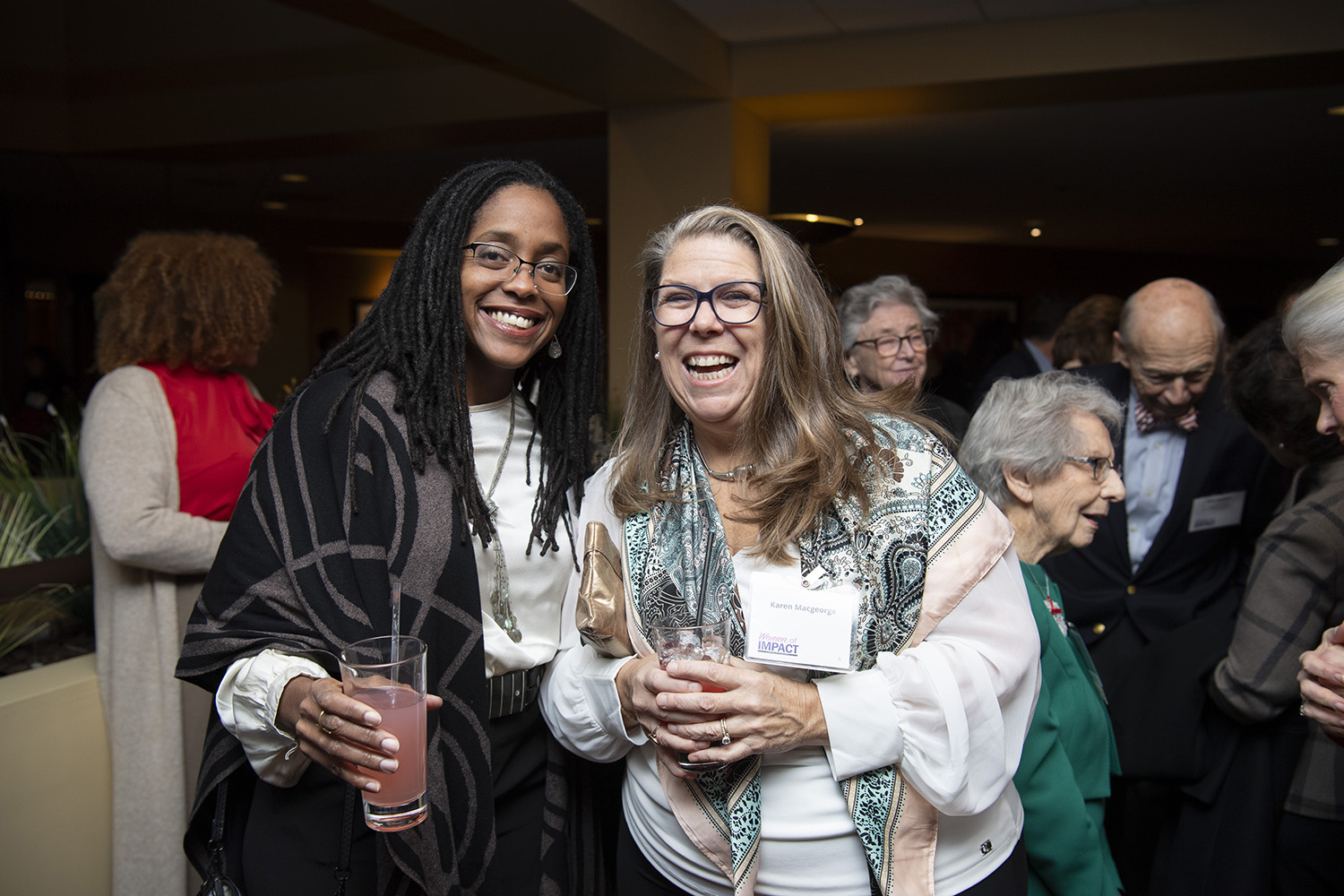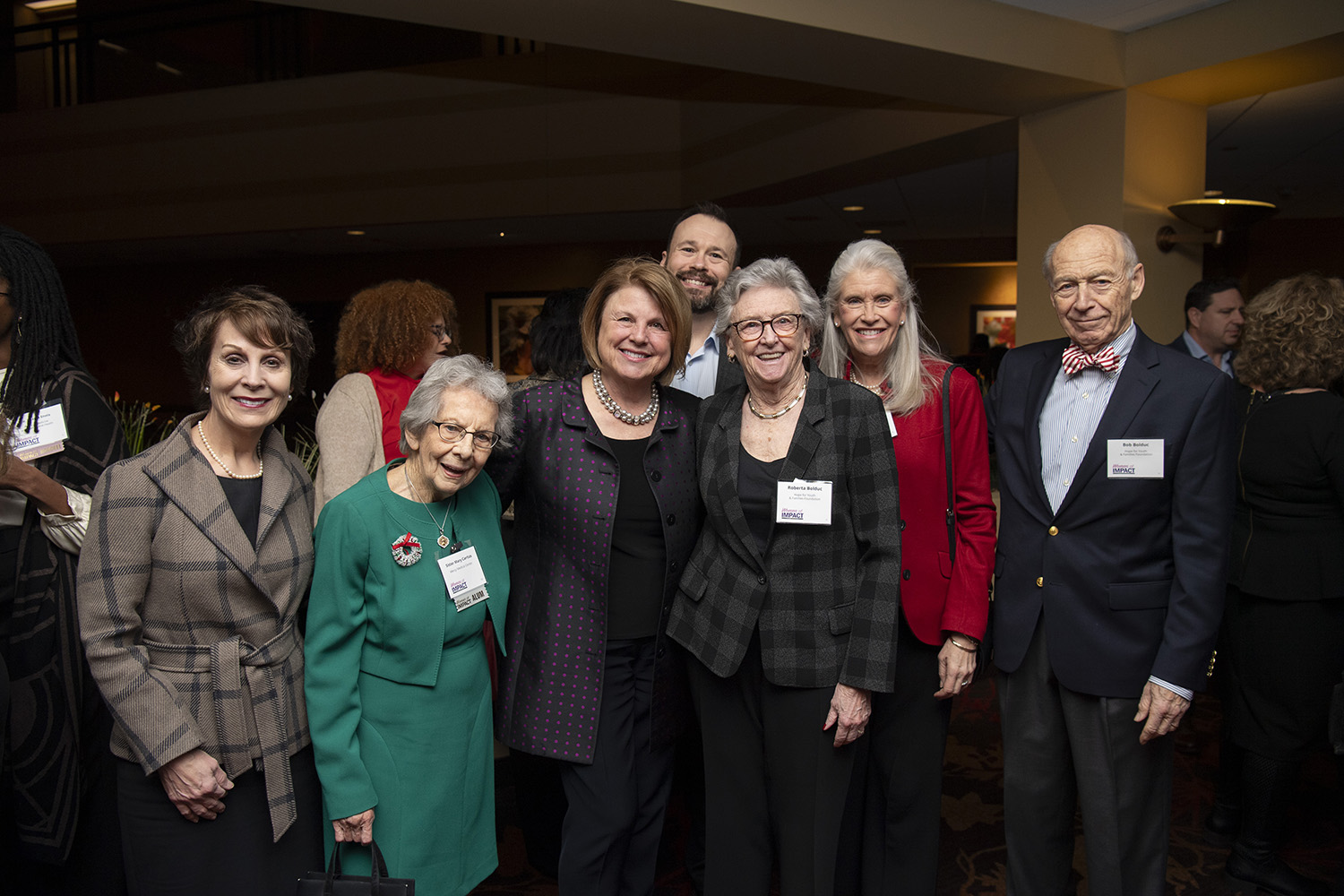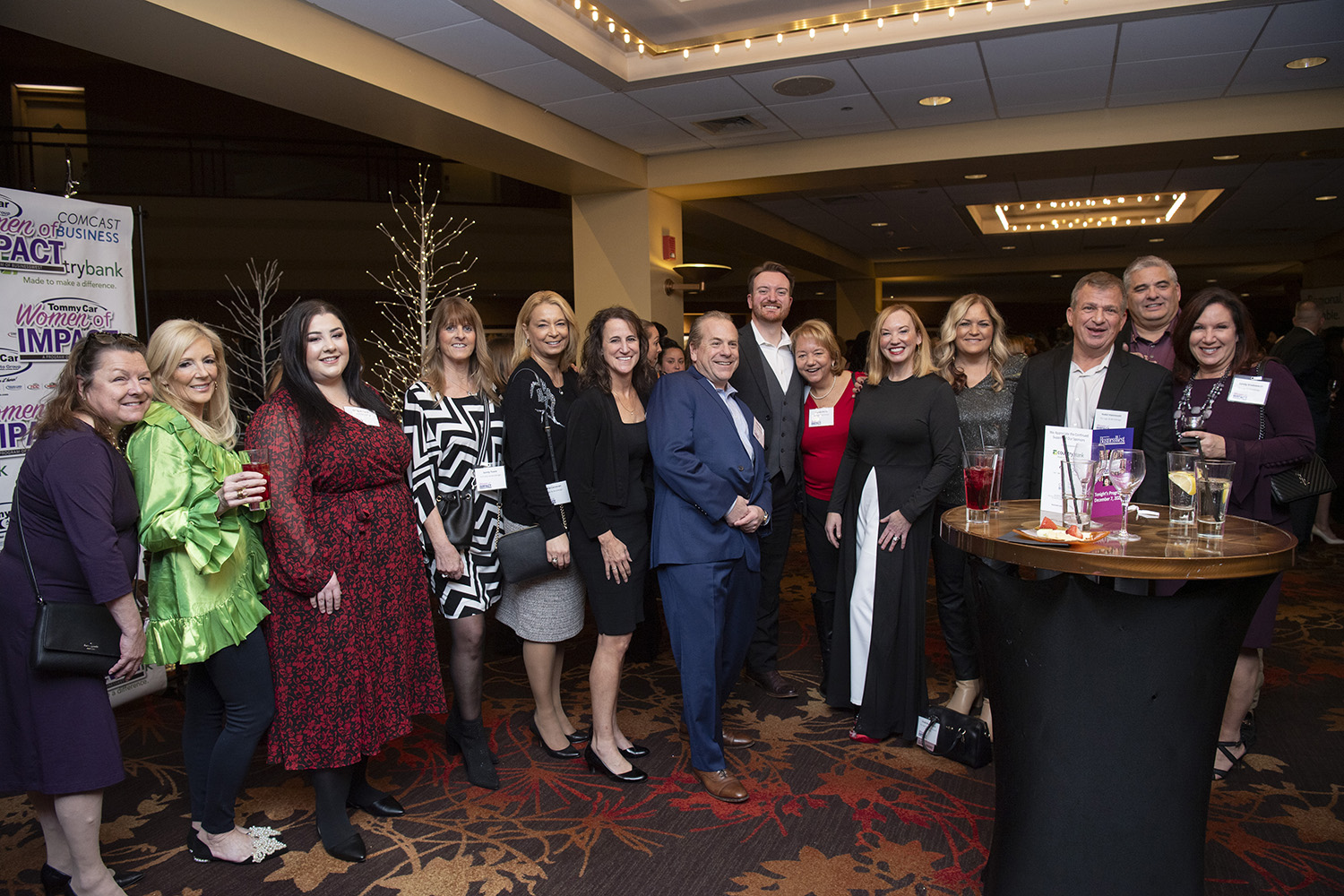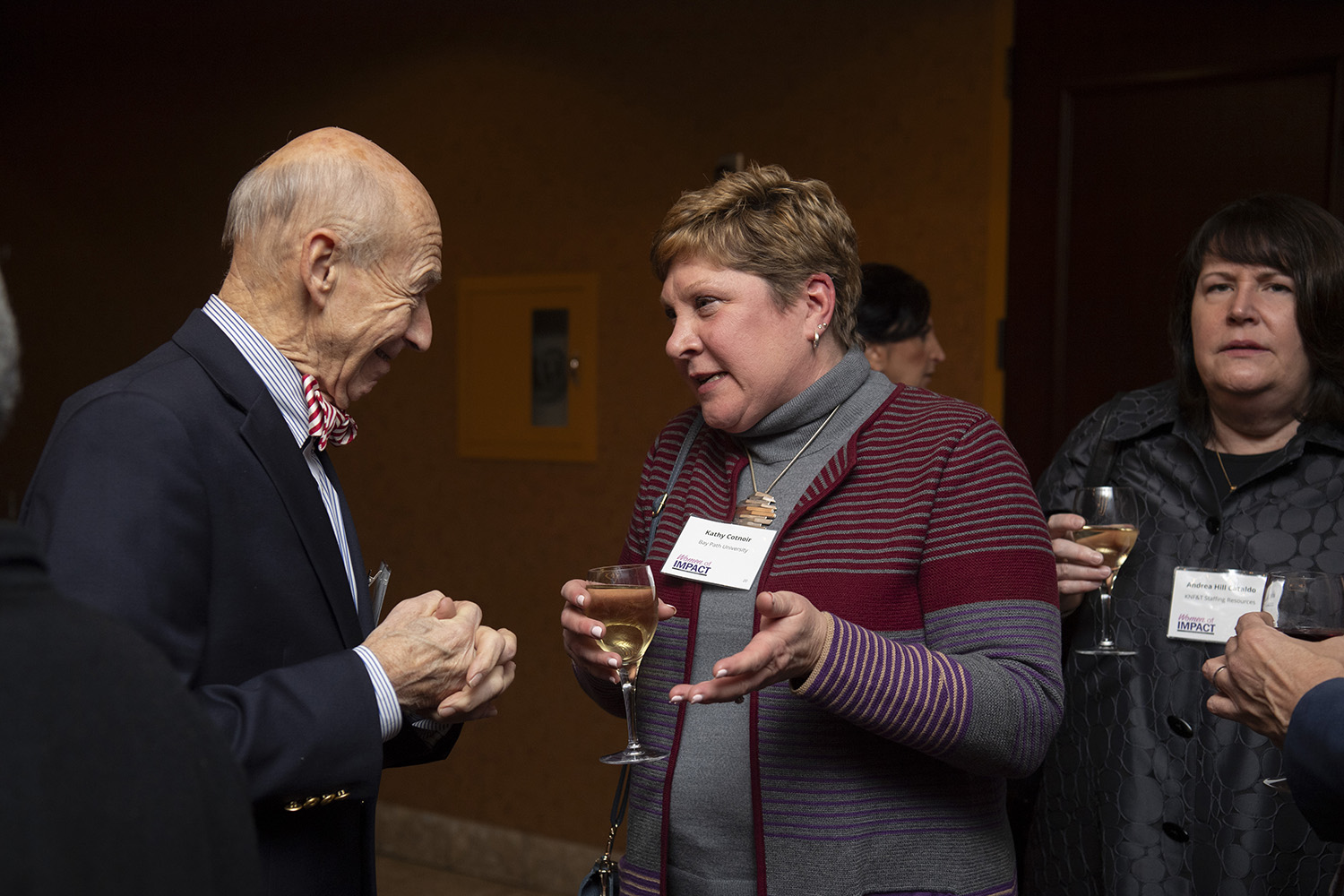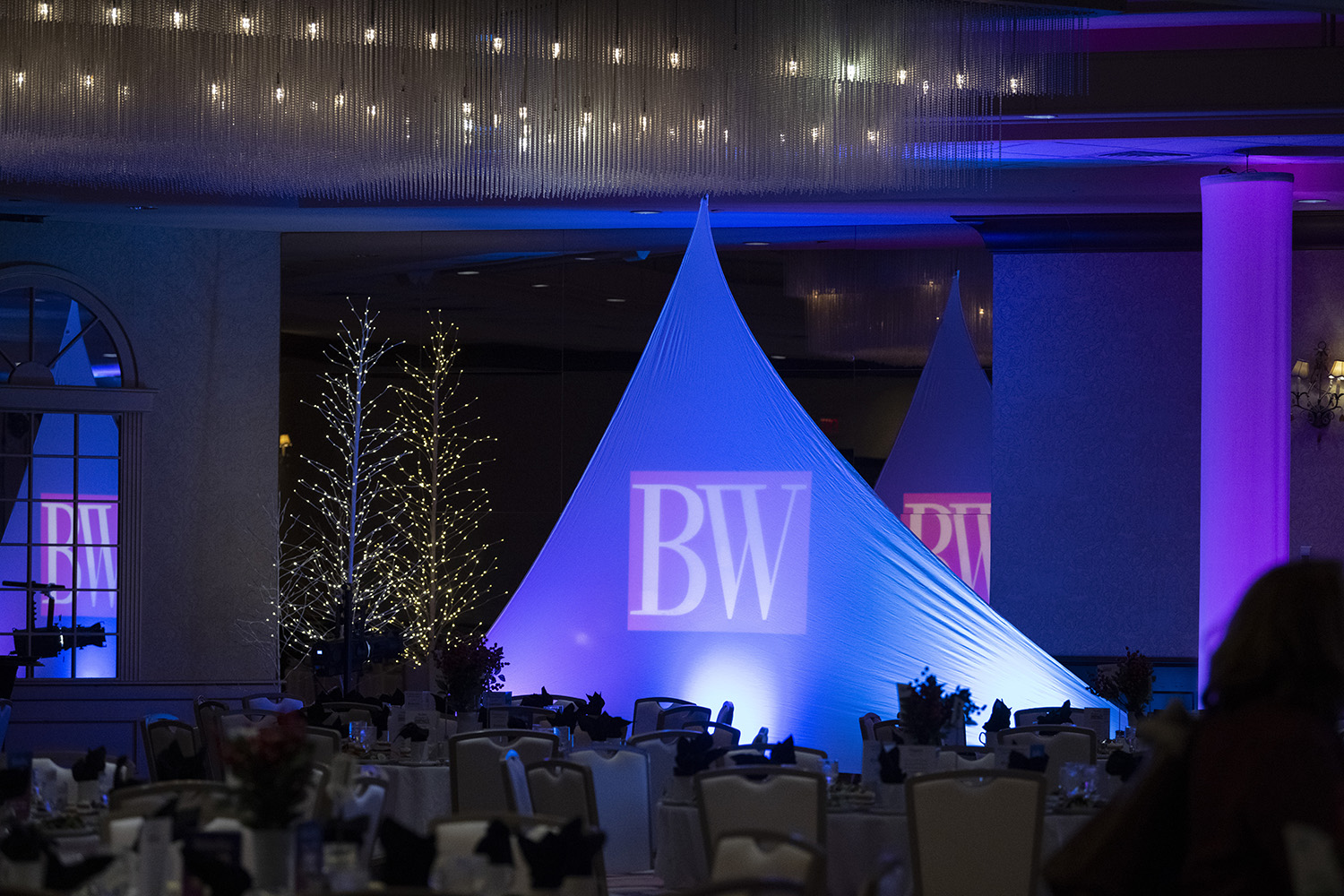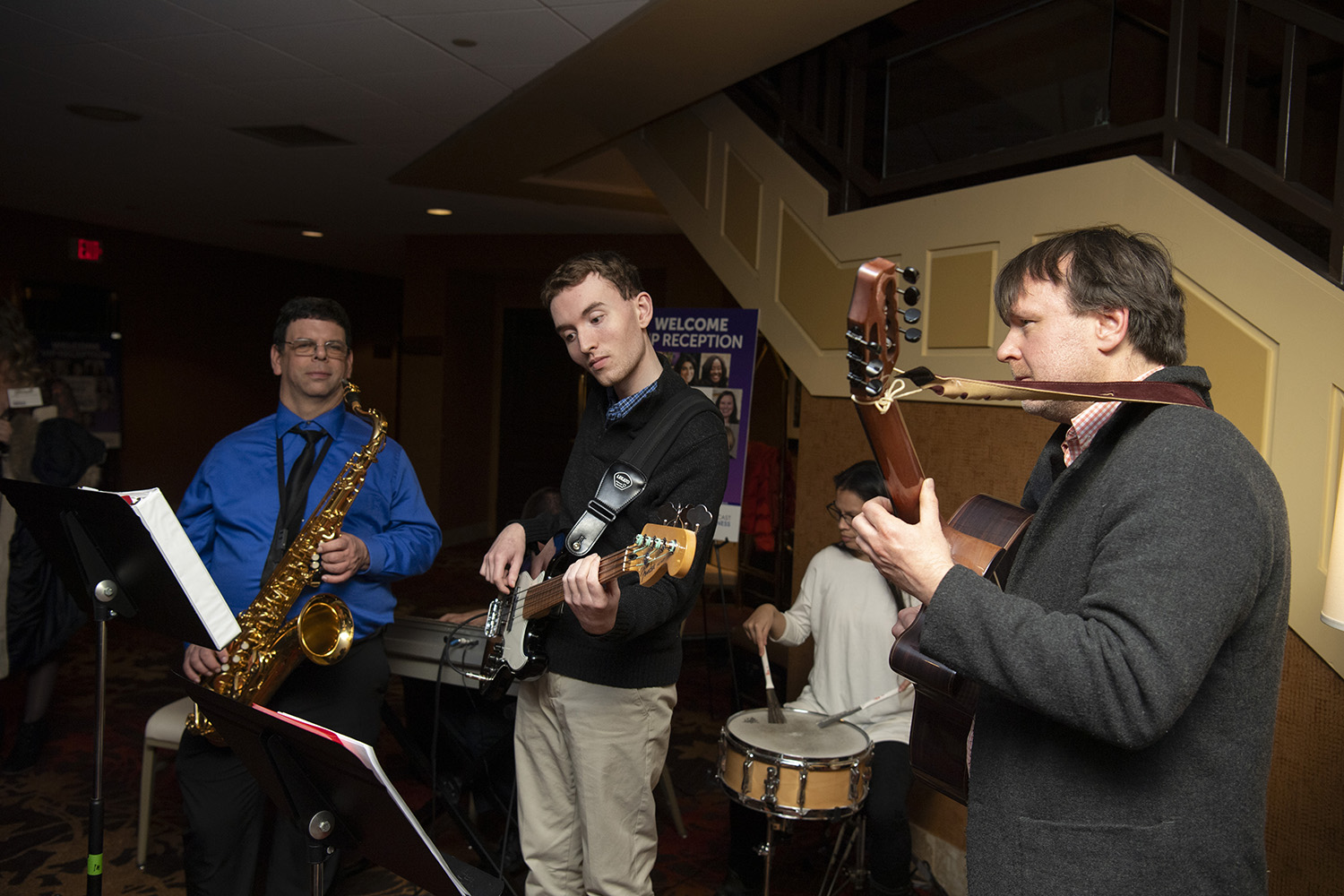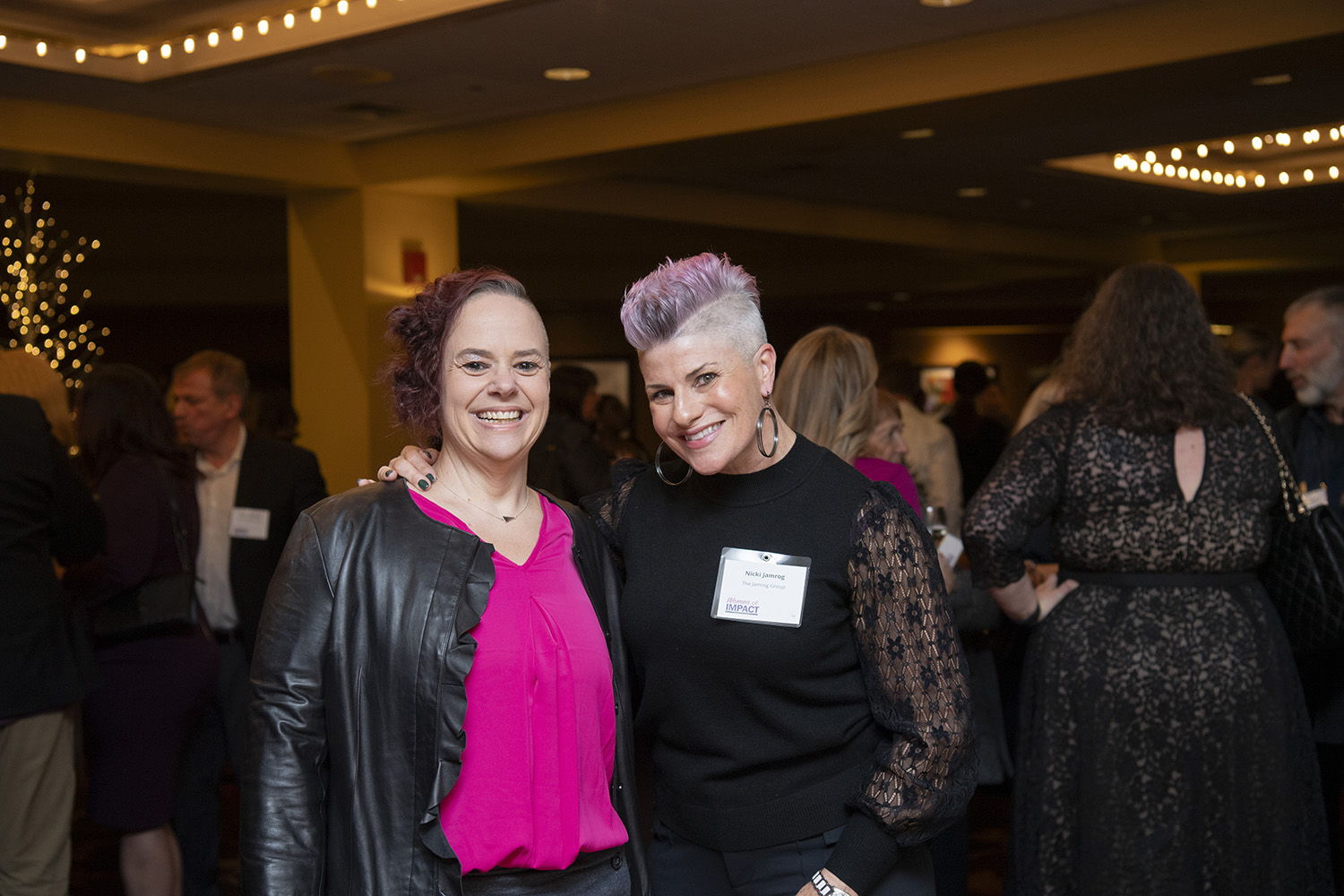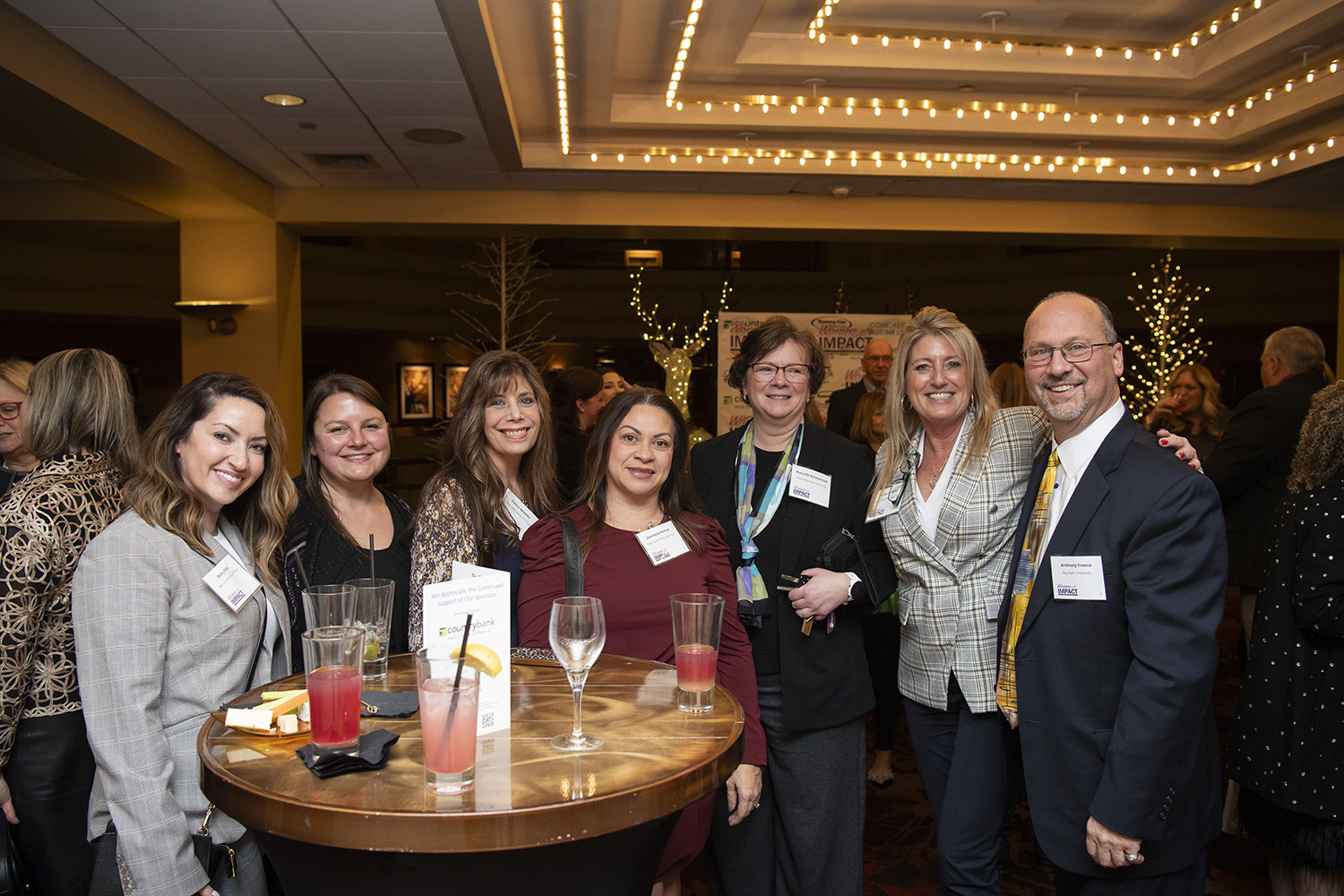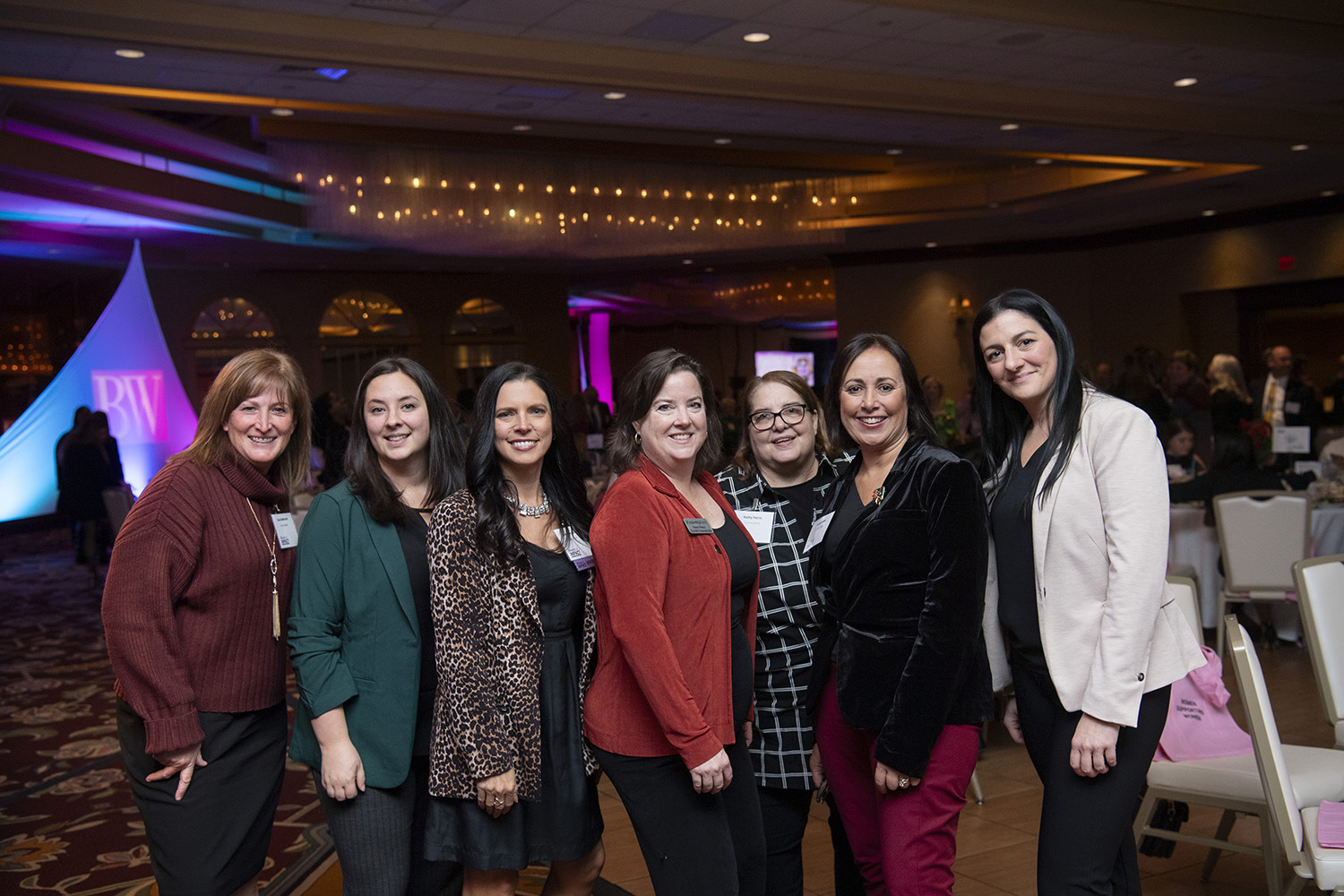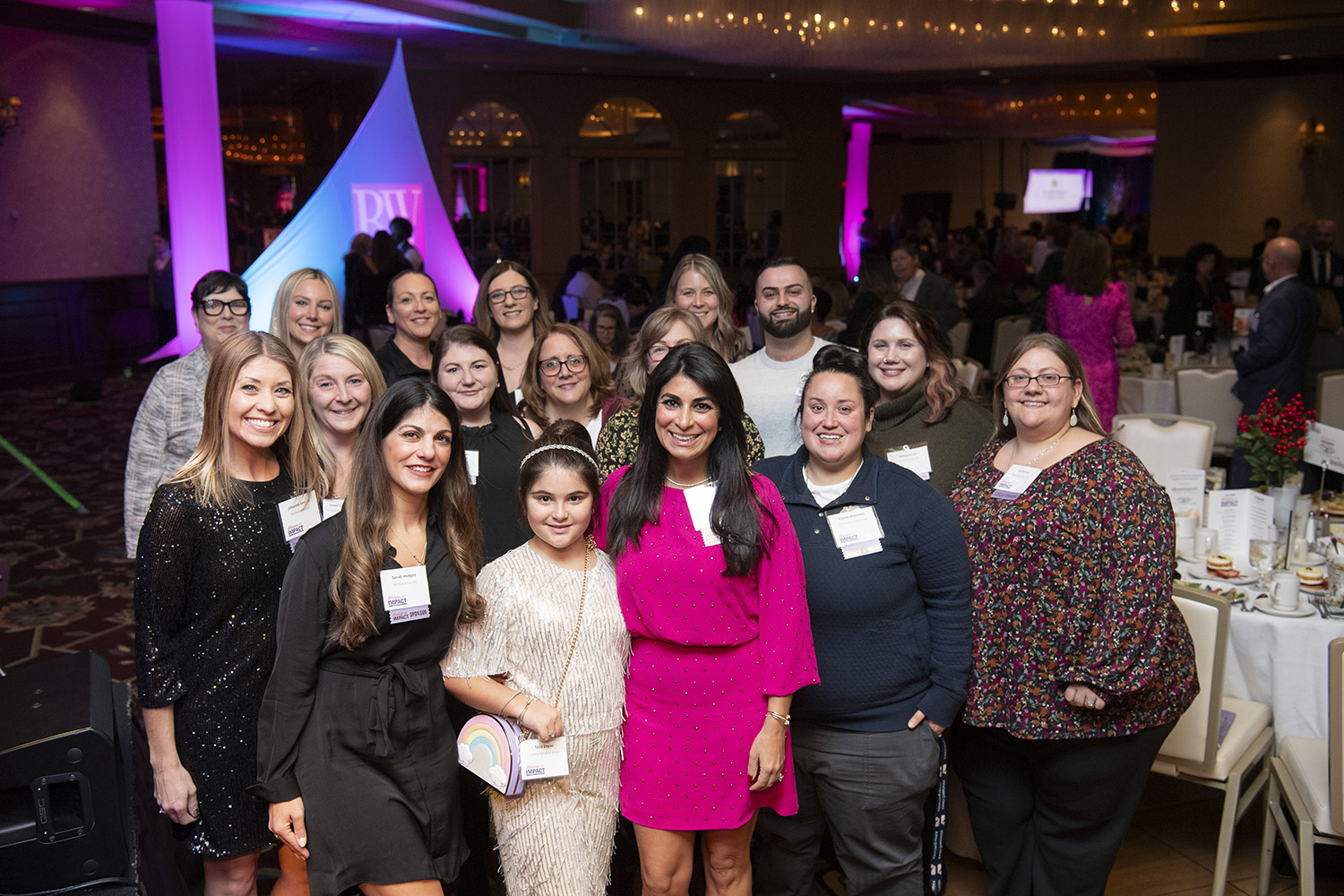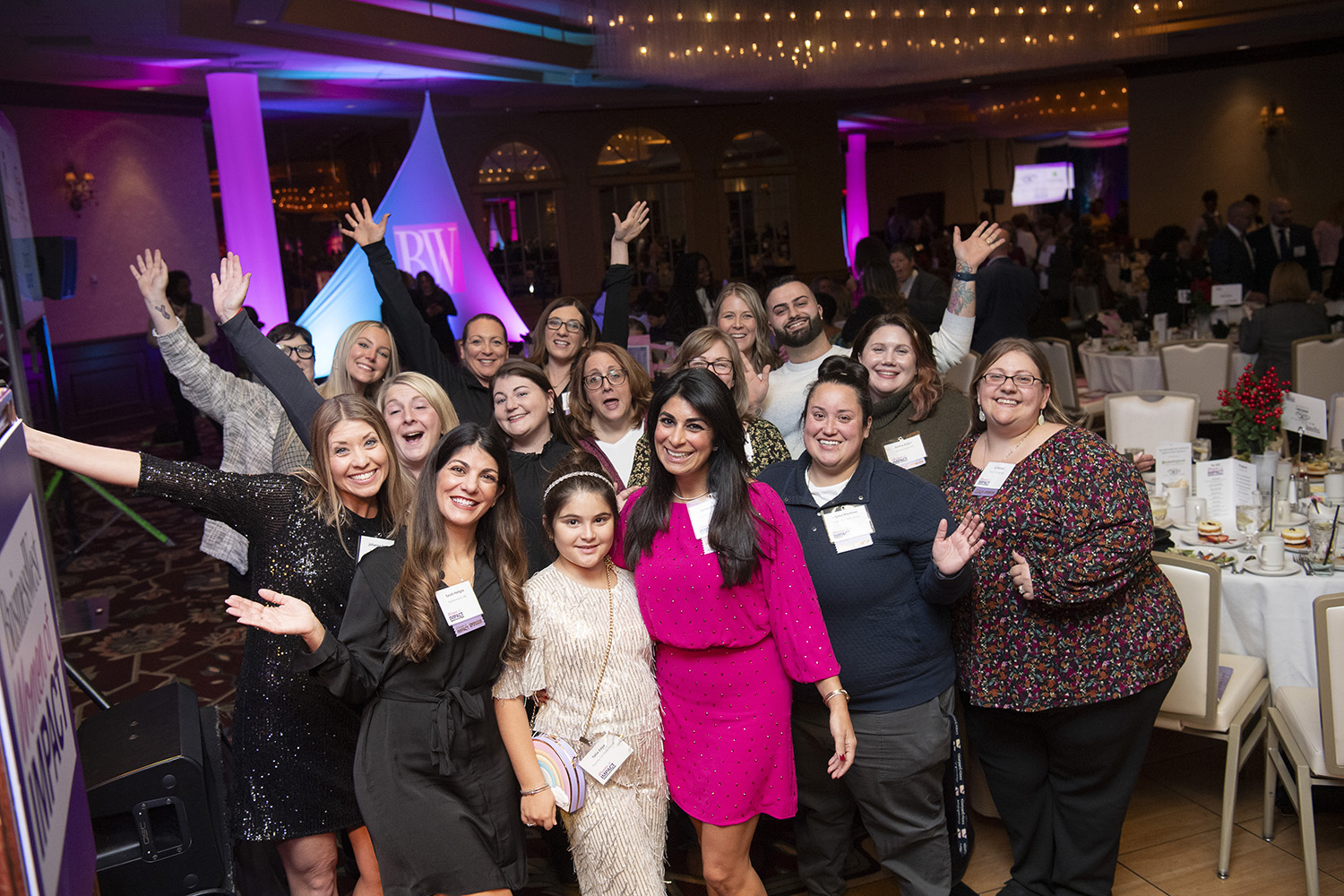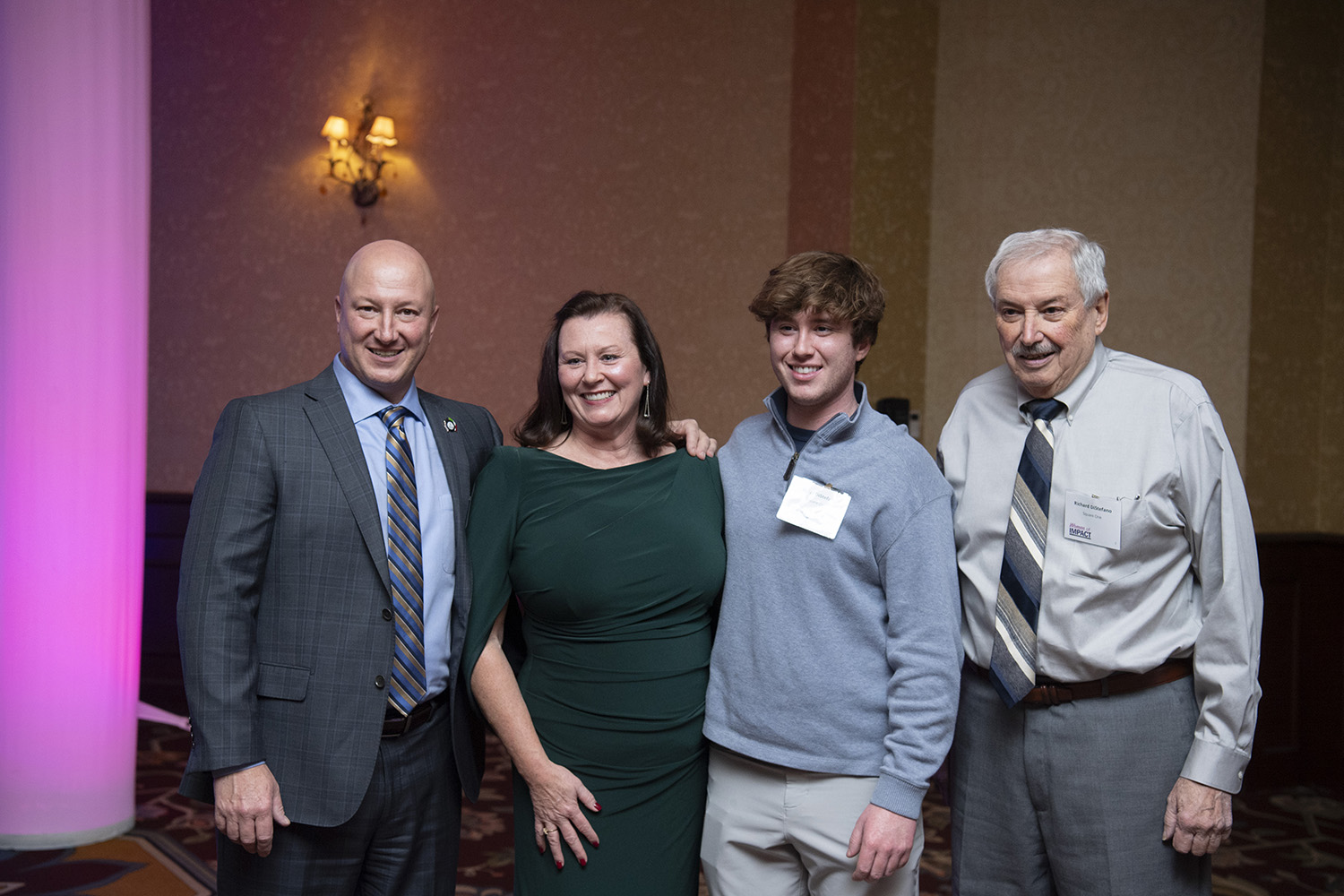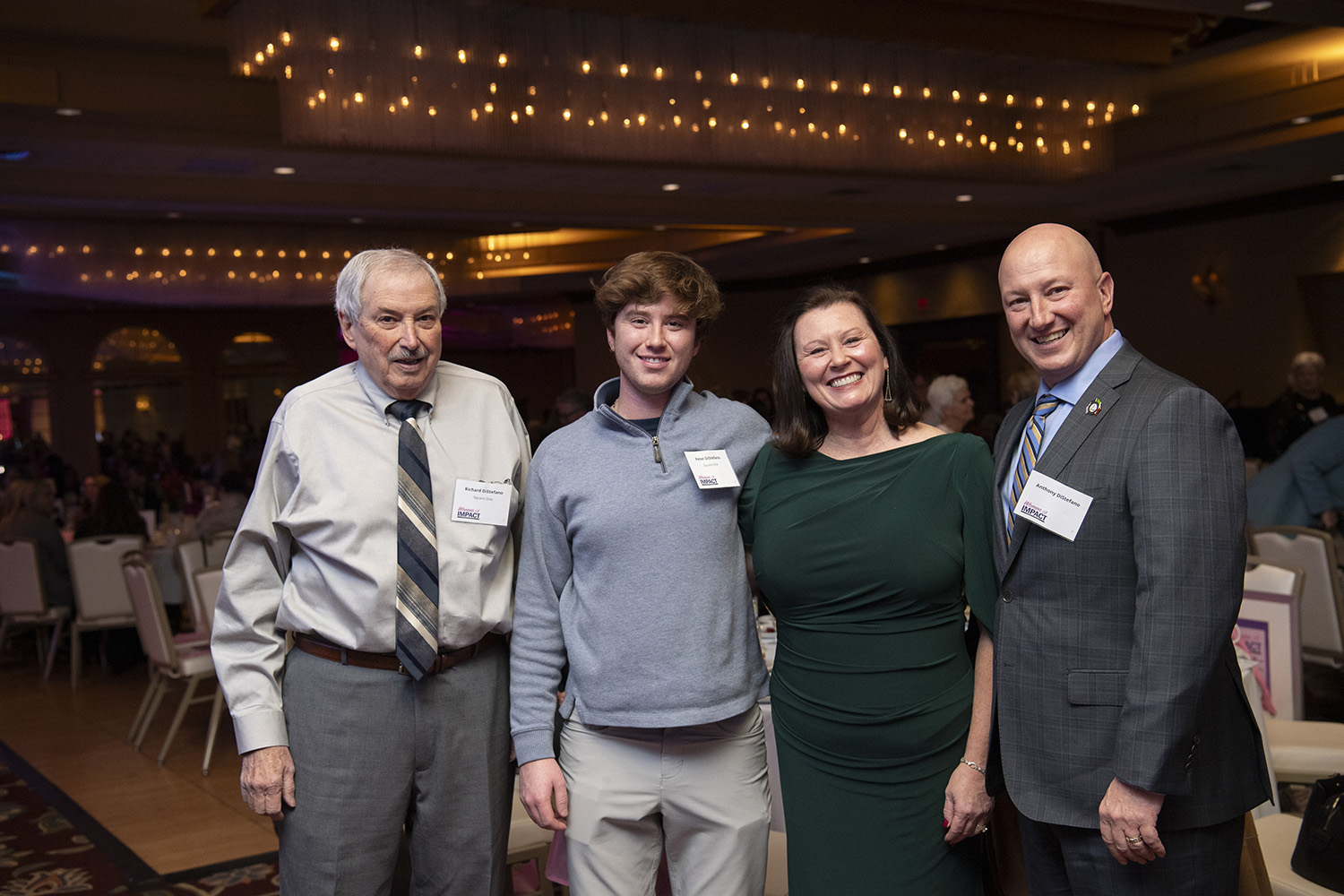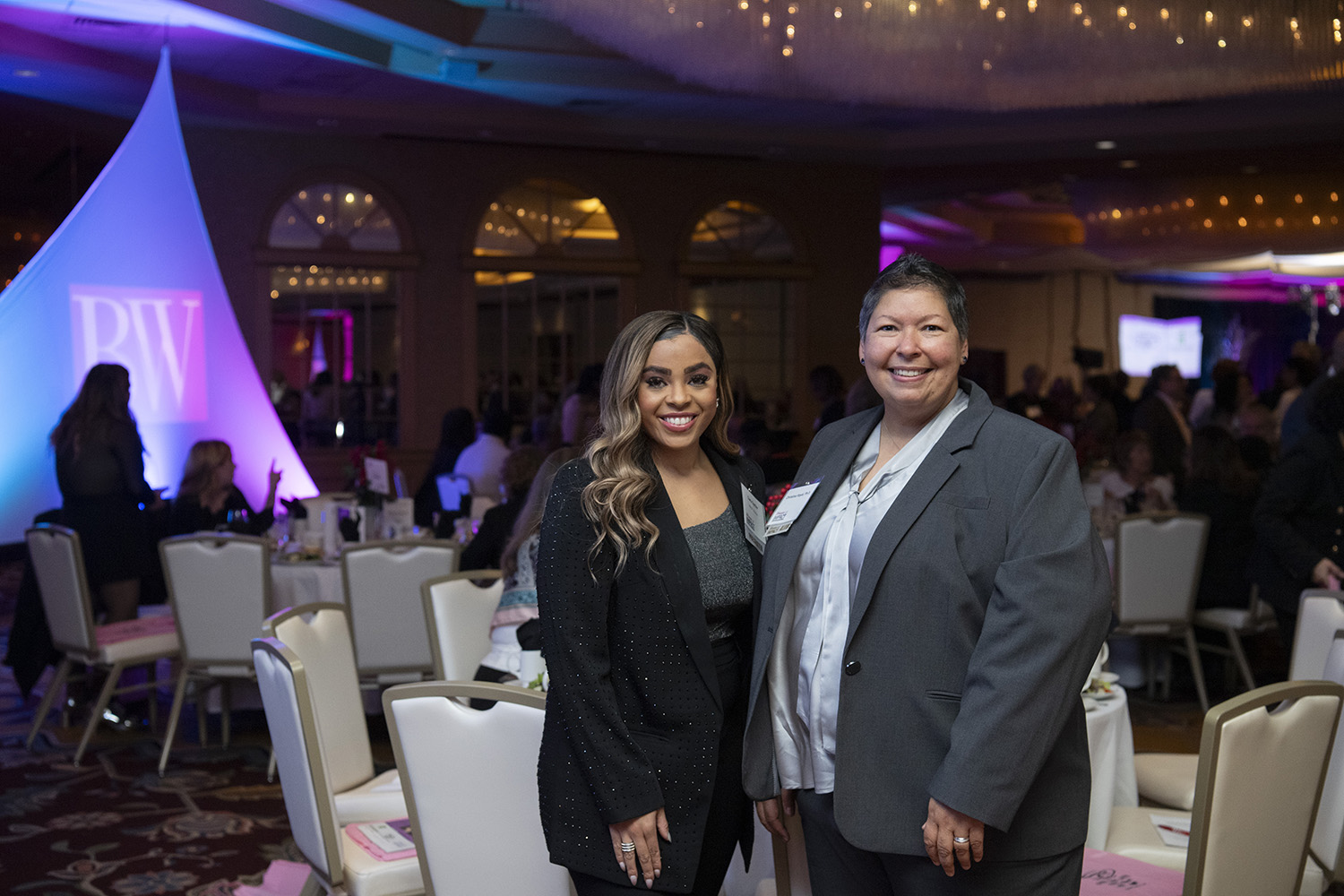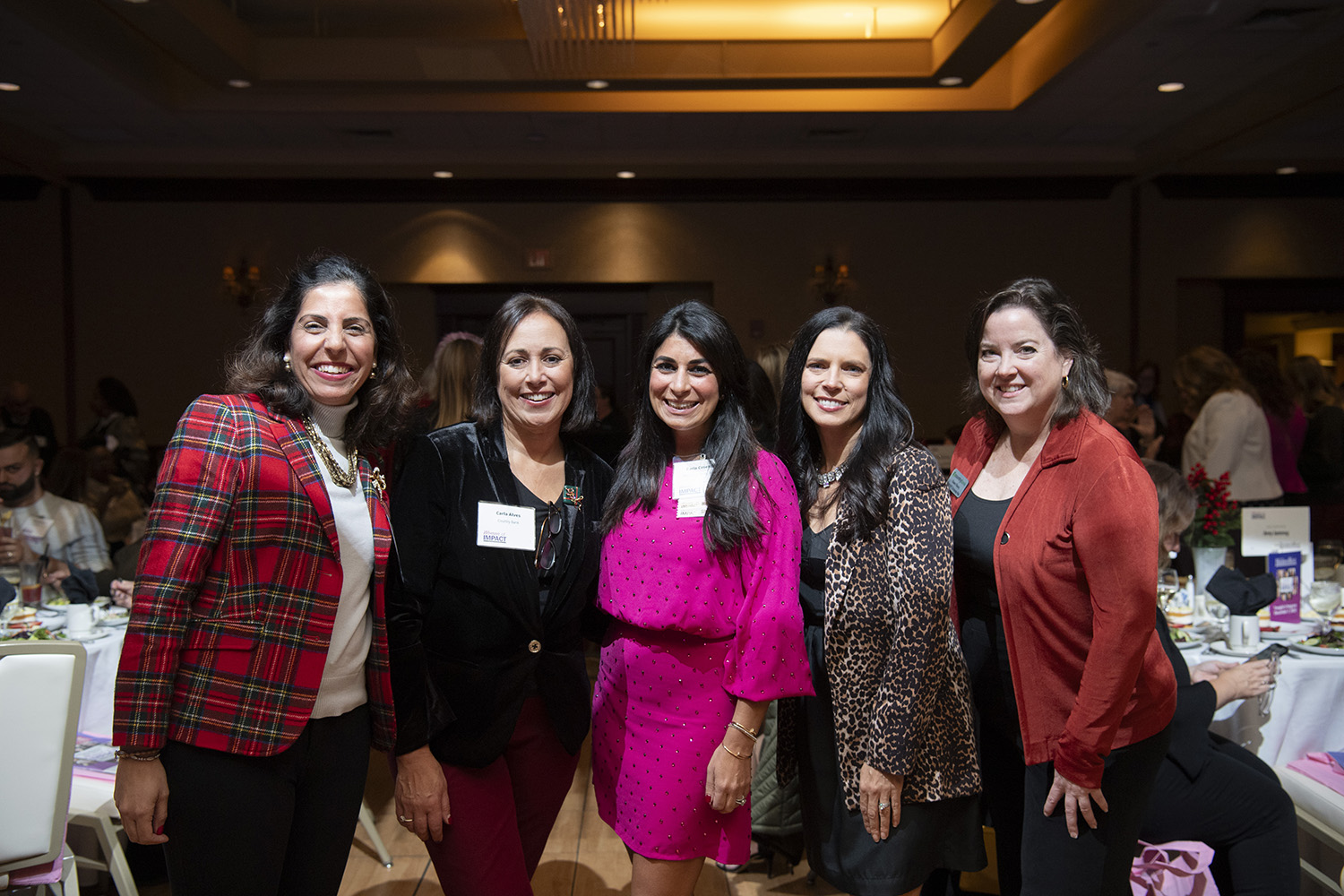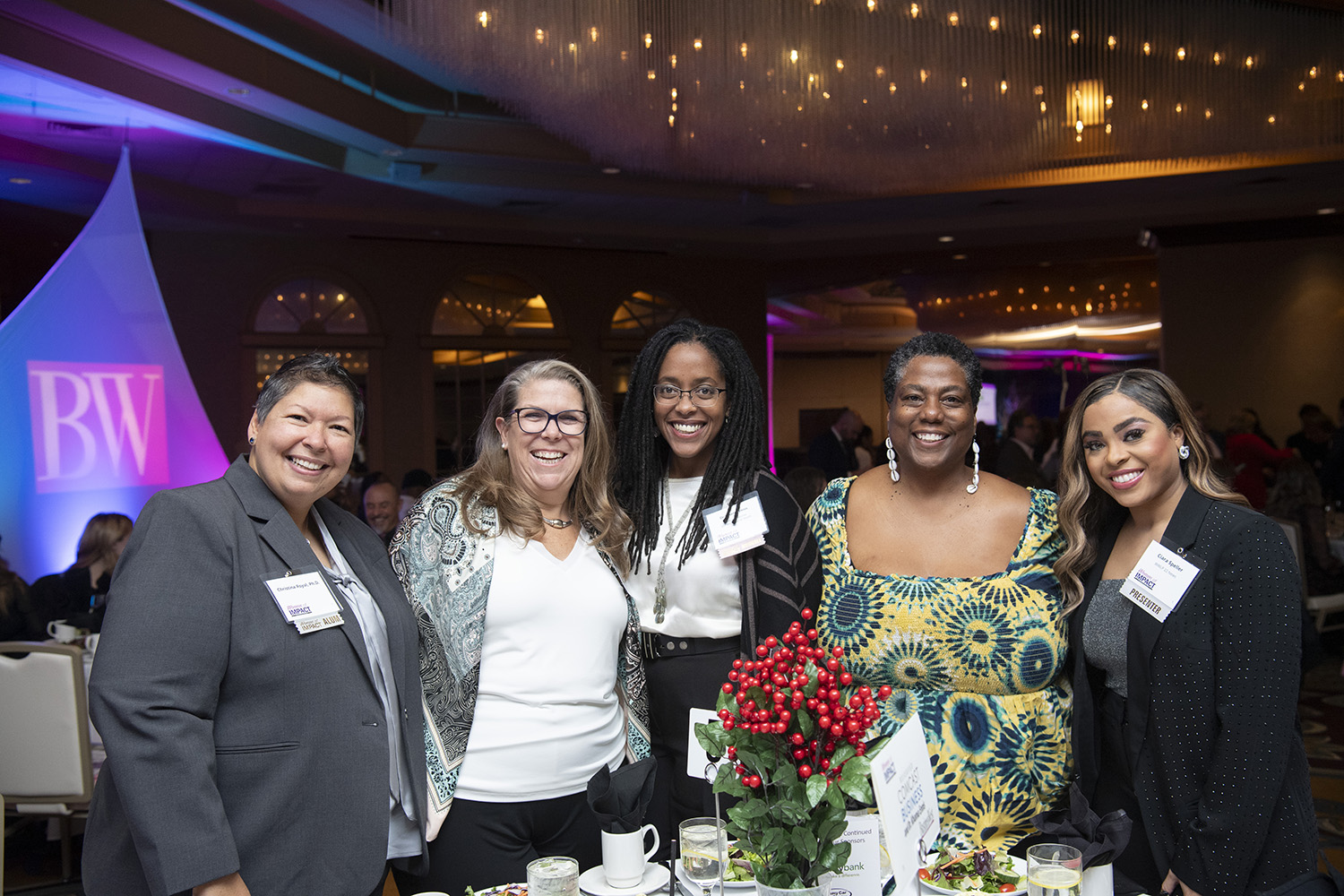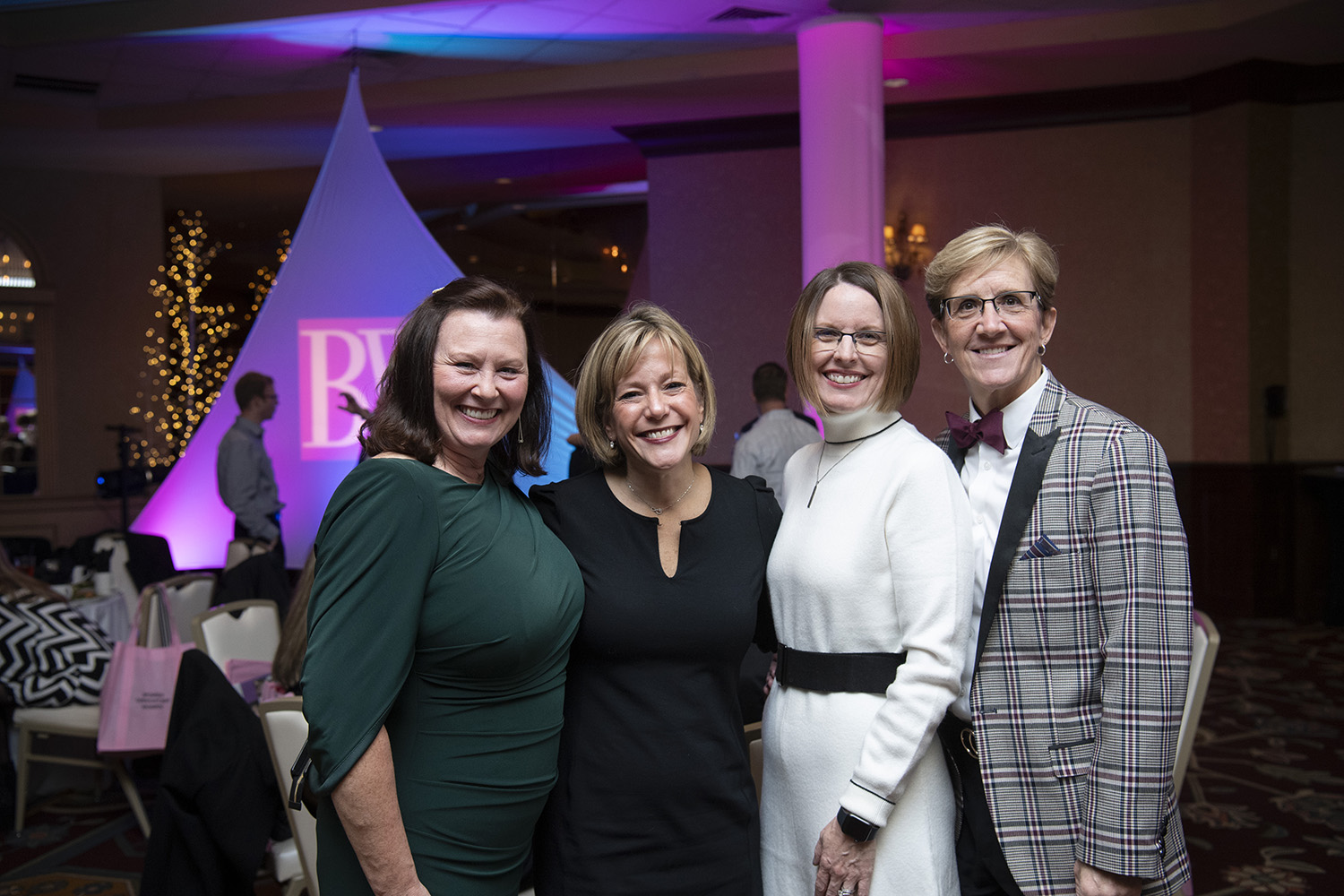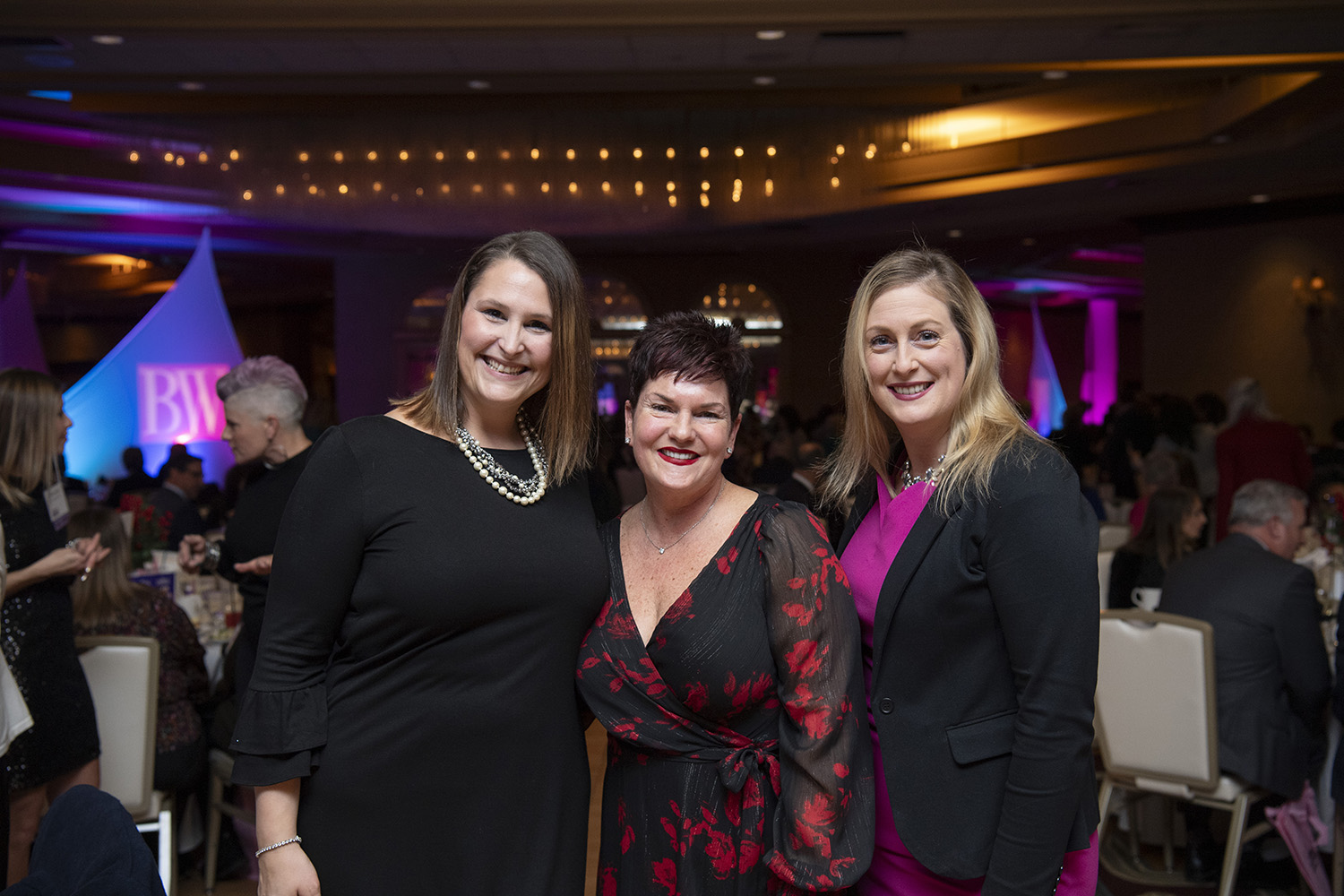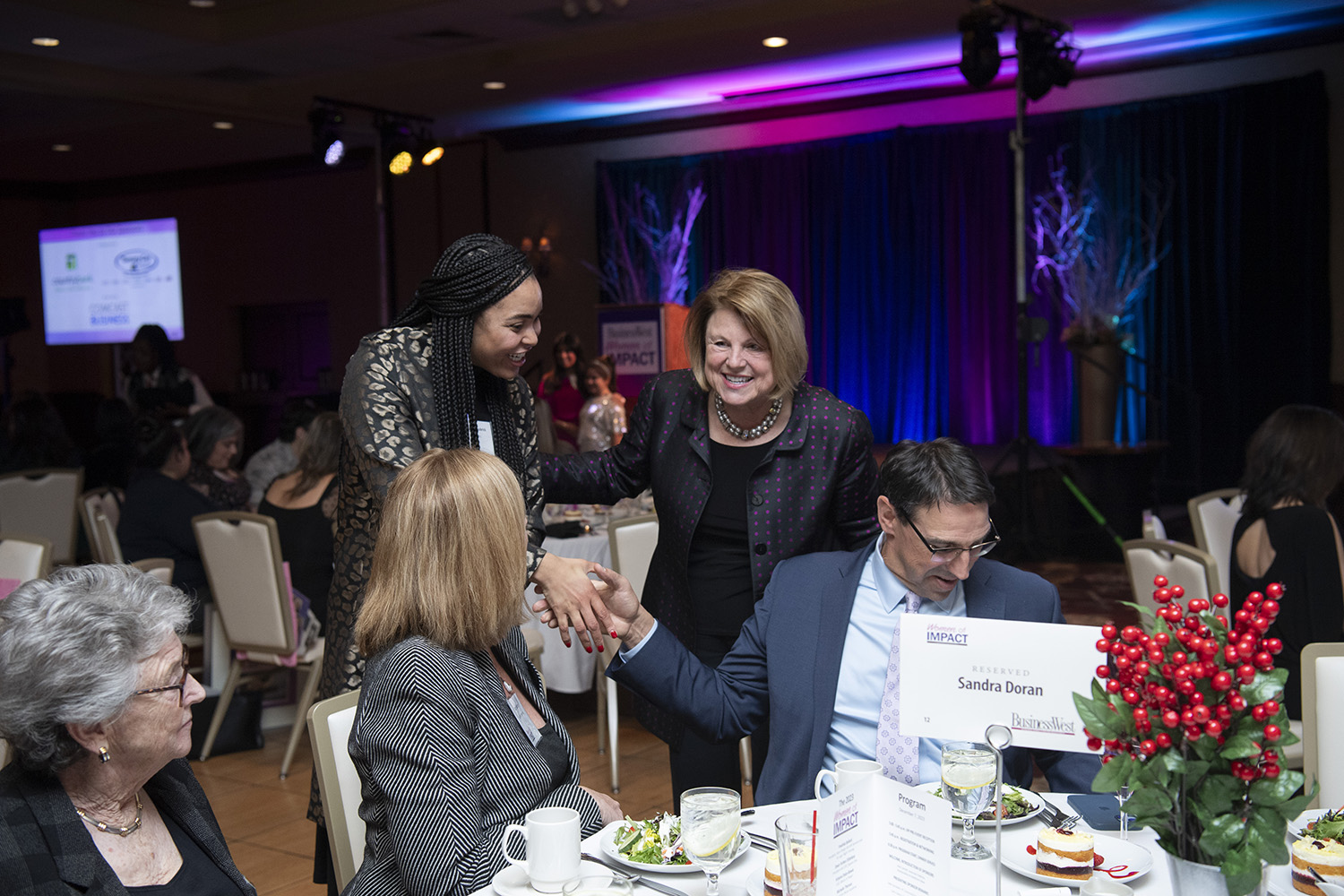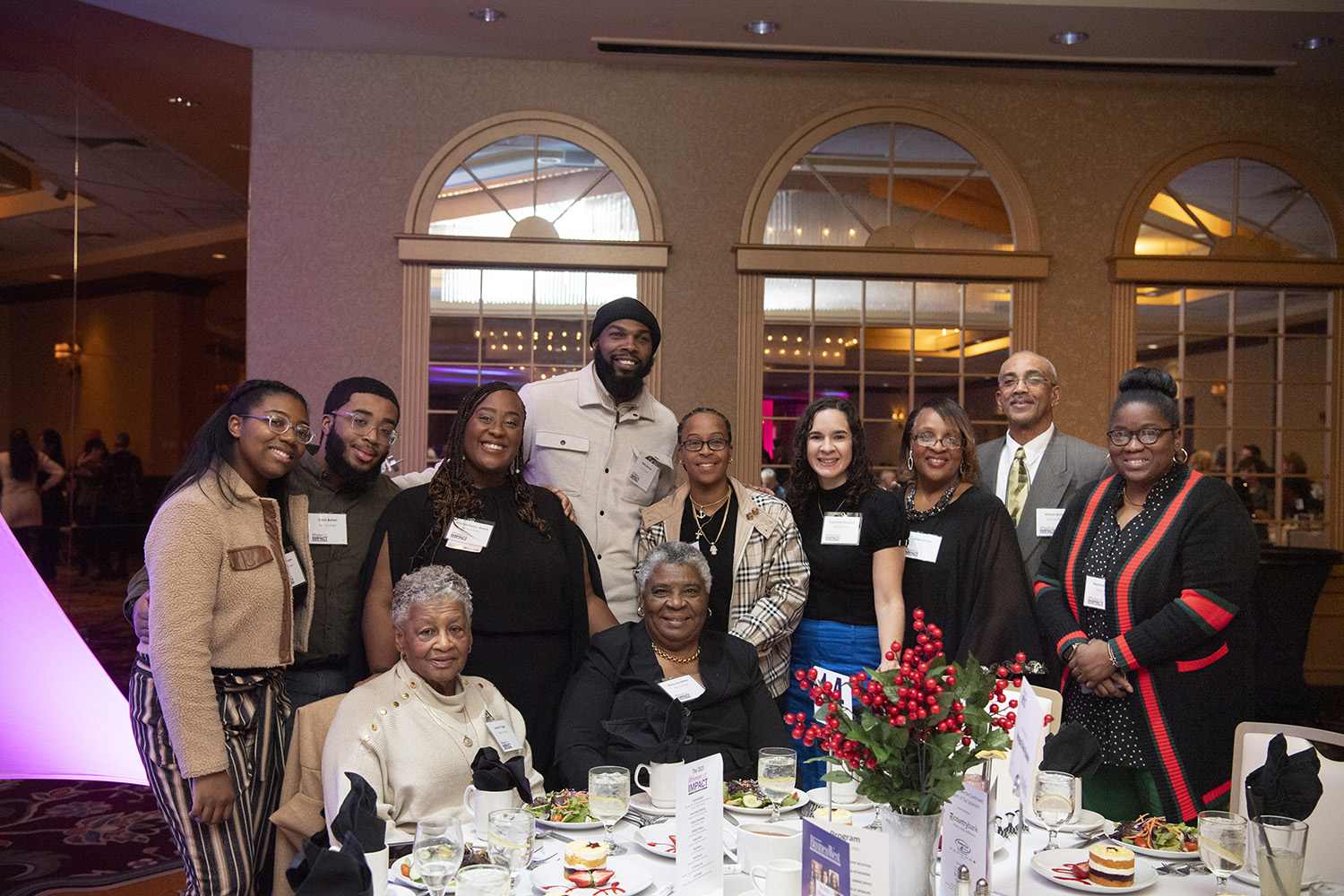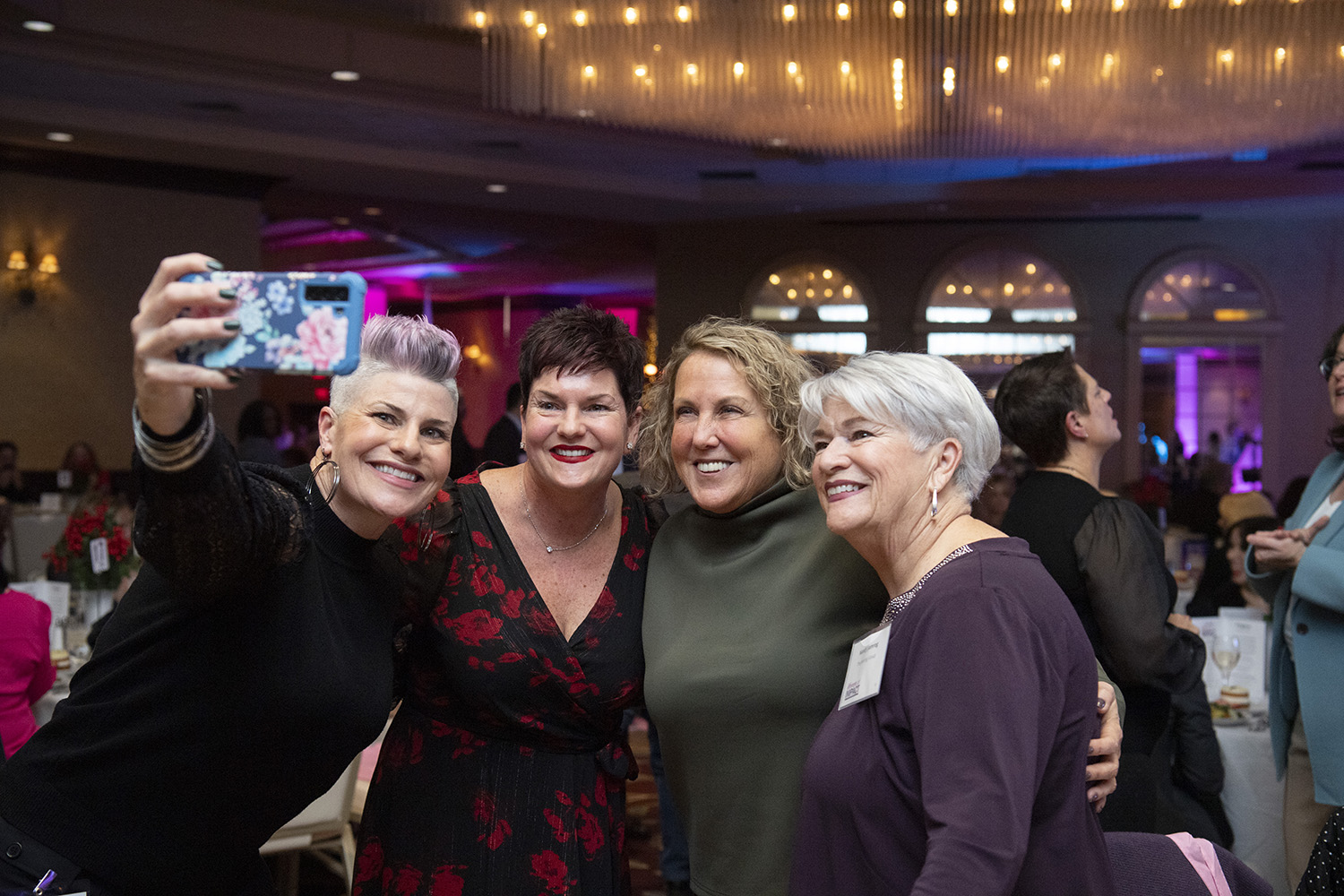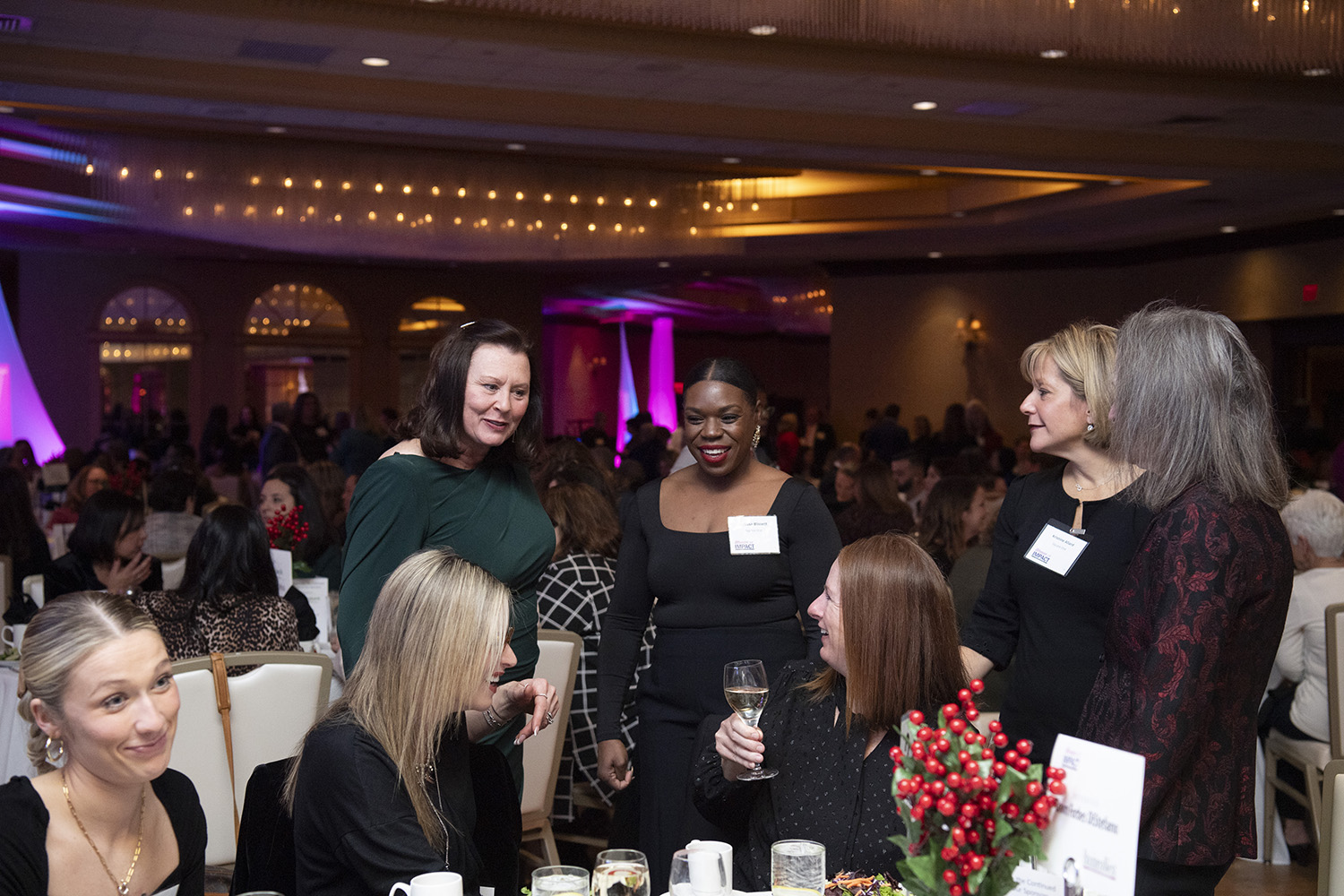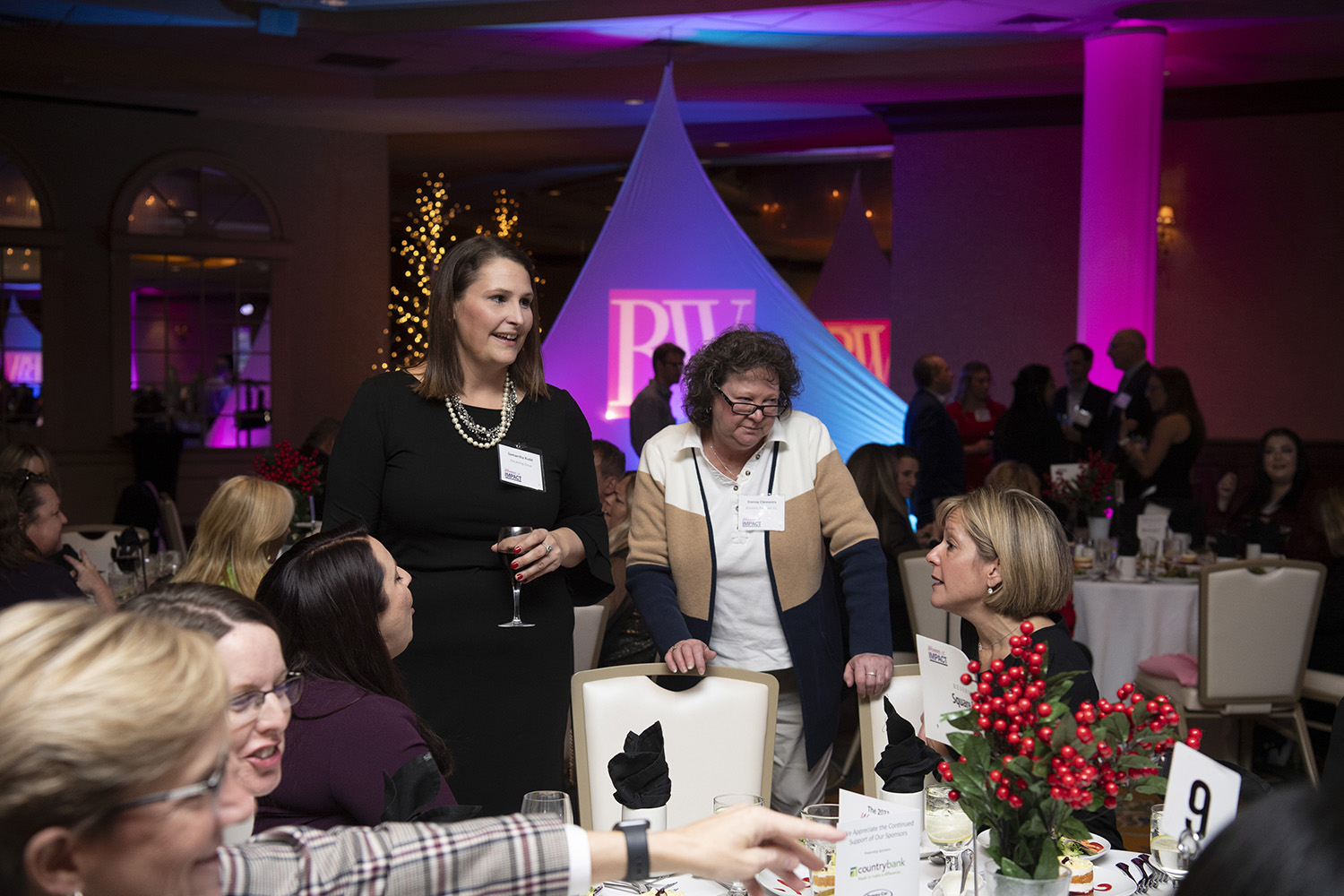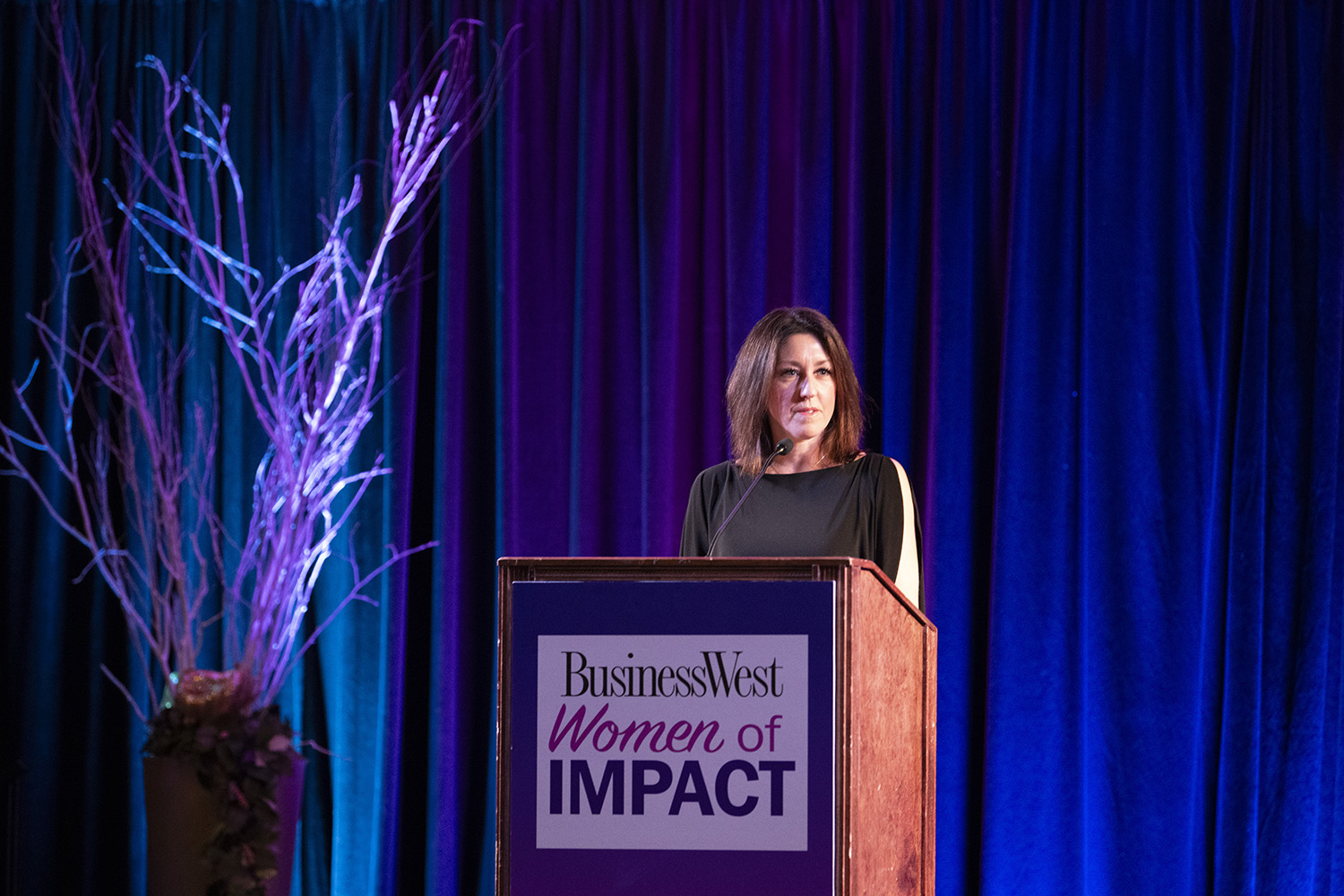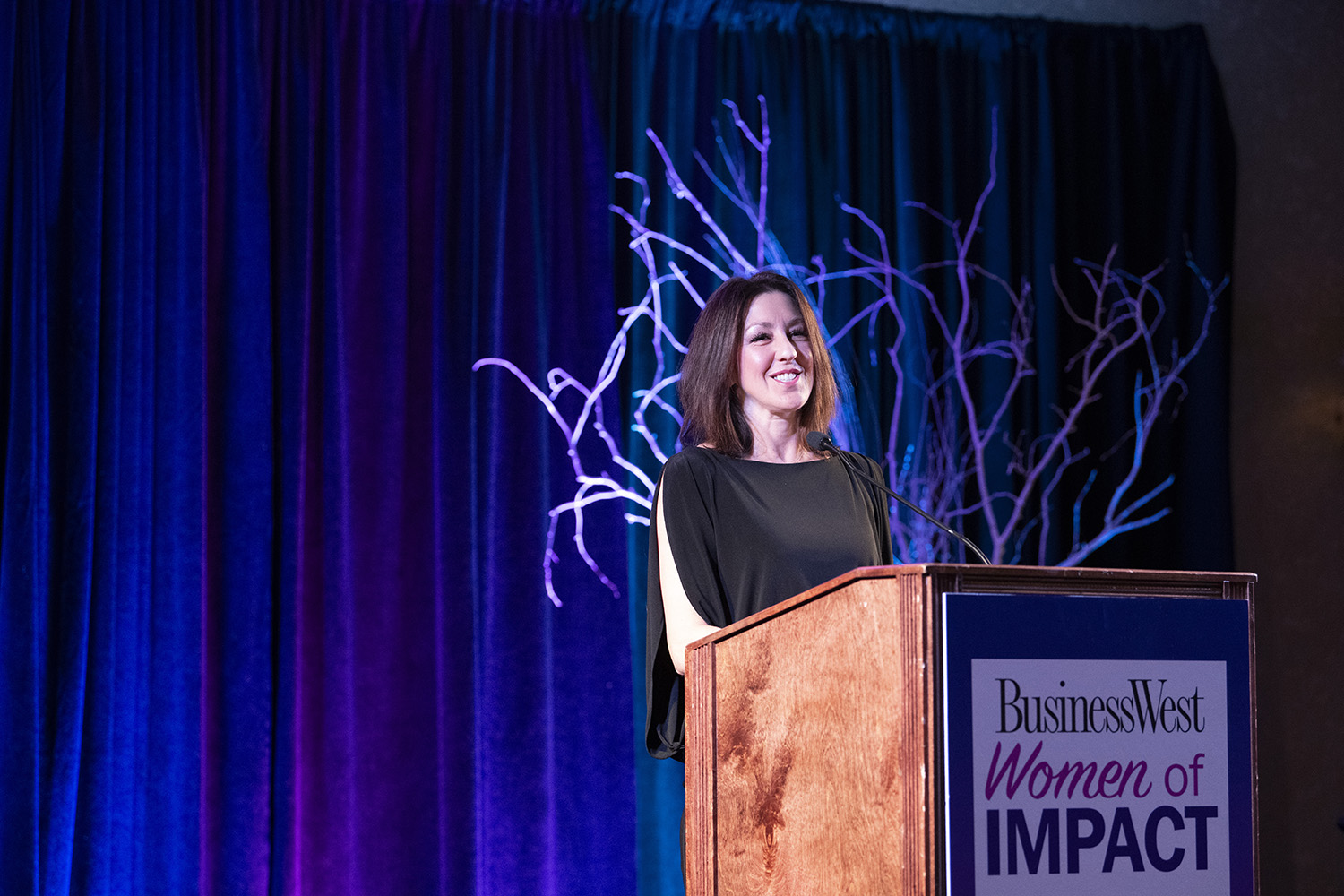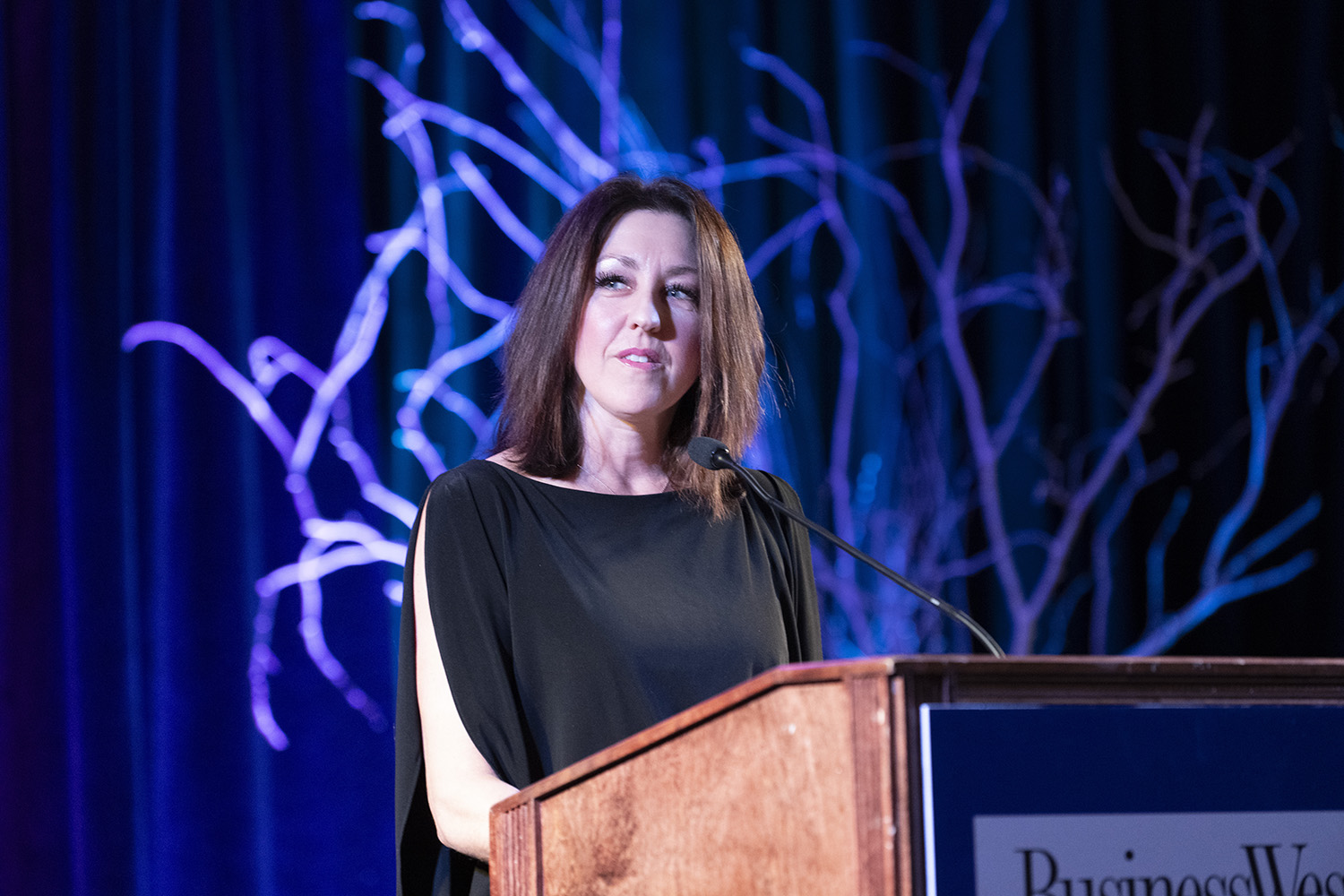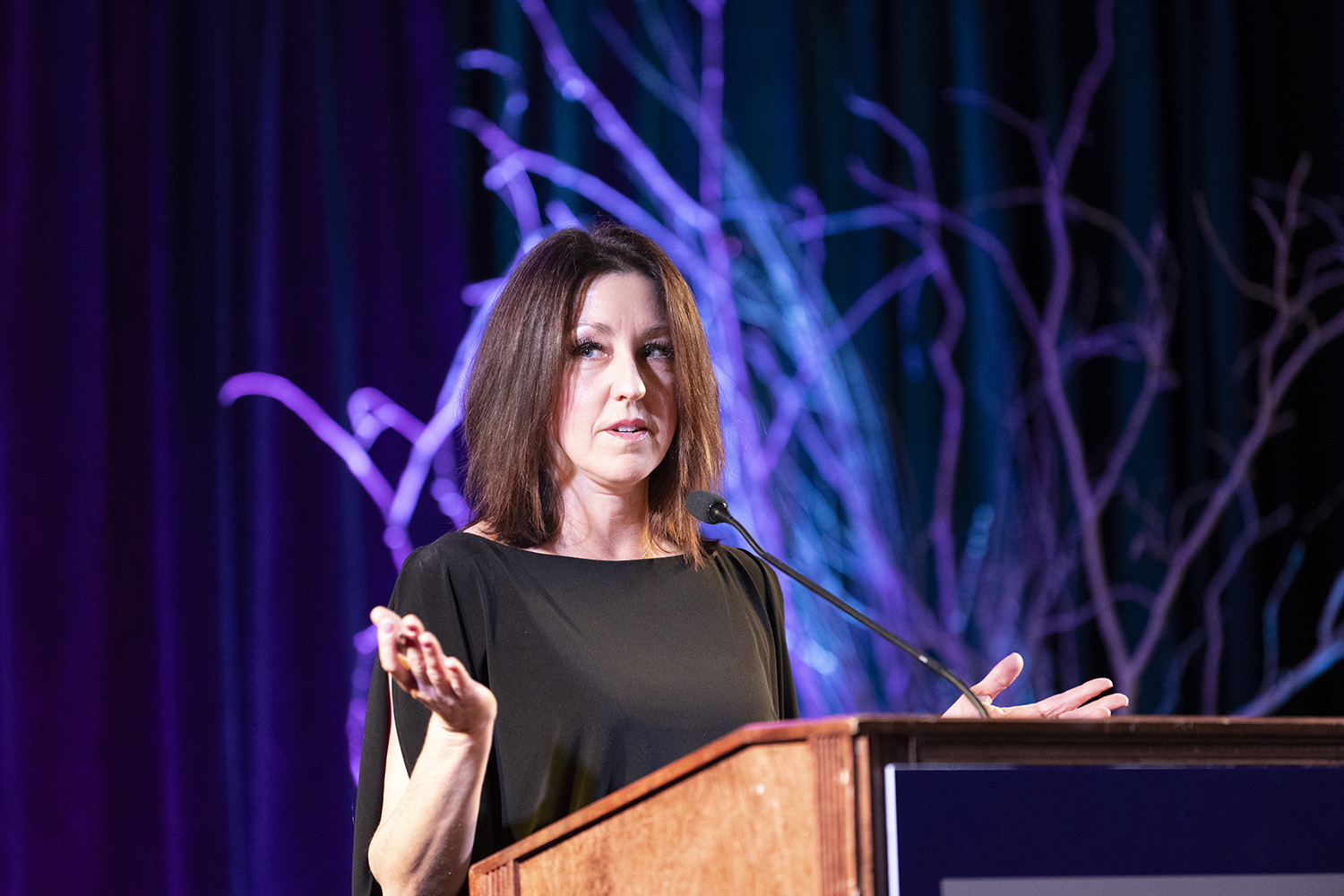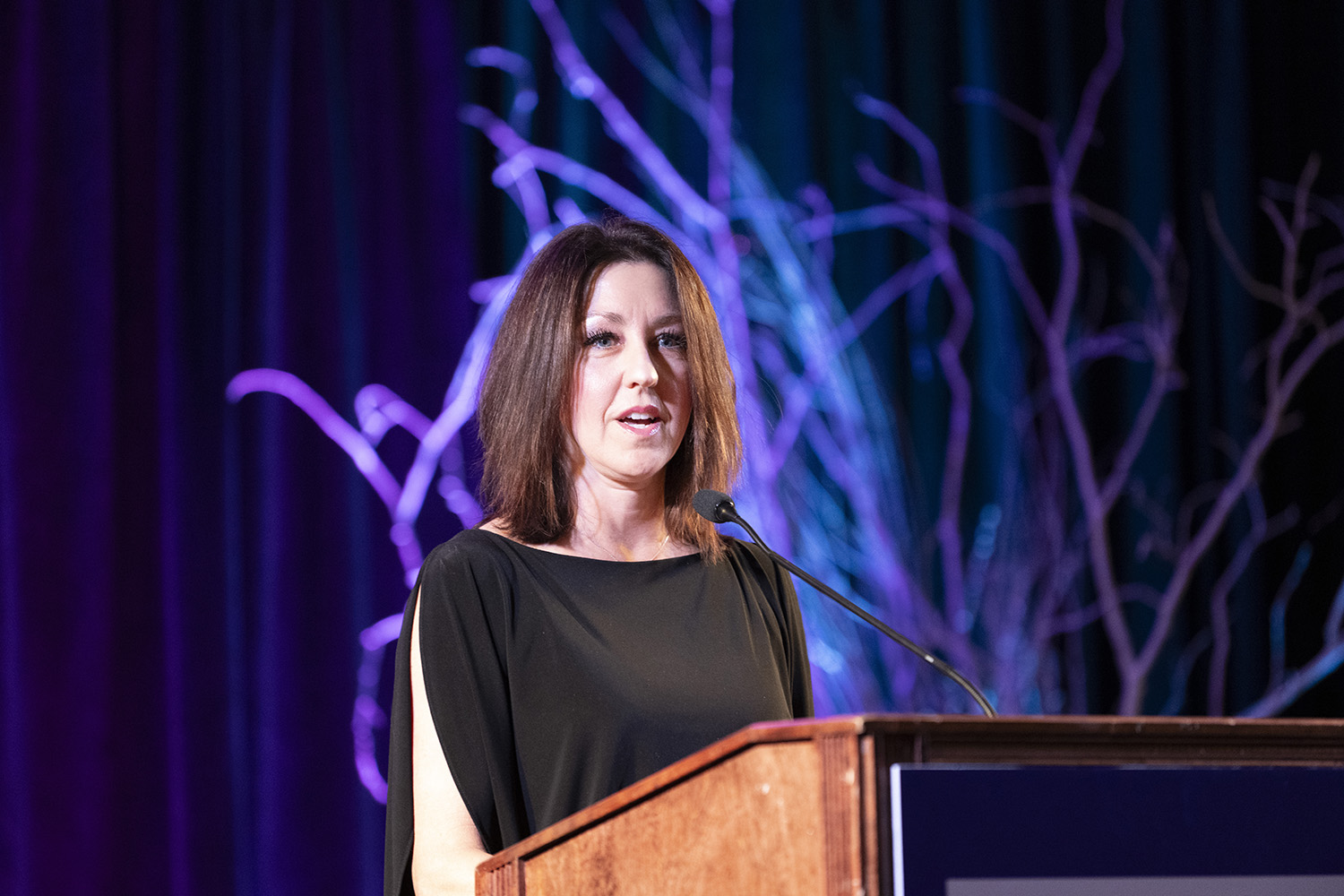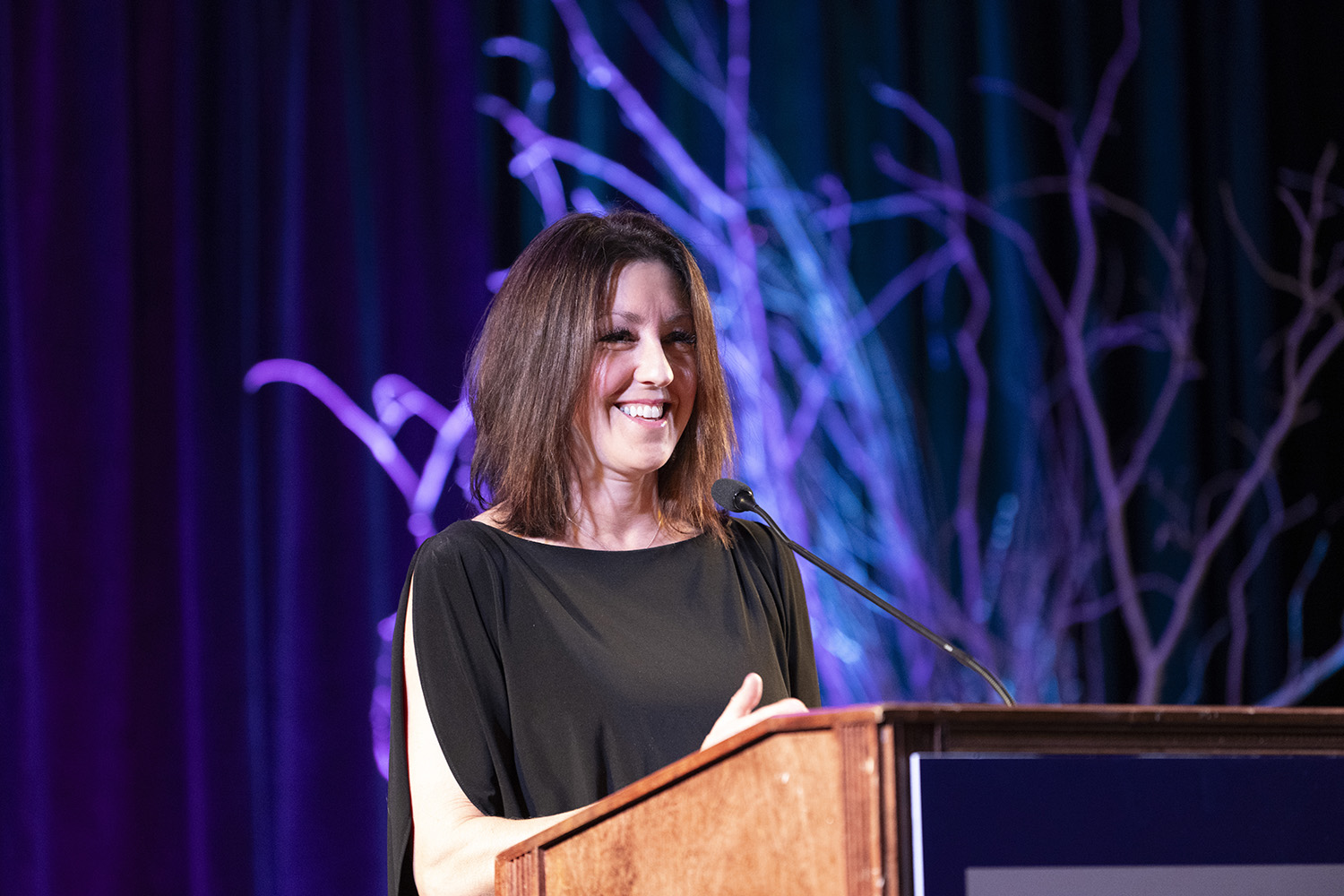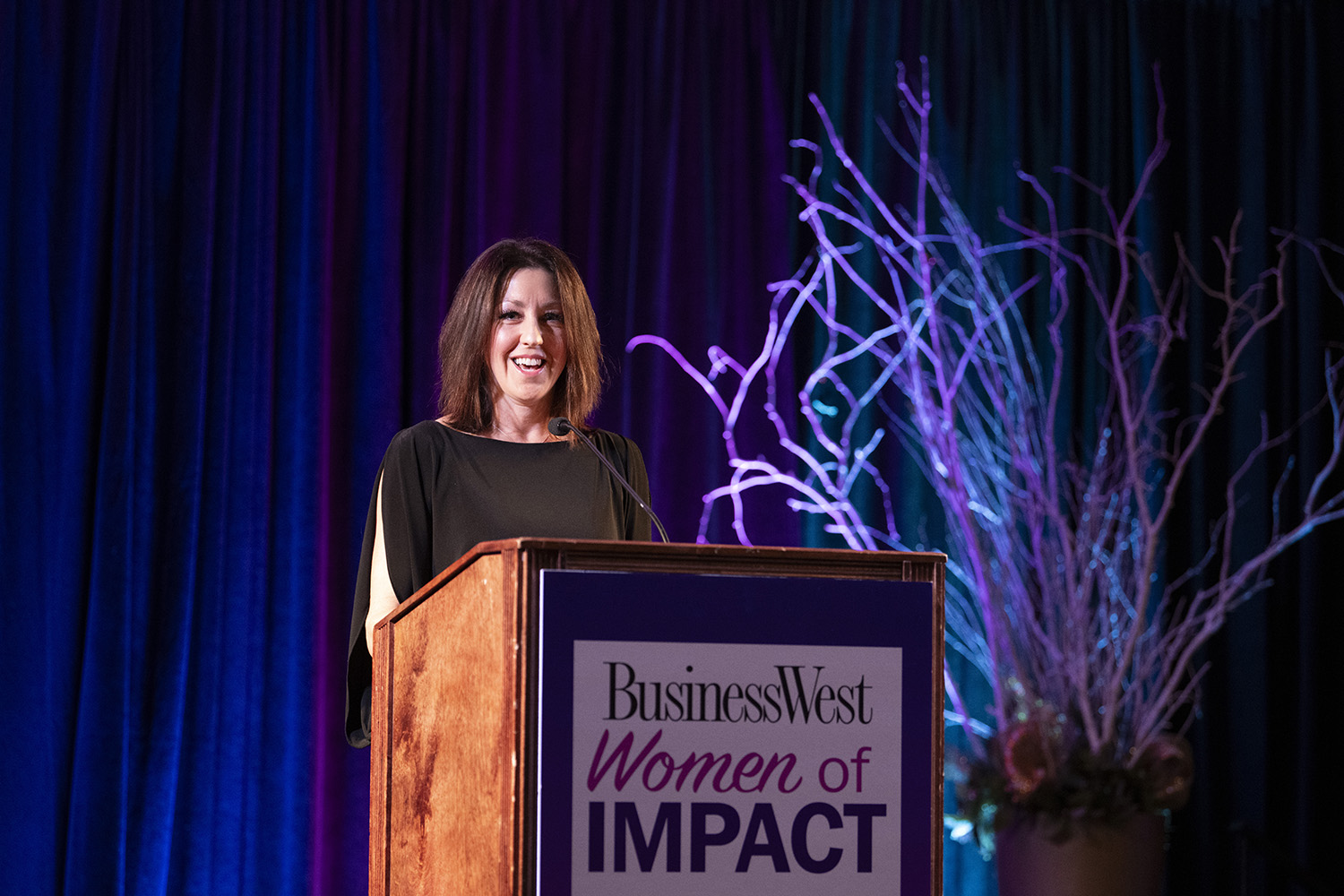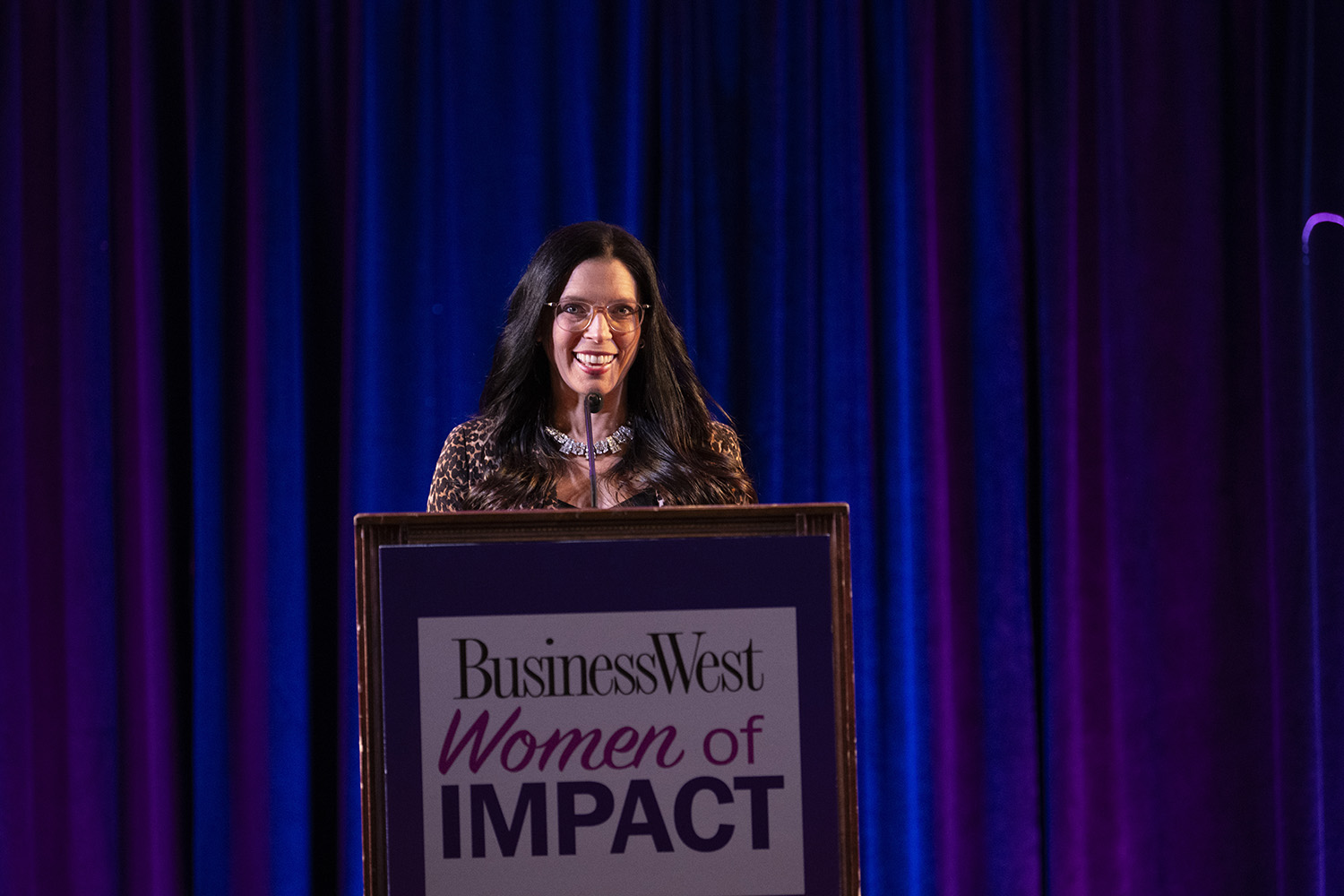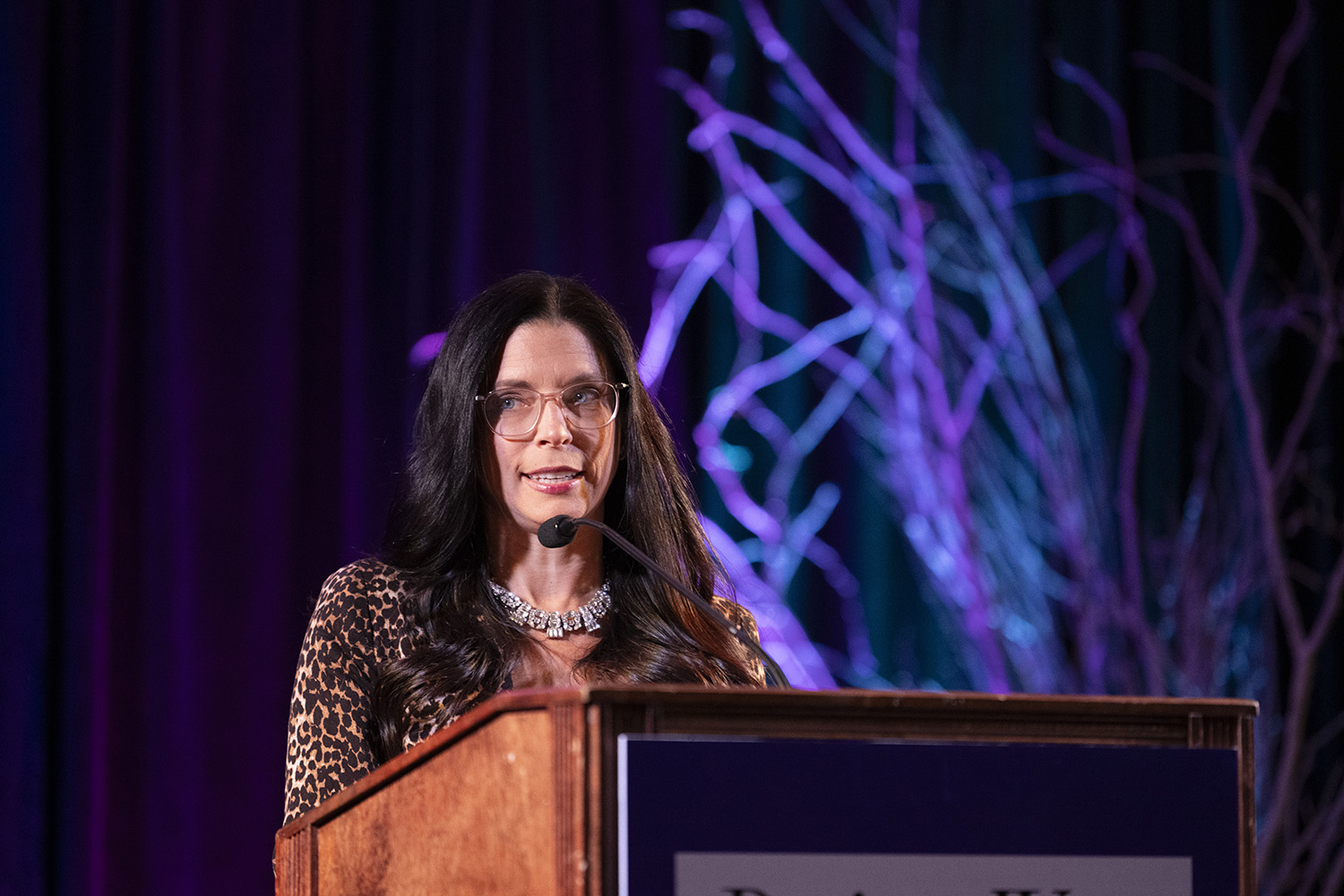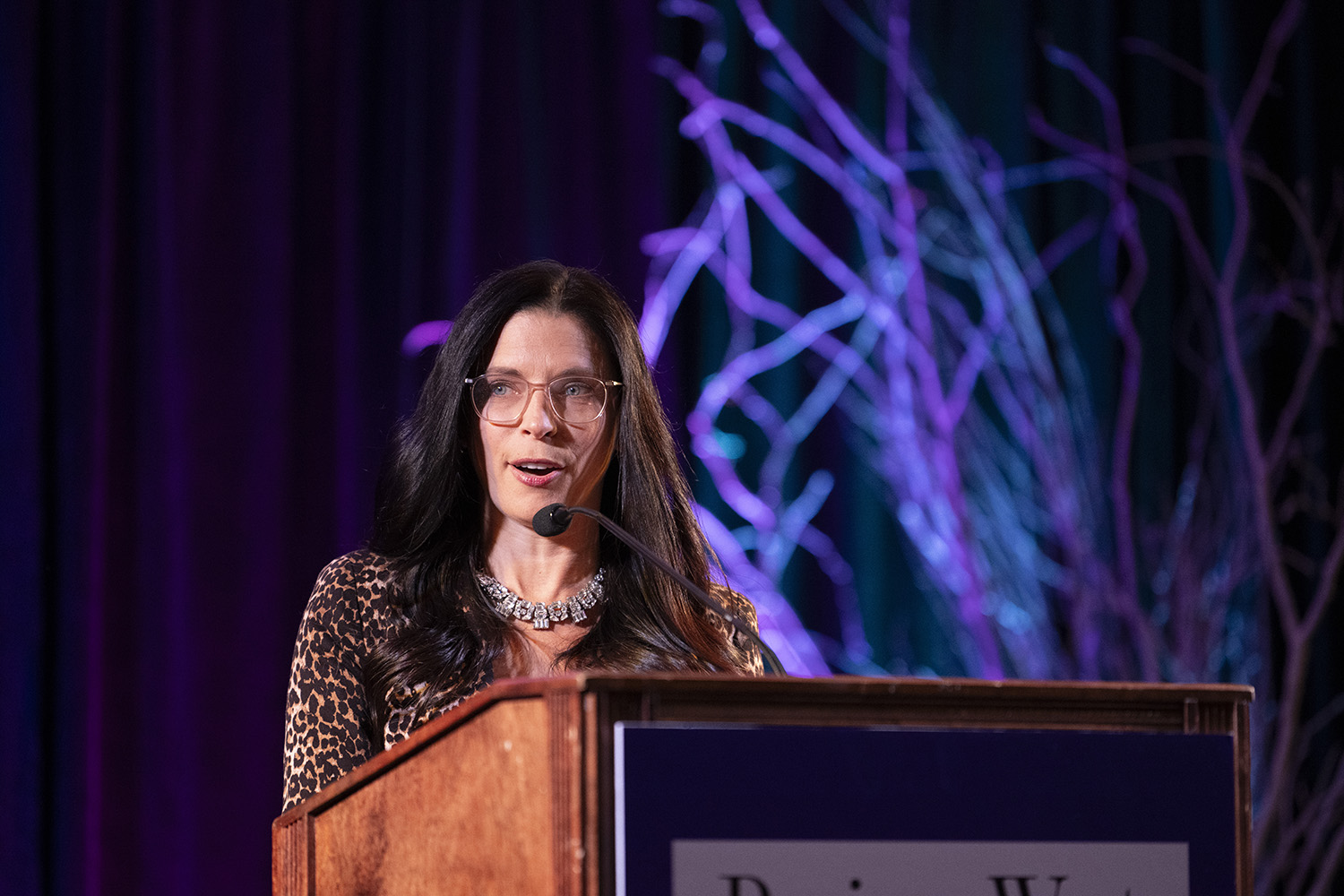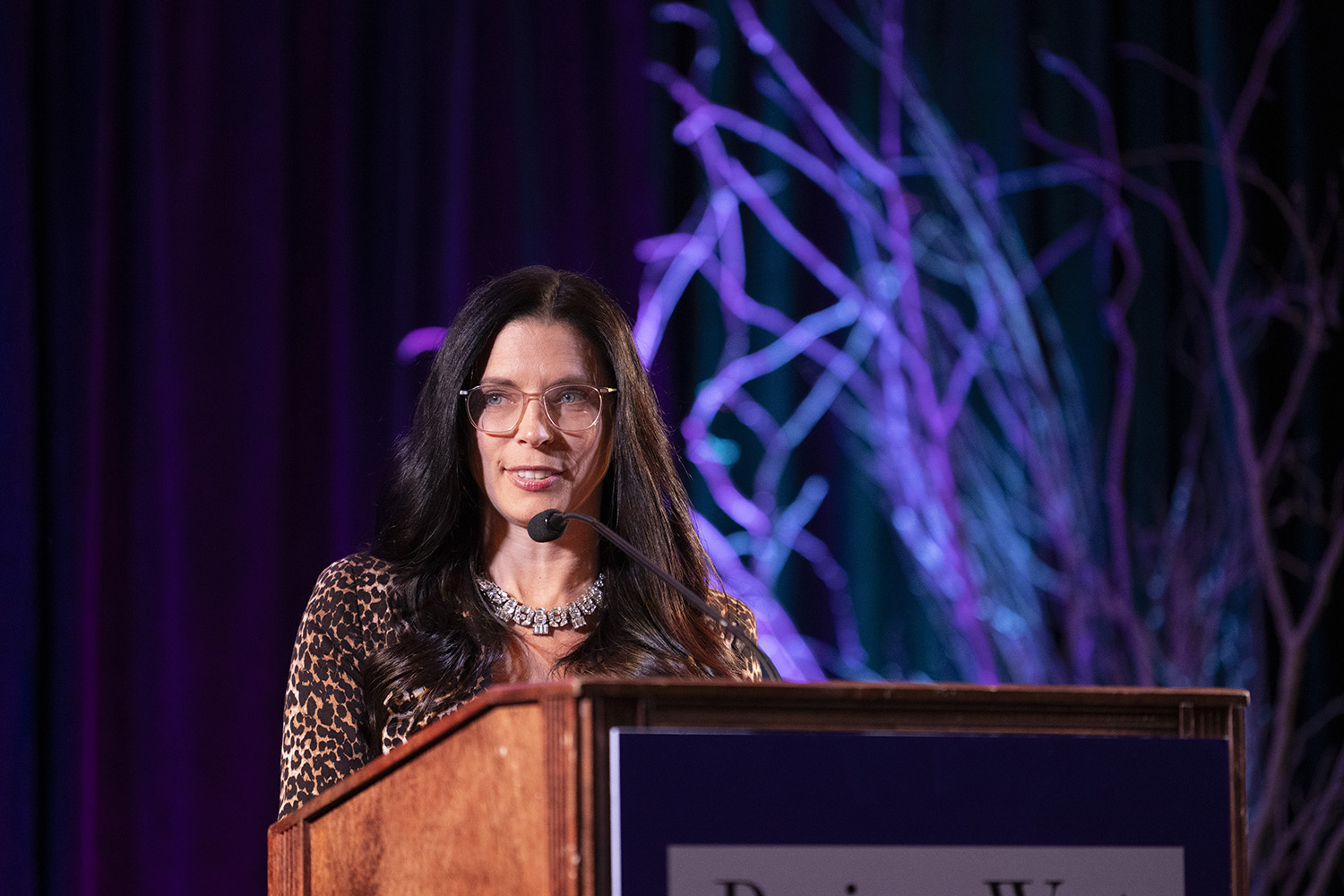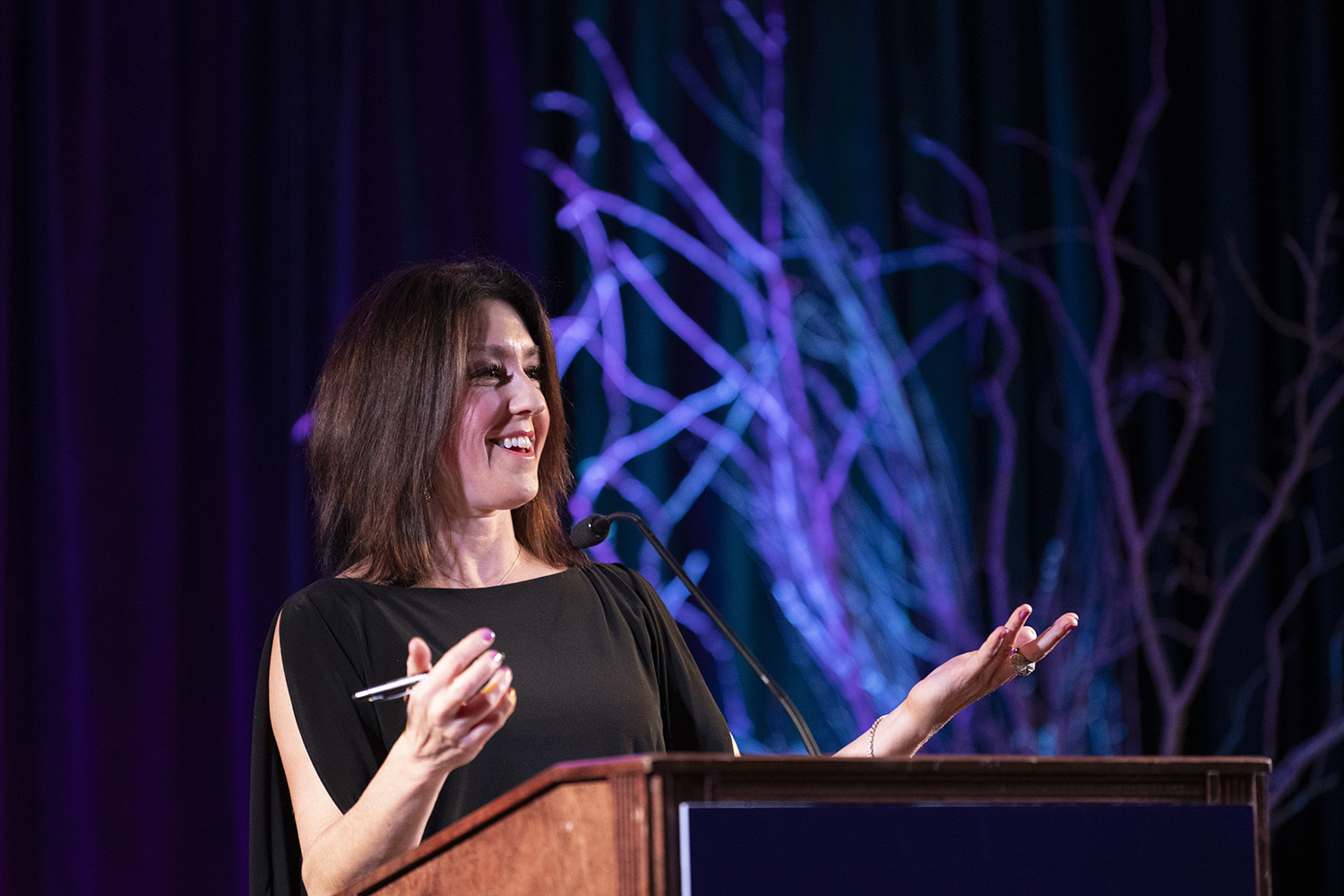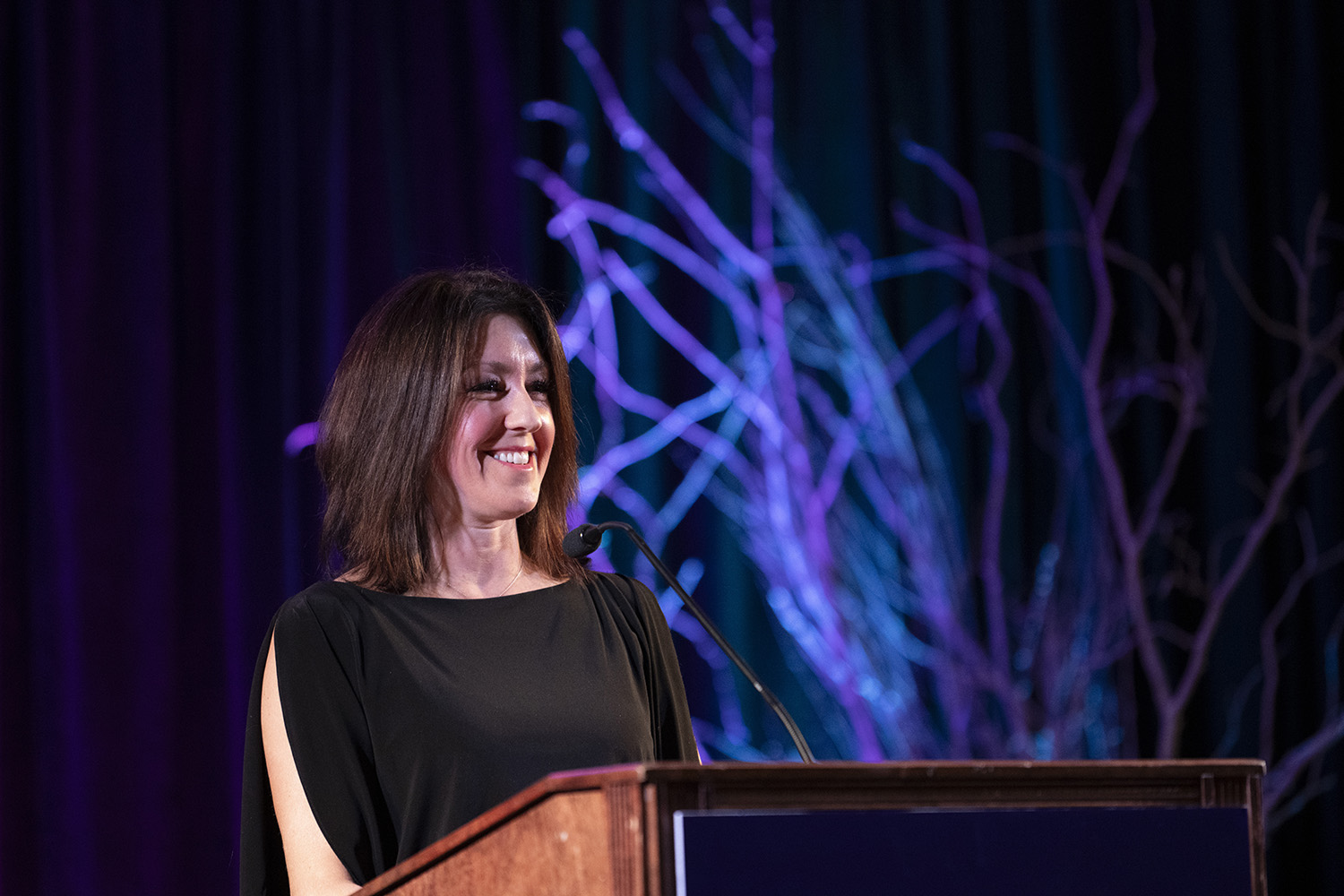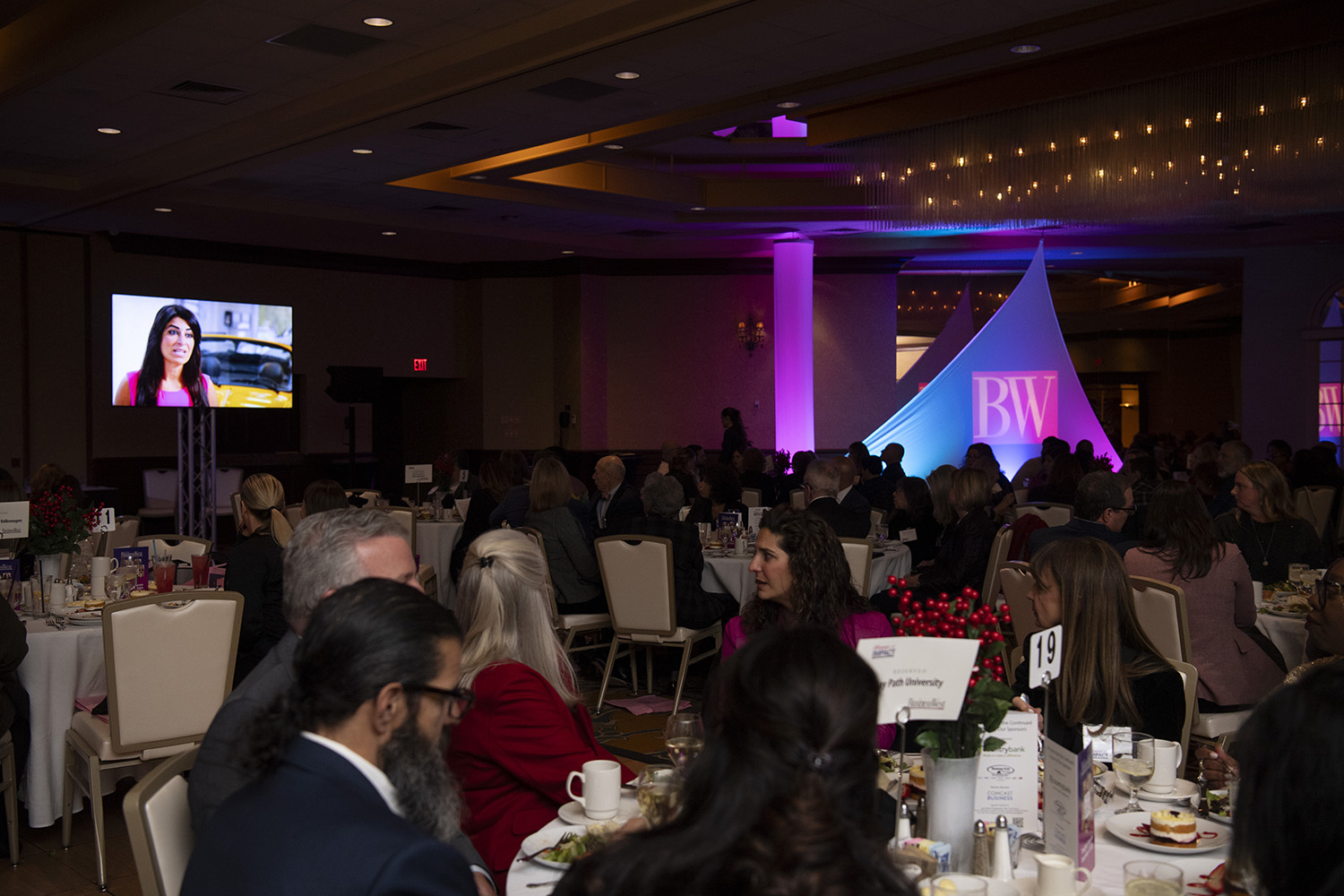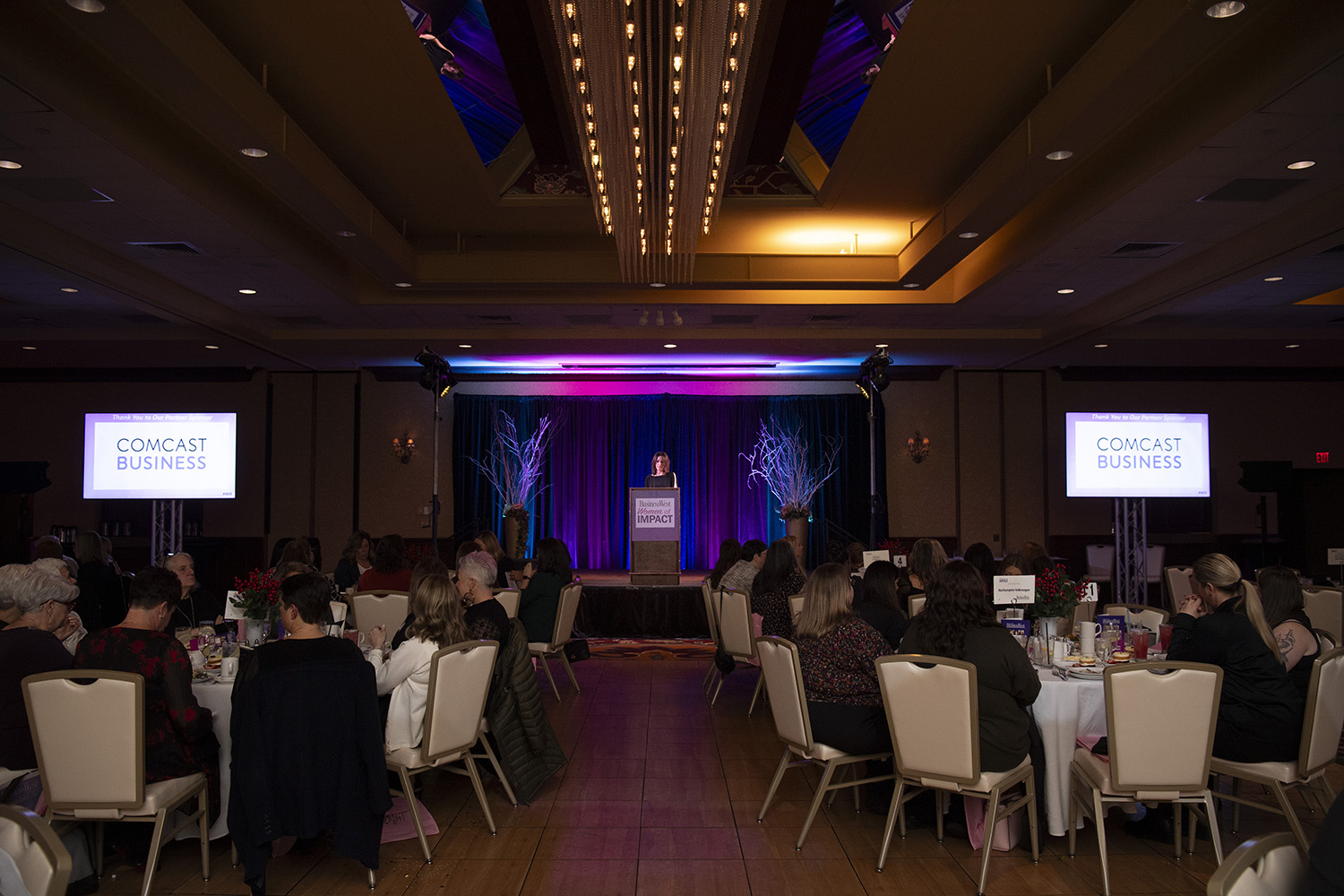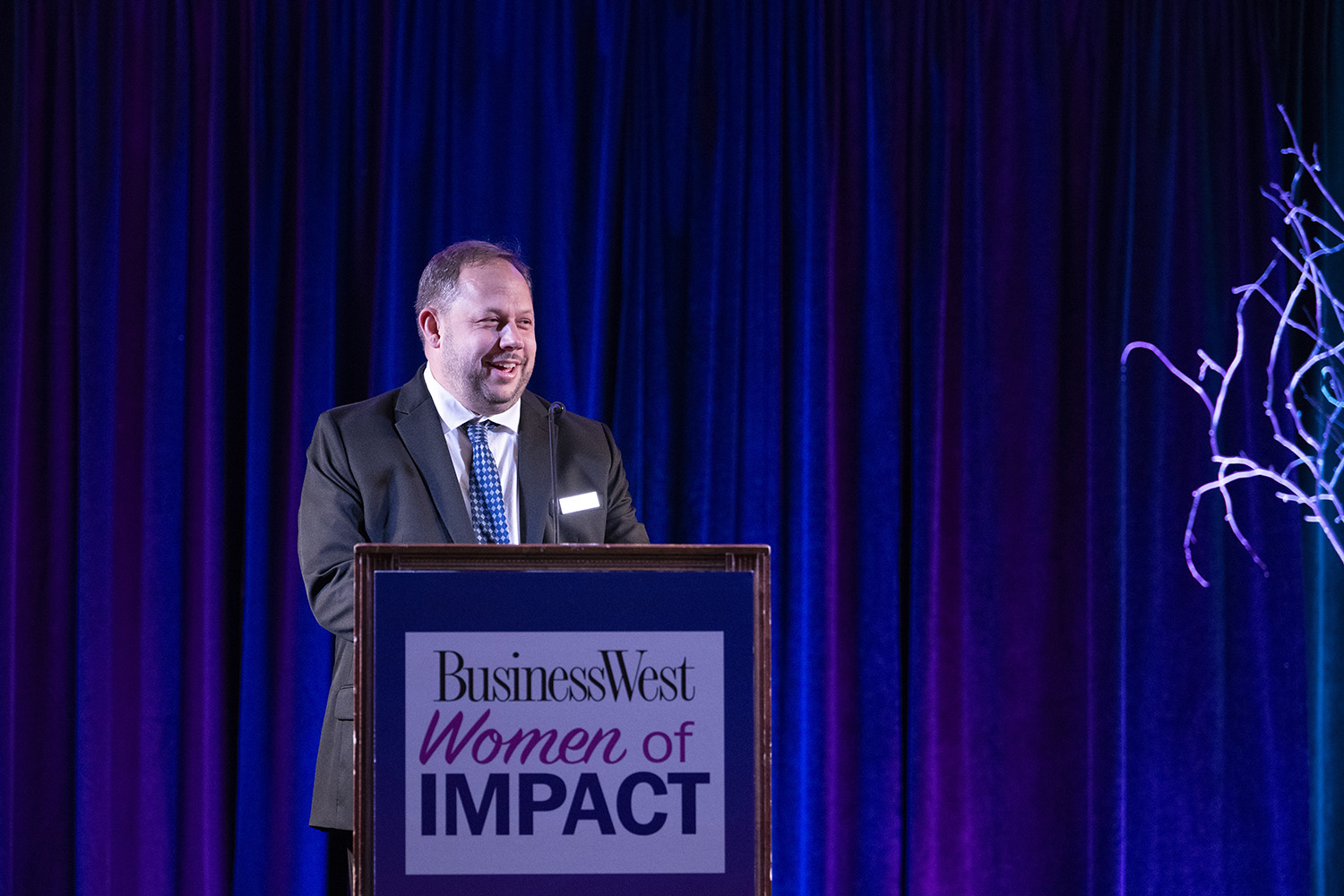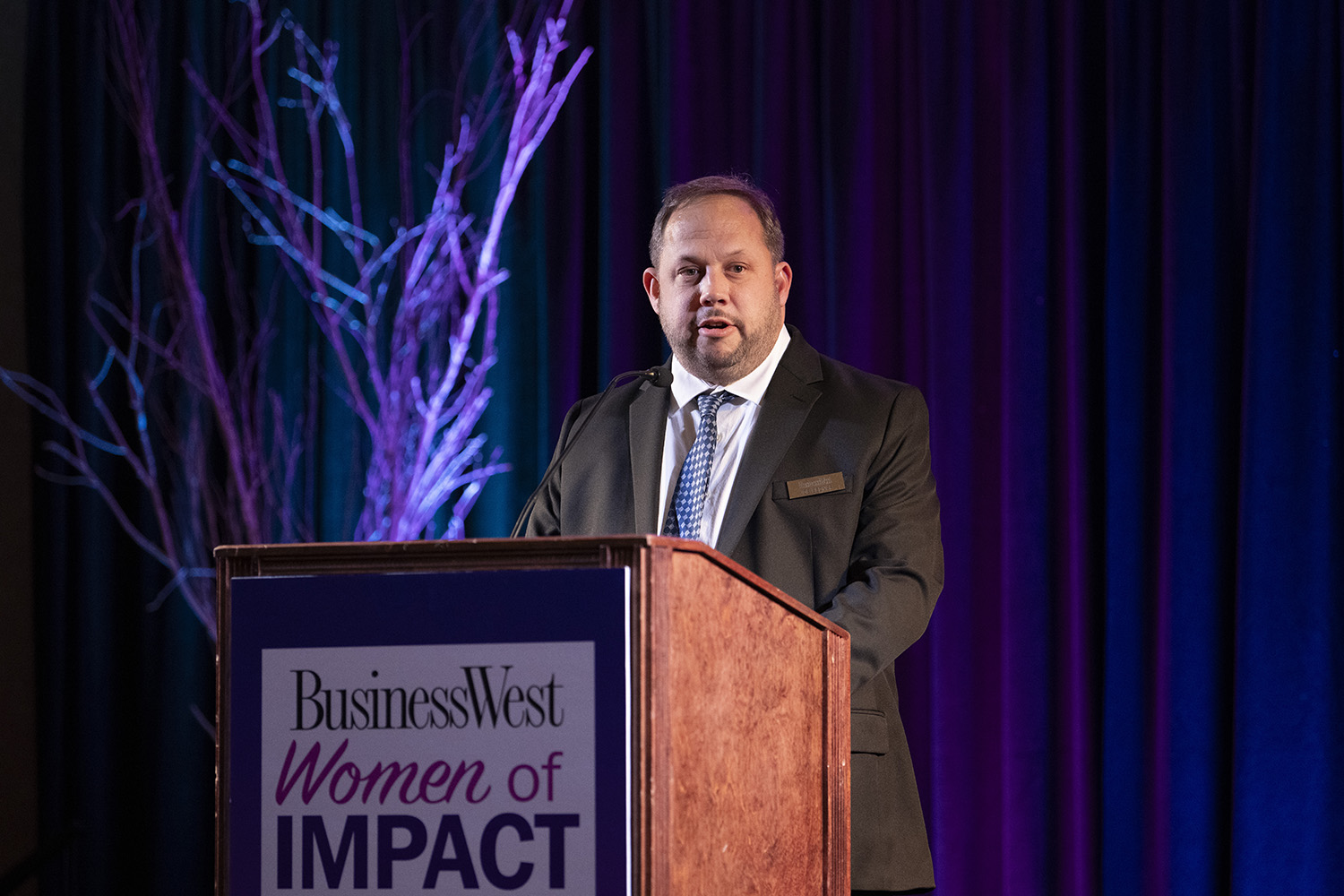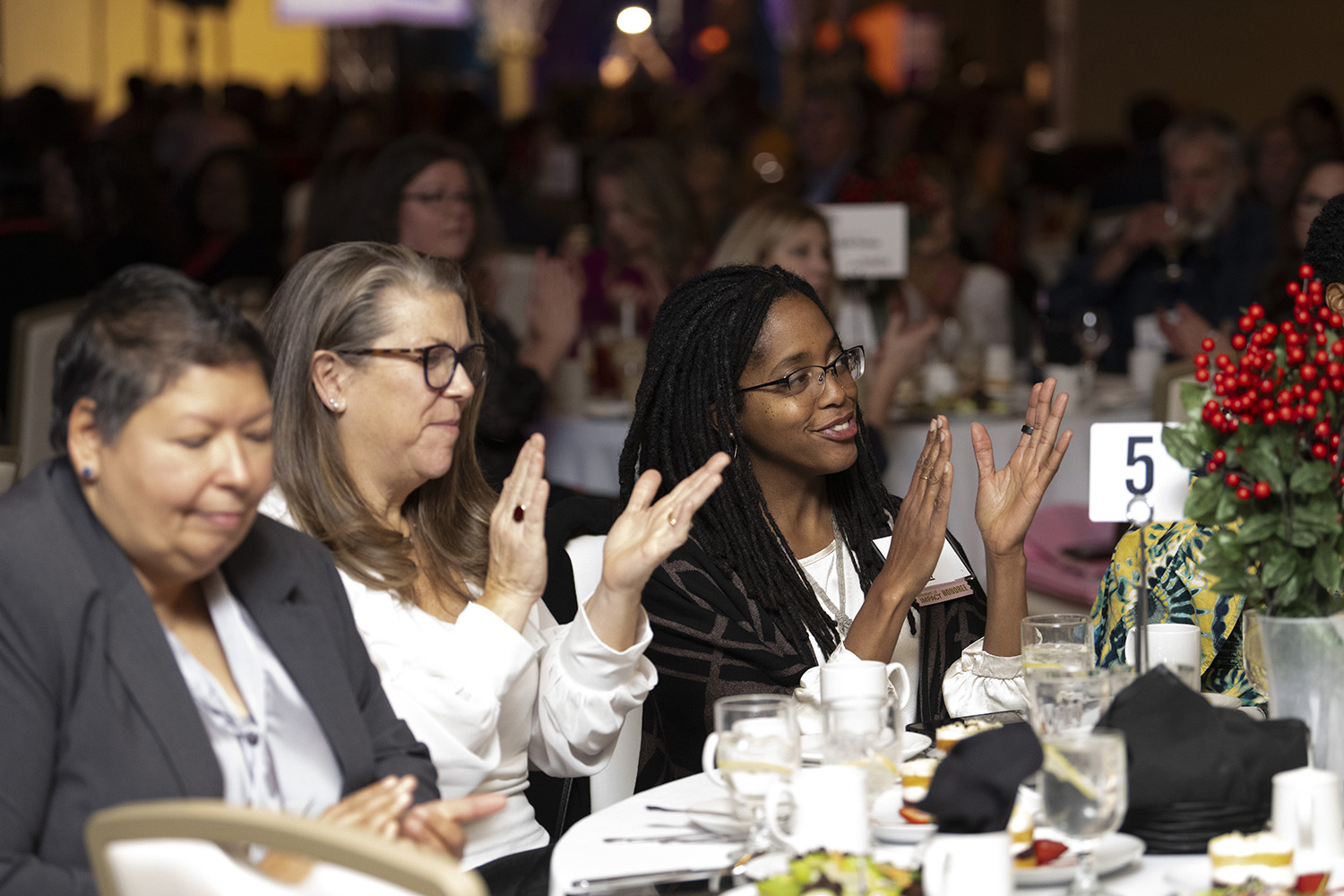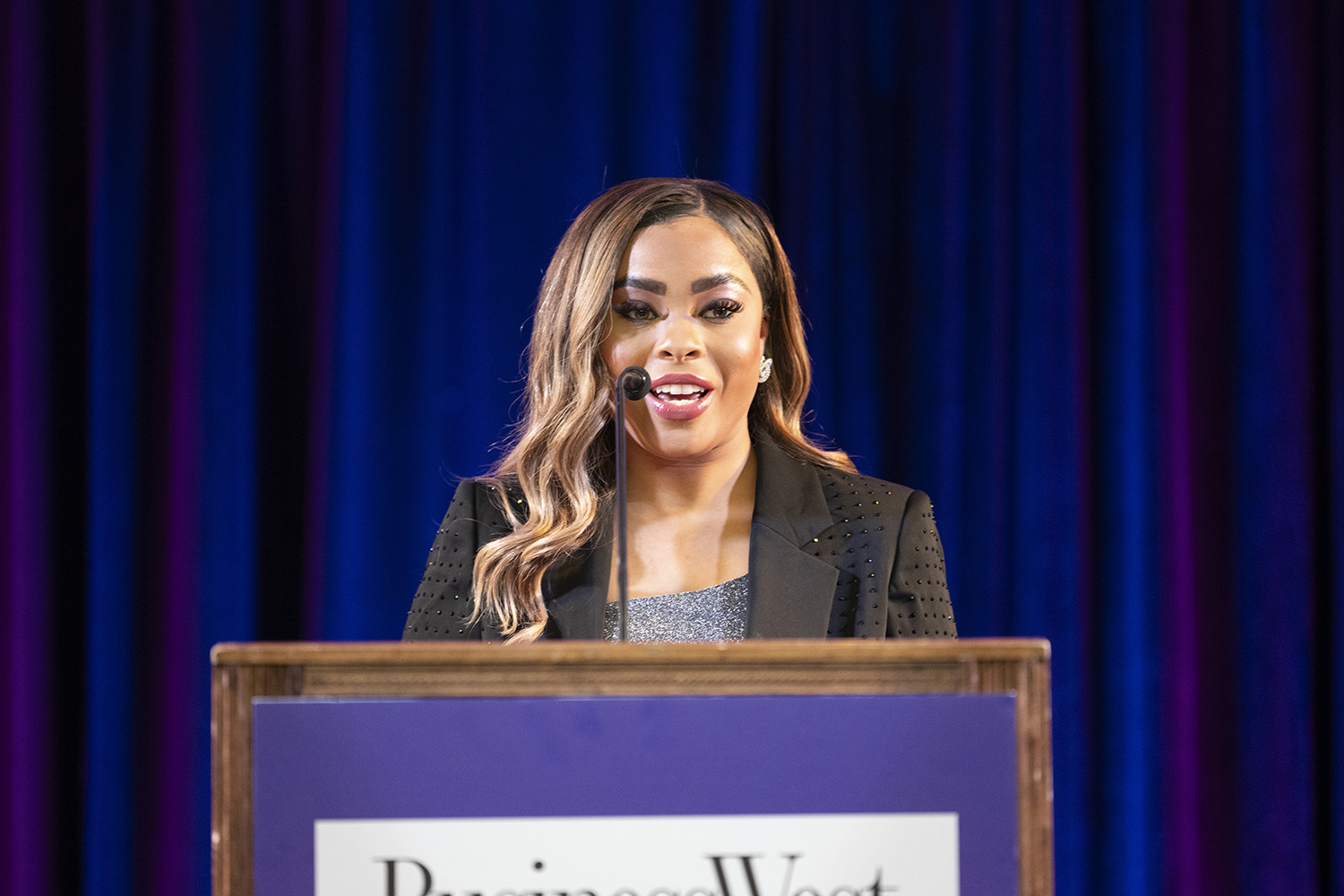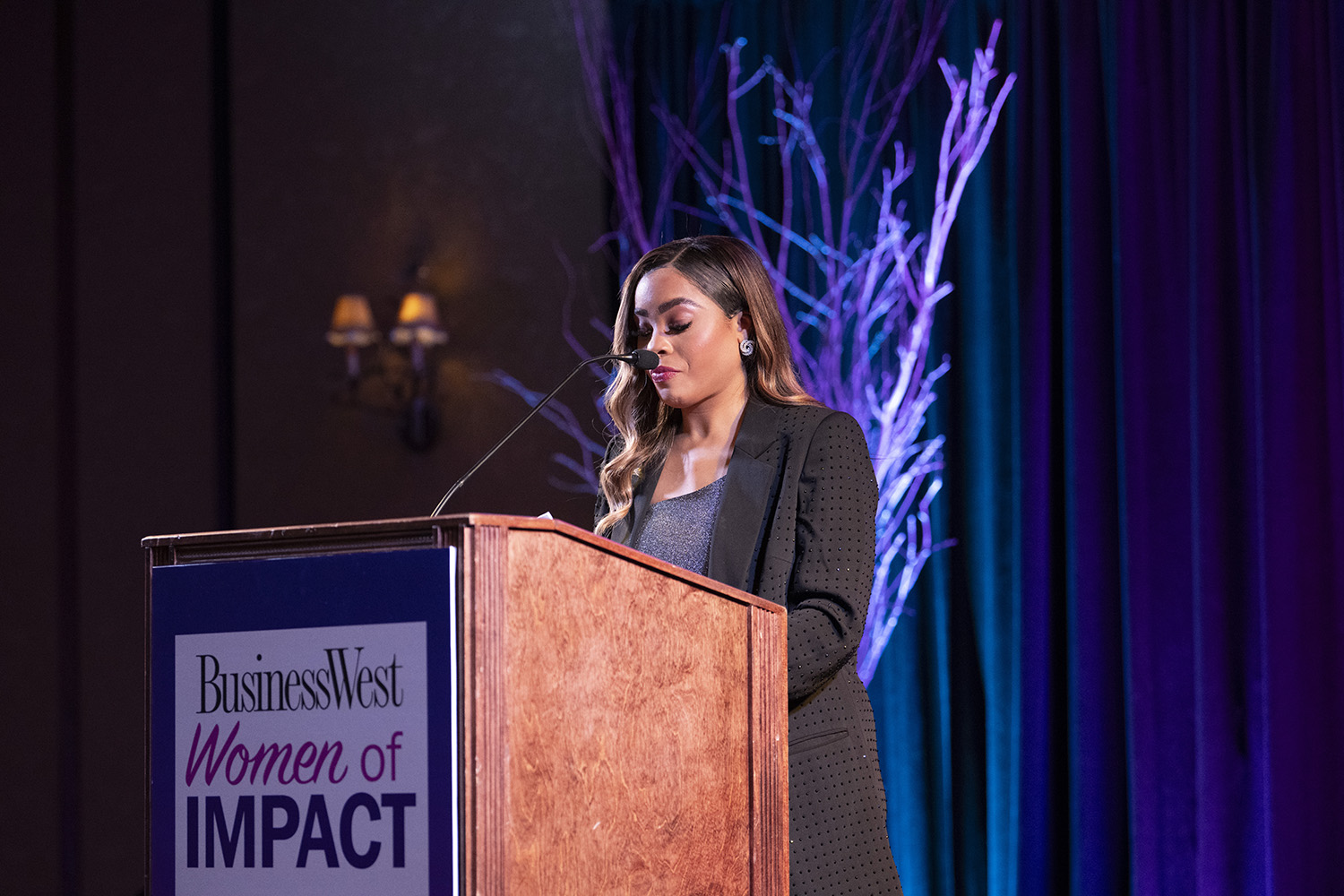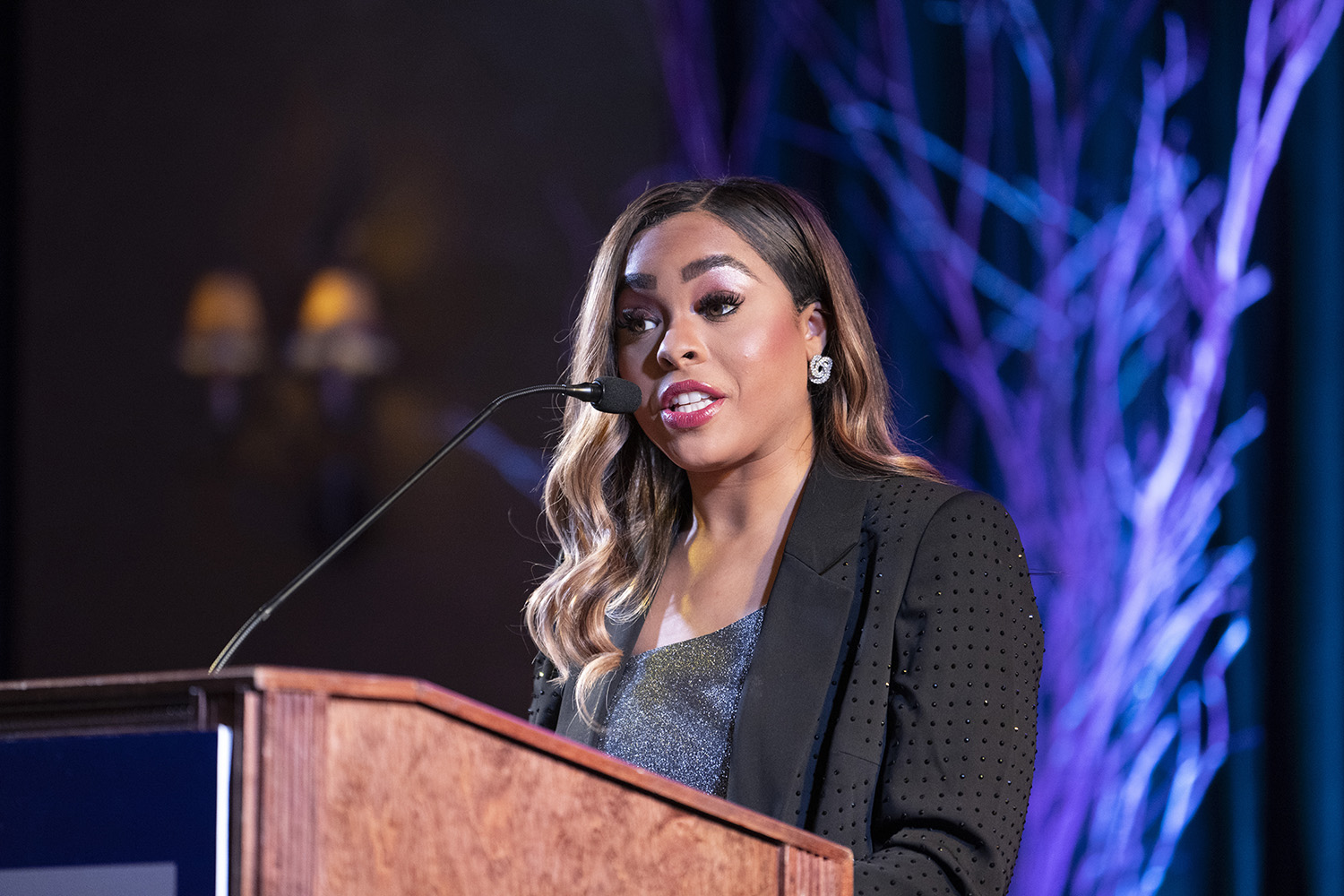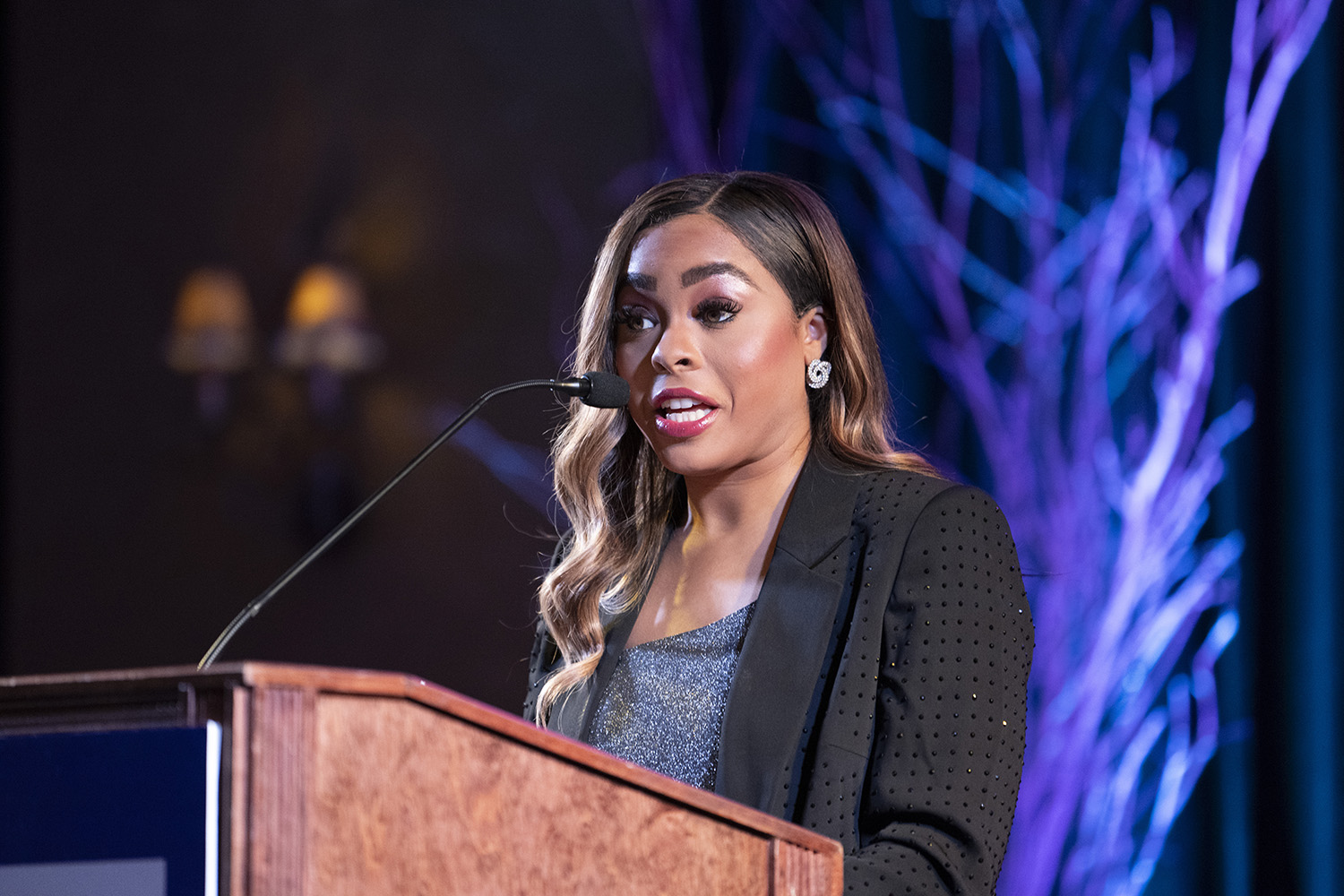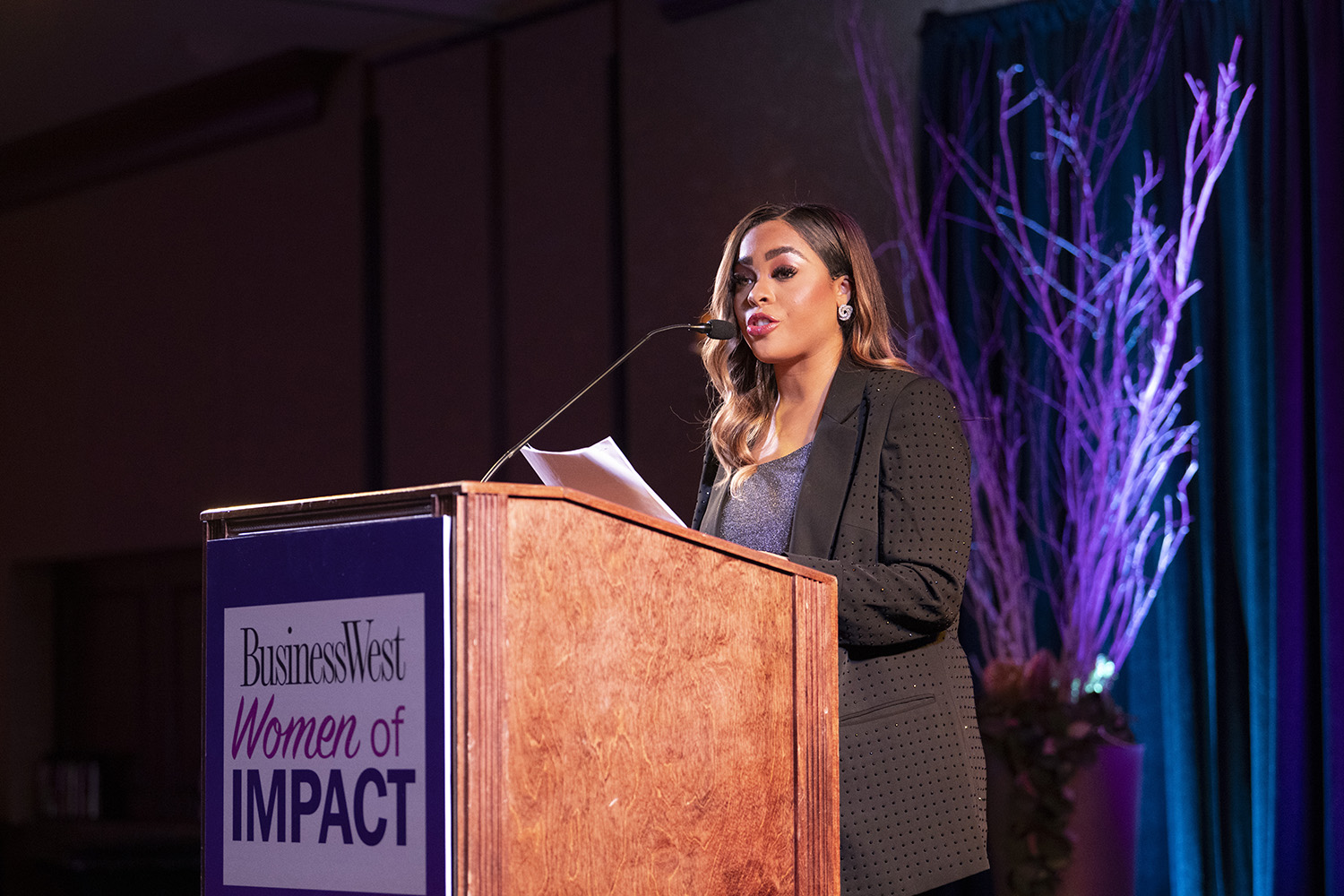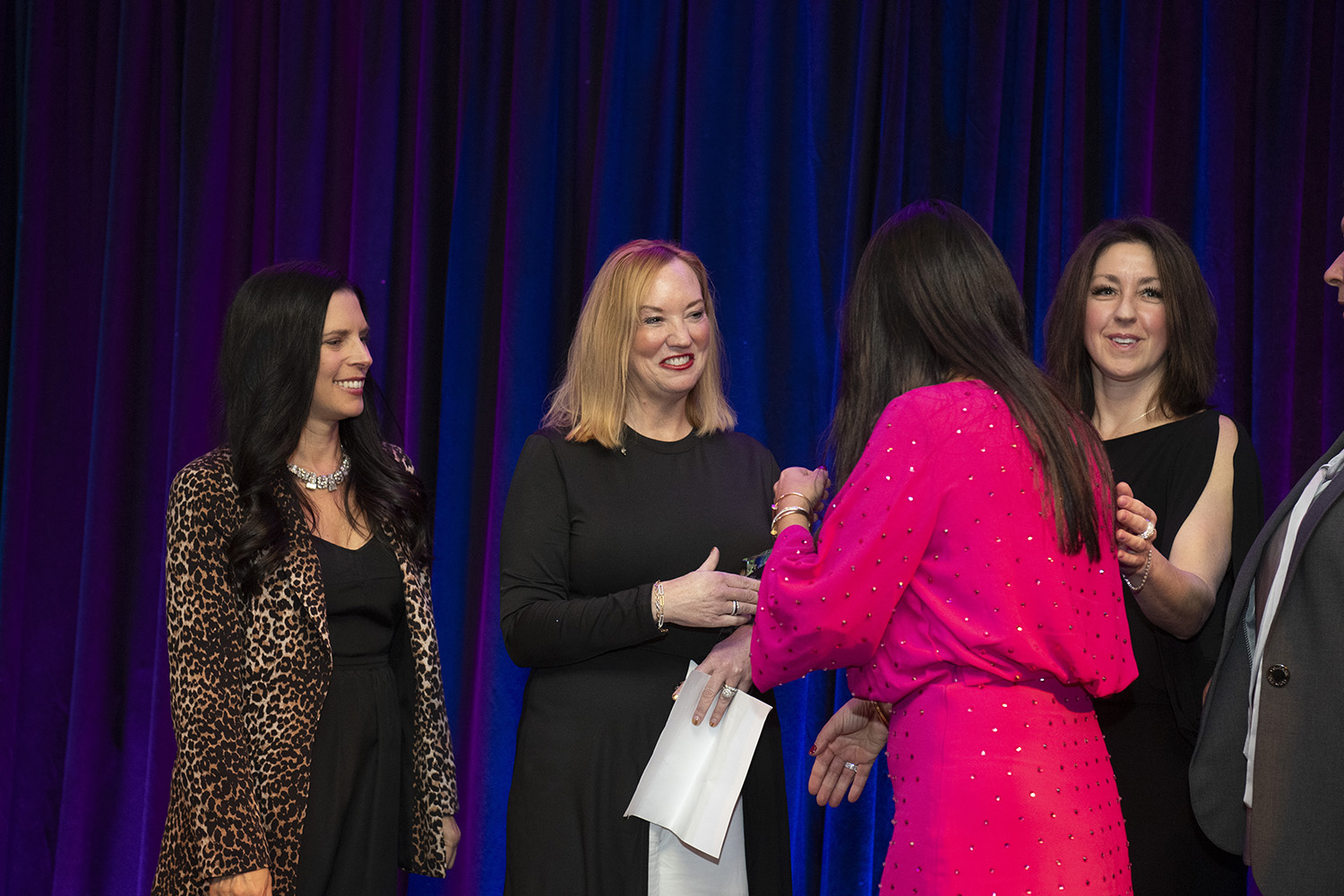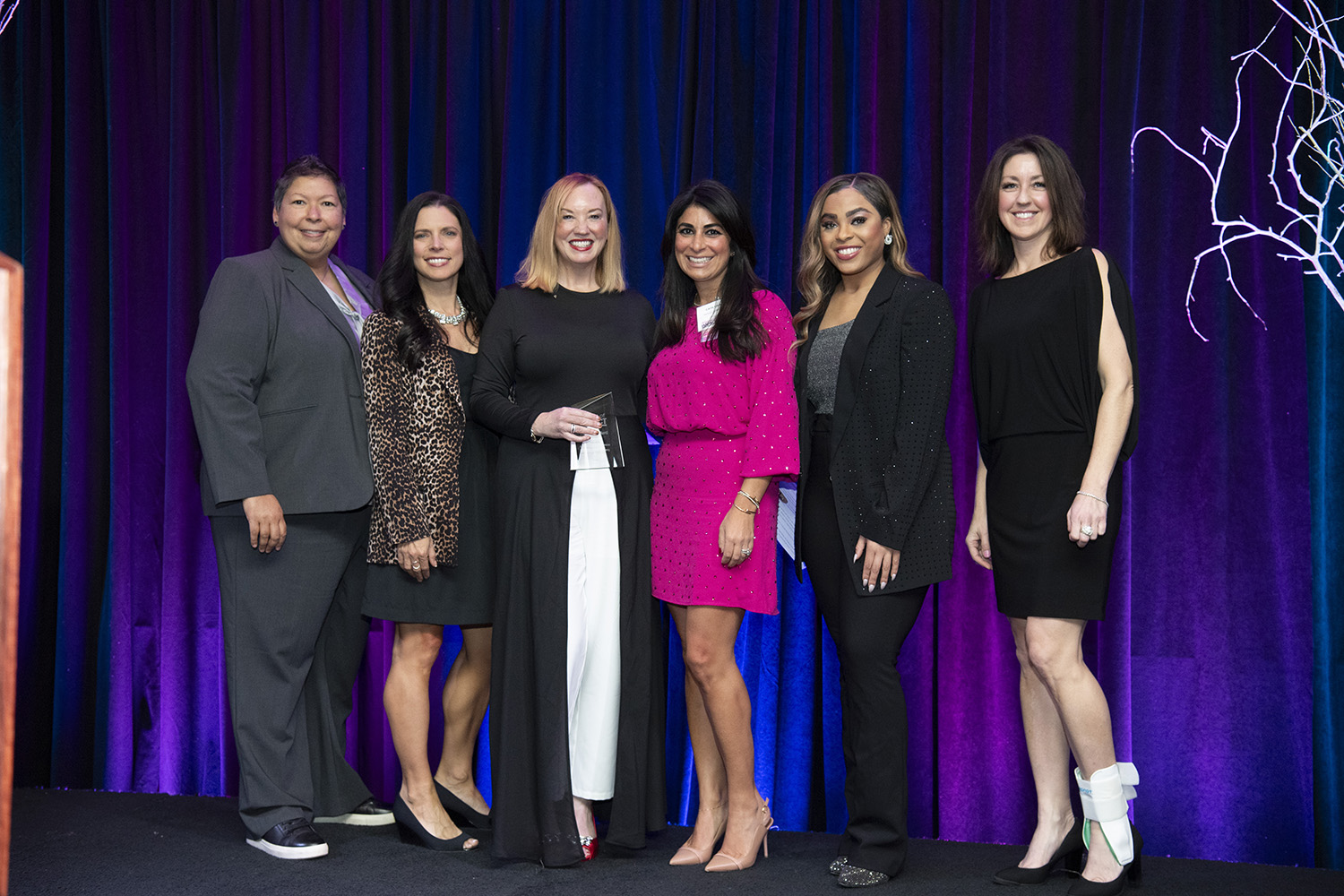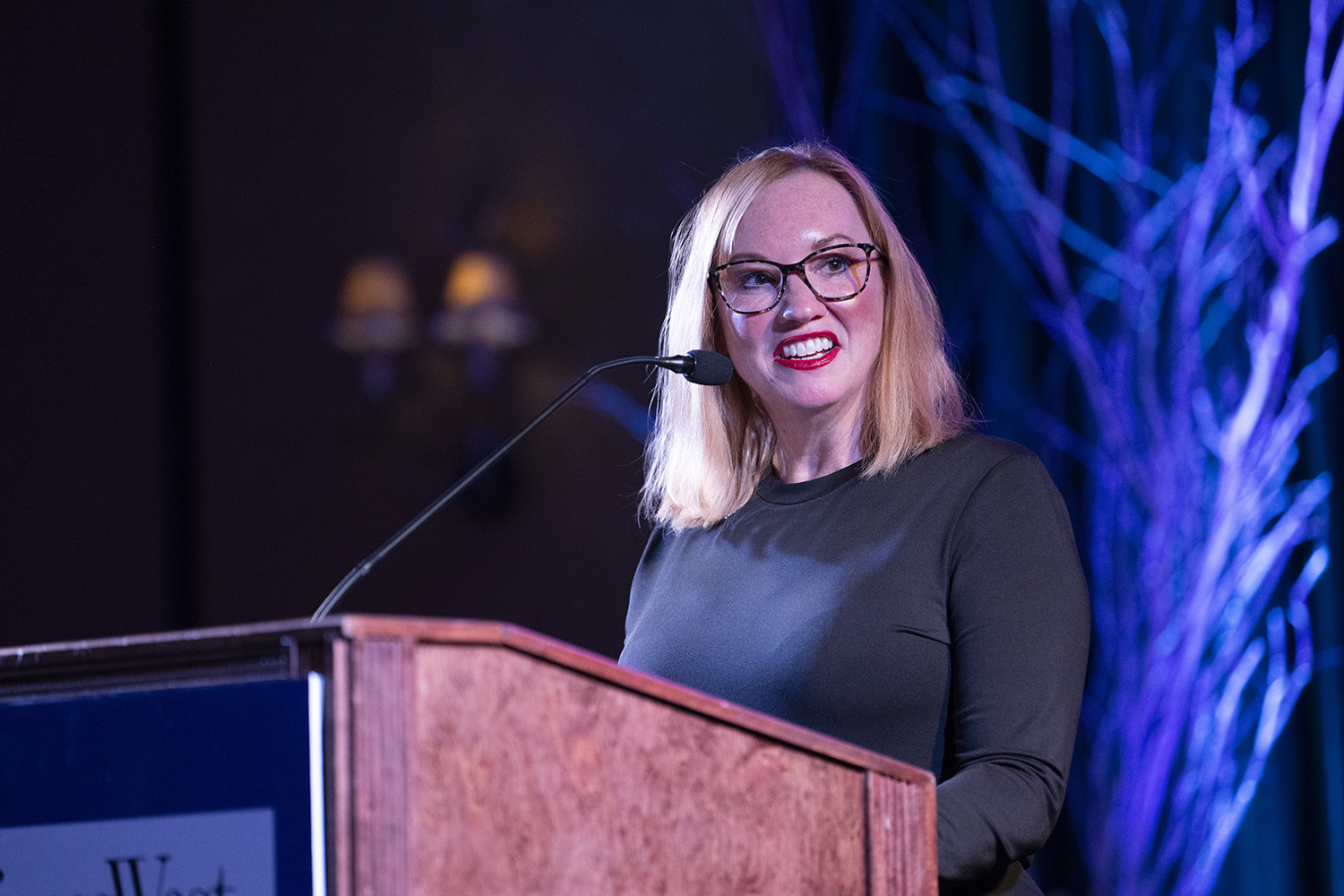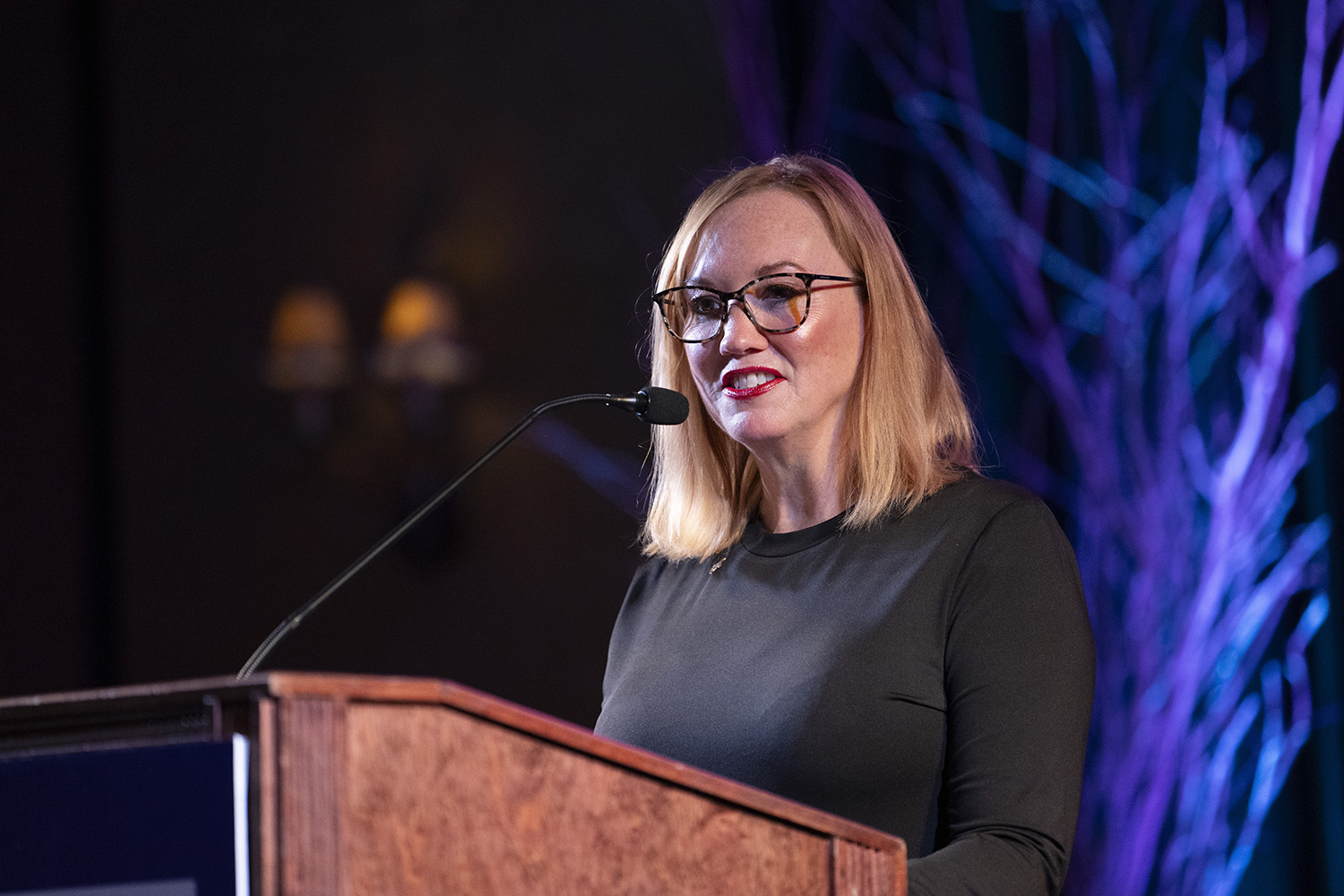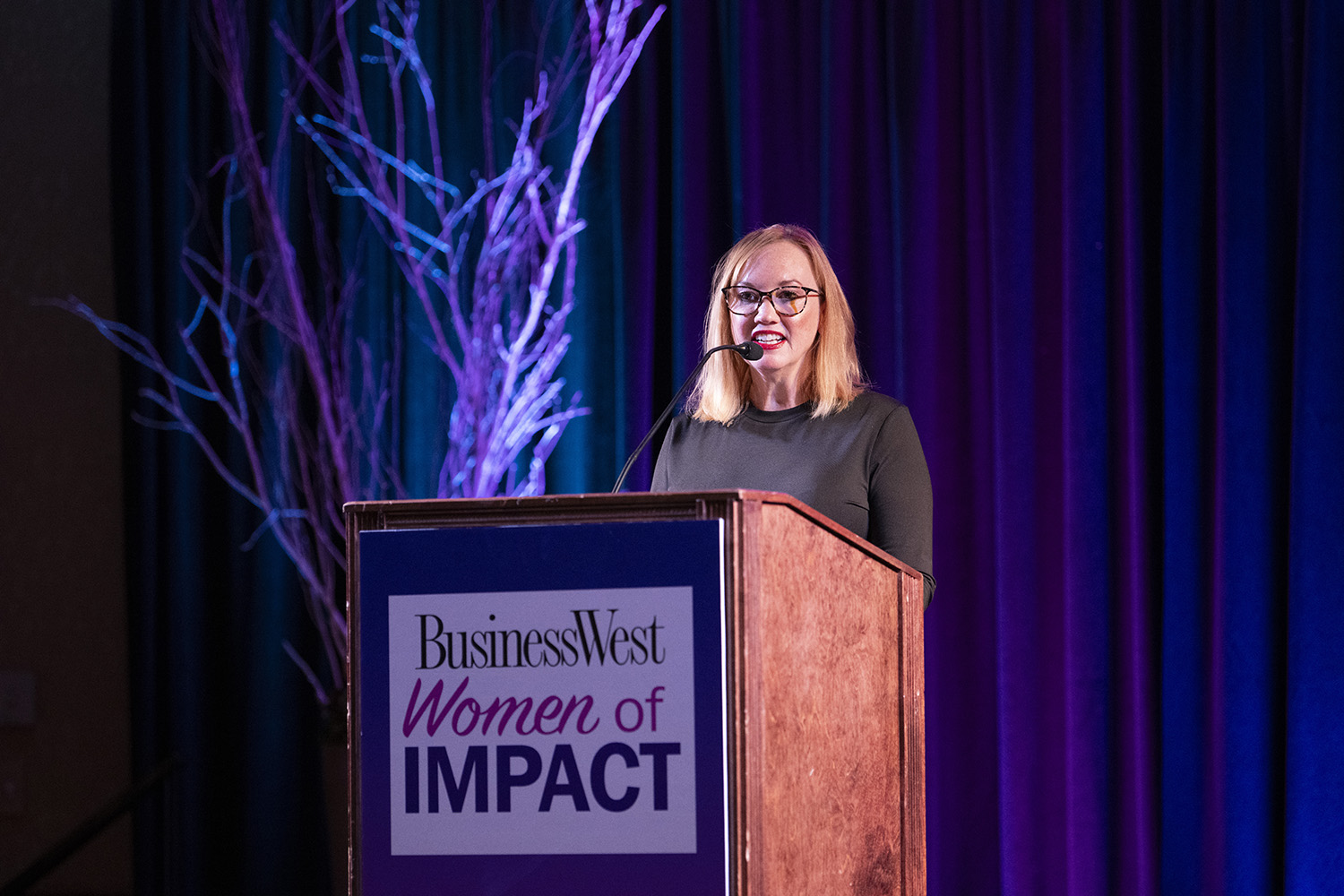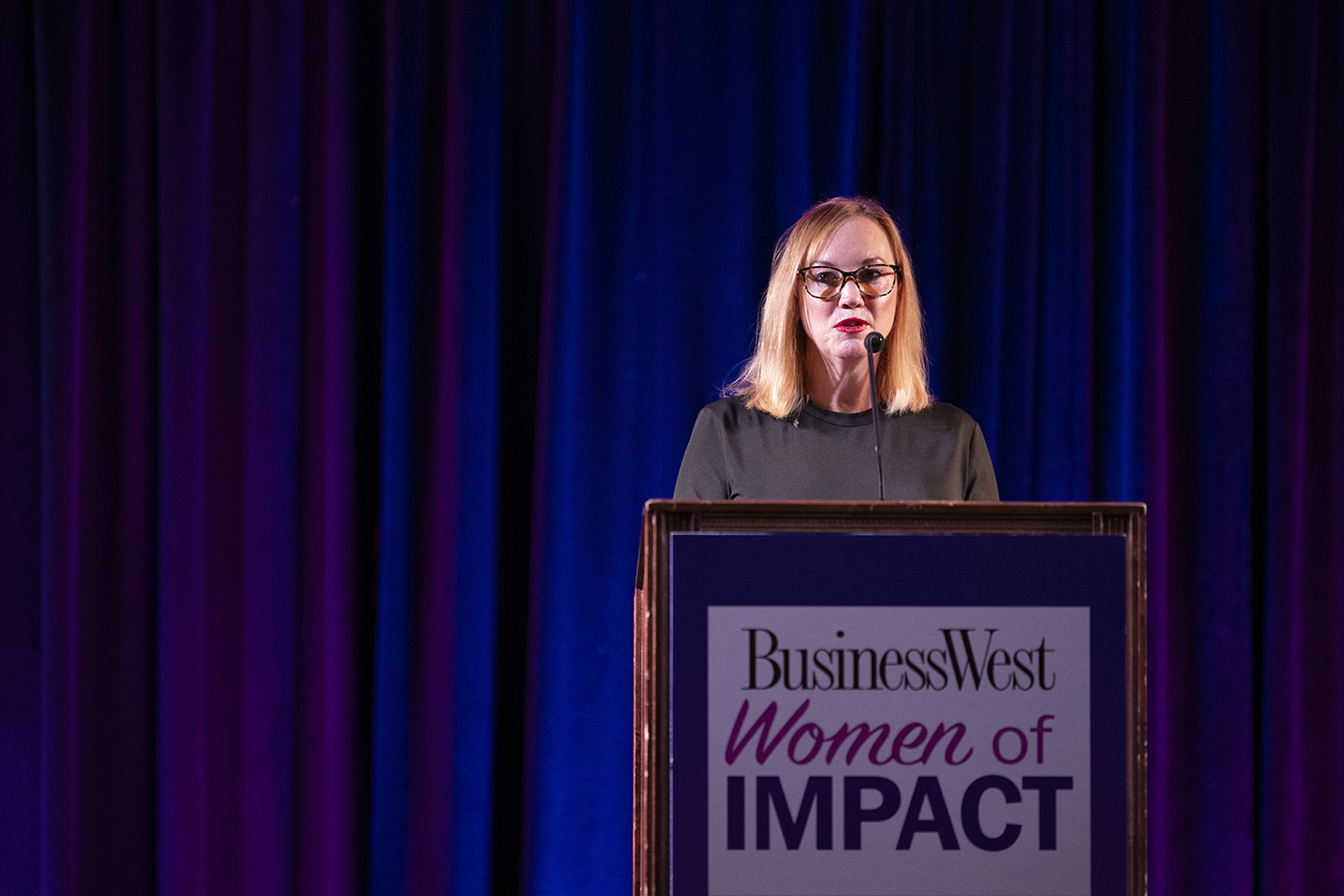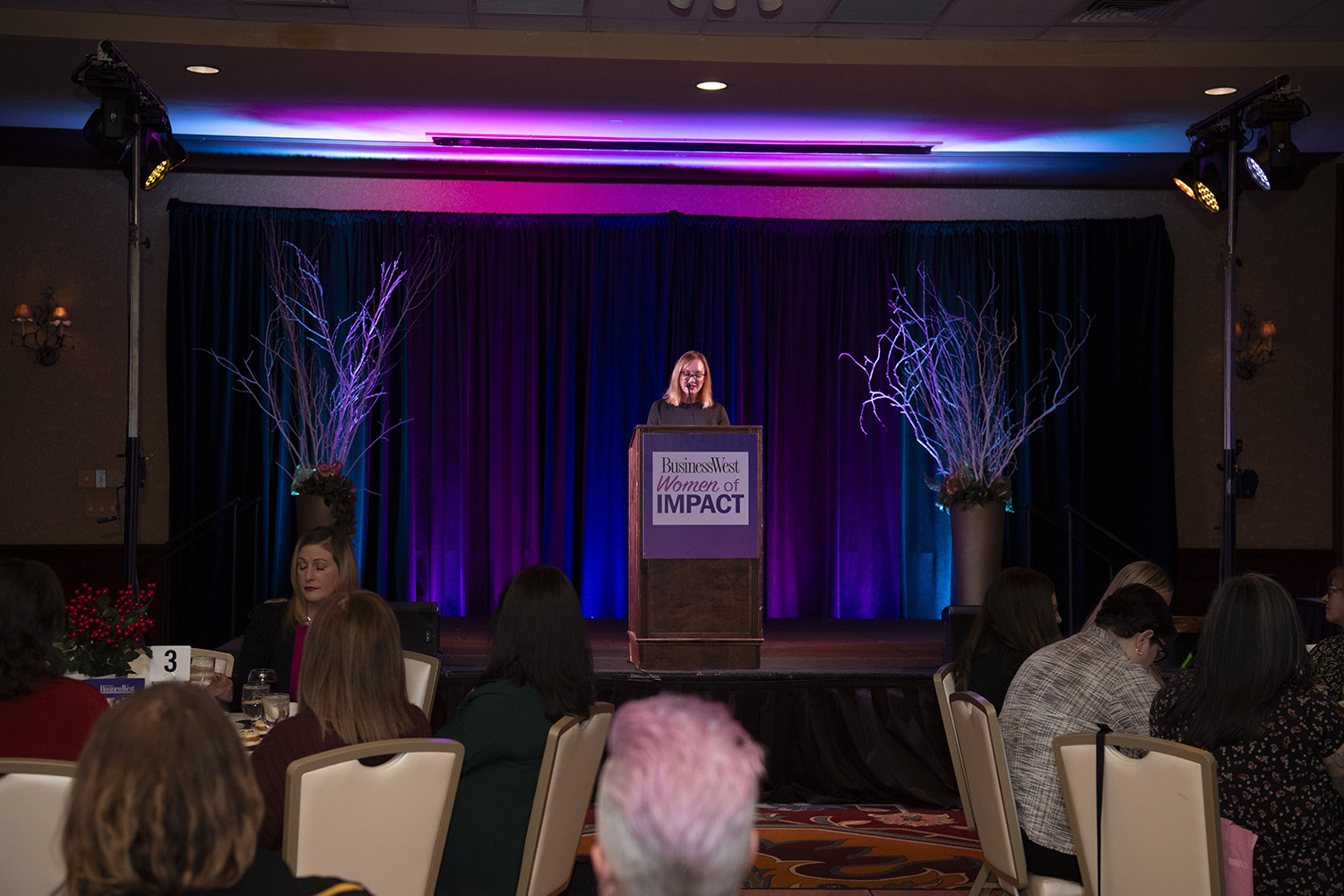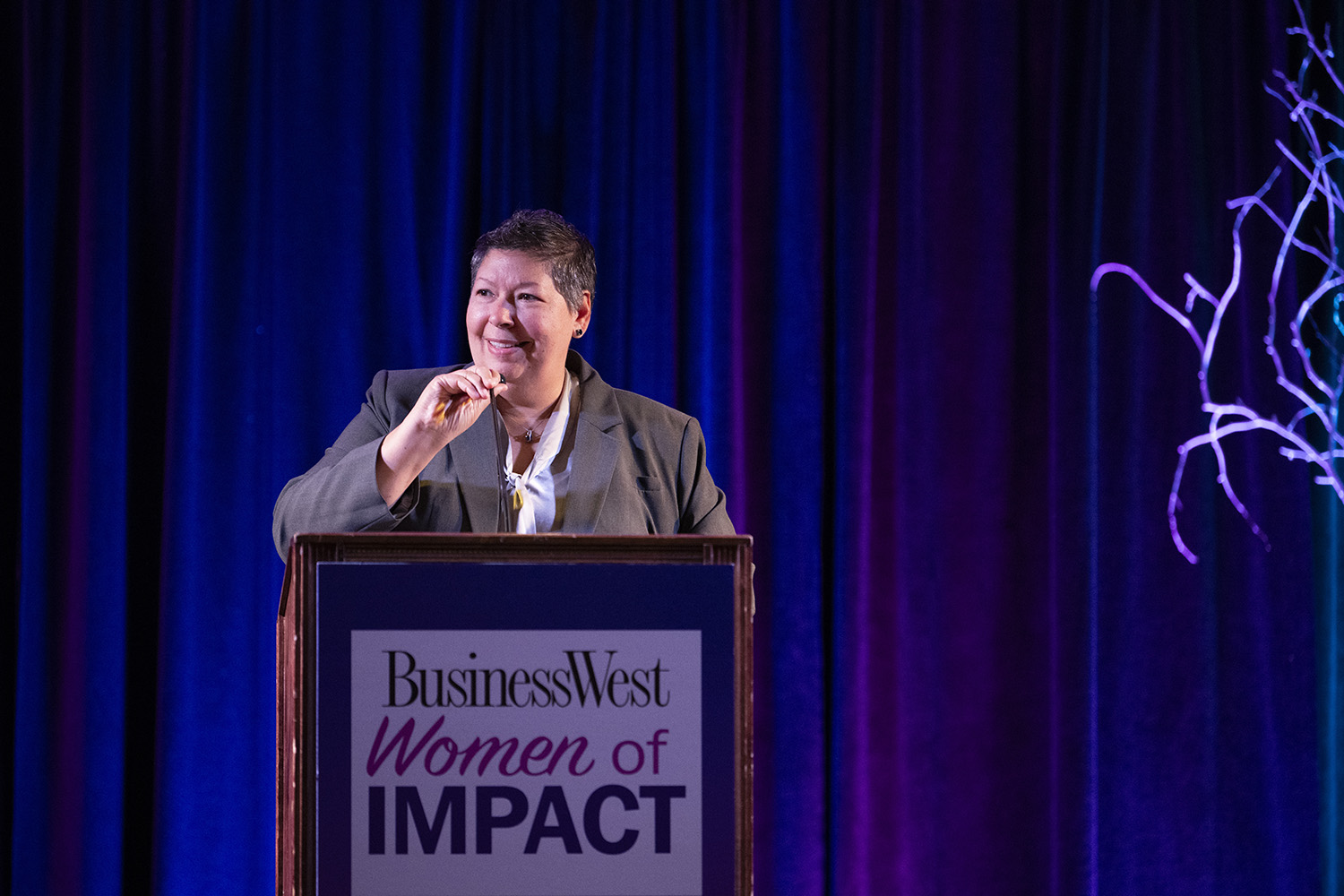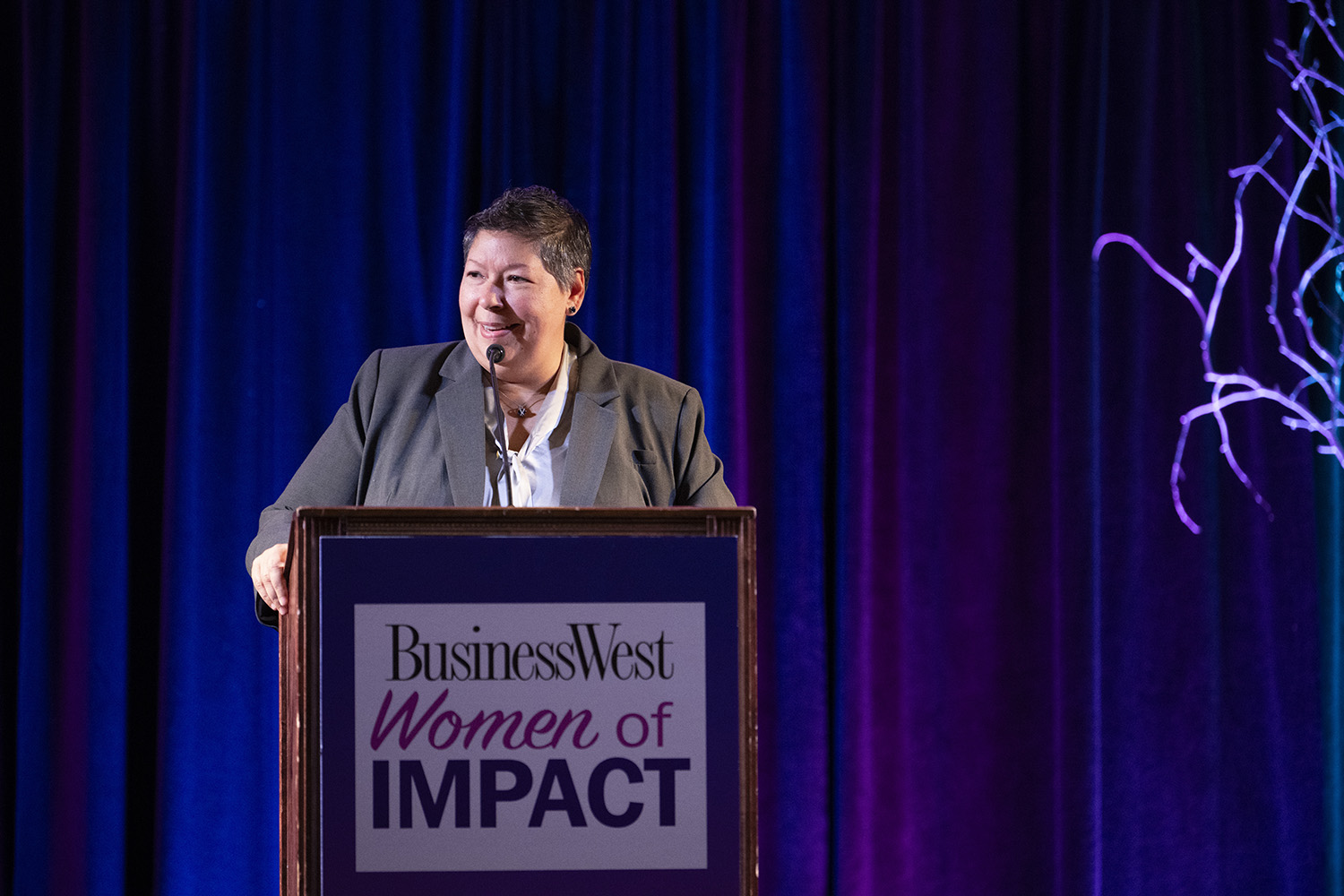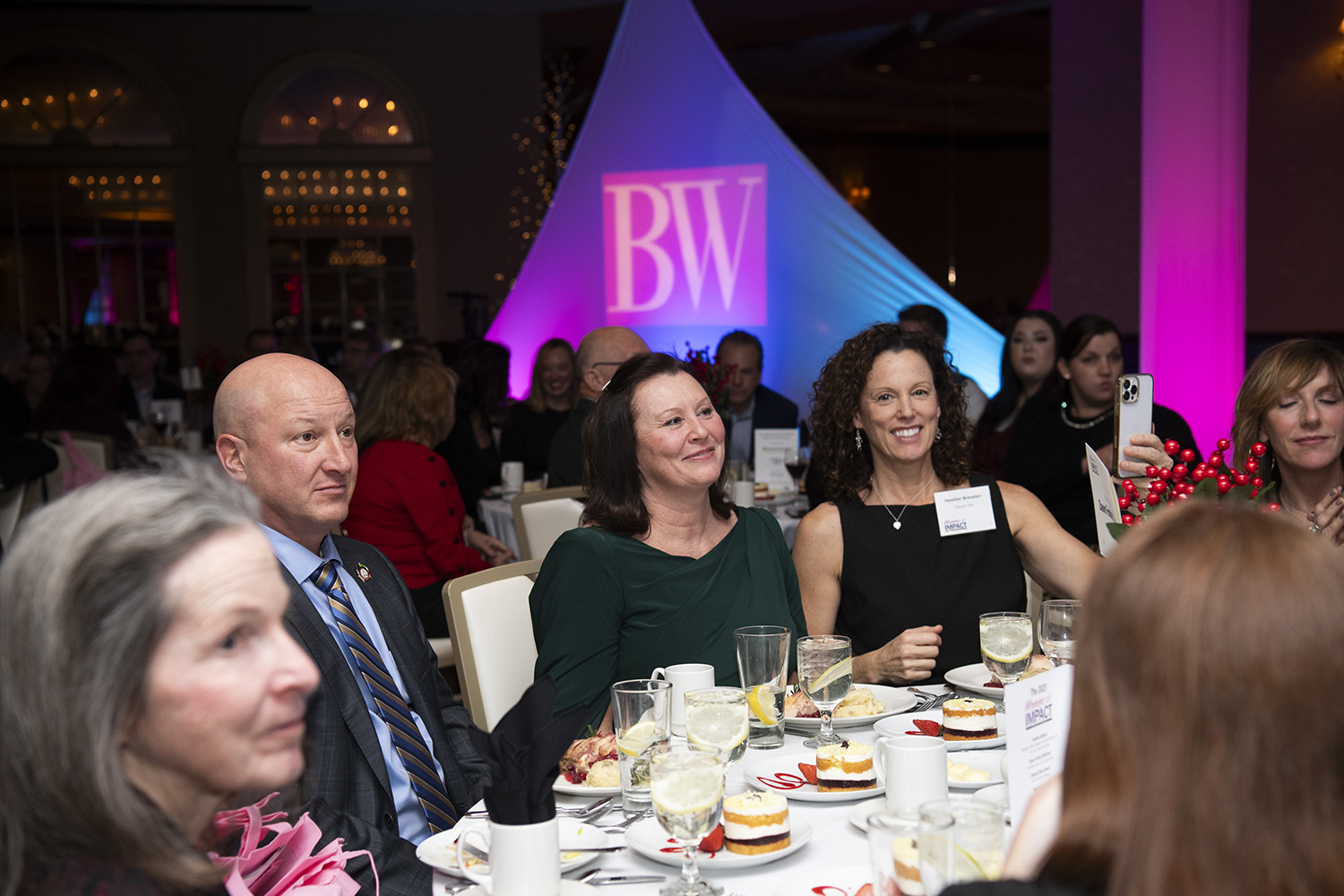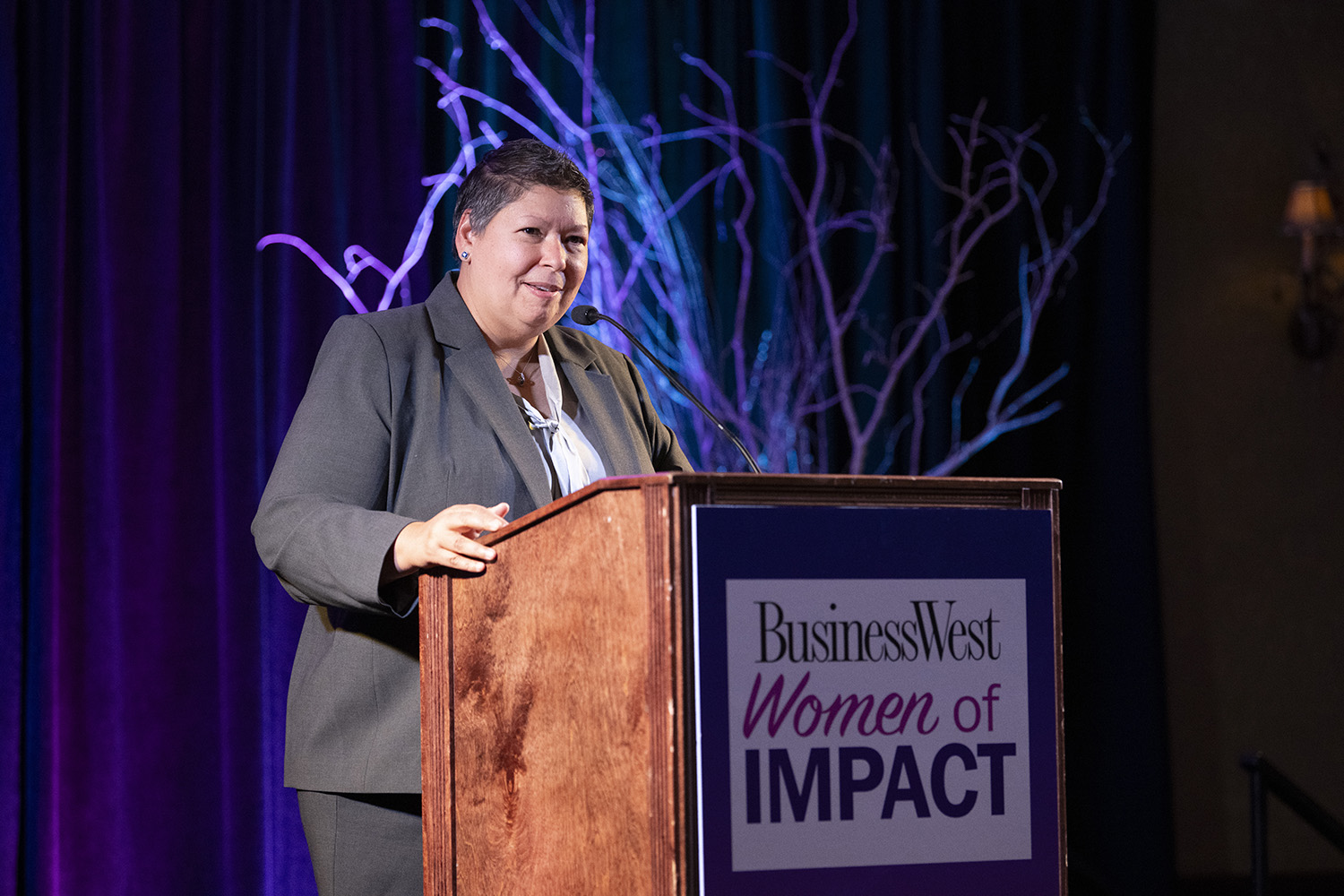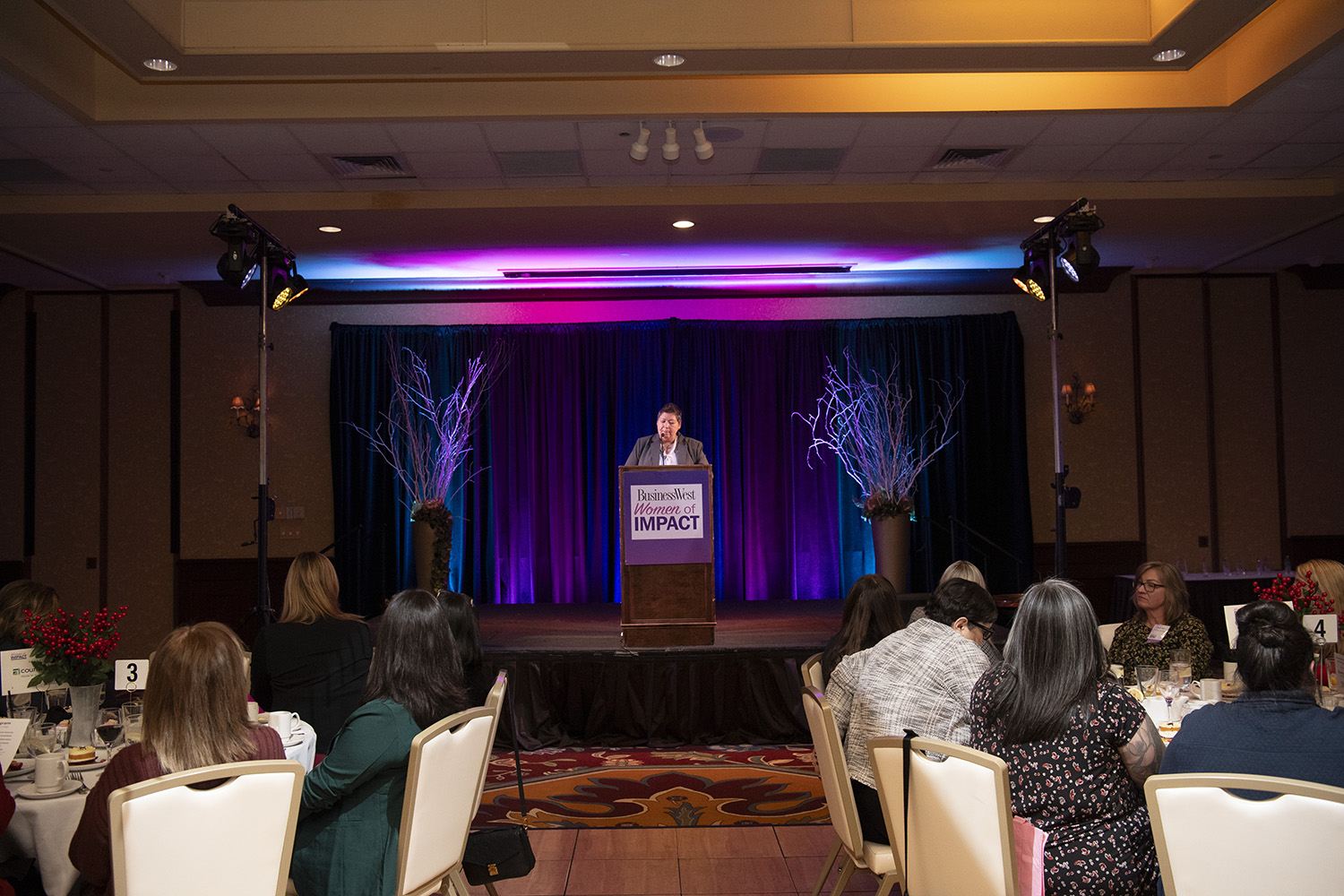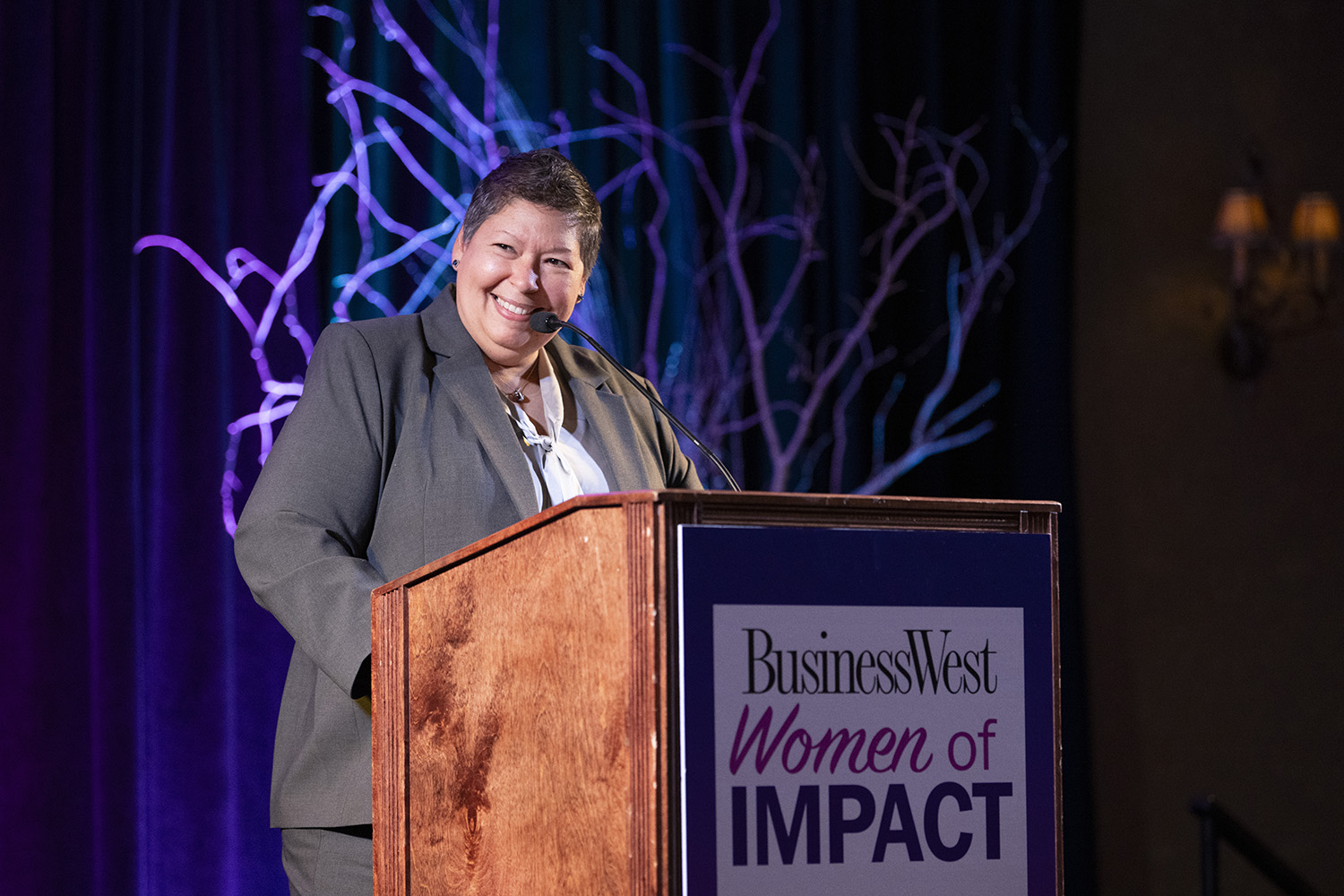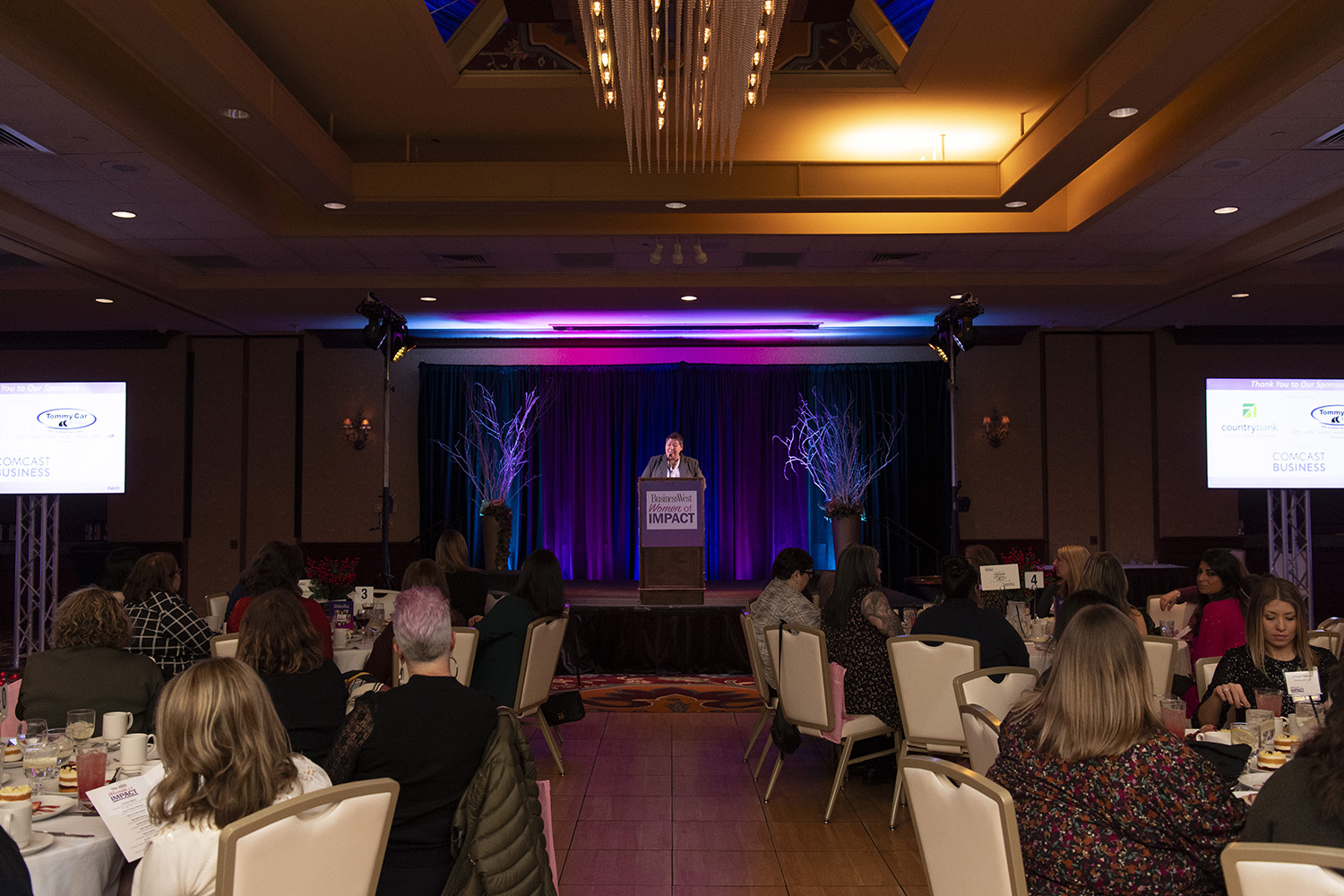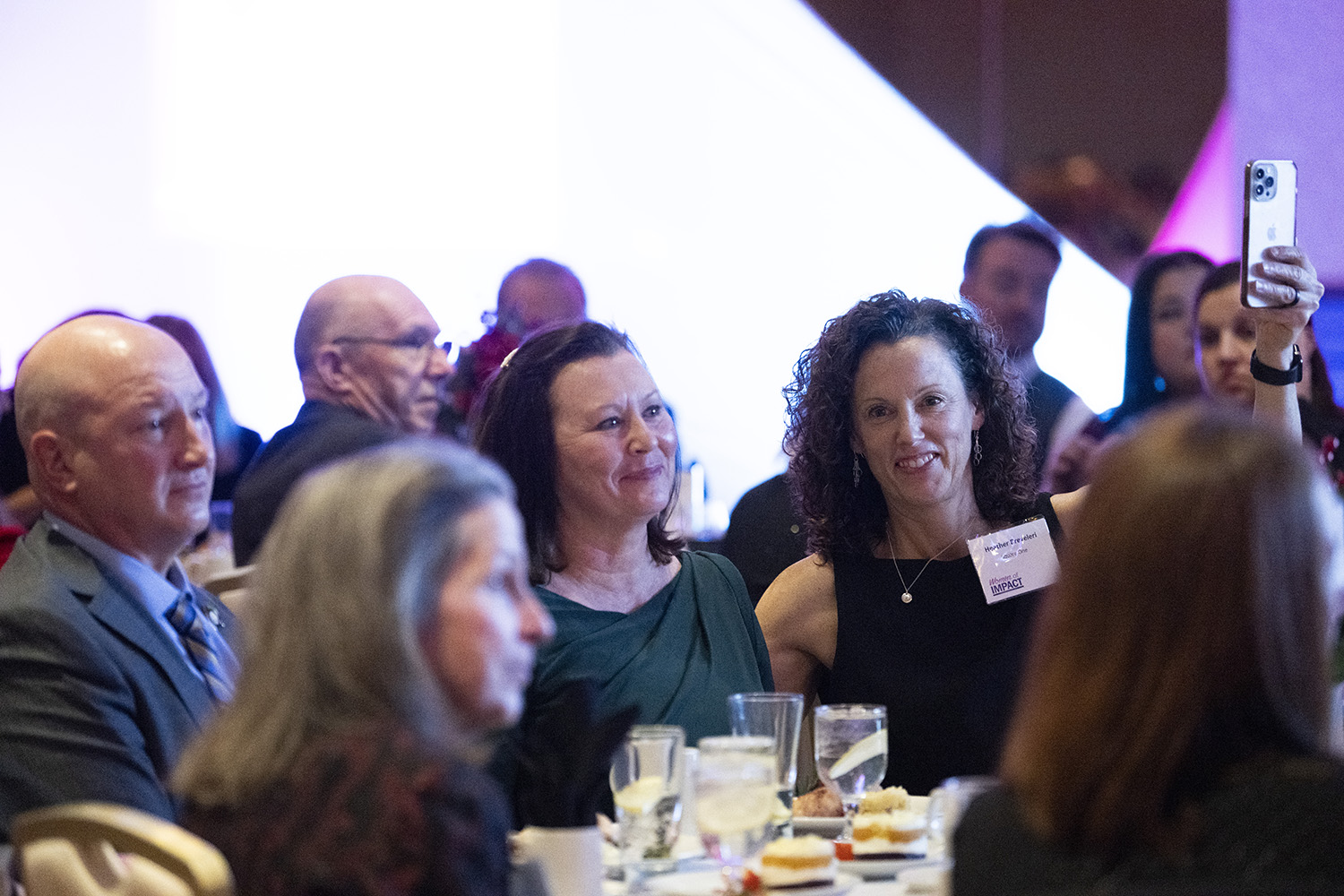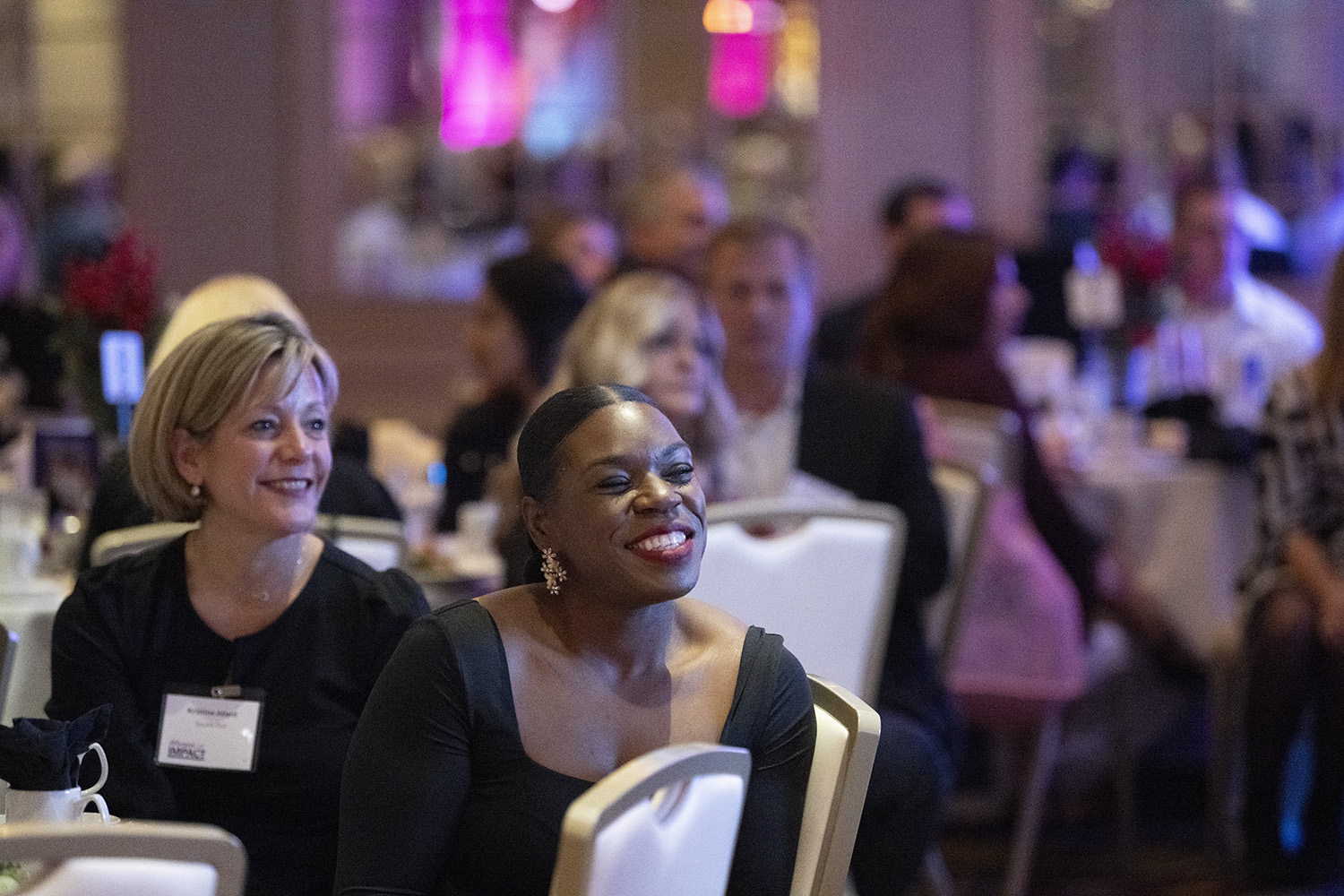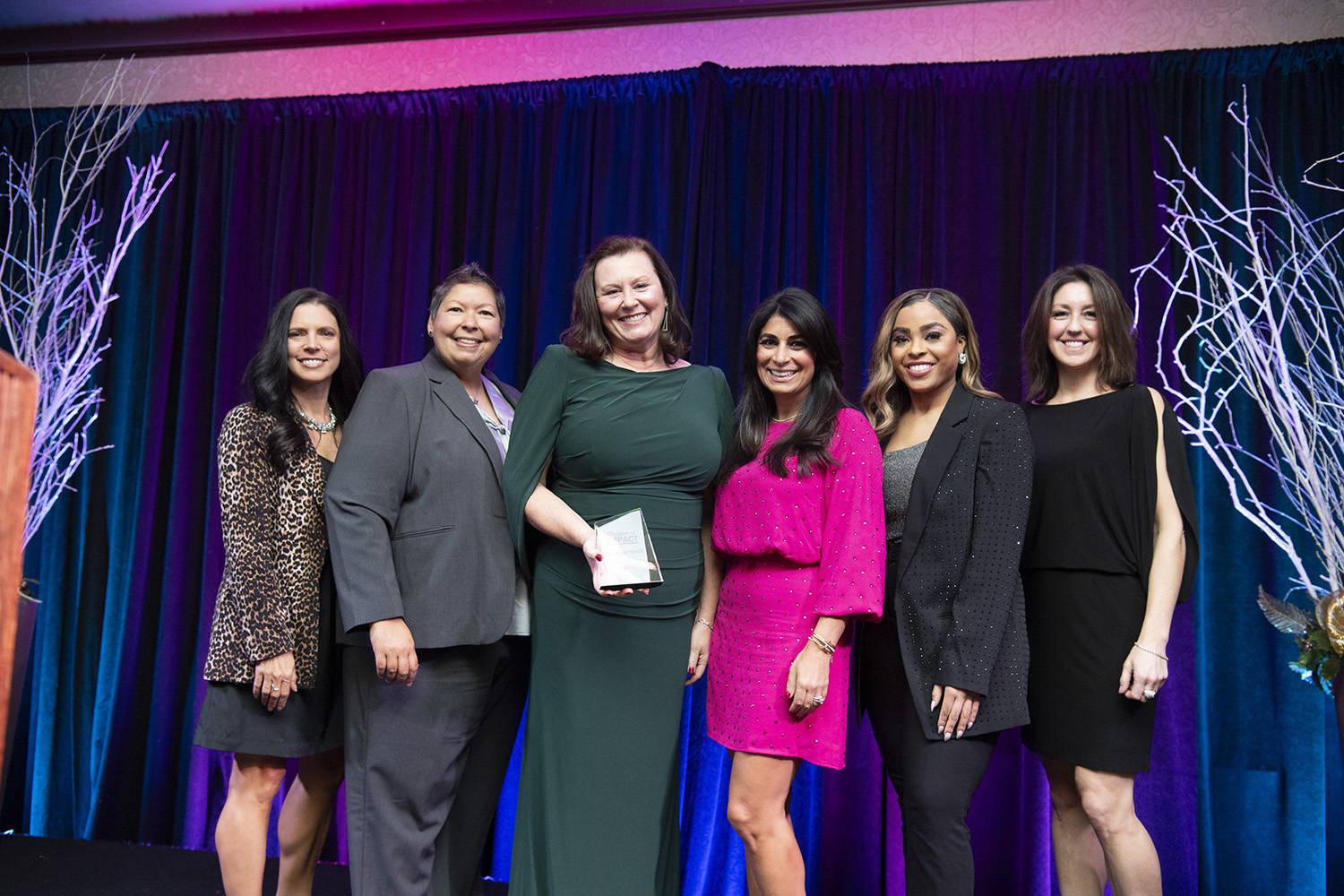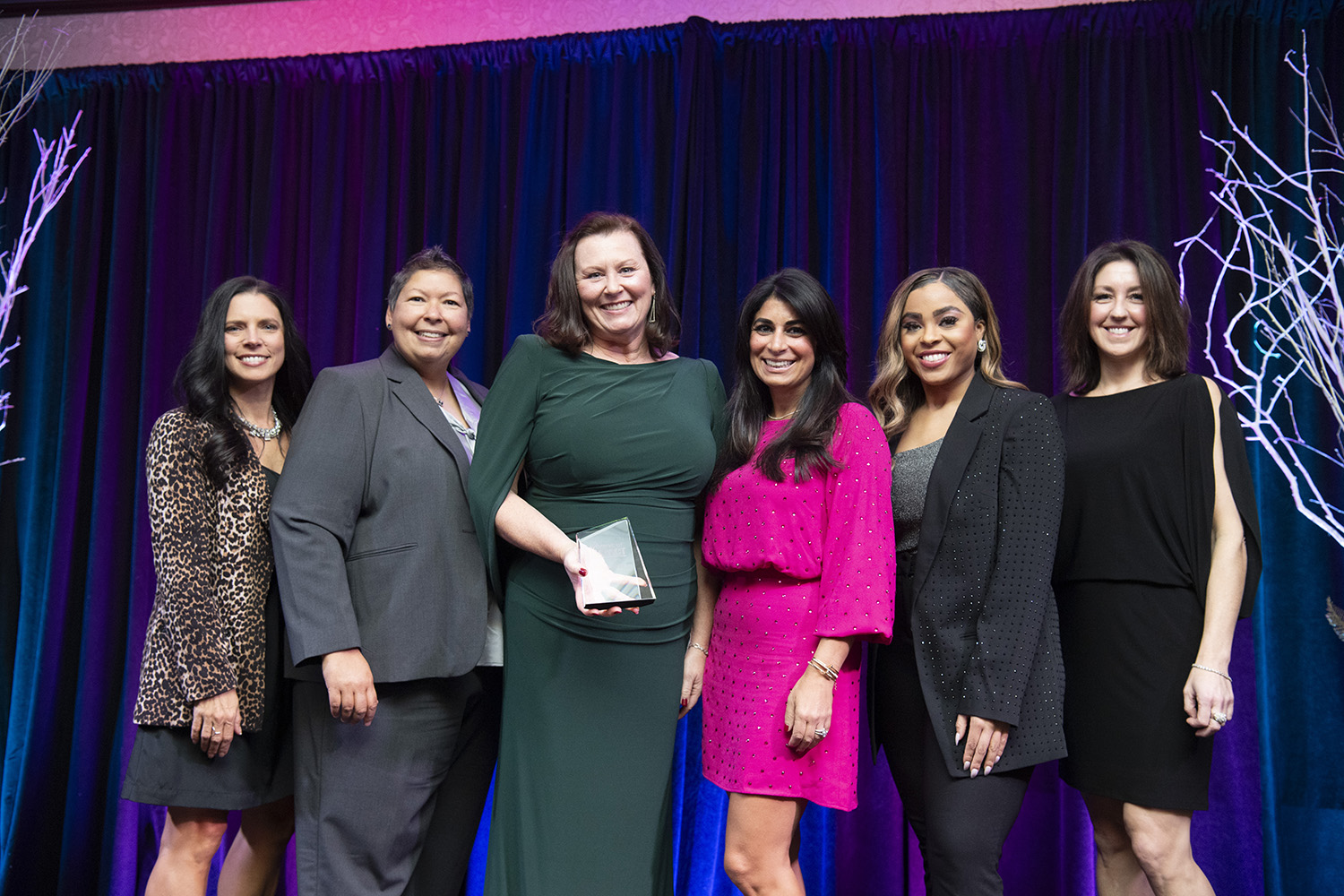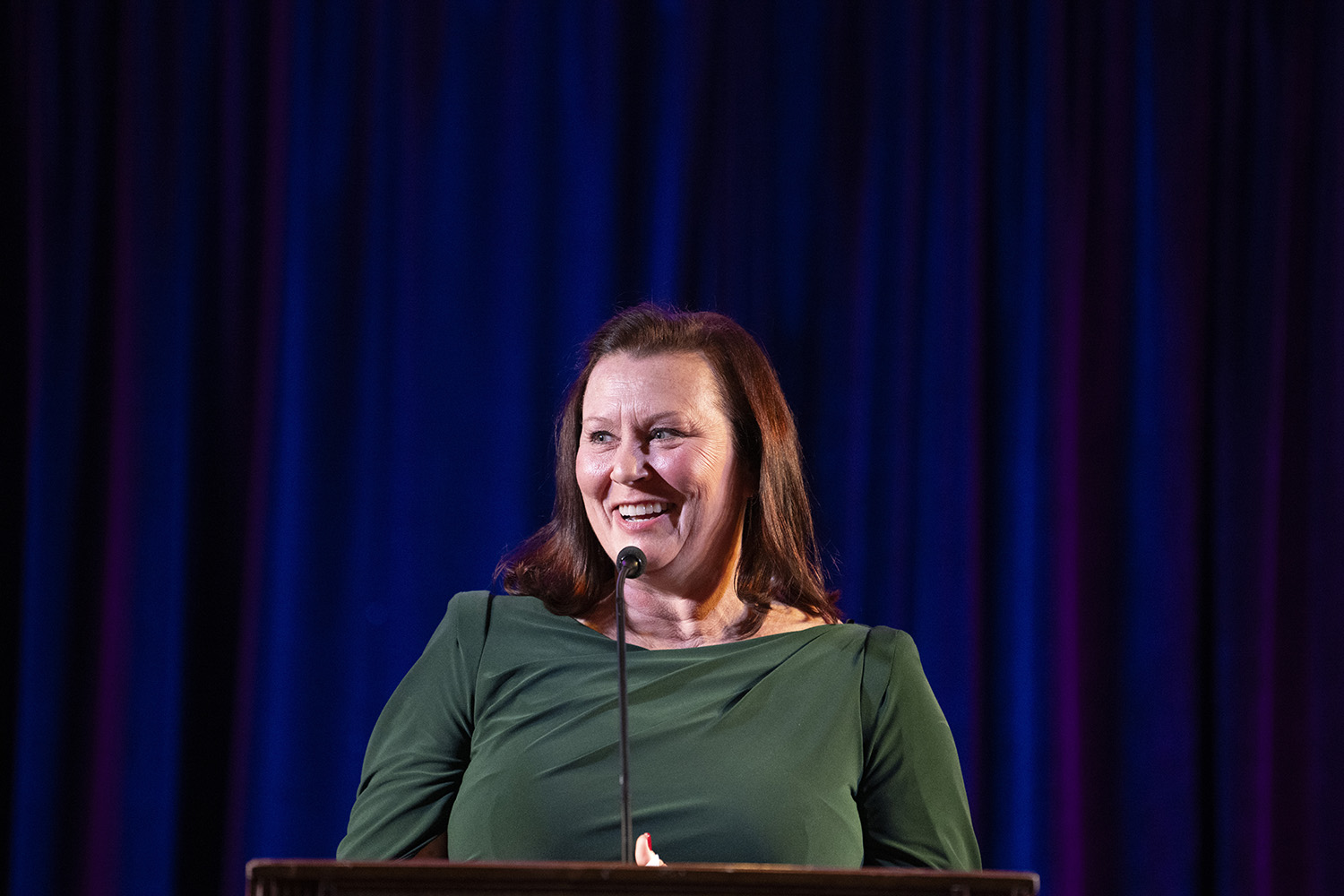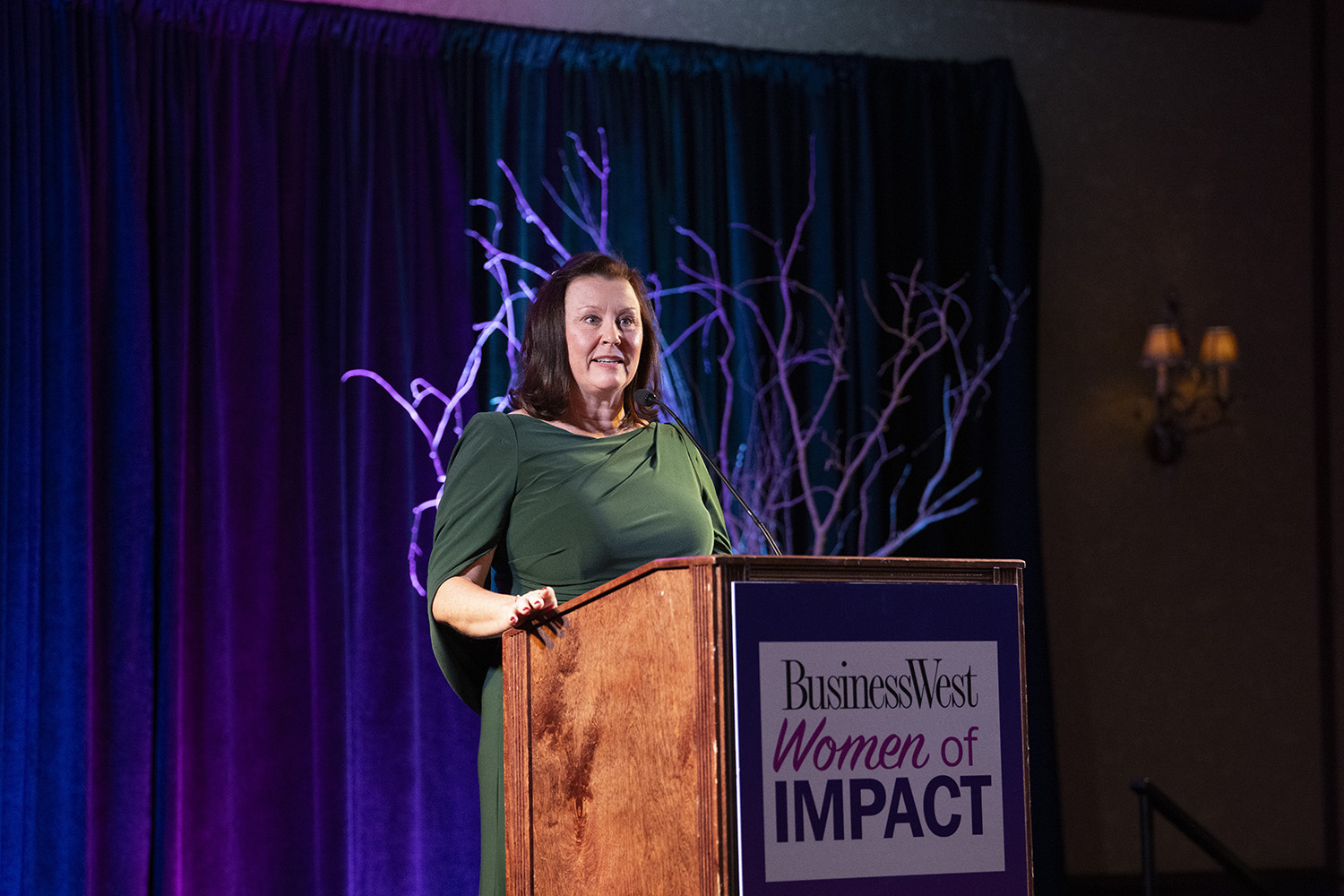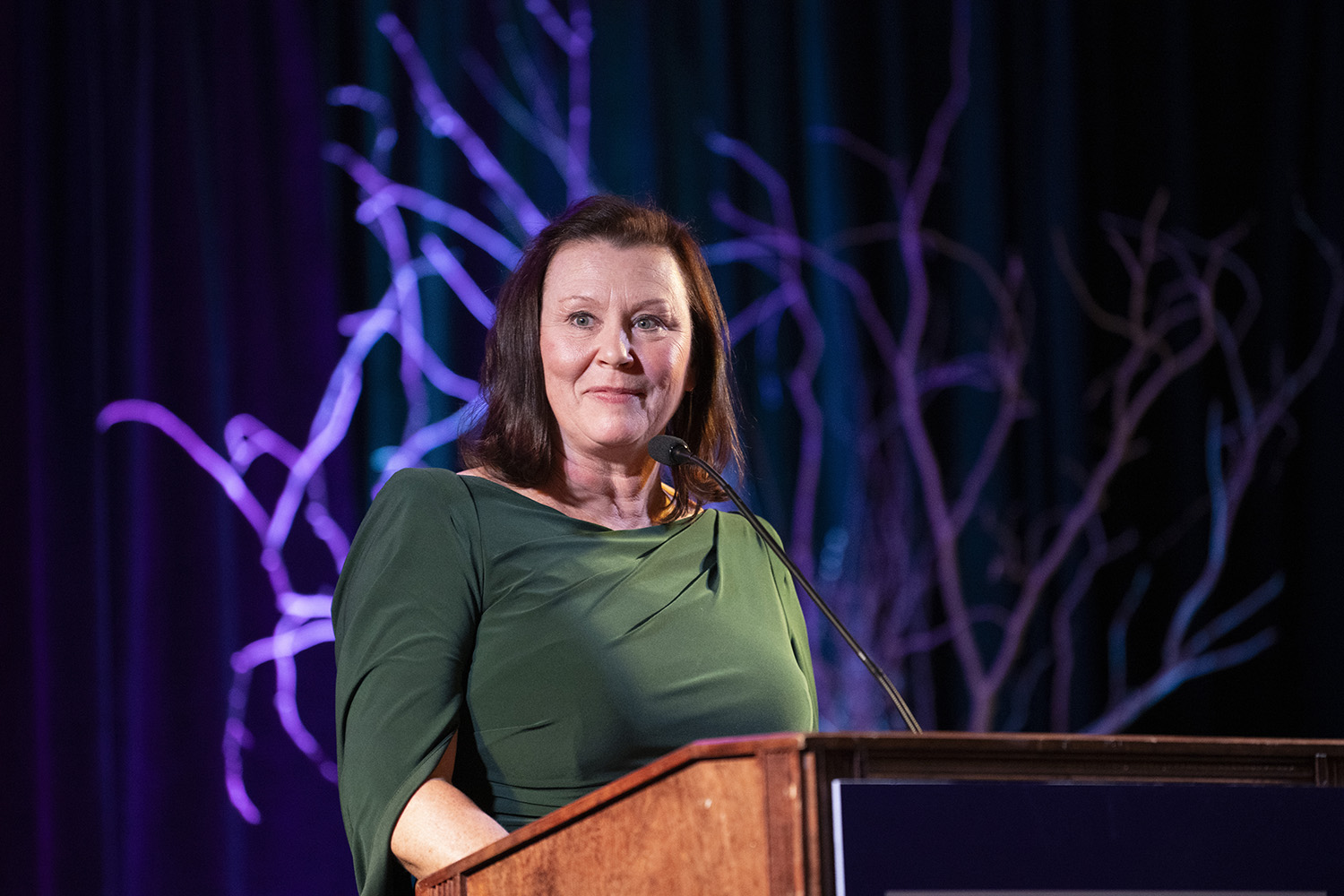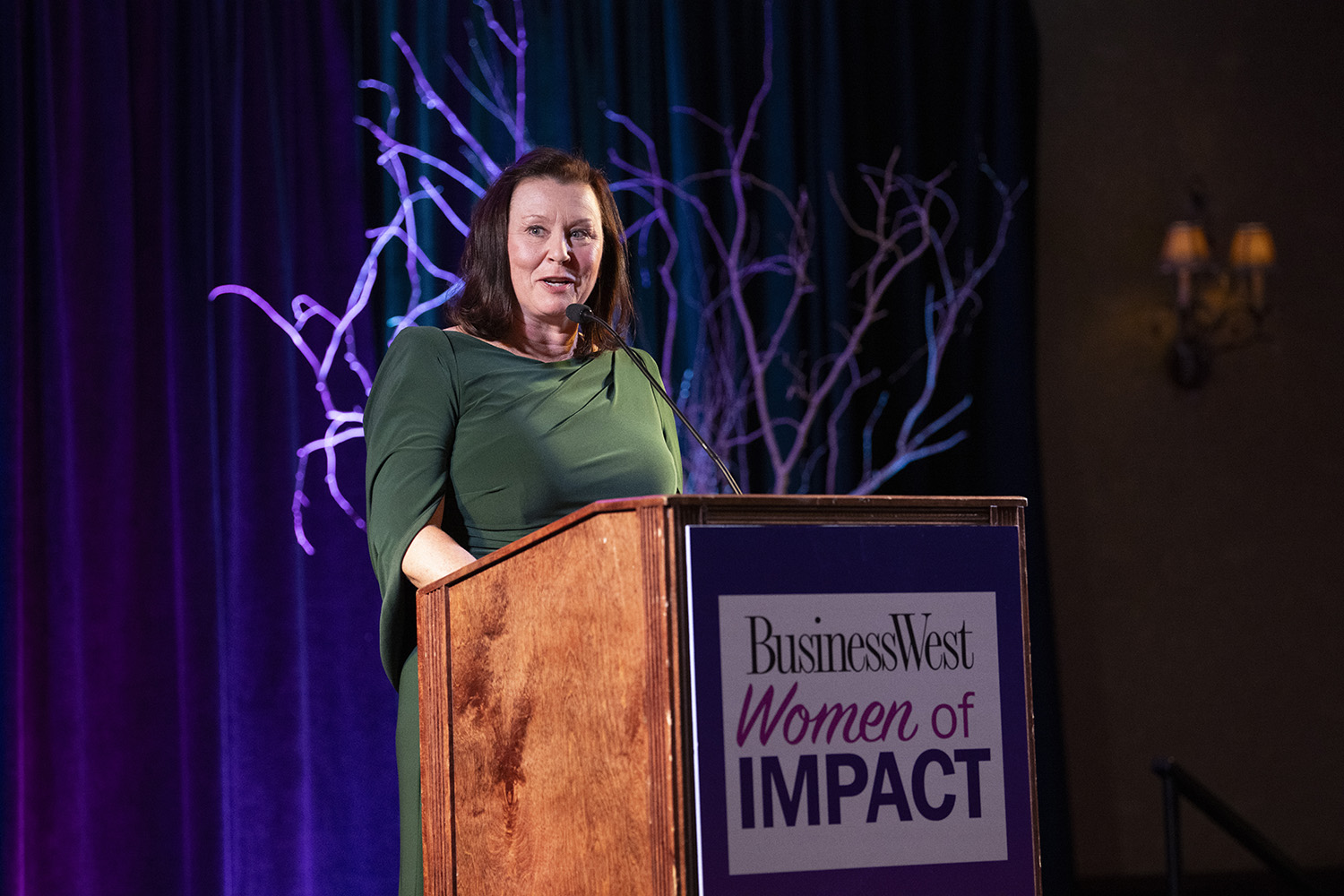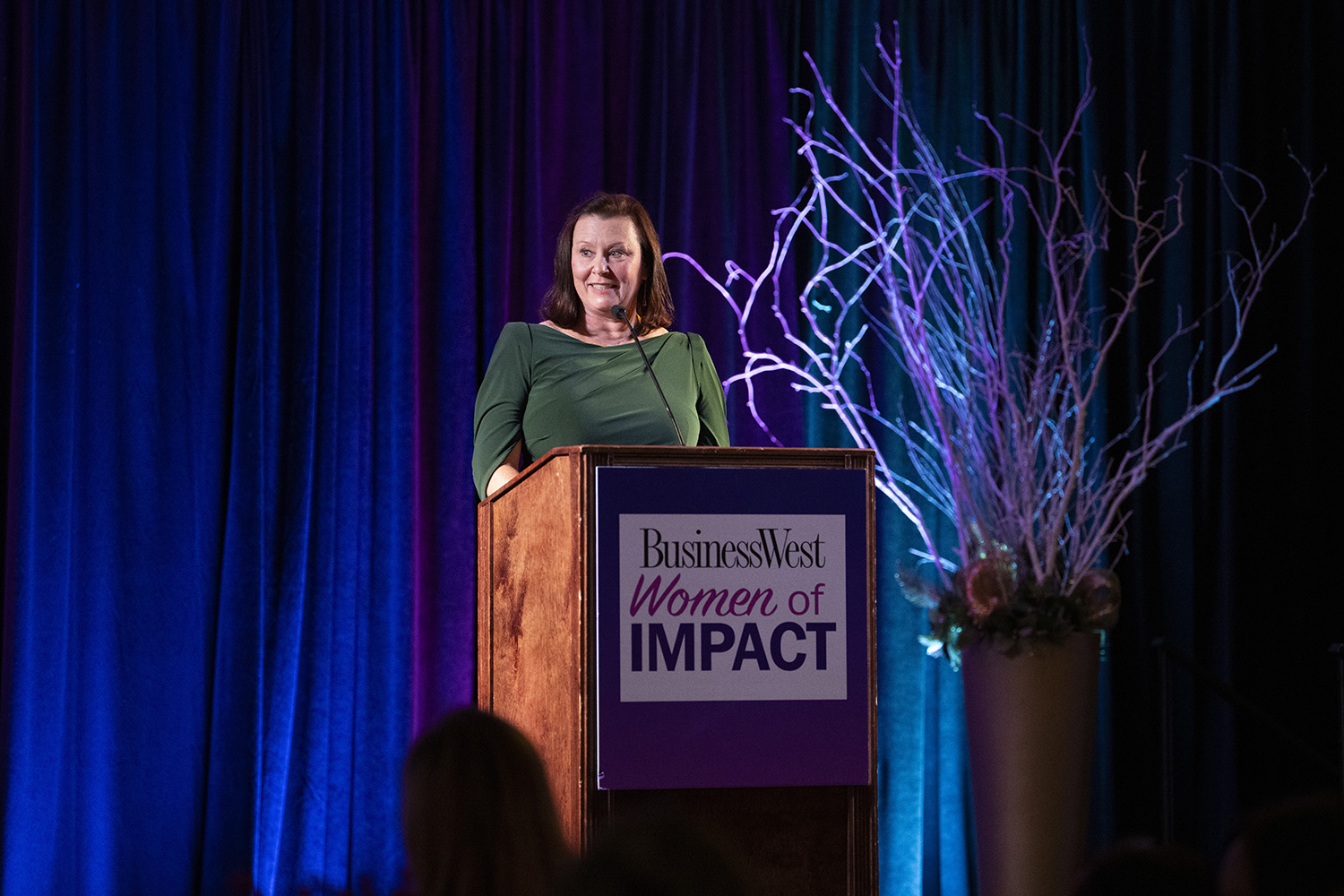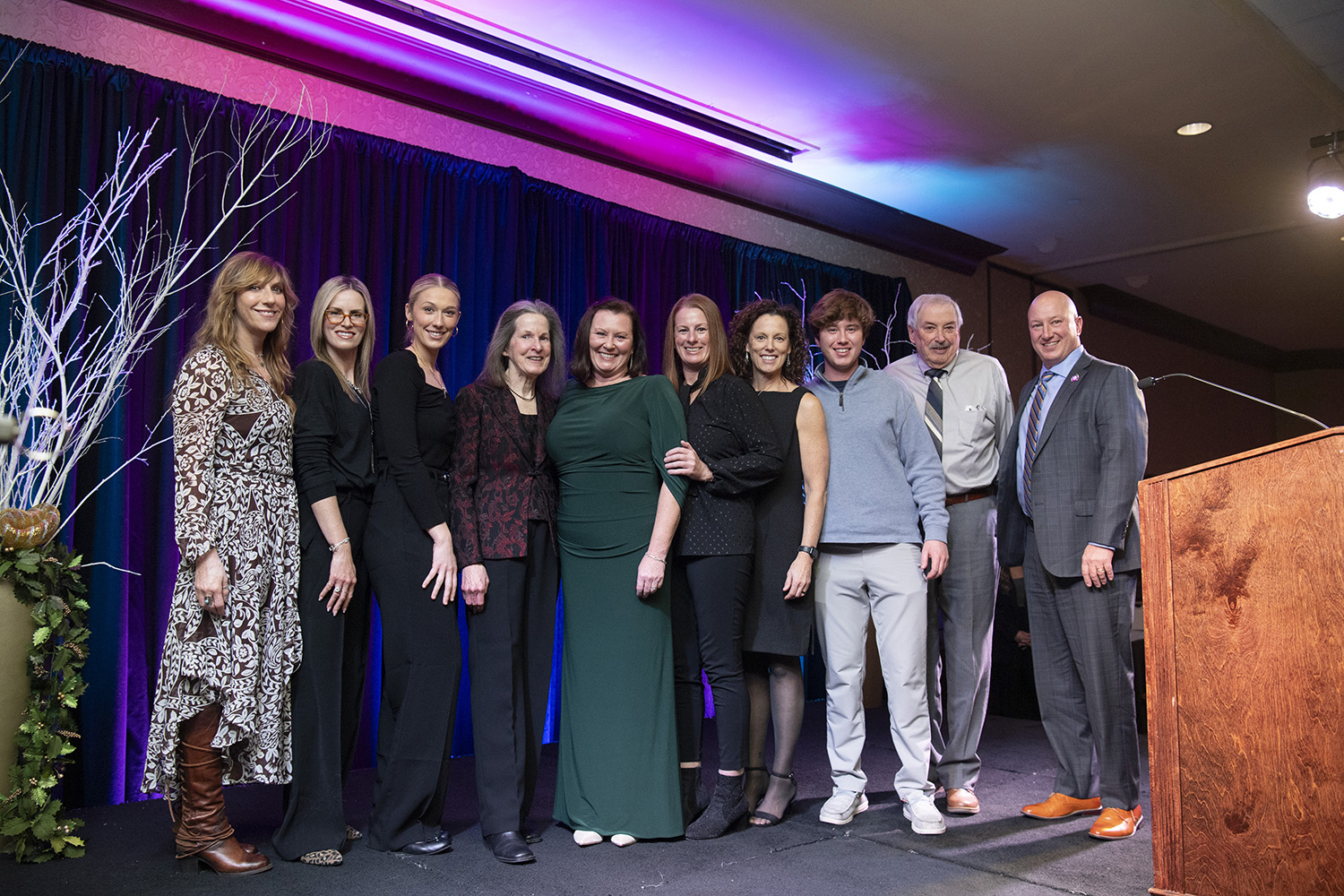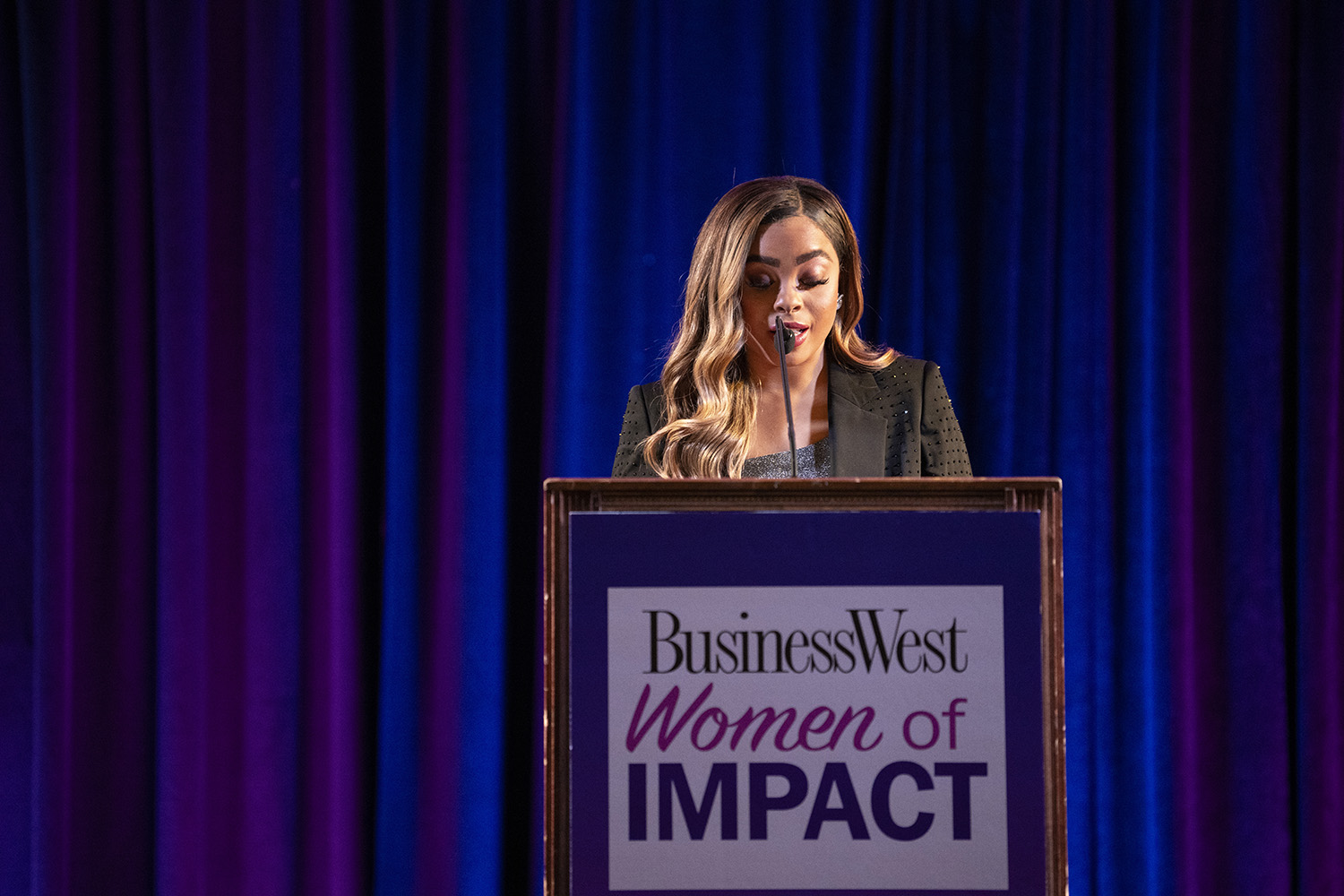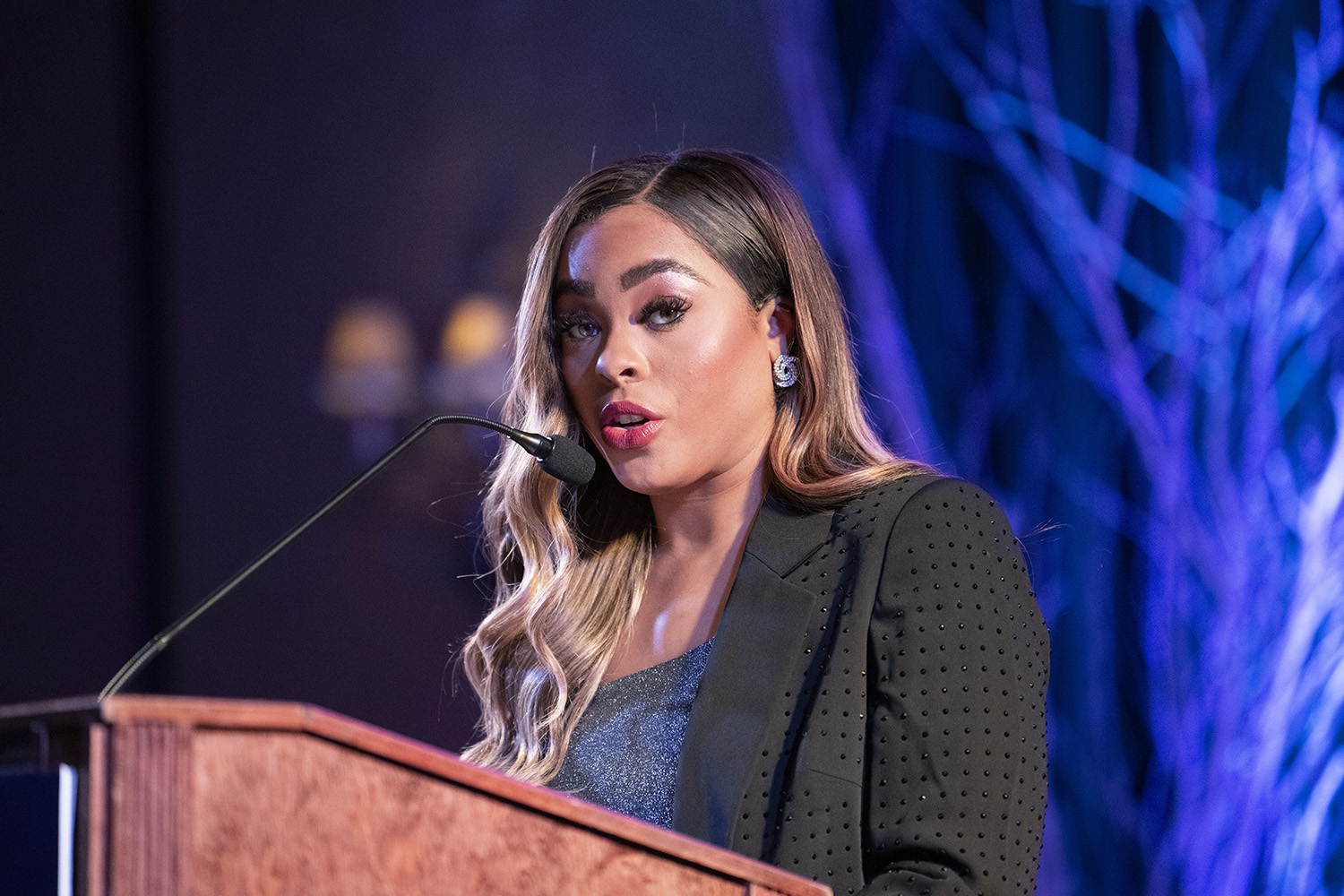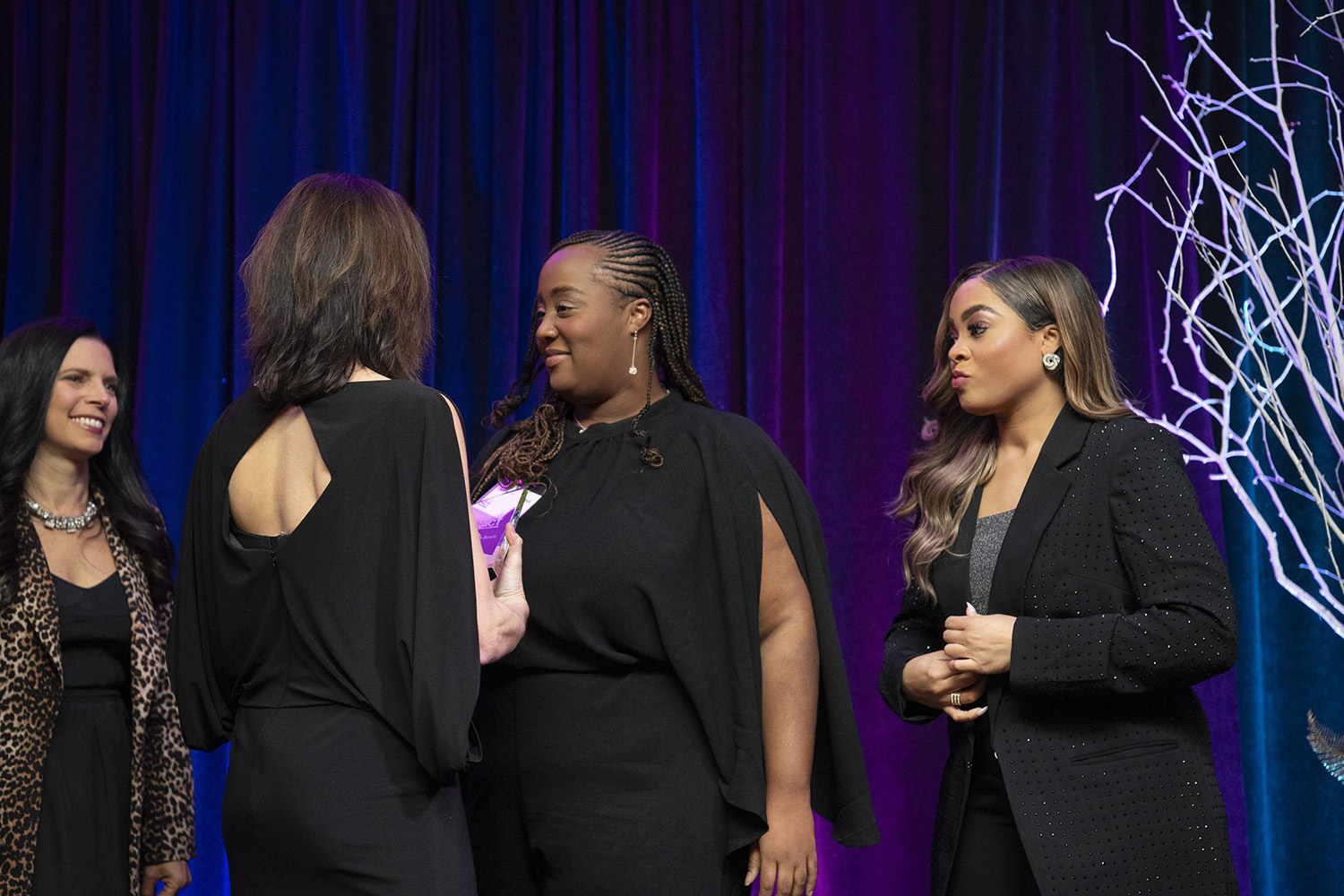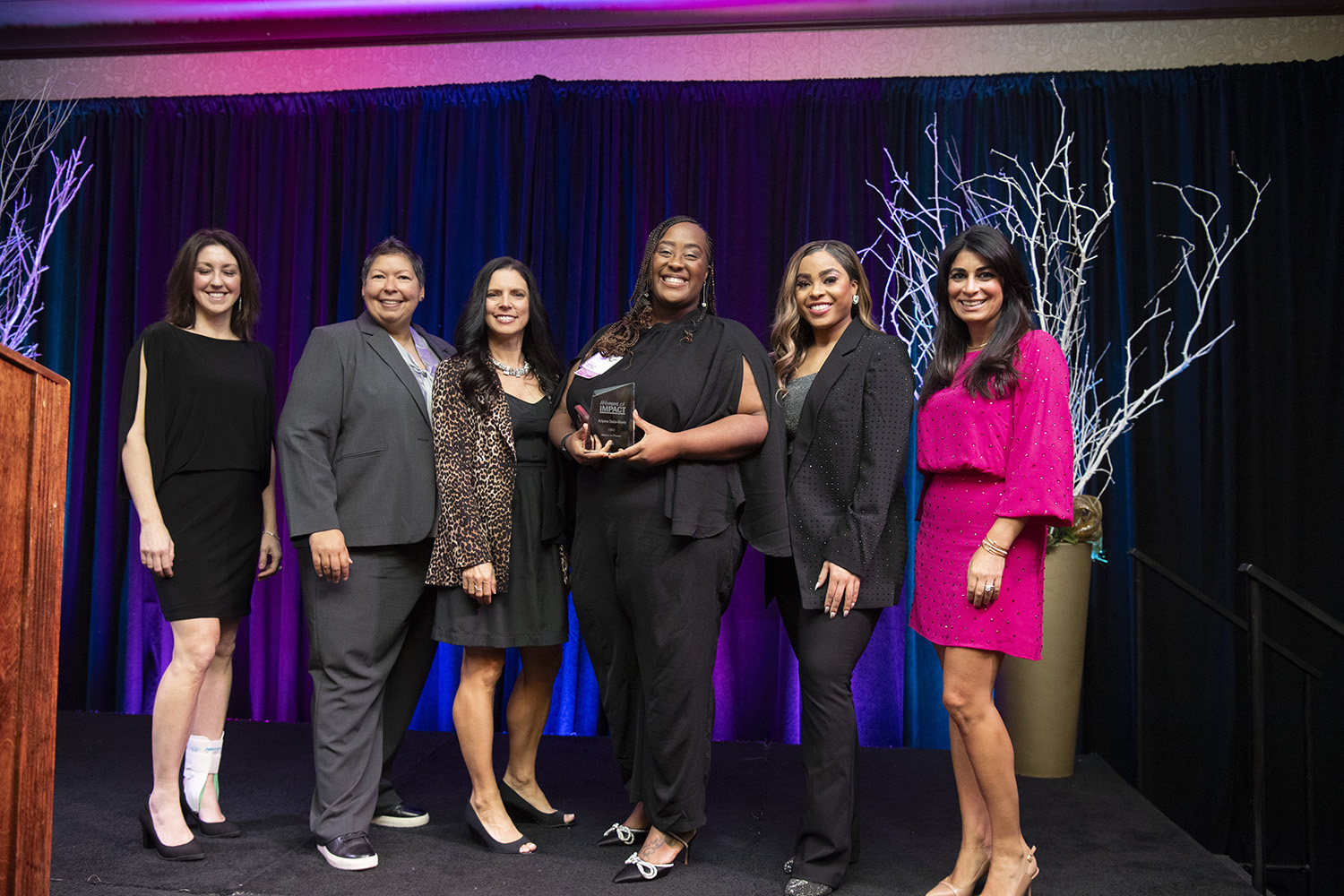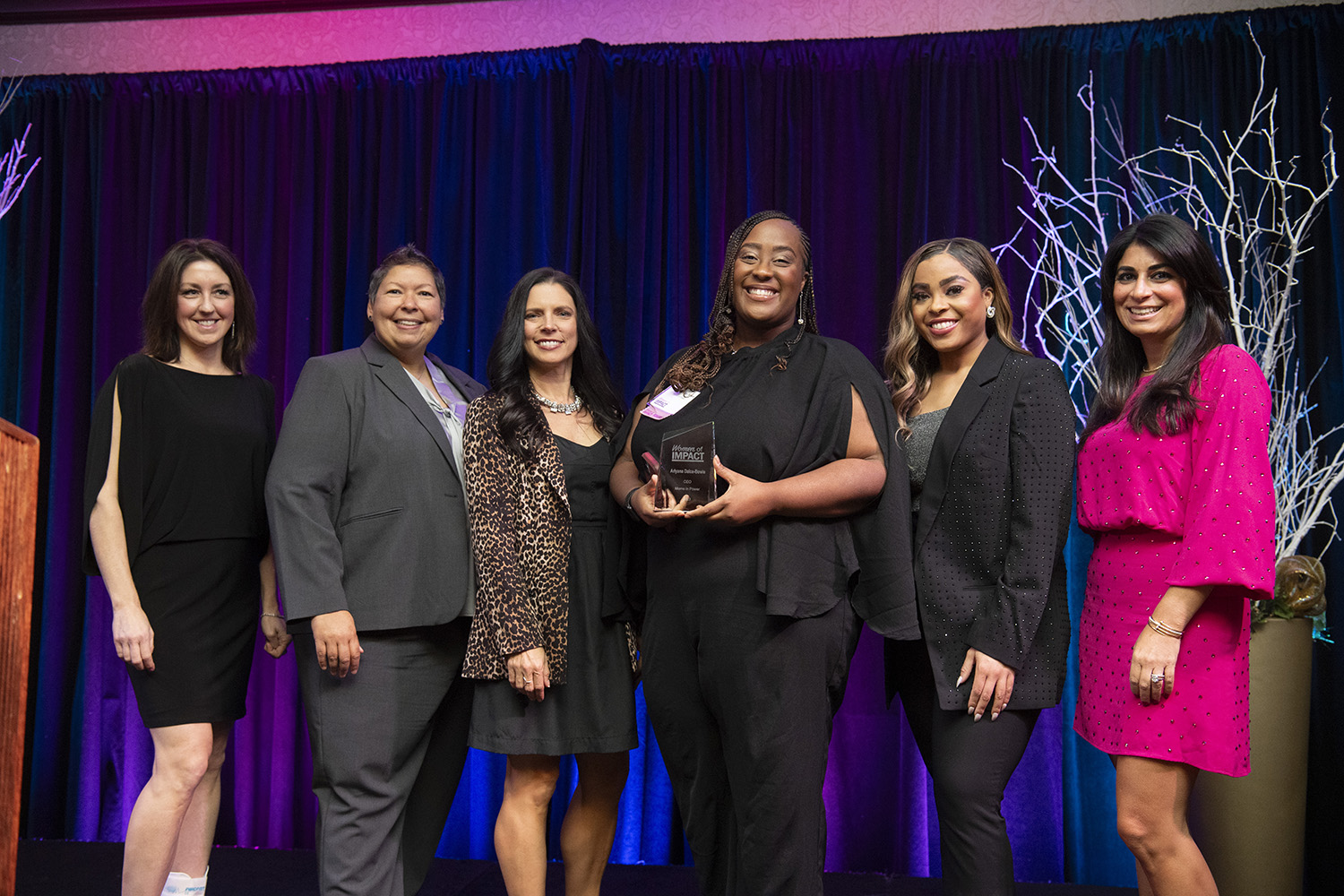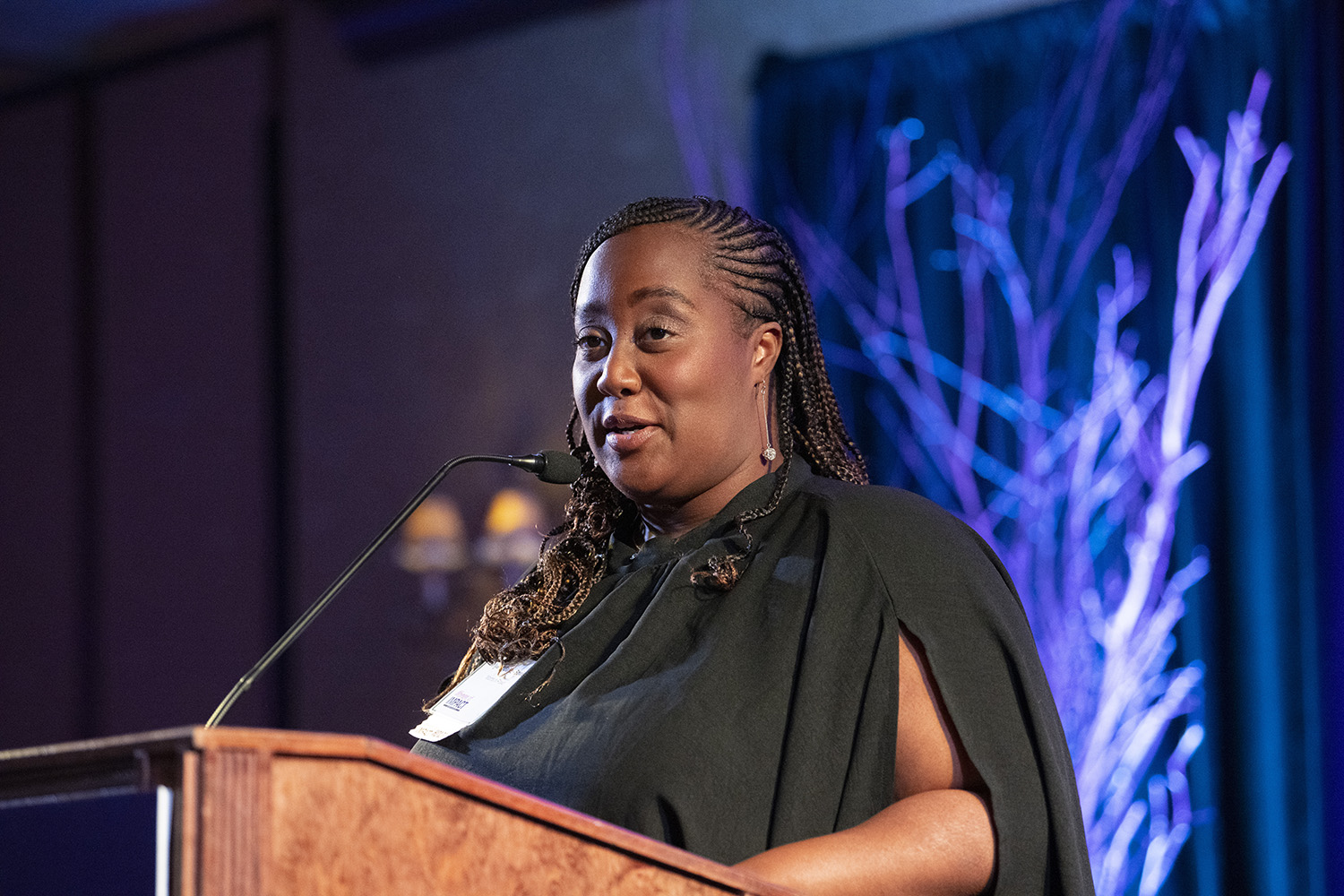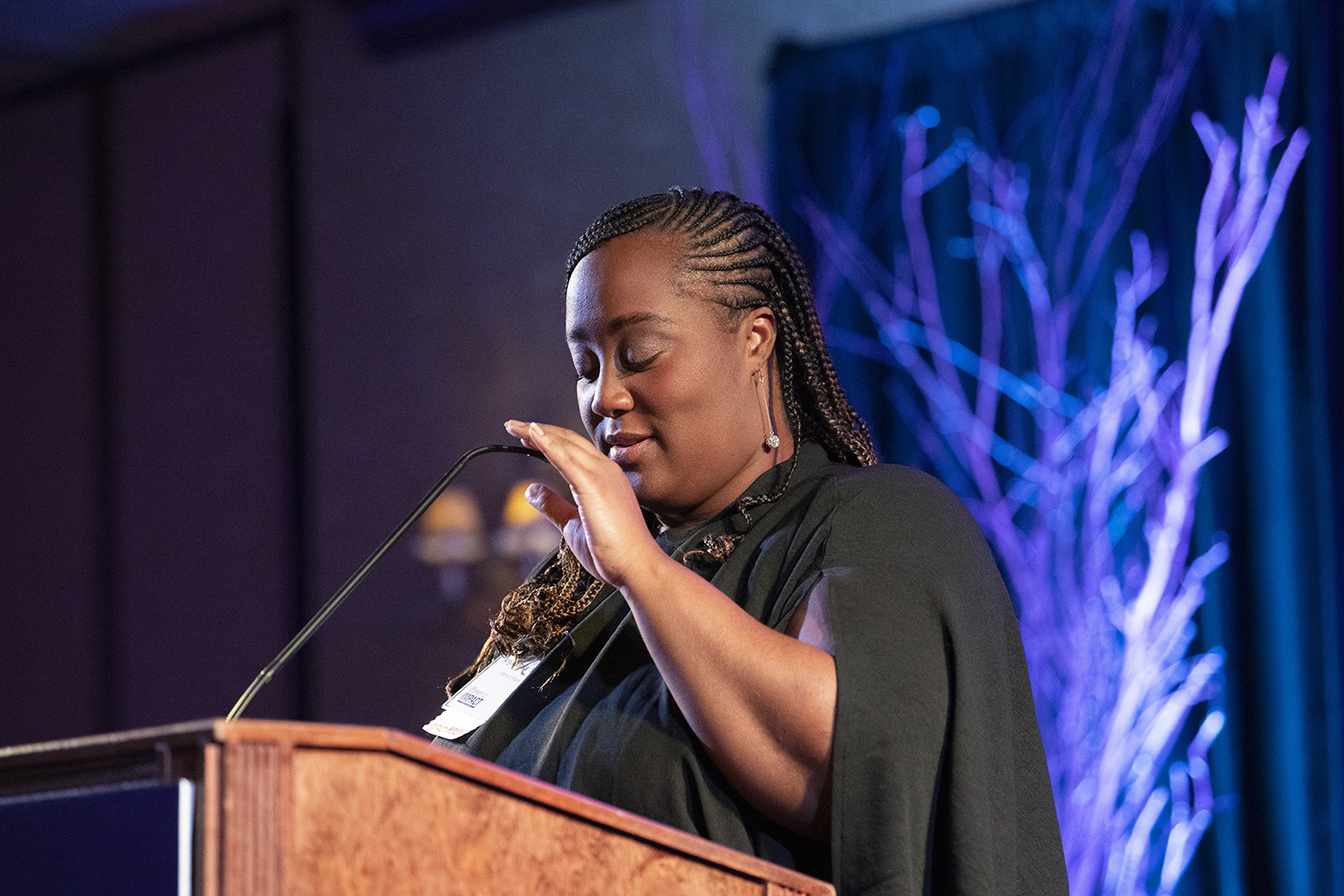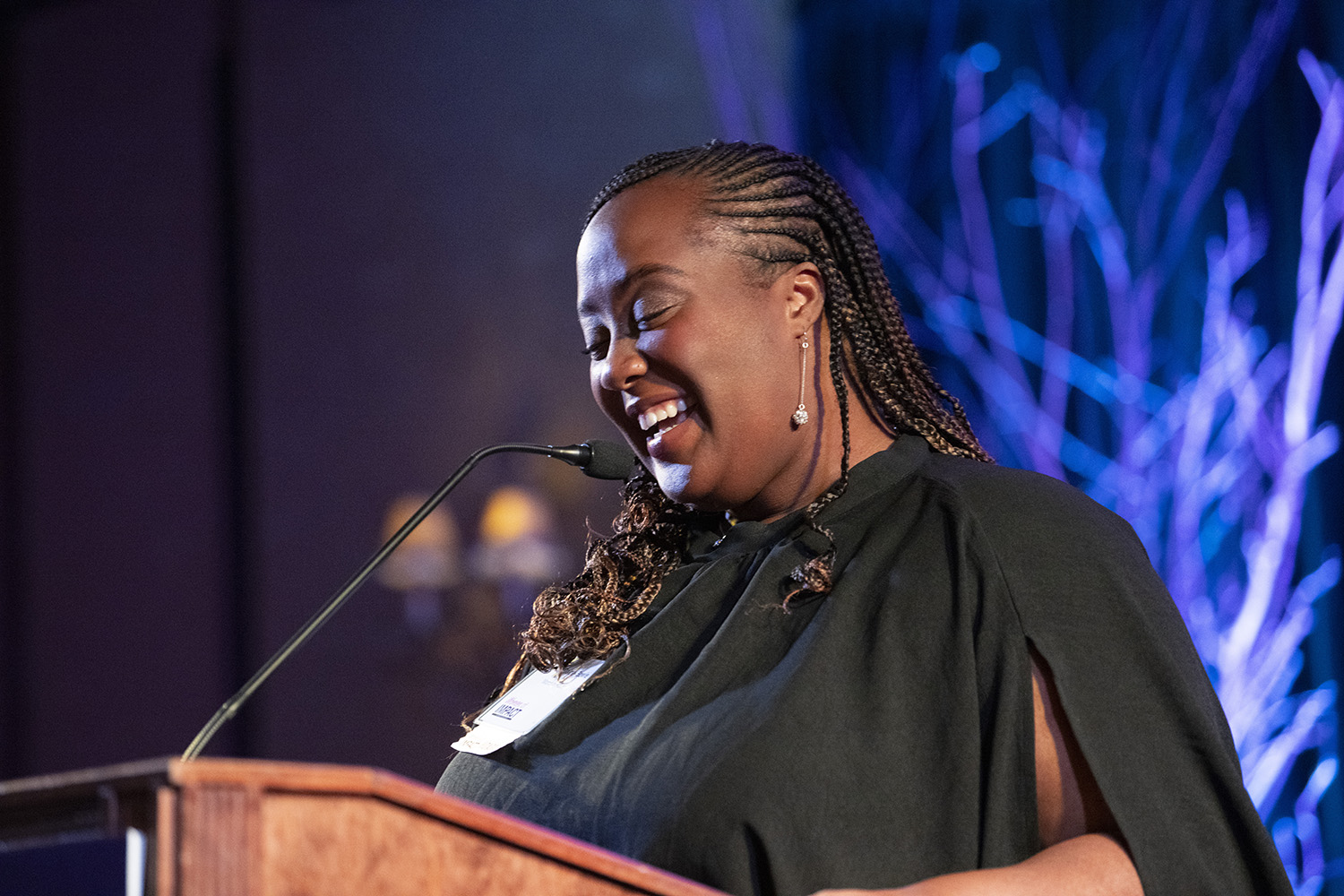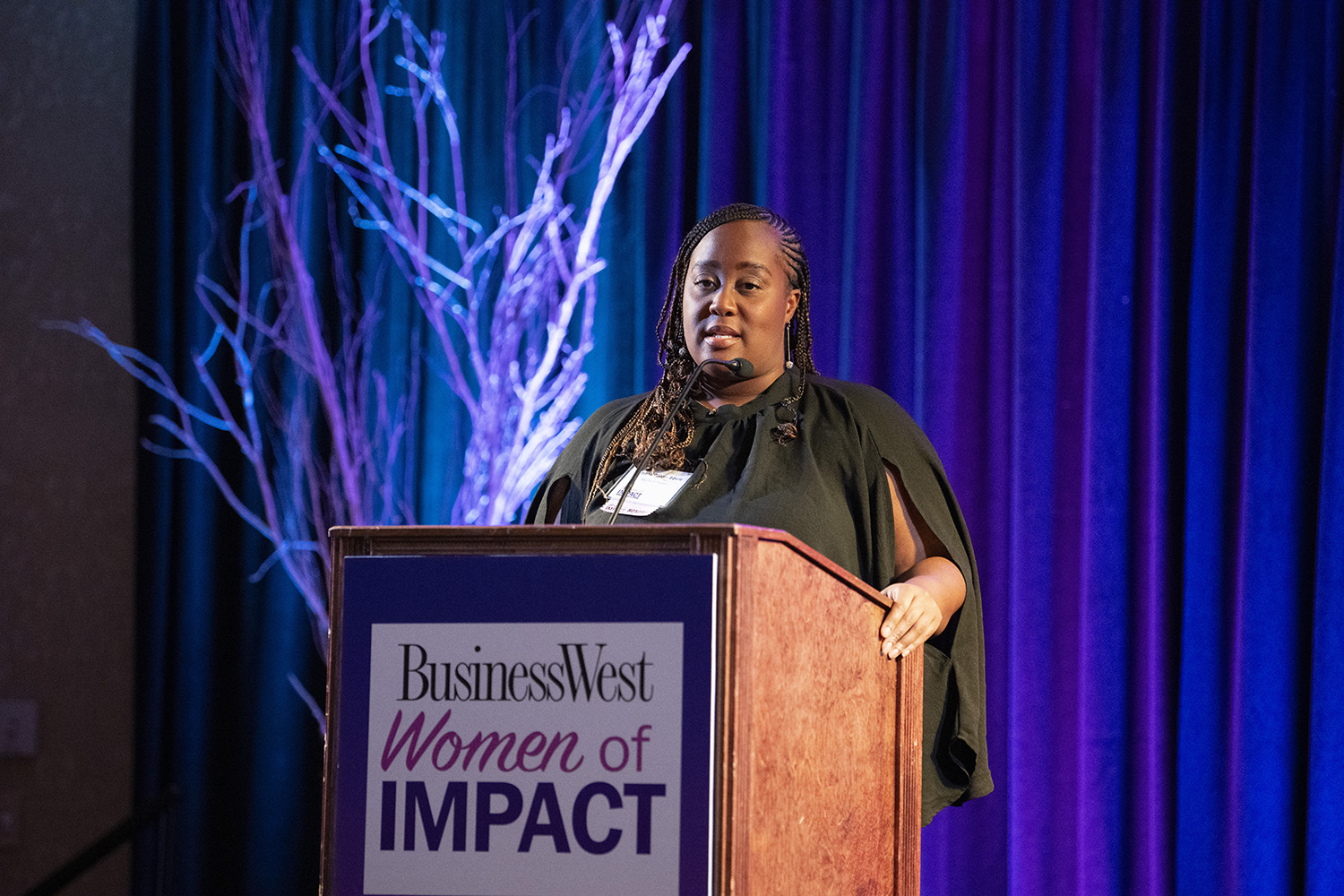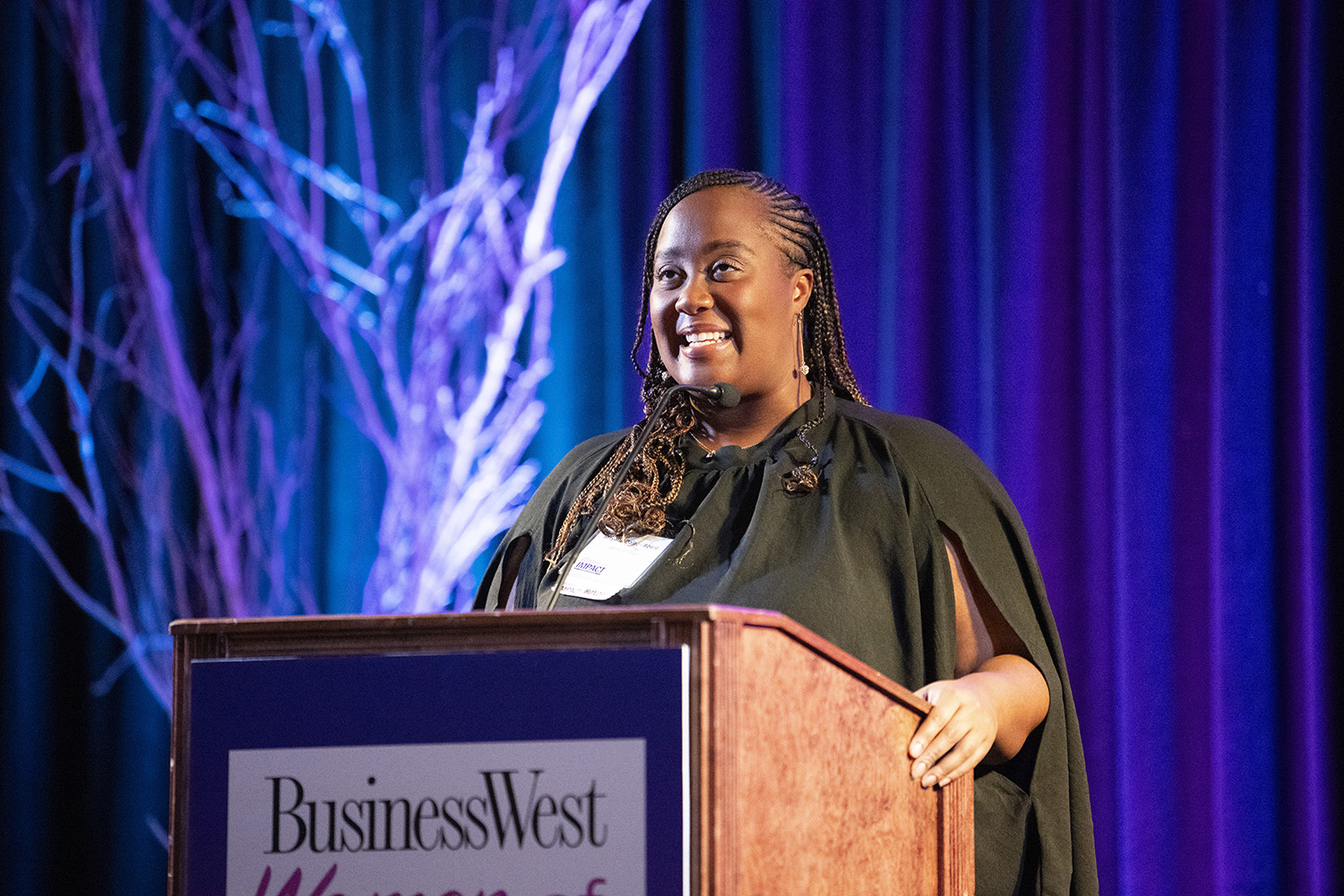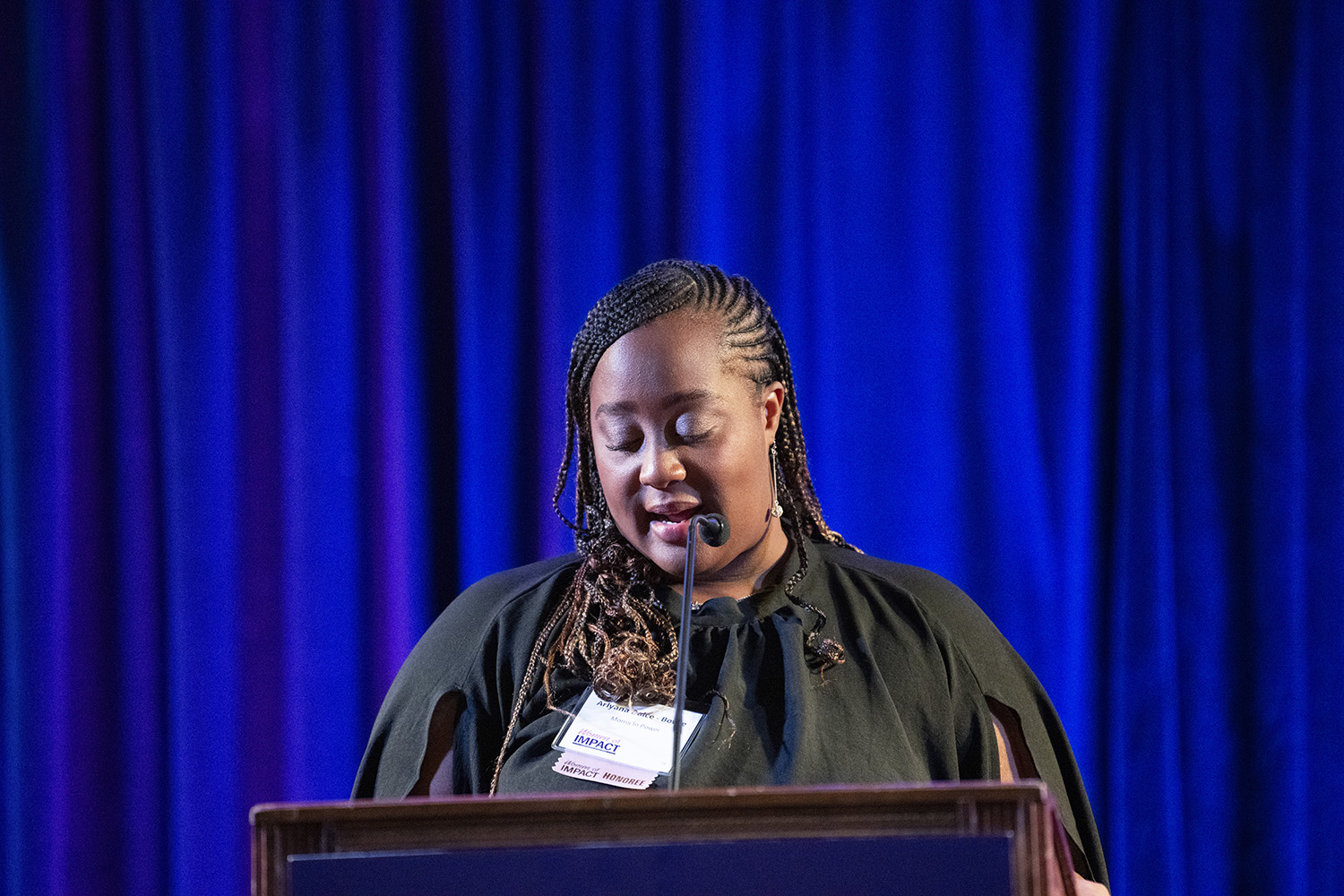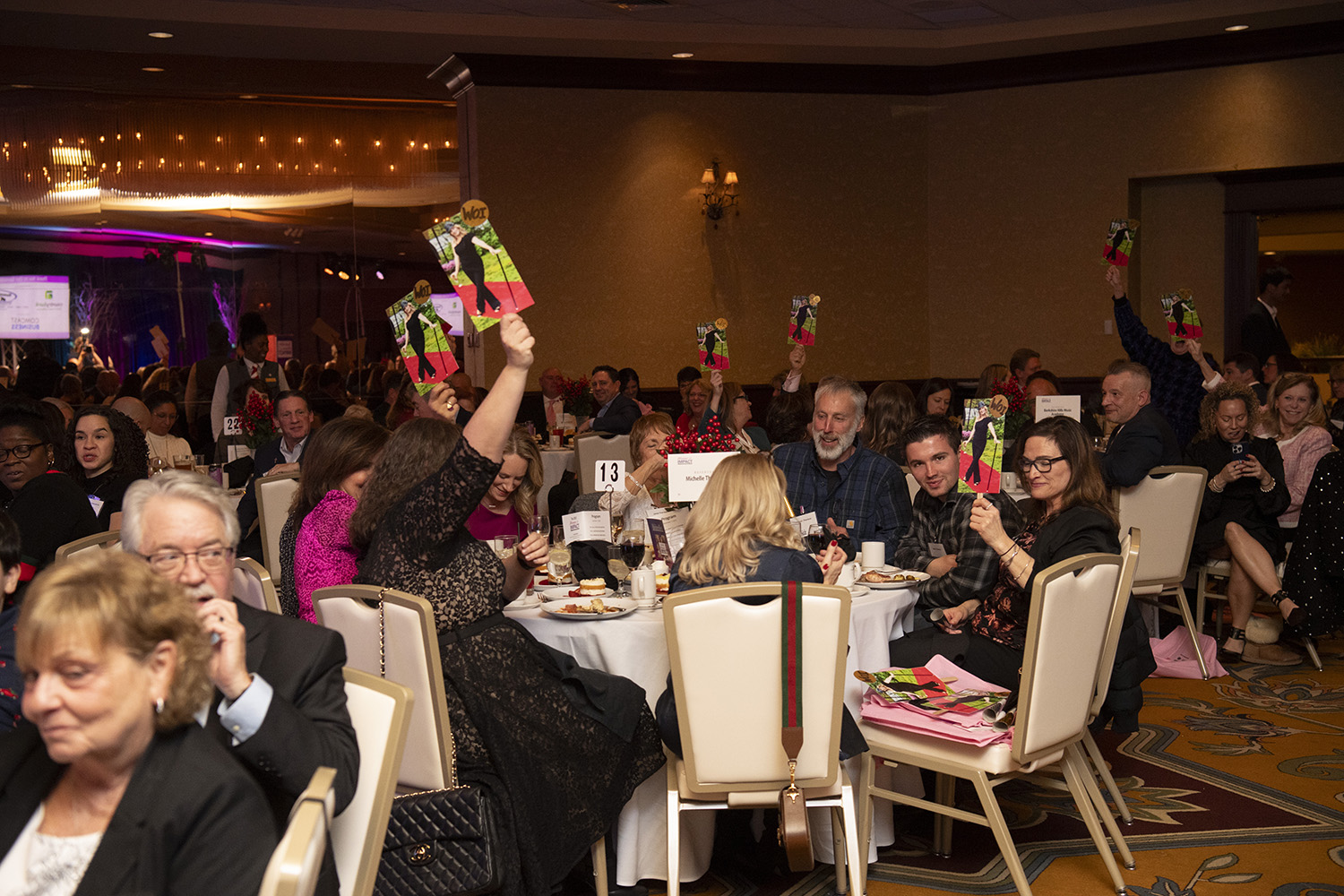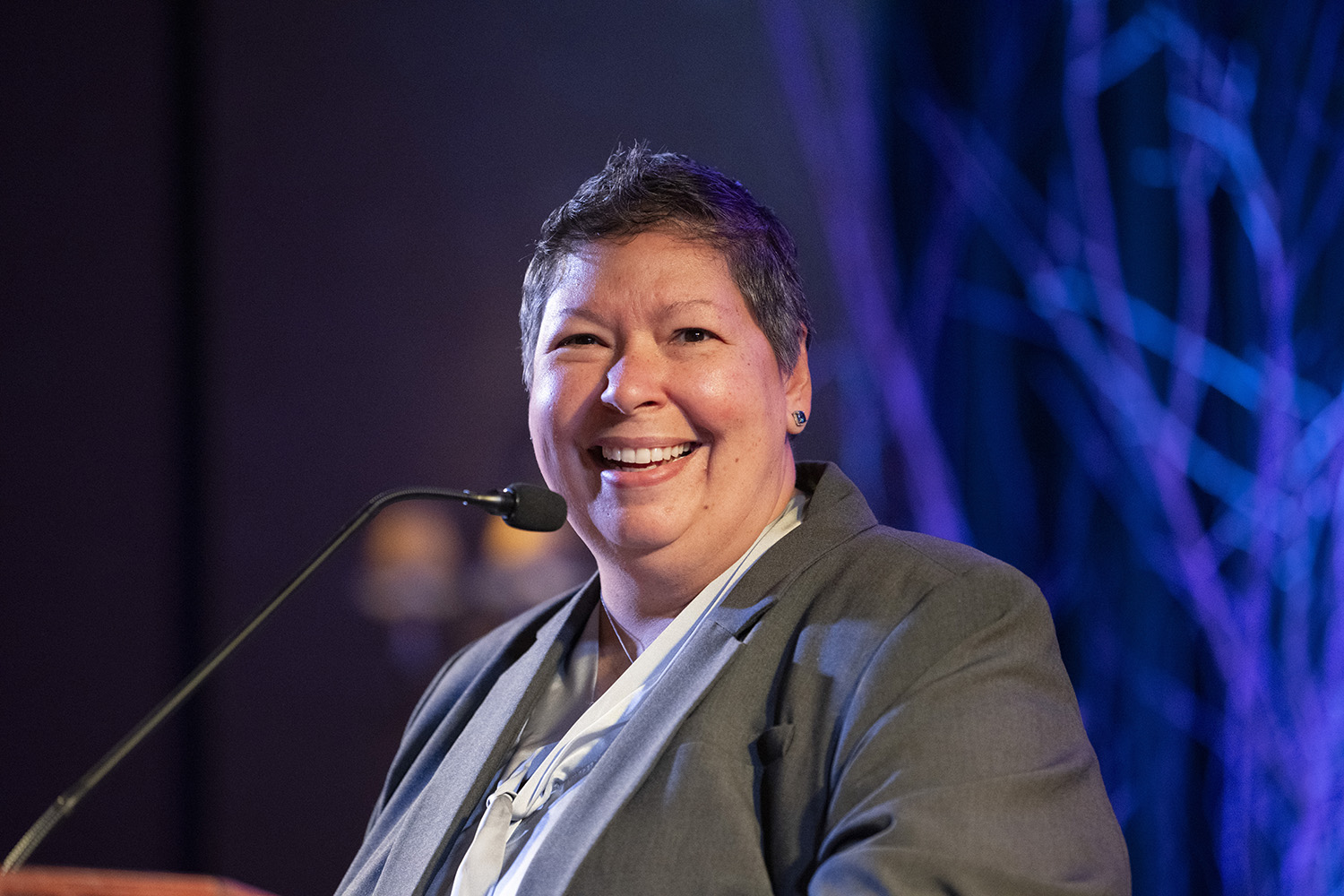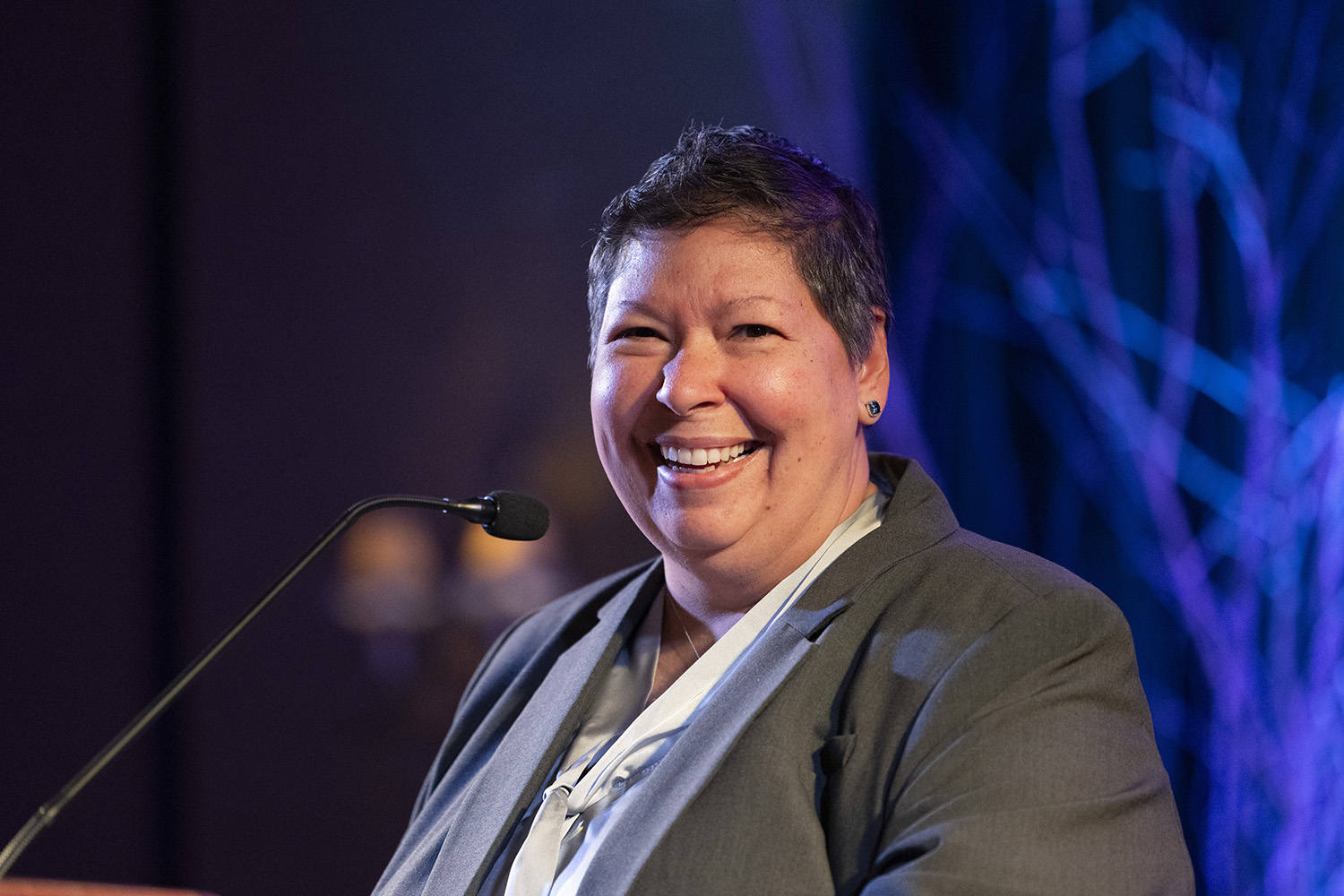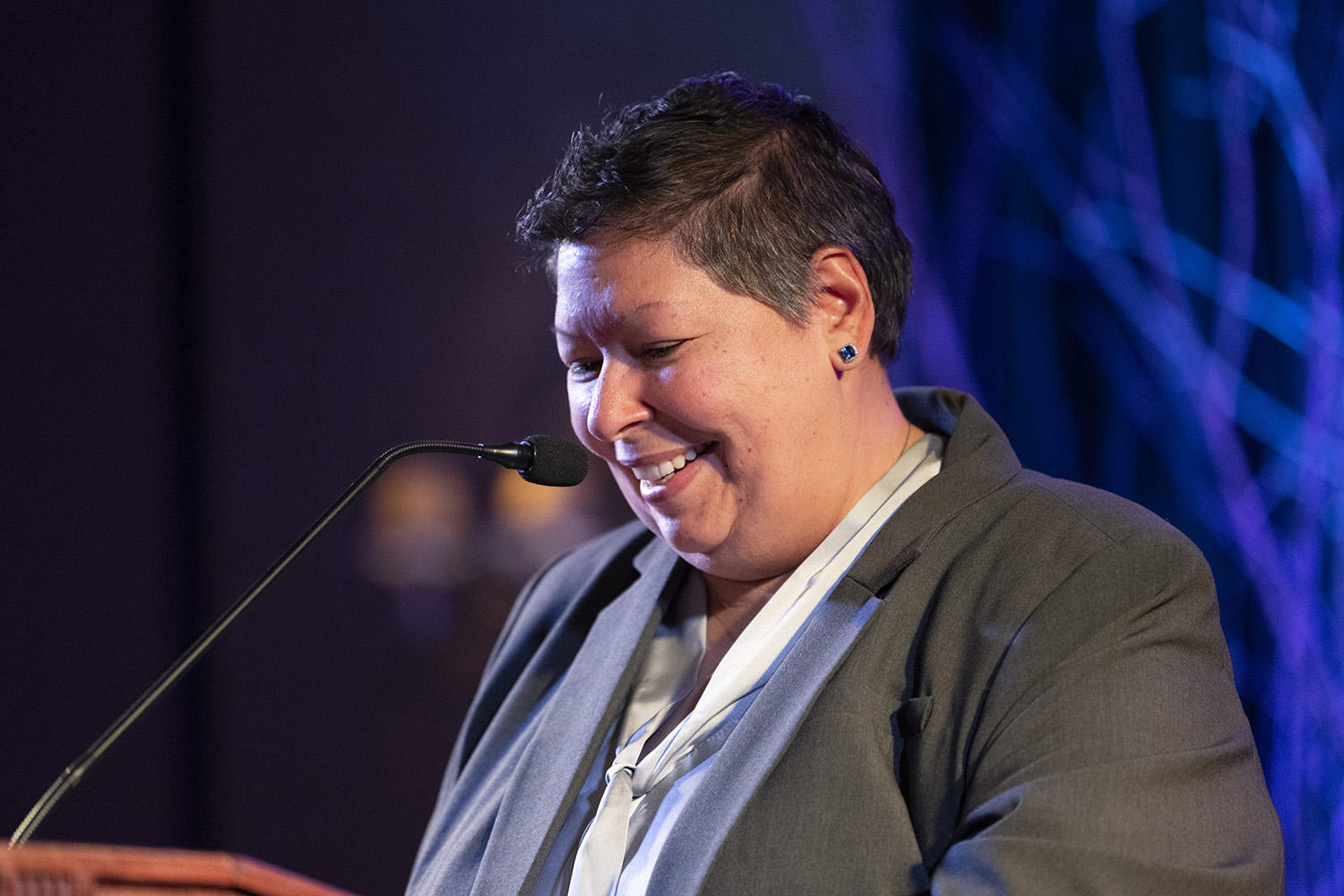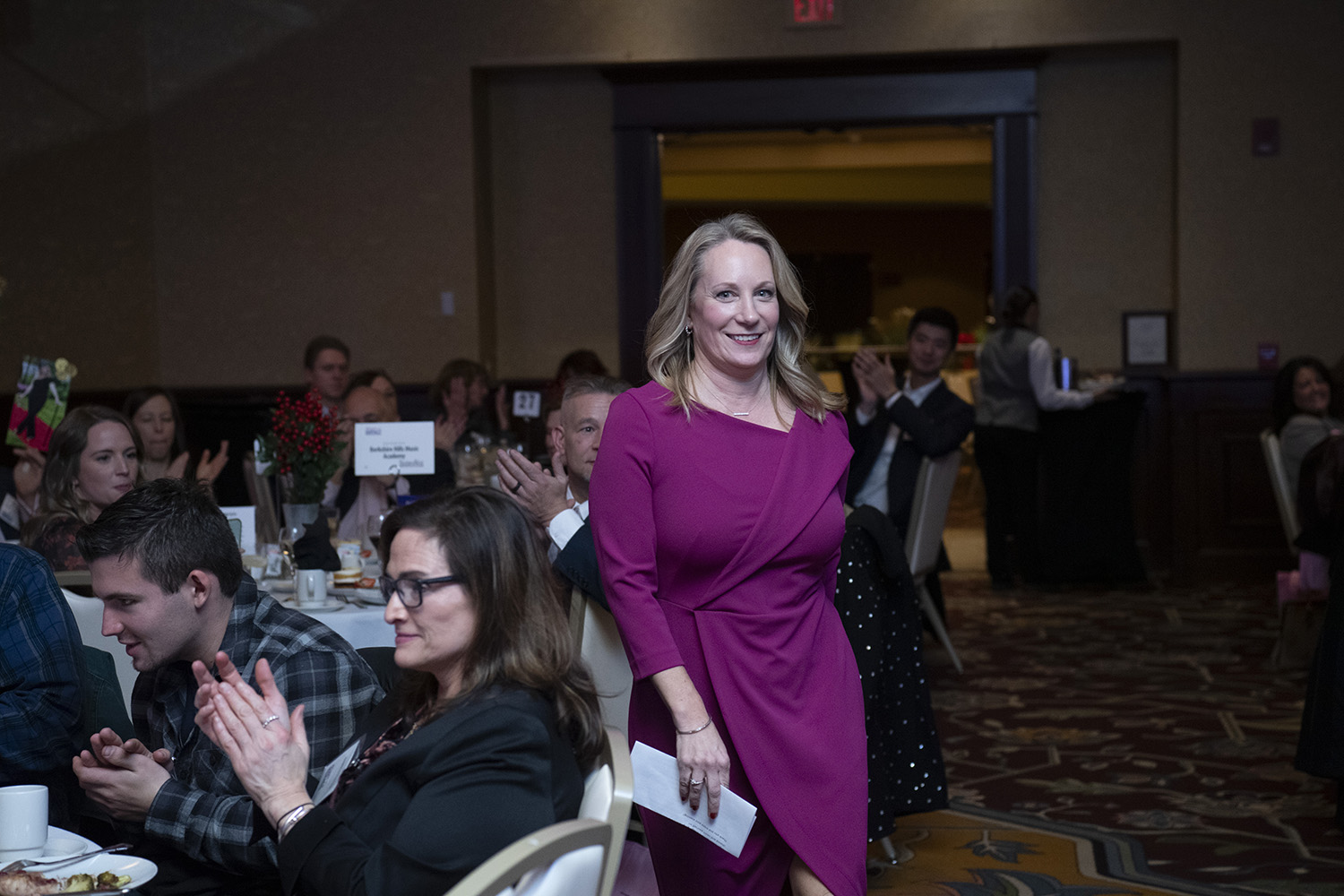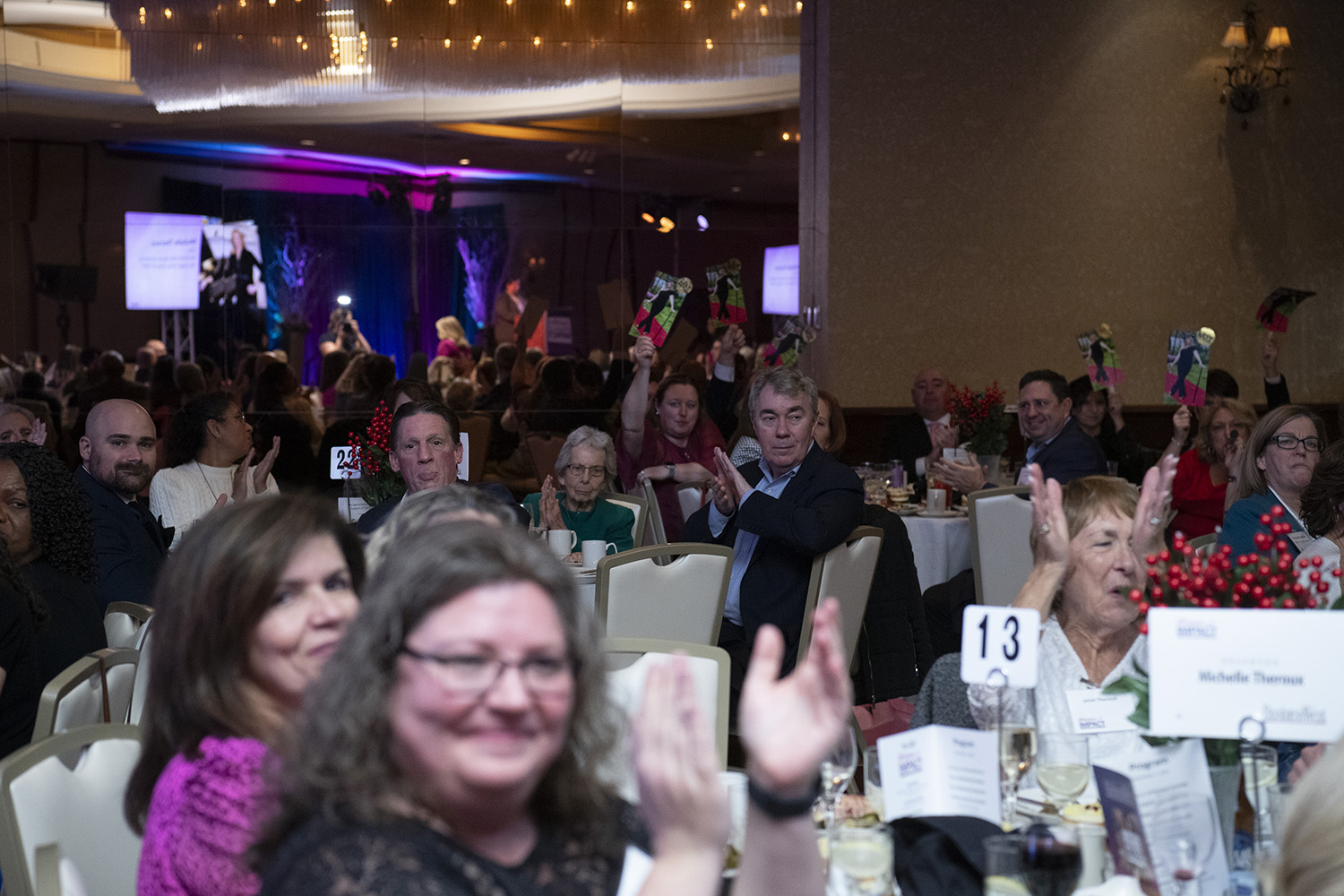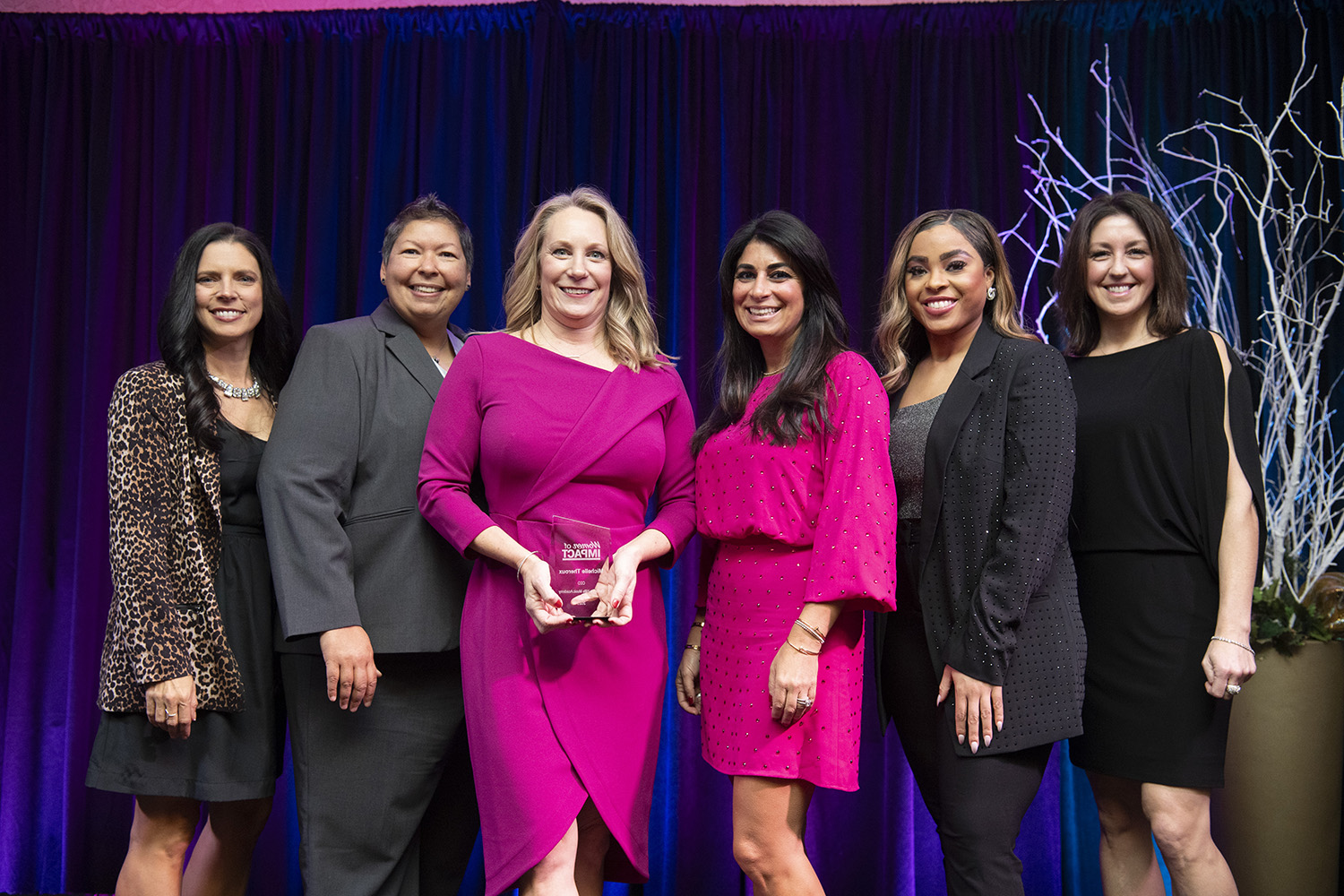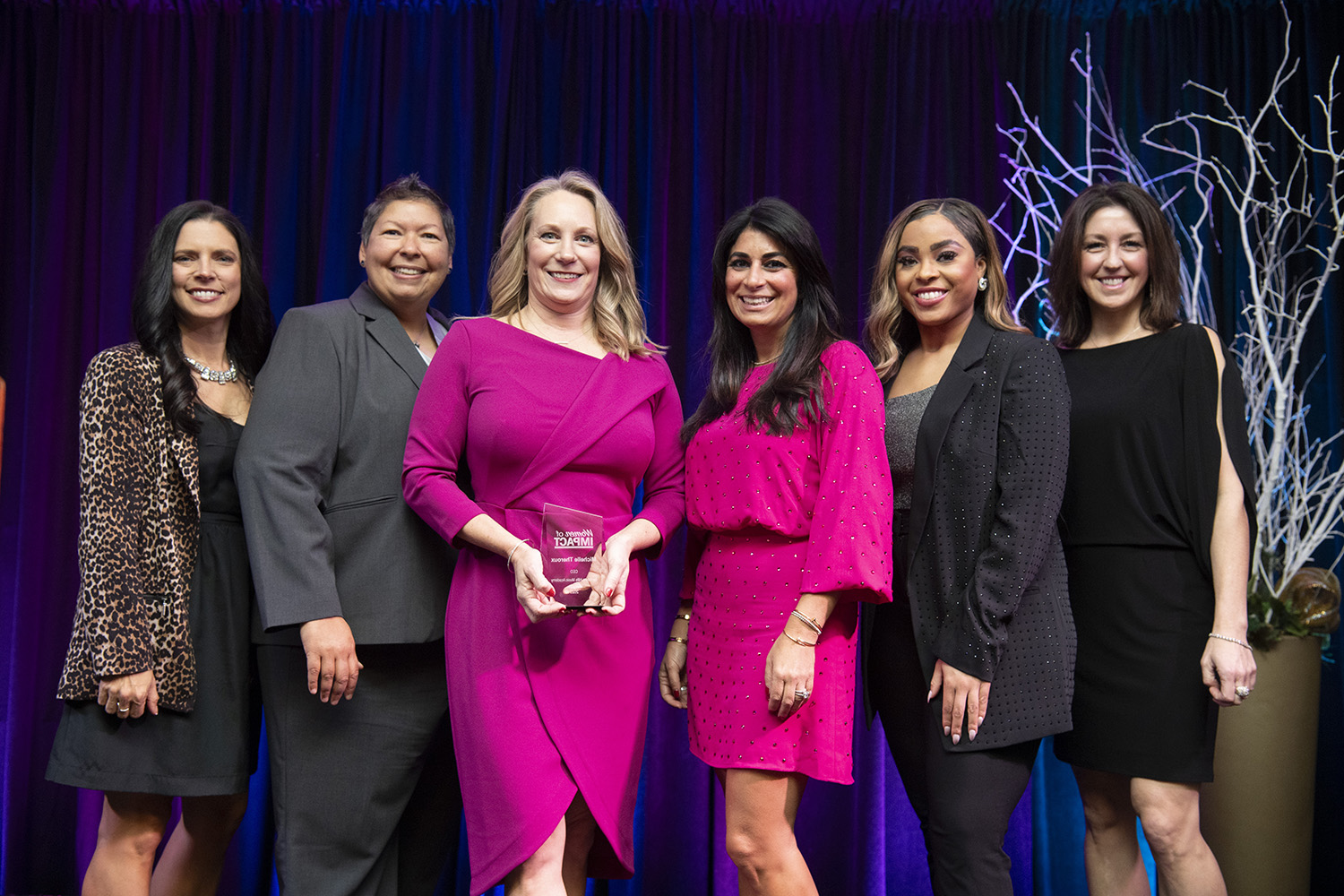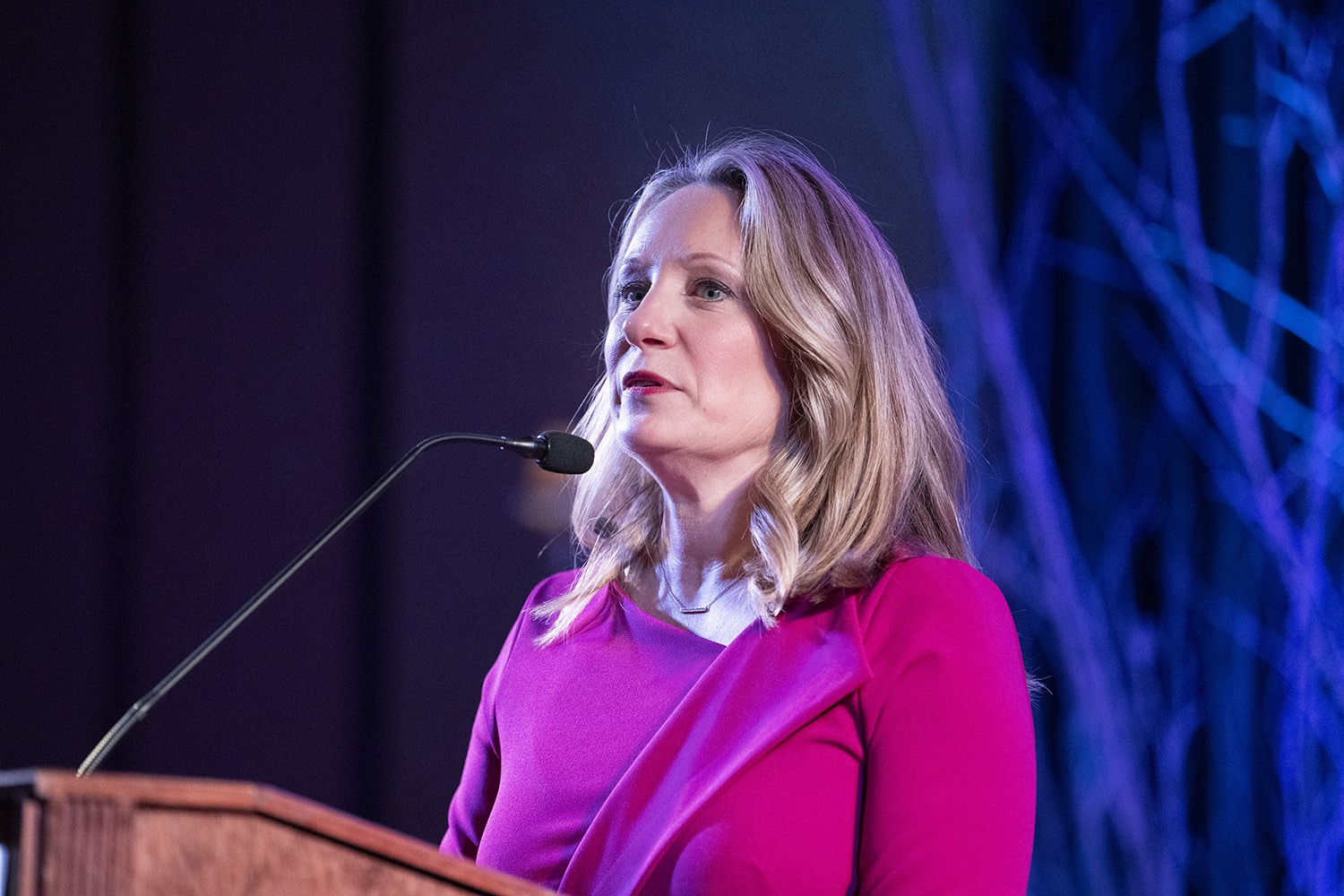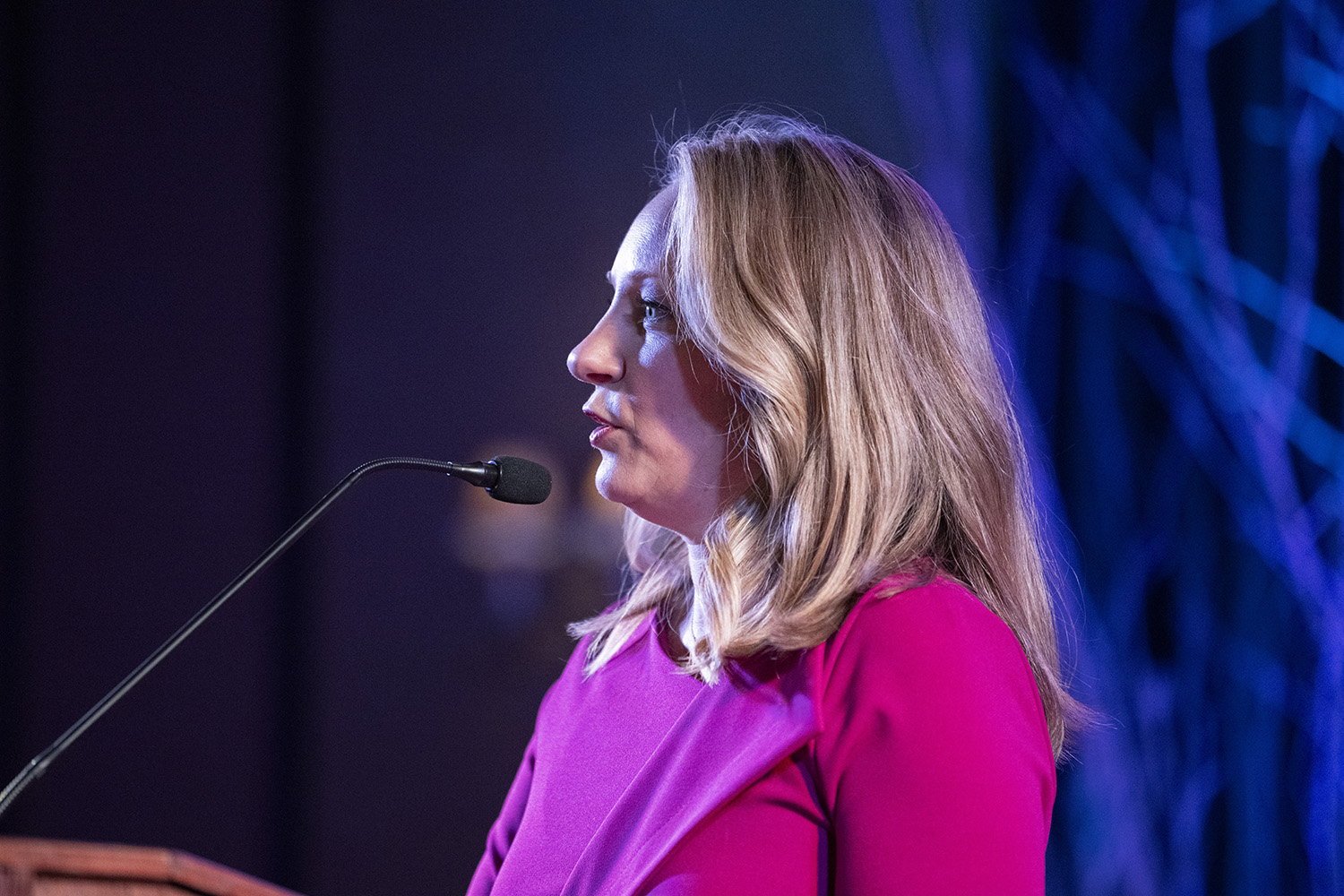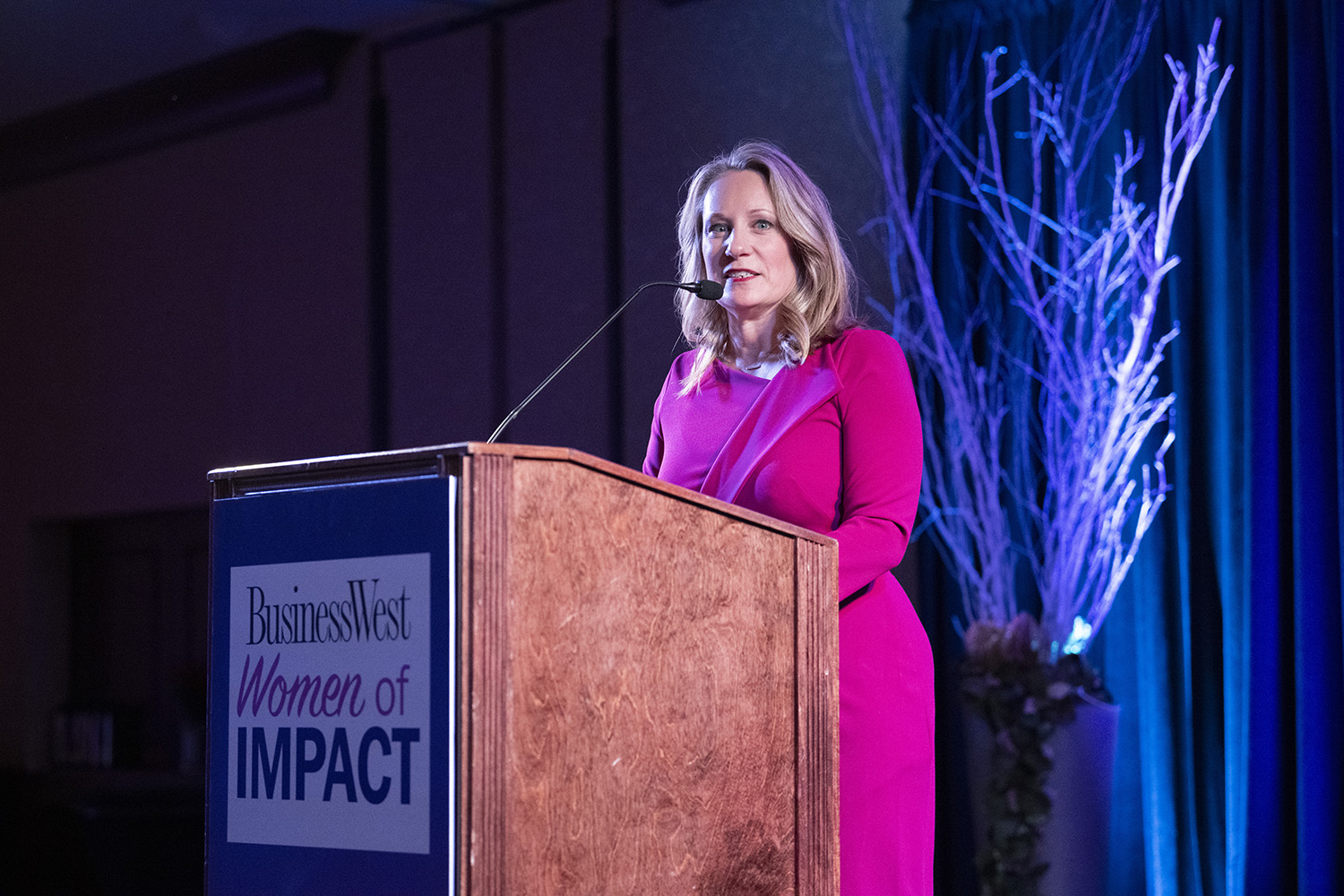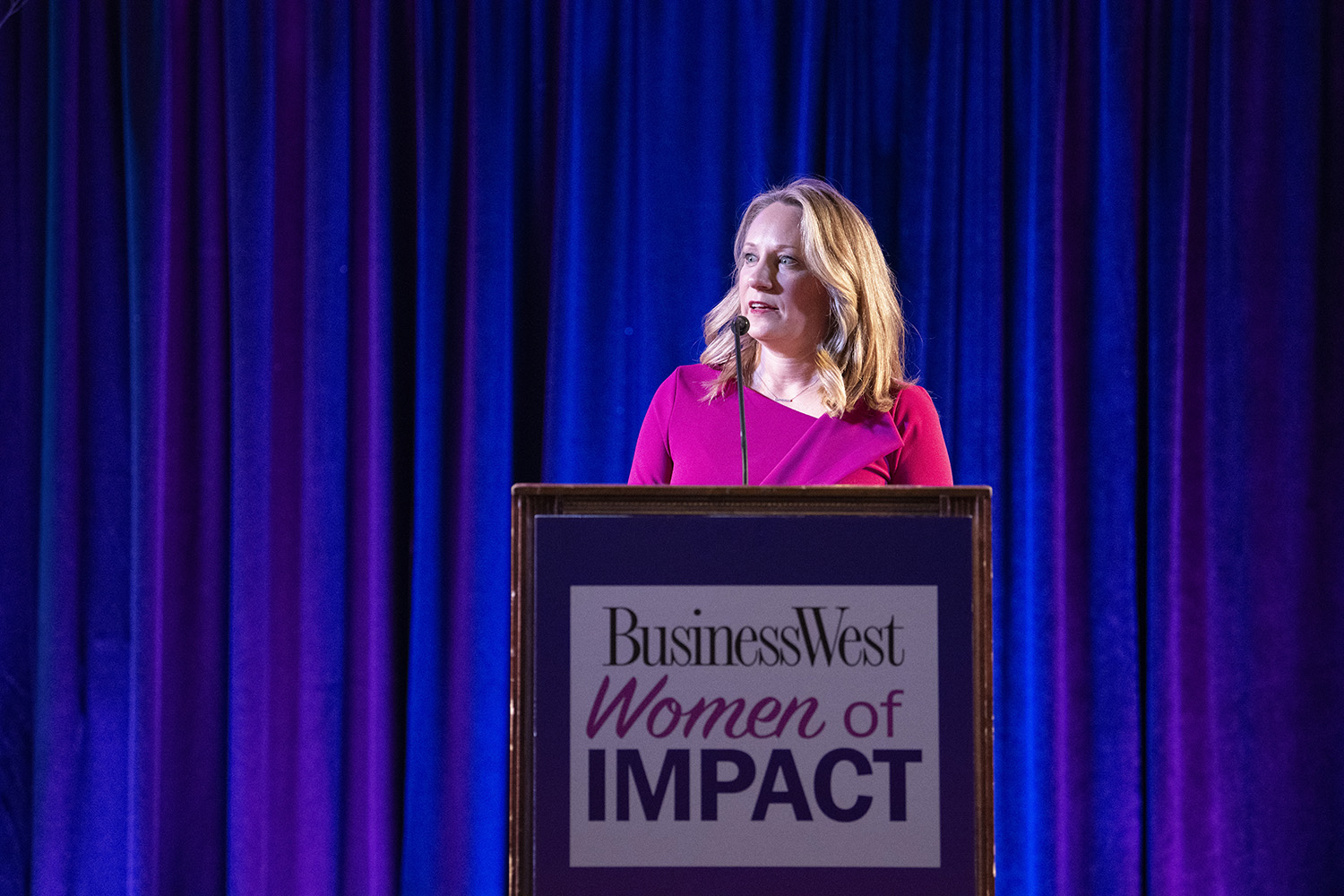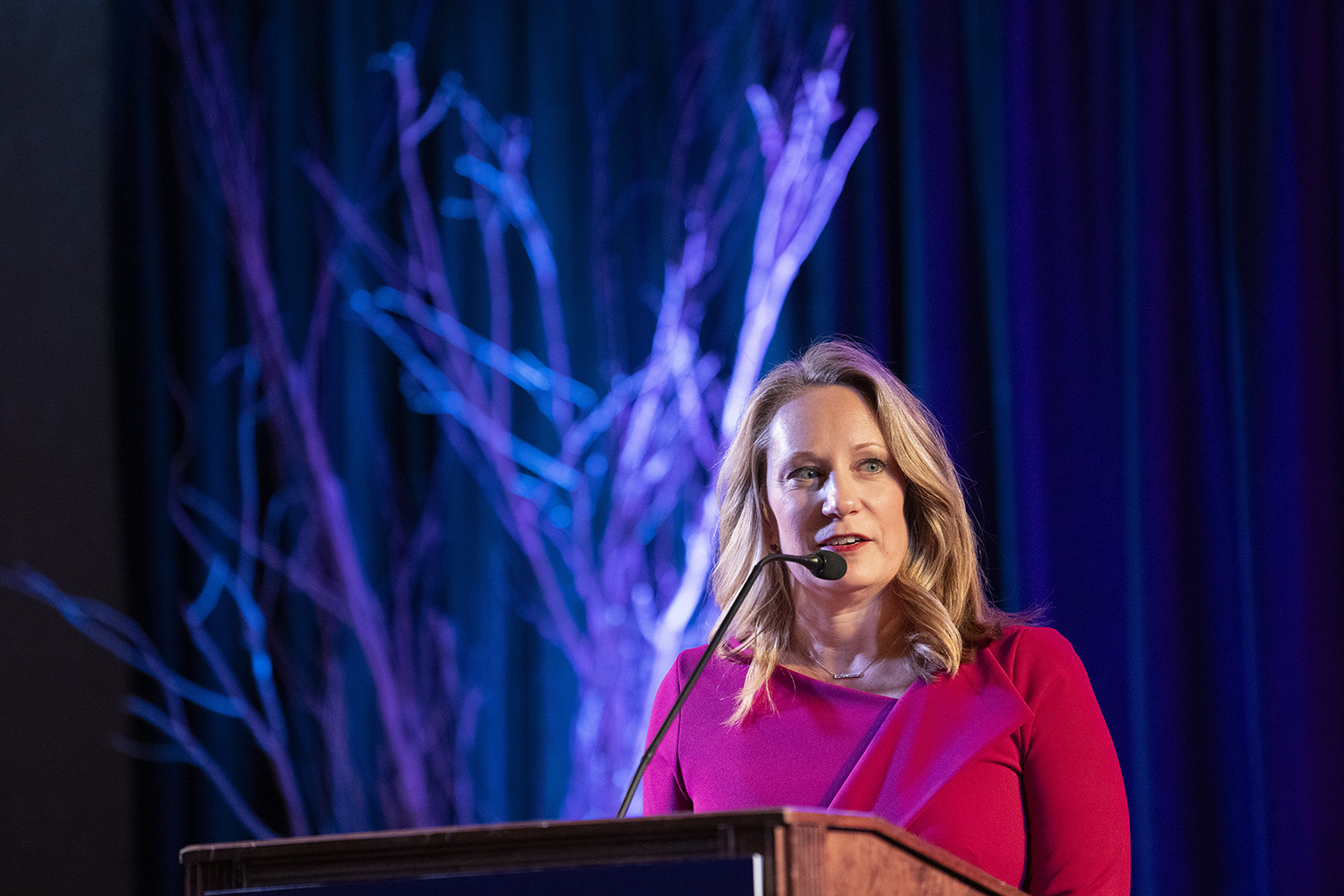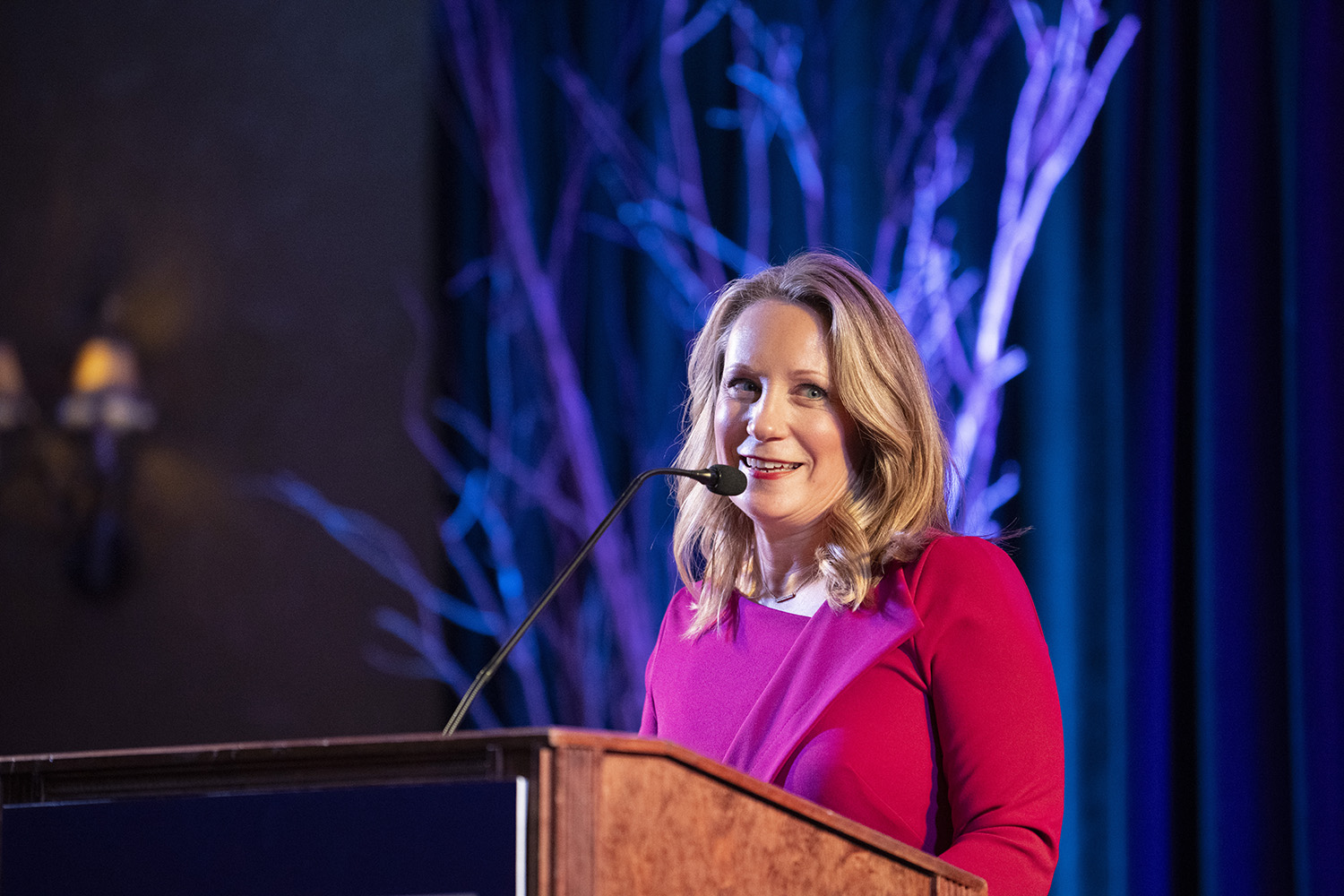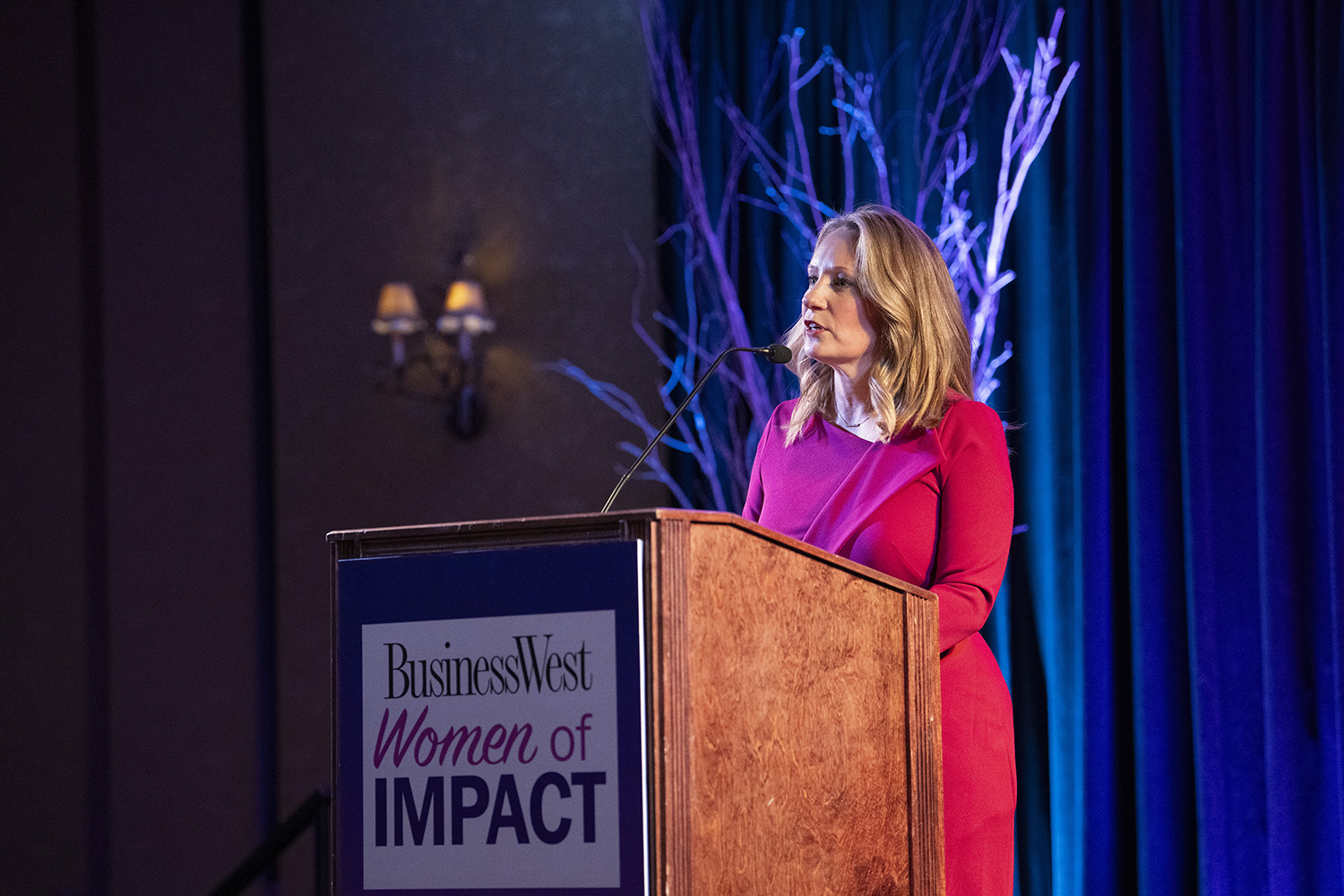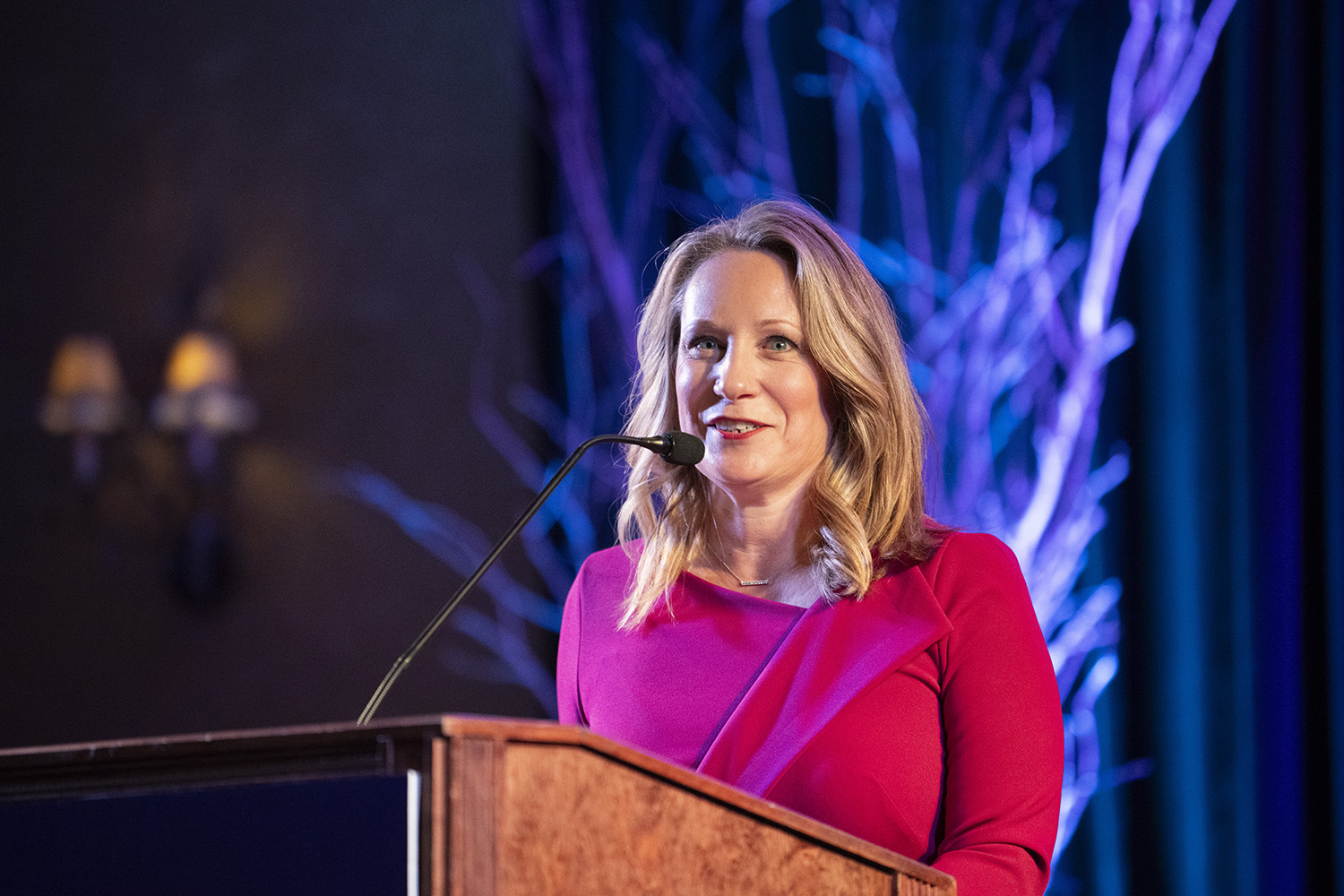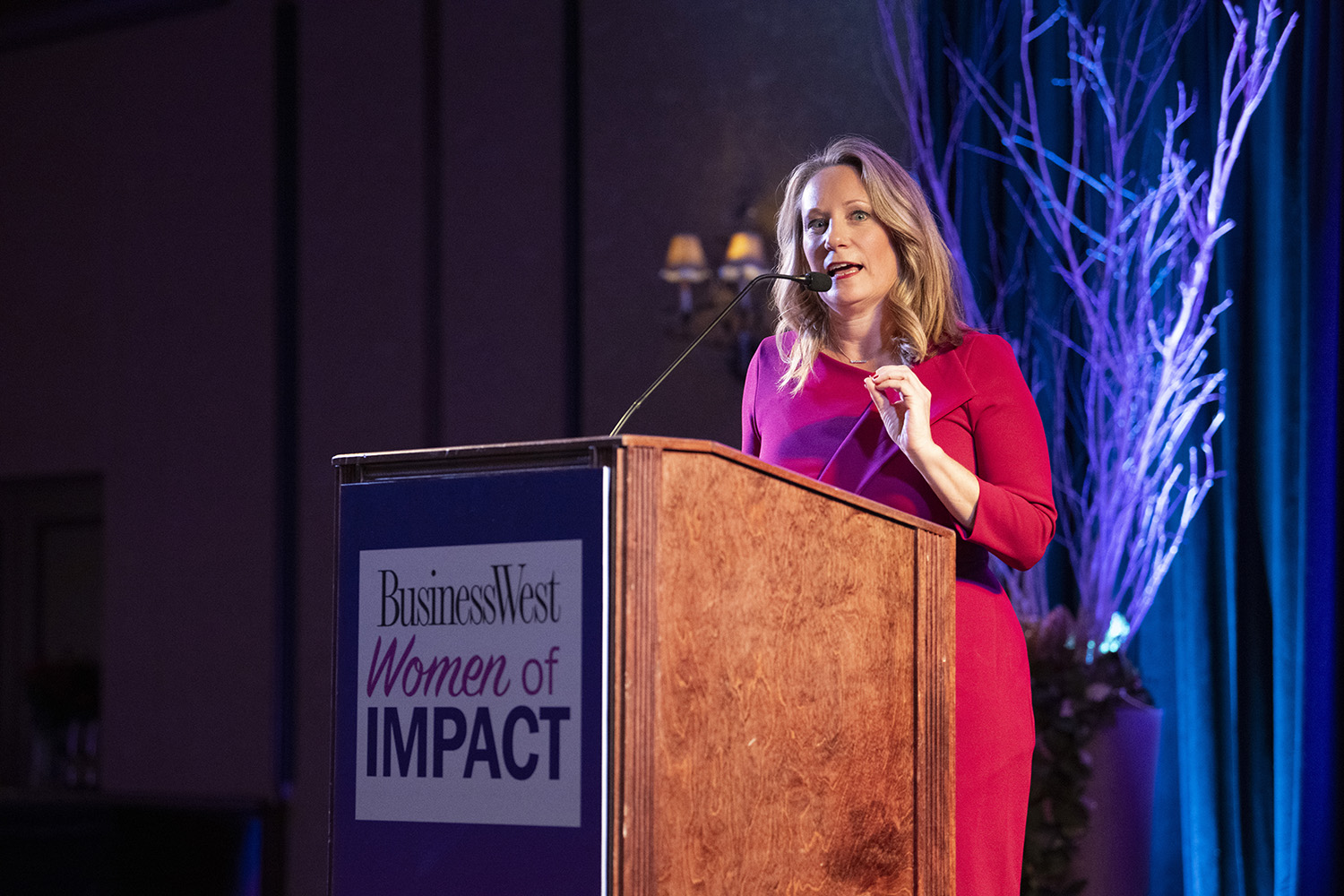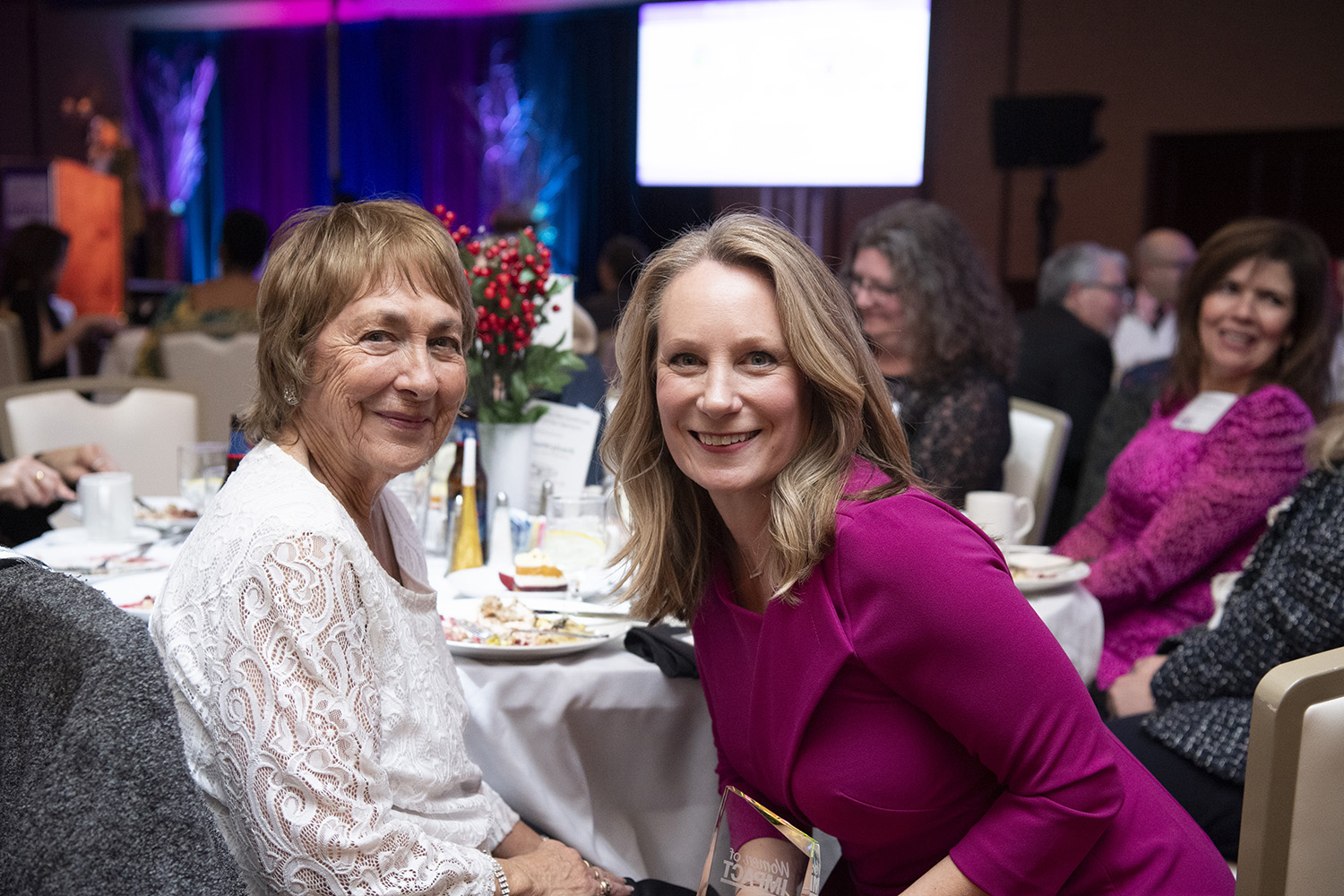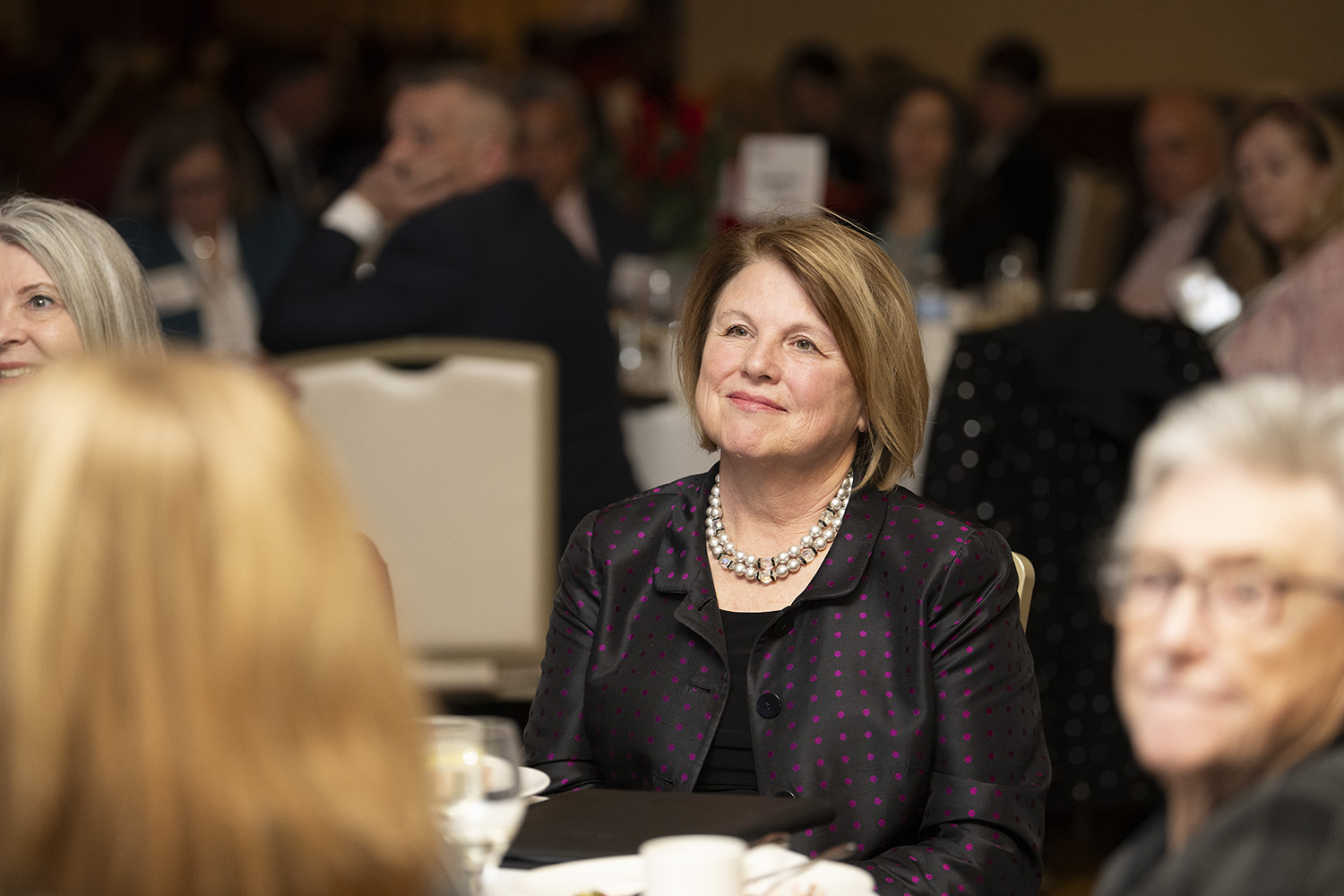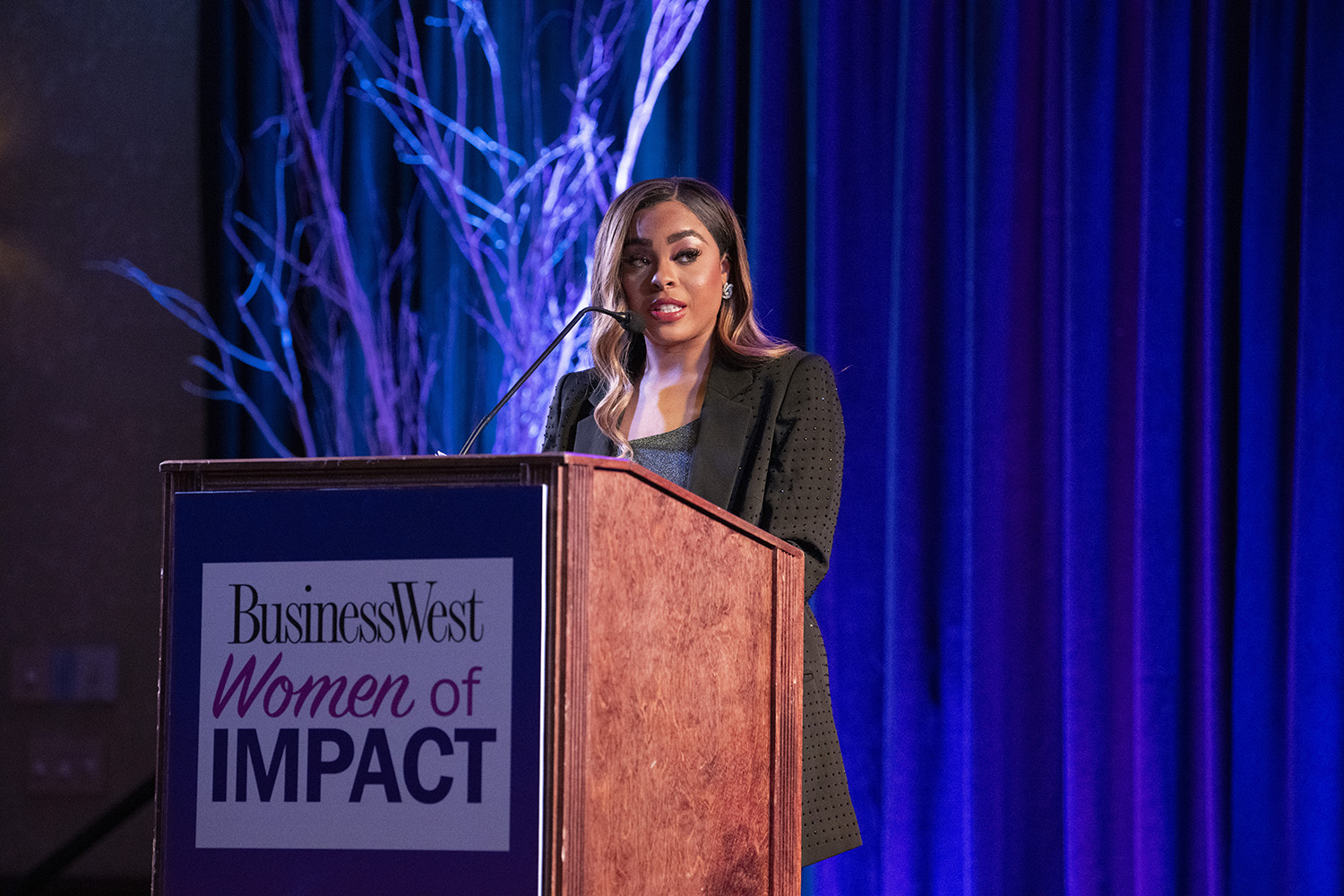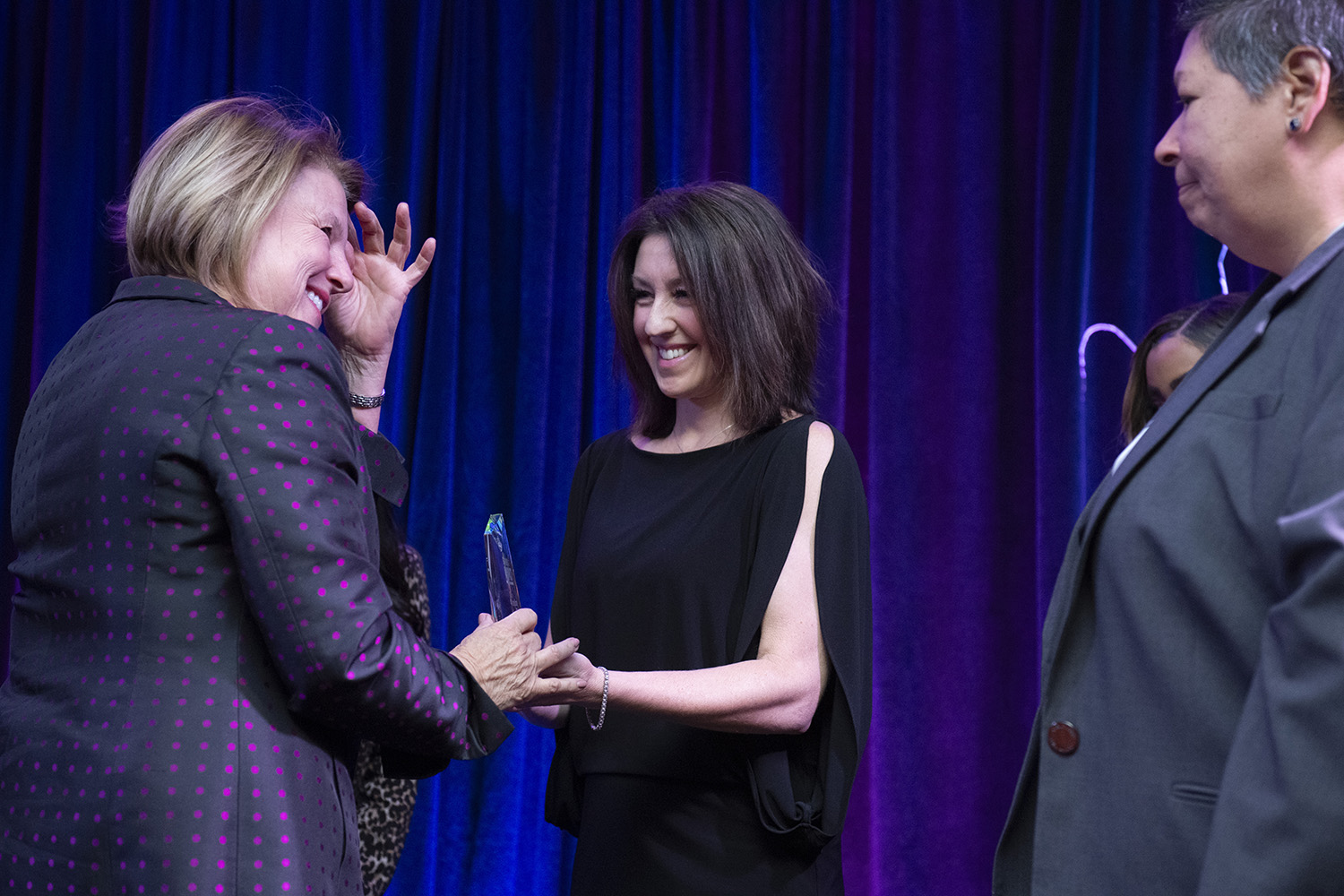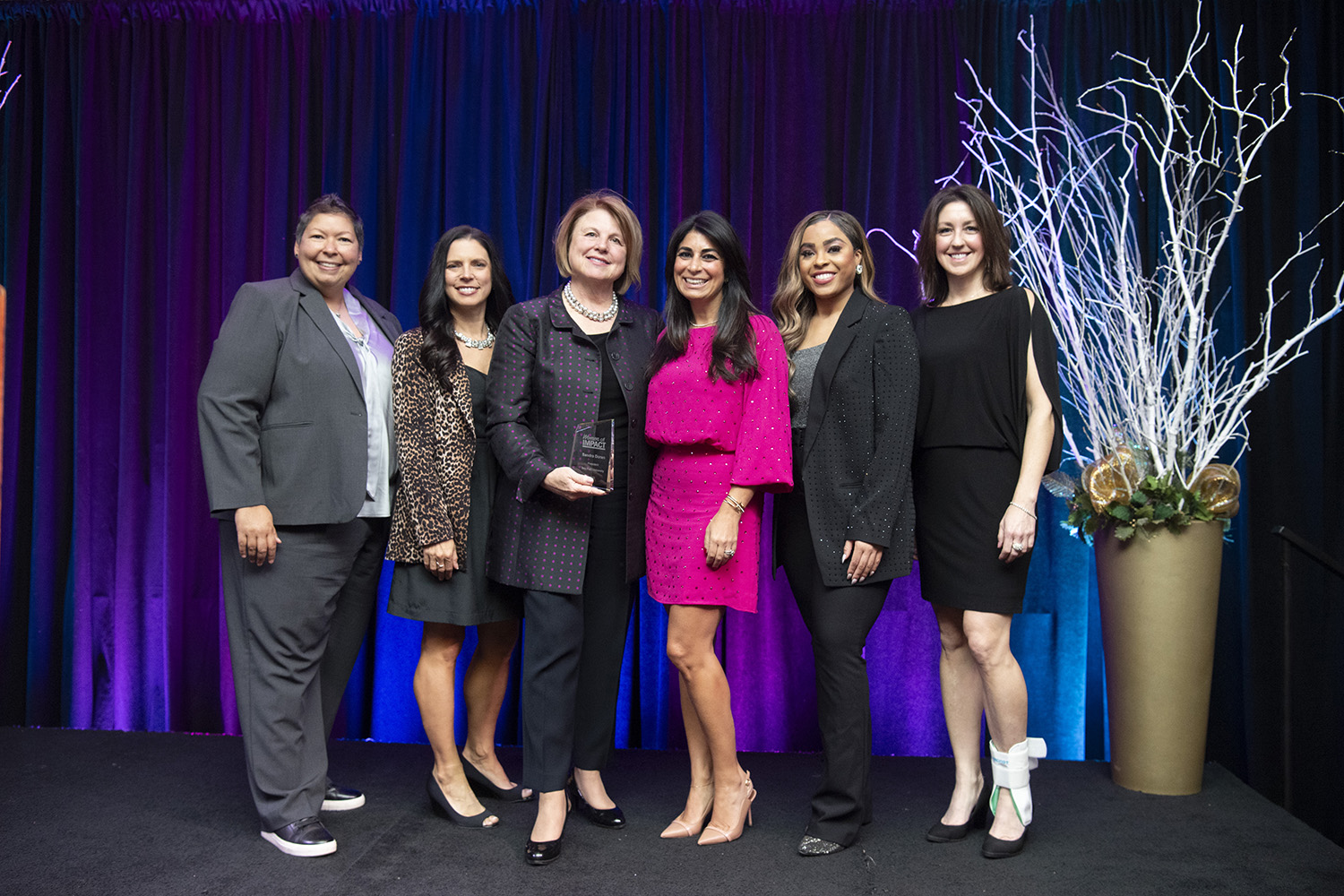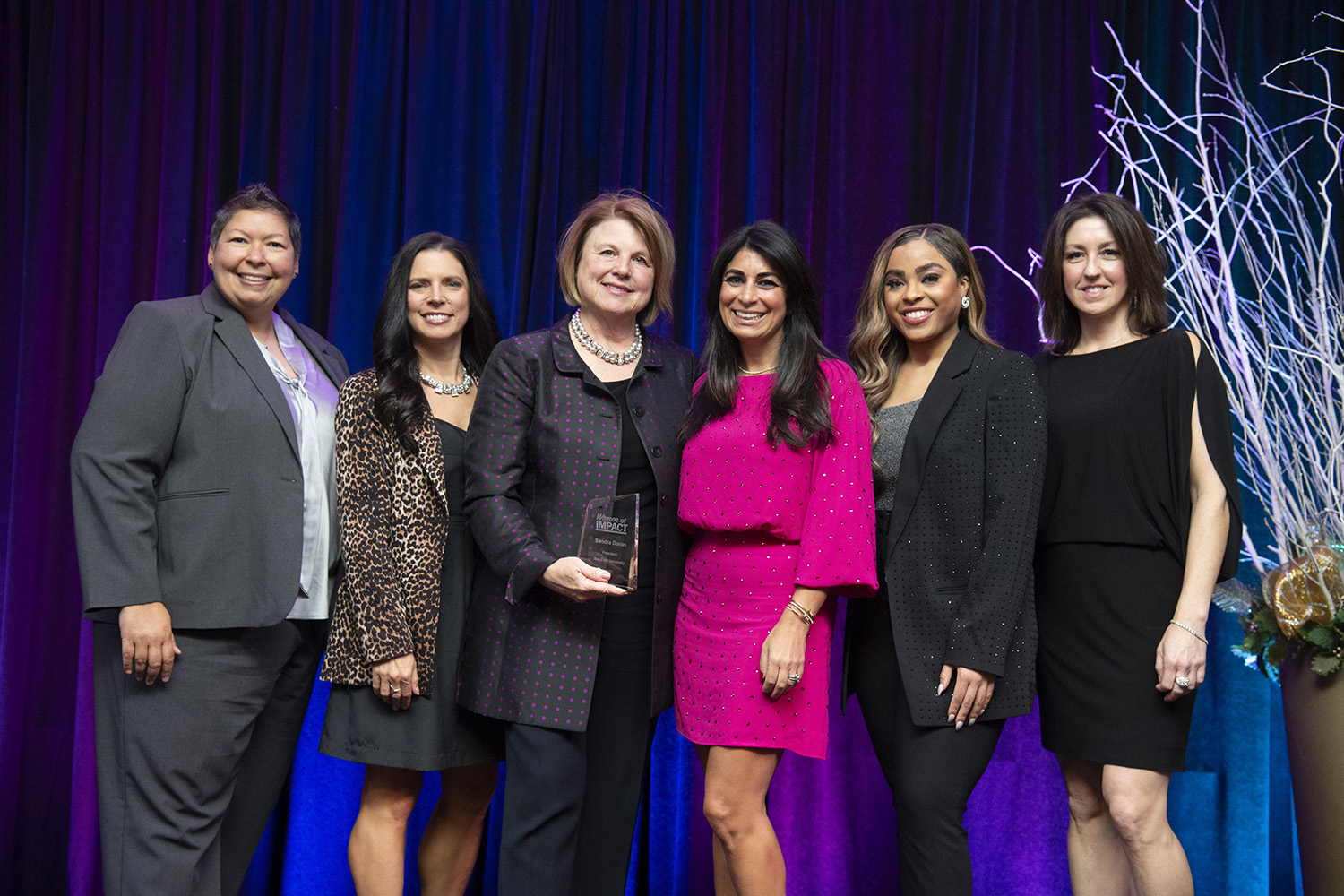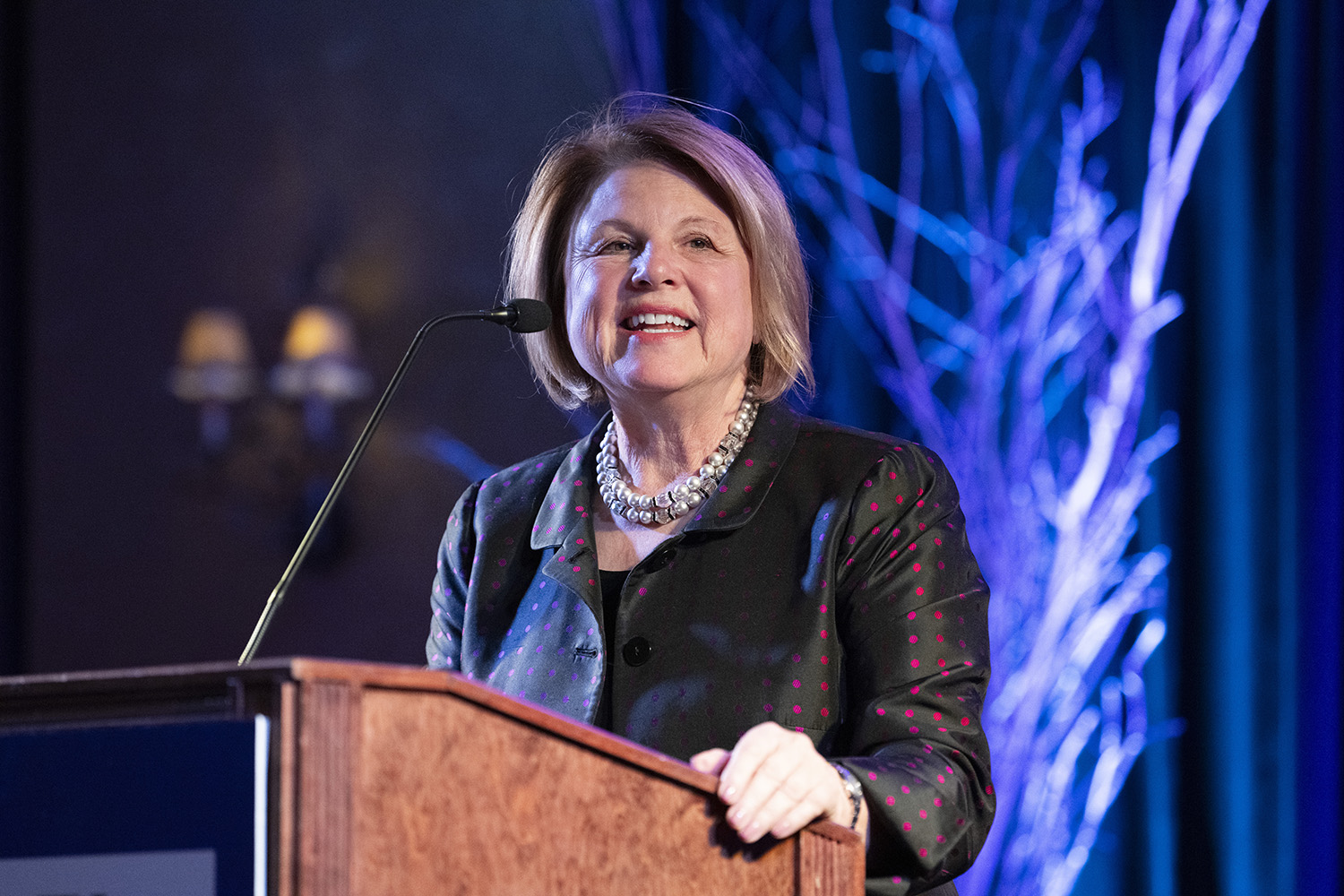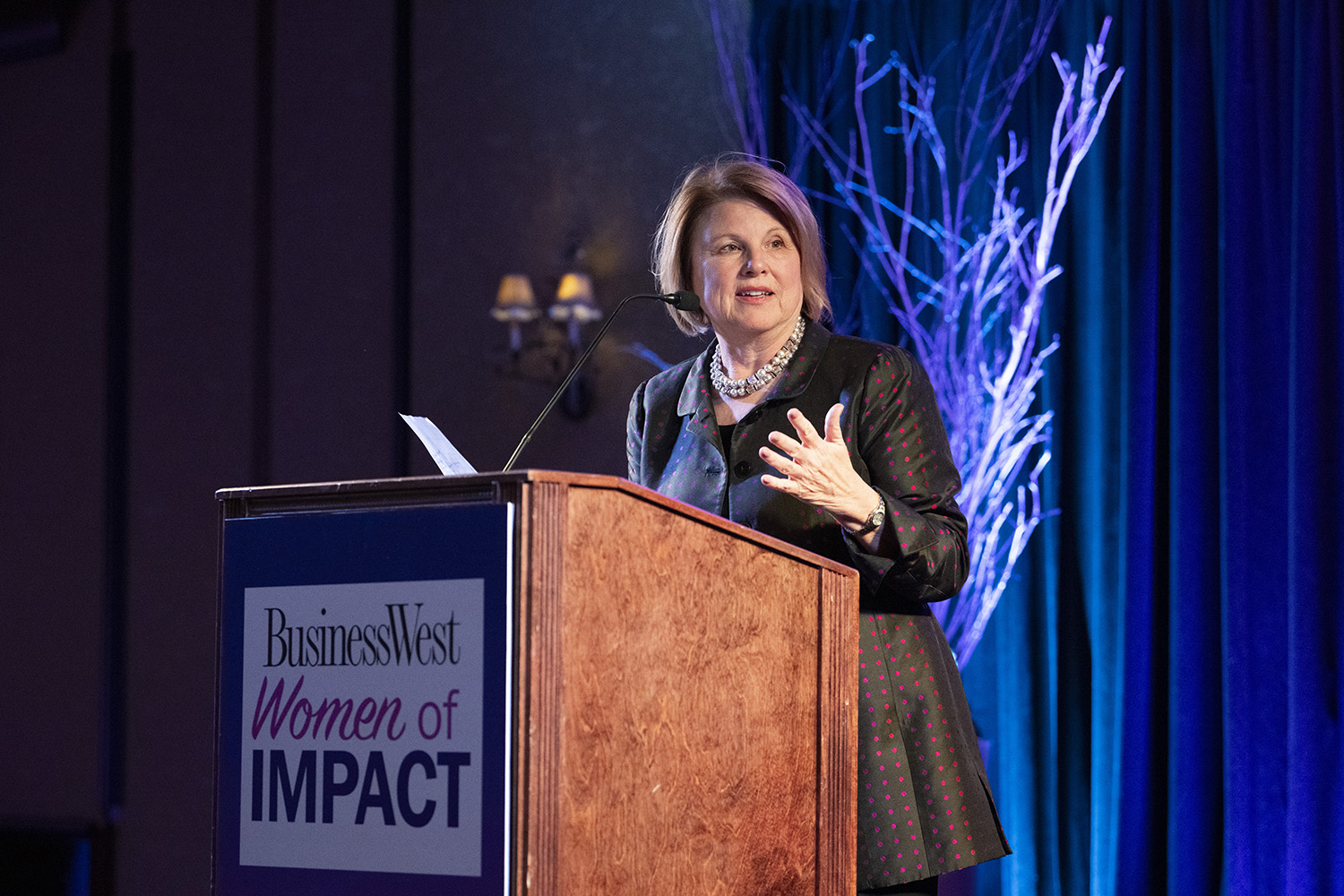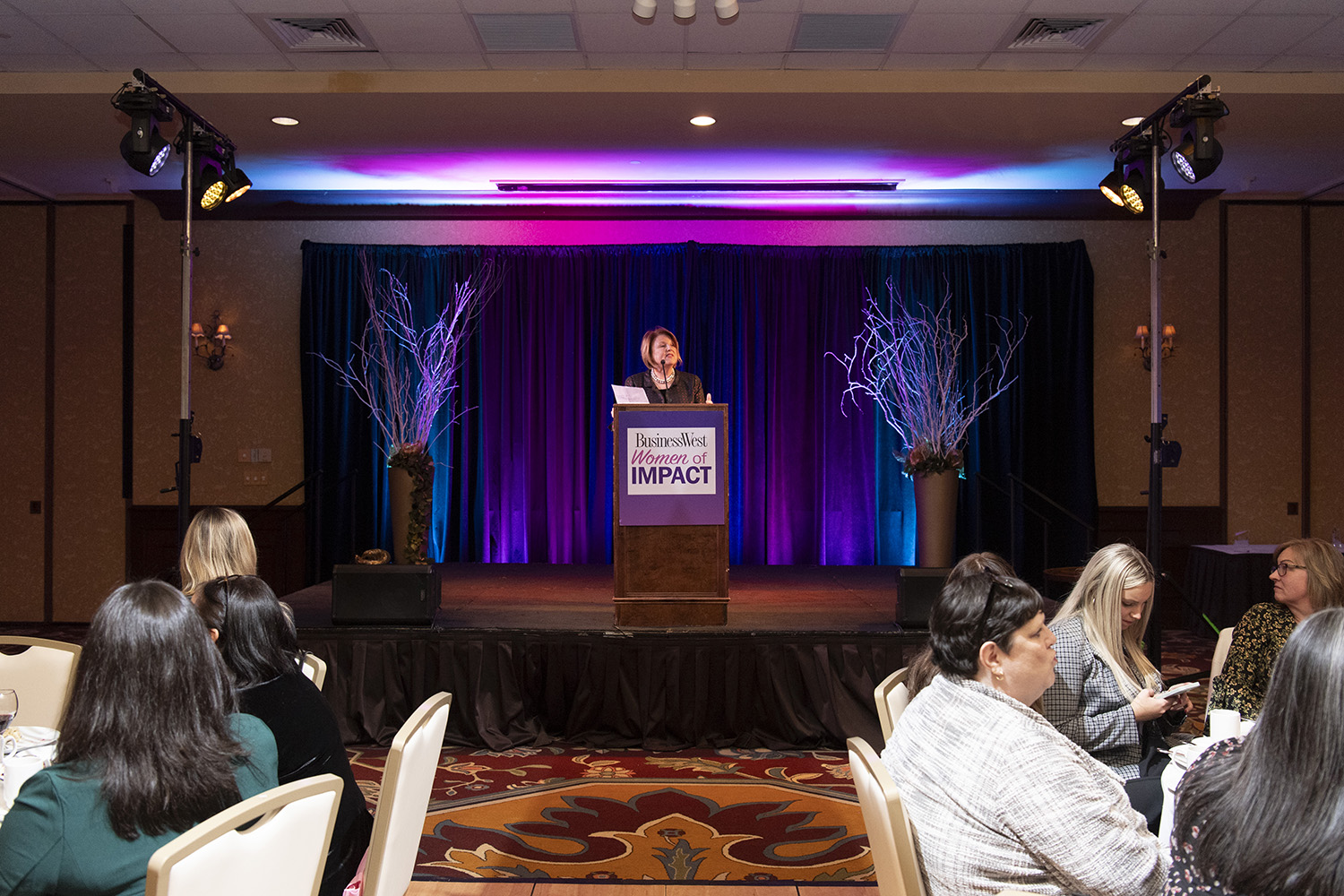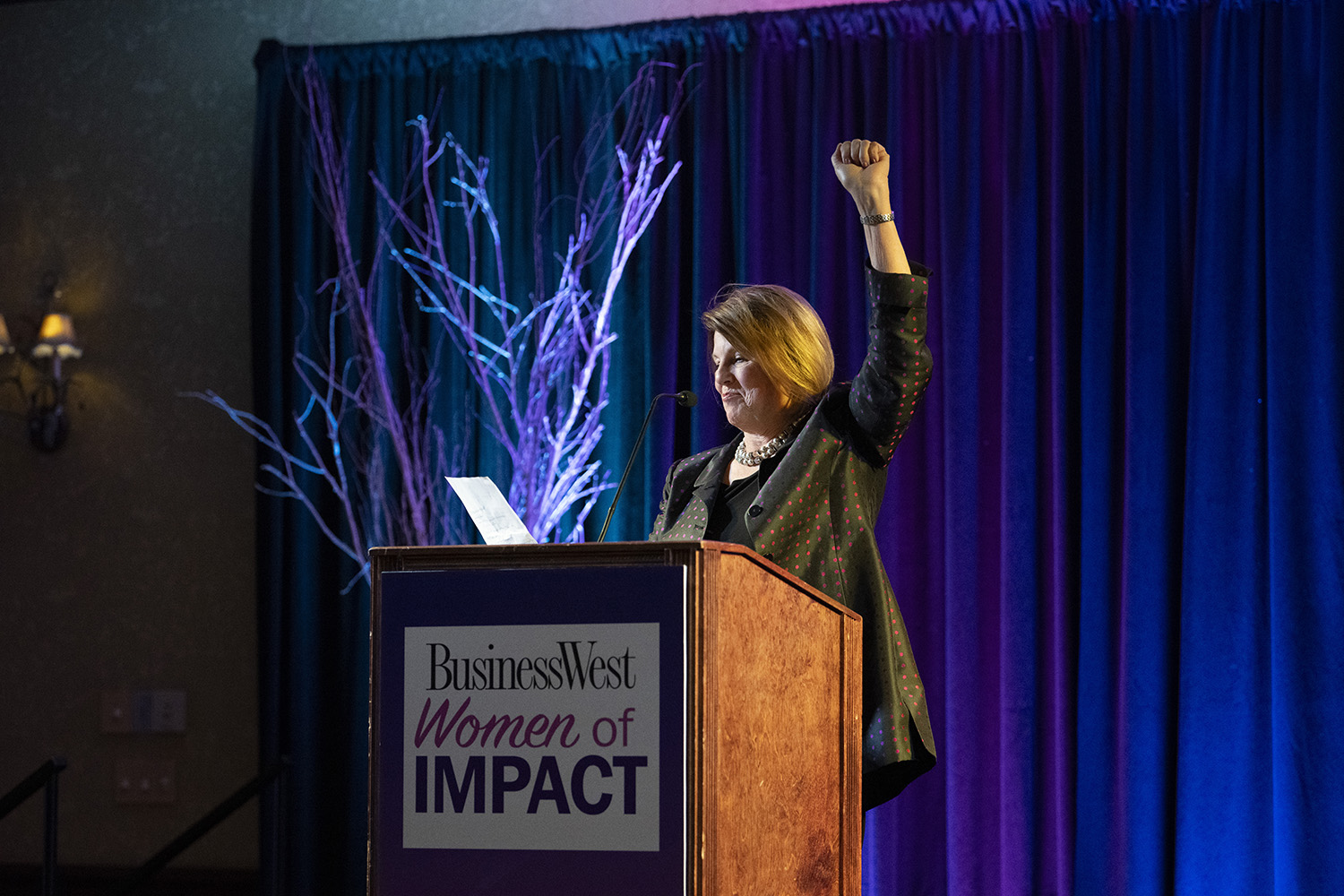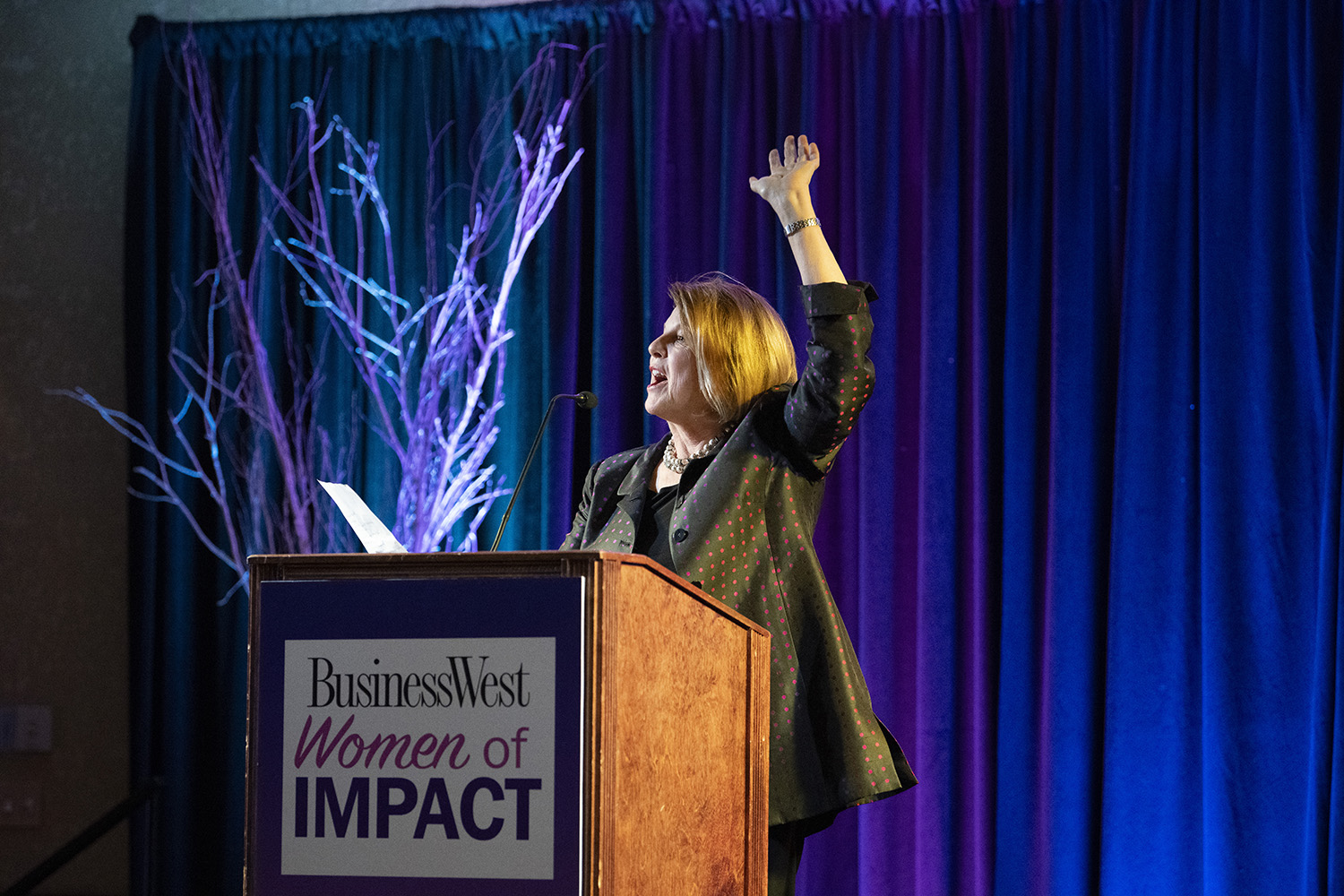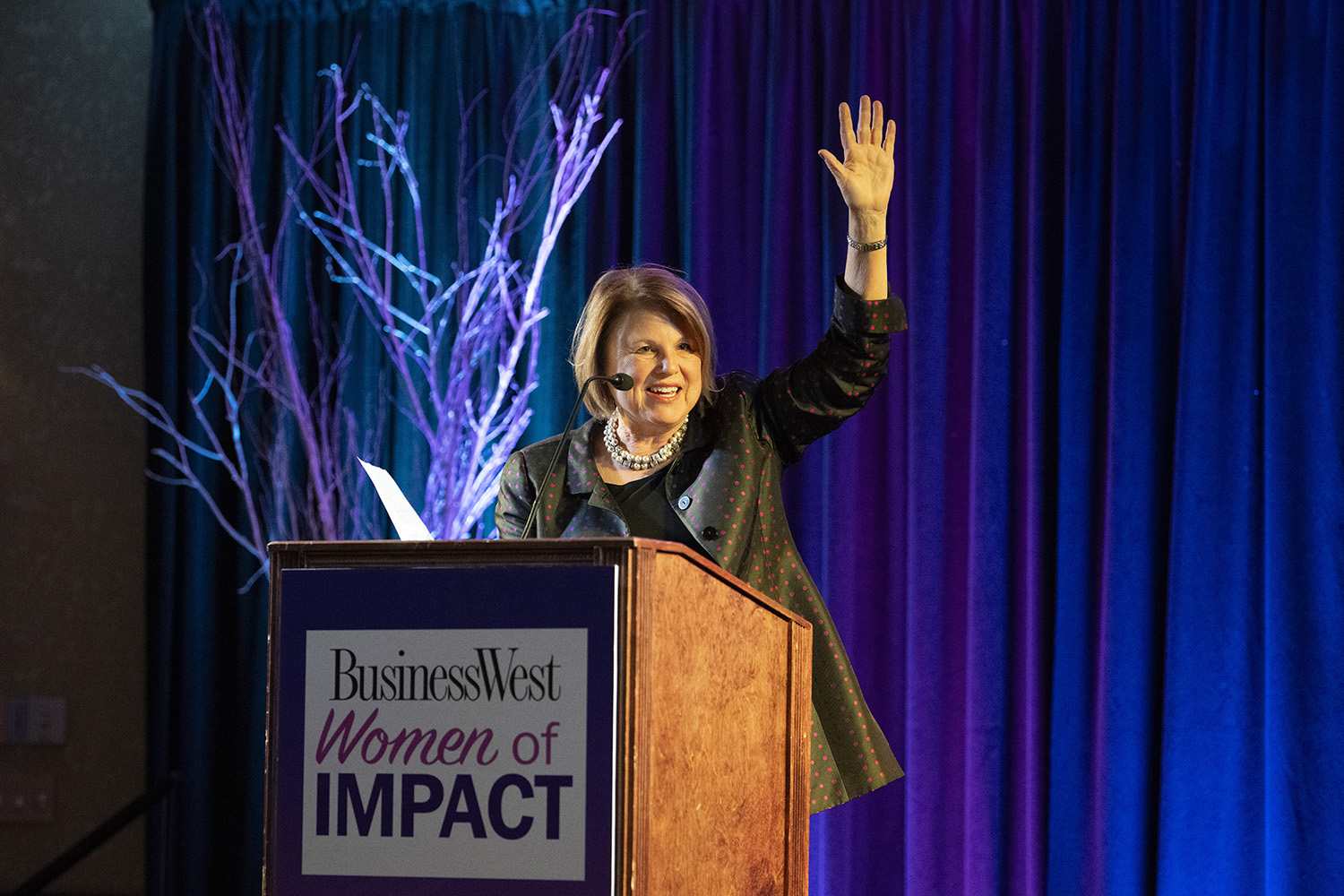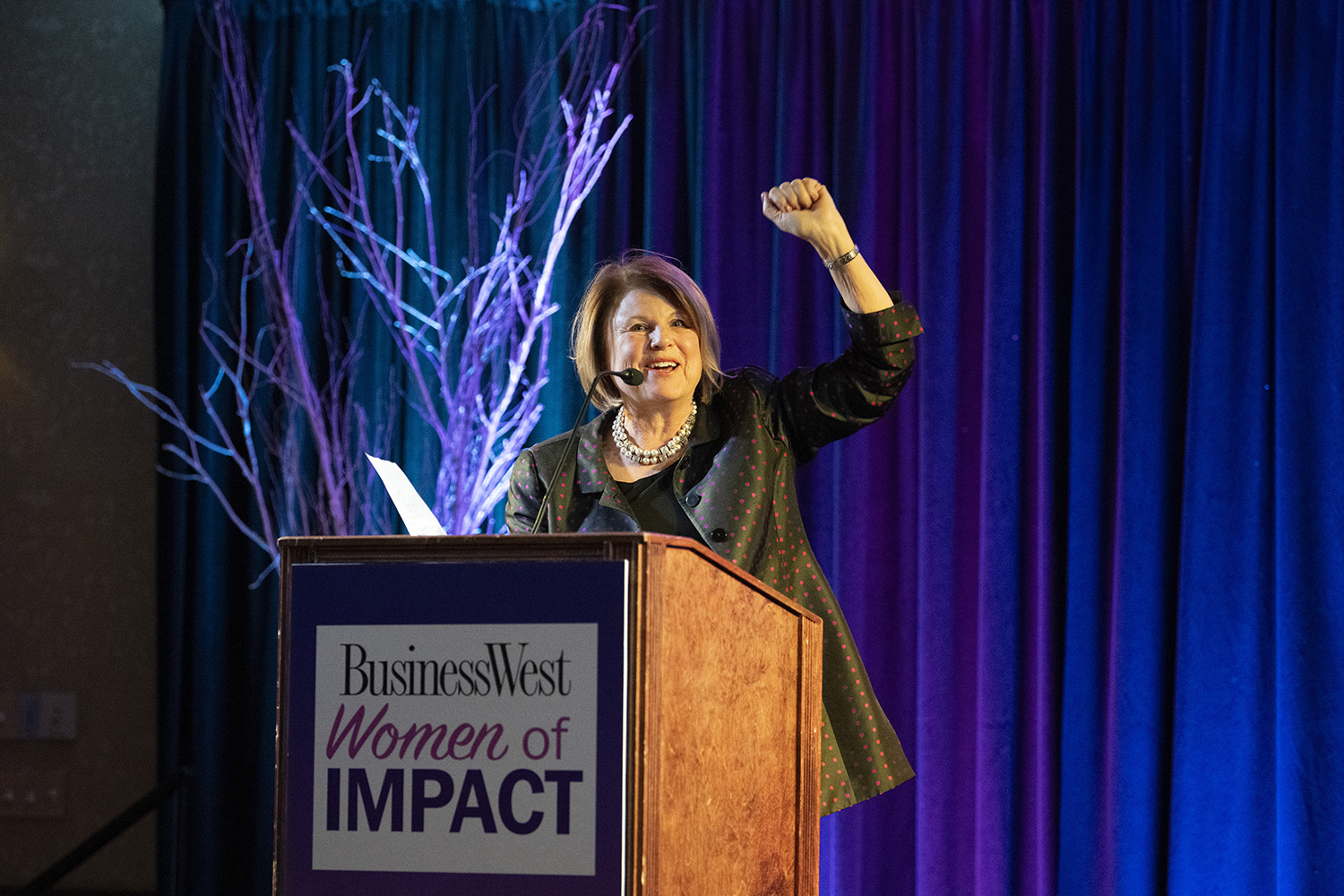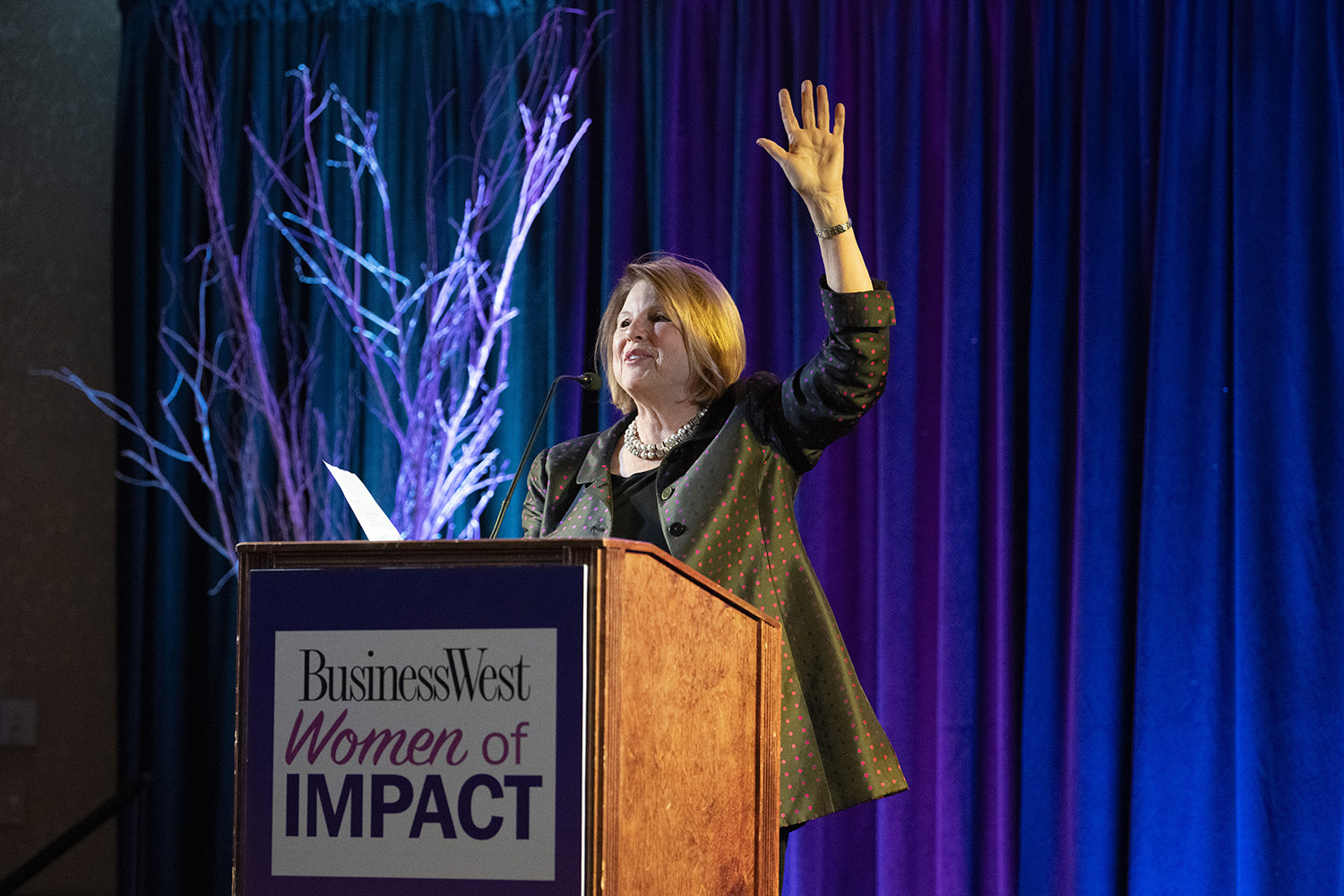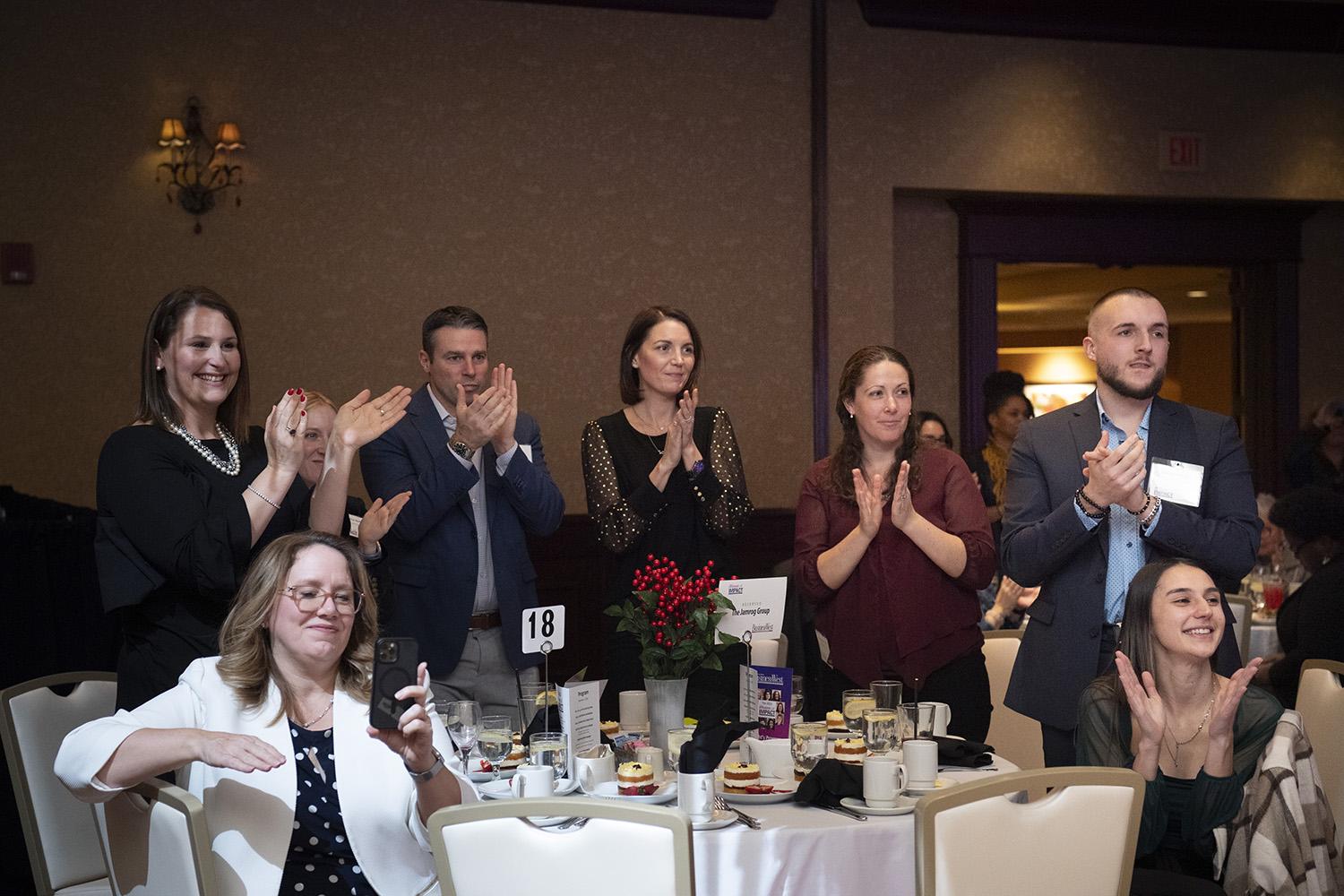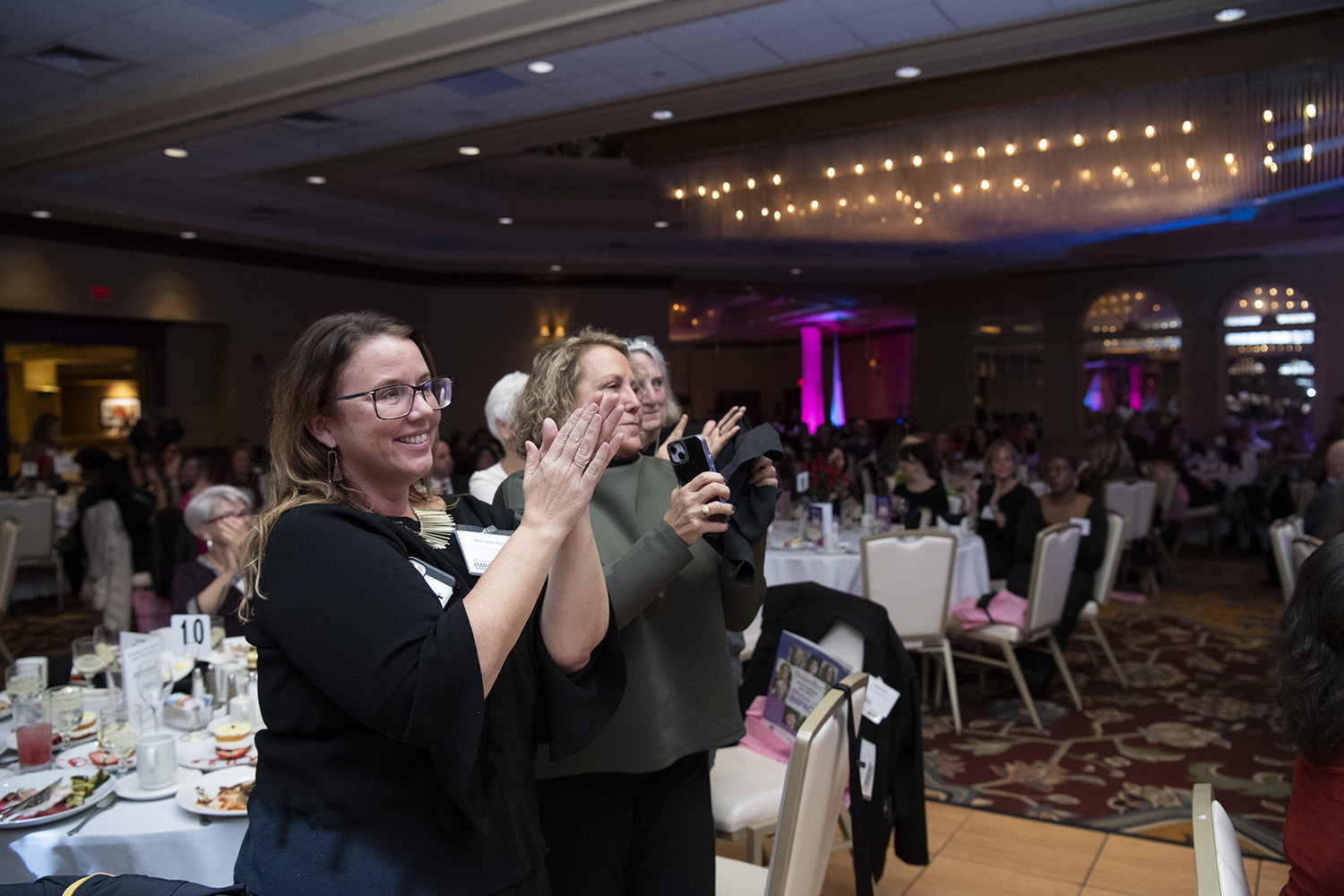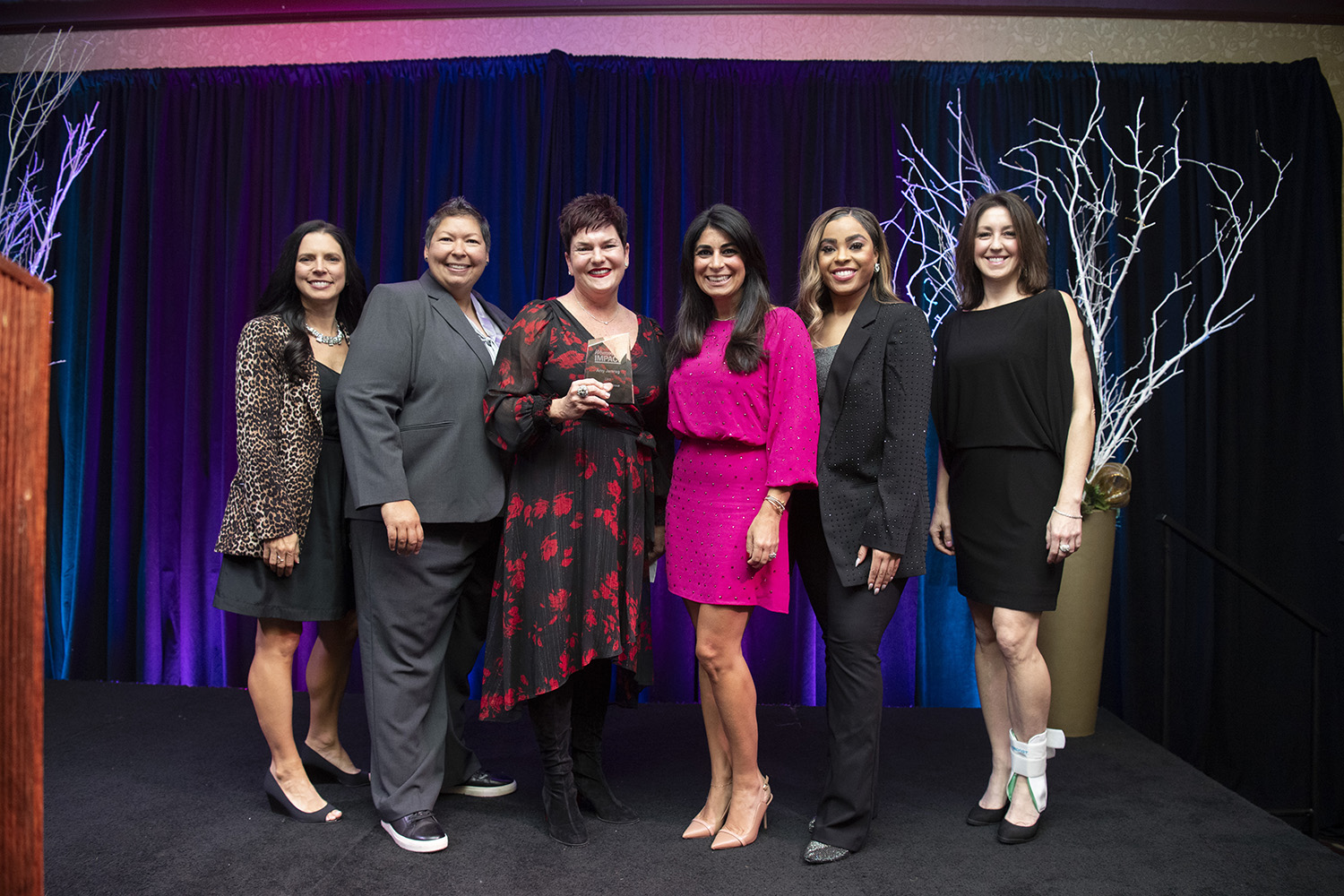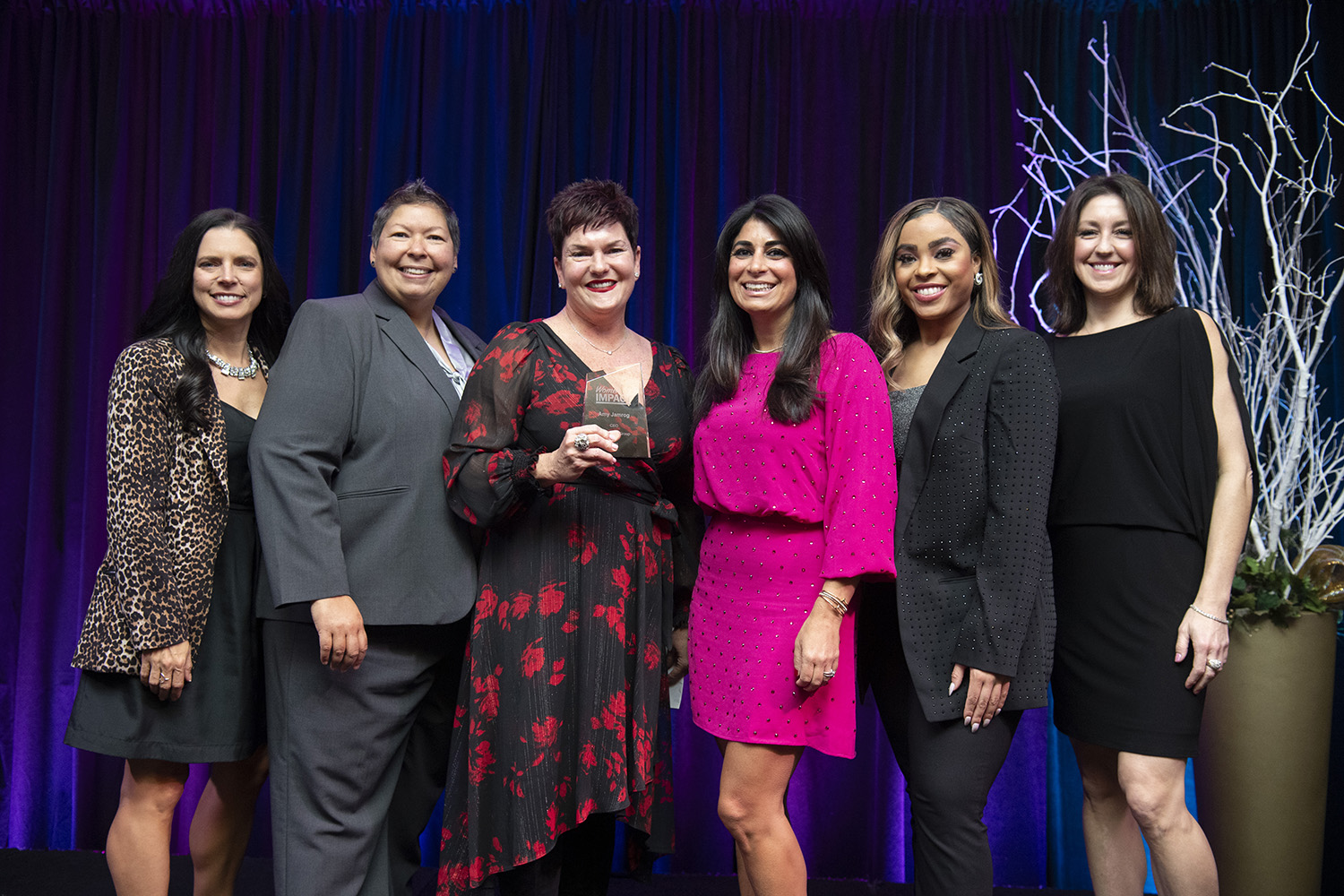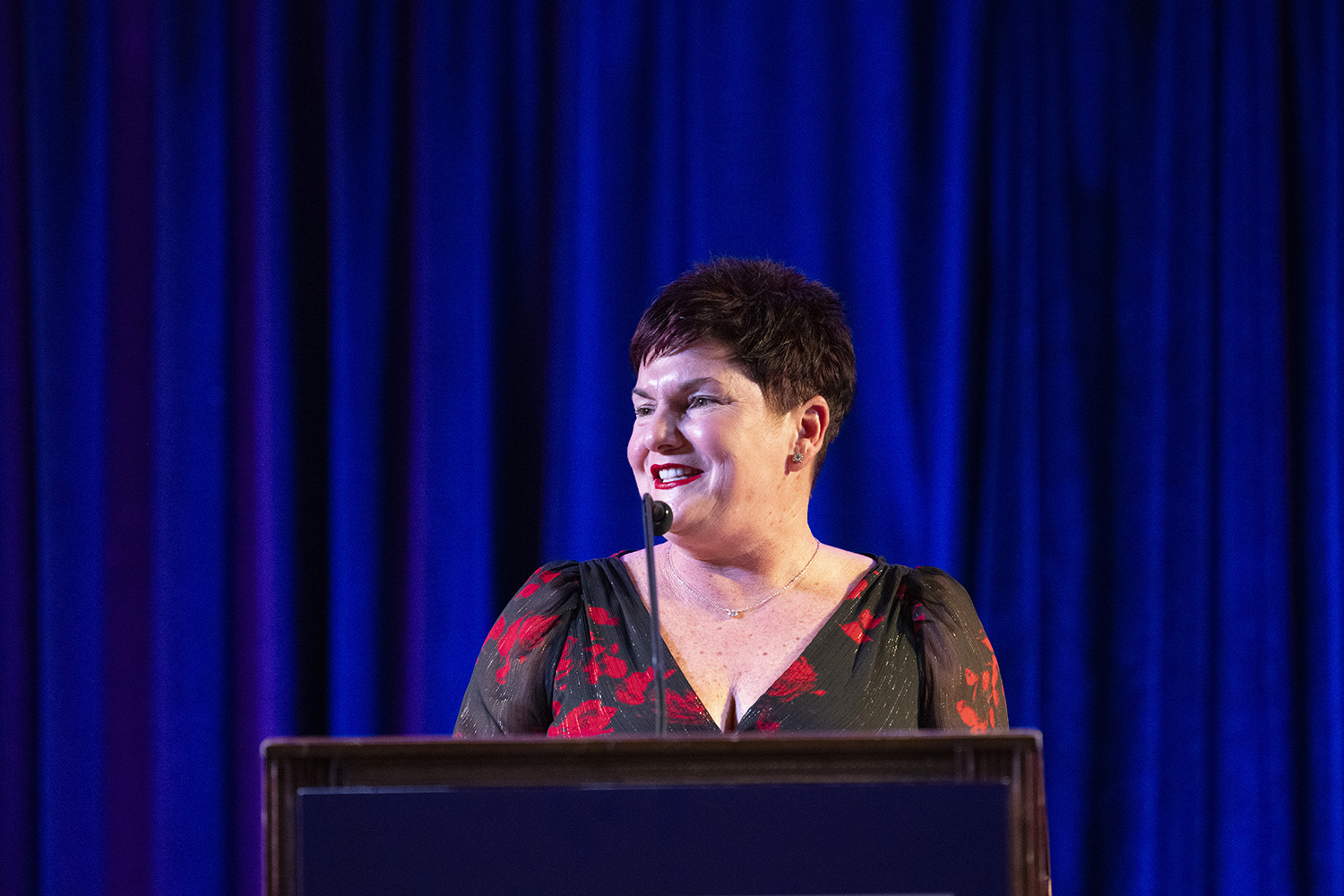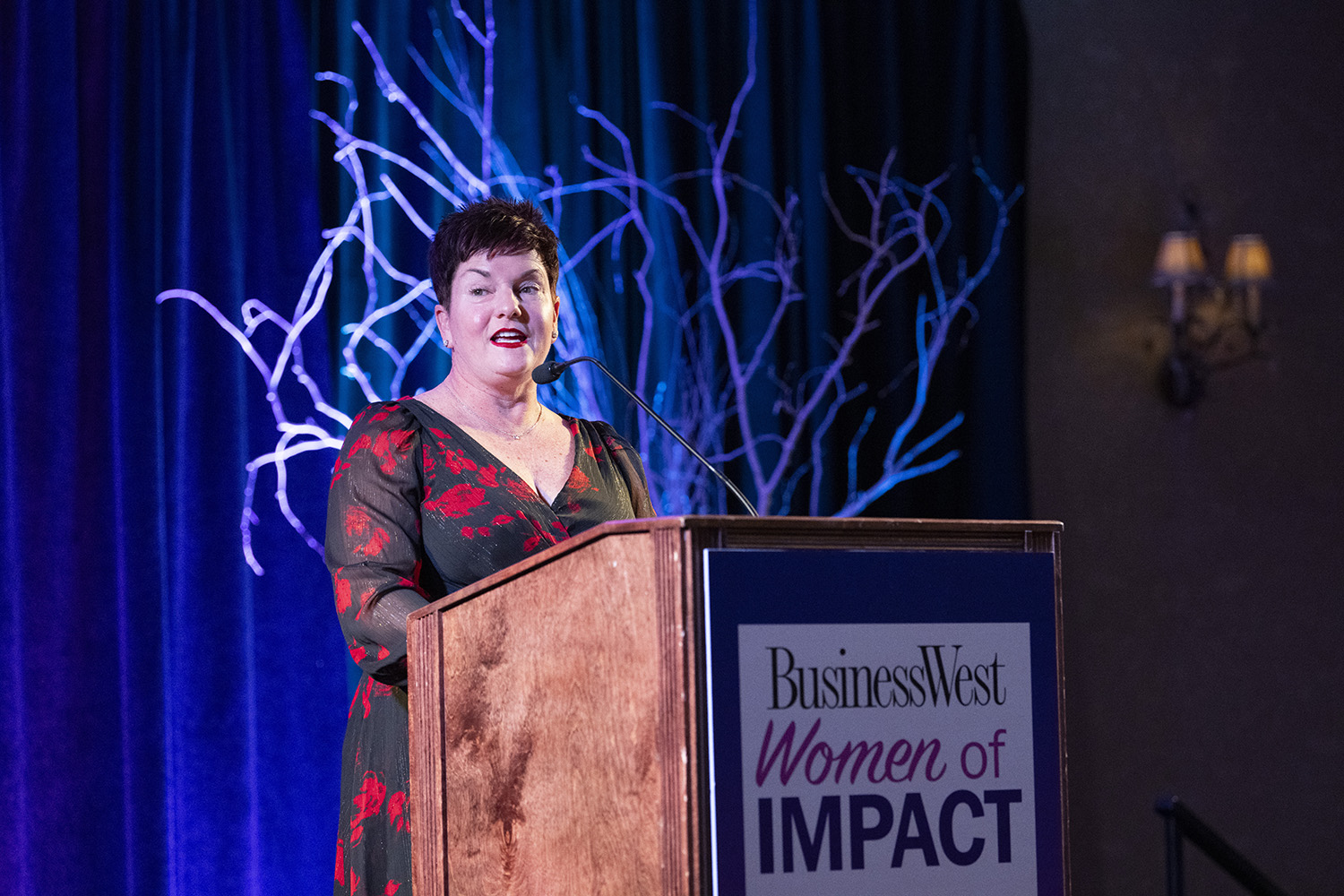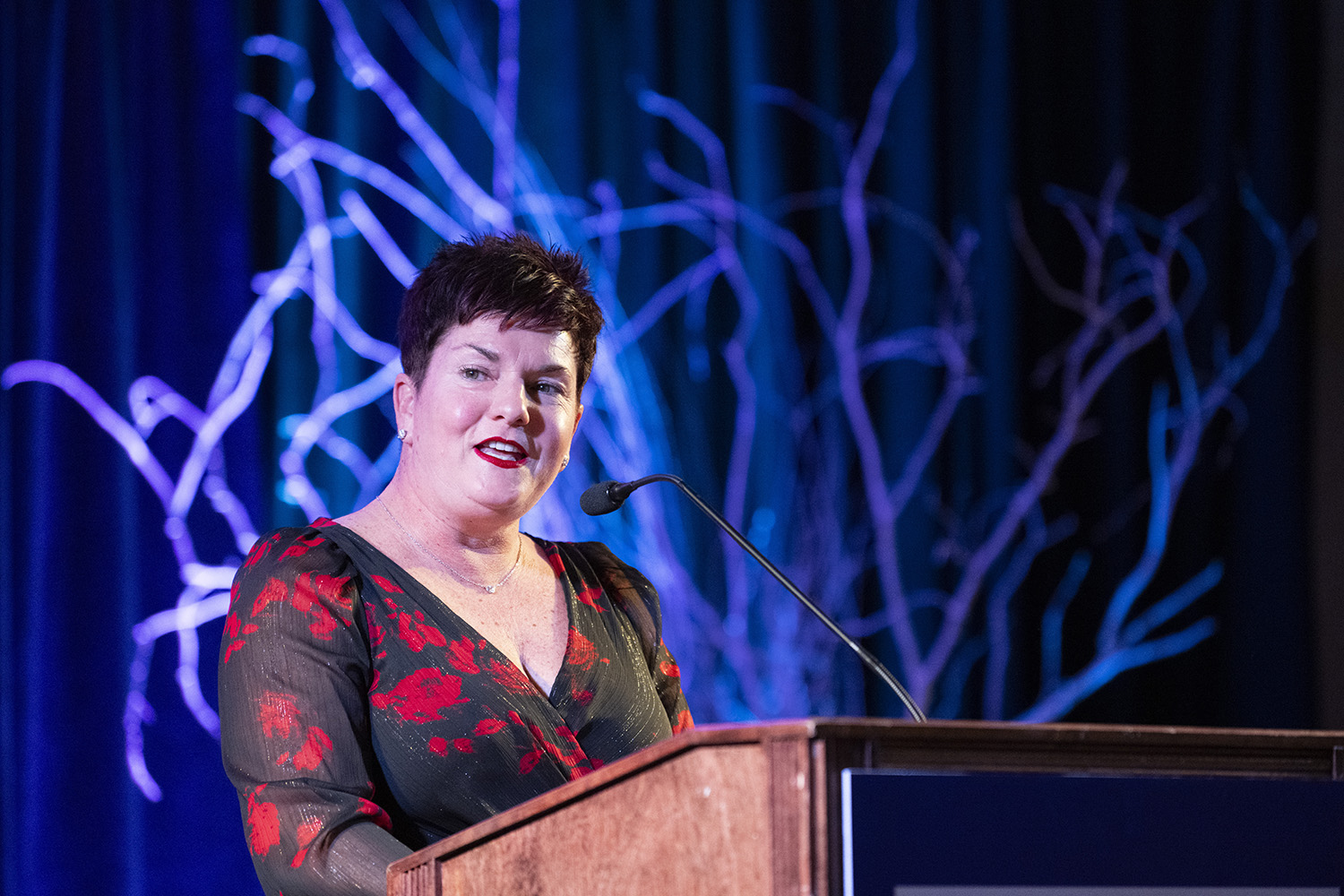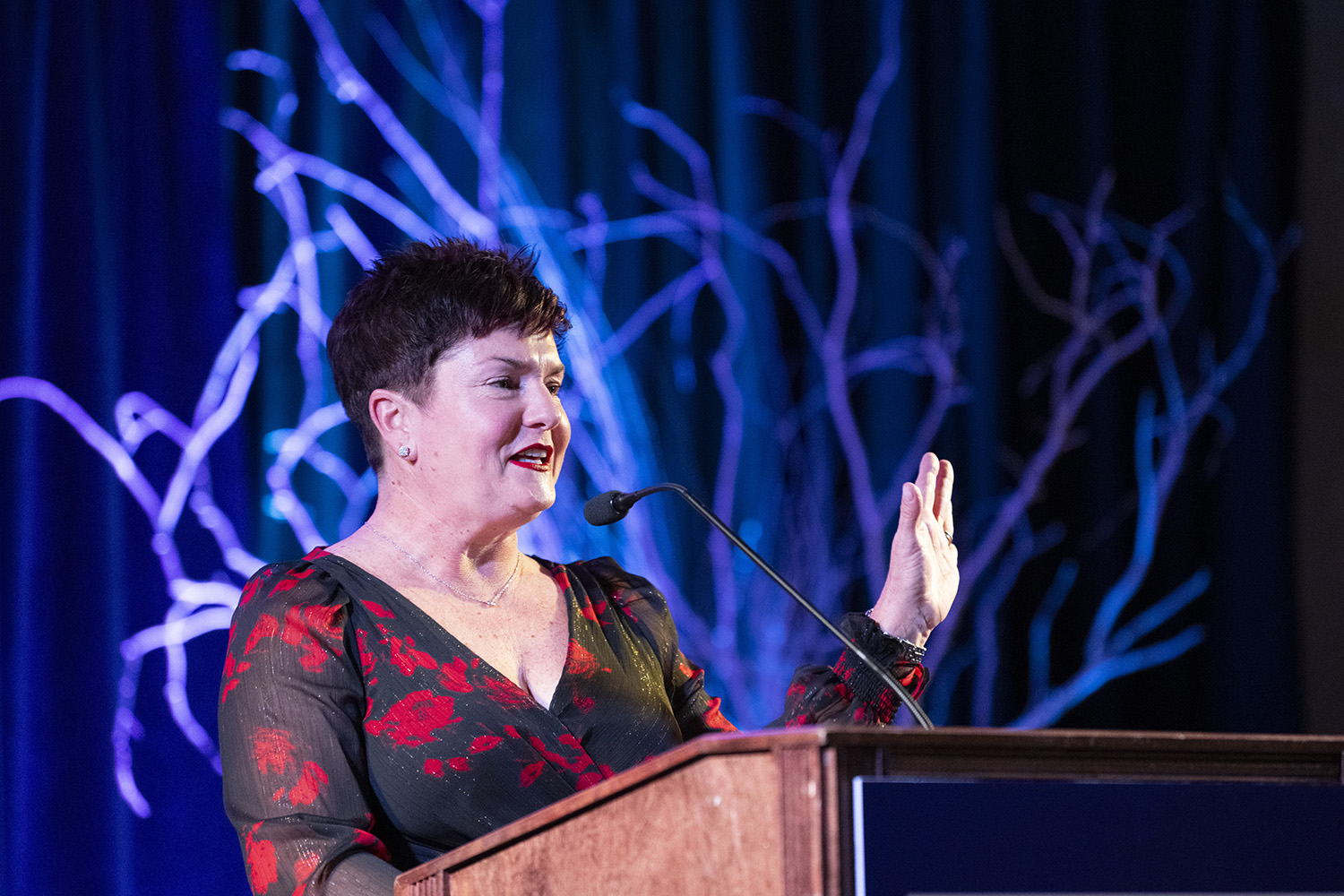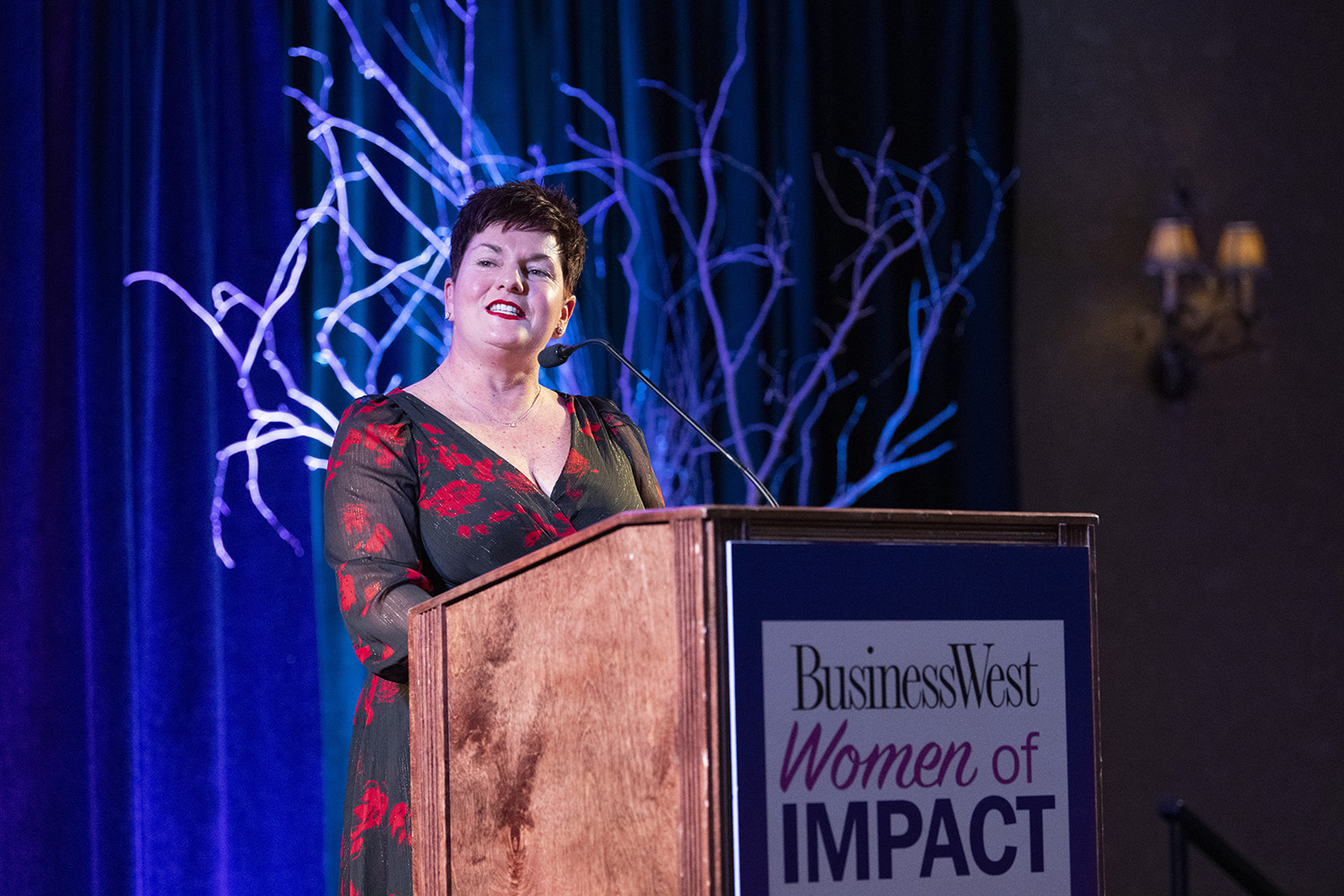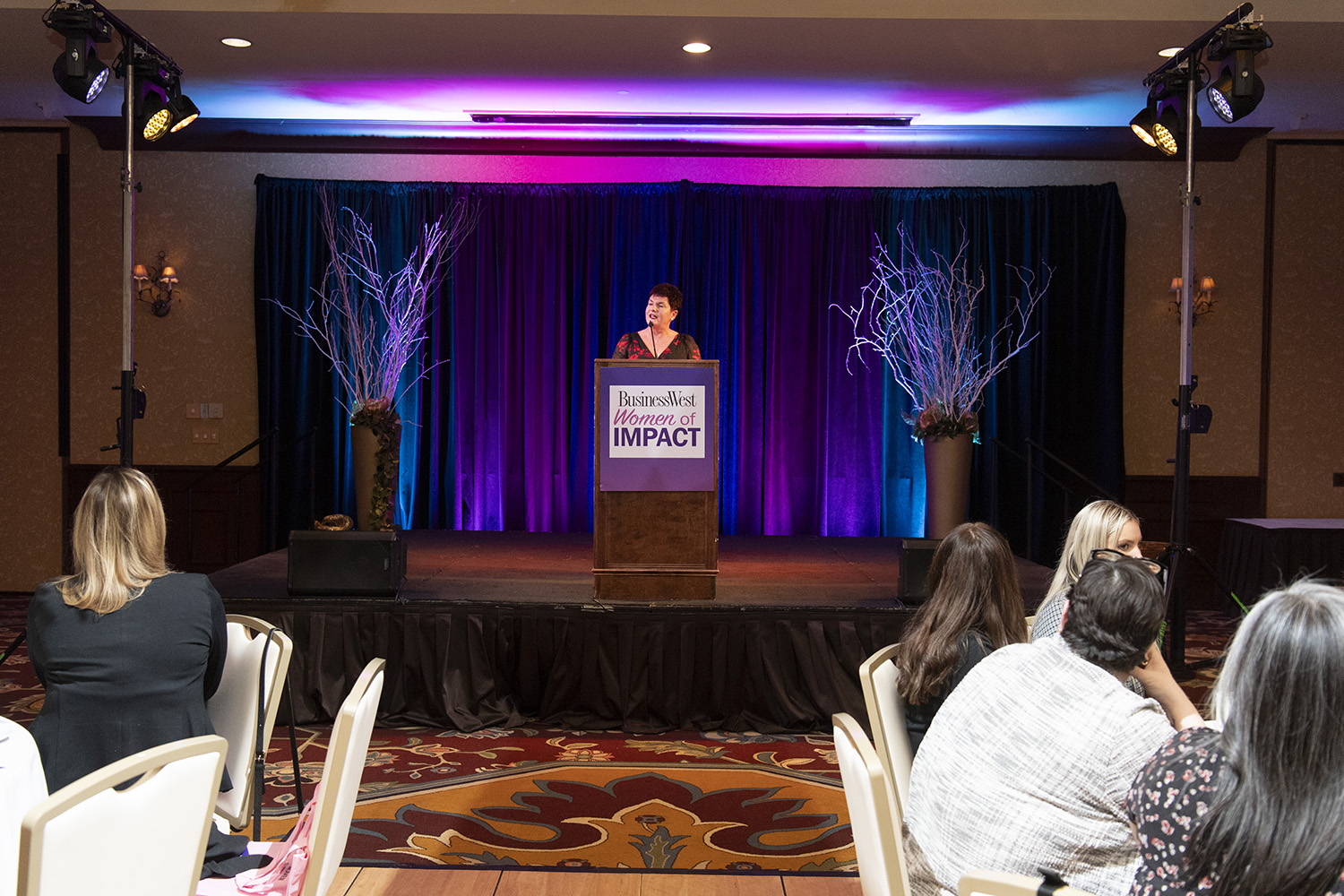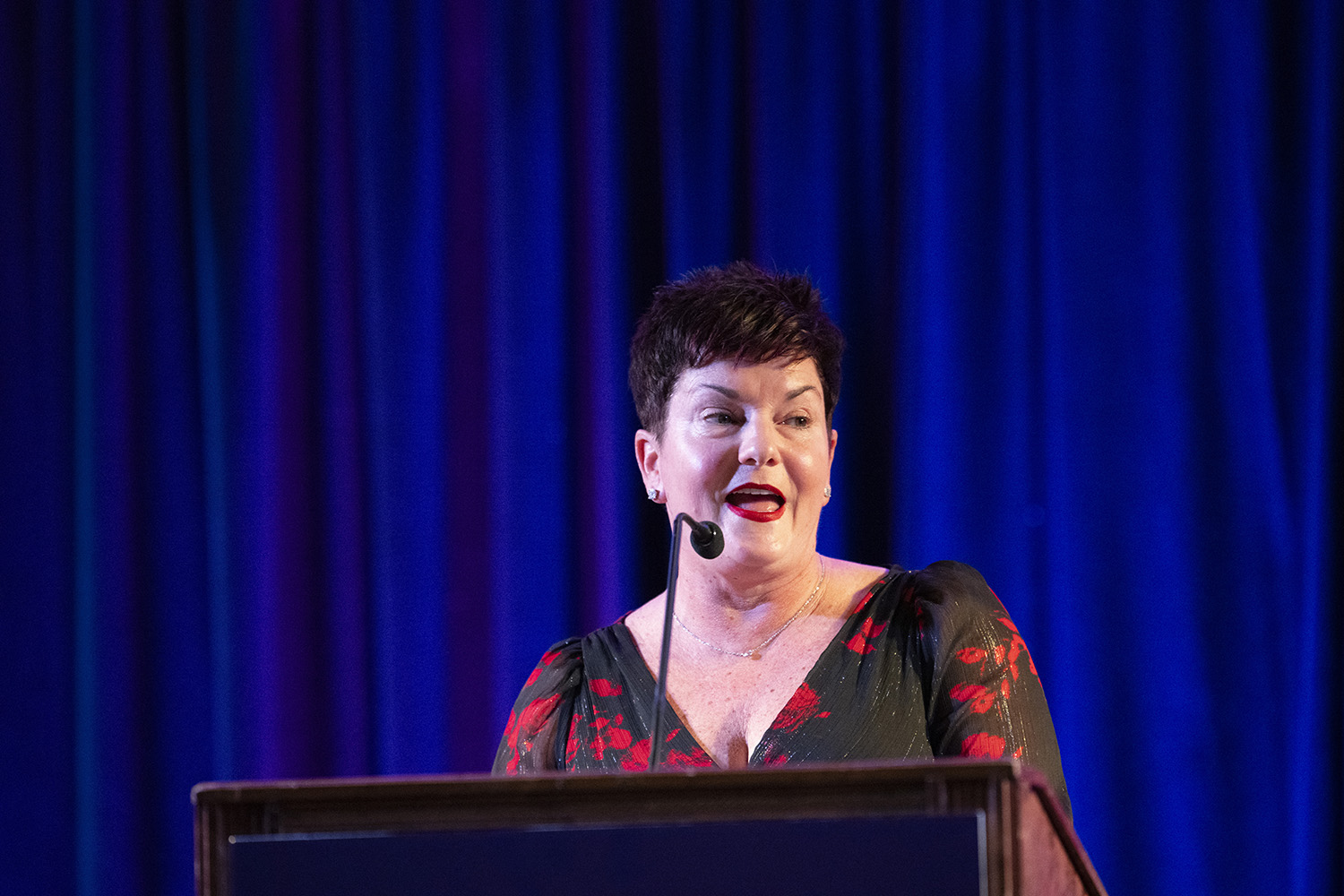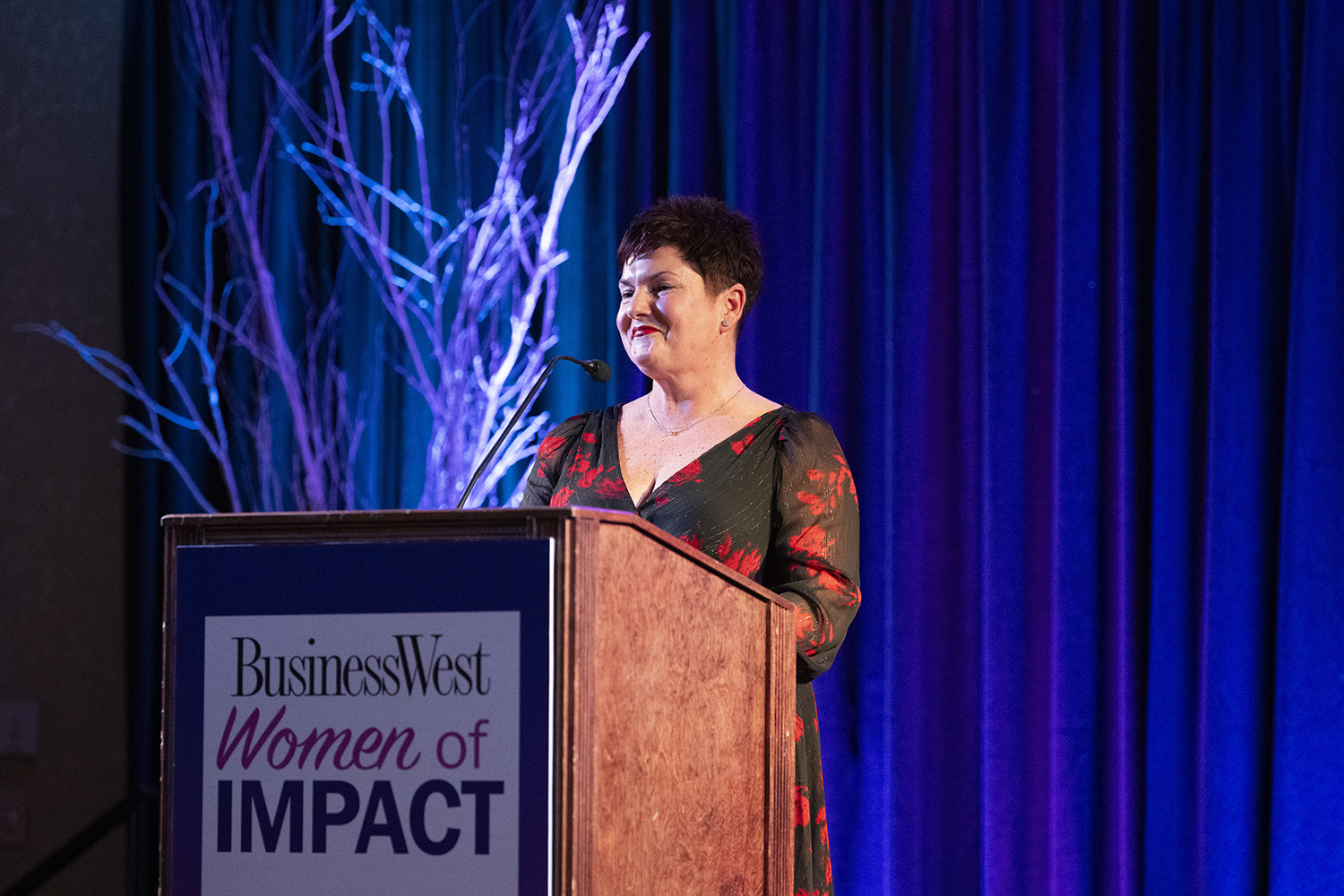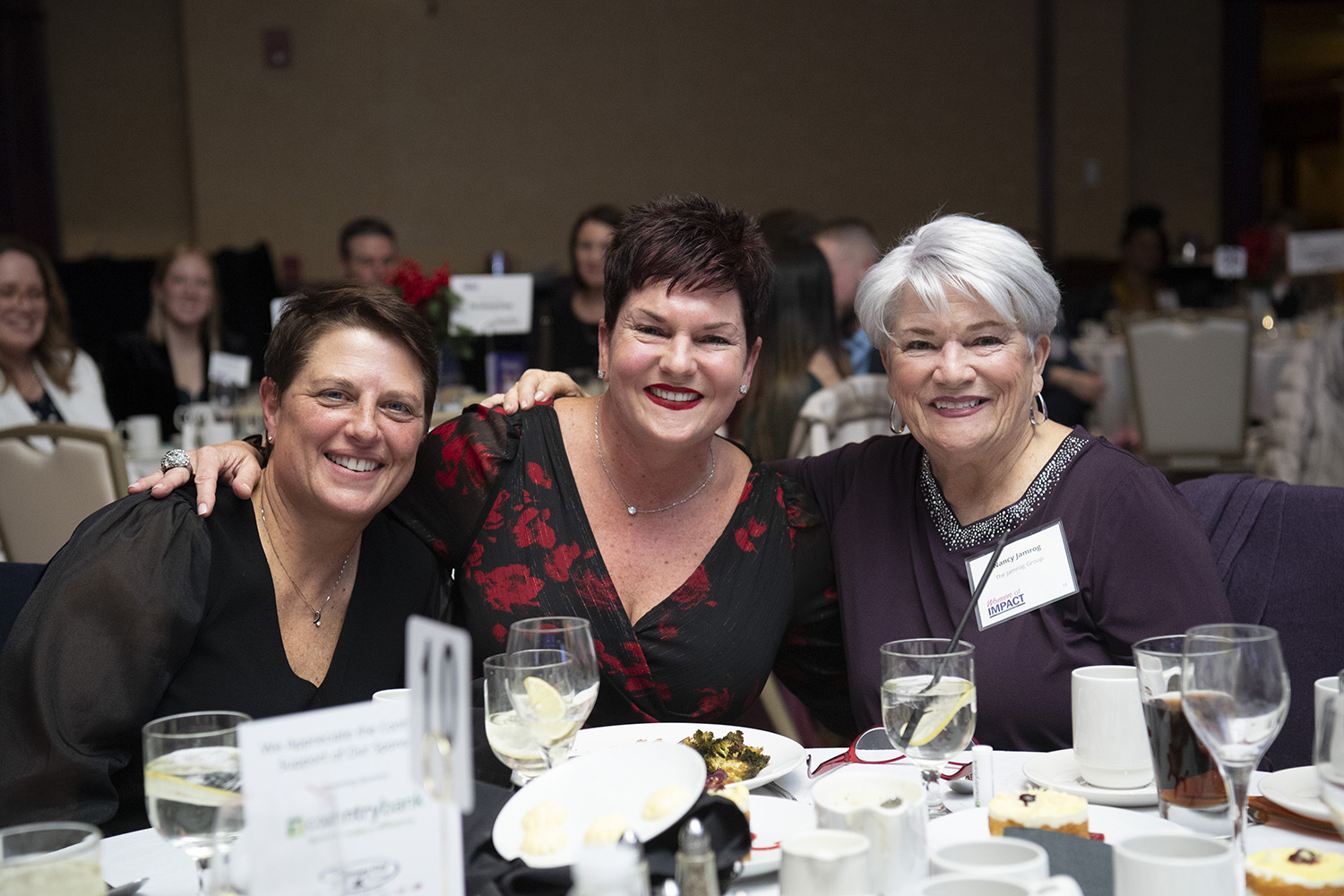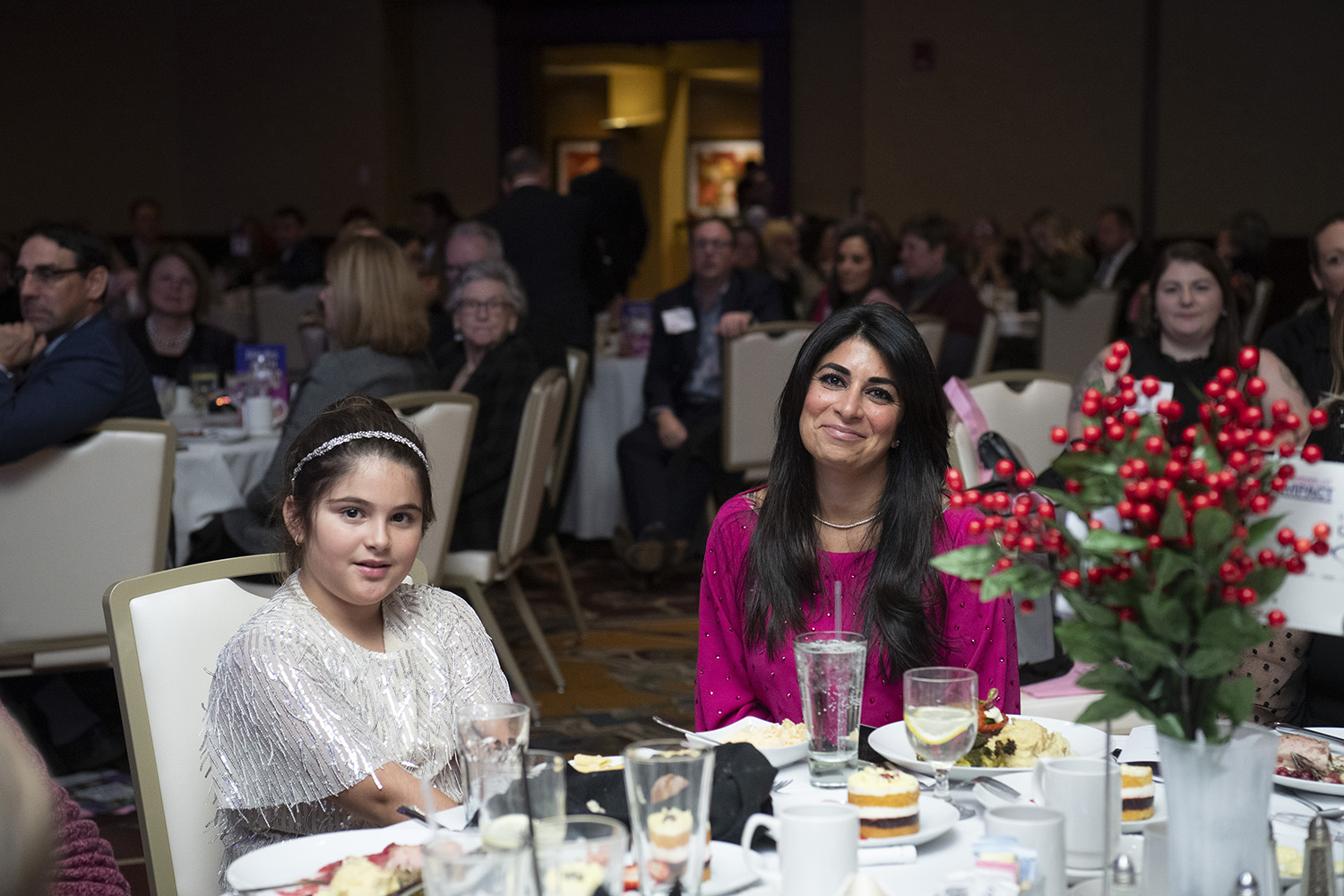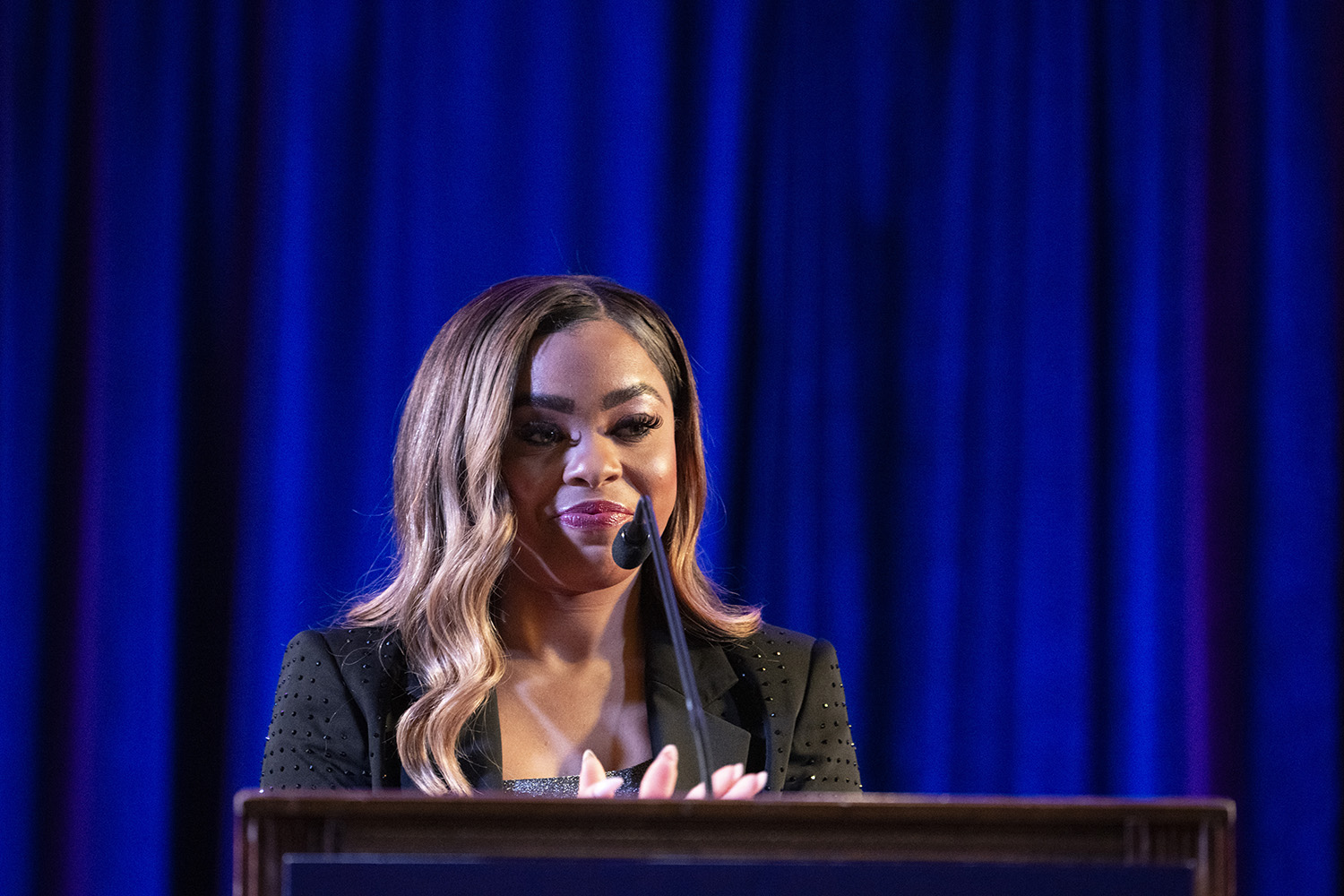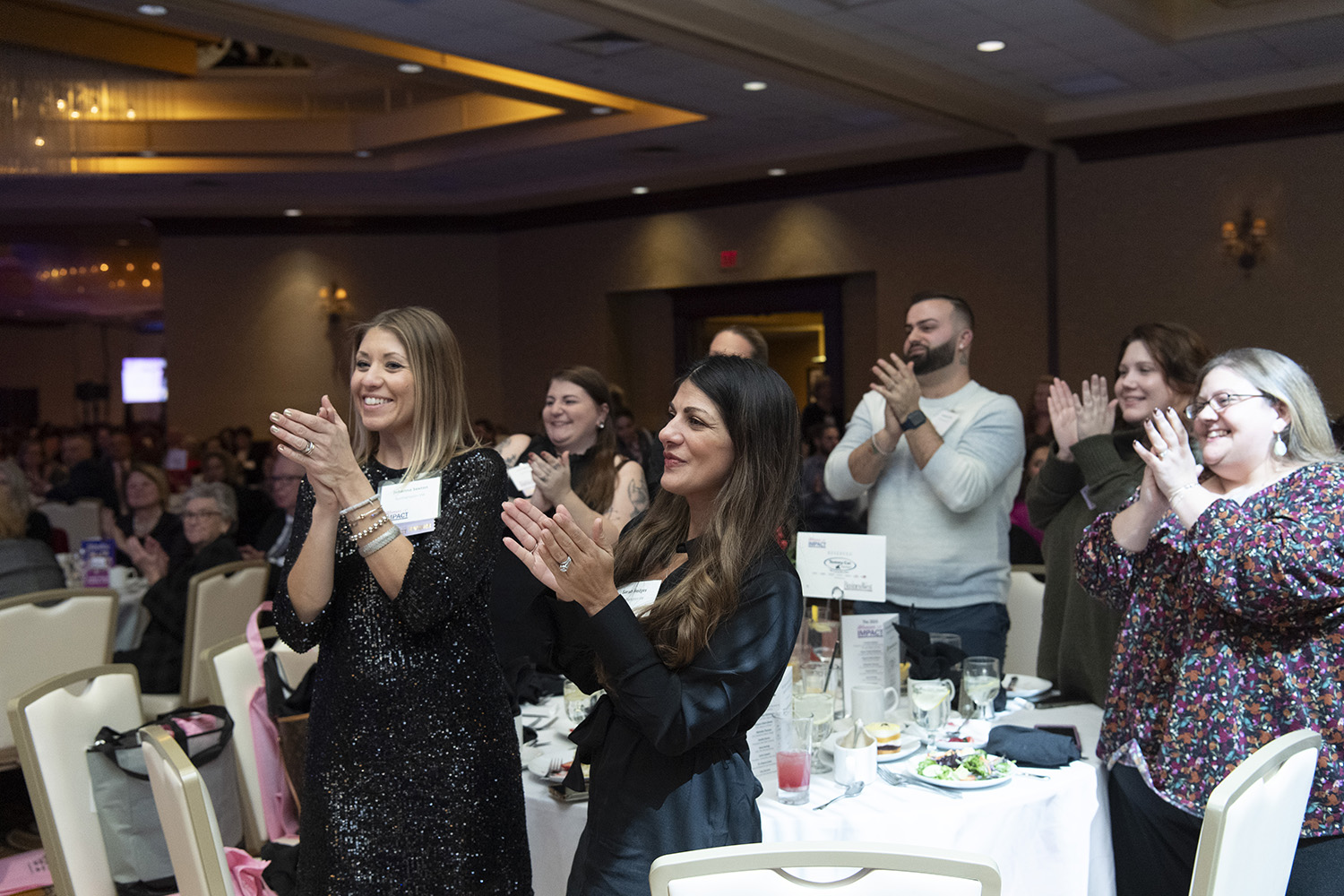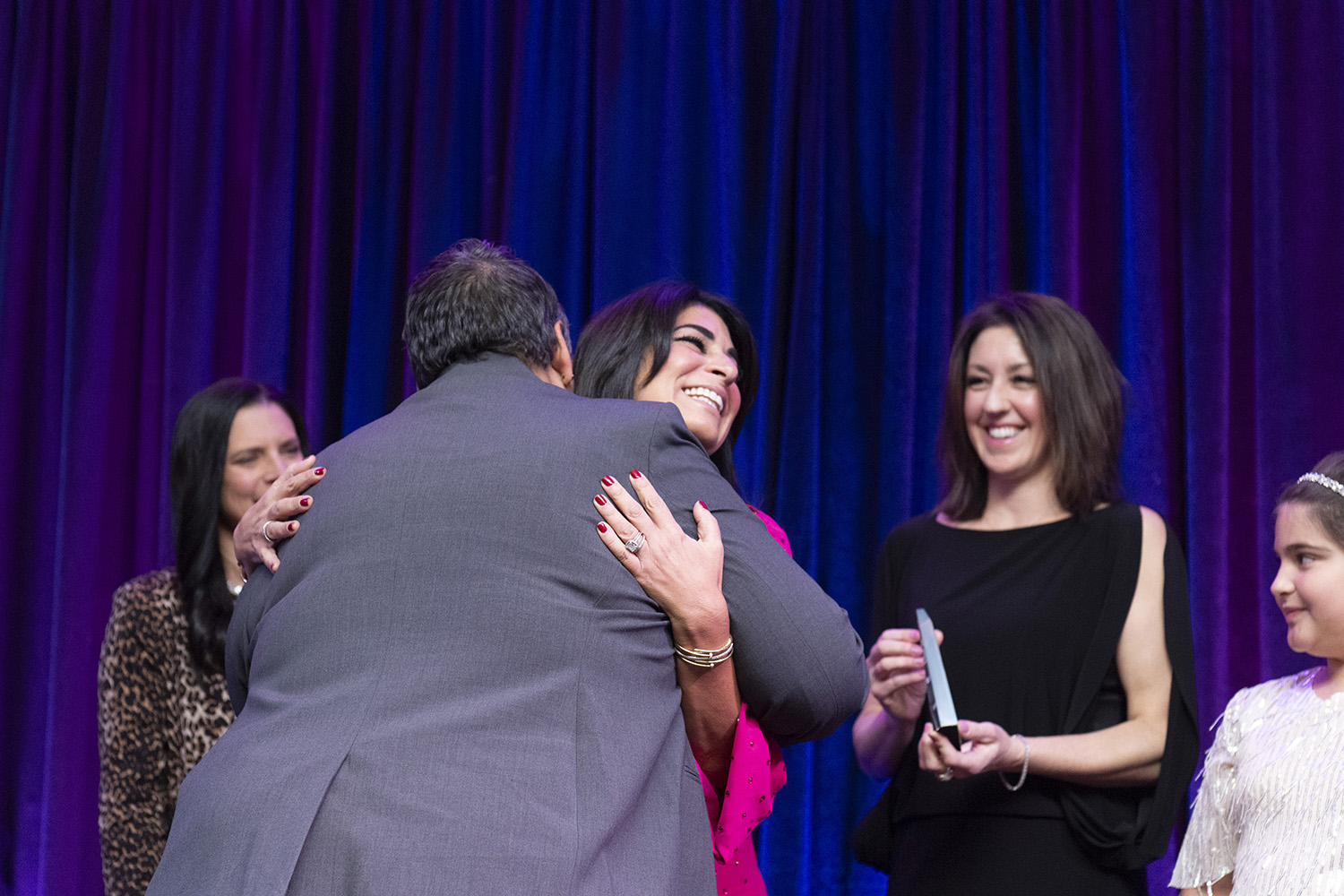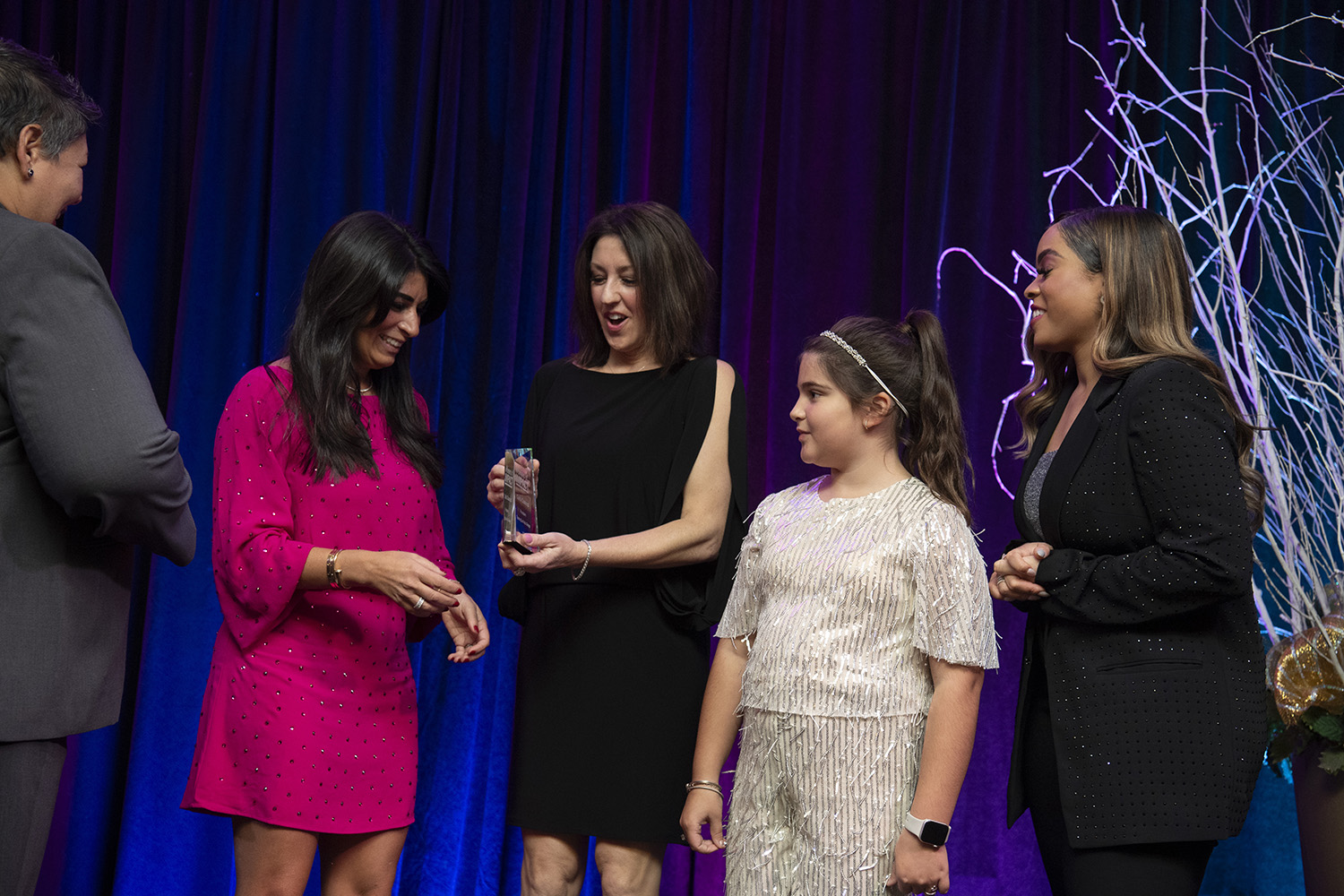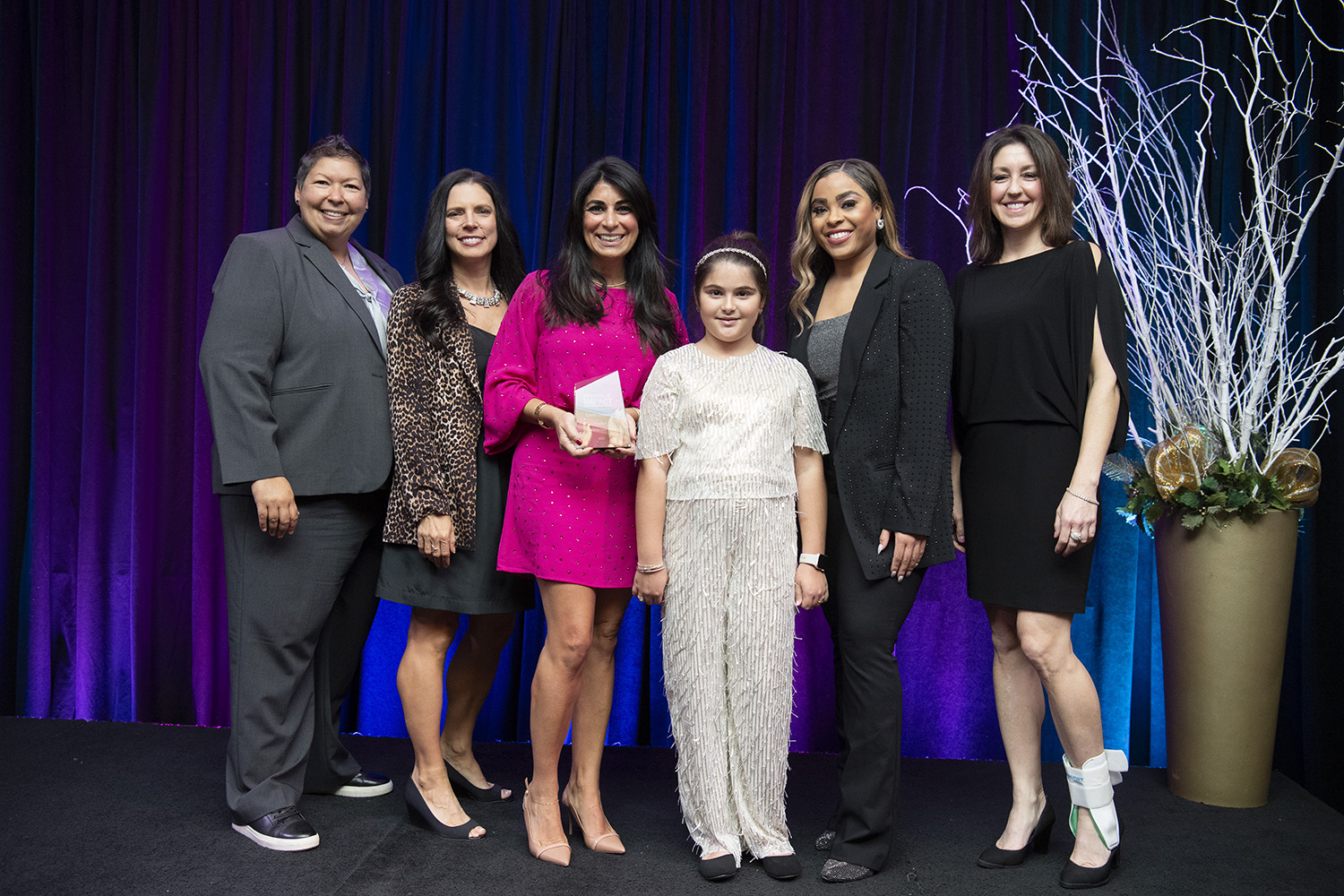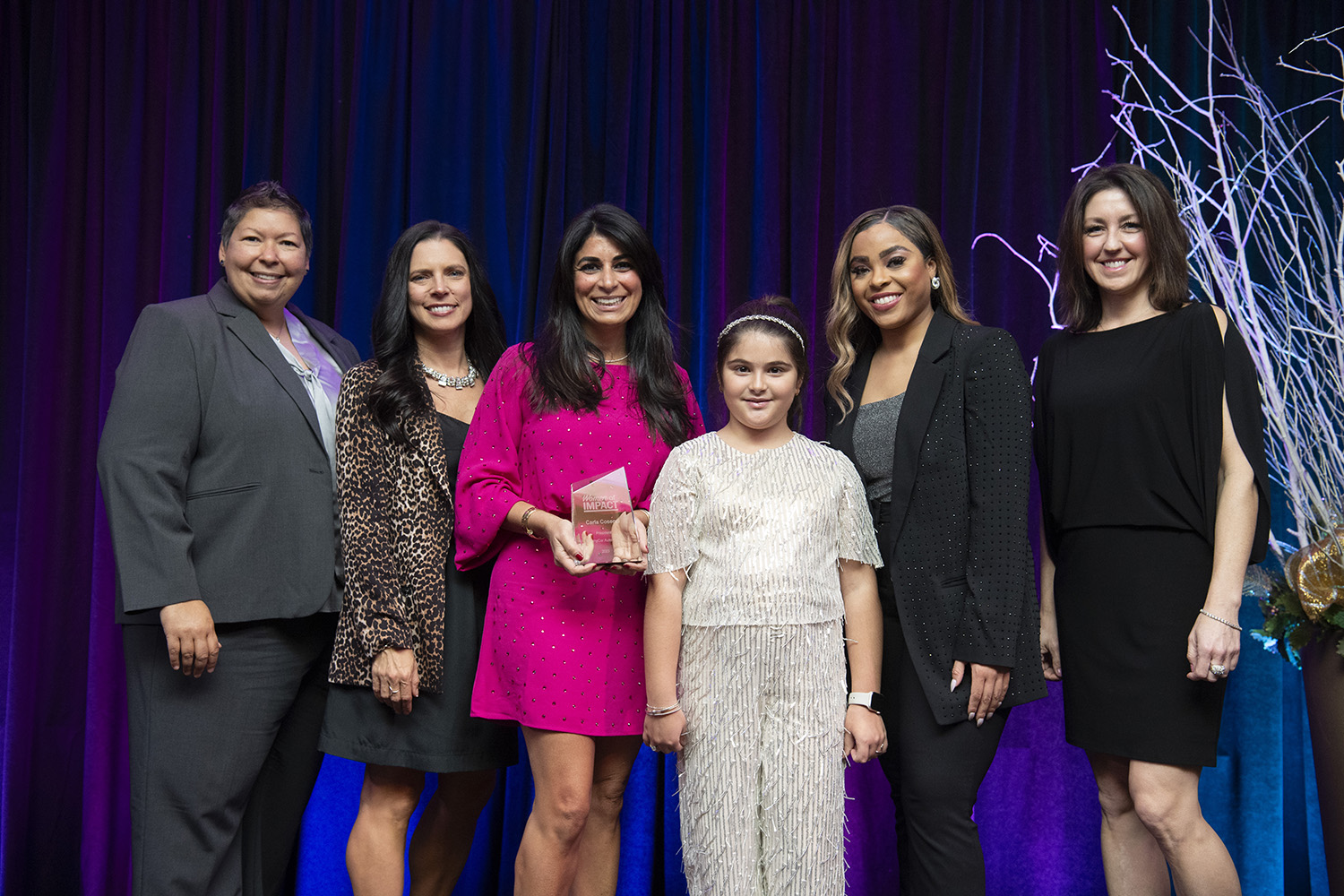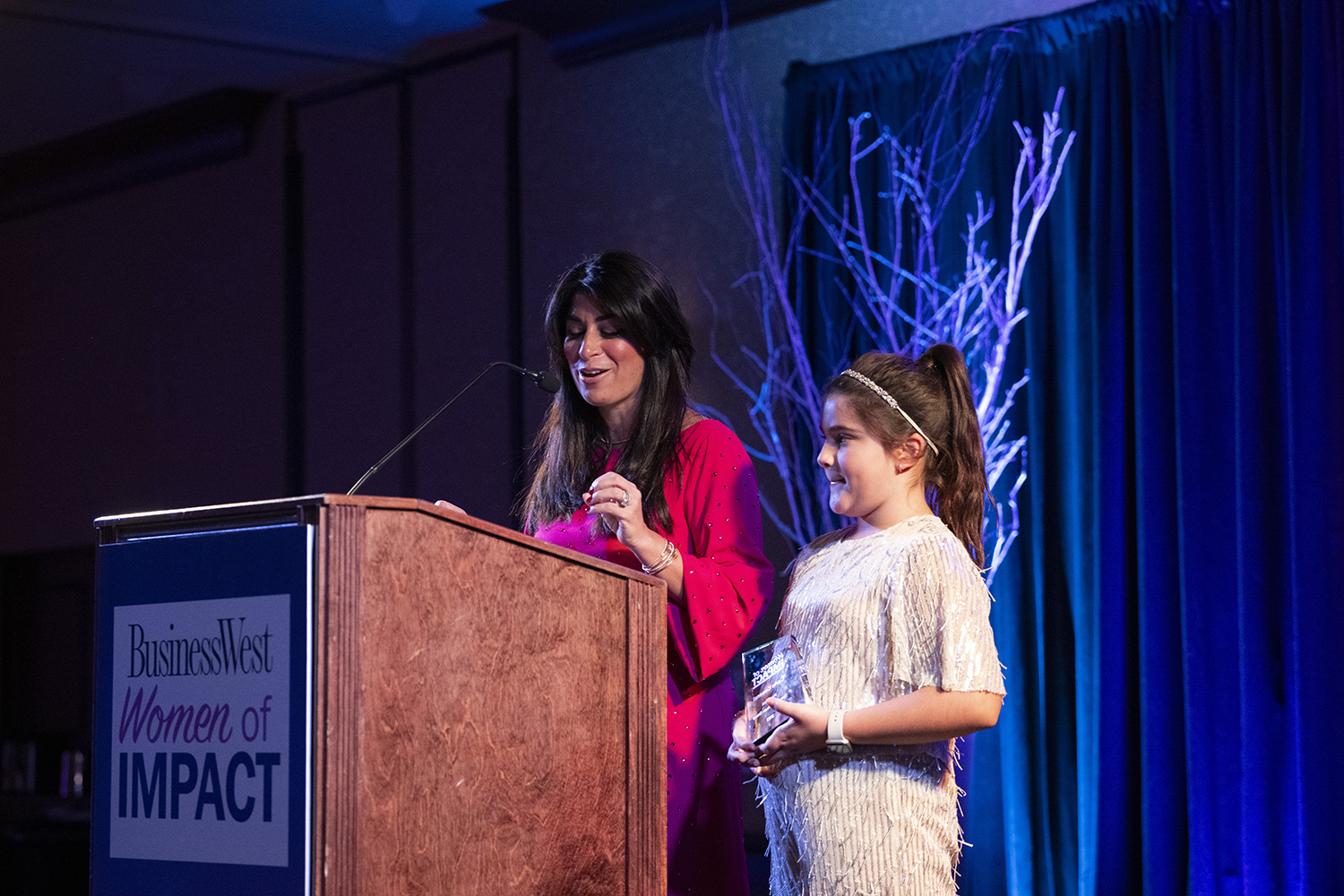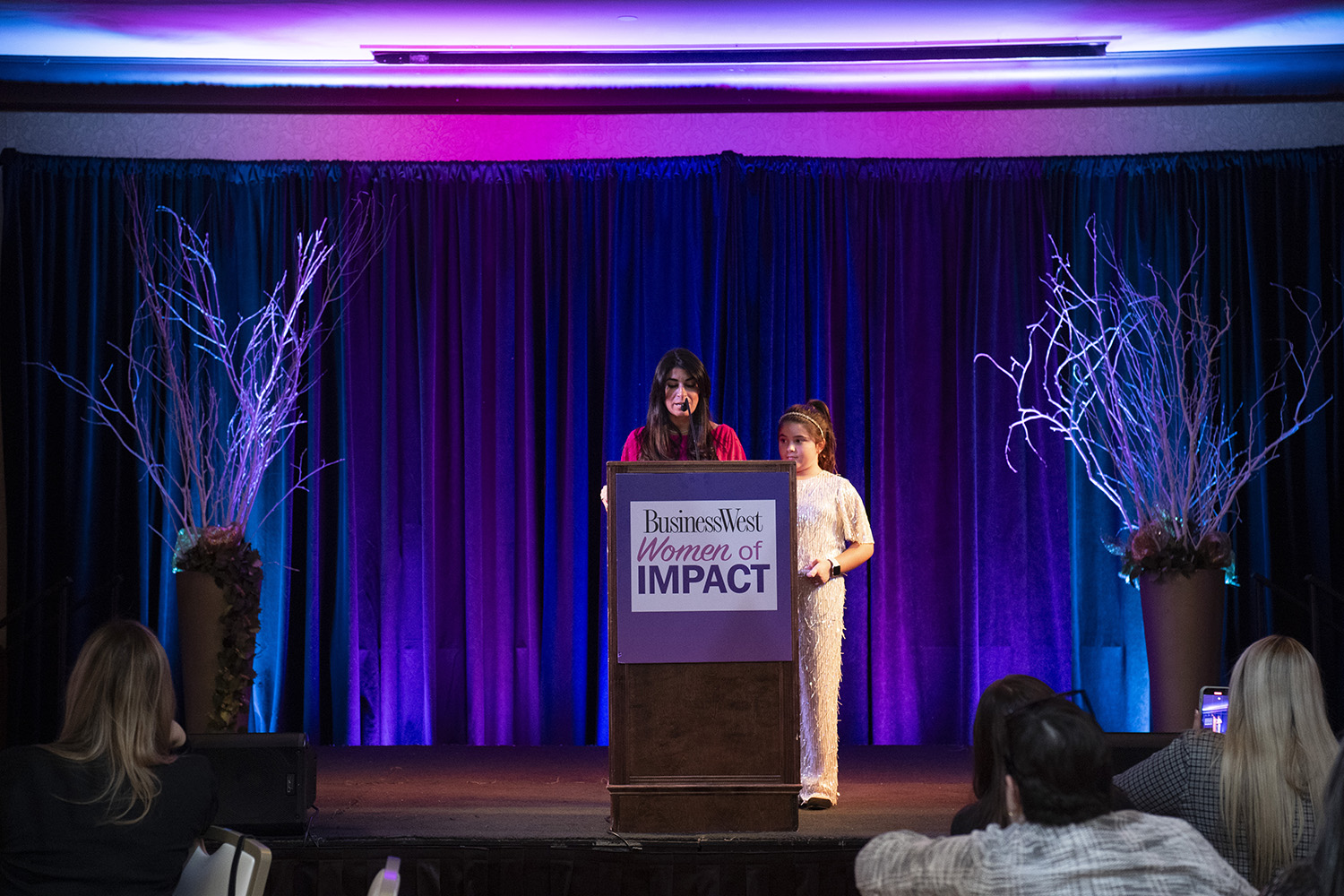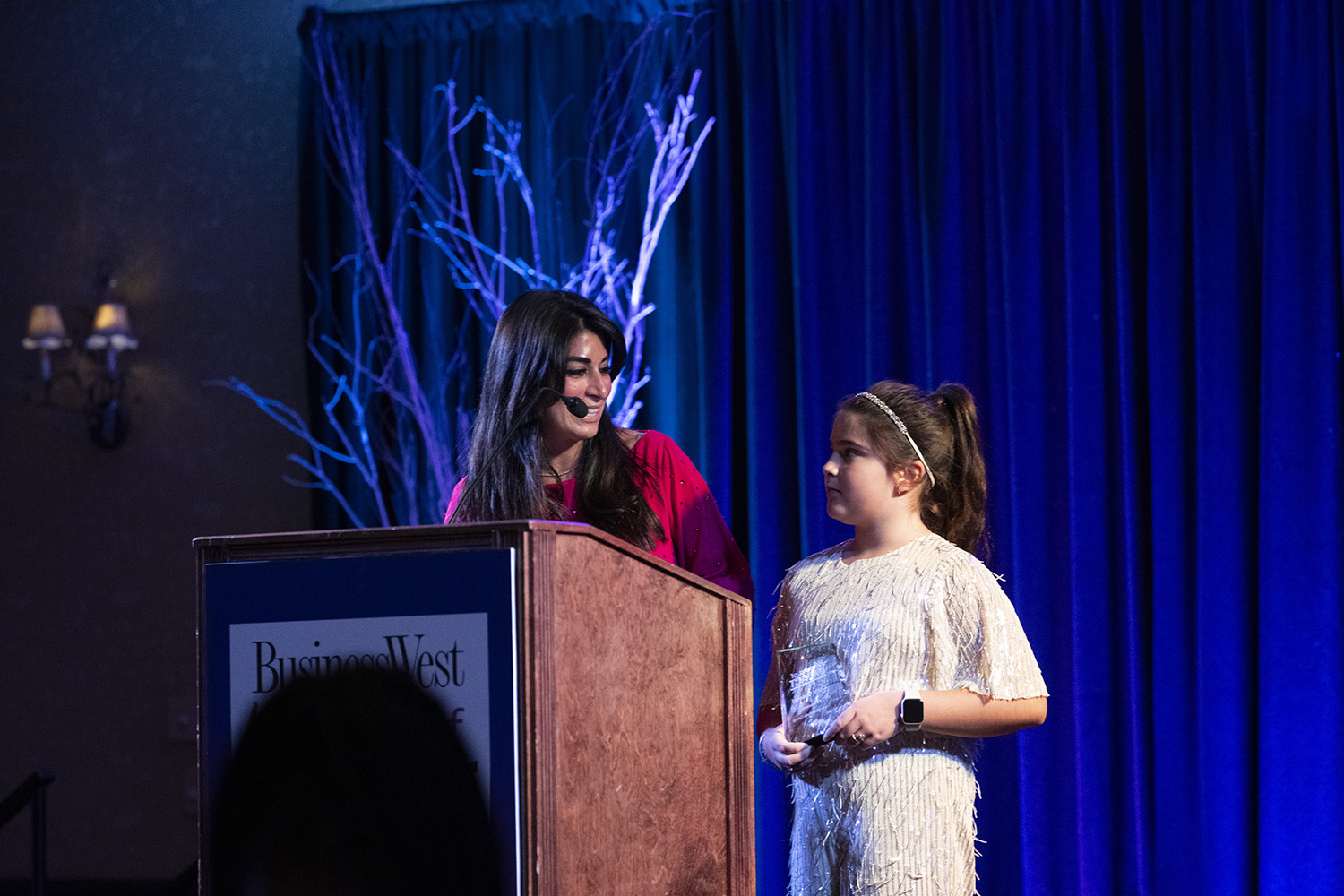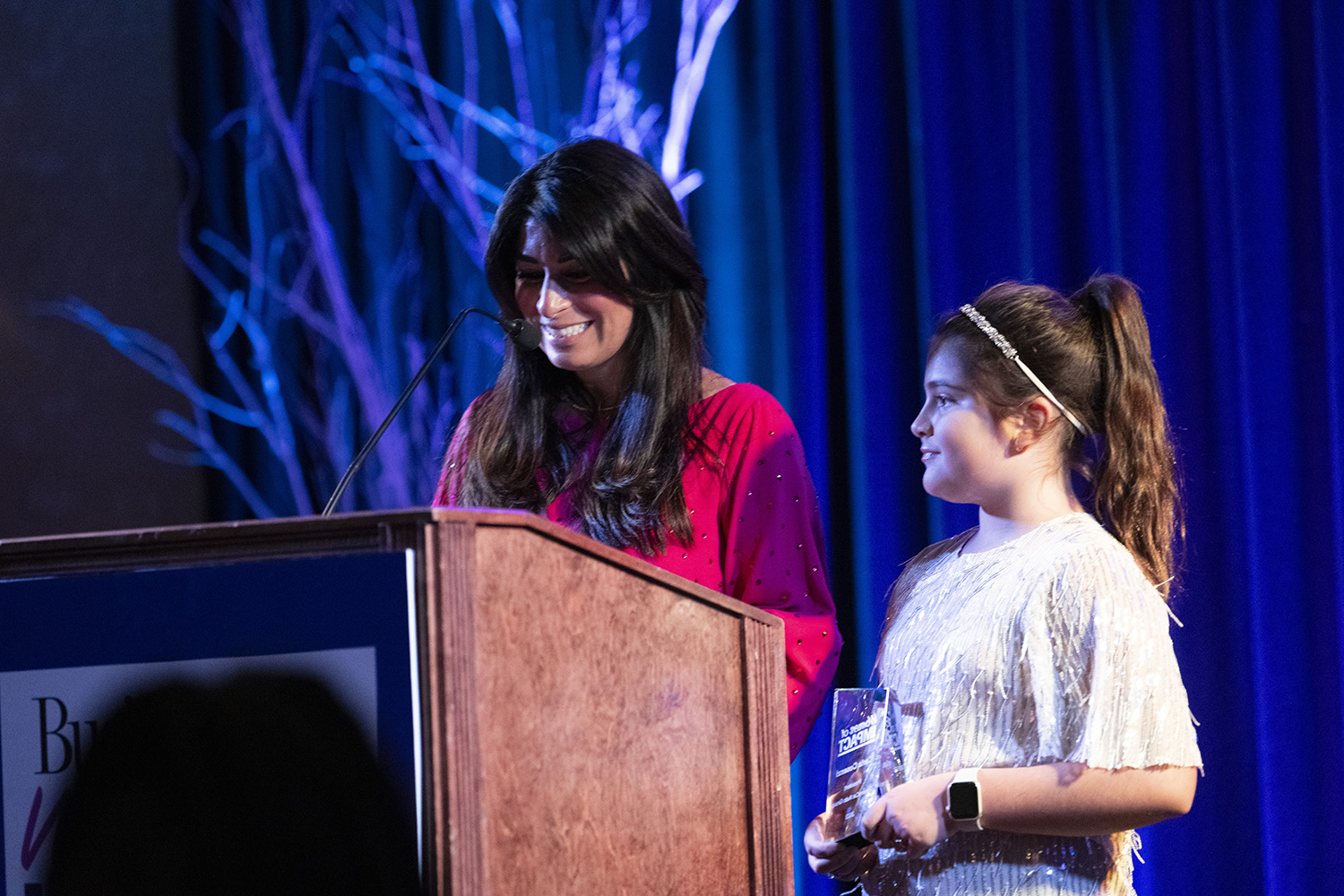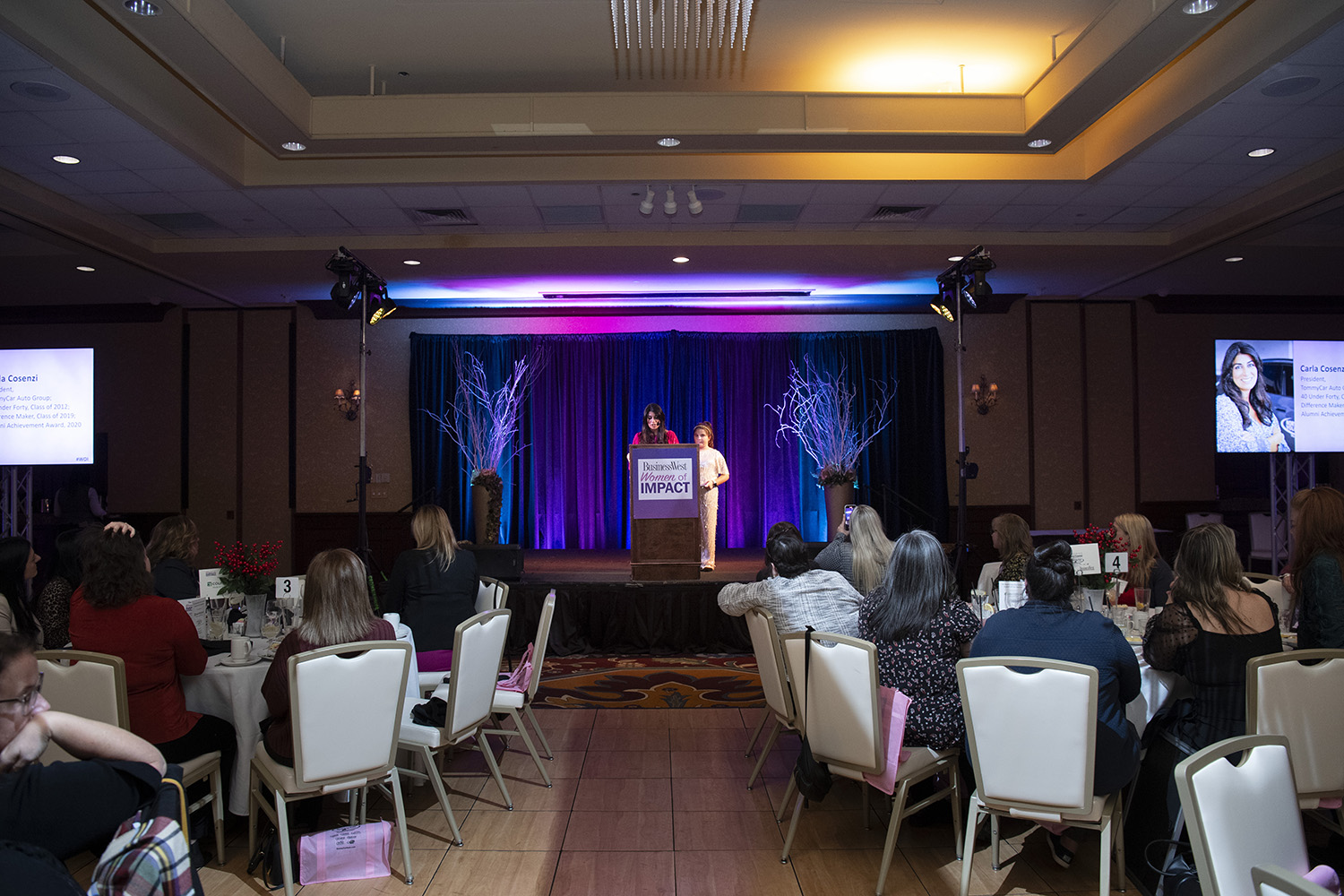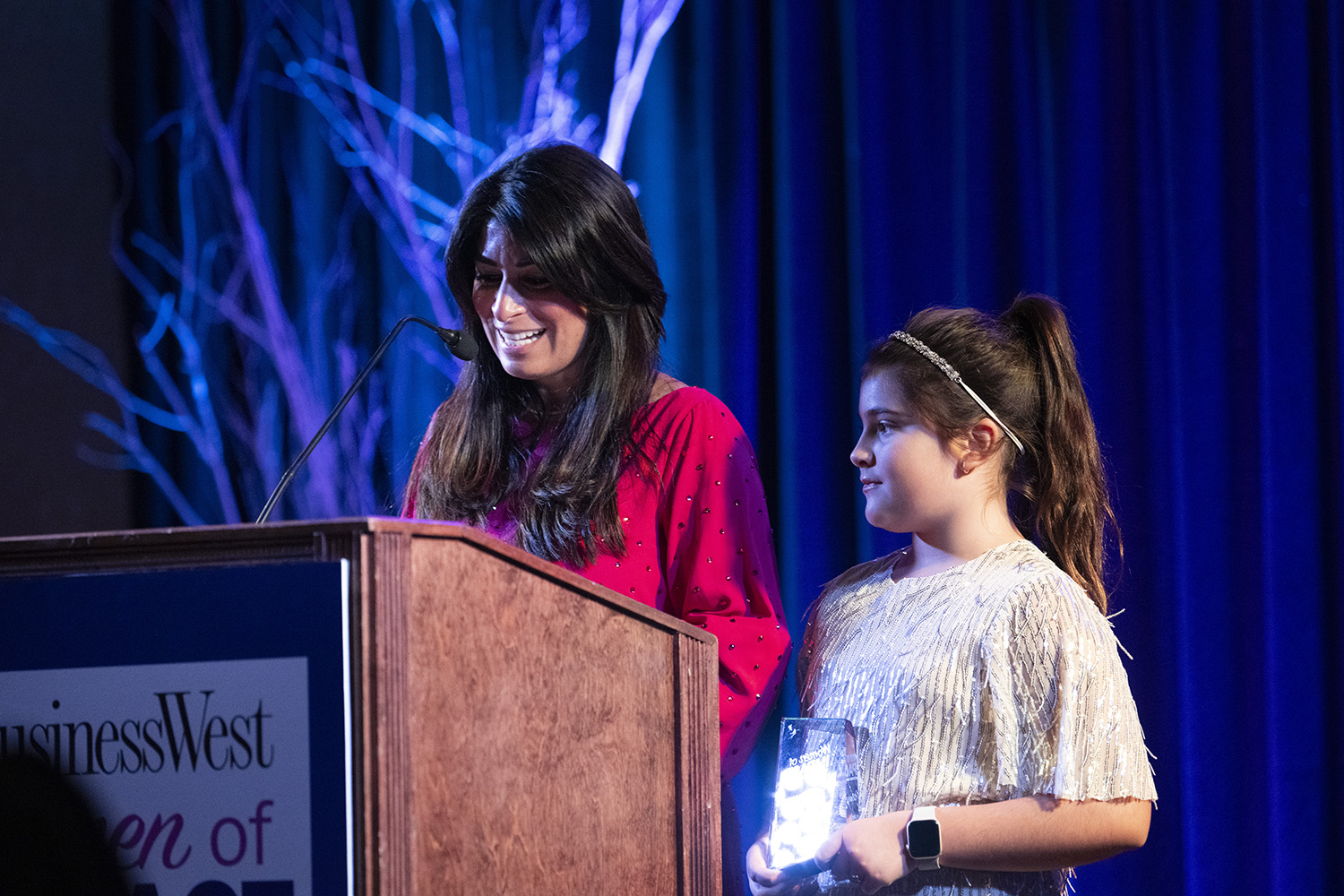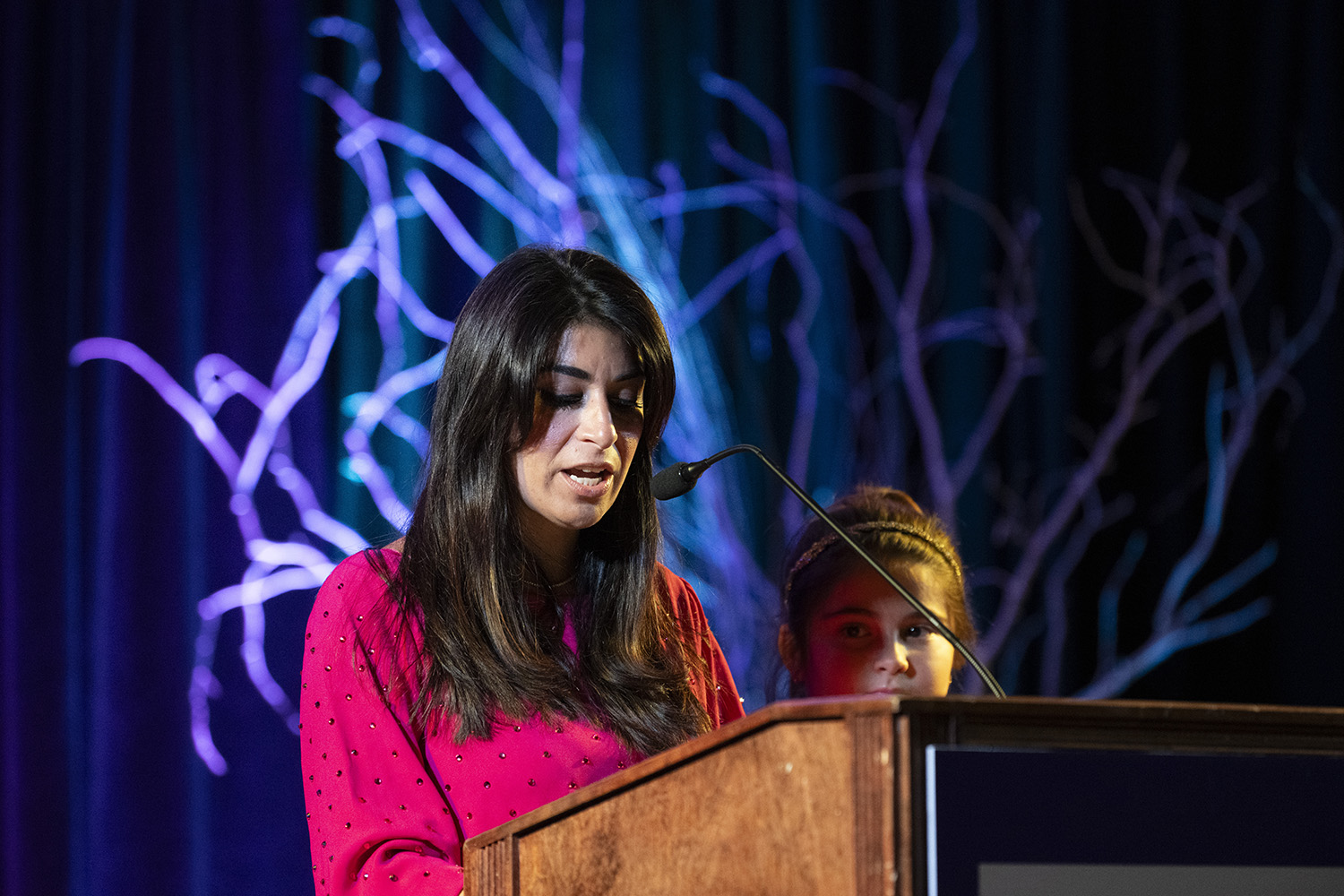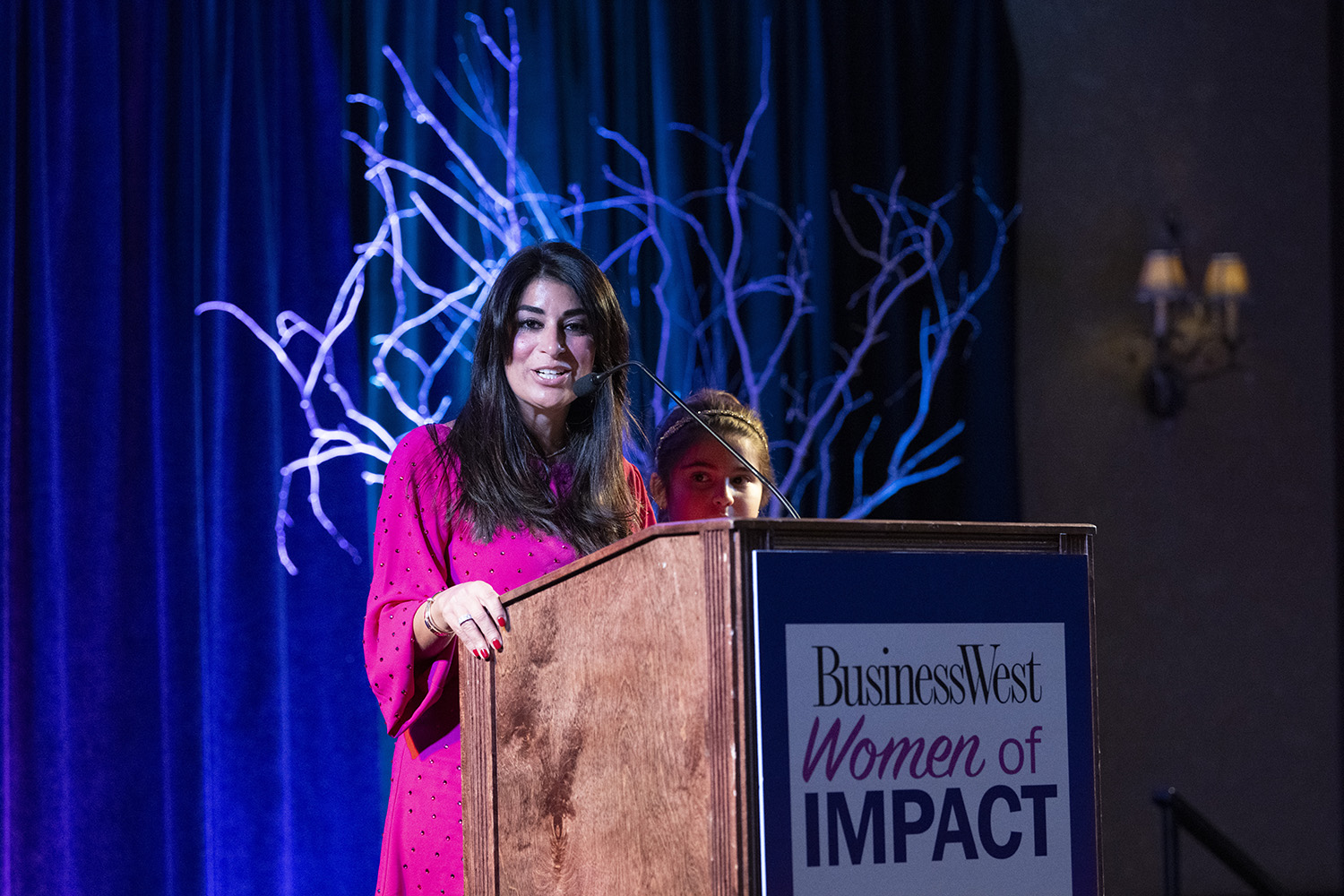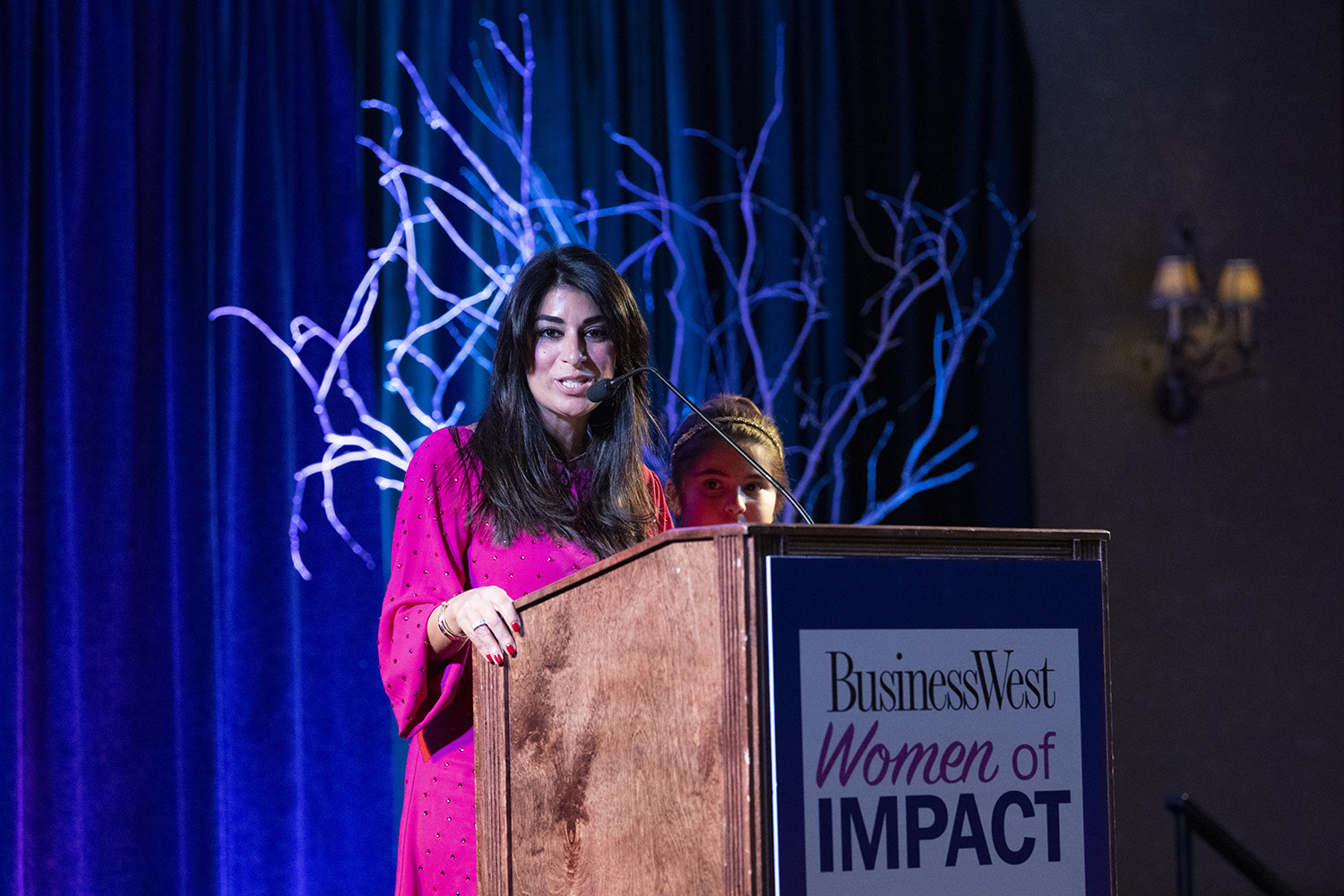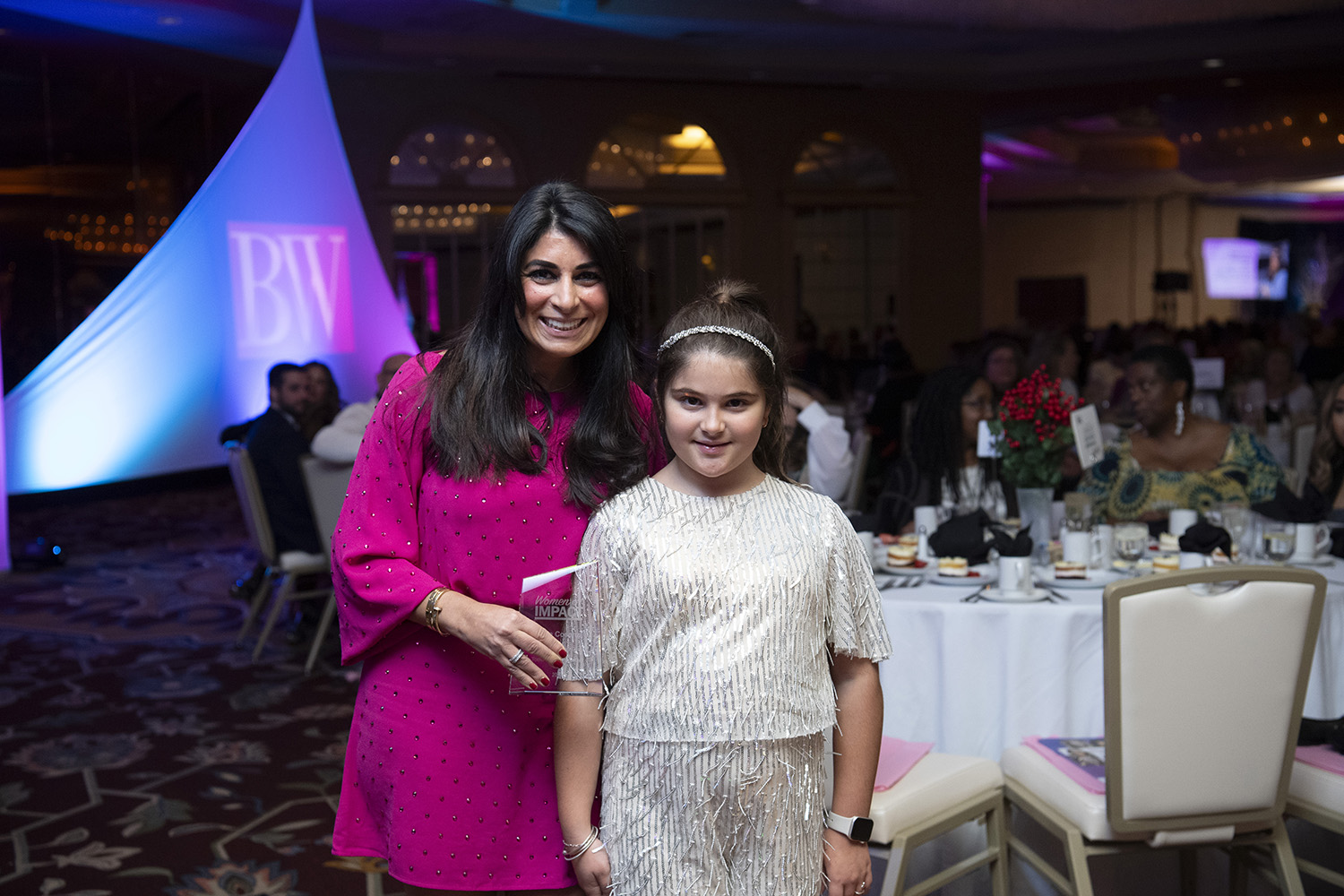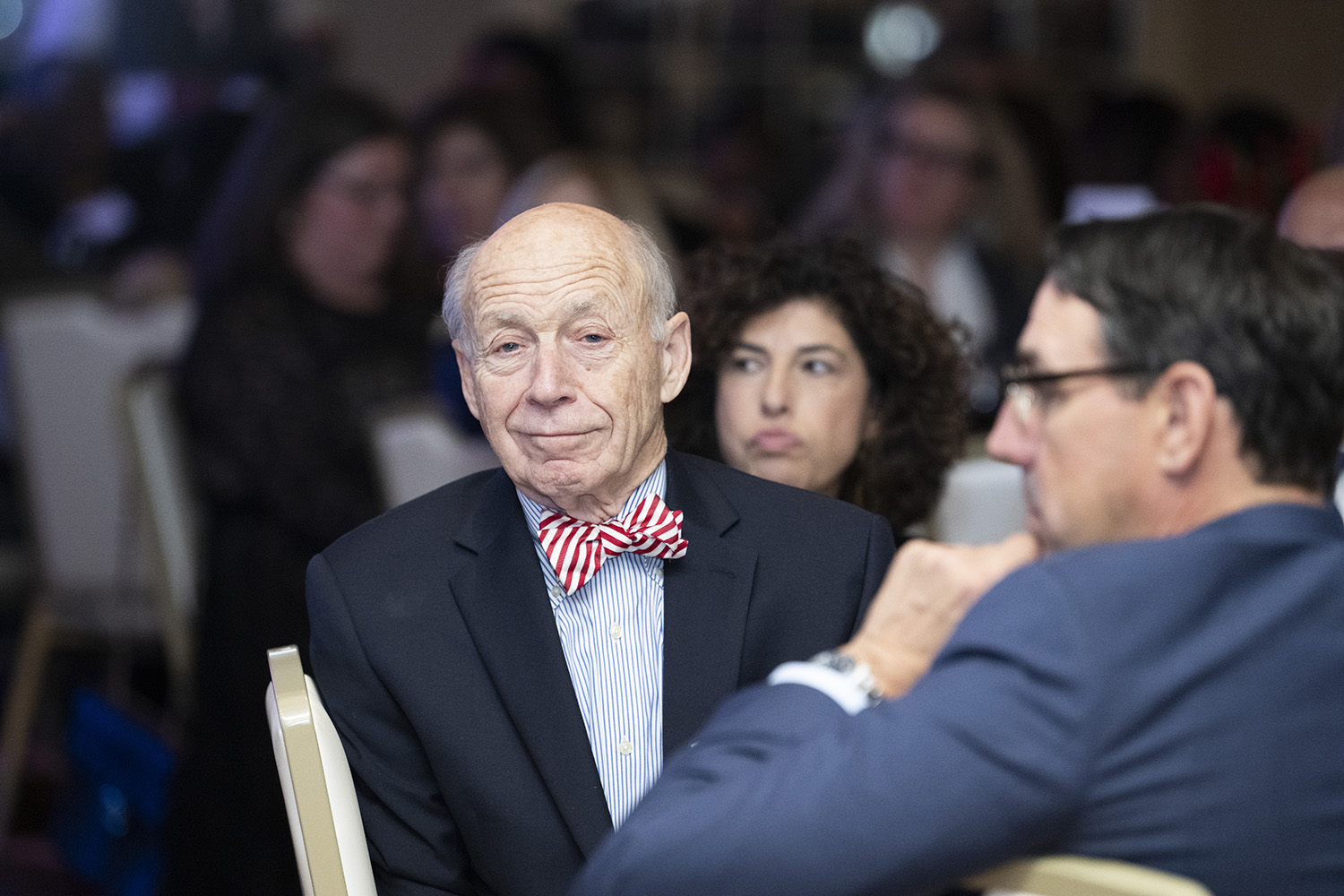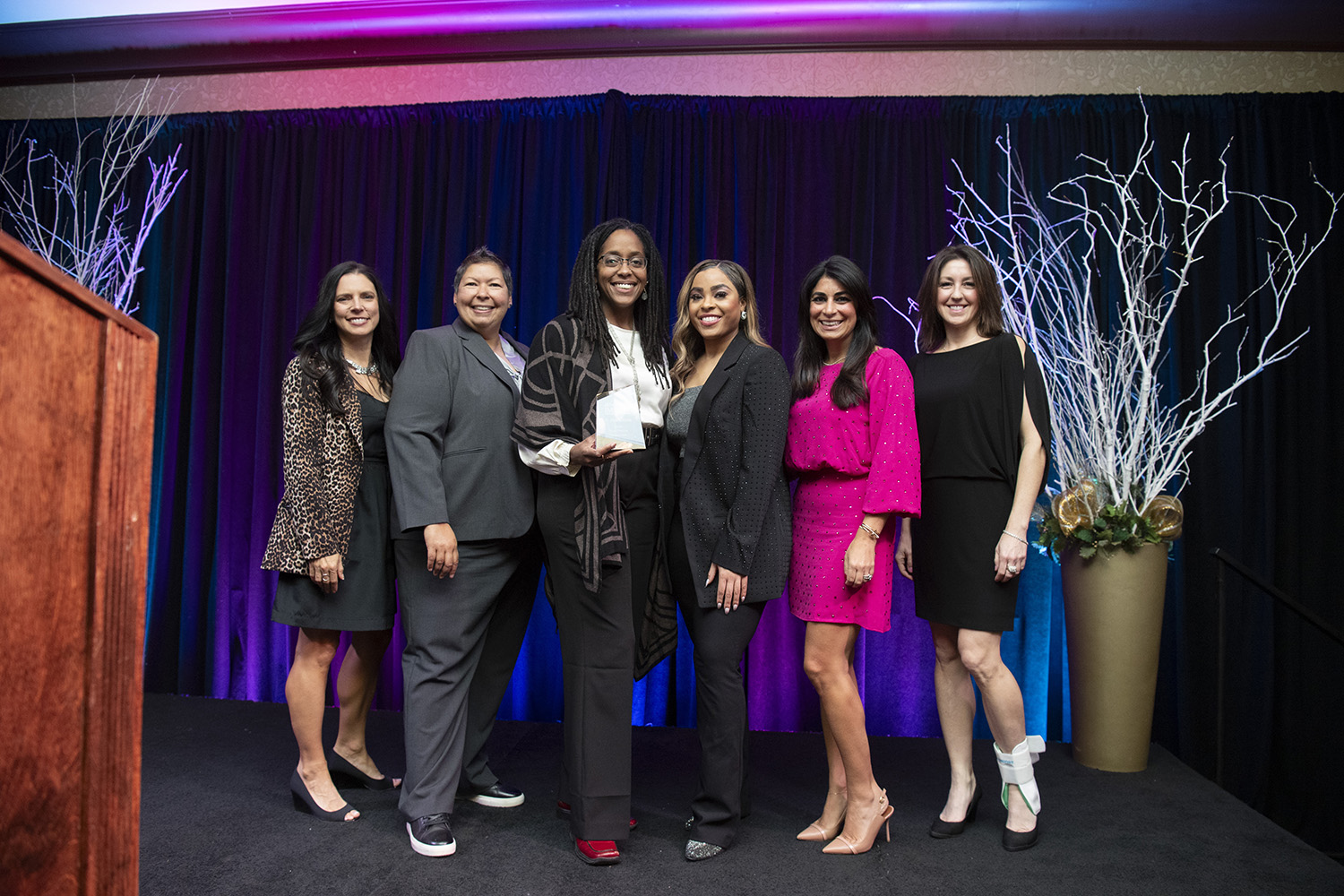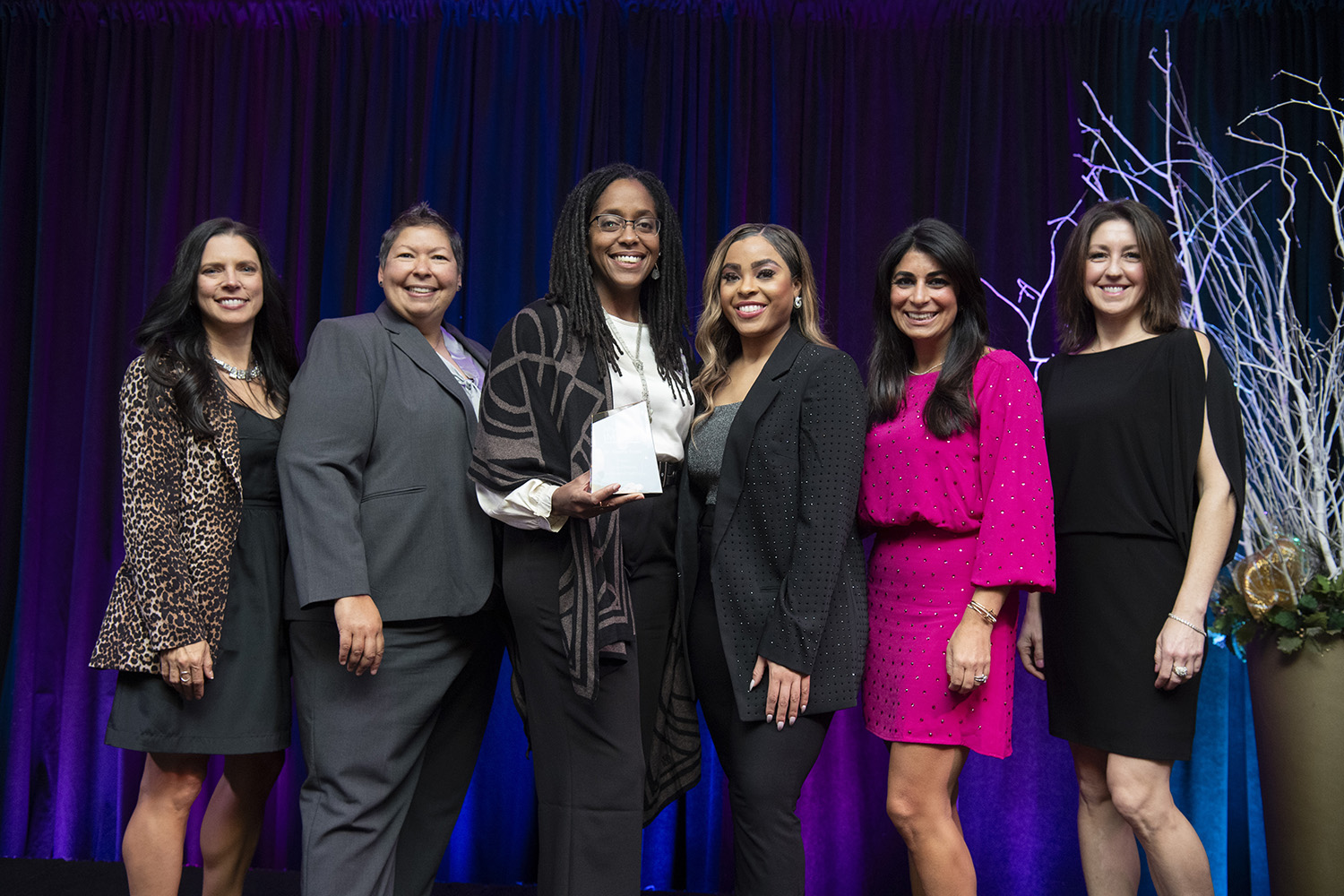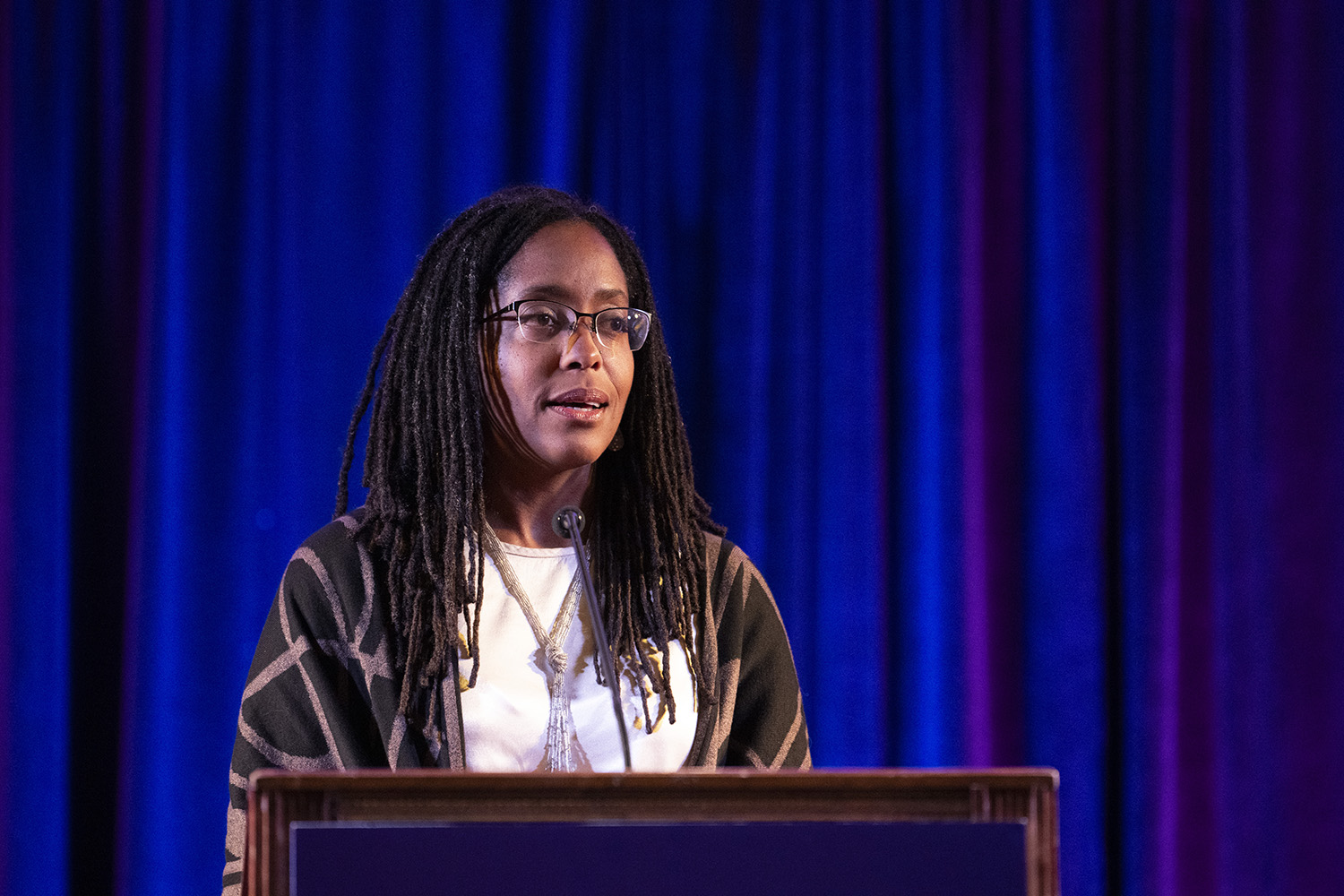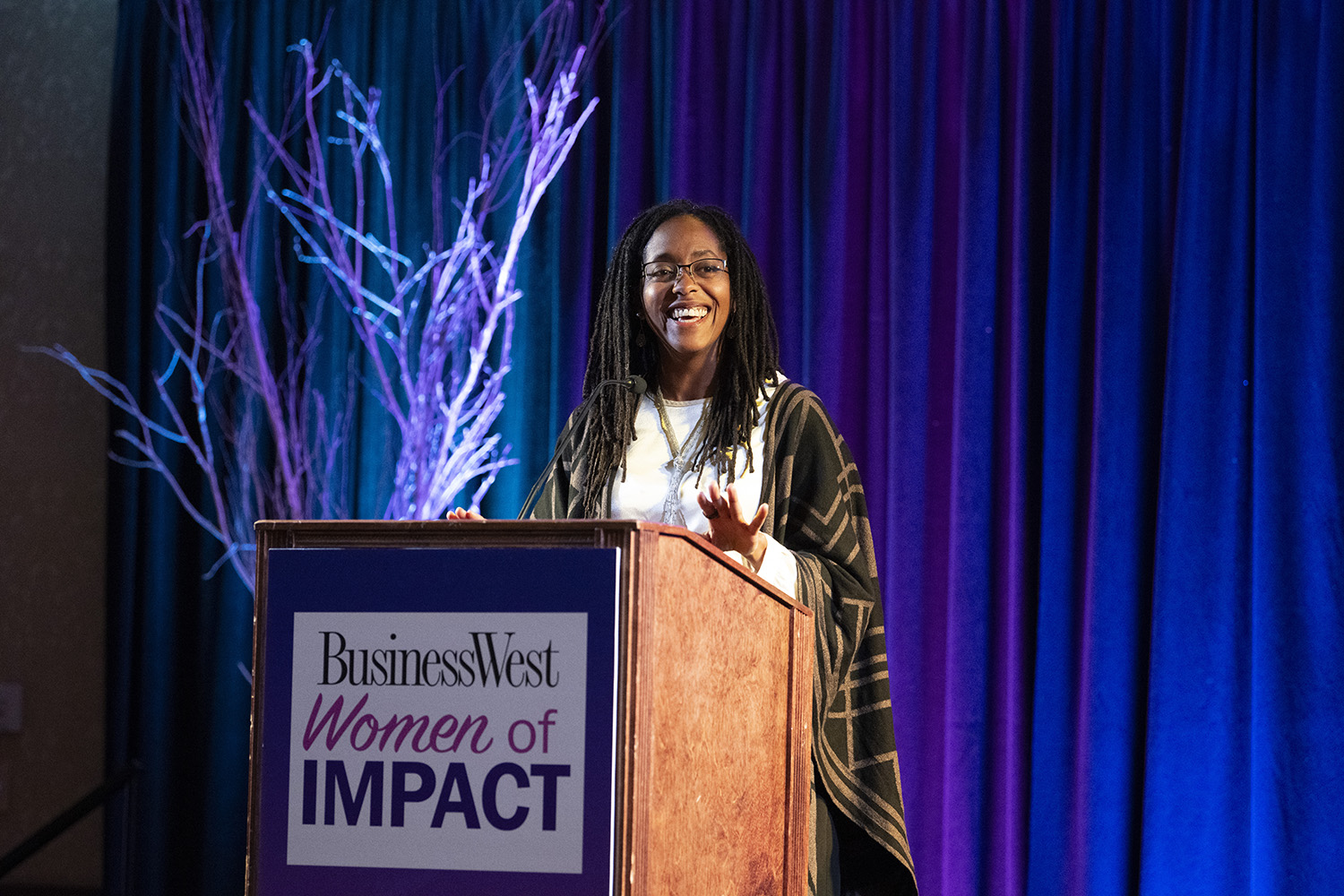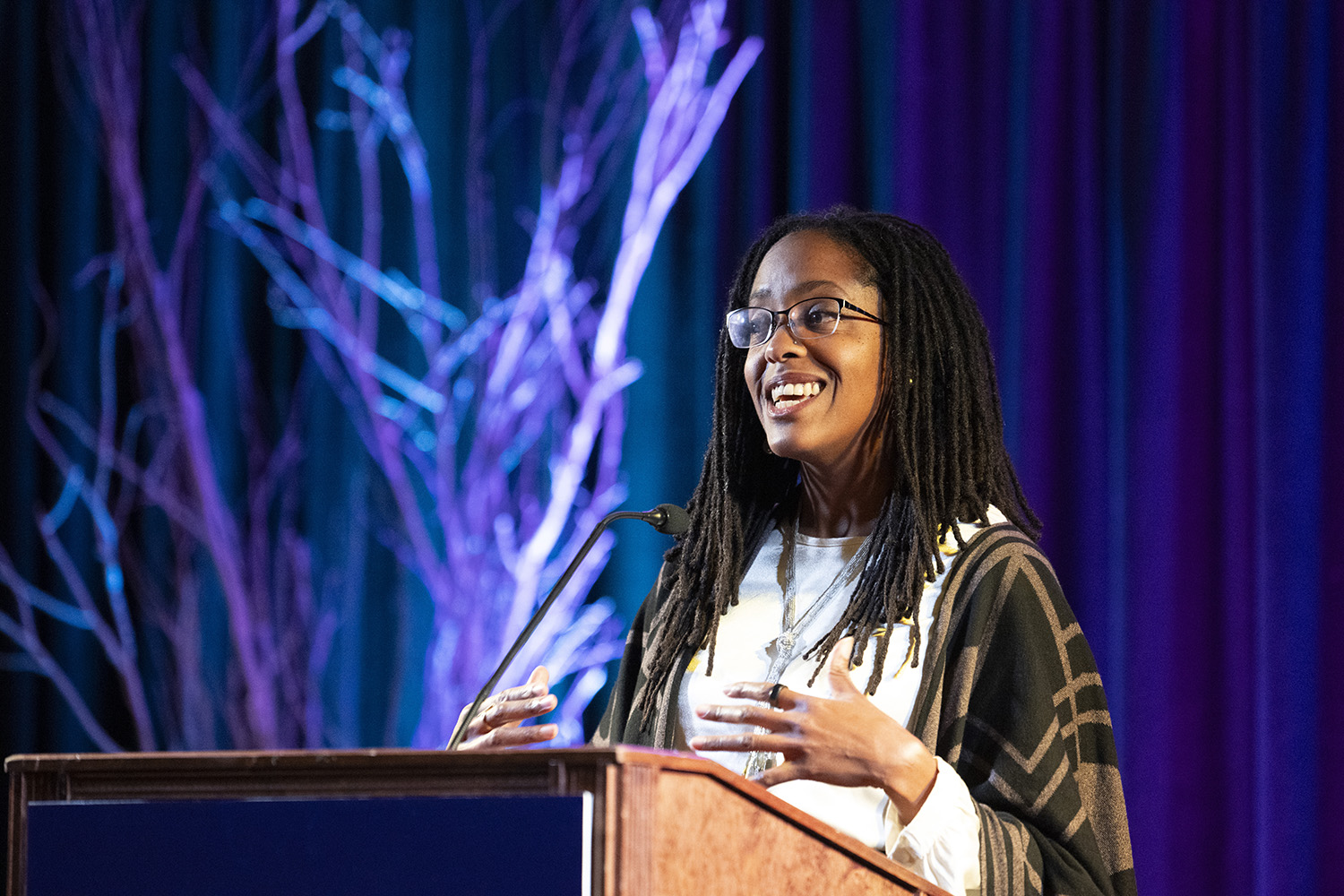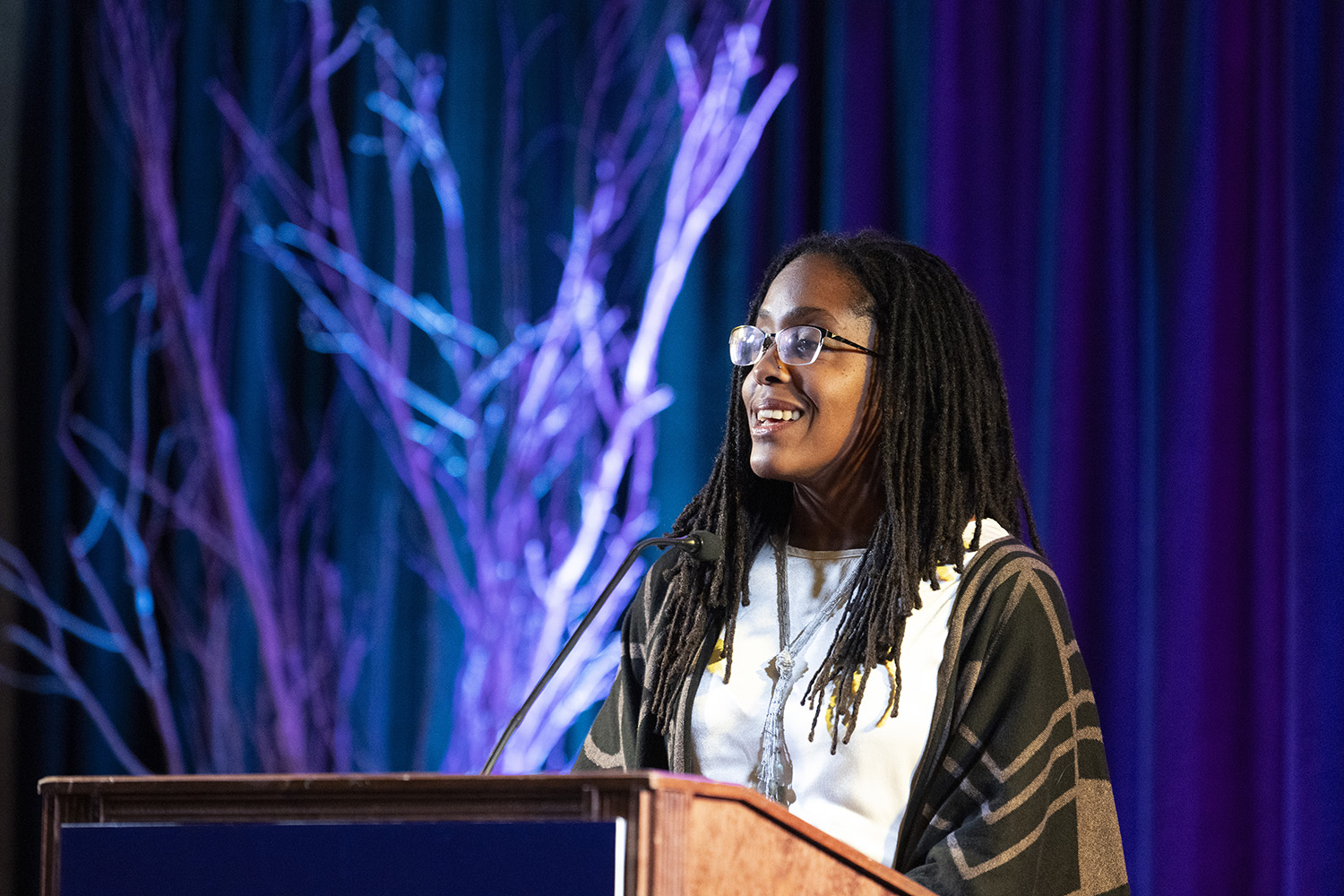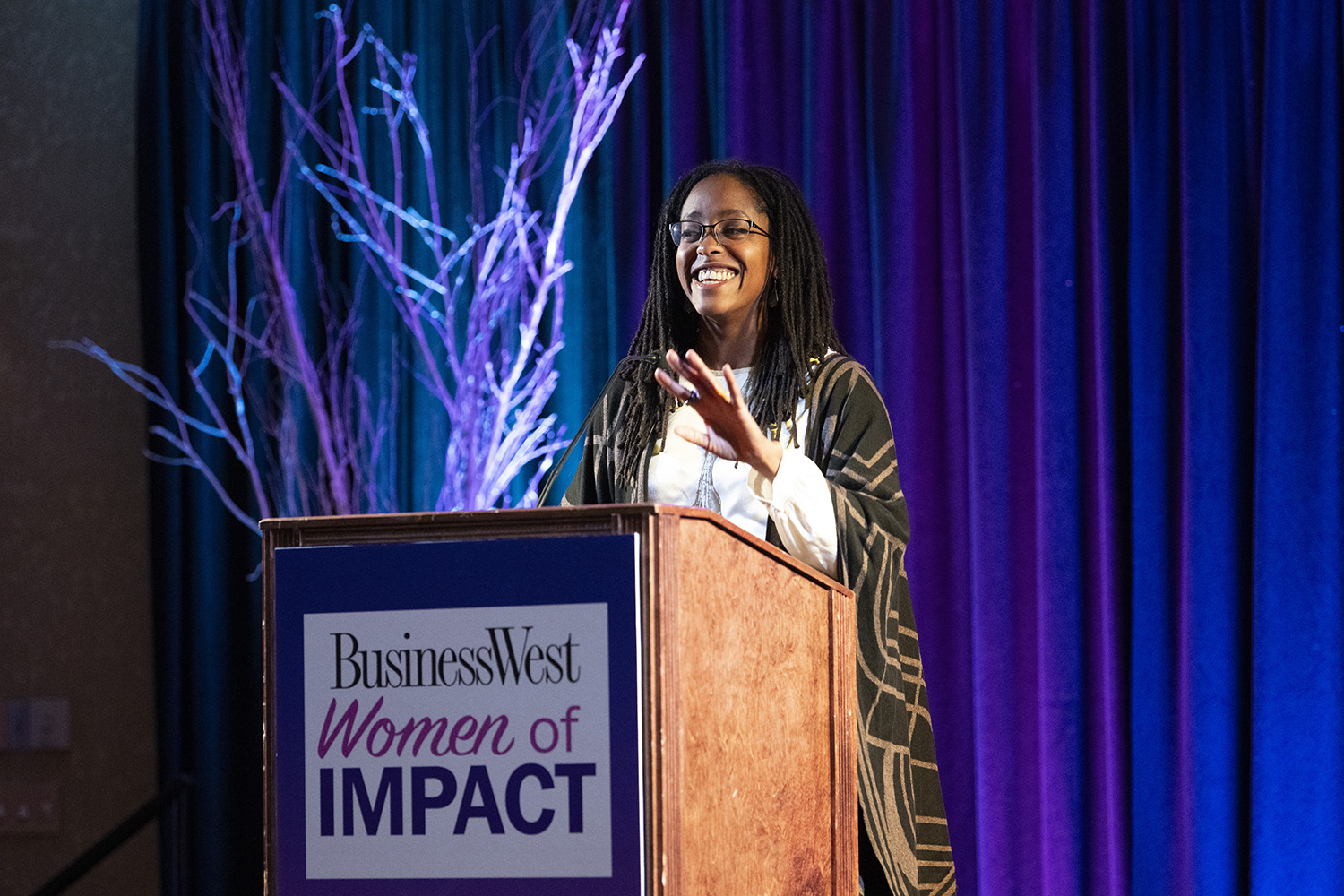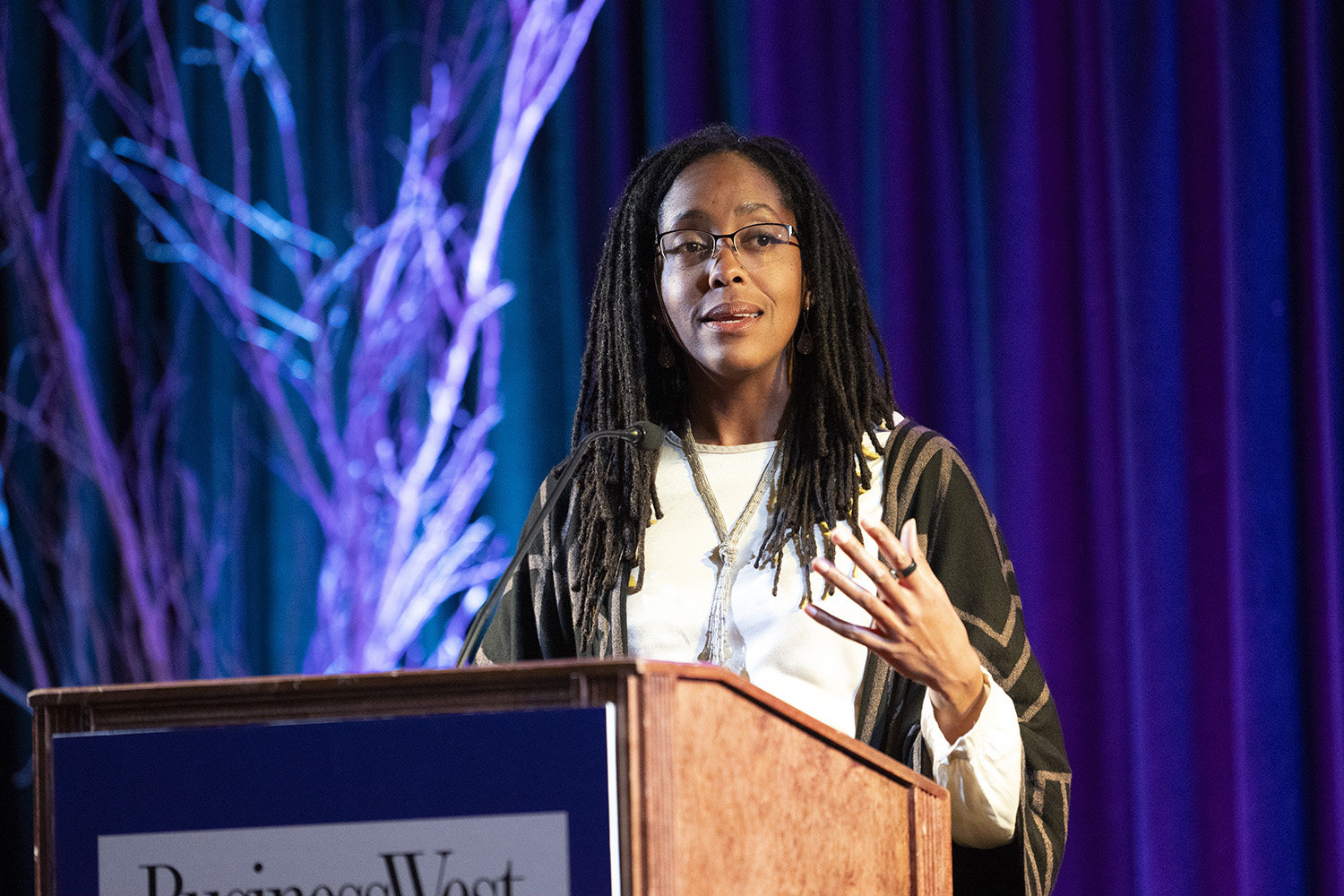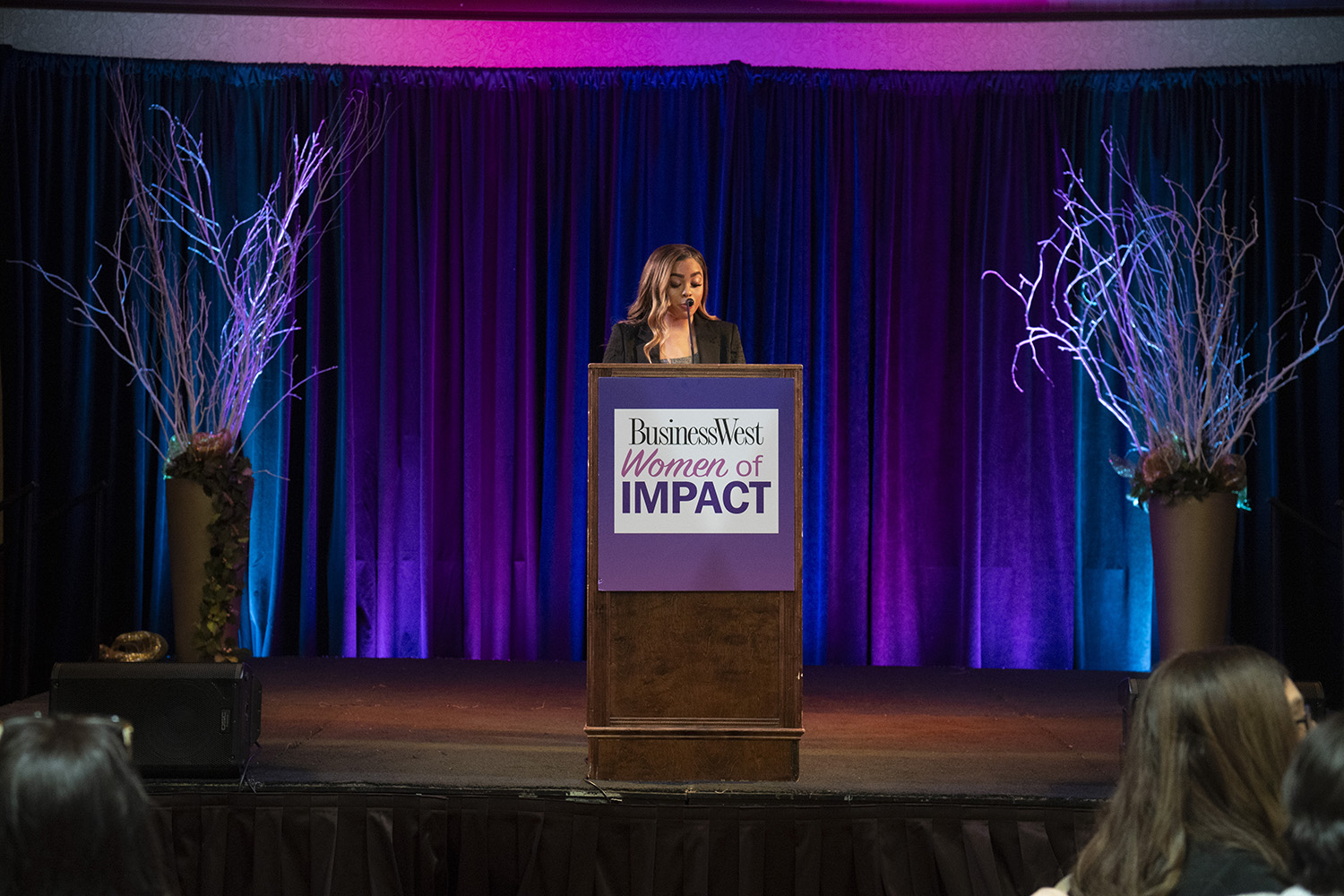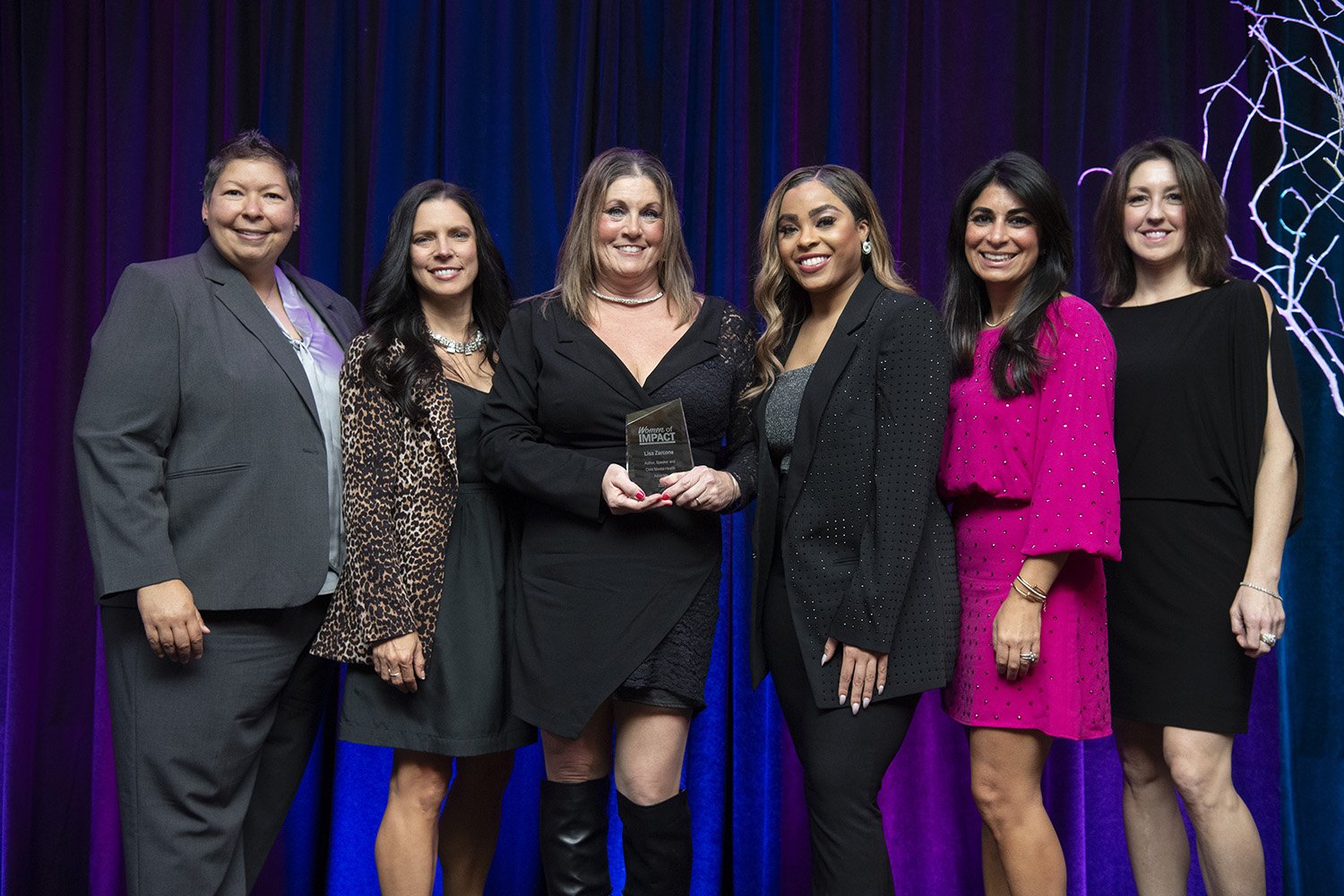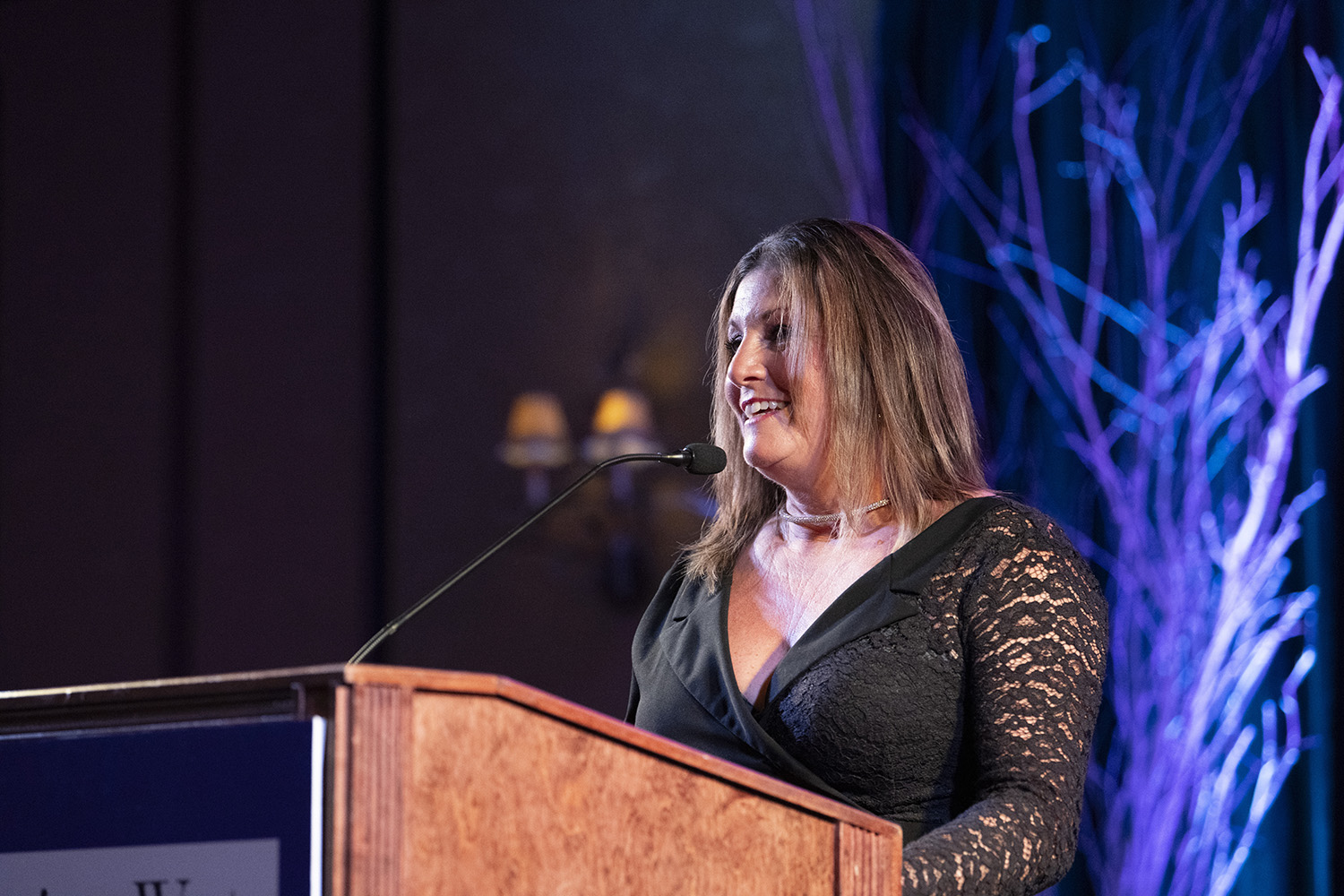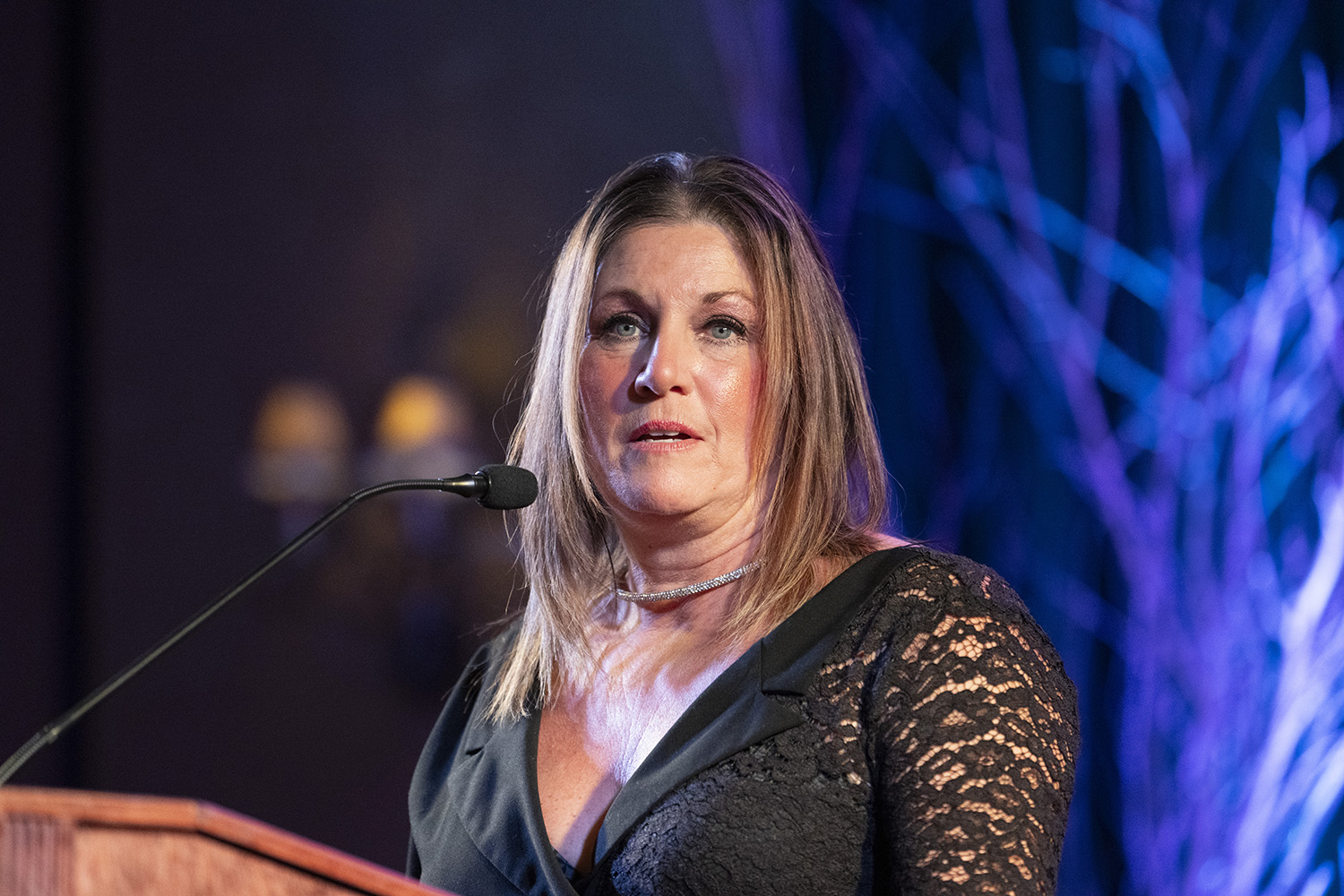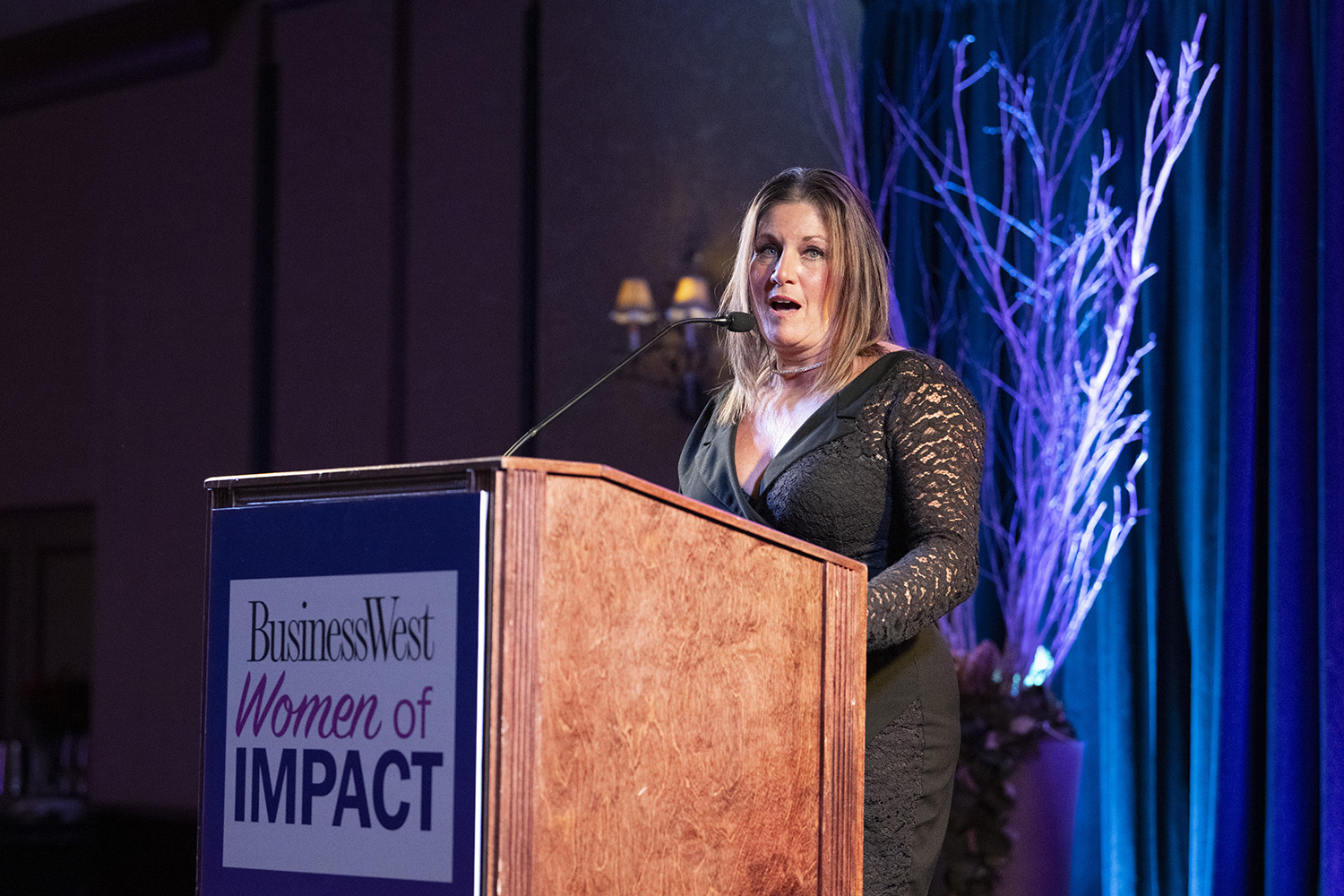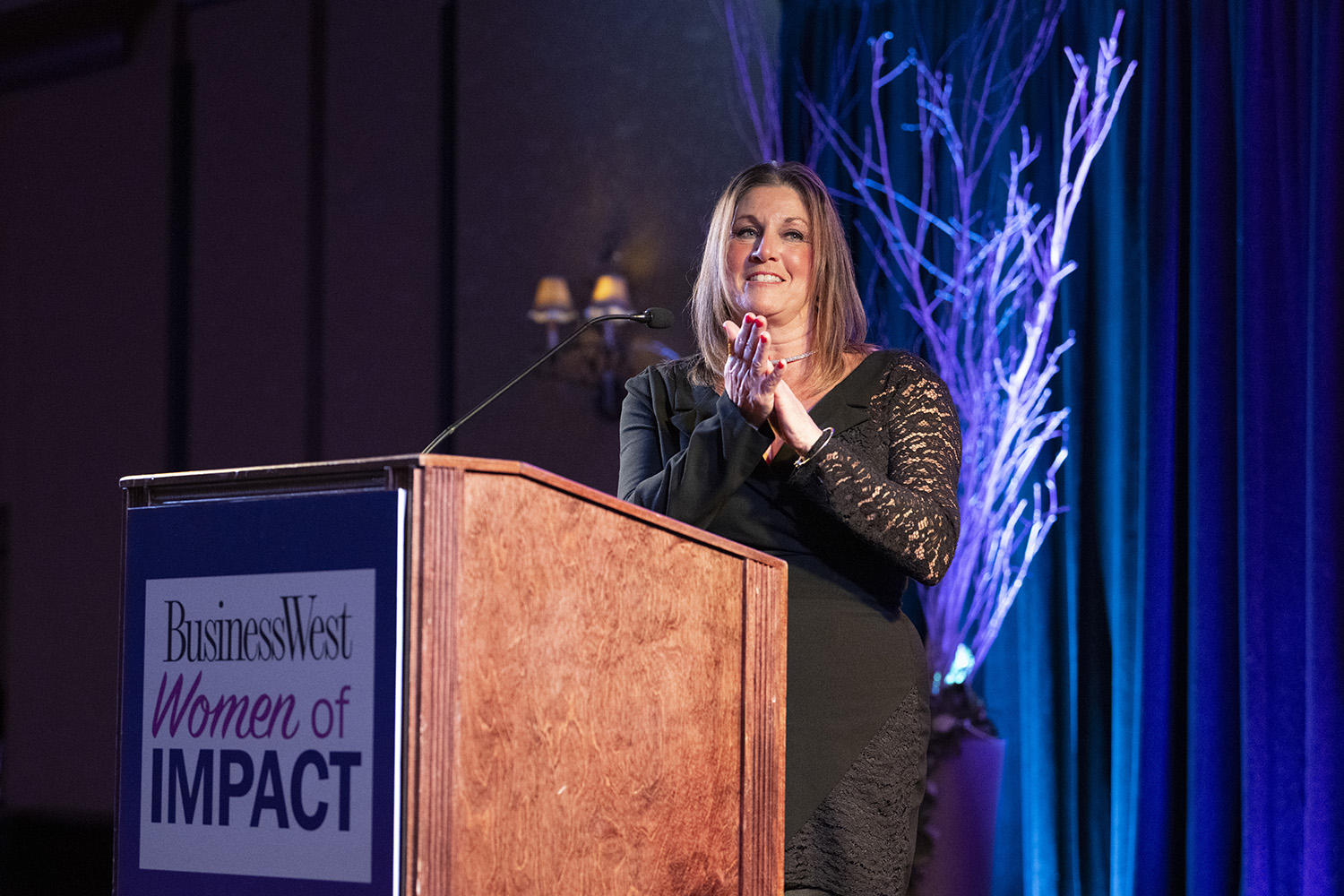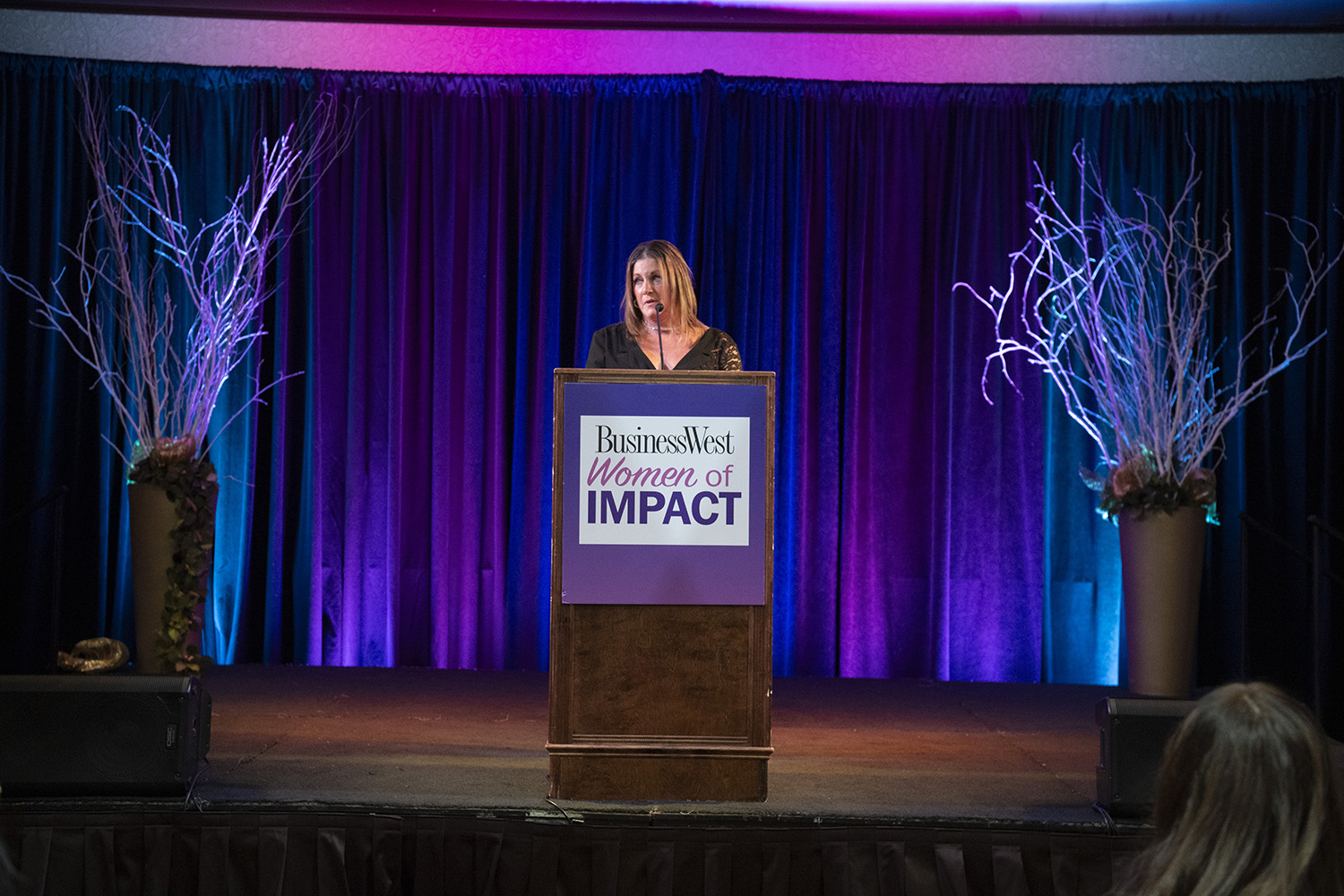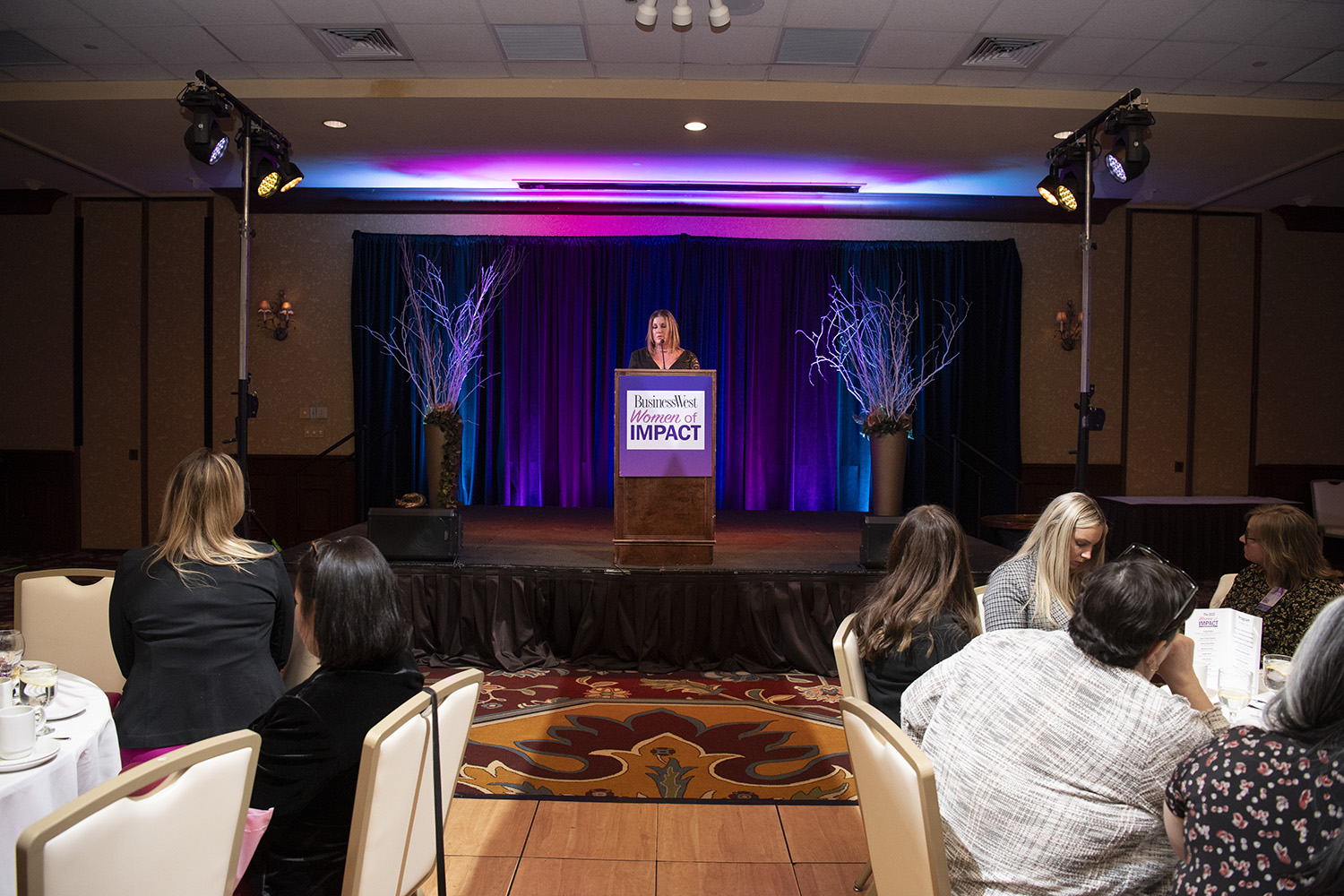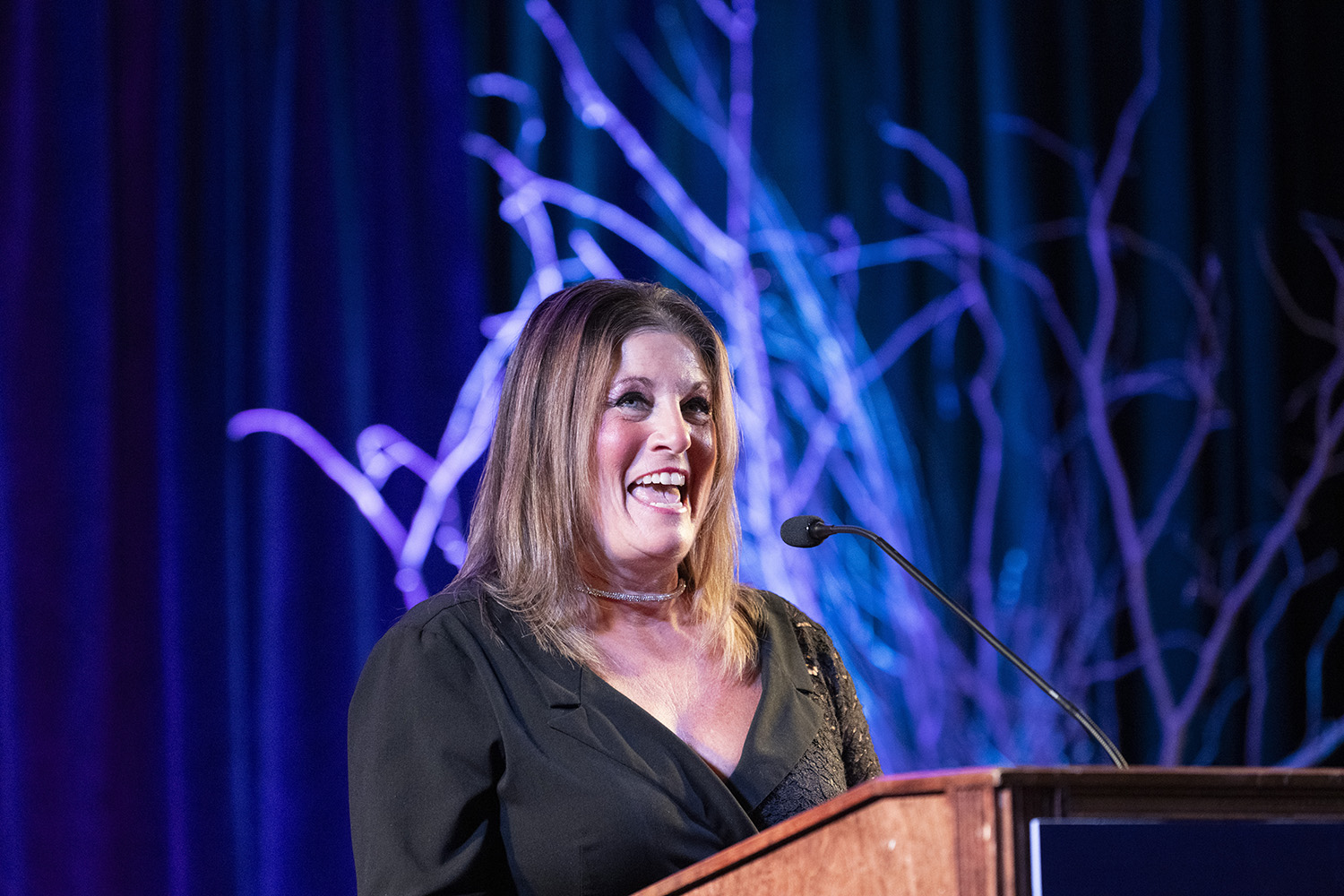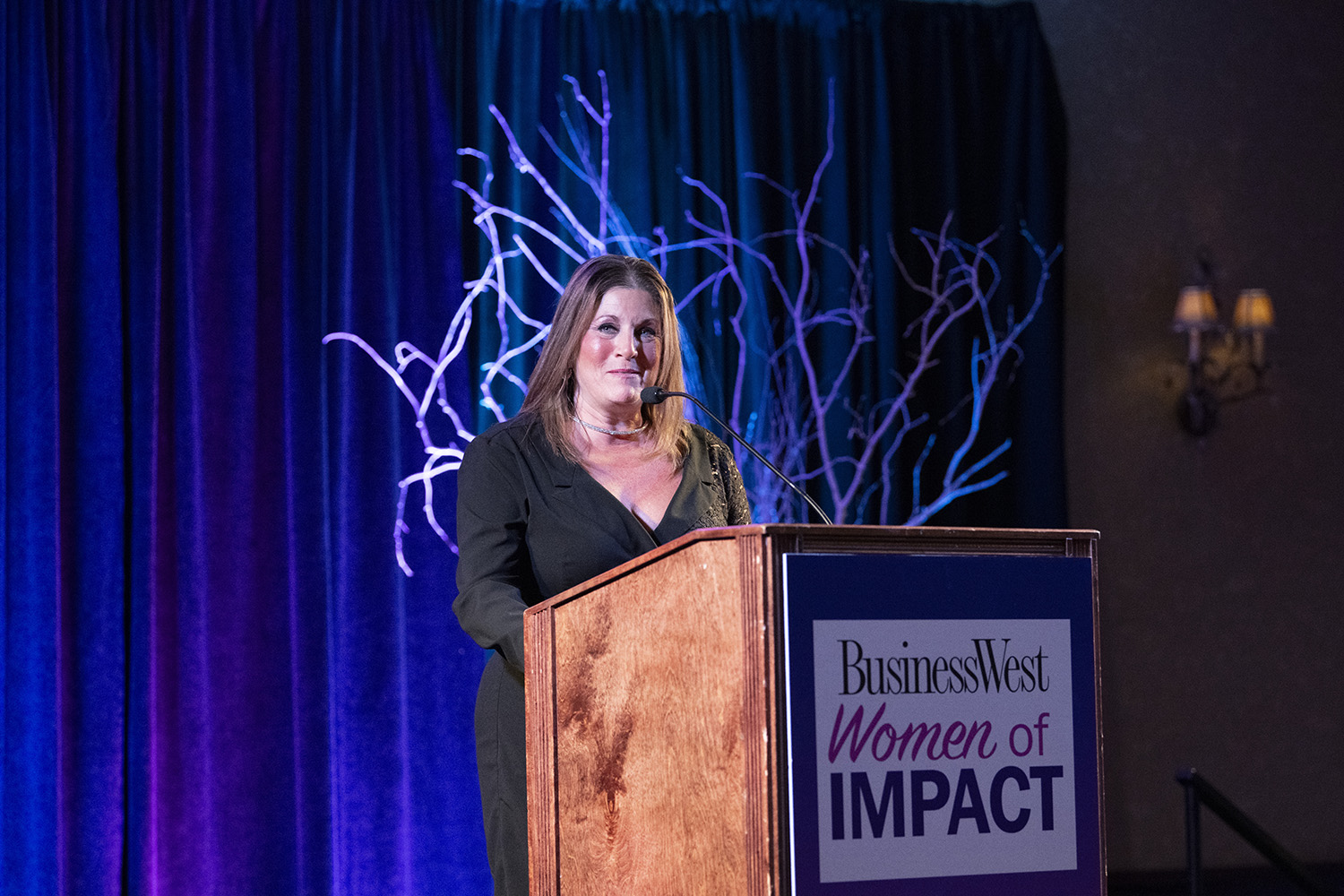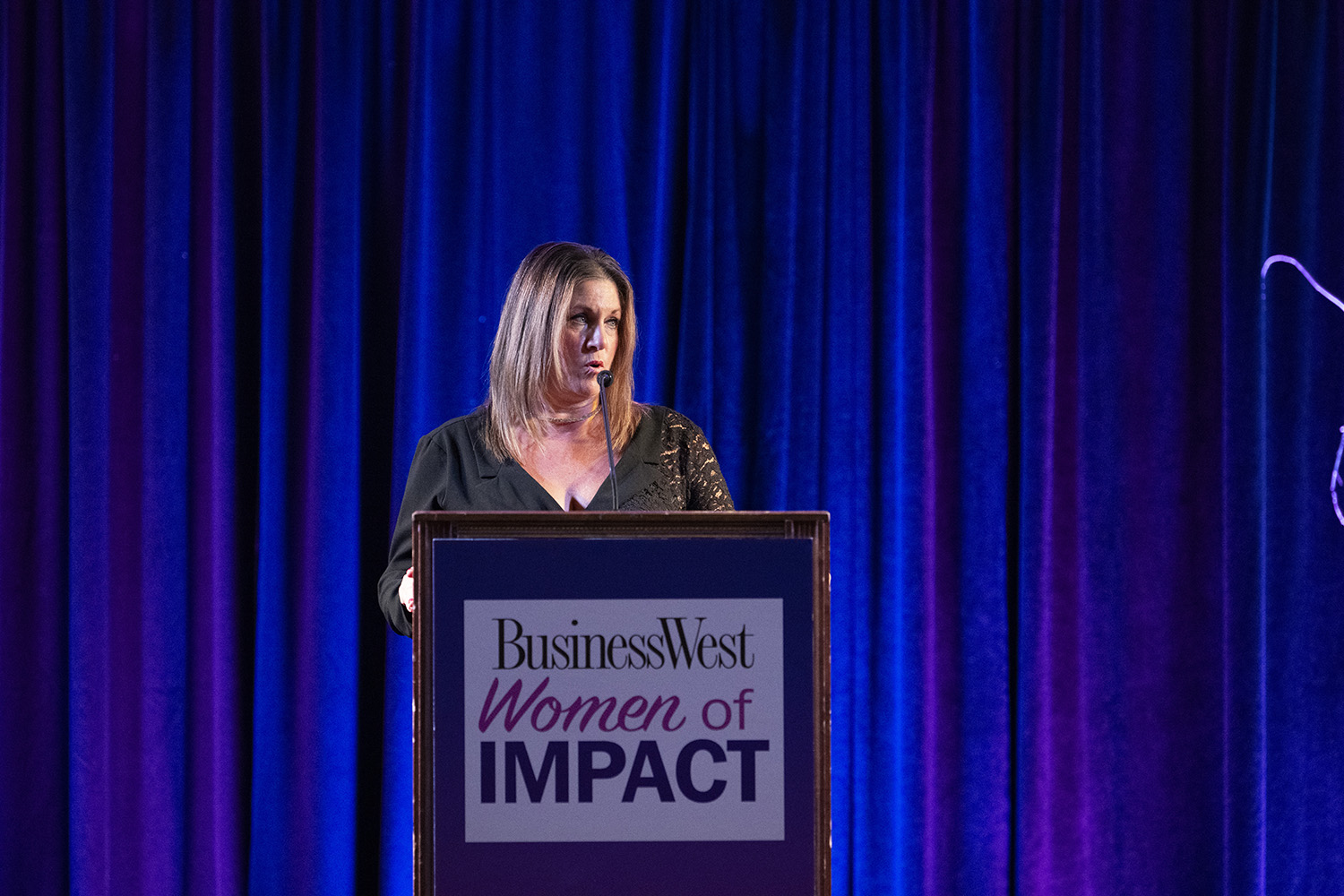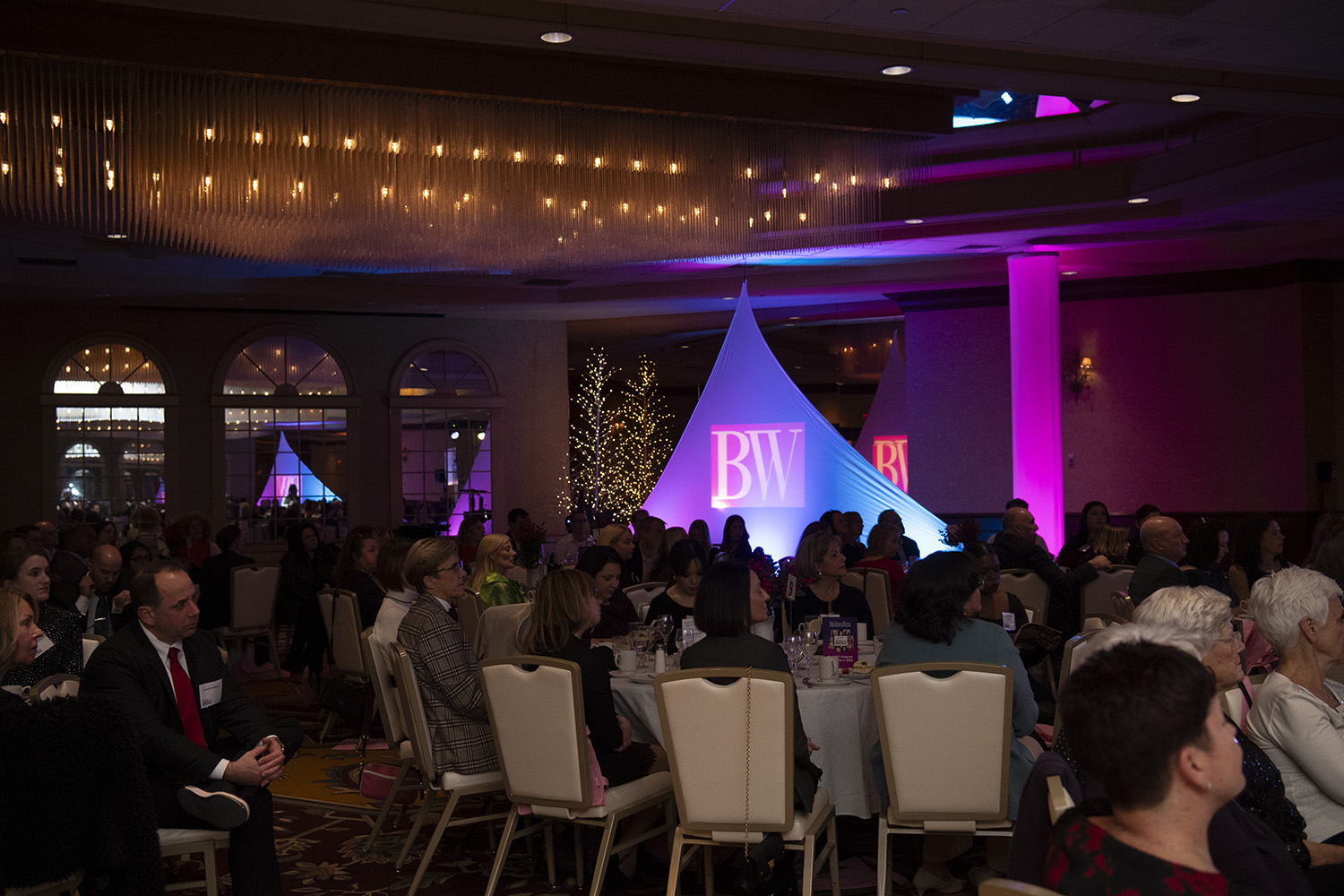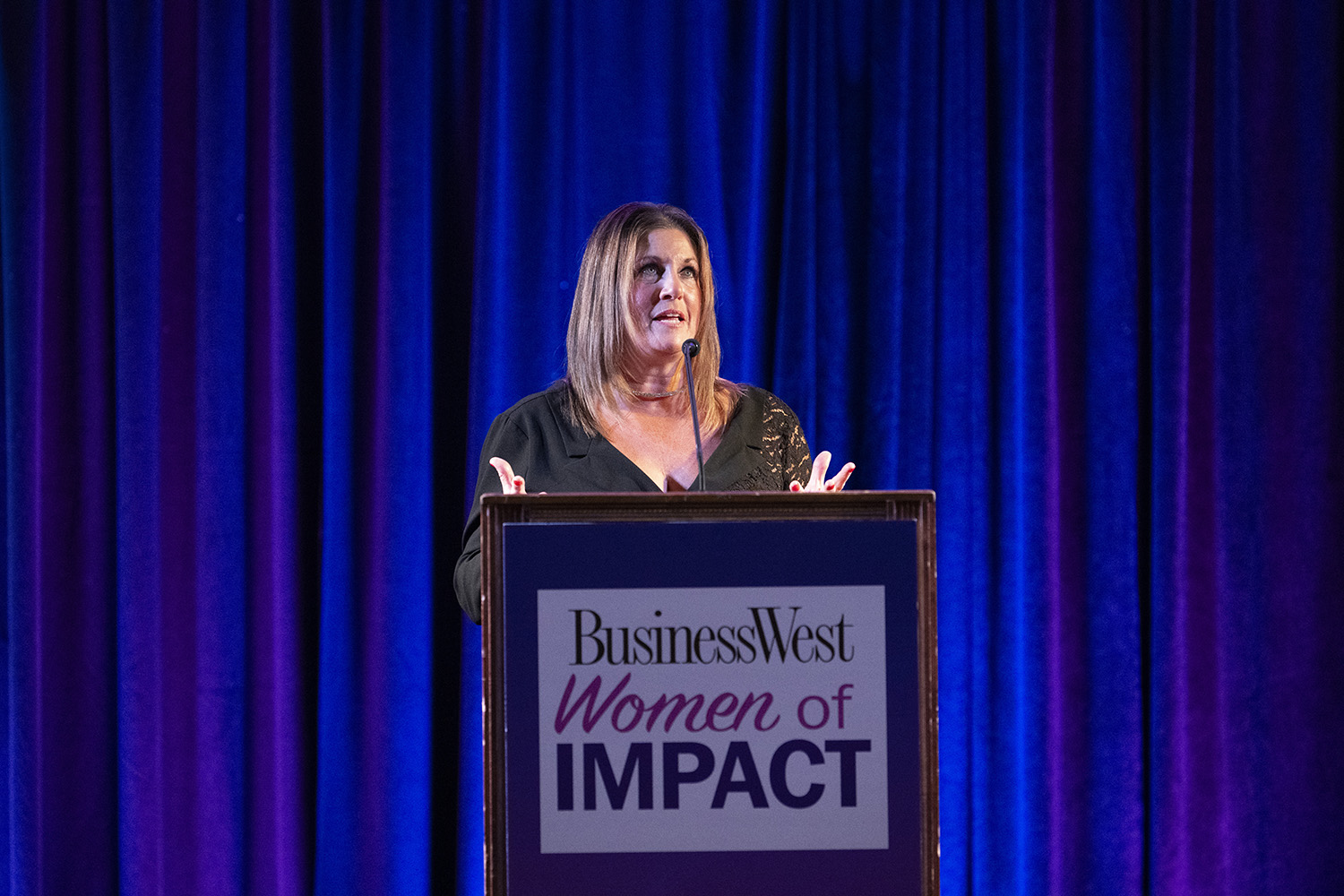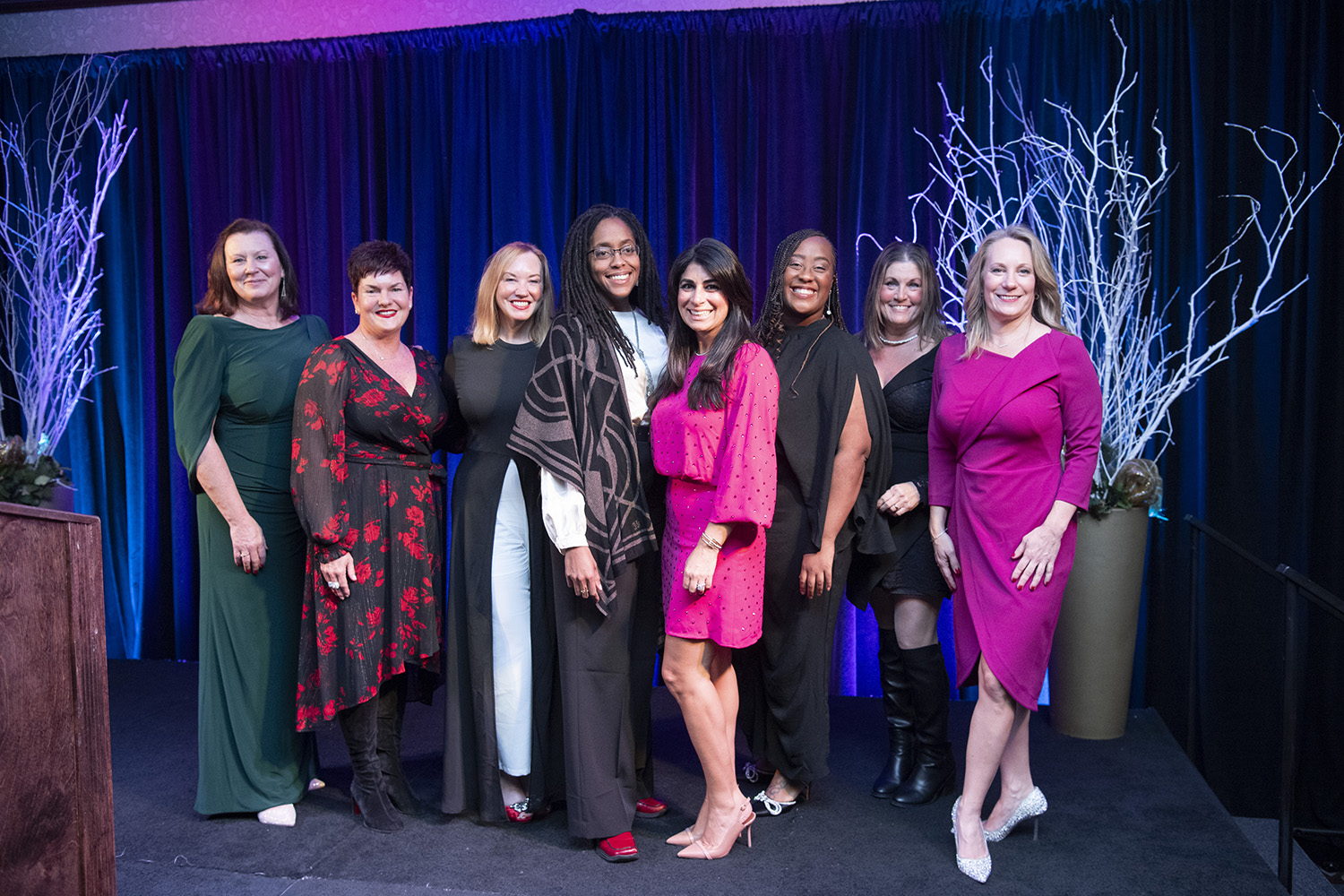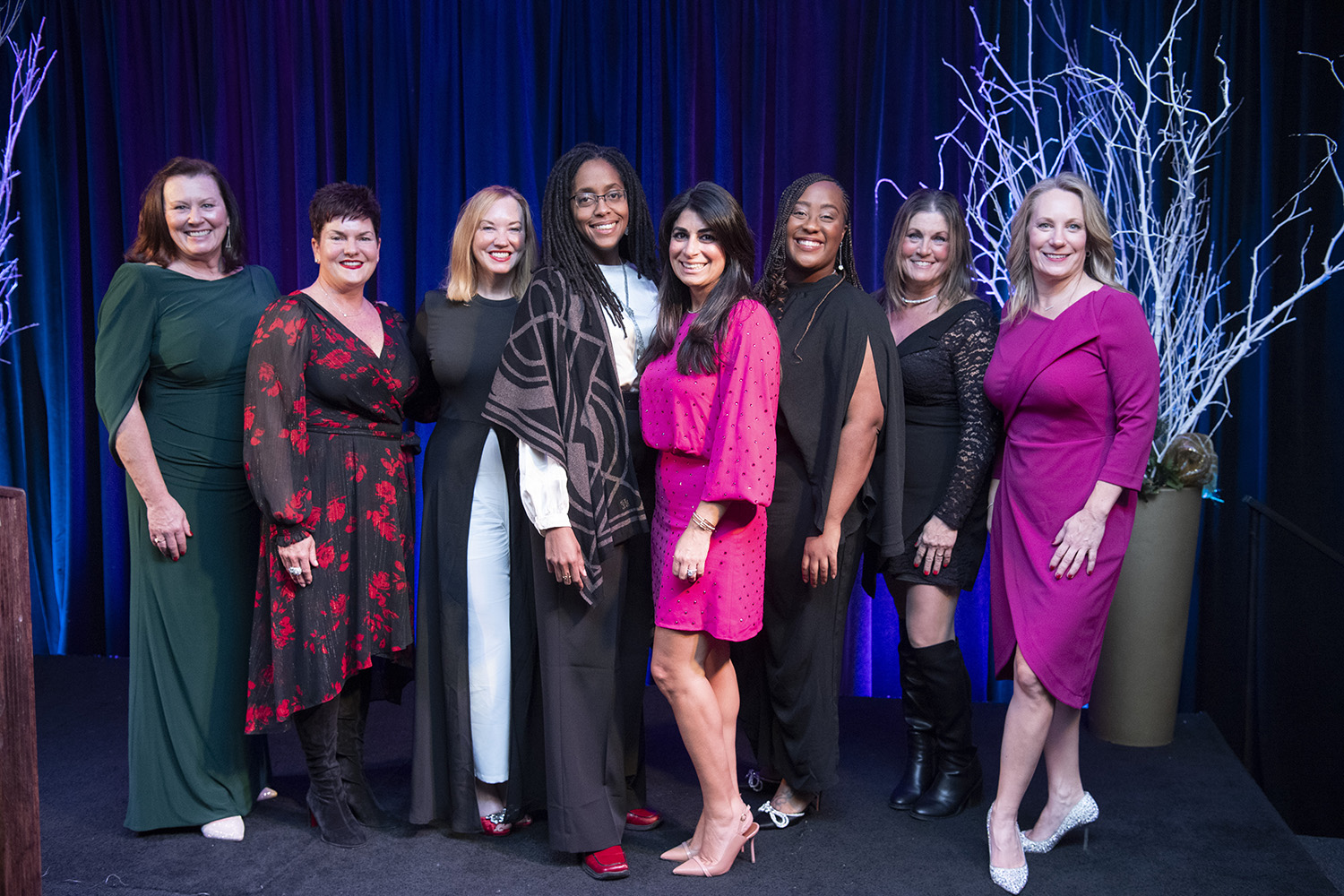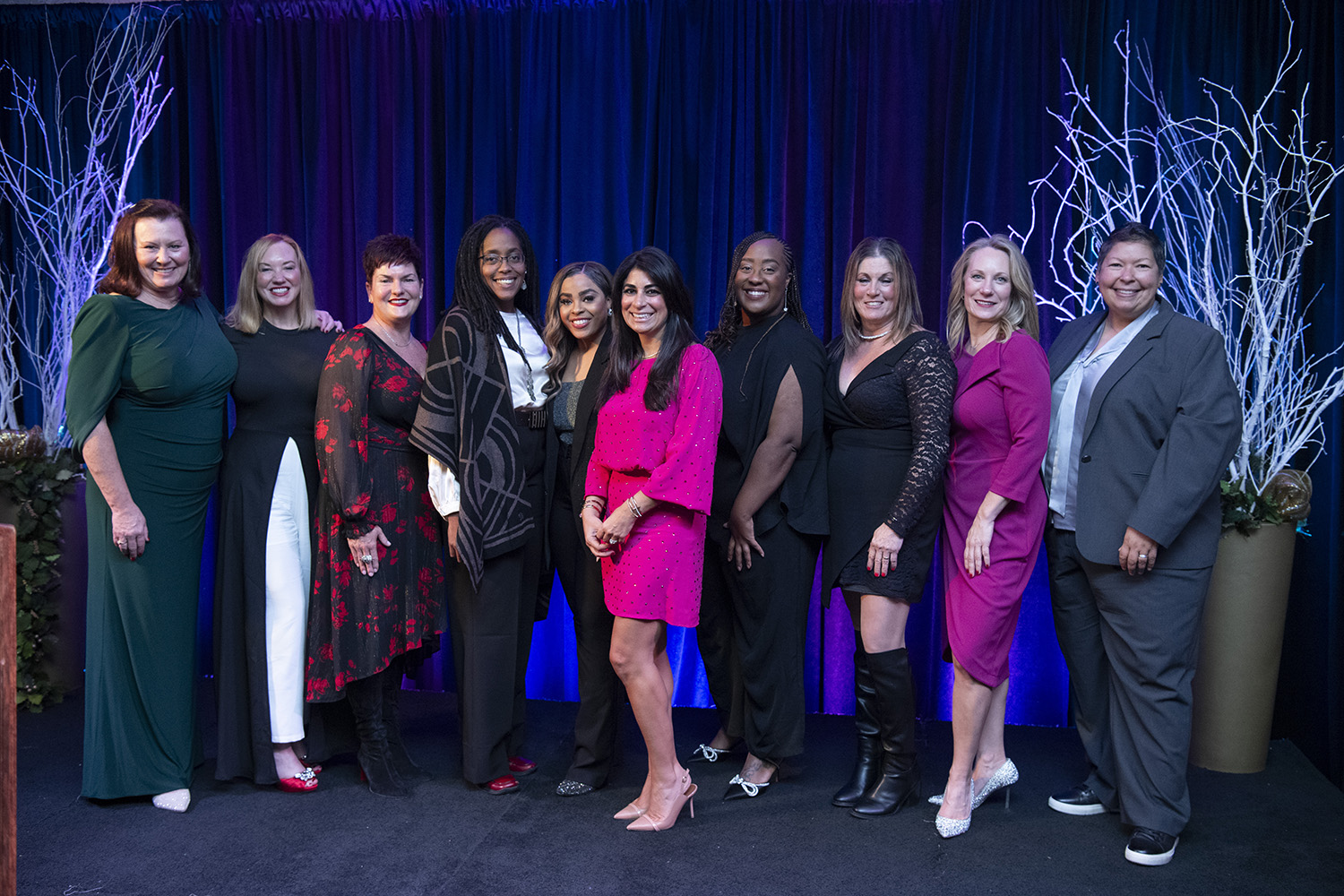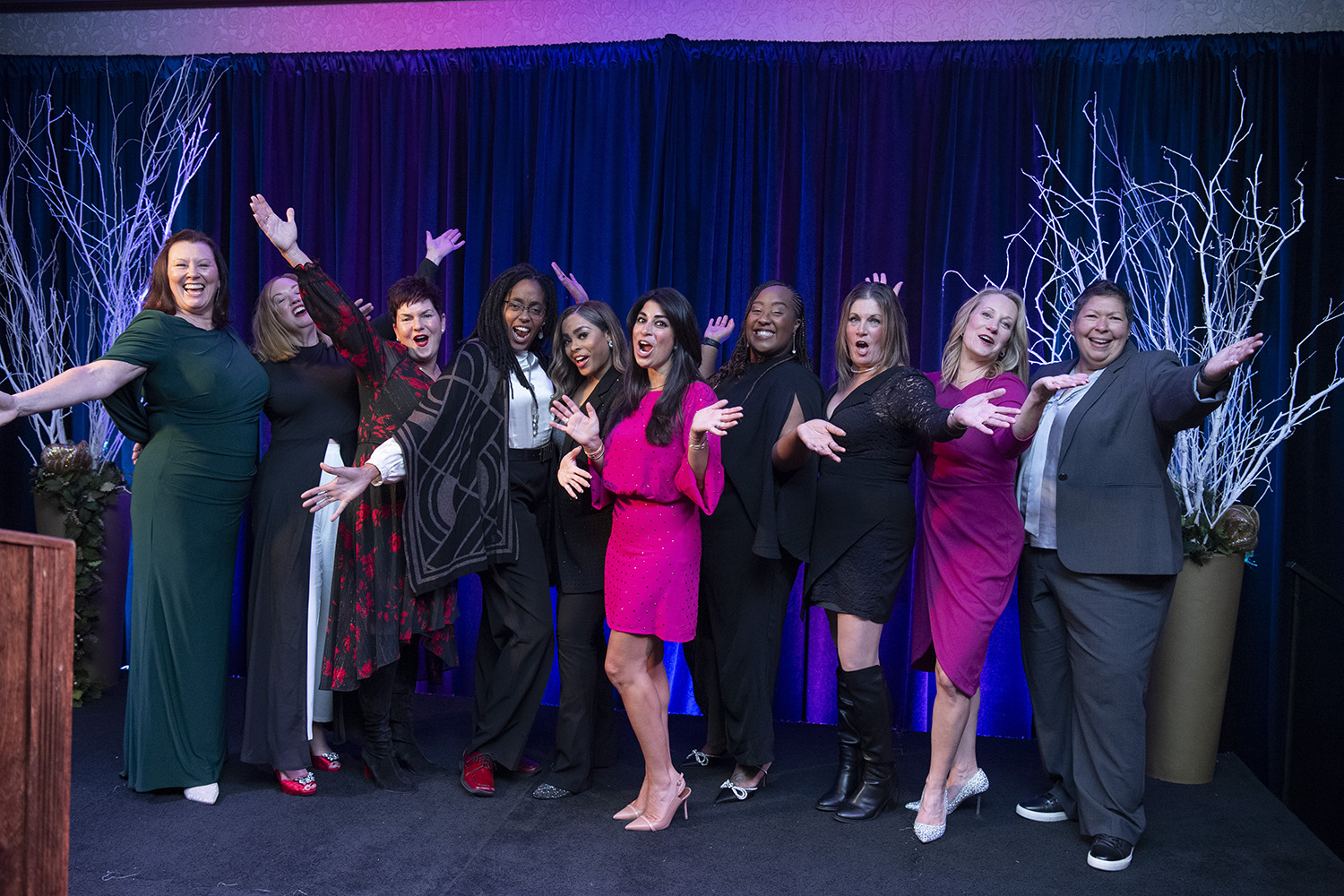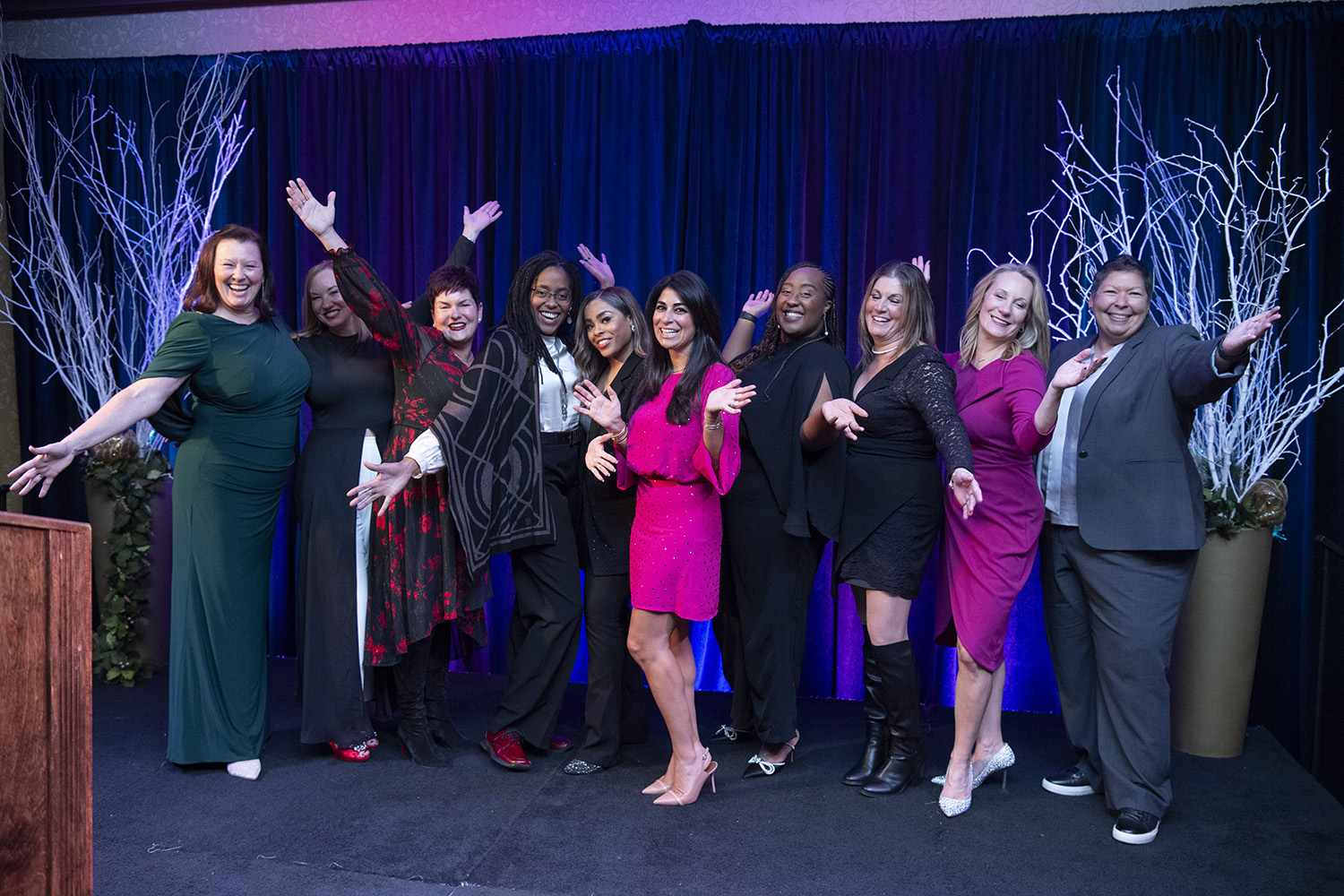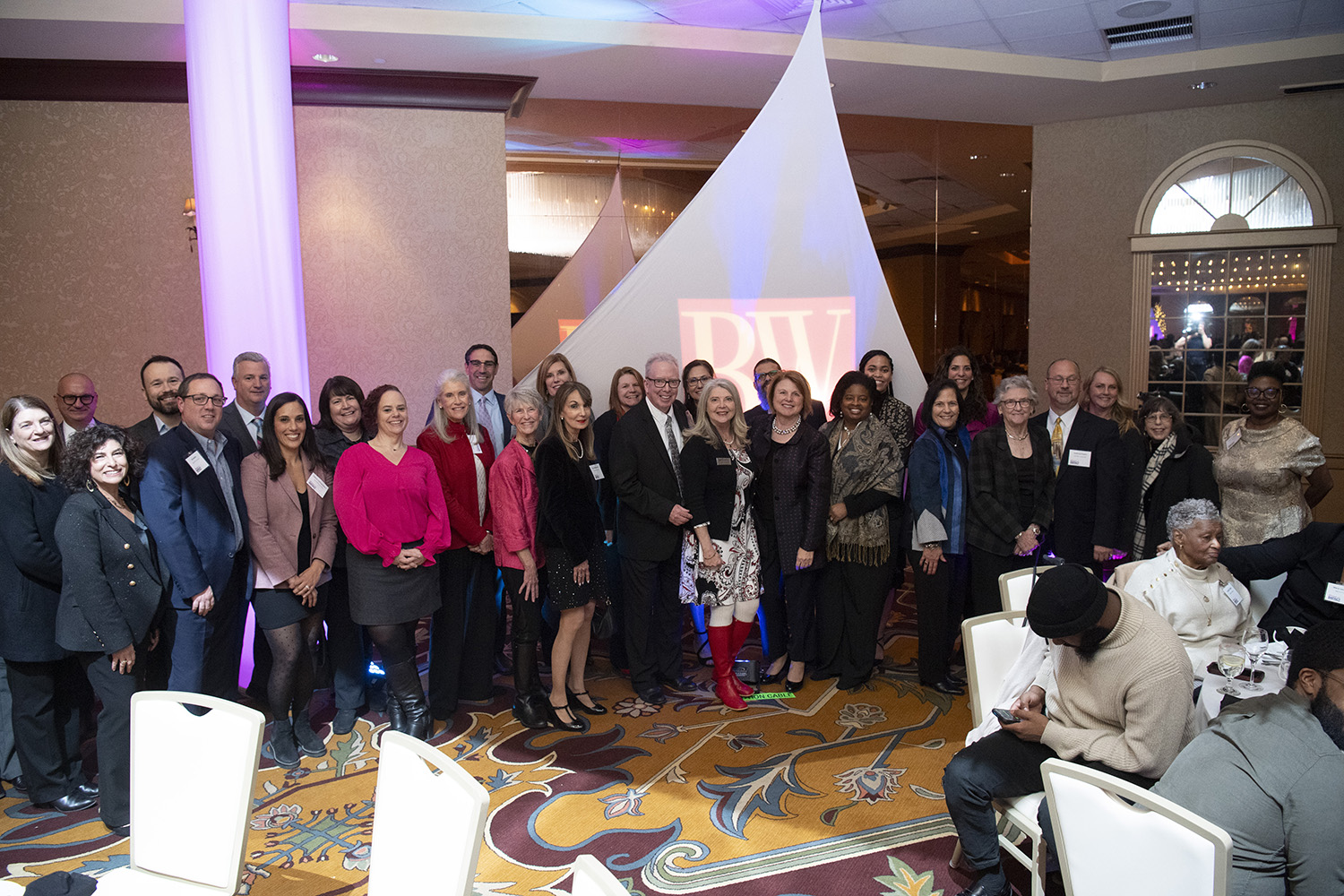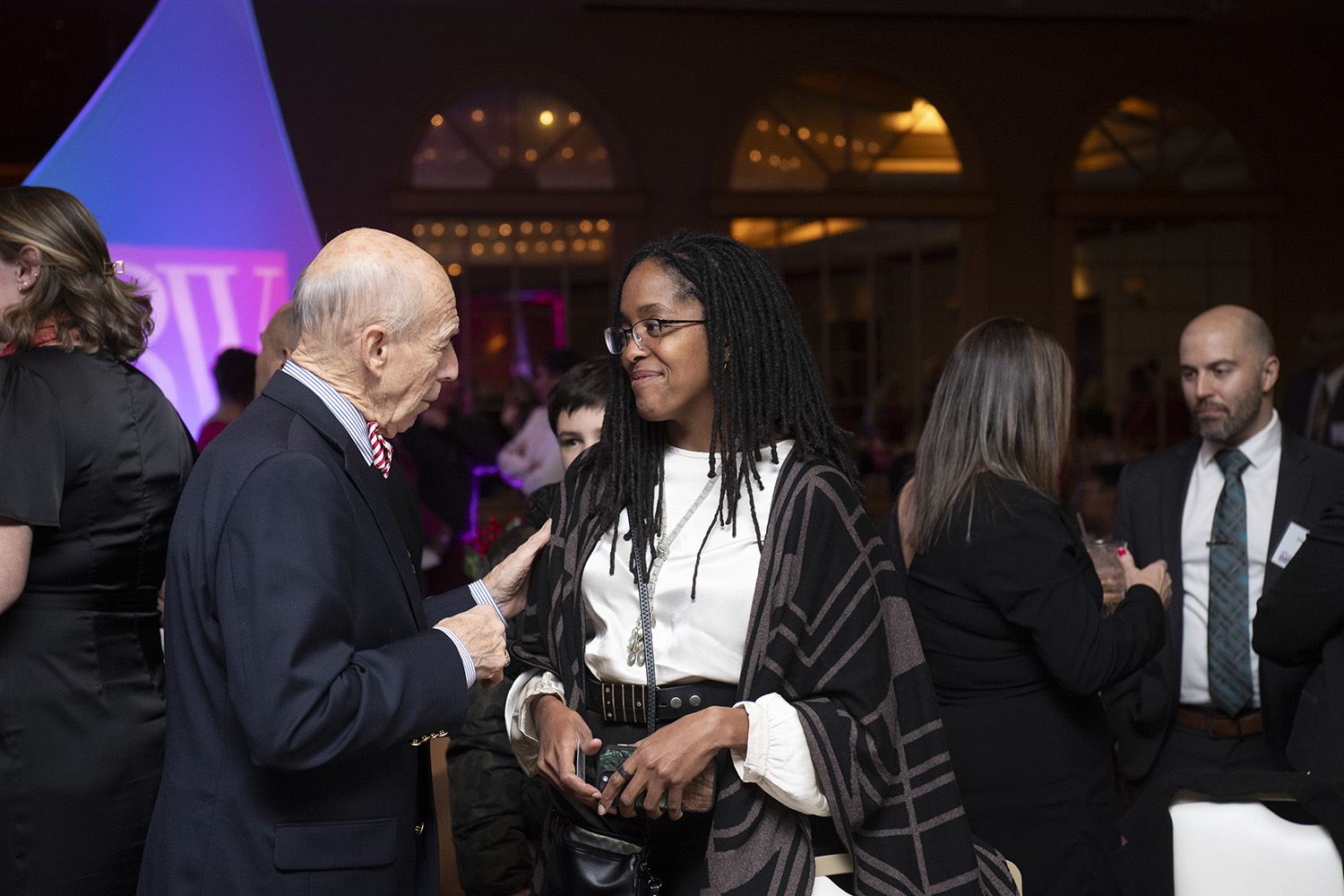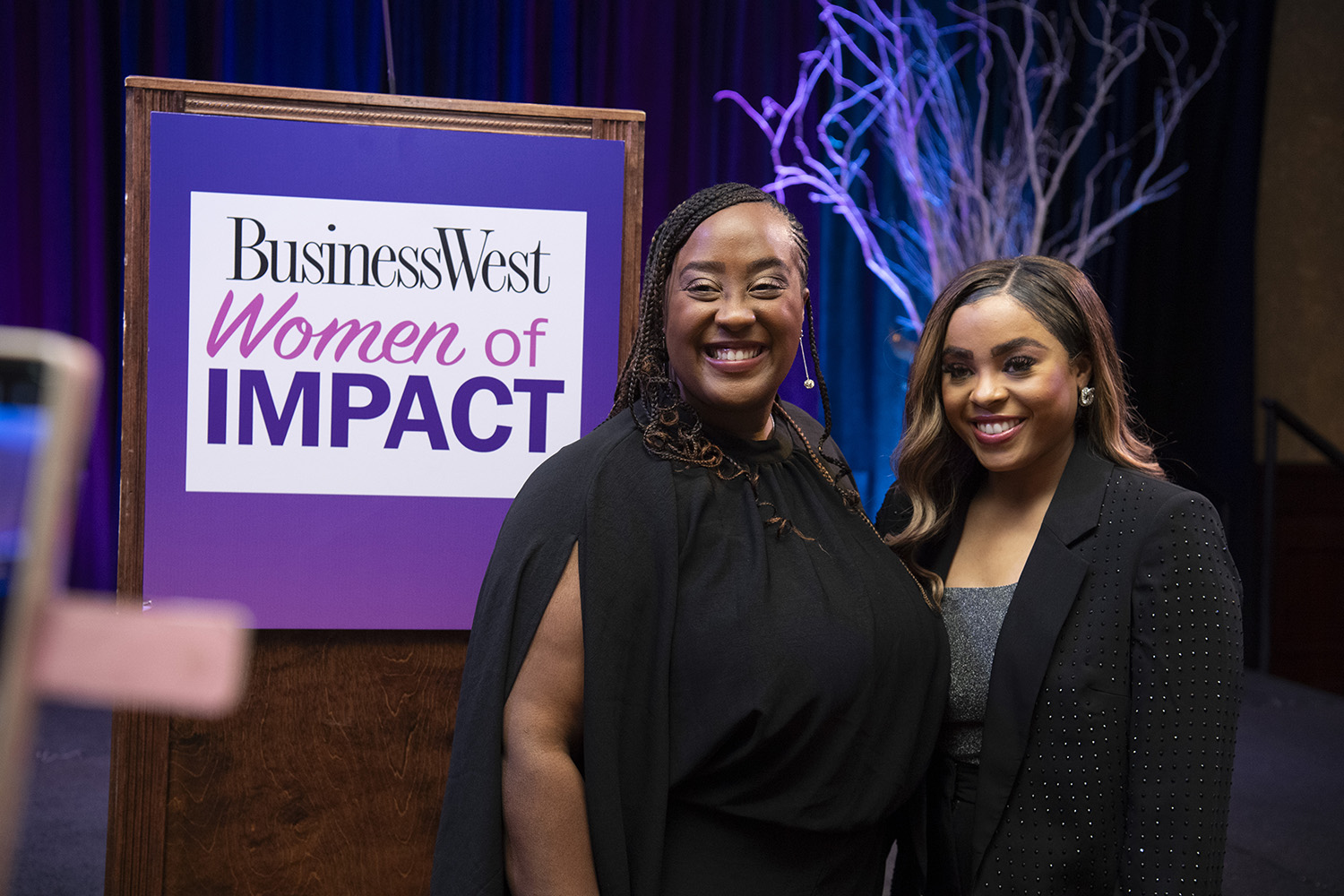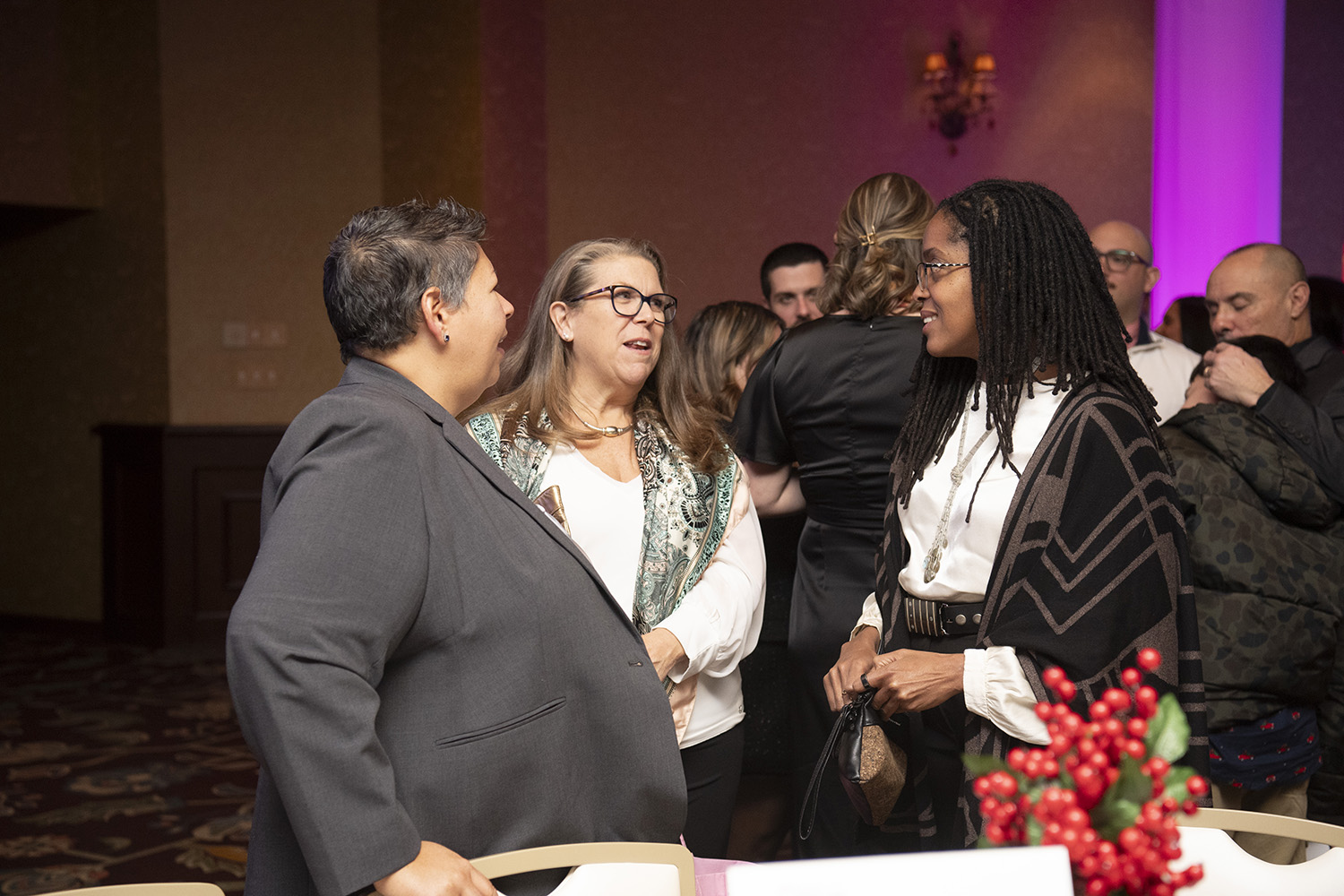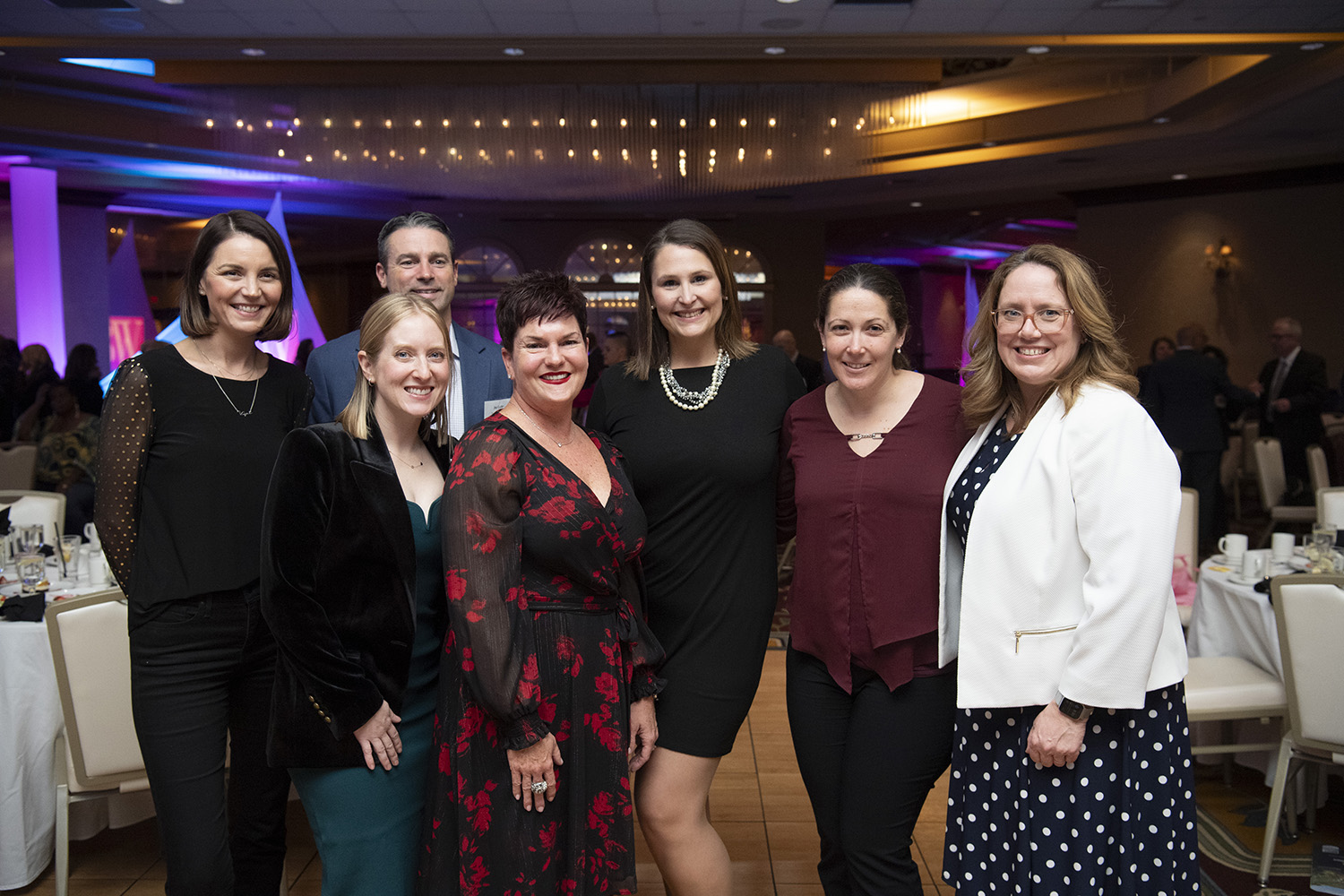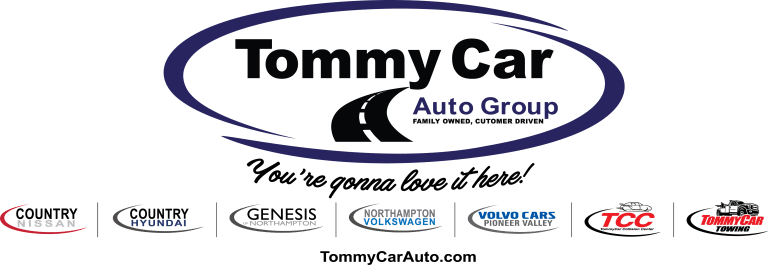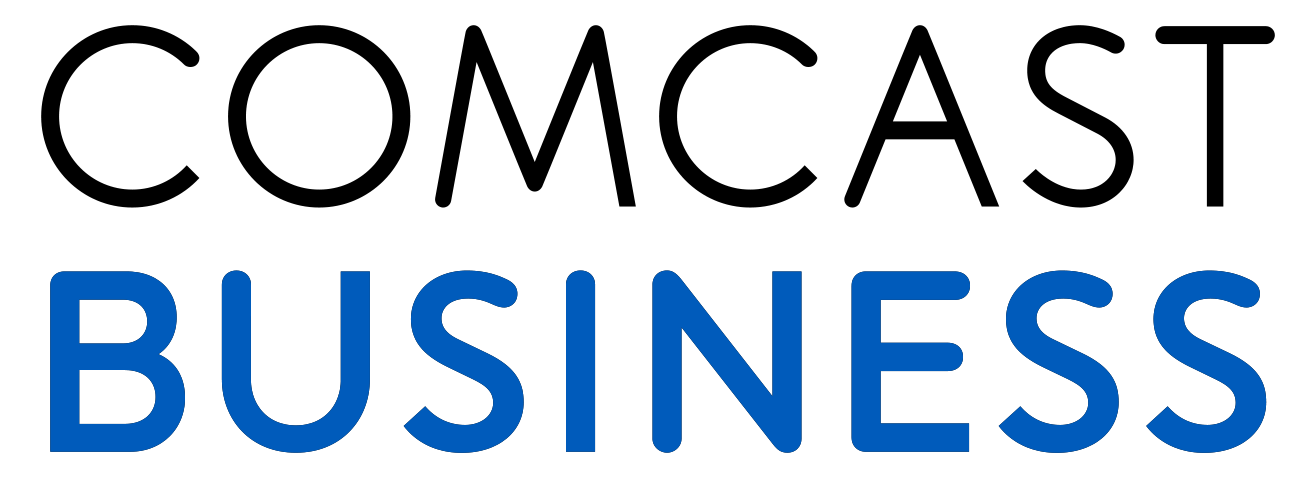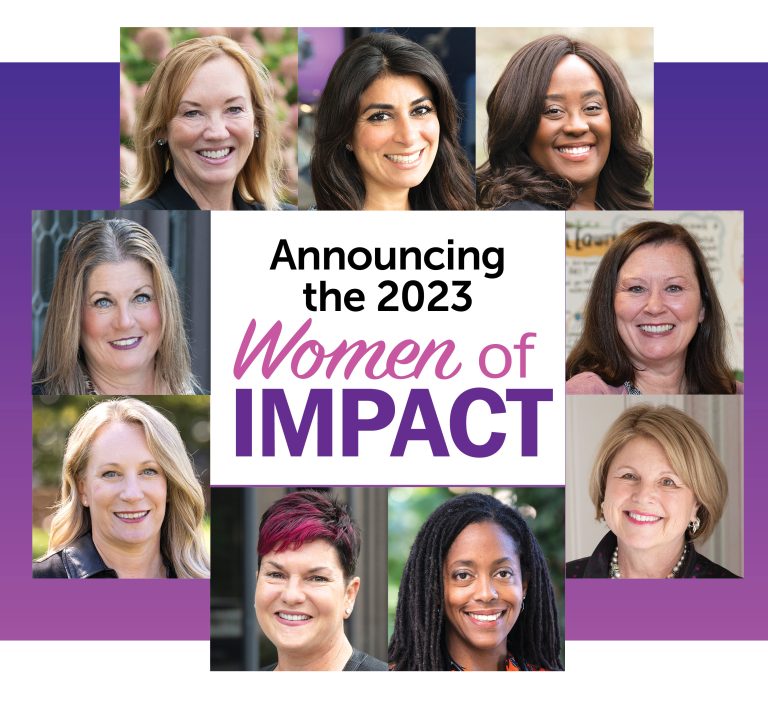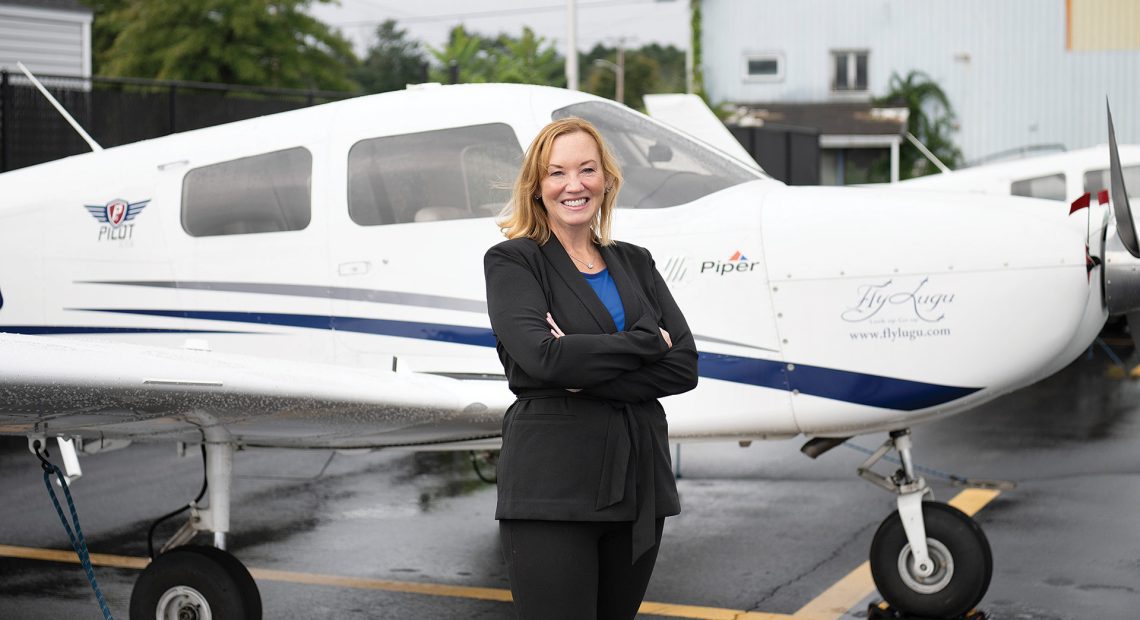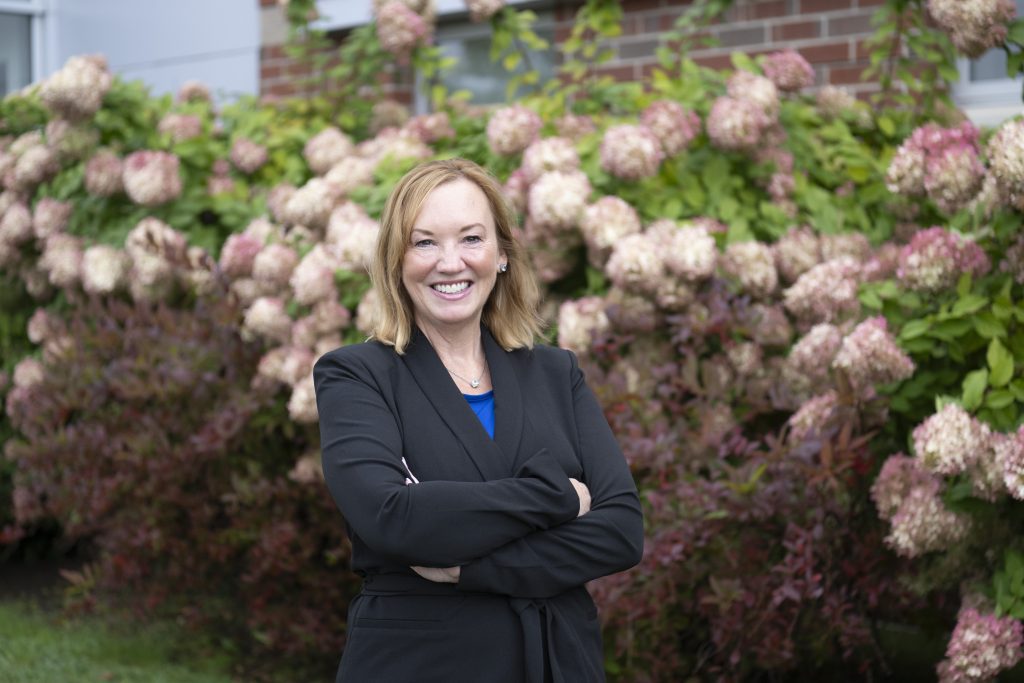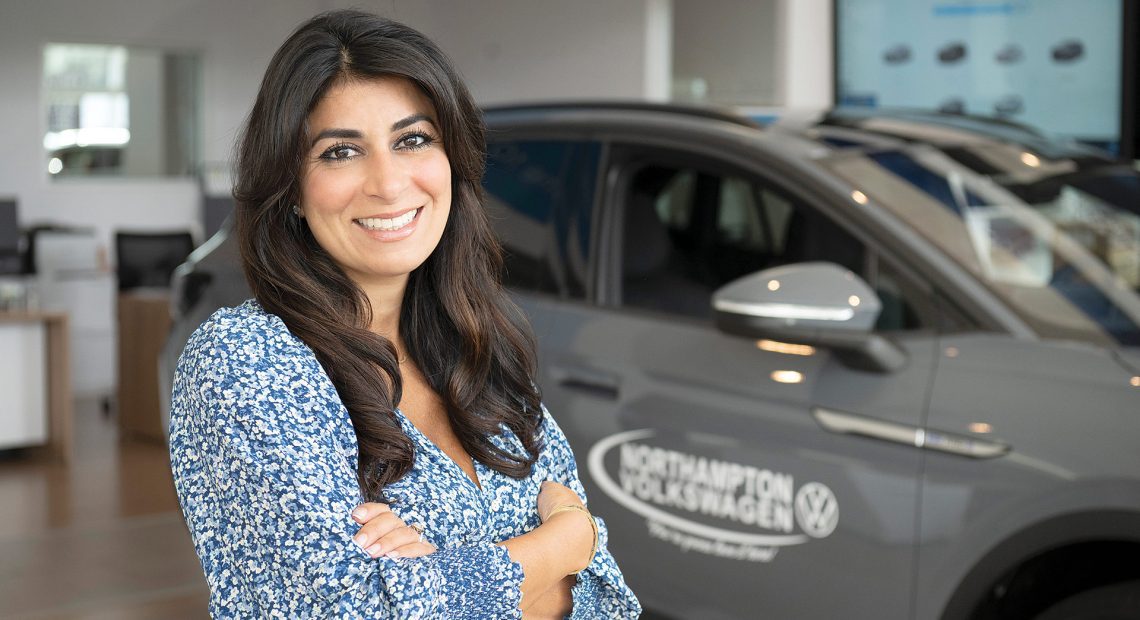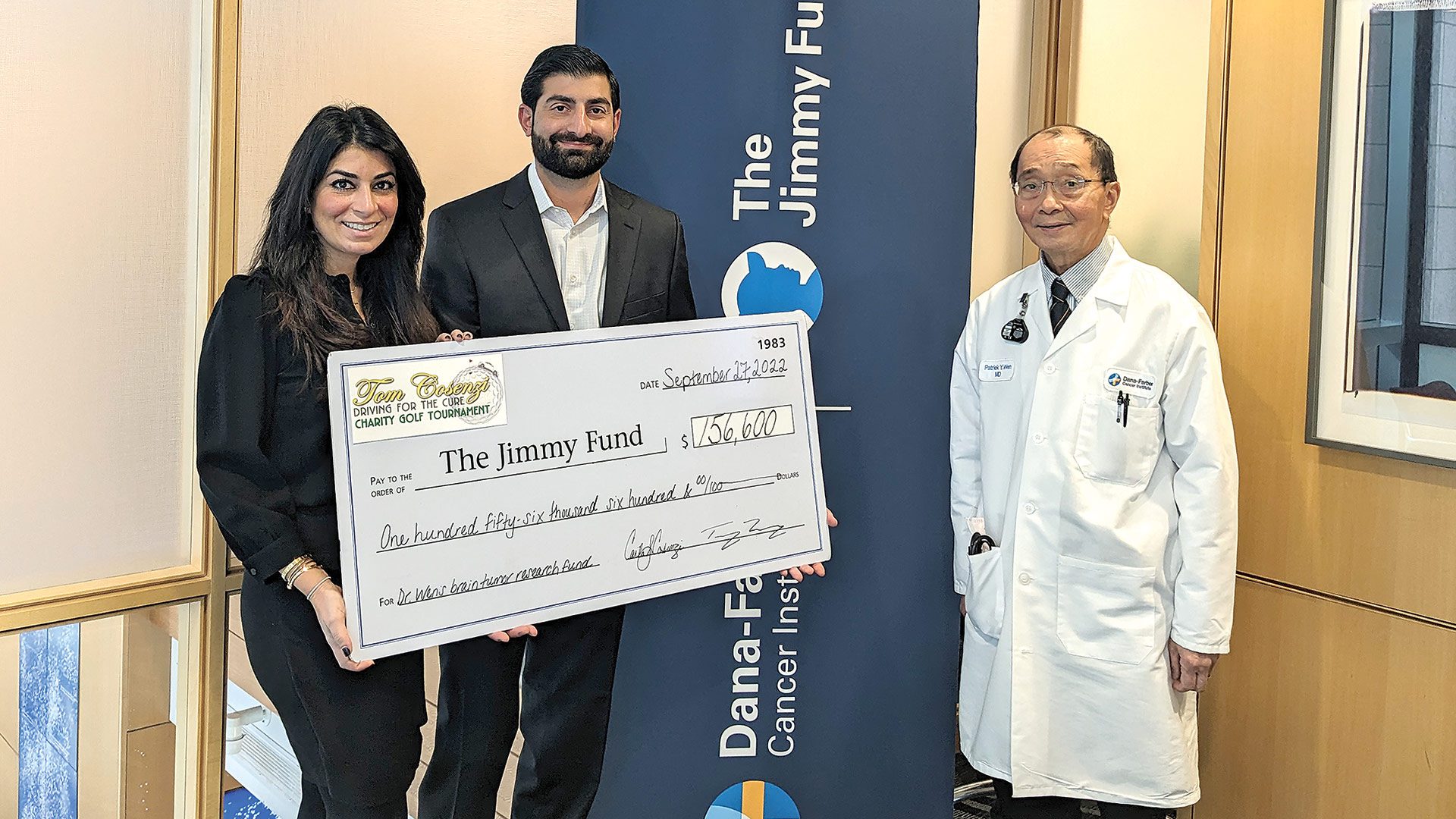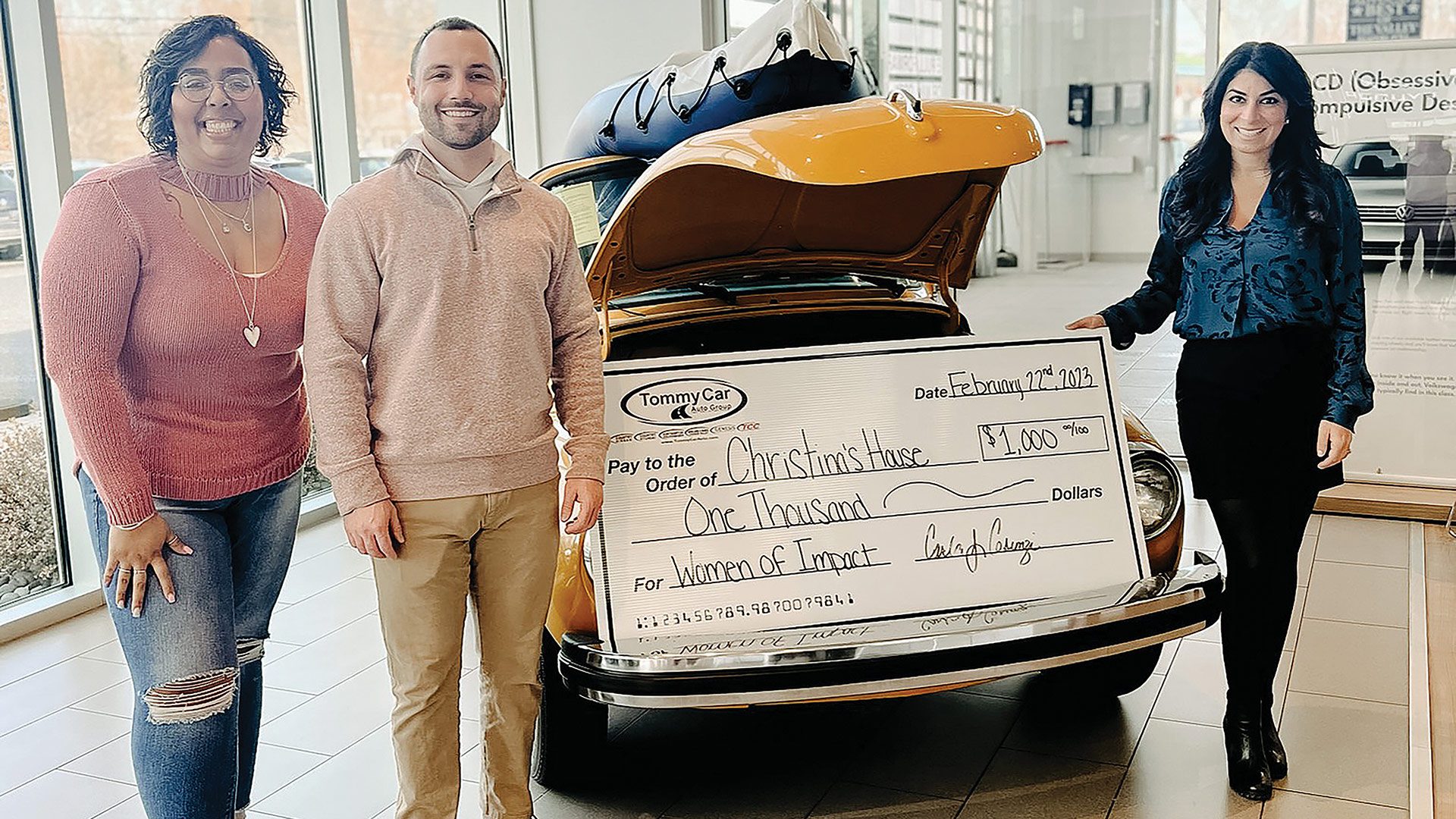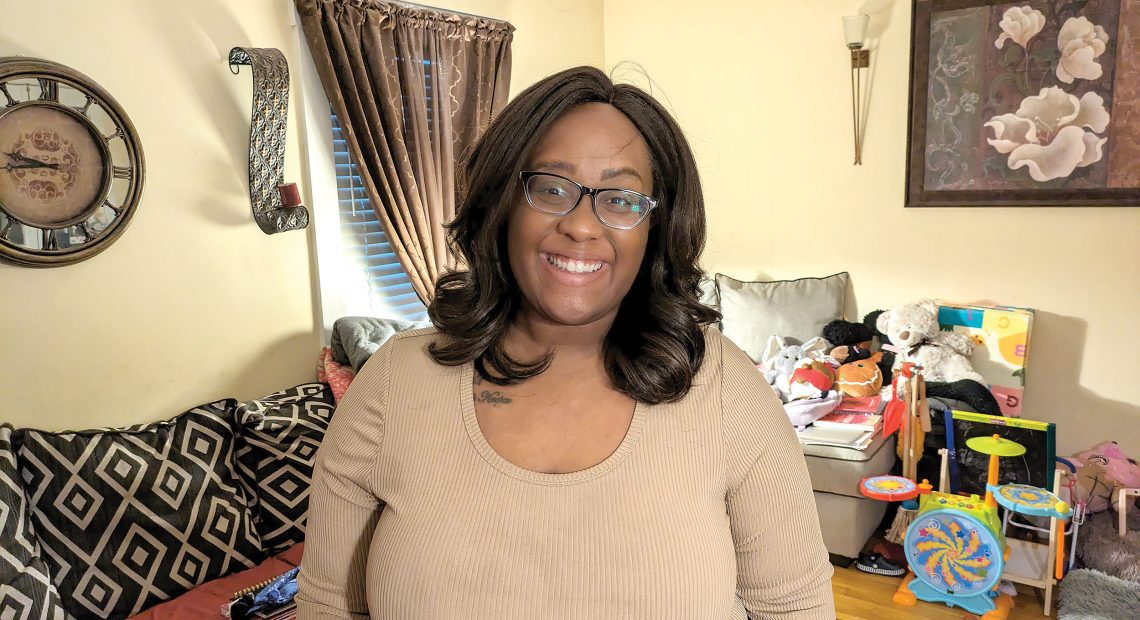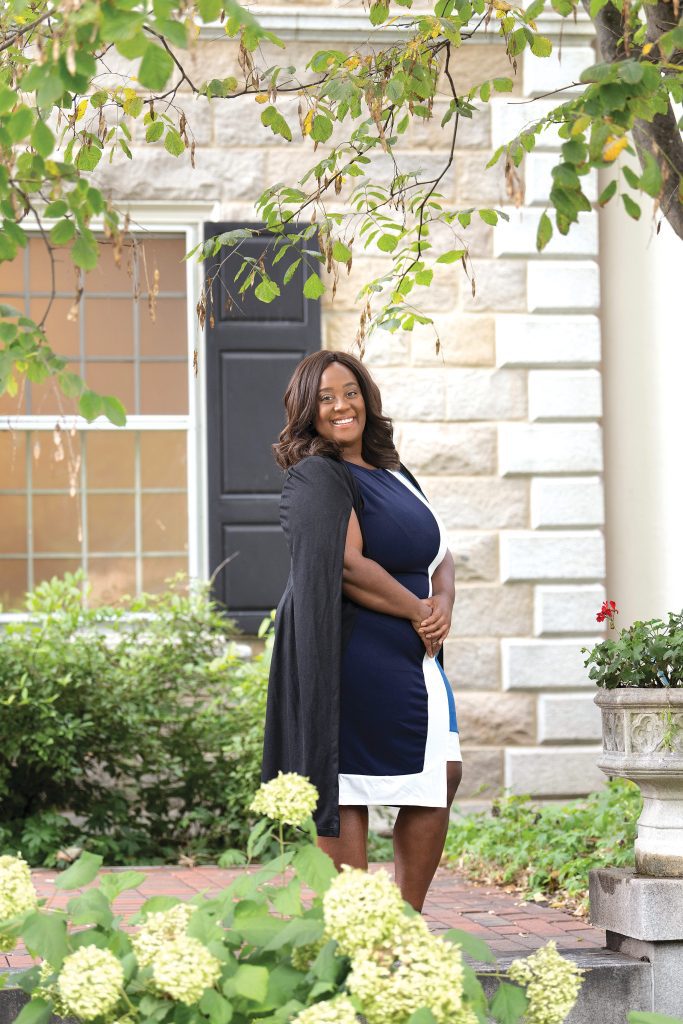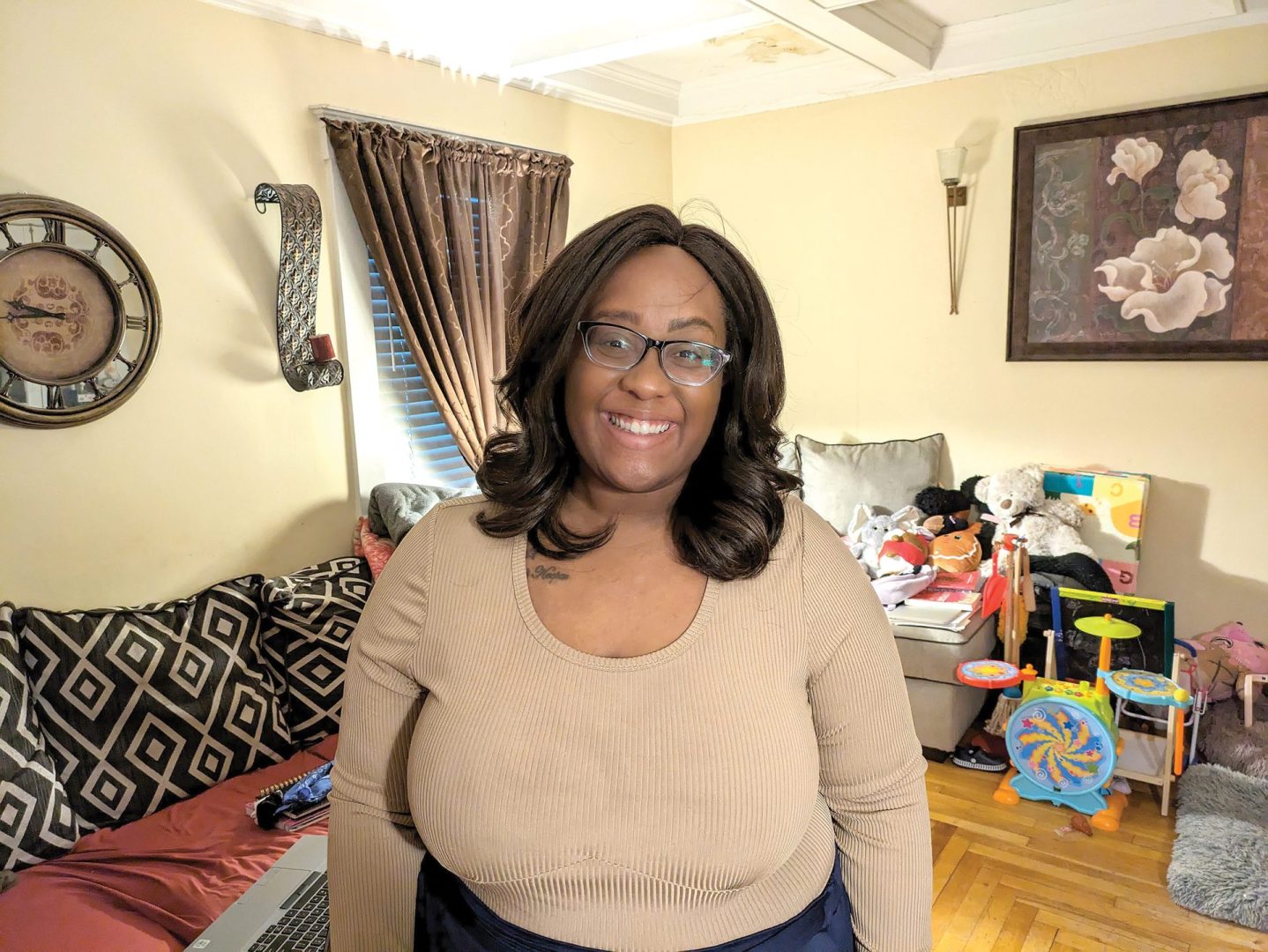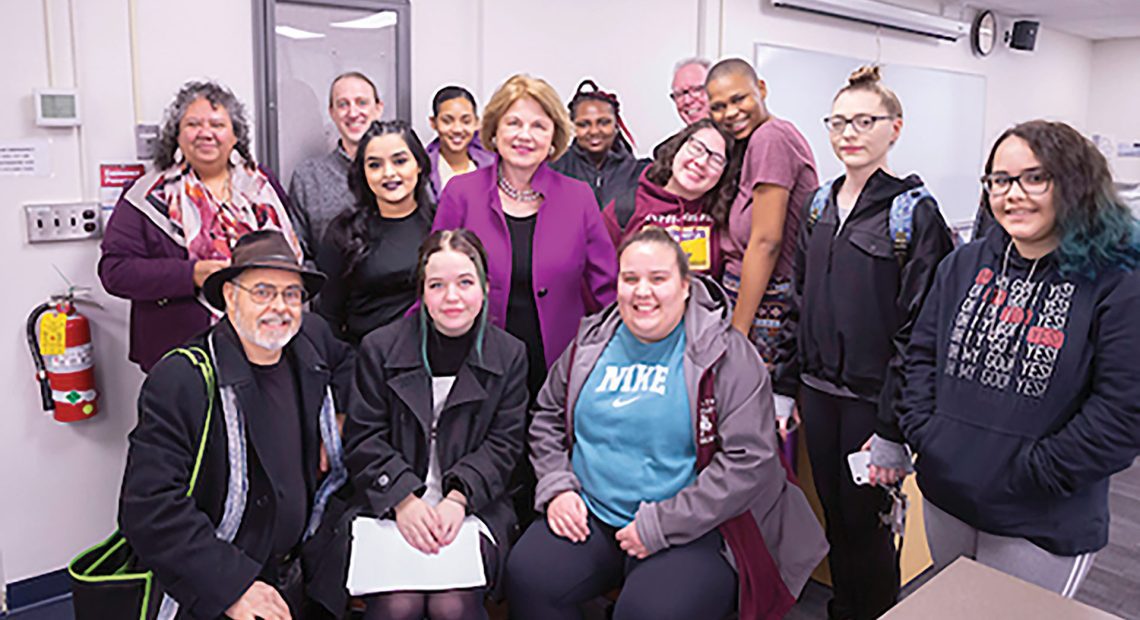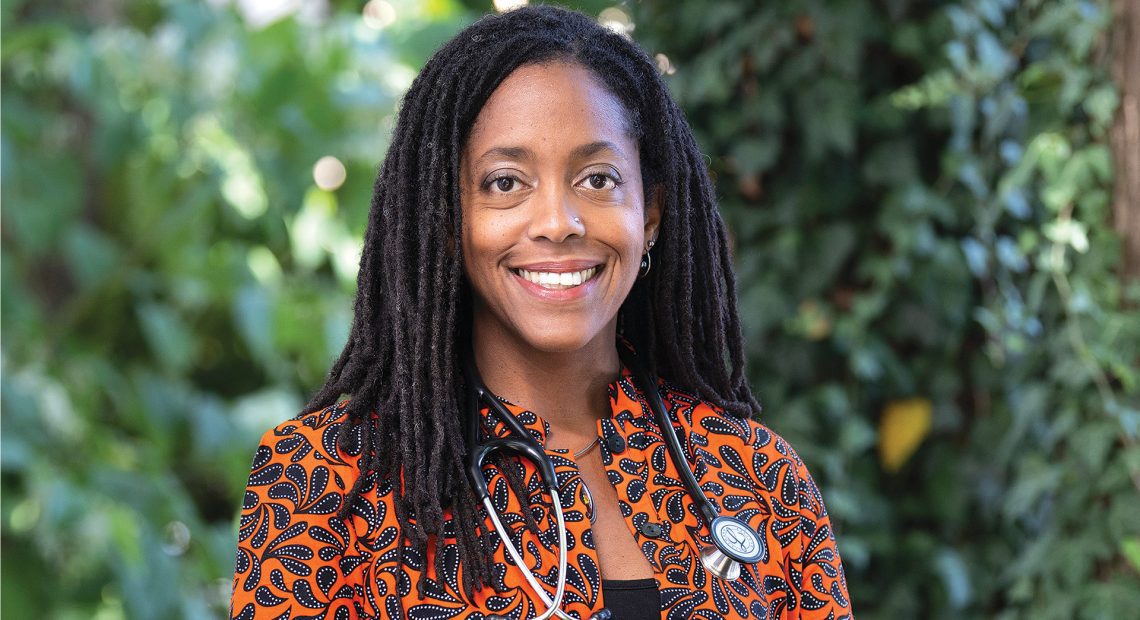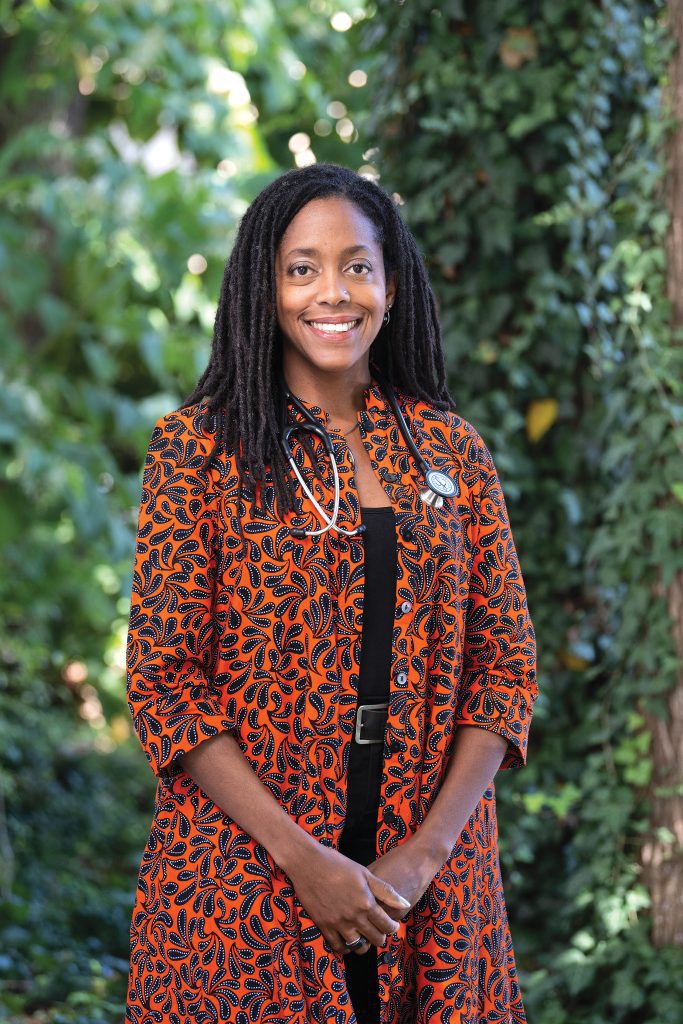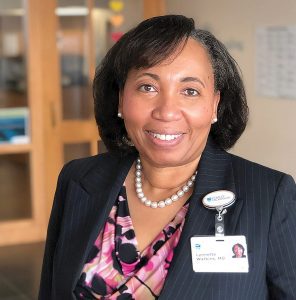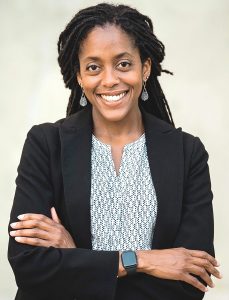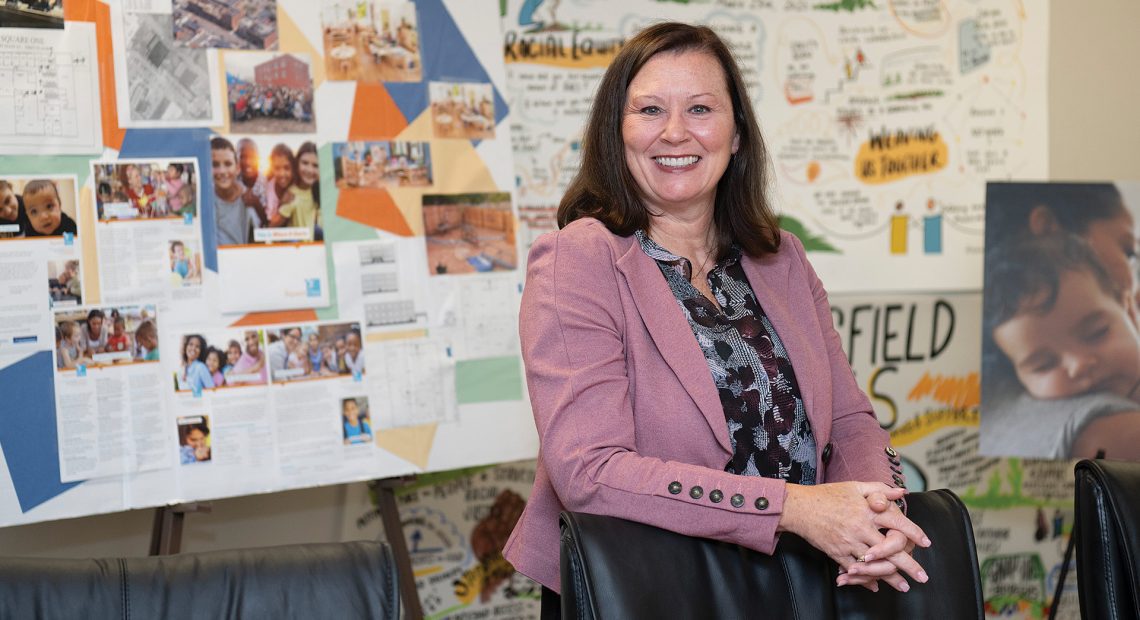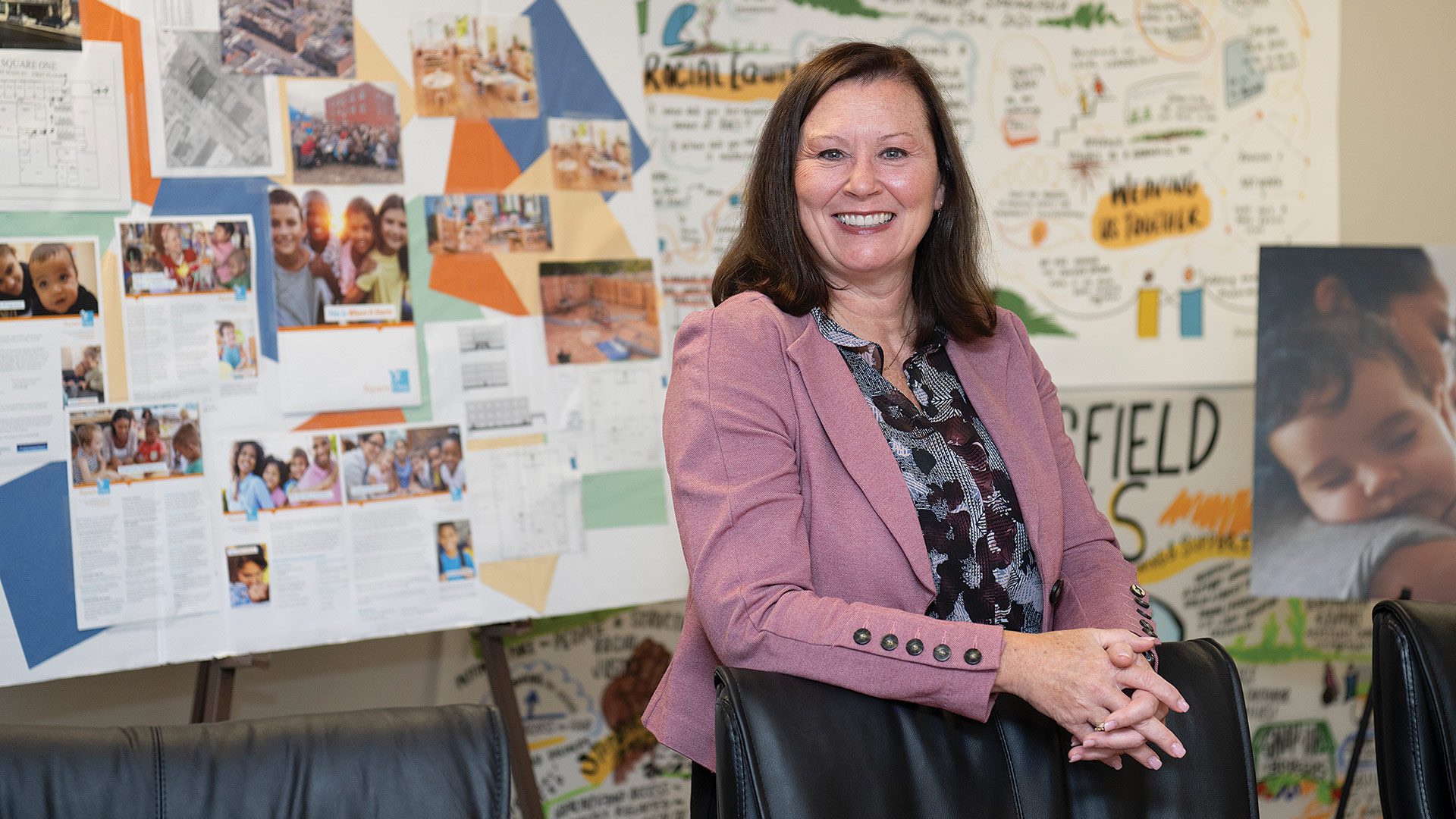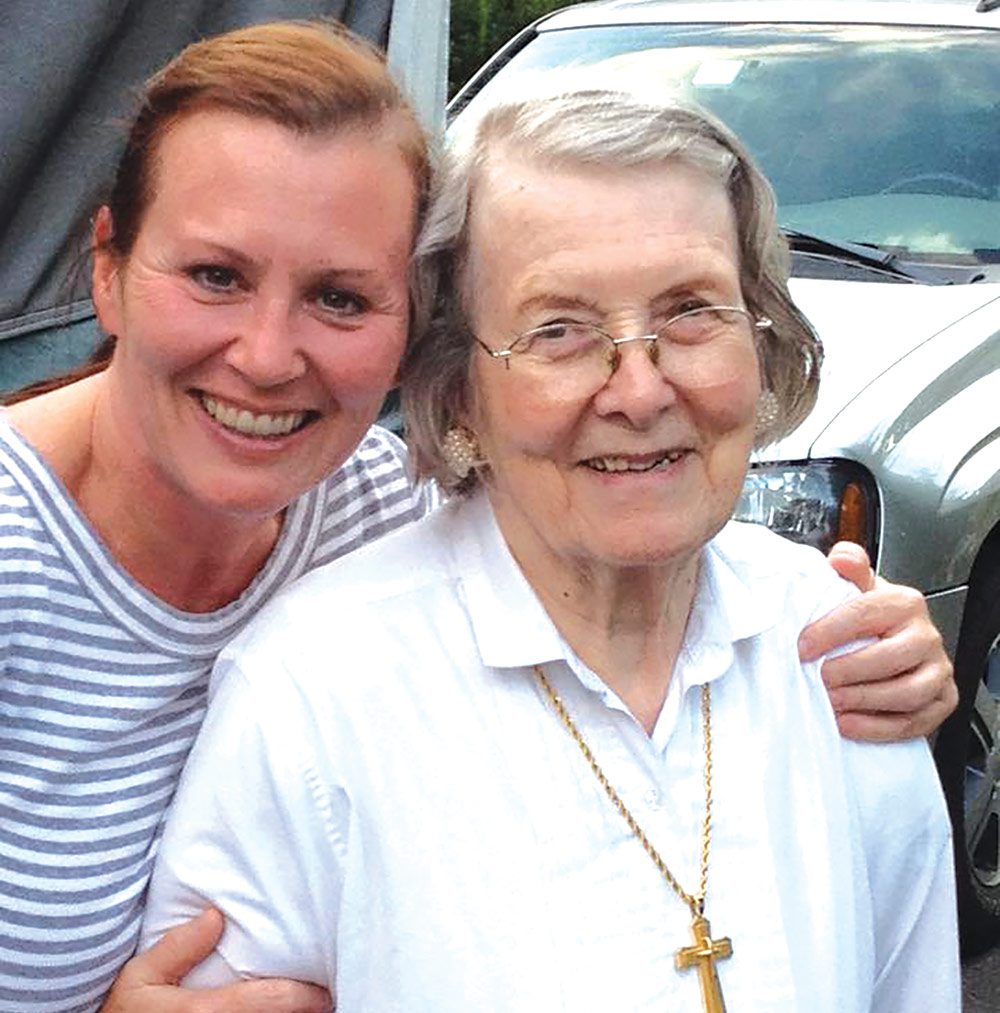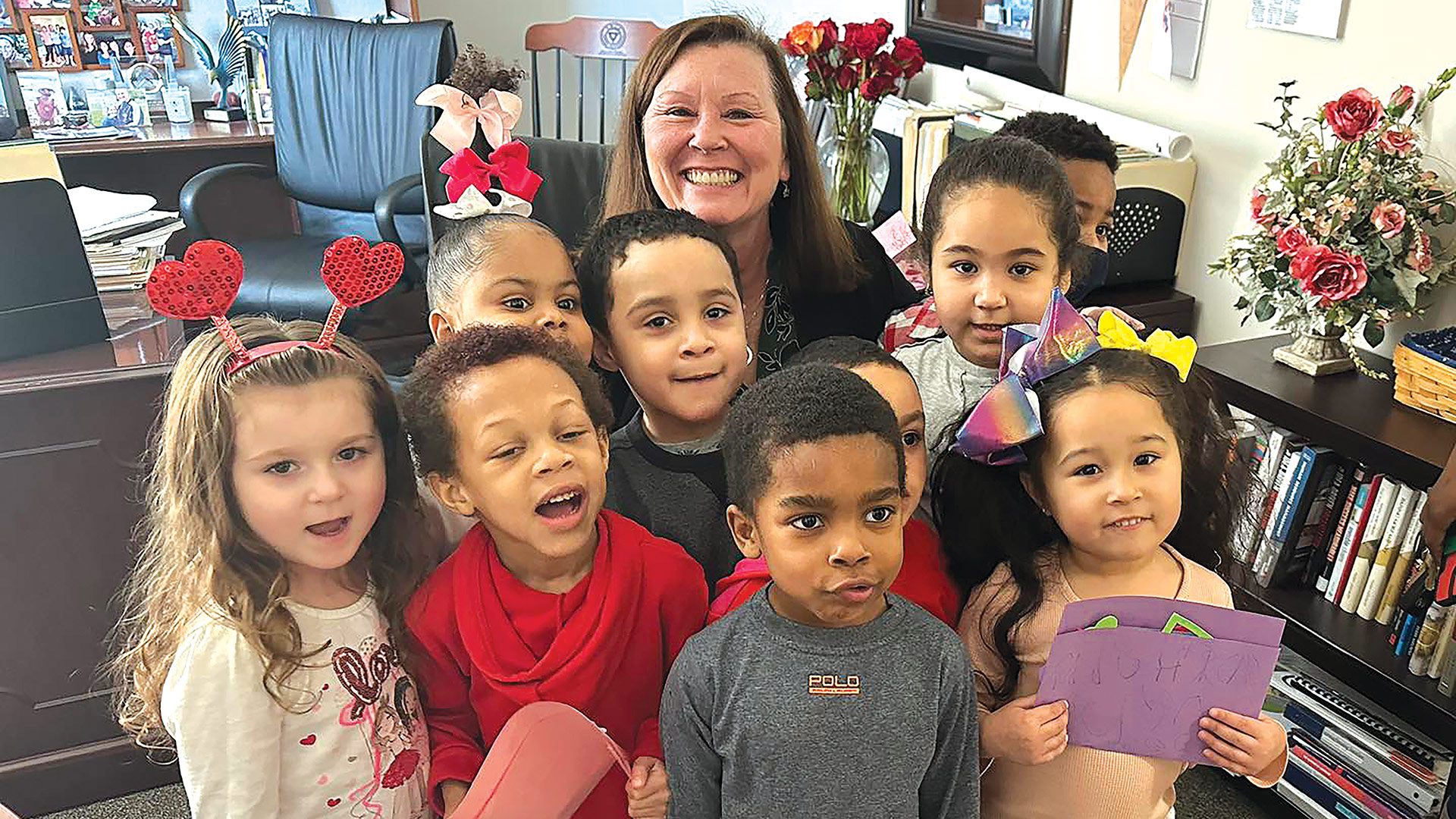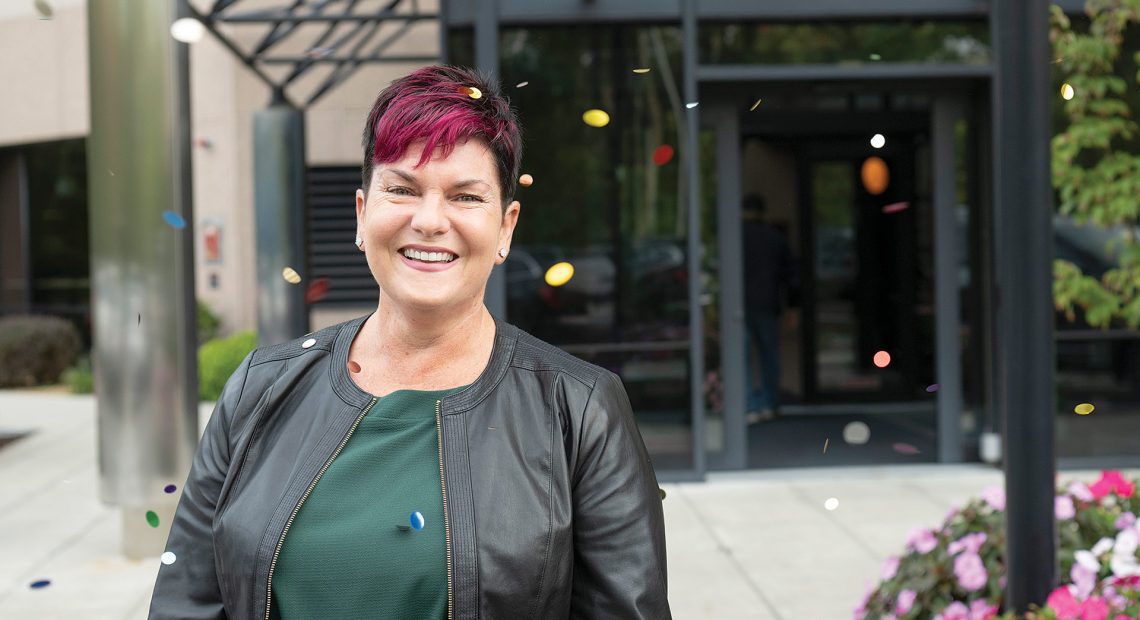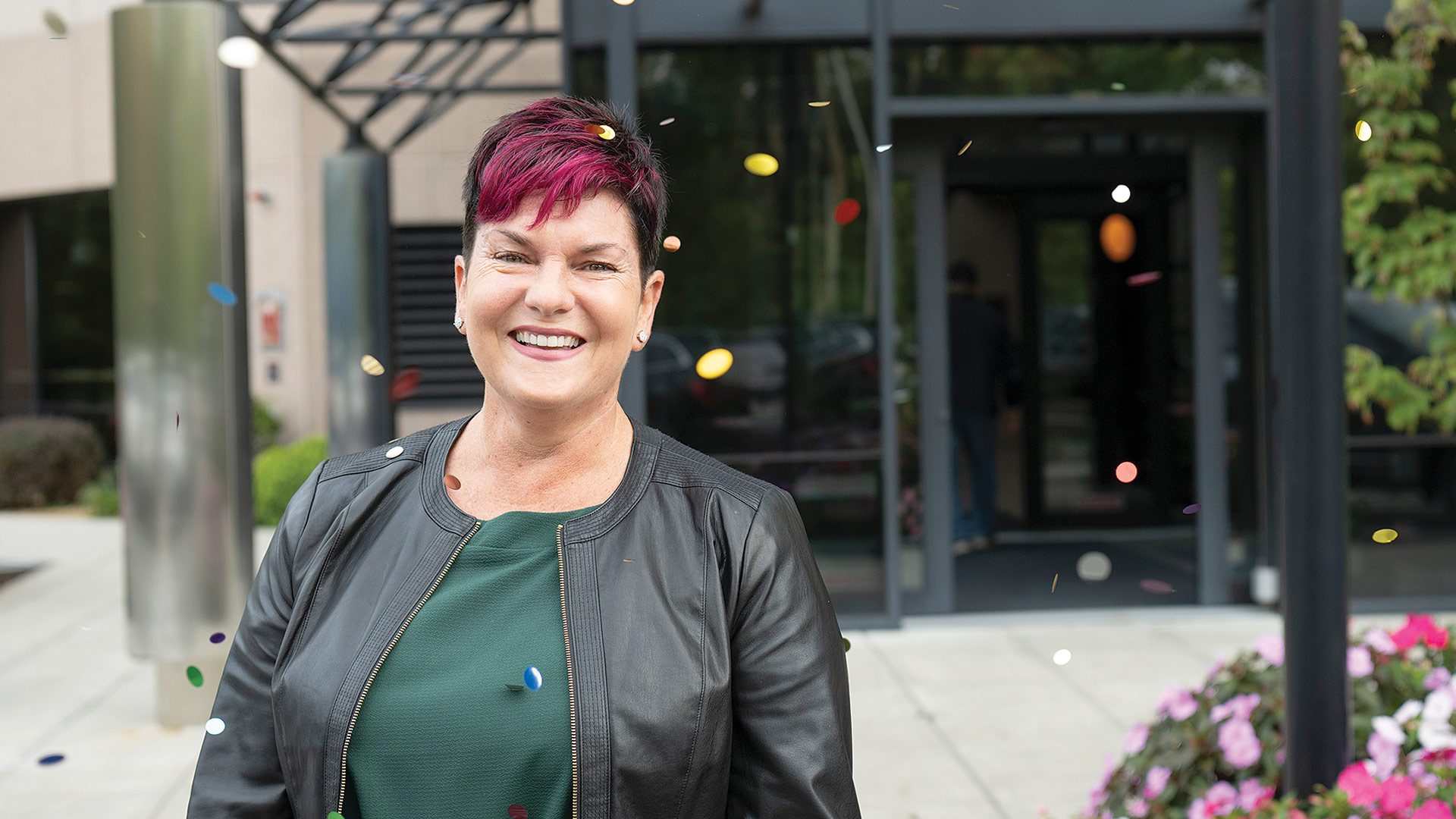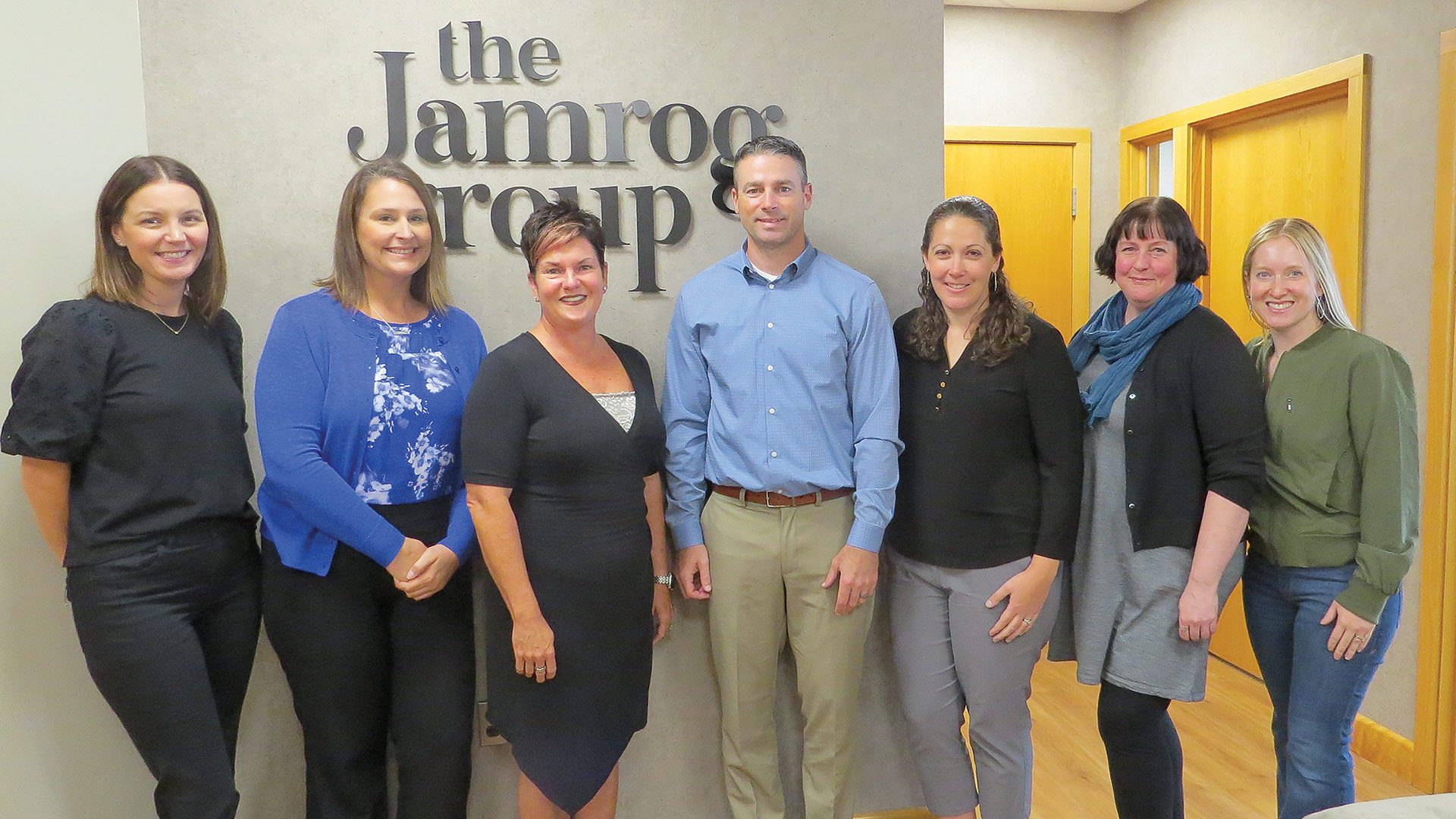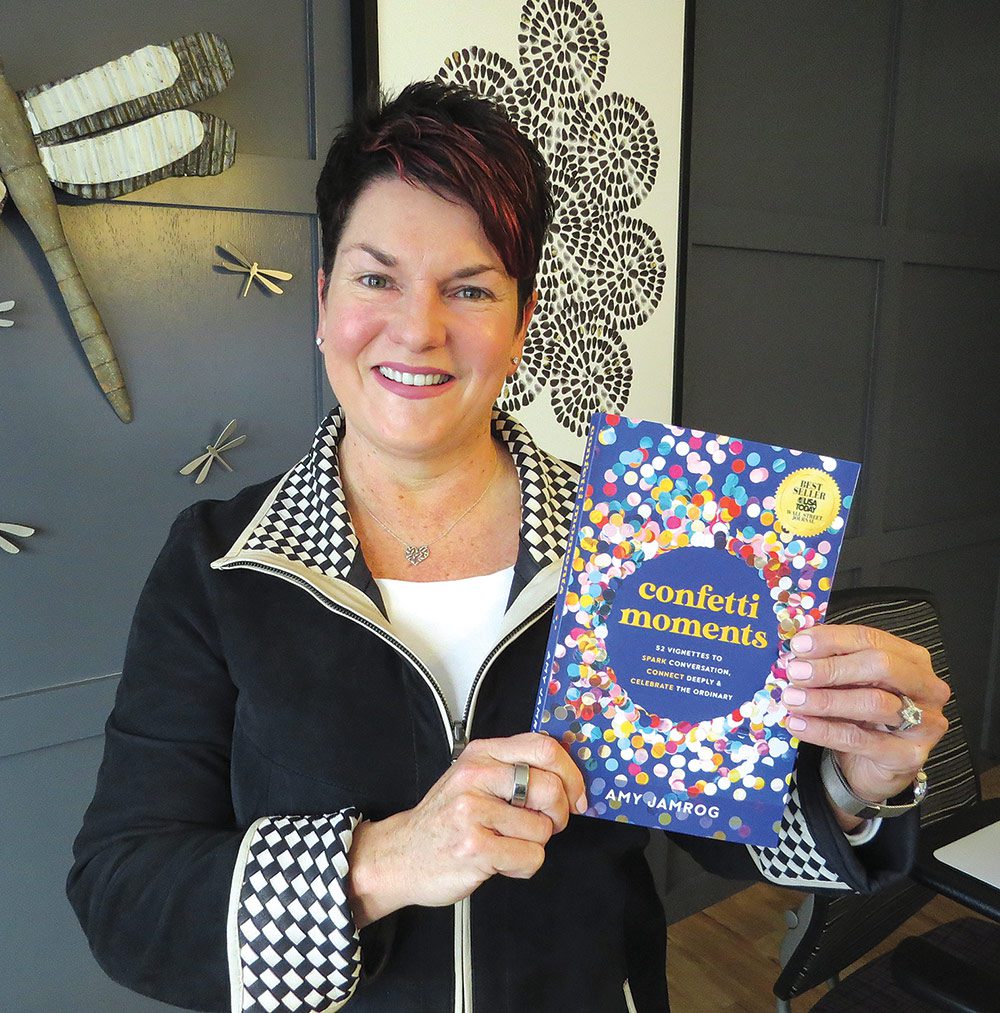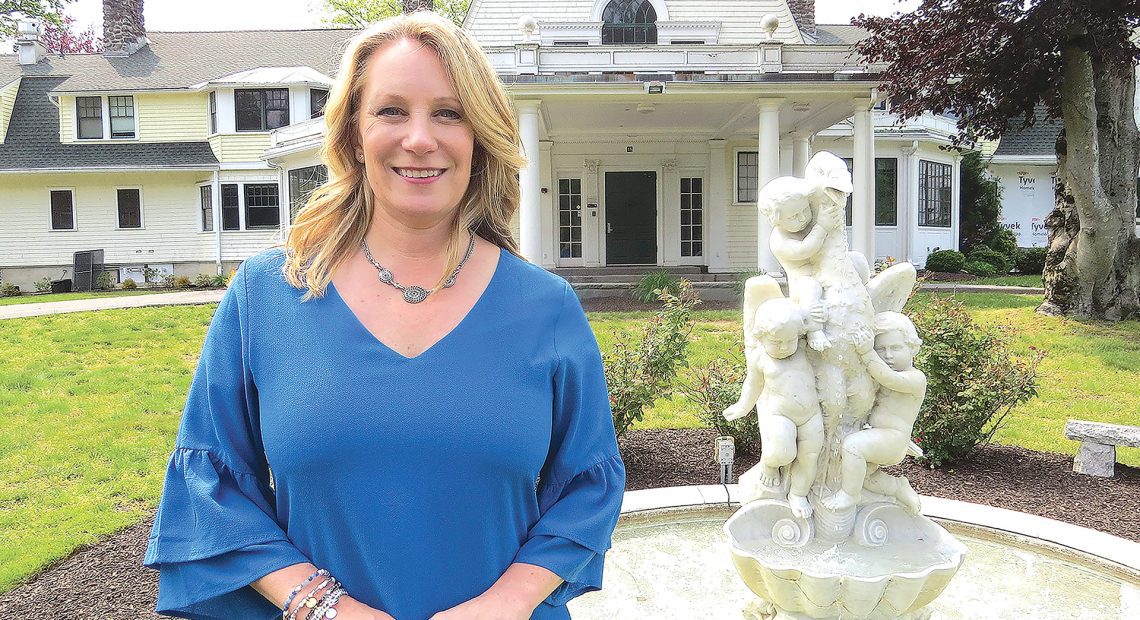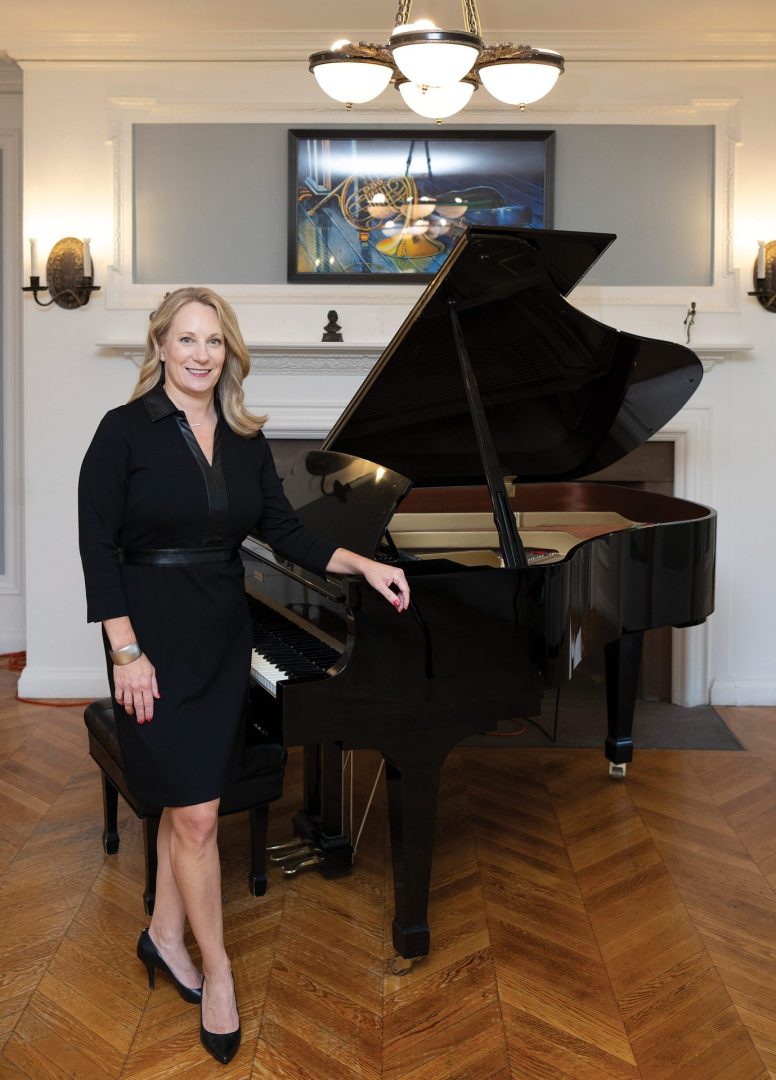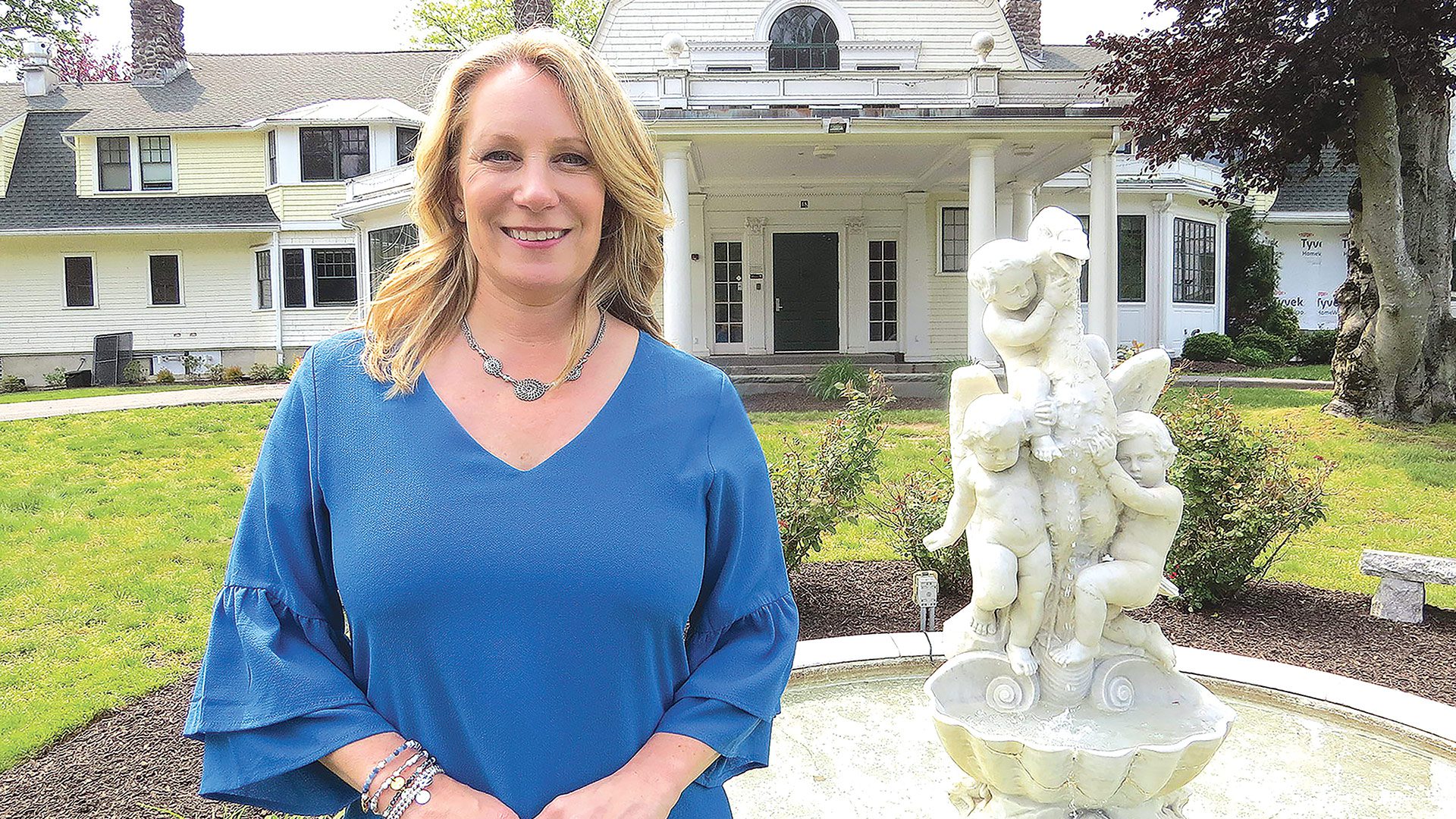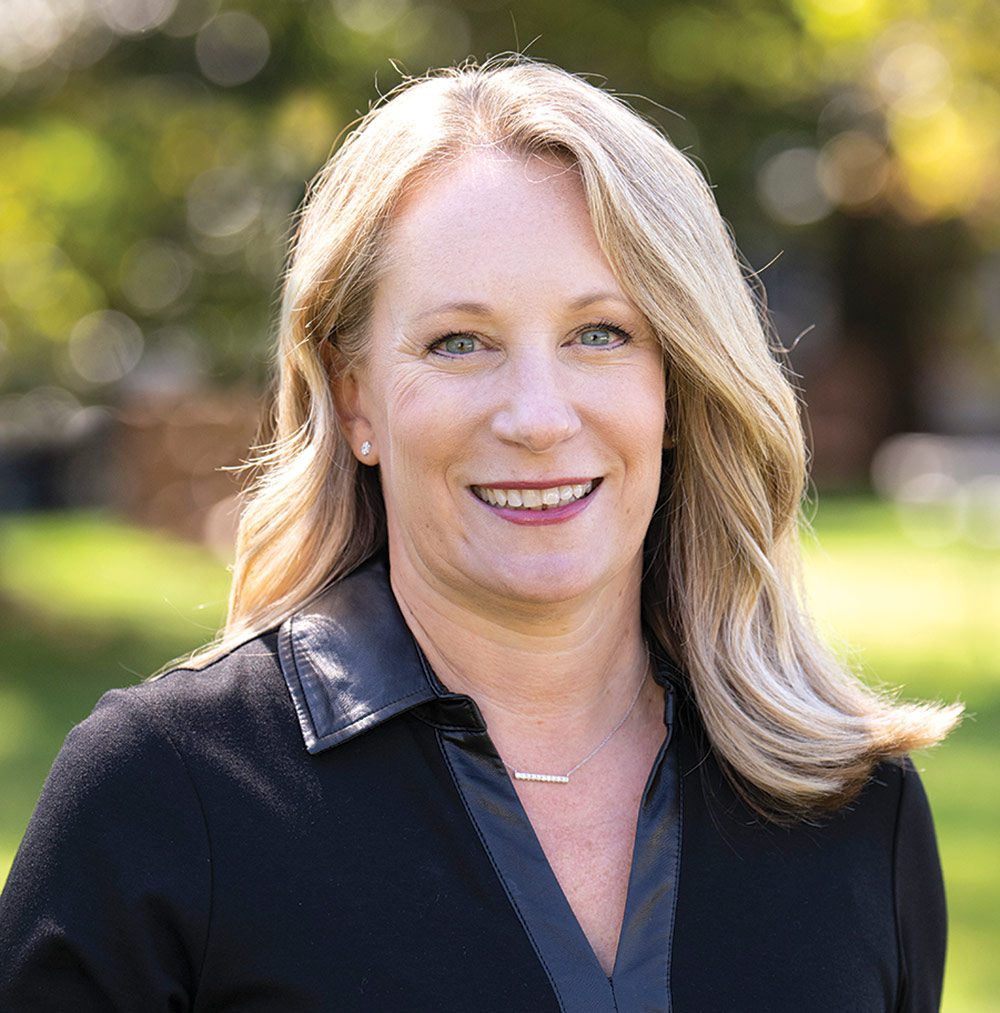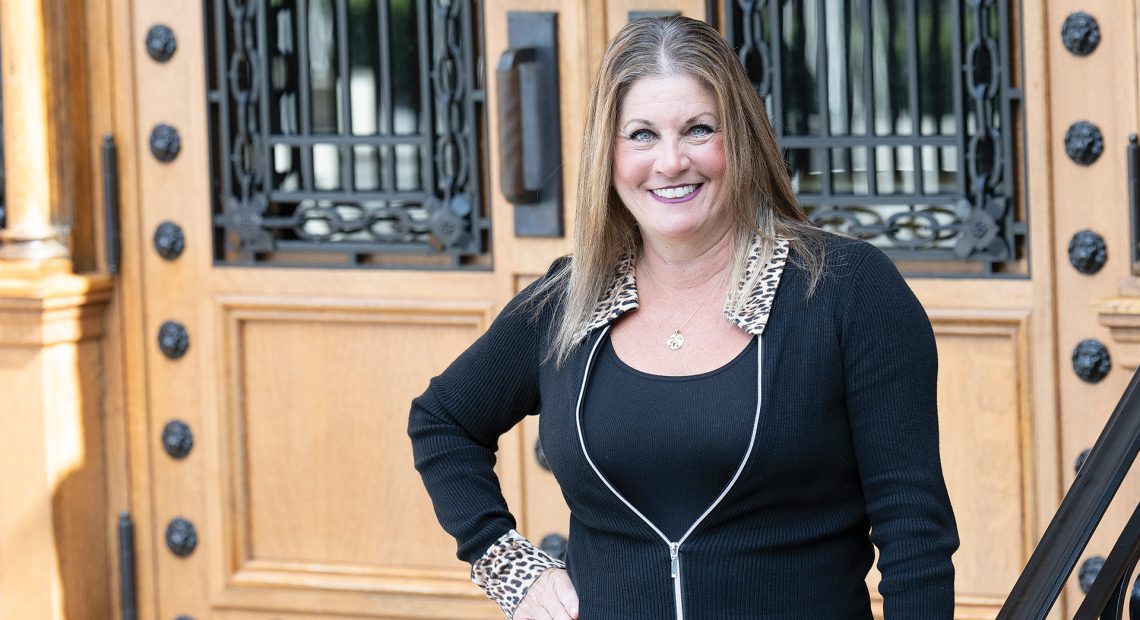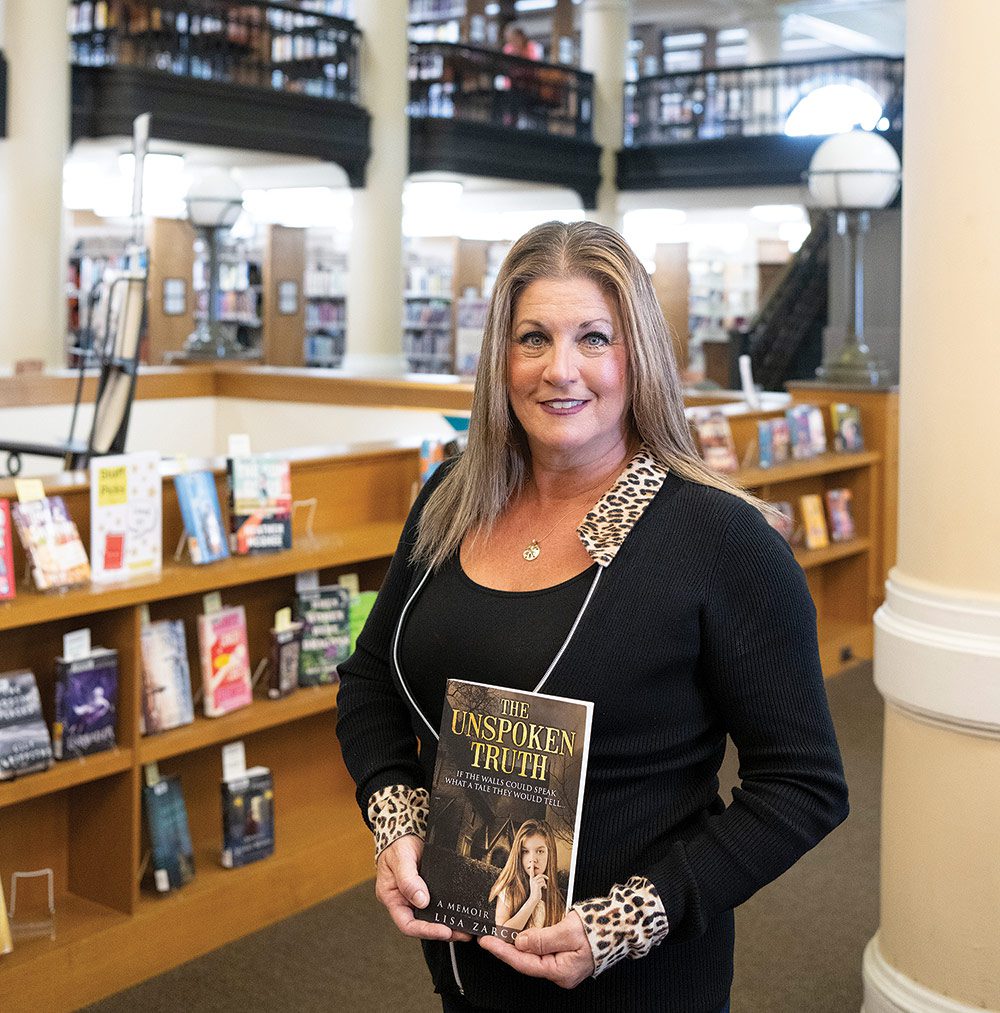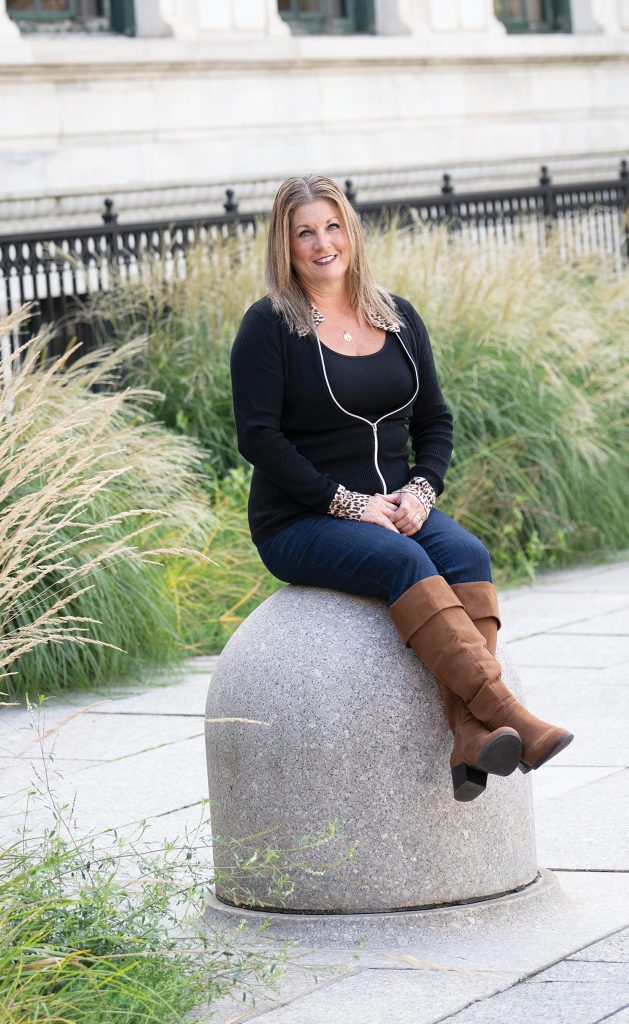President, Bay Path University
She Helps Empower Women for the ‘Long and Winding Road’
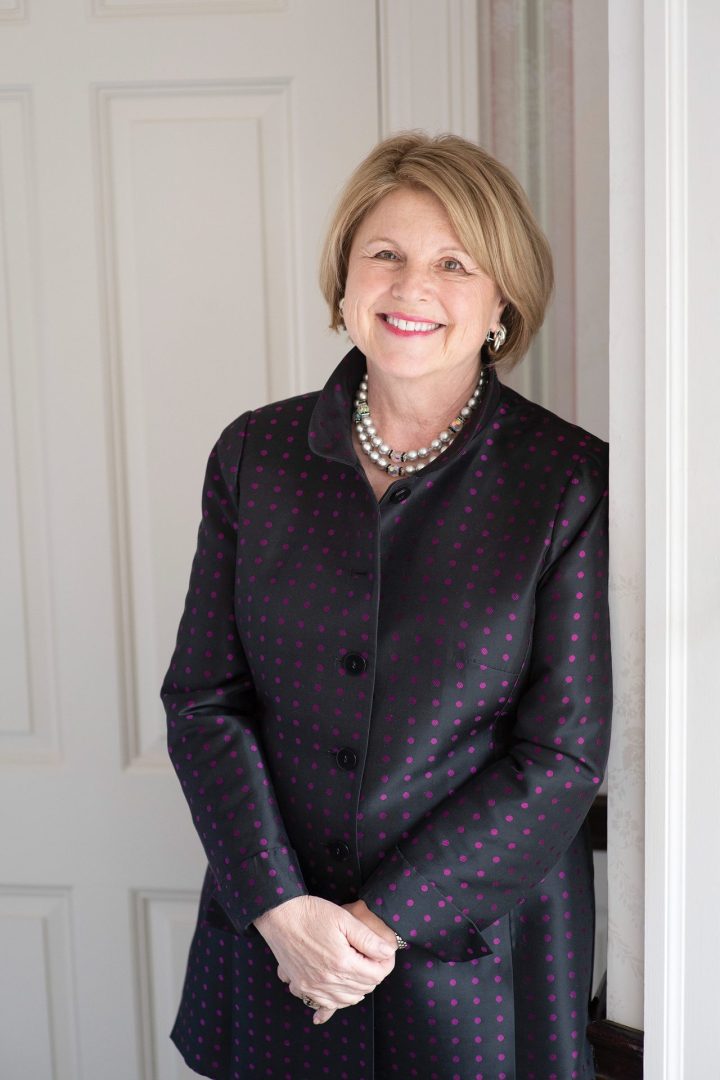
Sandra Doran
As she talked about the transition in her professional life — from being a lawyer to serving as an administrator in higher education — Sandra Doran summed it up simply and quite effectively by saying, “careers are not a straight line.”
“You don’t enter a profession or a job now and just do it for 50 years; it’s a long and winding road,” she went on, using her own story as just one example, before quickly noting that, for today’s college graduates, the road will be even more winding, and probably longer as well.
“I think that’s what our students are experiencing now — and our alums, frankly,” she went on. “Many of the people who are graduating from college today will have seven careers. So how are we, as educators, preparing them for this, giving them the skill sets, giving them the growth mindset that says, ‘I can do this, I can learn this, I’m prepared for this — I have the skill set to learn?’”
Preparing and empowering individuals, and especially women, to navigate this winding road and have the confidence and competence to take on, and succeed in, seven or more careers might be an effective job description for Doran, the sixth president of Bay Path University.
Or at least part of that job description. There are many elements to that document, obviously, and she has embodied all of them with a lengthy list of accomplishments during her career, and especially since coming to Bay Path.
At the Longmeadow campus, where she arrived just a few months after the pandemic did, she has brought about change and progress on several fronts, from health education, where she spearheaded a transformation of the school’s master’s in public health program, to cybersecurity — the school’s program is now ranked third nationally by Forbes magazine; from the creation of new programs, such as a master of science in nursing degree, to investments in infrastructure, including new science laboratories; from the establishment of a food pantry to combat food insecurity to a firm commitment to diversity, equity, and inclusion.
Meanwhile, she has been a strong supporter of, and advocate for, mentorship, forging a collaborative at Bay Path with the Mentor Collective, a platform that structures mentorships and connects students — those in traditional, on-campus programs as well as online students enrolled in the American Women’s College — with a vast network of alums who can serve as mentors.
She has also, over those three years, become heavily involved in the community, serving on the board of the Springfield Symphony Orchestra, as chair of the Western Massachusetts Economic Development Council’s education subcommittee, and as a corporate ambassador at Glenmeadow, where she engages with and supports a life-plan community designed for older adults.
“Dr. Doran’s journey to the helm of Bay Path University is marked by a profound dedication to women’s education,” wrote Crystal Neuhauser, vice president of Institutional Advancement at Bay Path, as she nominated Doran for the Woman of Impact honor. “She is a tireless advocate for empowering women to emerge as catalysts for change.”
This advocacy, and this work to empower women, are among the many reasons why Doran can add another accomplishment to her long track record of success — being named a Woman of Impact for 2023.
Course of Action
When BusinessWest first talked with Doran, it was at a small table with a few chairs arranged around it (six feet apart) on the lawn behind Deepwood Hall, the main administration building on the Bay Path campus.
“Many of the people who are graduating from college today will have seven careers. So how are we, as educators, preparing them for this, giving them the skill sets, giving them the growth mindset that says, ‘I can do this, I can learn this, I’m prepared for this — I have the skill set to learn?’”
This was the only way to do an in-person interview in June 2020, the very height of COVID, and the scene was symbolic of the extreme challenge and duress that marked the start of her tenure at the university. It was symbolic of something else as well — her strong leadership during that time of turmoil.
Indeed, Doran was one of very few people on campus those days, with Zoom being the preferred method to meet and collaborate. And she made sure those she met with online saw her in her office, specifically in front of a painting on loan from the Springfield Museums, created by Rosa Ibarra, chosen to reflect her commitment to diversity.
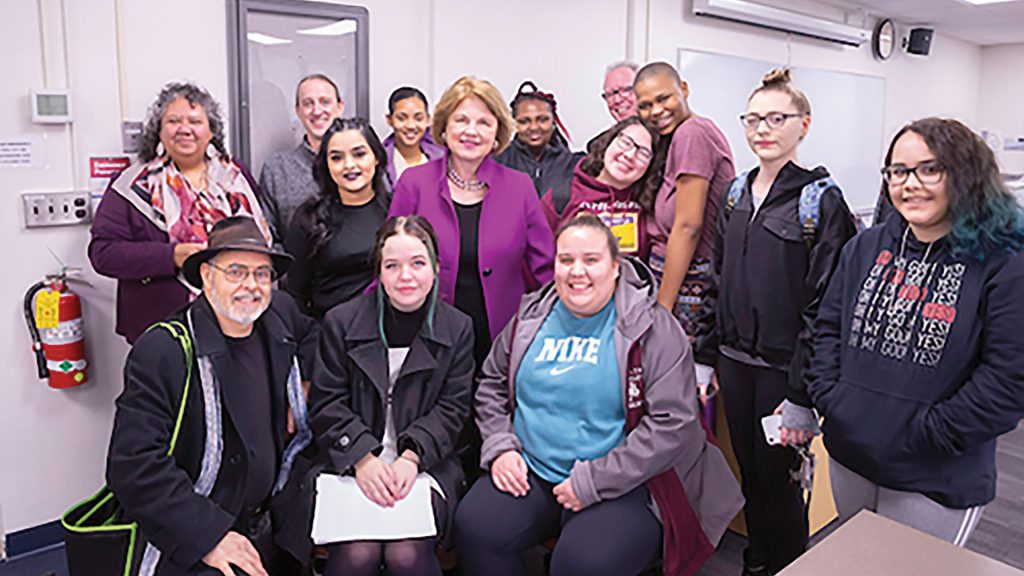
Sandy Doran, center, seen here with Bay Path students, faculty, and staff, has become a mentor to many young women.
“It was important for me to be in my office so people could see me,” she recalled, adding that she started staging, via Zoom, what she called “Conversations with the President,” so people — in the college community and beyond — would get the opportunity to know her and she could get to know them.
These are conversations she continues to this day, she went on, because they provide invaluable information and input on what those in the community are thinking about, what opportunities exist for the university and all those it serves, and much more — feedback that has directly shaped some of the leadership initiatives undertaken at the school.
It was, indeed, a long and winding road that Doran took to Bay Path, that interview at the table under the tree outside Deepwood Hall, and those online community conversations. It began, as noted earlier, in roles where Doran put to work the juris doctorate she earned at Syracuse University College of Law.
Going back further, she said she was perhaps destined for a career in both the law and education — what she called the “intersection of things I love.” Her great-grandfather founded a one-room schoolhouse in Colorado, her grandfather was the superintendent of a school system, and her mother was a music teacher.
She can find many common threads among the two professions.
“It was a very natural transition from being a lawyer to being an educator because being a lawyer, if you’re a good one, is a lot about educating clients.”
“Being a lawyer is a lot like being an educator,” she told BusinessWest. “Law is about helping clients understand what their options are and educating them about the law. So for me, it was a very natural transition from being a lawyer to being an educator because being a lawyer, if you’re a good one, is a lot about educating clients.”
After serving as vice president, general counsel, and secretary at Shaw’s Supermarkets Inc. and then as senior counsel at Holland & Knight LLP in Boston, then the fifth-largest law firm in the country, Doran’s transition to higher education began at Lesley University in Cambridge, where she served as chief of staff, vice president, and general counsel from 2004 to 2011.
It continued at the American College of Education in Indianapolis and then Stevens Institute of Technology in Hoboken, N.J. and, most recently, Salem Academy and College in Winston-Salem, N.C., where she served as president before arriving at Bay Path to step into the rather large shoes of longtime president — and now fellow Woman of Impact — Carol Leary.
Leading by Example
Getting back to her thoughts on how a career is most definitely not a straight line, Doran said the primary focus of higher education, and one of the “foundational aspects” at Bay Path, is preparing students to learn — in every way possible.
“Whether it’s online, on the ground, from each other, from faculty and staff, from mentors, from alums — that is one of our core aspirations here,” she said, adding that this has been the primary thrust of her leadership efforts at the school.
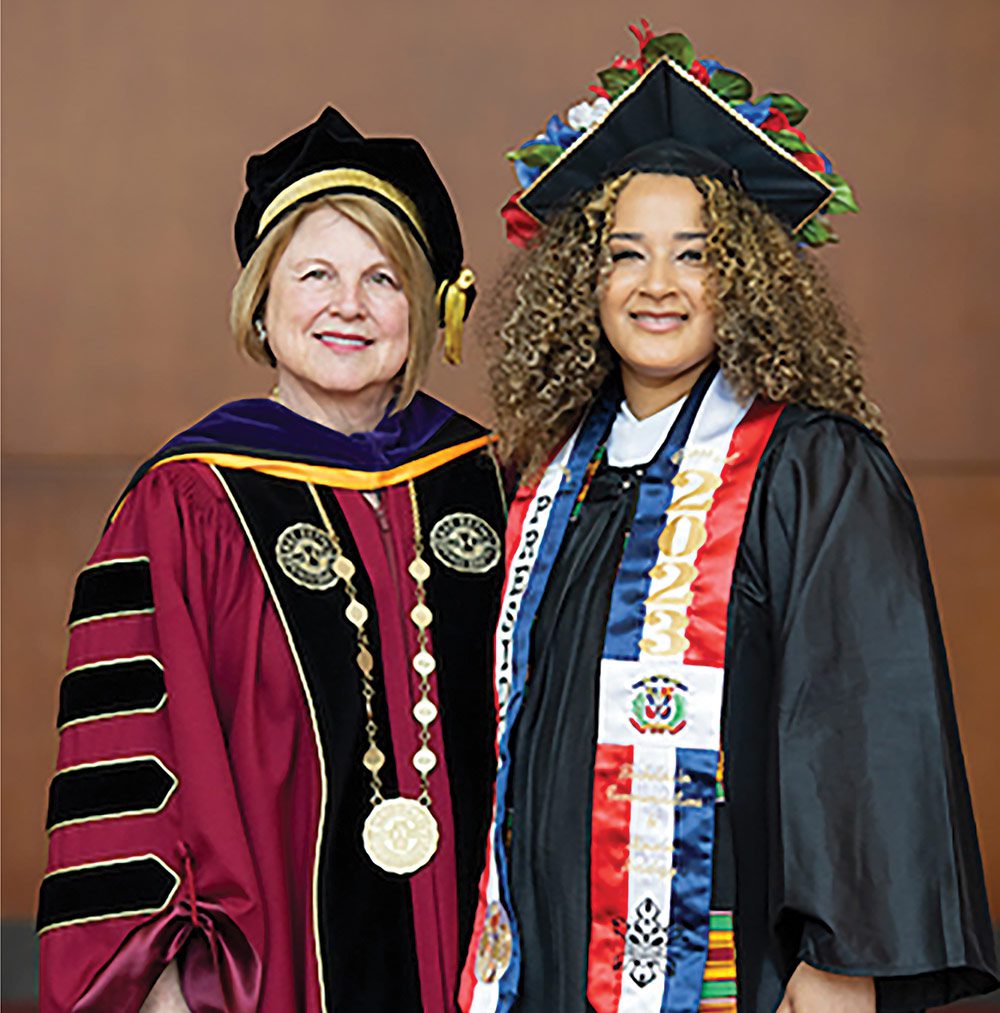
Sandy Doran, left, with student speaker Diane Almonte Arias at Bay Path’s 2023 commencement ceremonies.
Put another way, she said the school works to “build confidence through competence,” and that both are attained in the classroom, as well as outside it, in all the ways students can learn.
And this brings her back to the broad subject of mentorship, which is a key component of a program at Bay Path called WELL (We Empower Learners and Leaders), as well as the school’s curriculum as a whole, and the heart of Doran’s philosophy about how people (and especially women) learn, lead, and prepare for that long, winding road.
“I have benefited from a tremendous number of mentors — not just family members, who are great mentors, but in every position and every role I’ve been in,” she went on. “I’ve had the benefit of working with great mentors, not just on how to be successful in terms of the work, but in how you build relationships and how you think about that network that’s going to be so important to being successful, because, as we all know, it’s not just what you do, it’s how you do it.
“And the data bears this out,” she continued. “Students who have mentors are more likely to be successful in the workplace, so students who have mentors in college are more likely to be successful in the workforce, particularly first-generation students who might not have that social capital and understand, the way more experienced people do, the real value of that network.”
Elaborating, she said mentorships have become a huge part of the landscape and the operating philosophy at Bay Path, with students enjoying mentoring relationships with alums, employers, faculty, and staff.
Many of these mentoring relationships, not to mention potential career opportunities, take root during internships, Doran noted, adding that these have become another huge point of emphasis at Bay Path.
“A great internship also includes a great mentoring experience,” she said. “And one of the things we know about internships is that, if a student has at least one internship during their undergraduate experience, they are more likely to secure a position, and a higher-paying position, than if they had not had that internship experience. So for us, it’s really fundamental to the education that we offer here.”
And while she still relies on others to mentor her — “there’s always someone who sees things through a different lens or different perspective” — she also mentors many of those around her, whether they are students, staff members, or other members of the community.
And when asked what her best piece of advice is to those who seek her counsel, she said simply, “to ask for advice.”
“That’s because we cannot know all the answers ourselves,” she told BusinessWest. “So getting multiple perpectives, whether it’s on life goals or even weekly goals … that’s important.”
Bottom Line
It’s also important to remember, as her own story makes clear, that careers are not a straight line. There are curves, and many of them.
Handling these curves requires not simply college degrees, although they’re essential in most cases, but the ability to learn, not just in the classroom, but from experiences and from fellow travelers along the journey.
This couldn’t be clearer to both Doran the lawyer and Doran the college president. Helping others understand, and then empowering them to make it happen, is what makes her a Woman of Impact.
